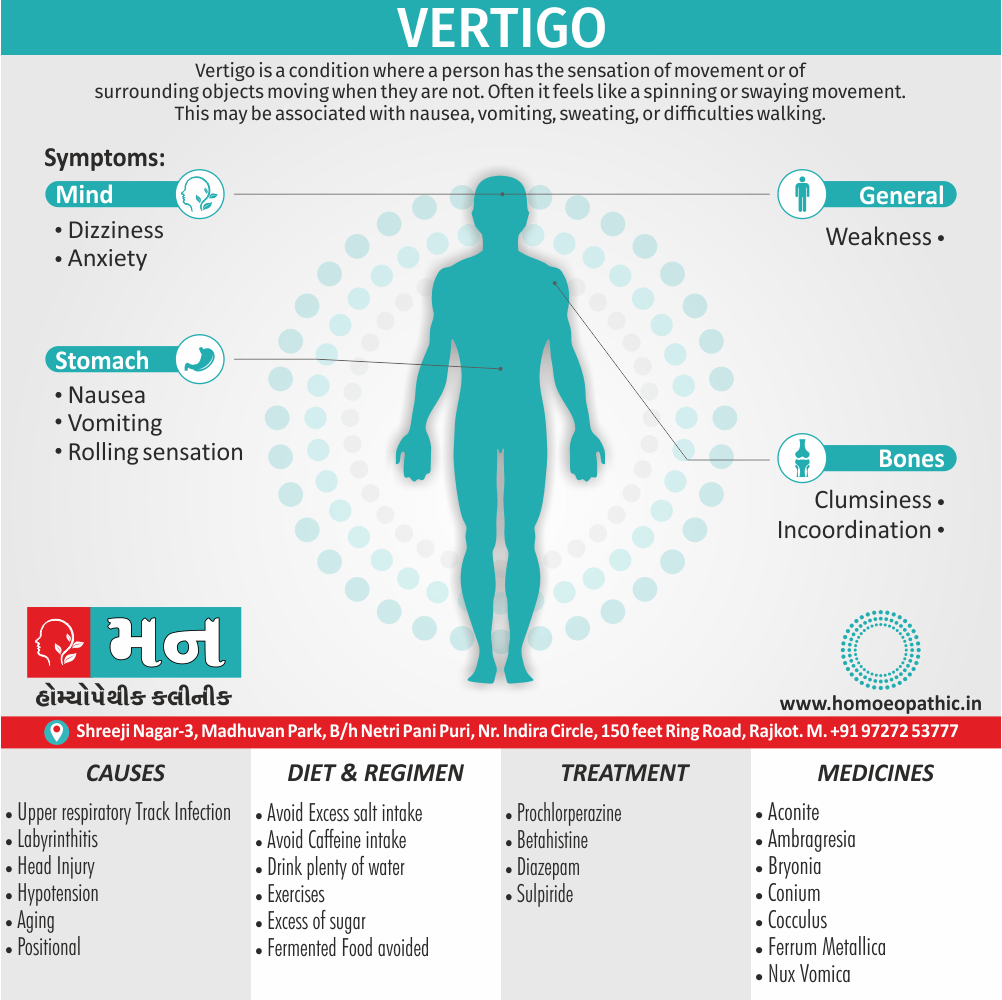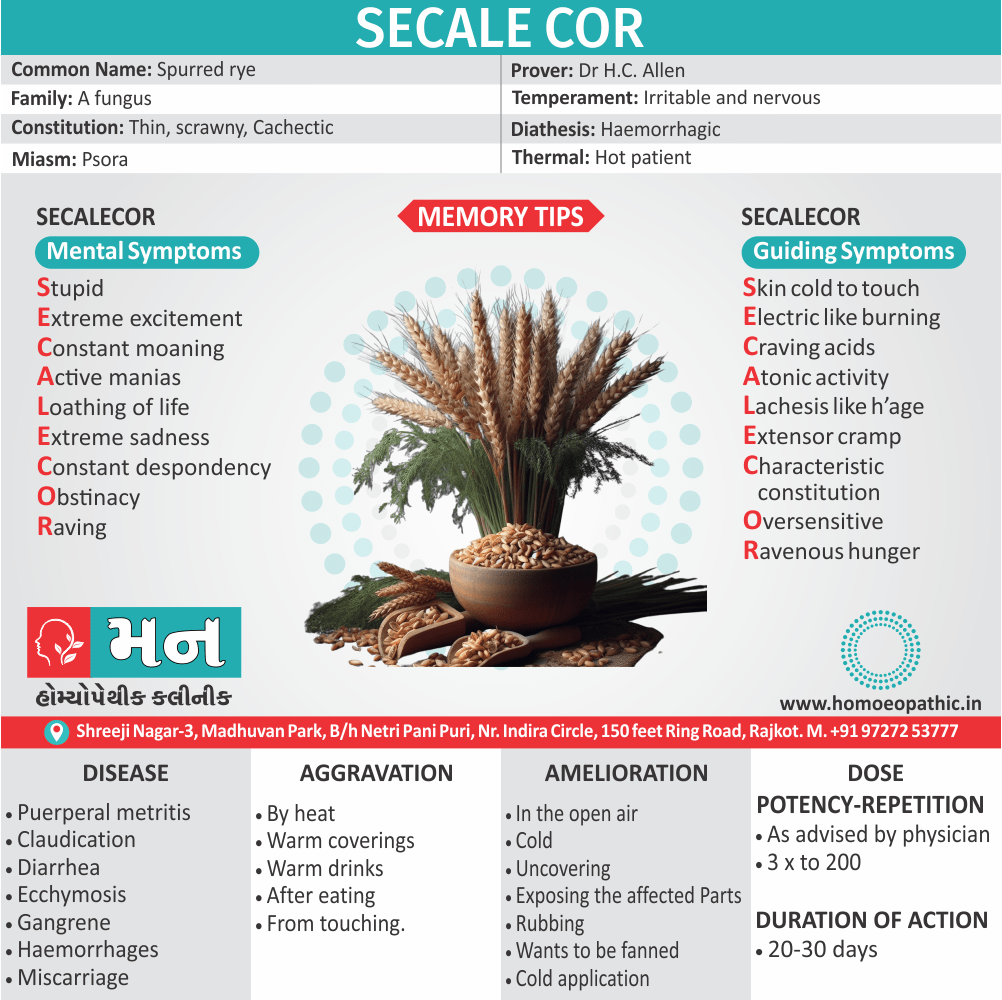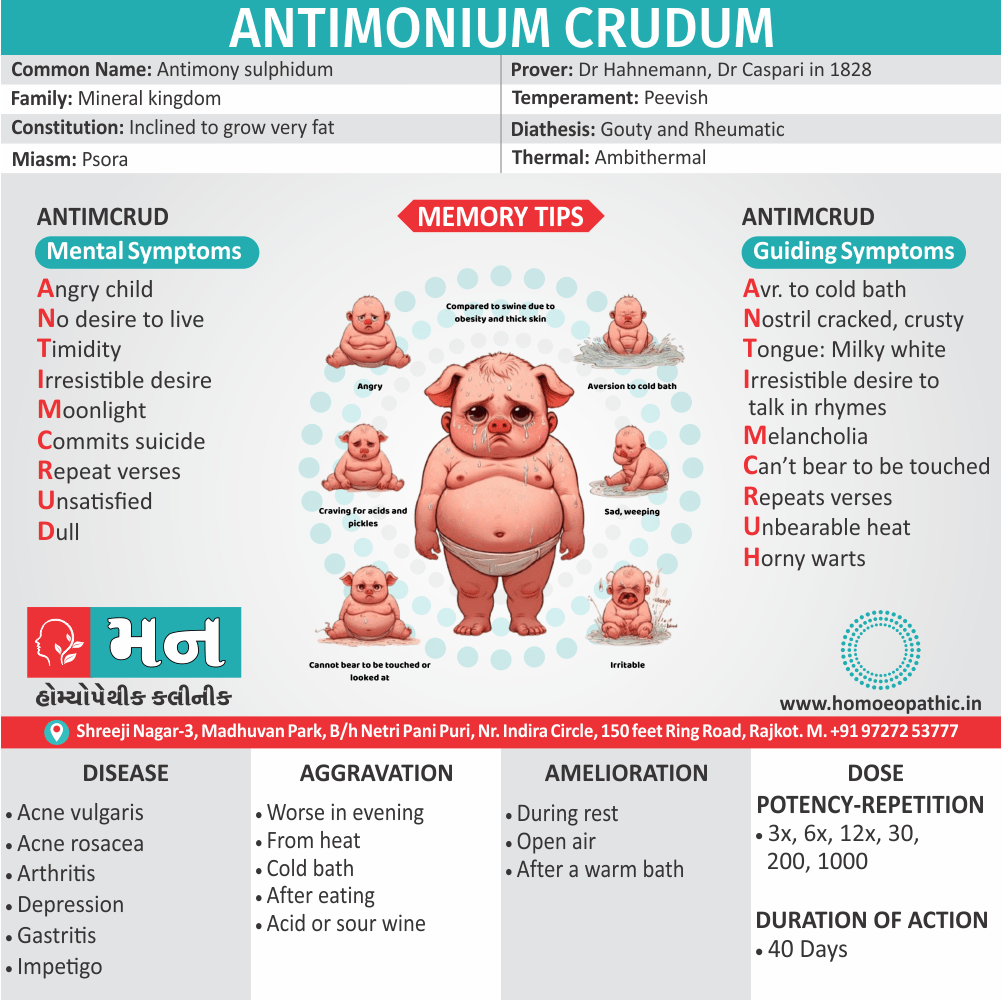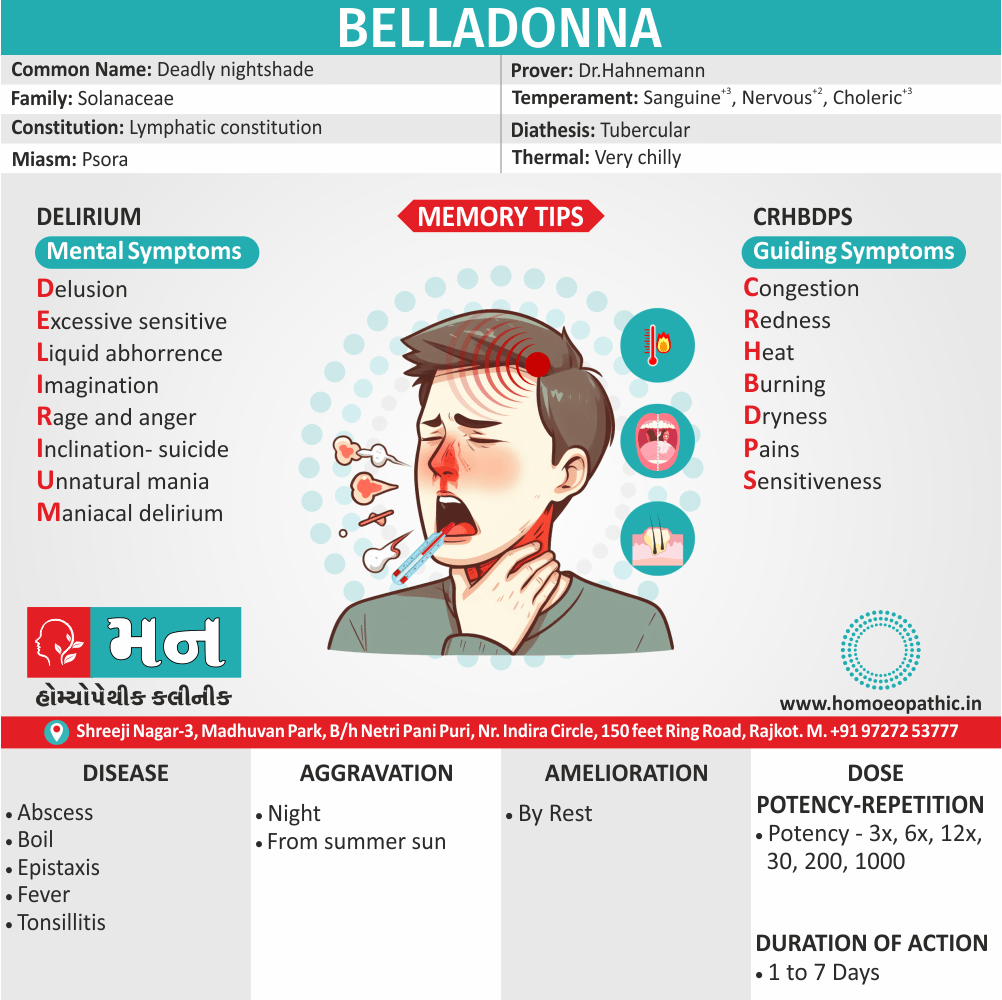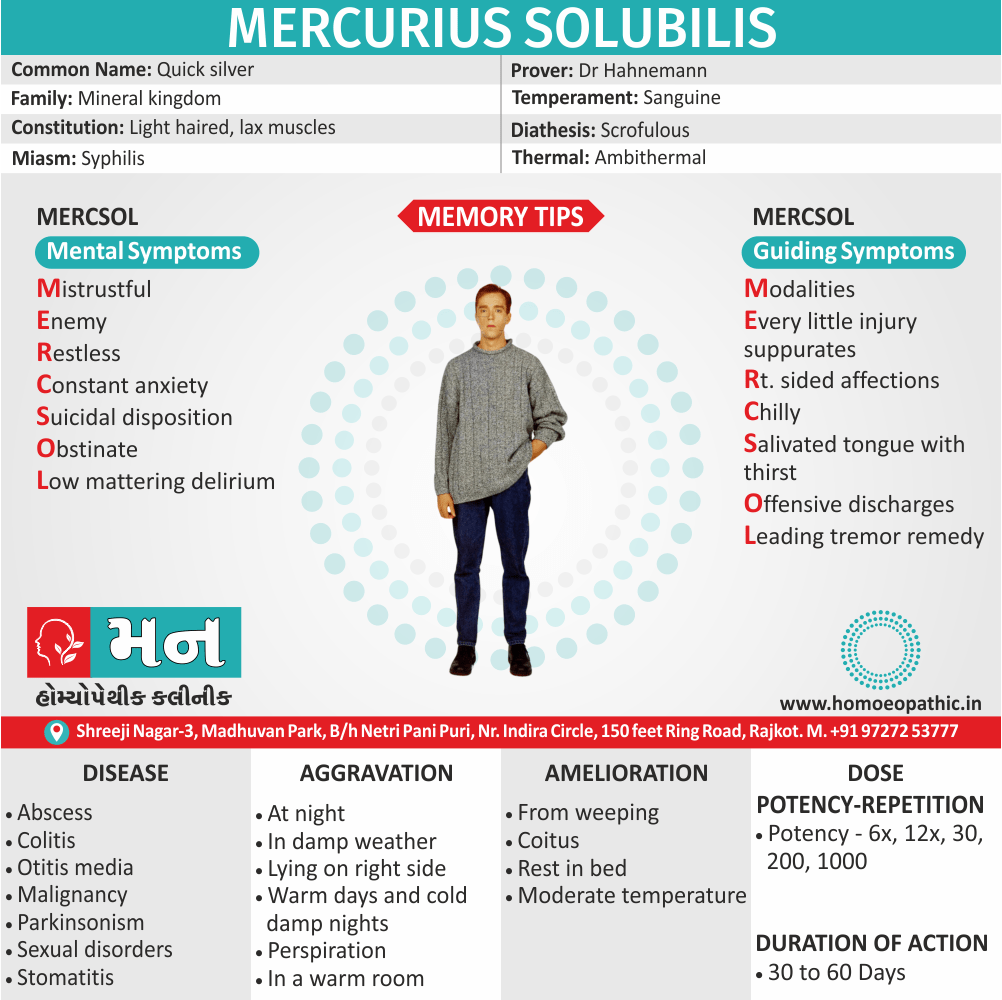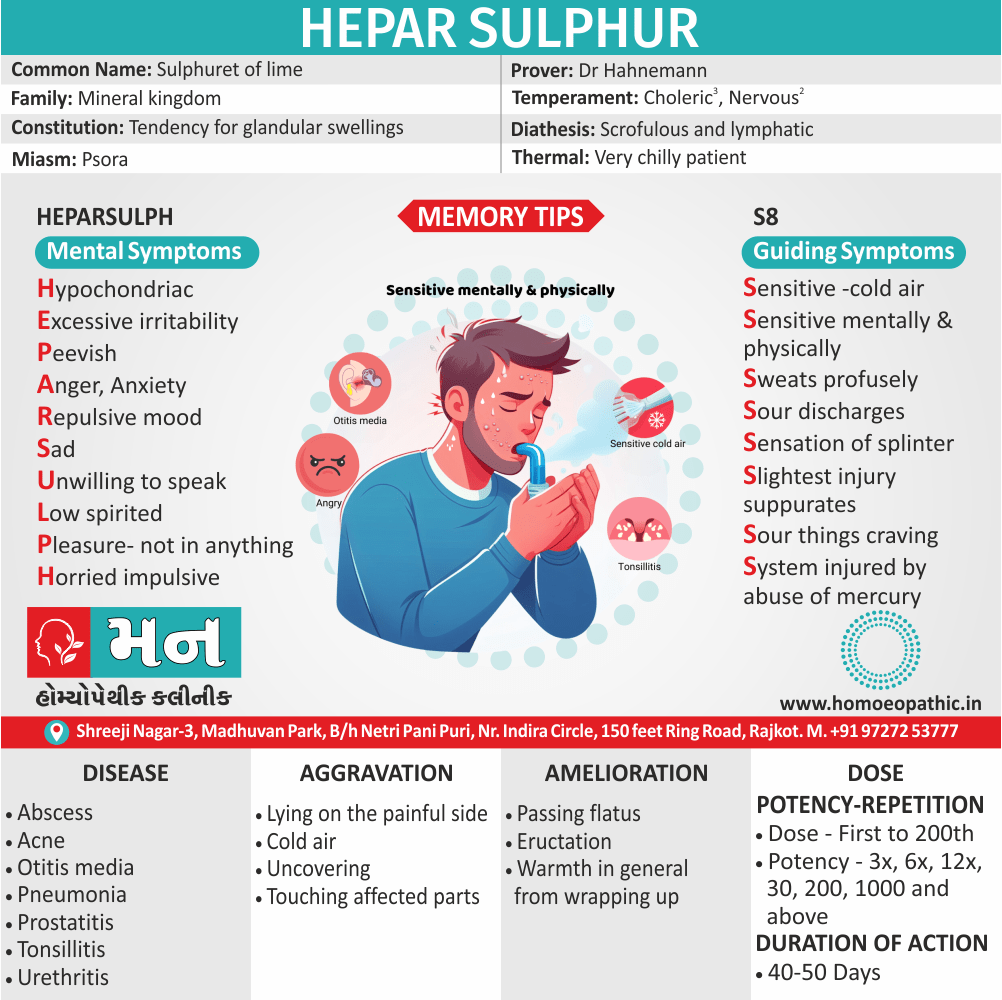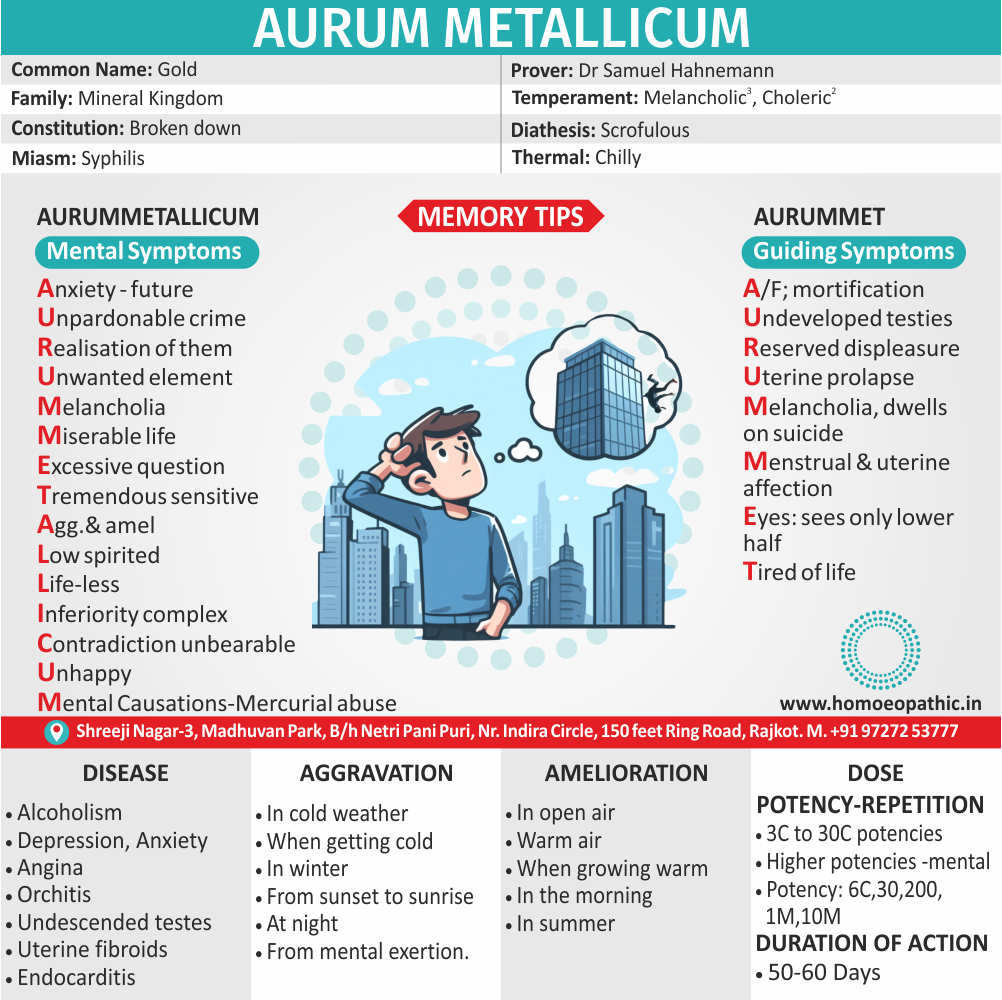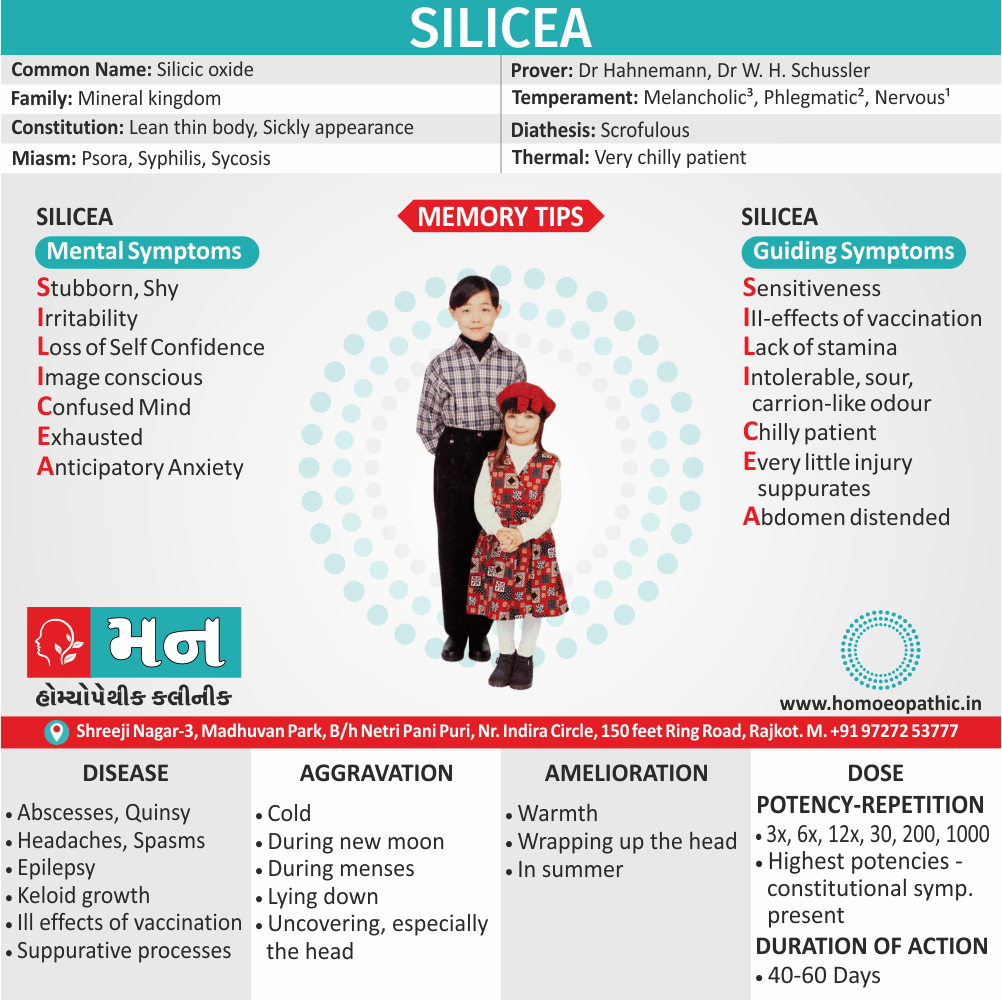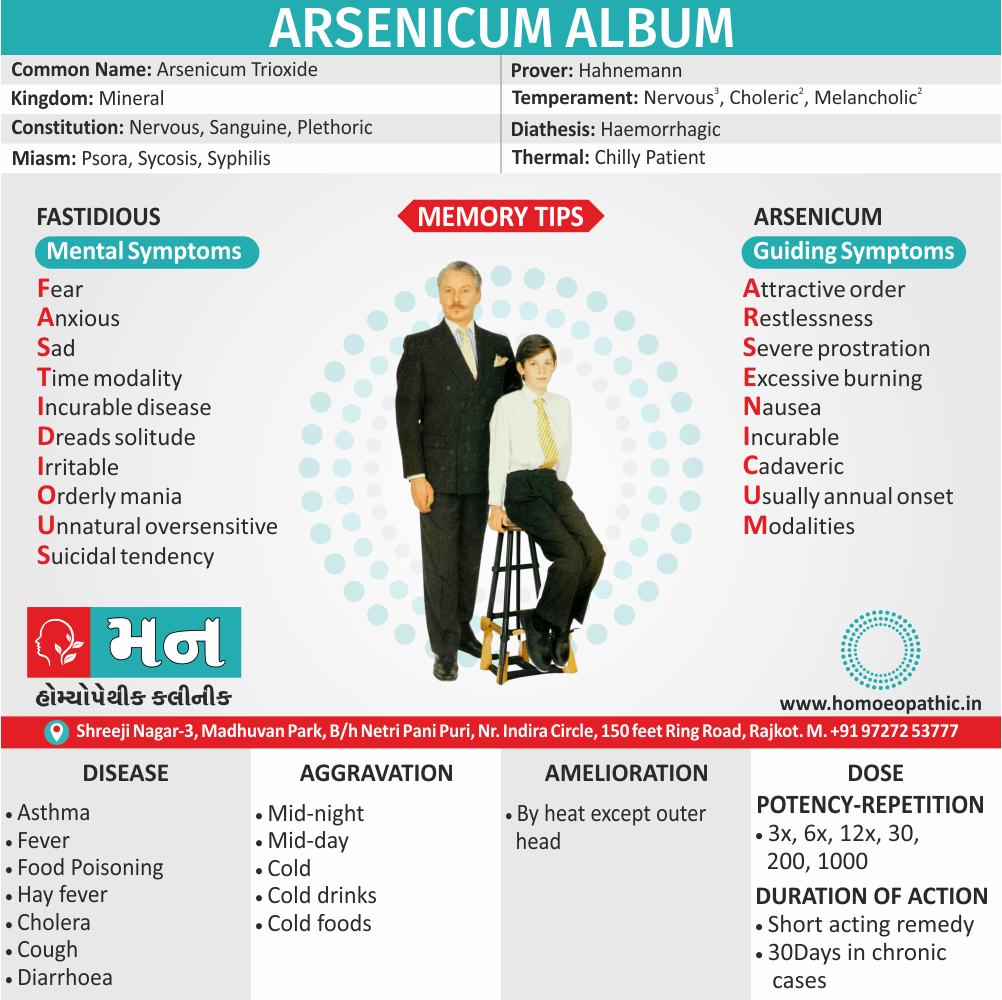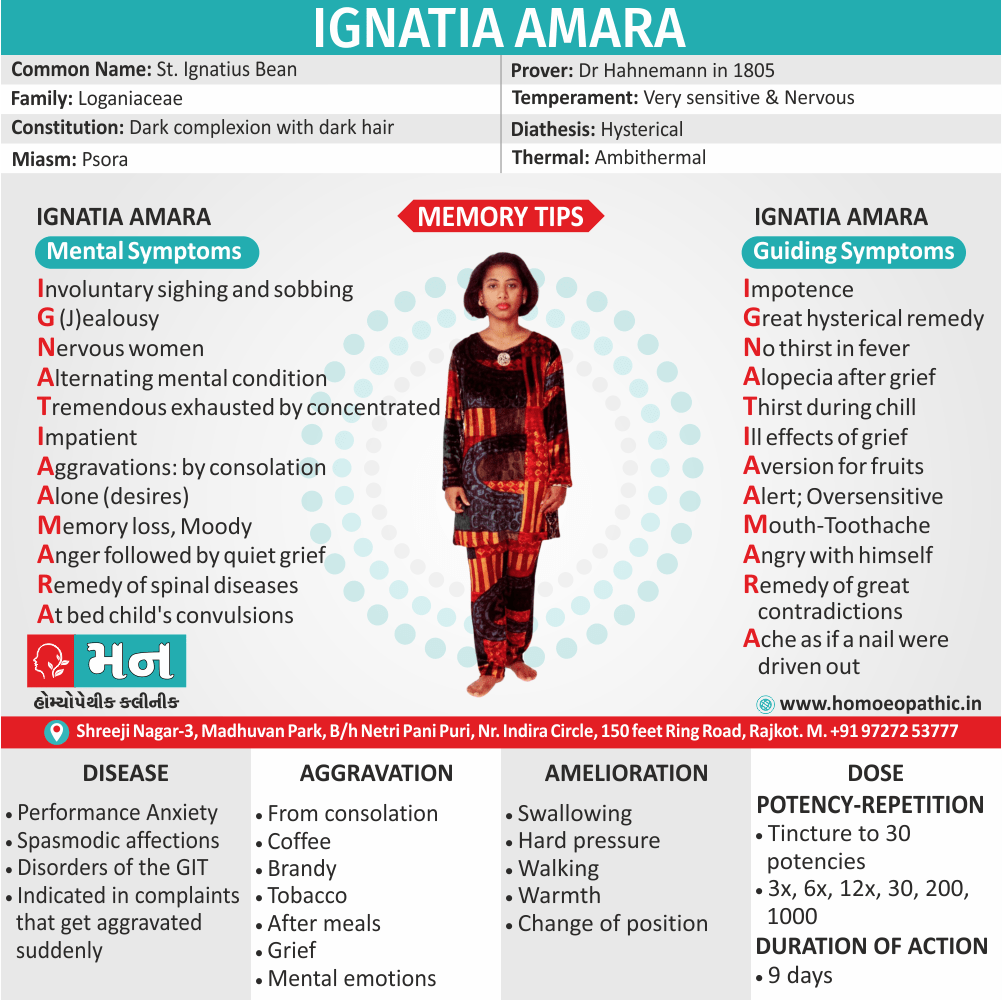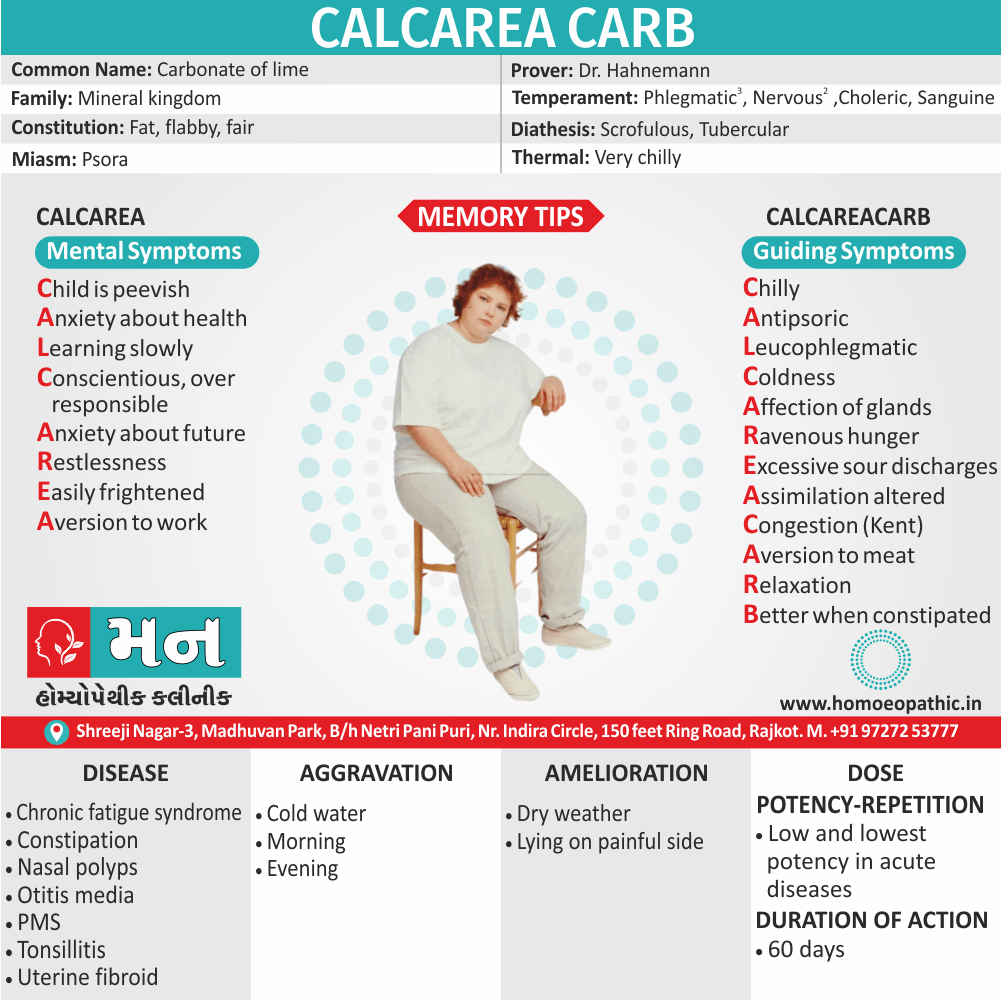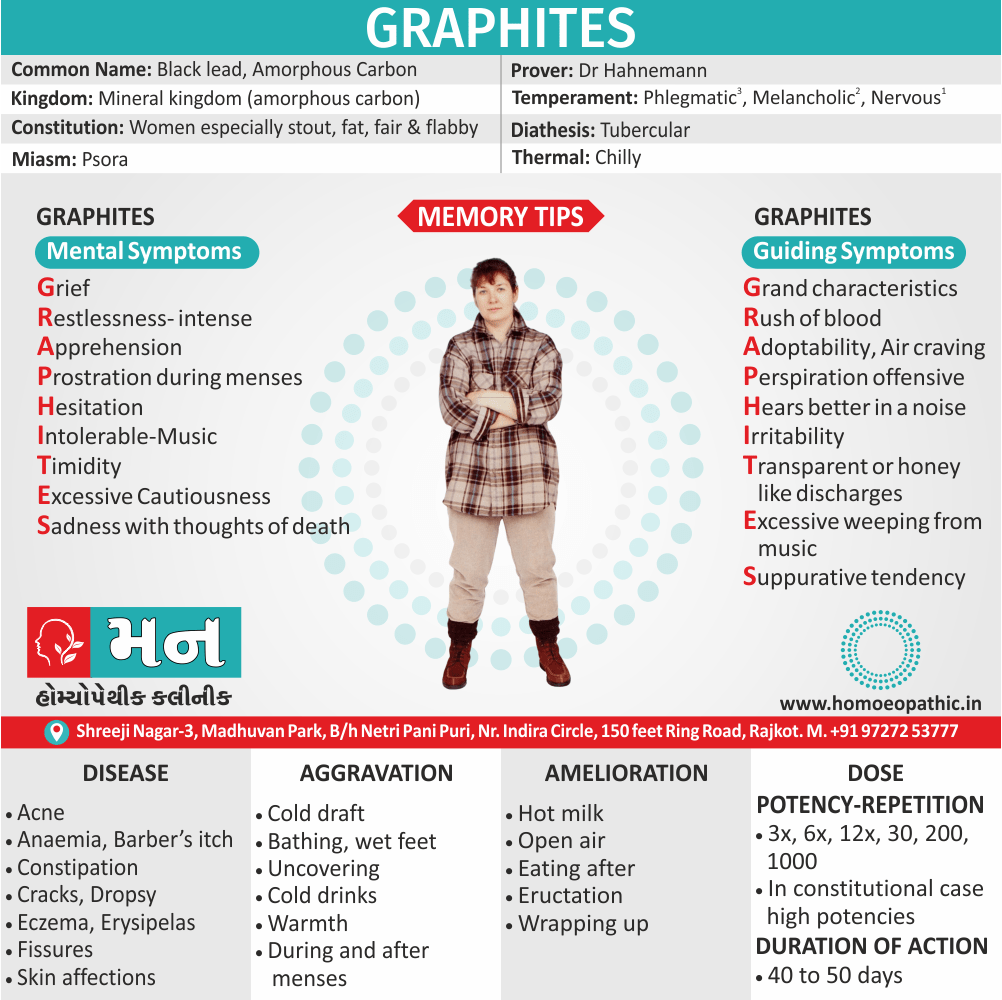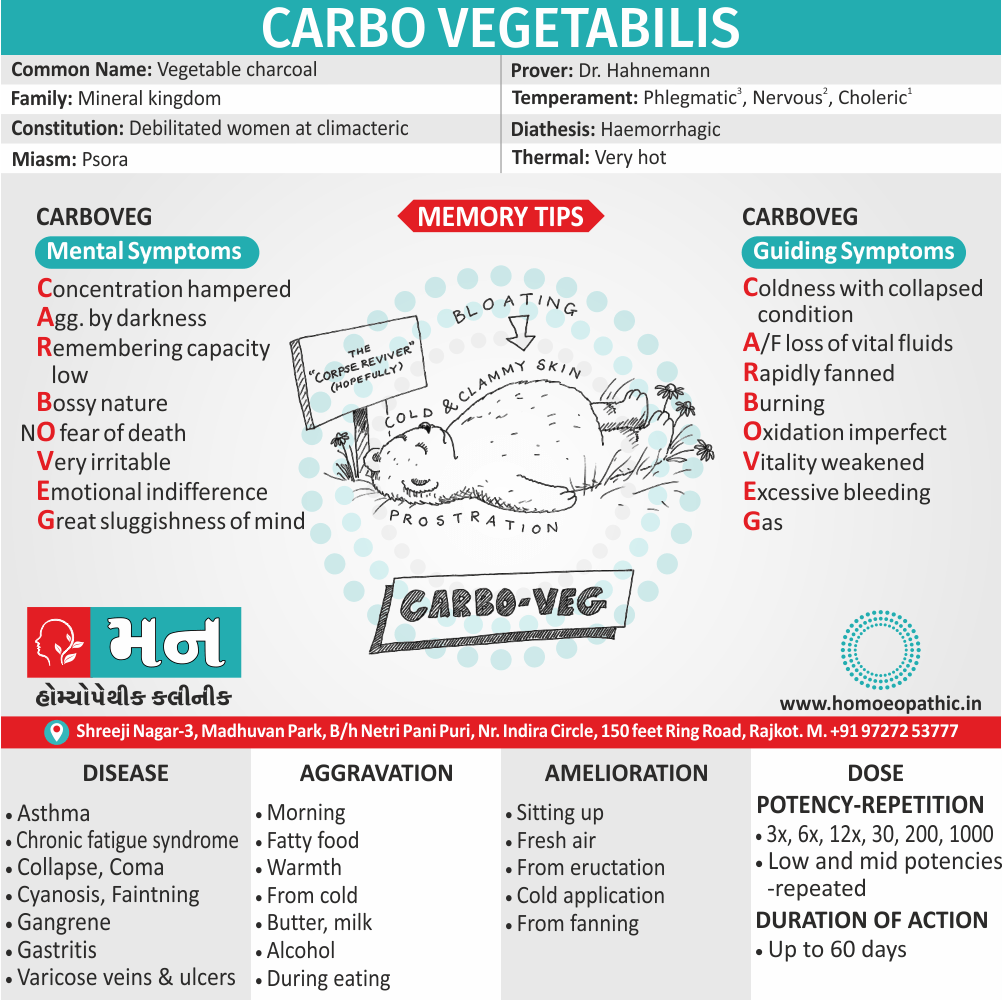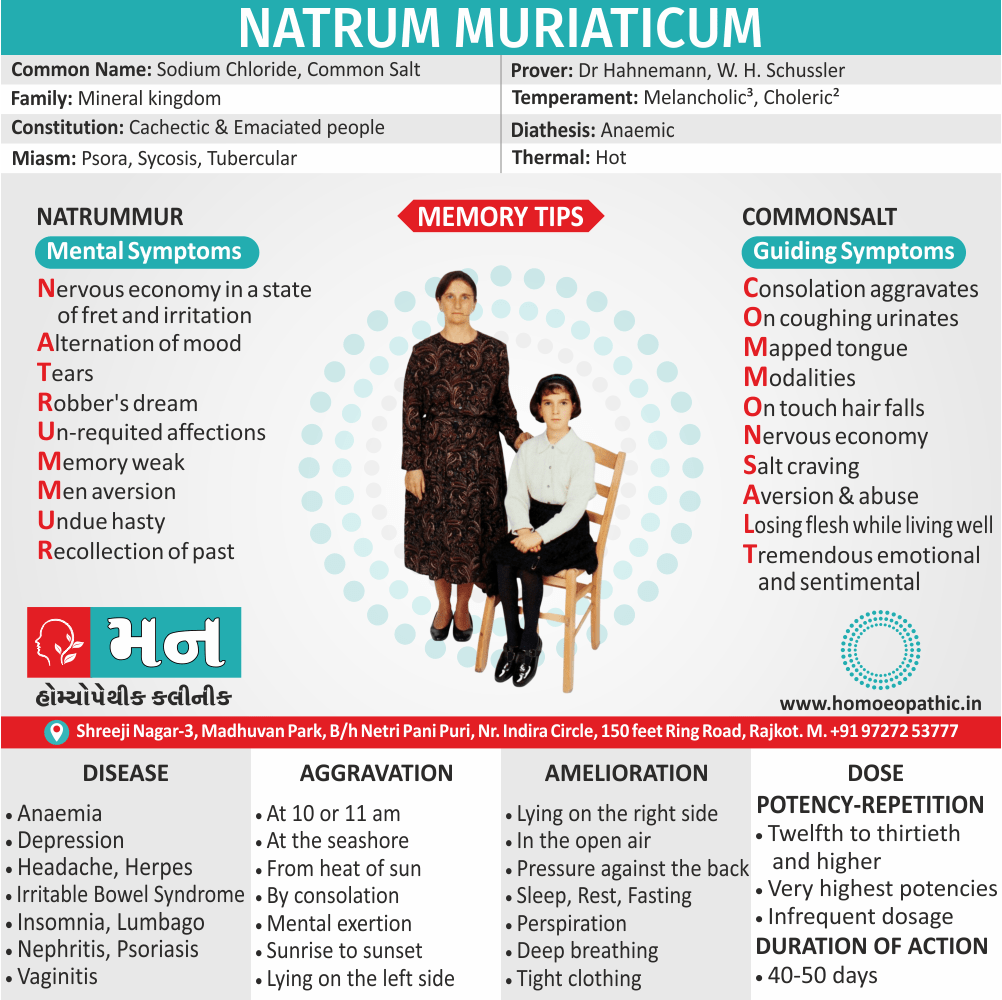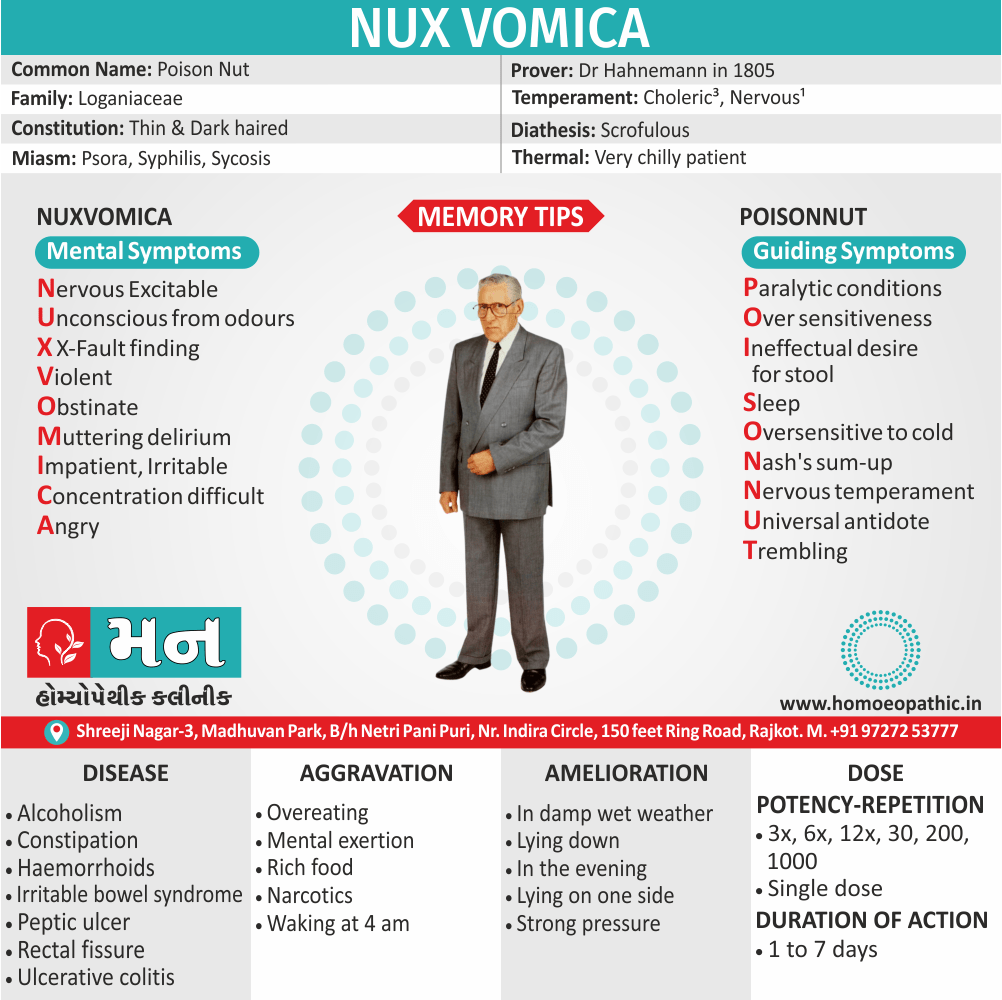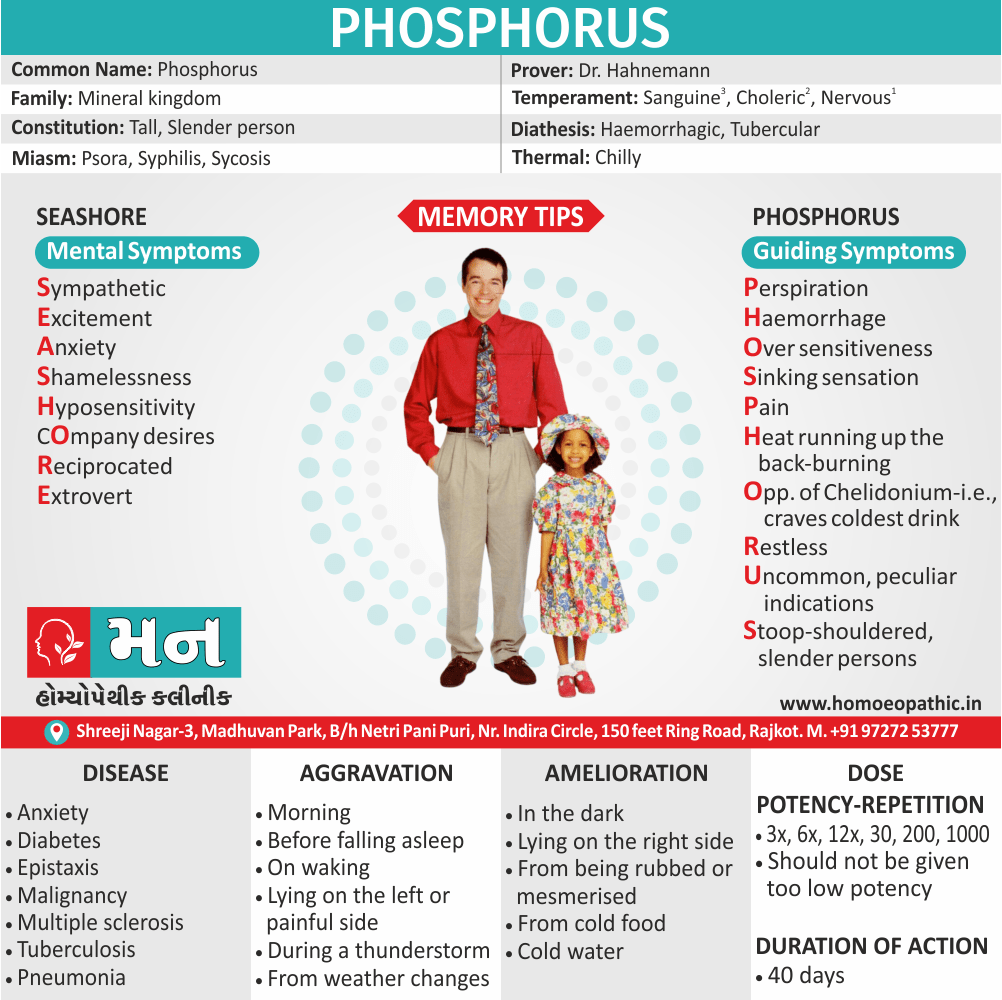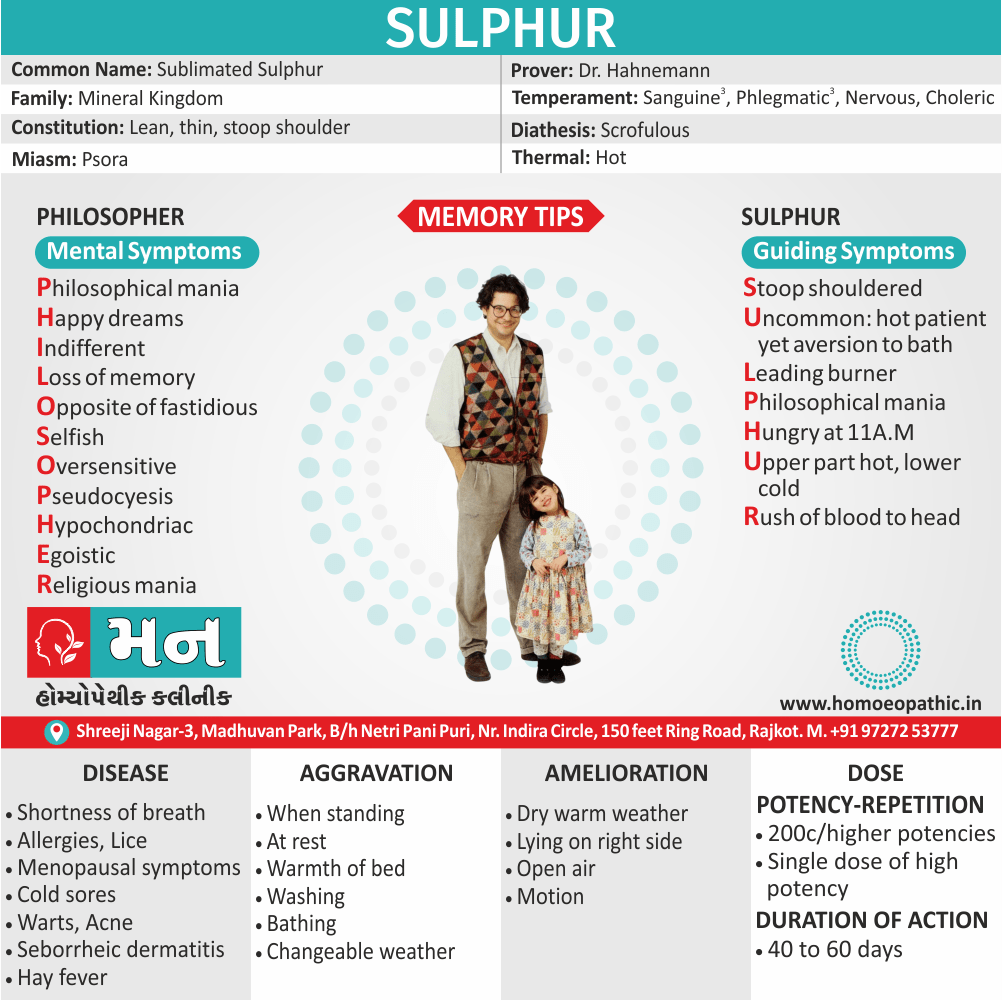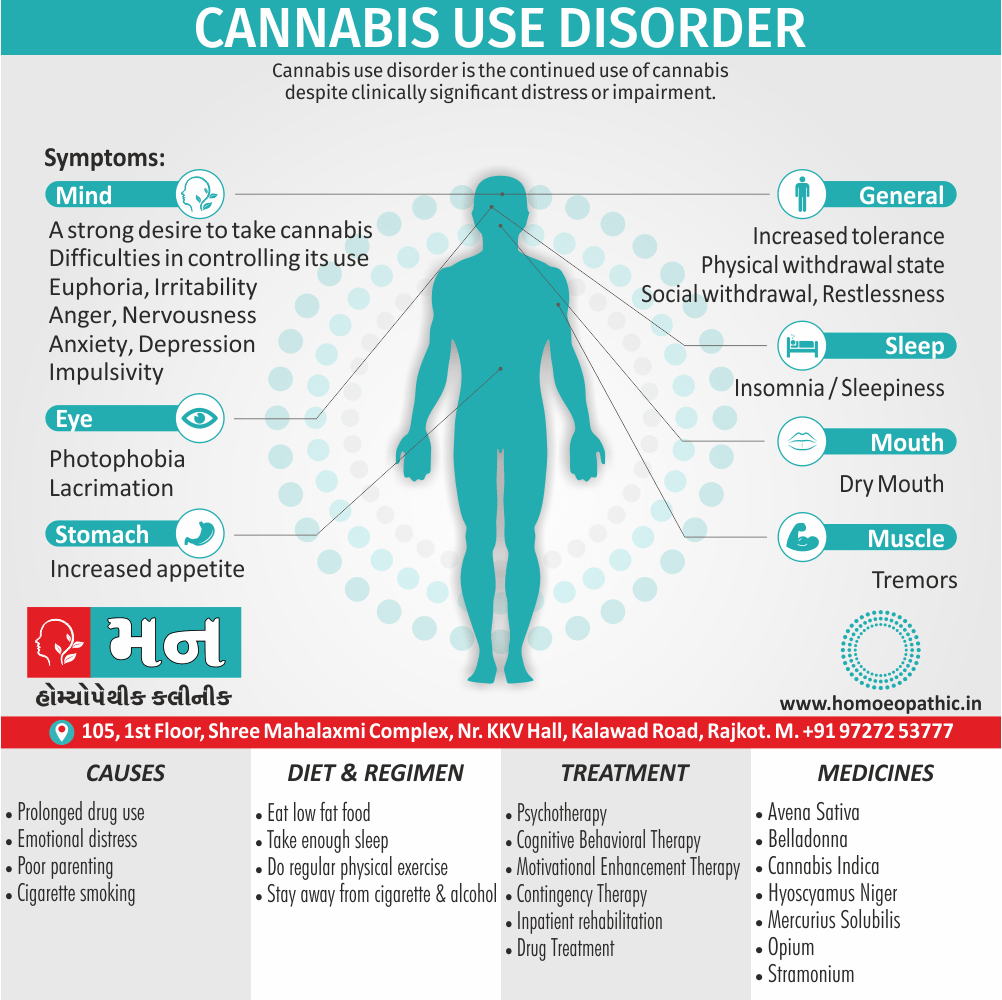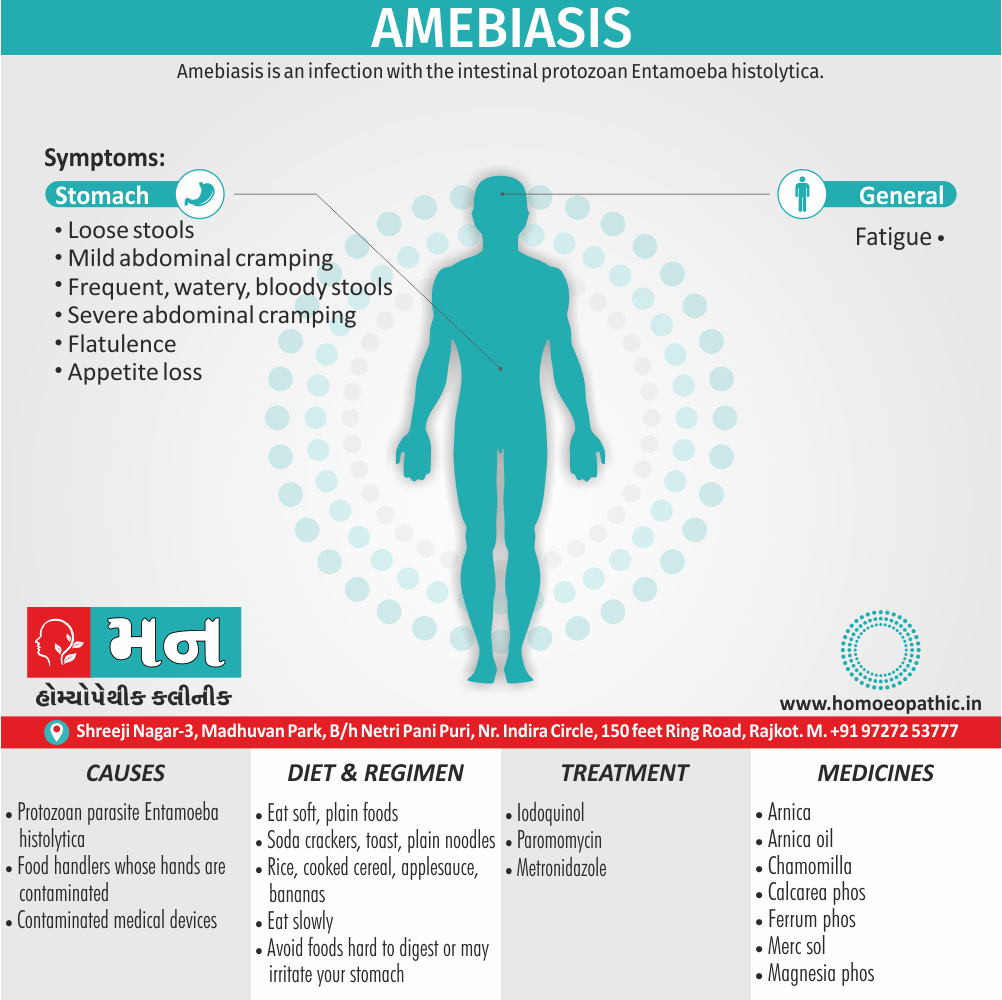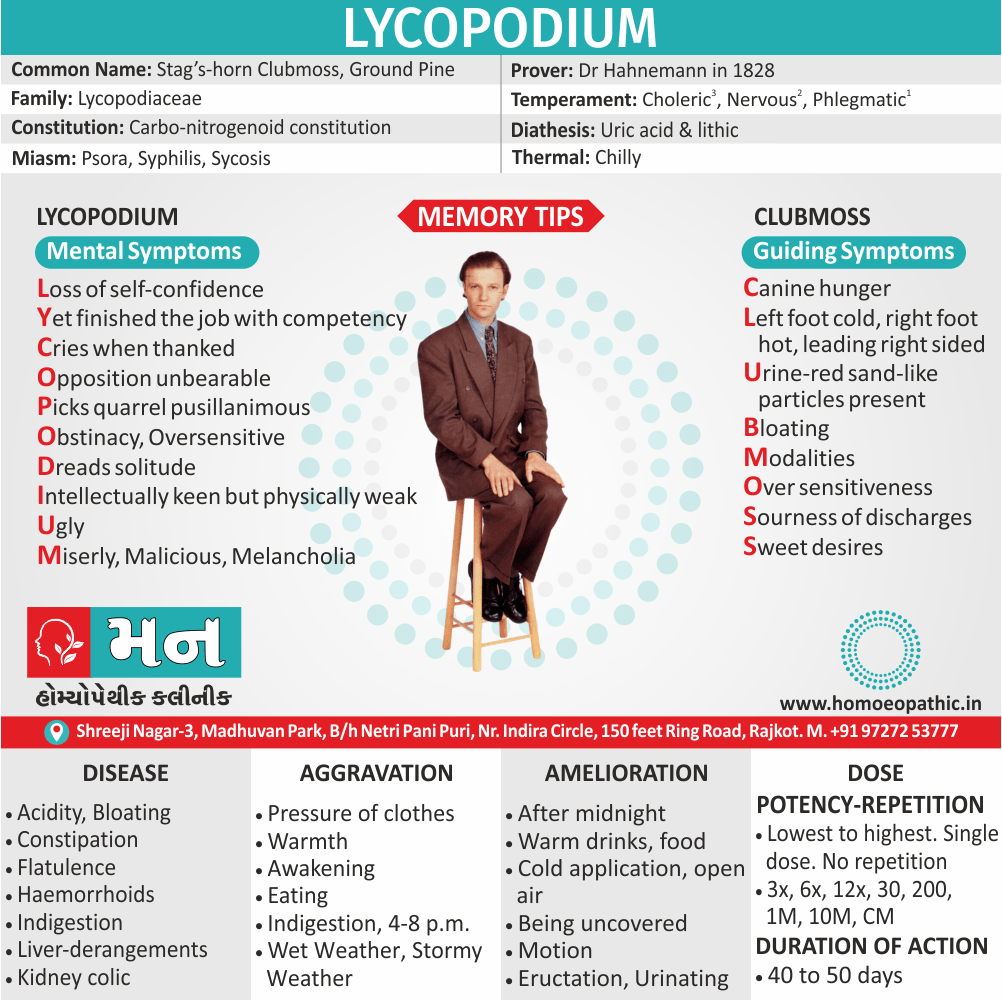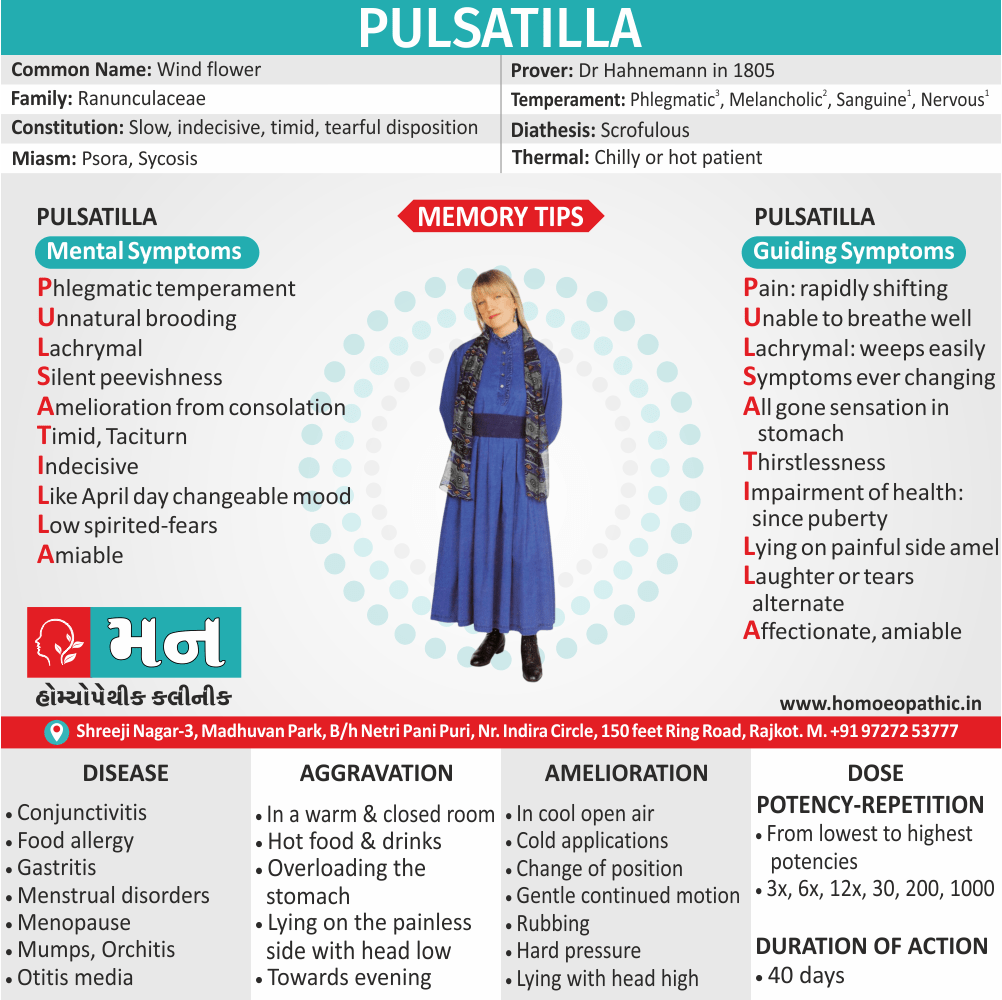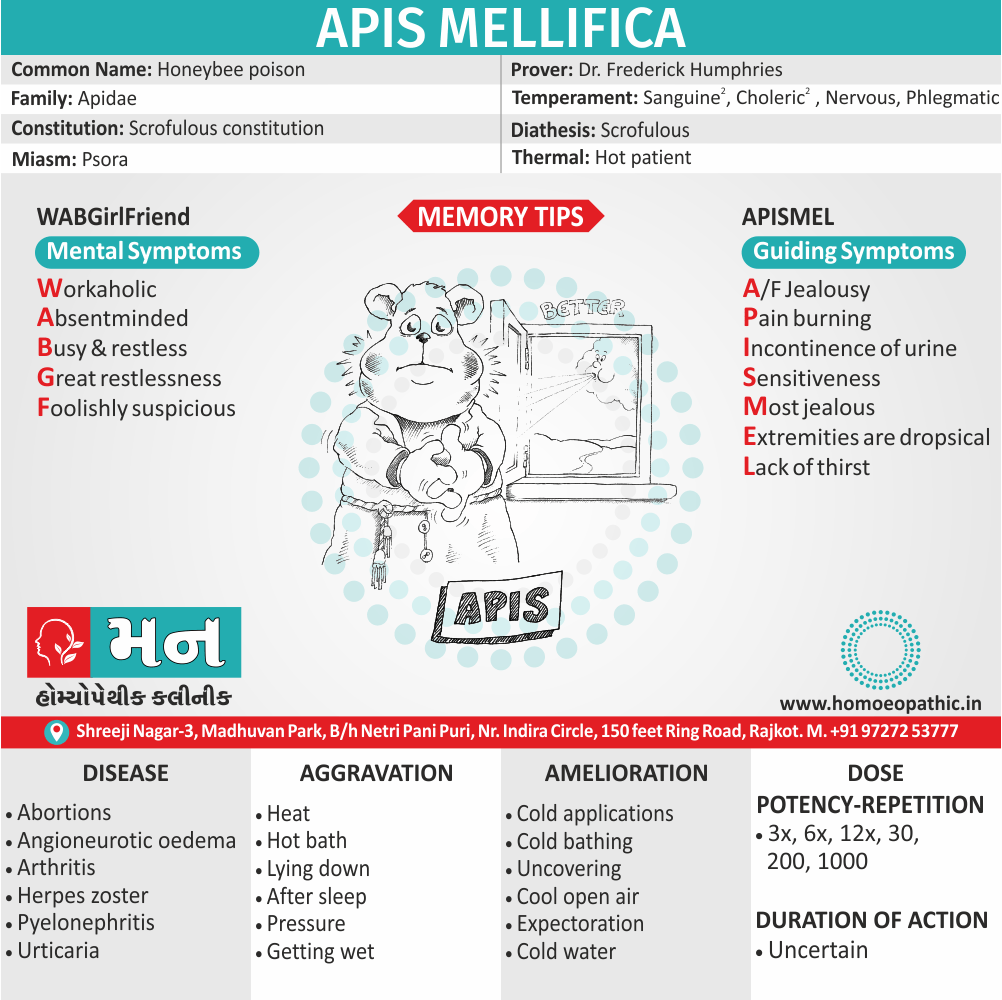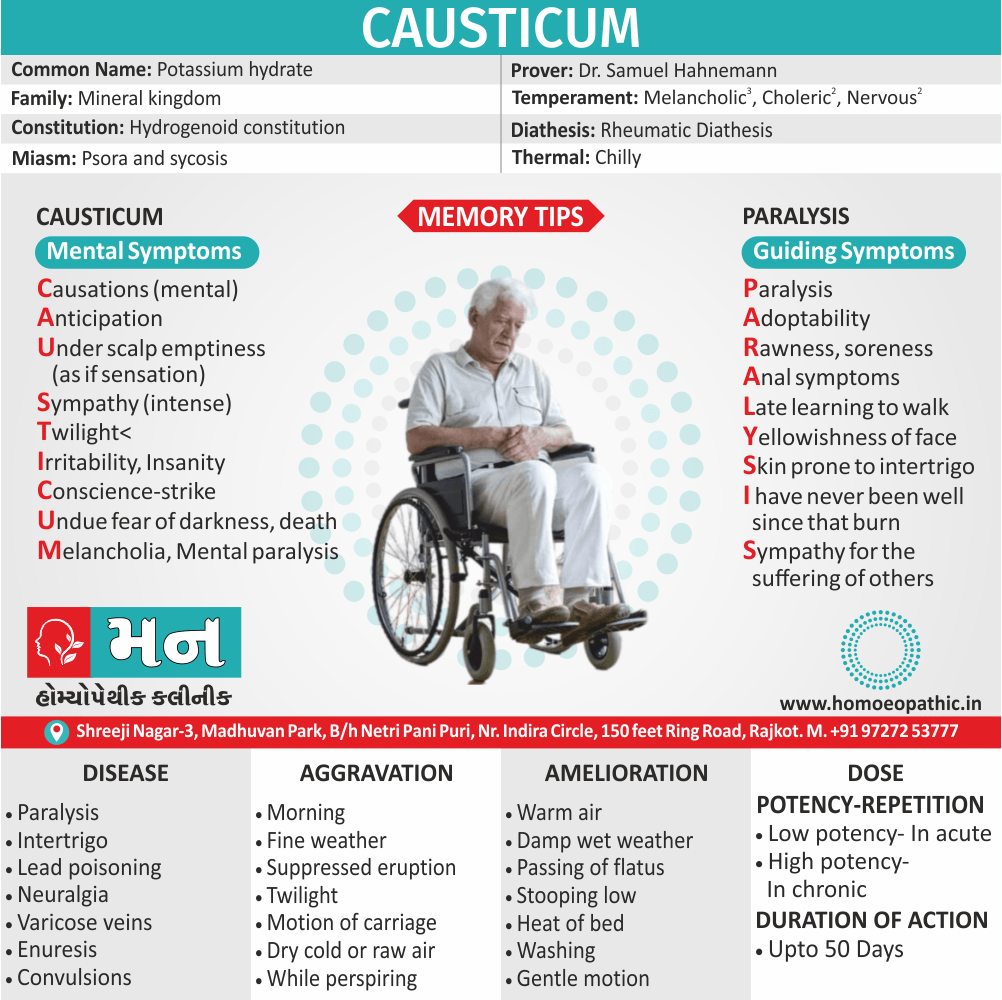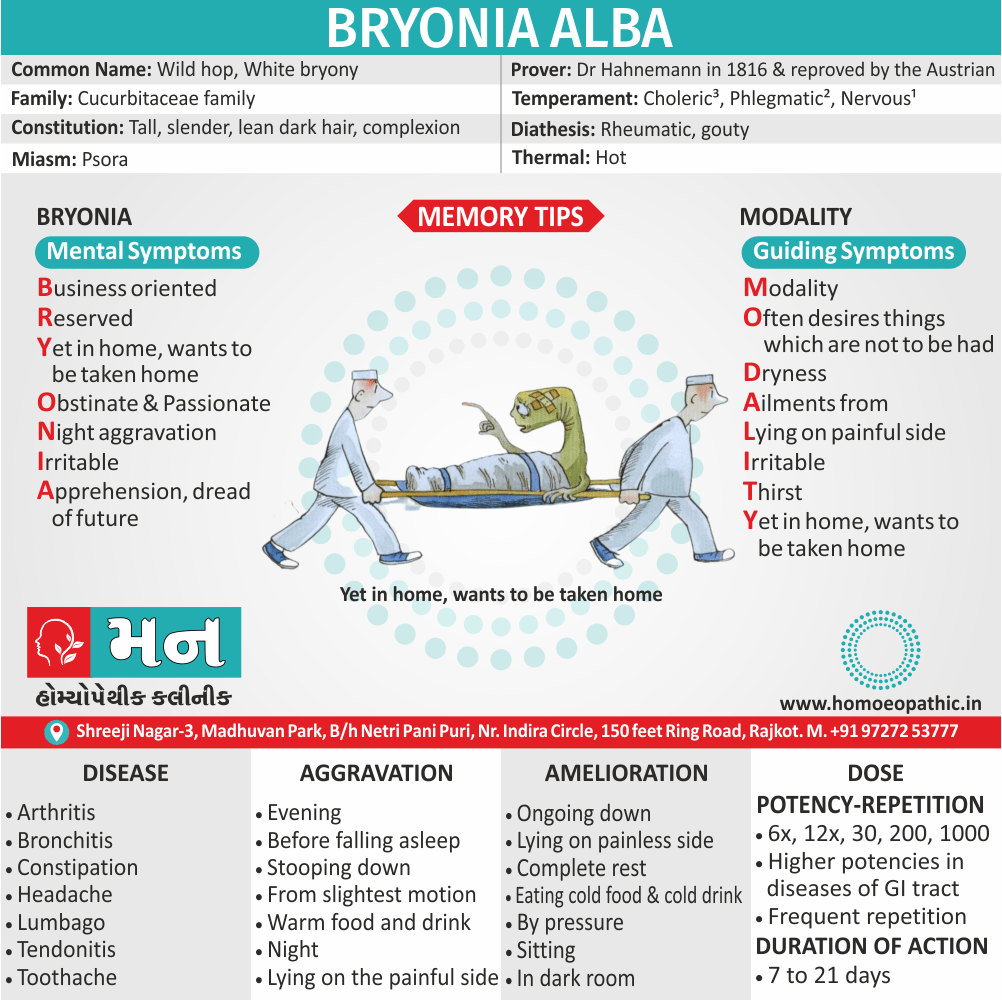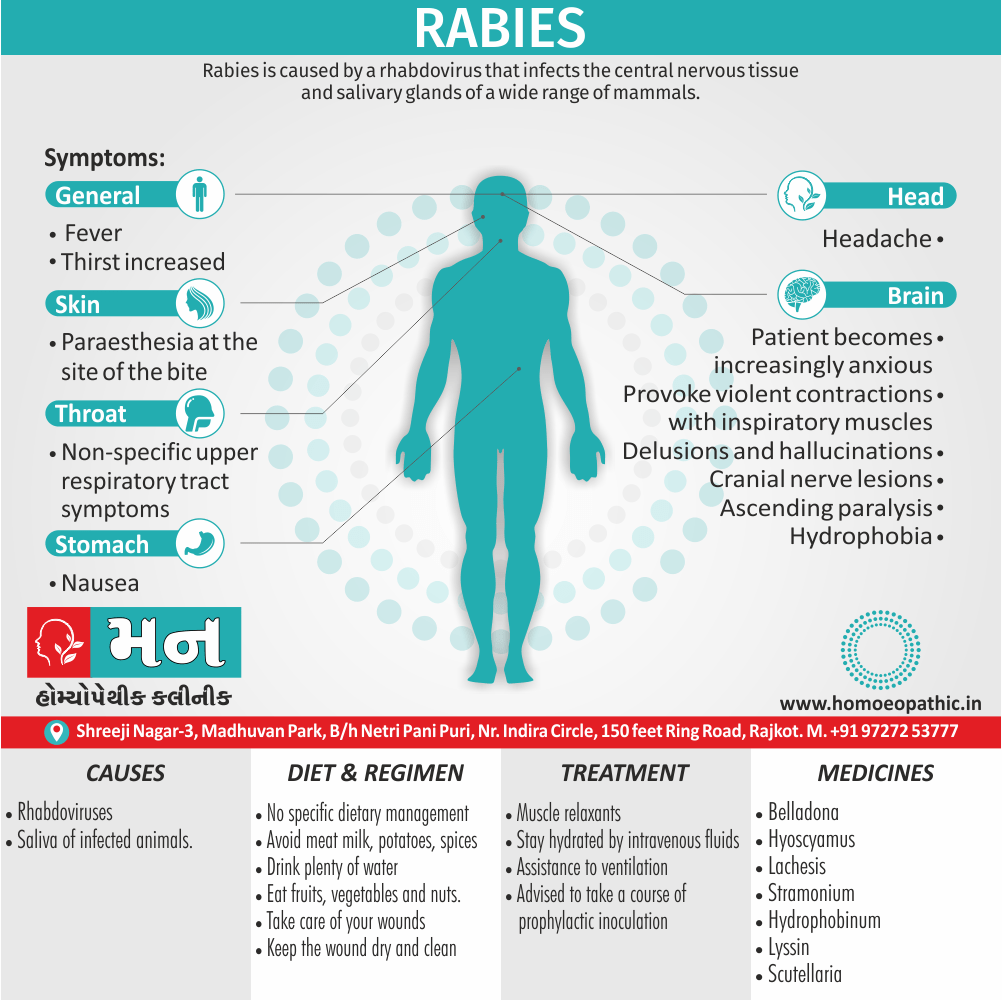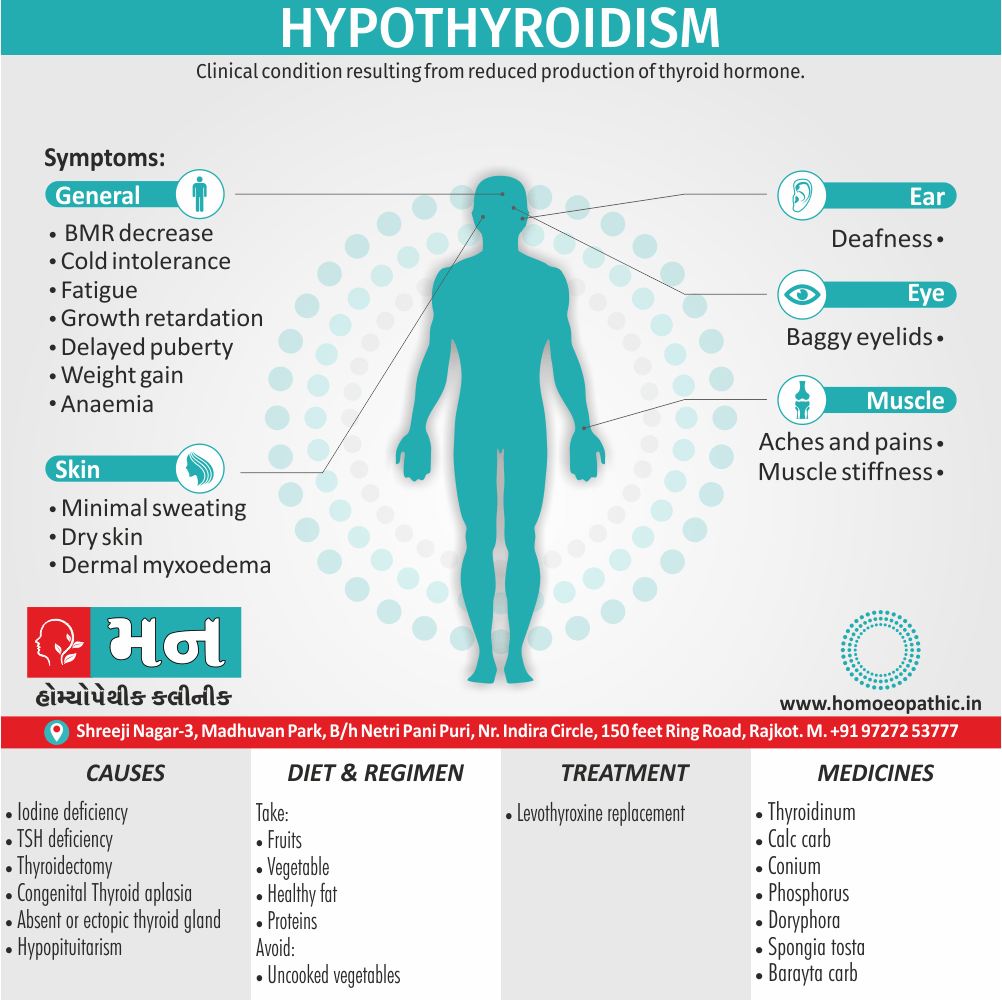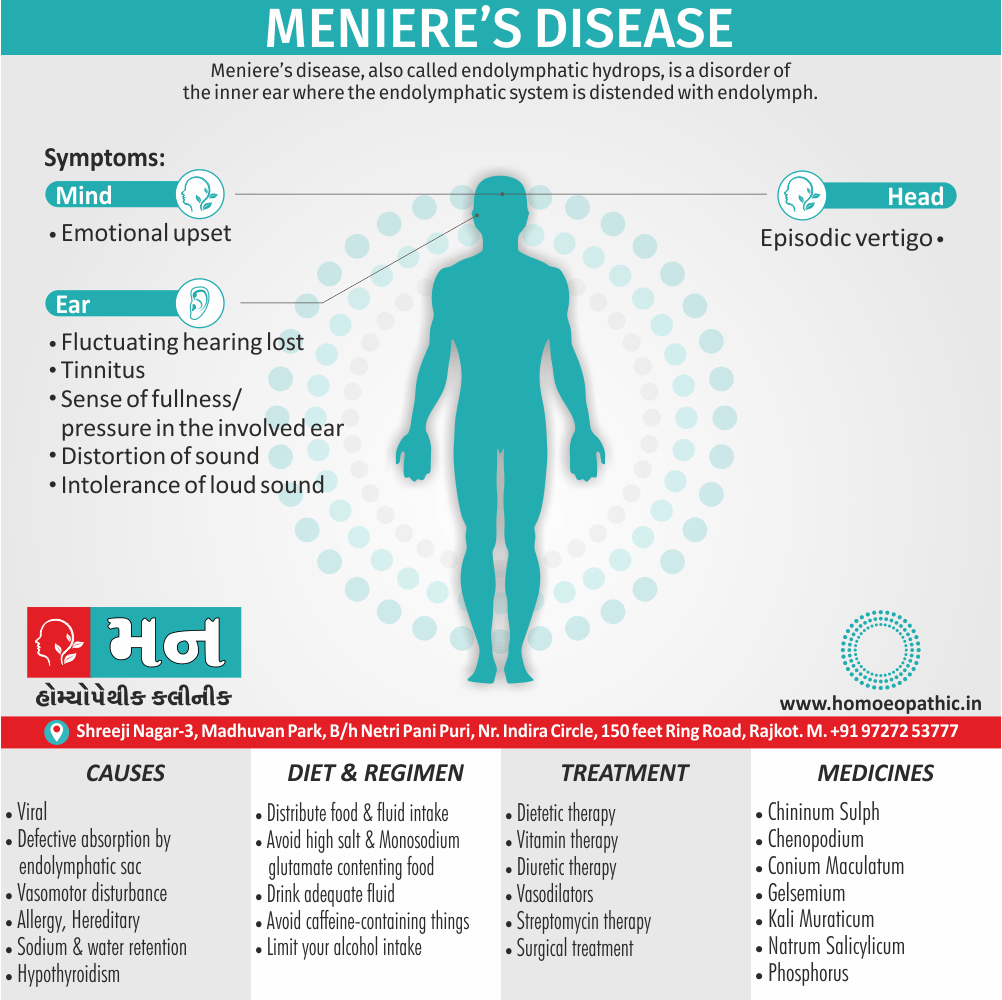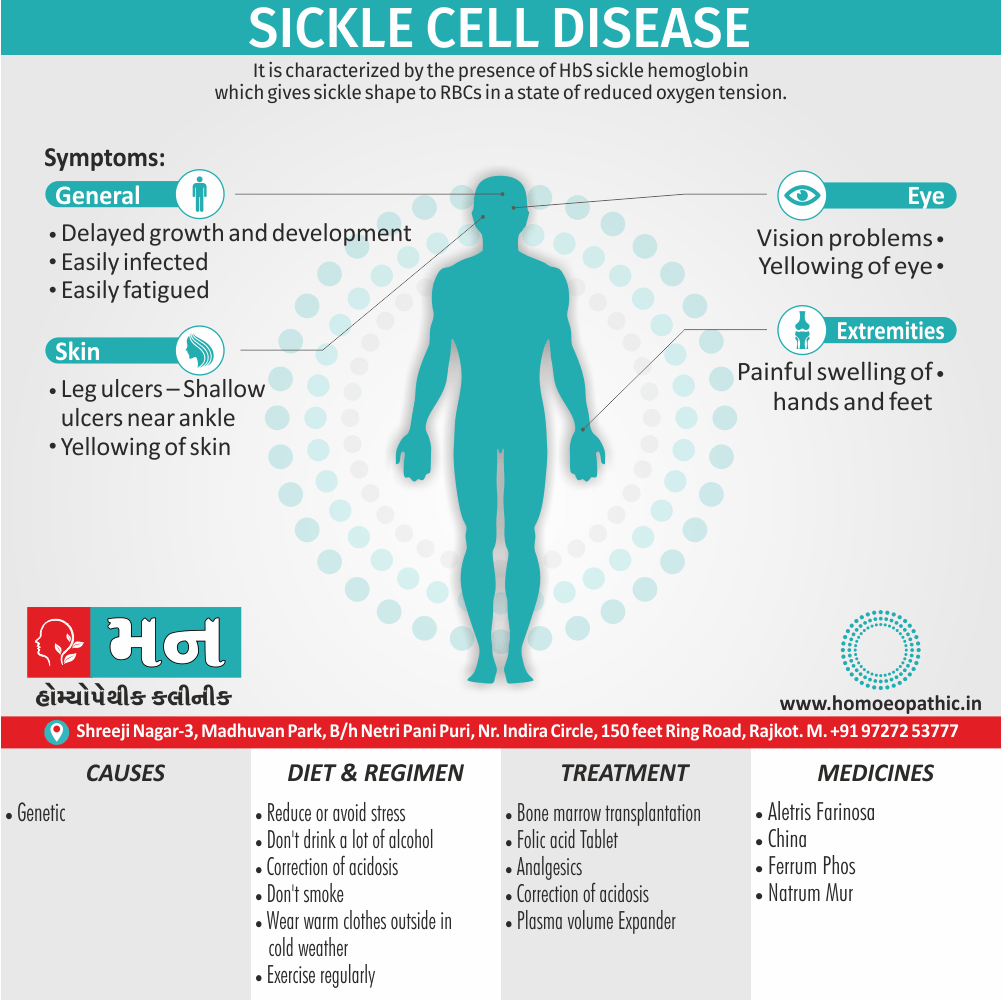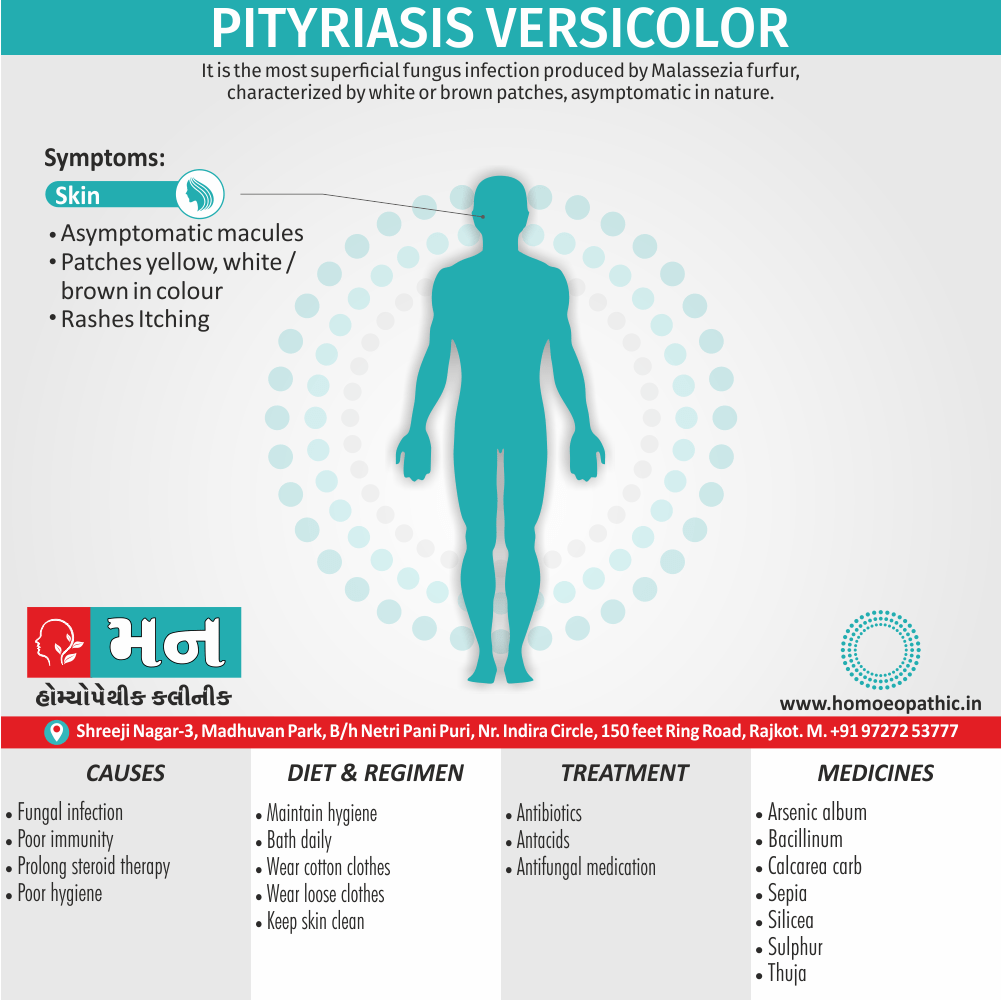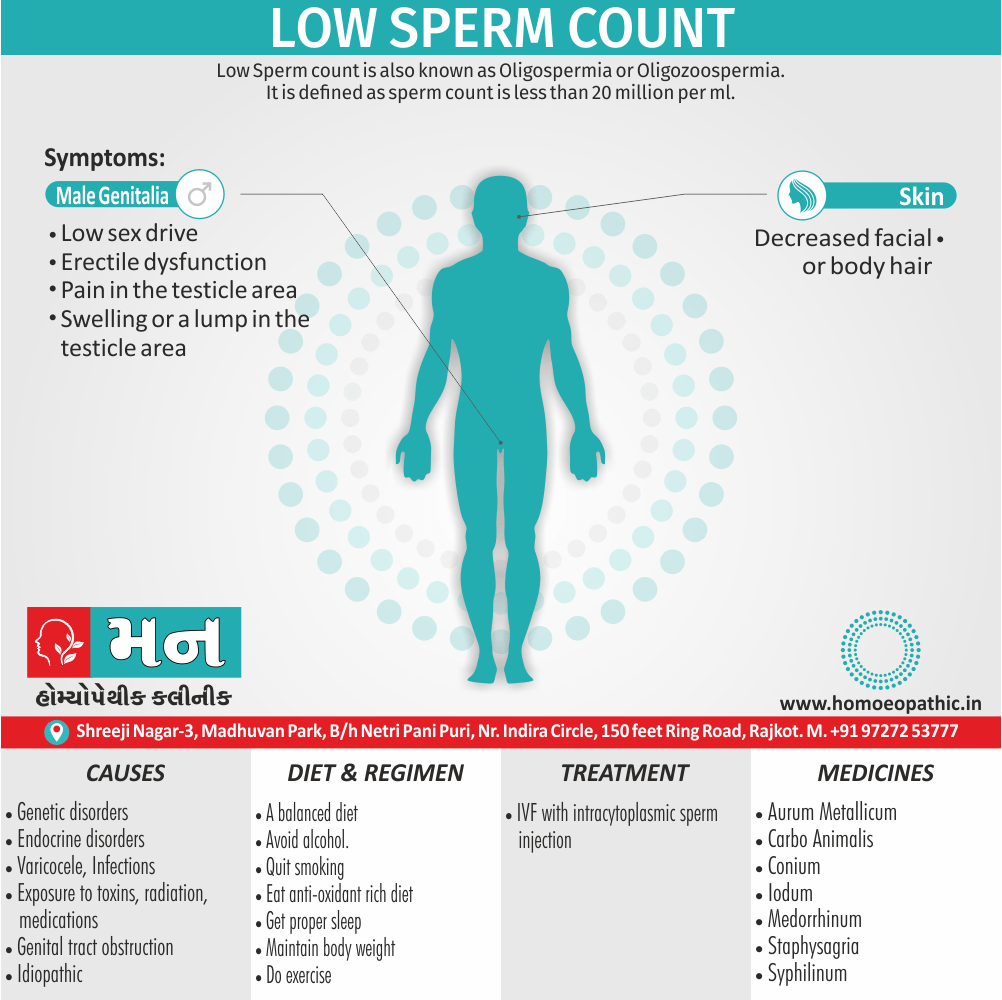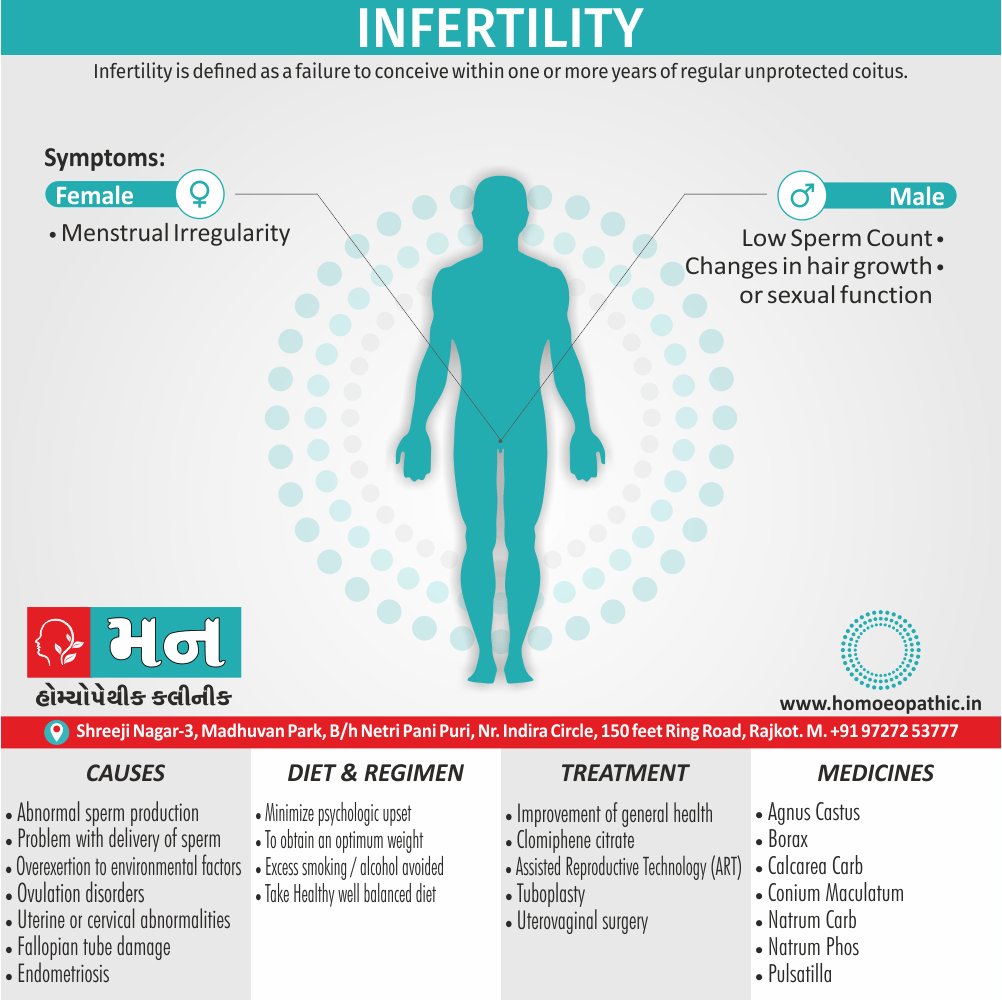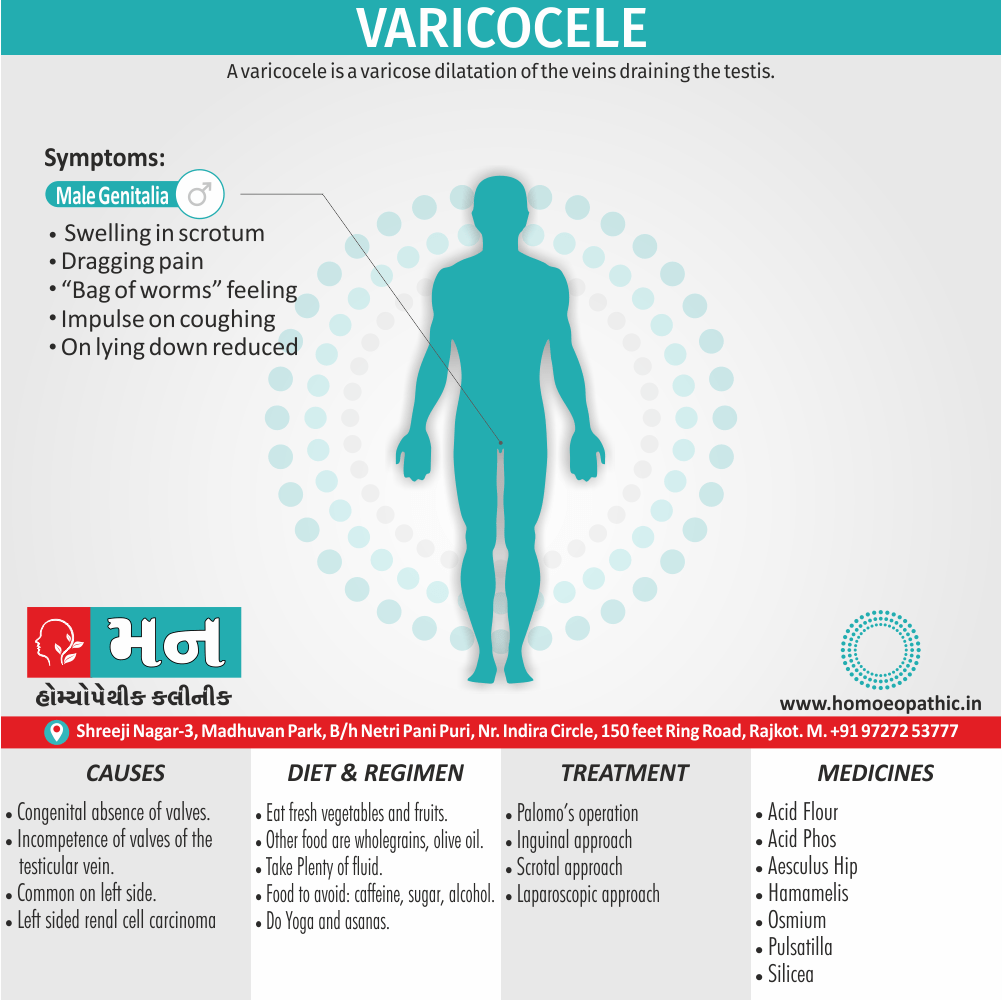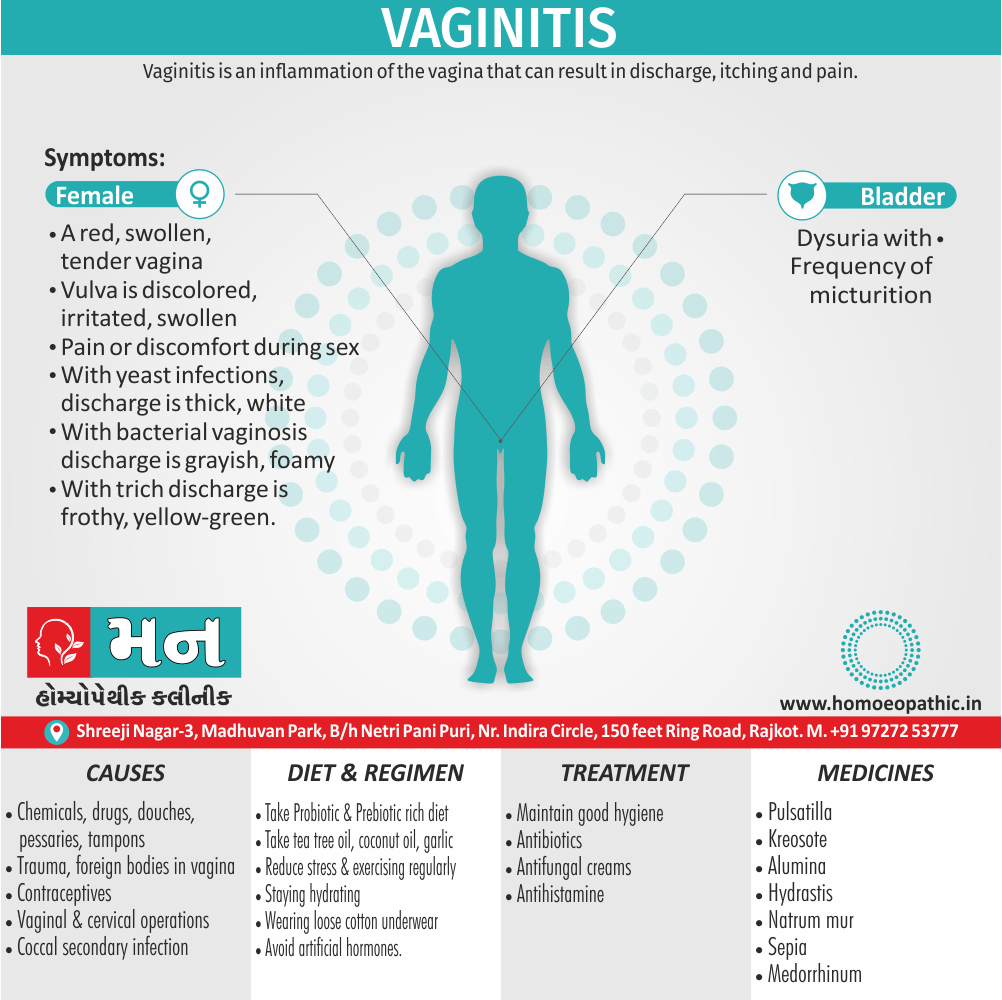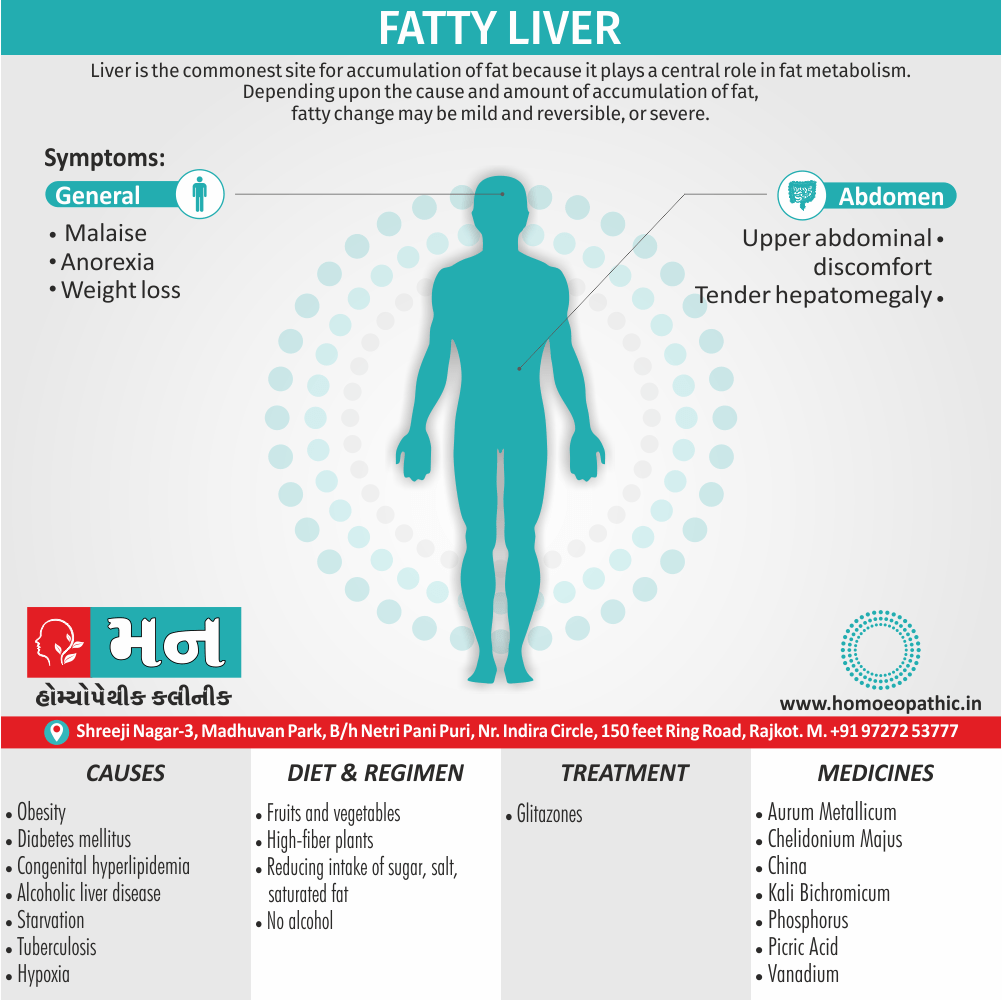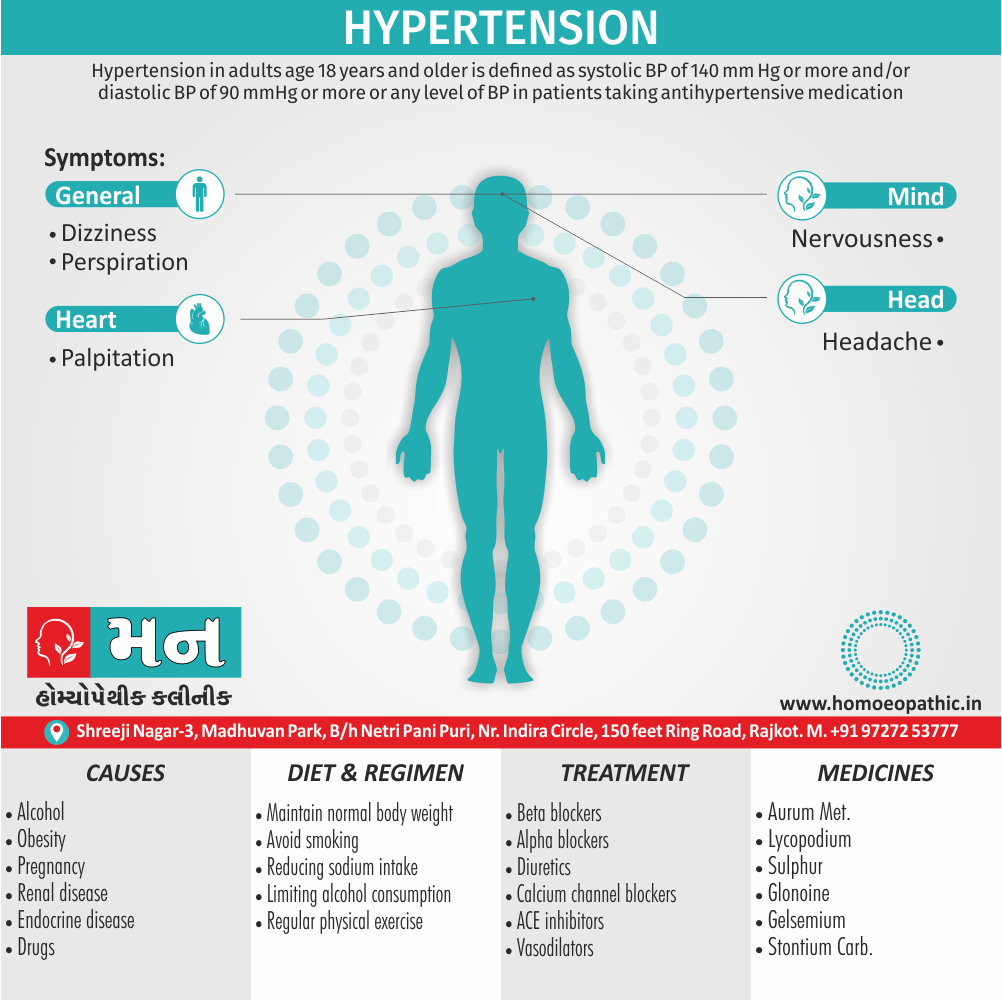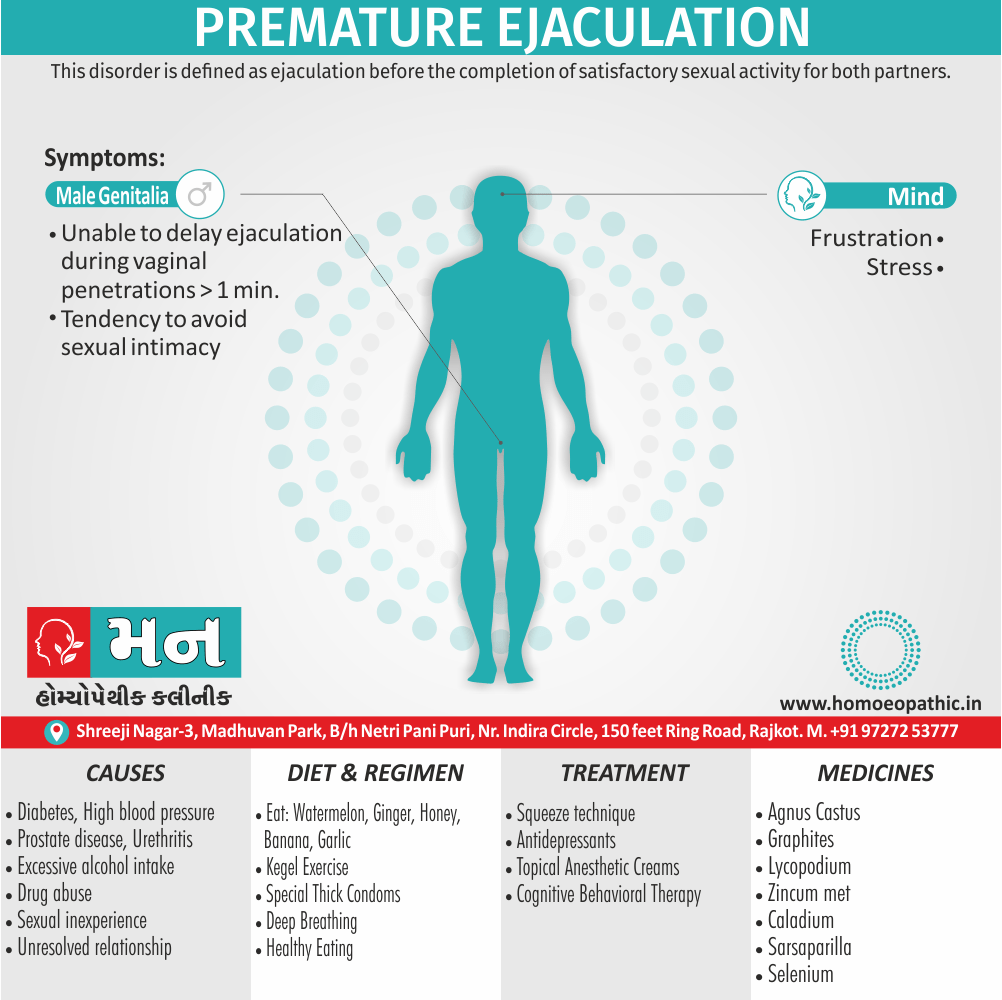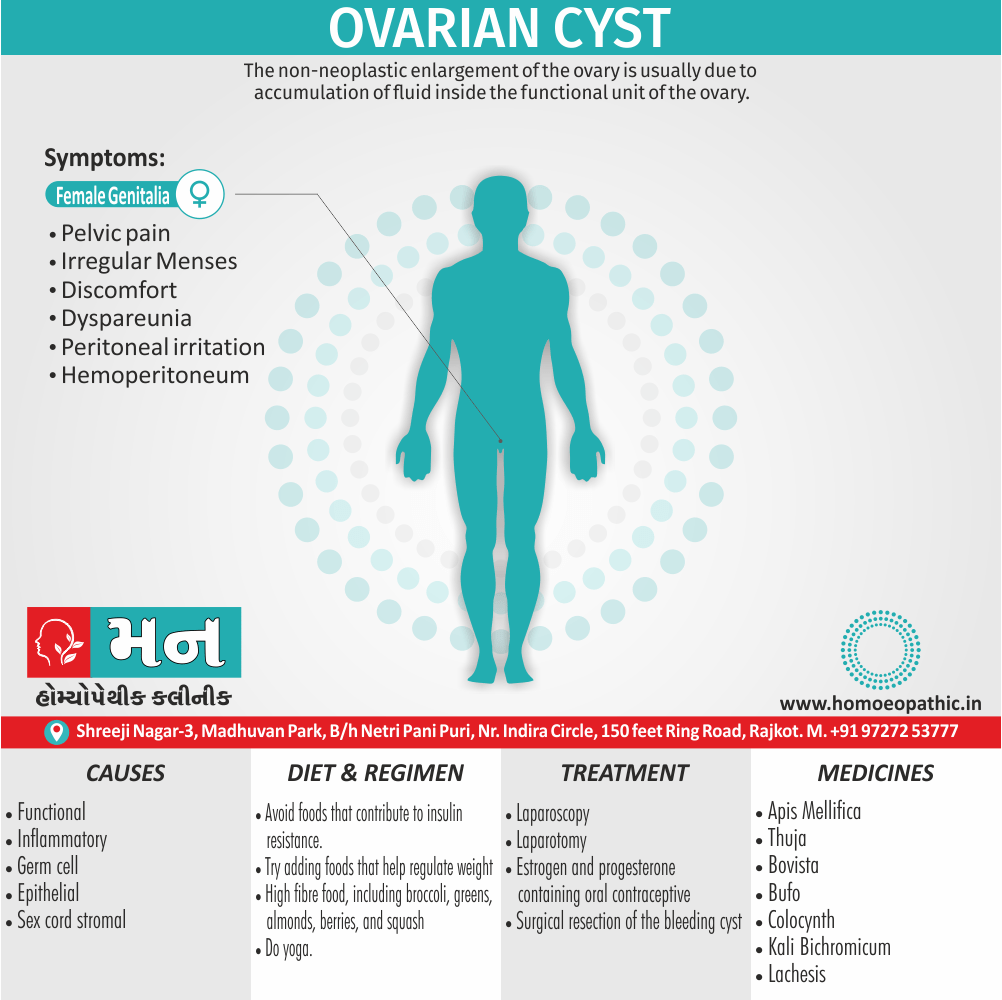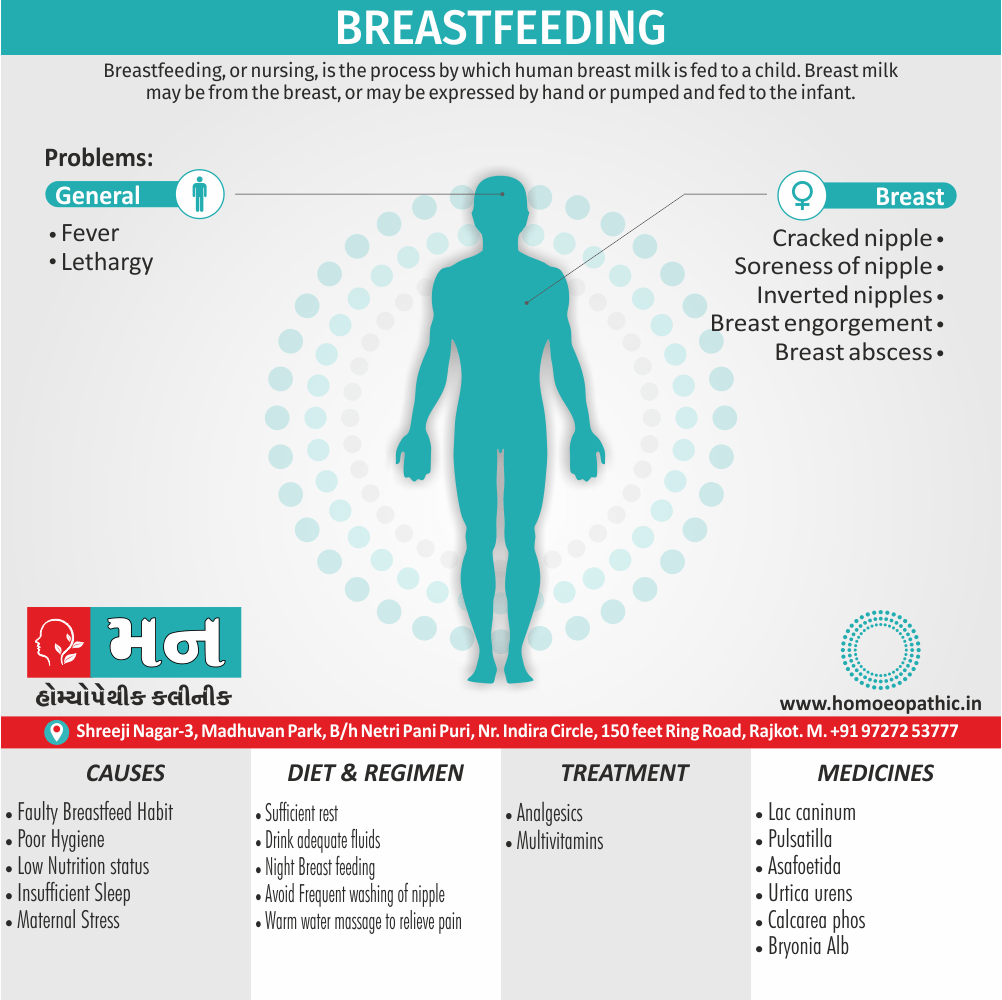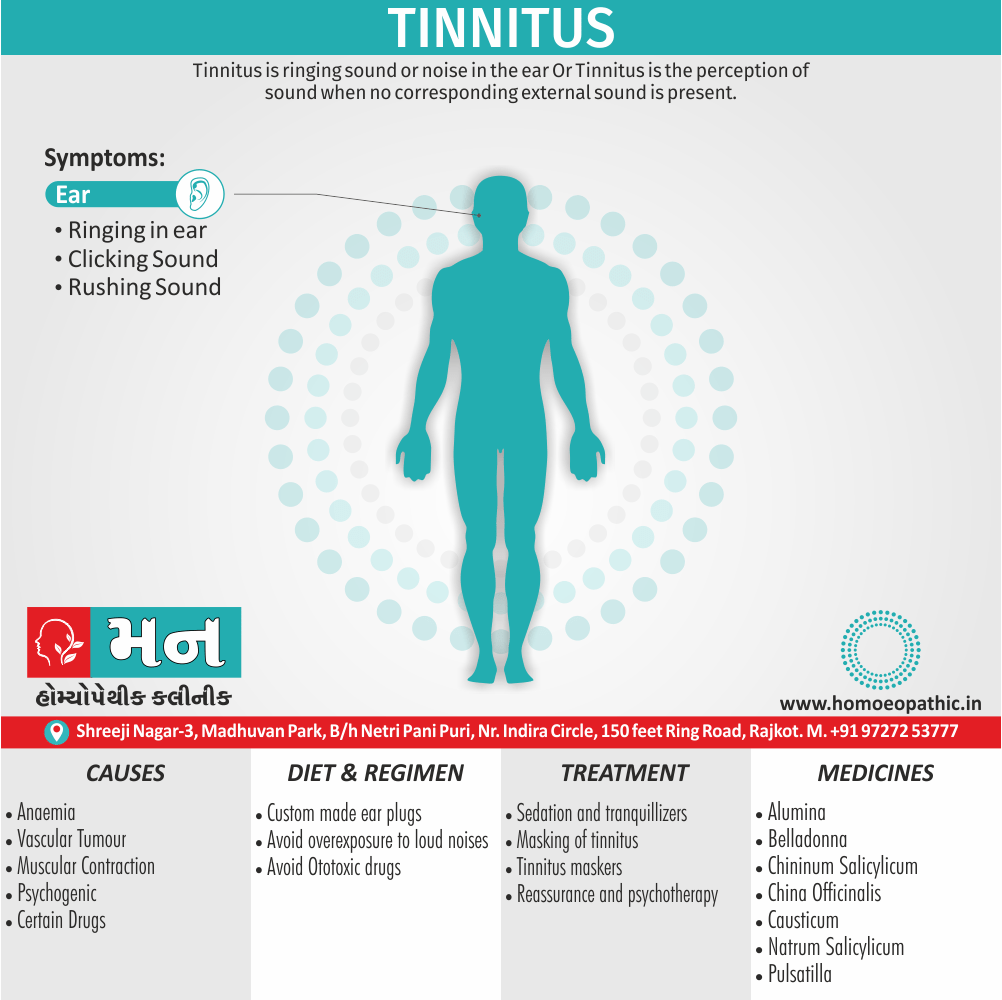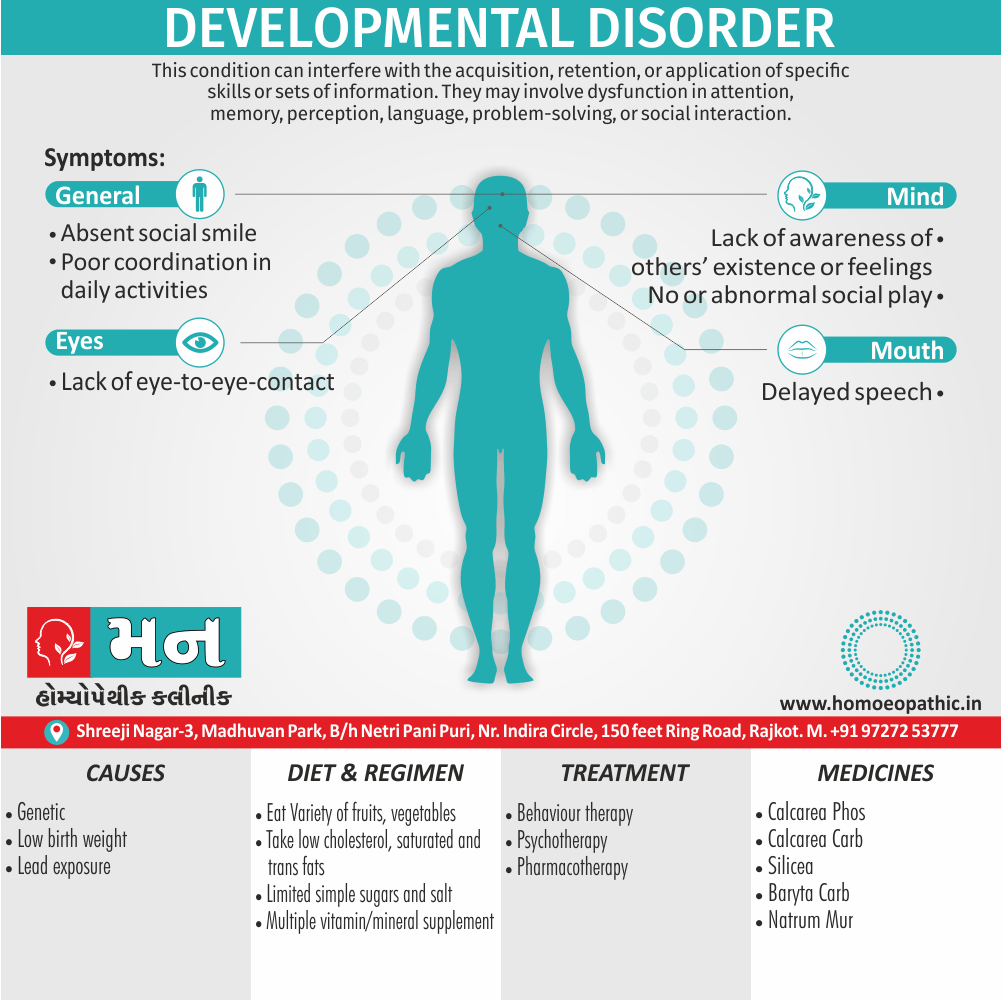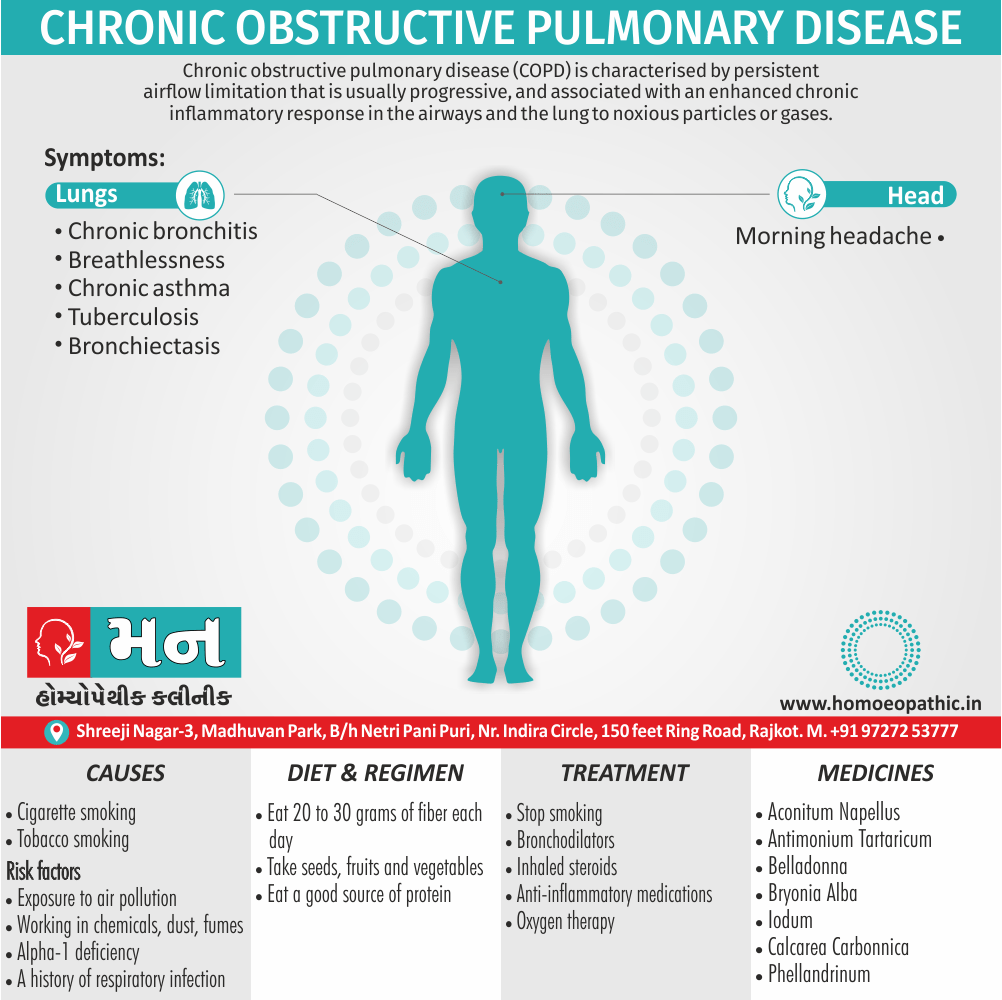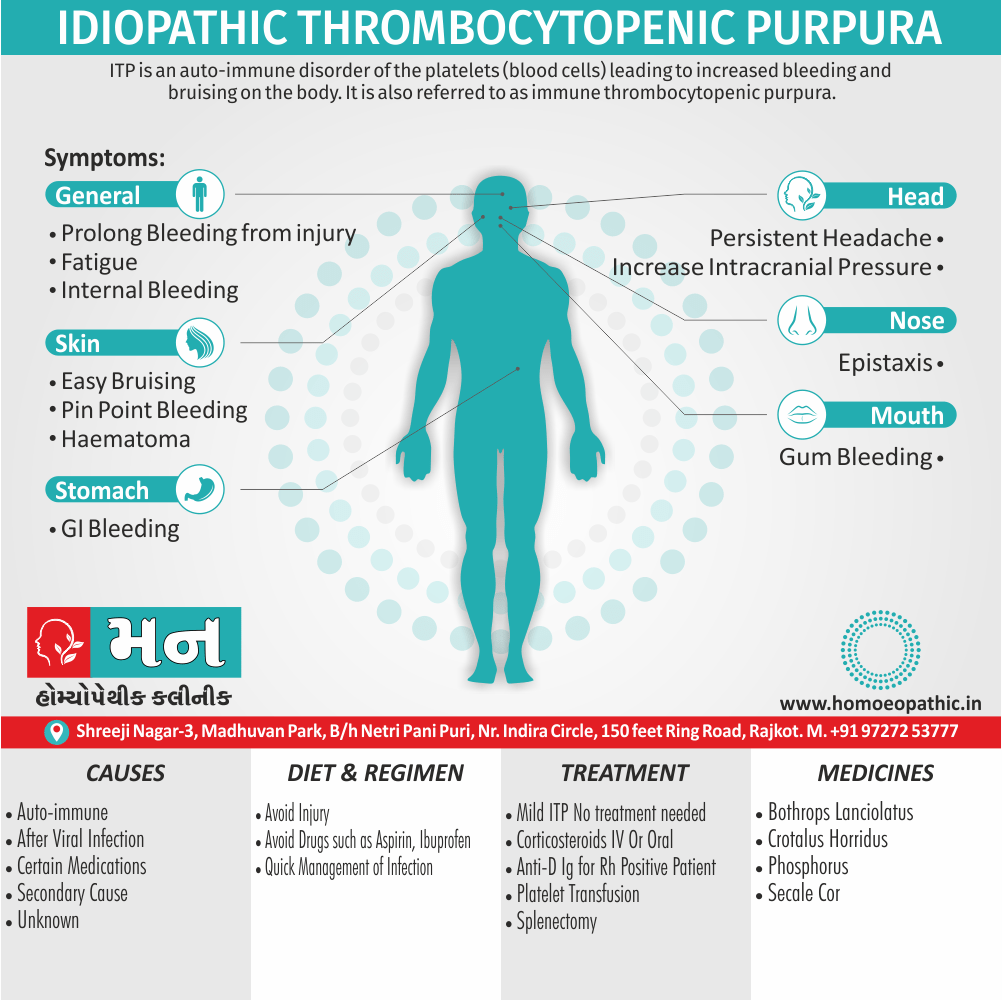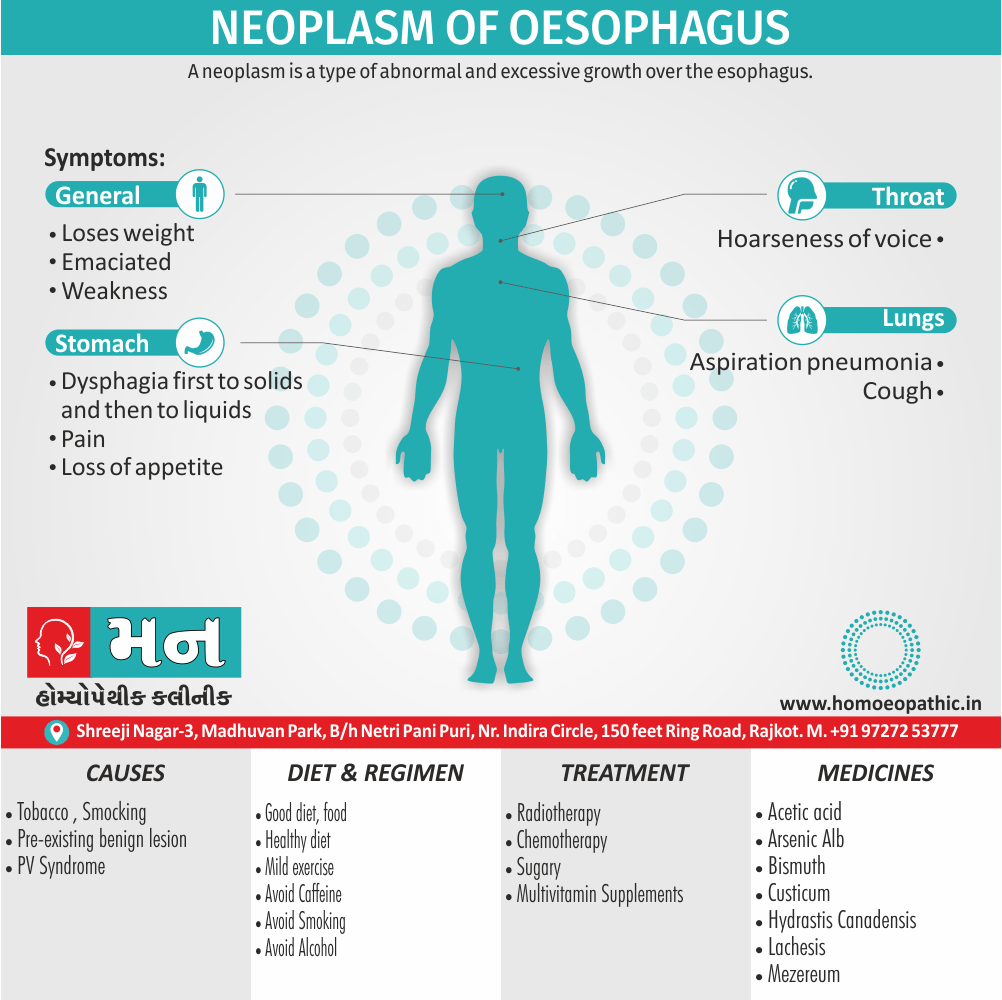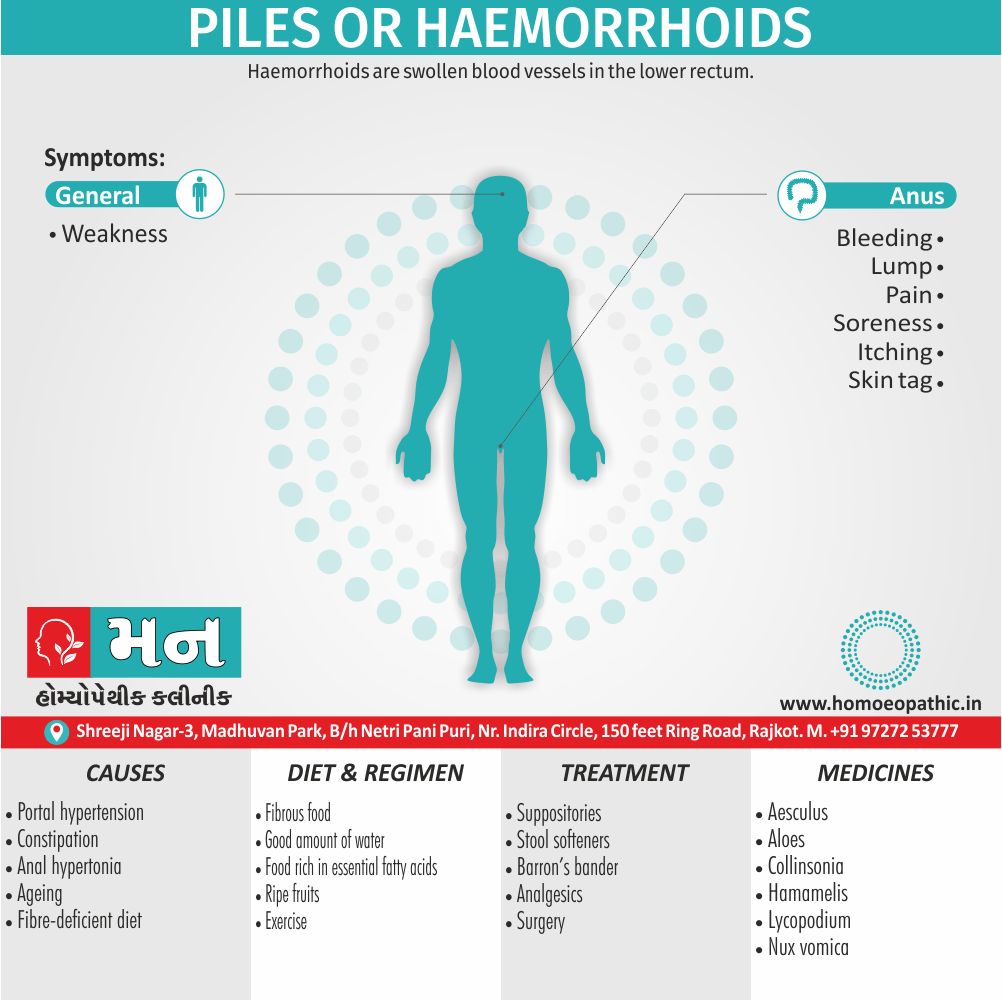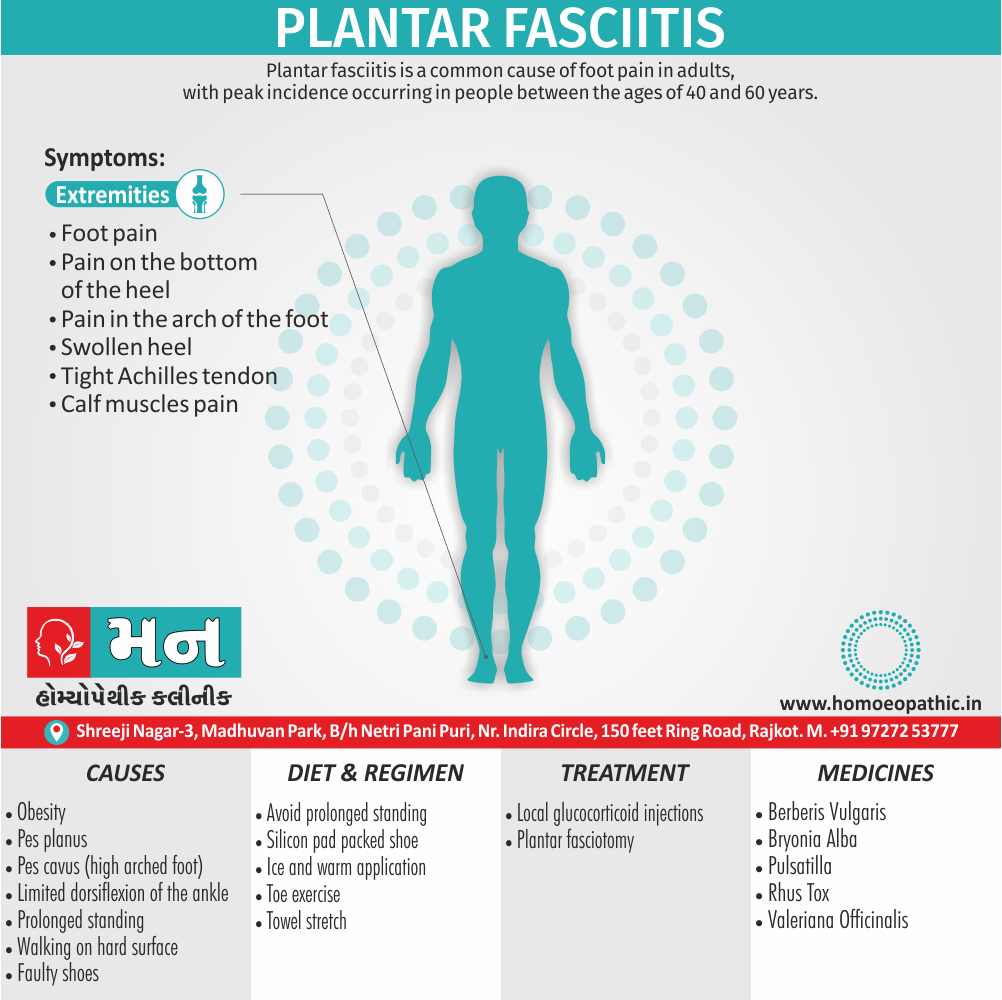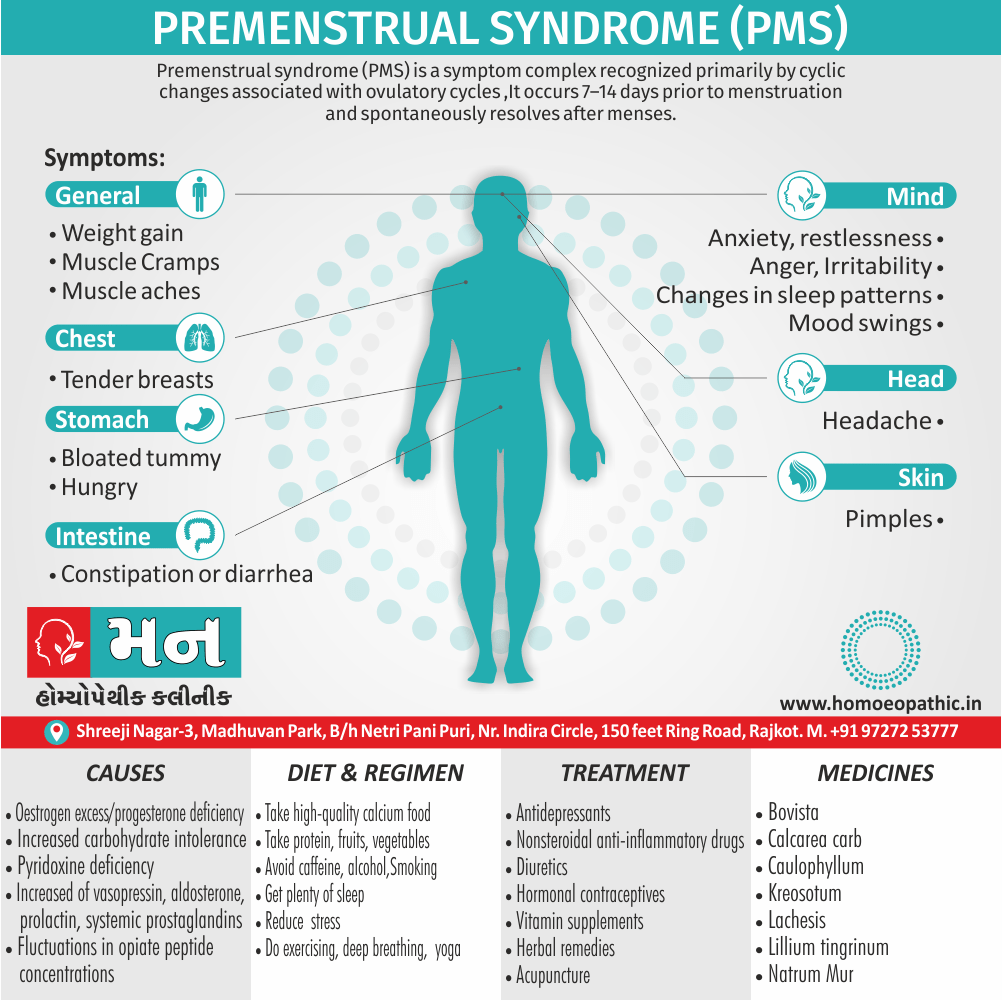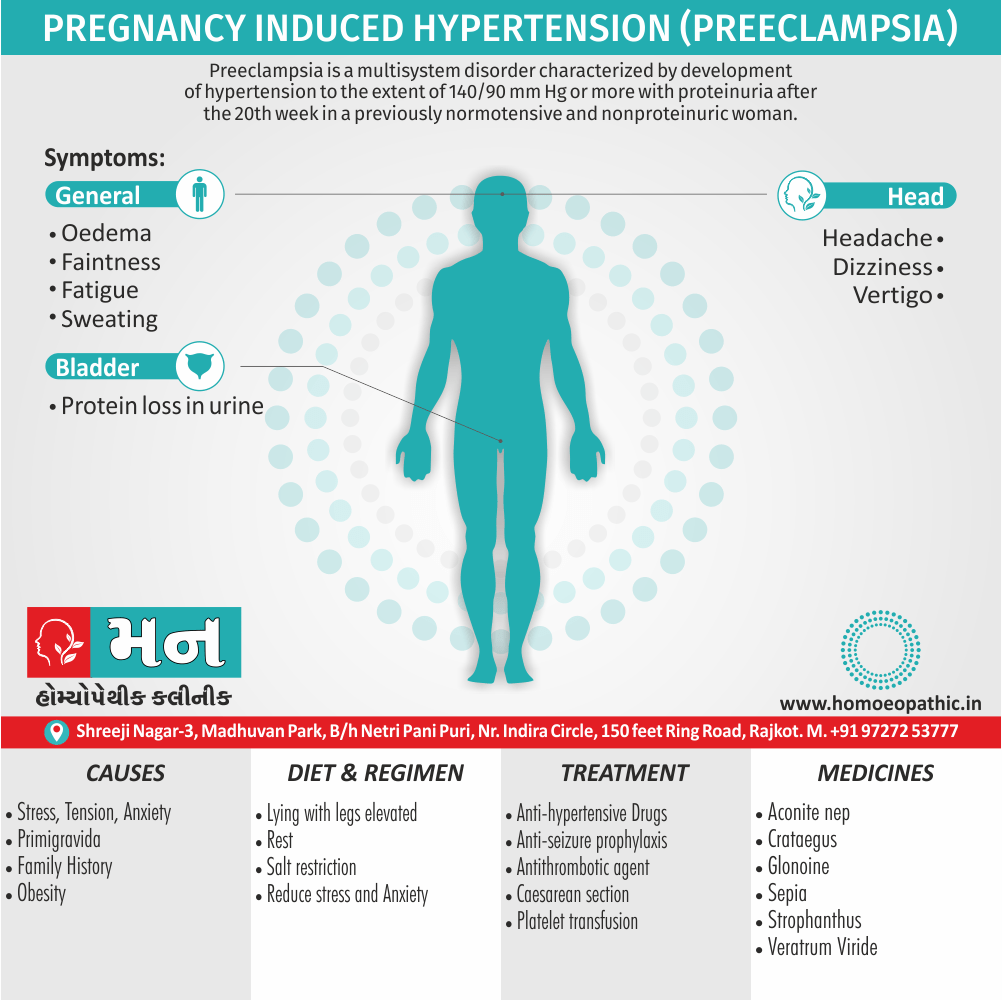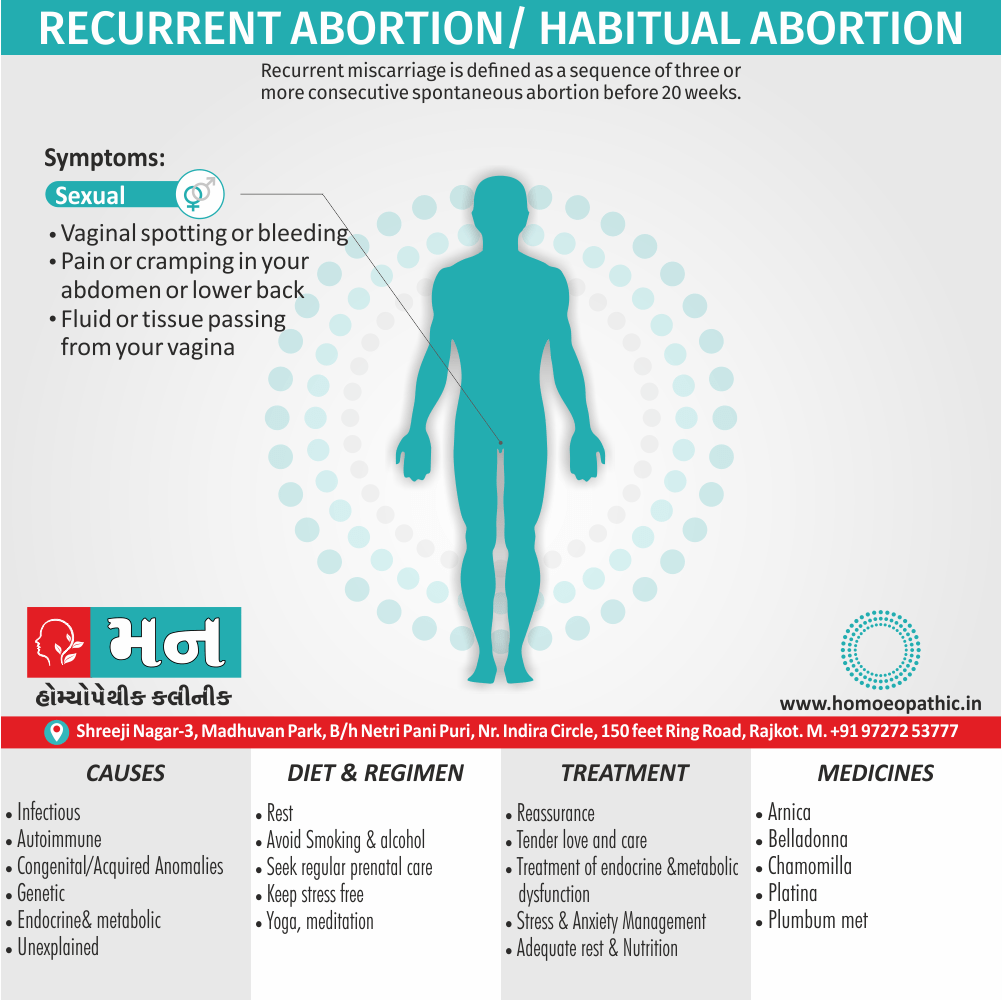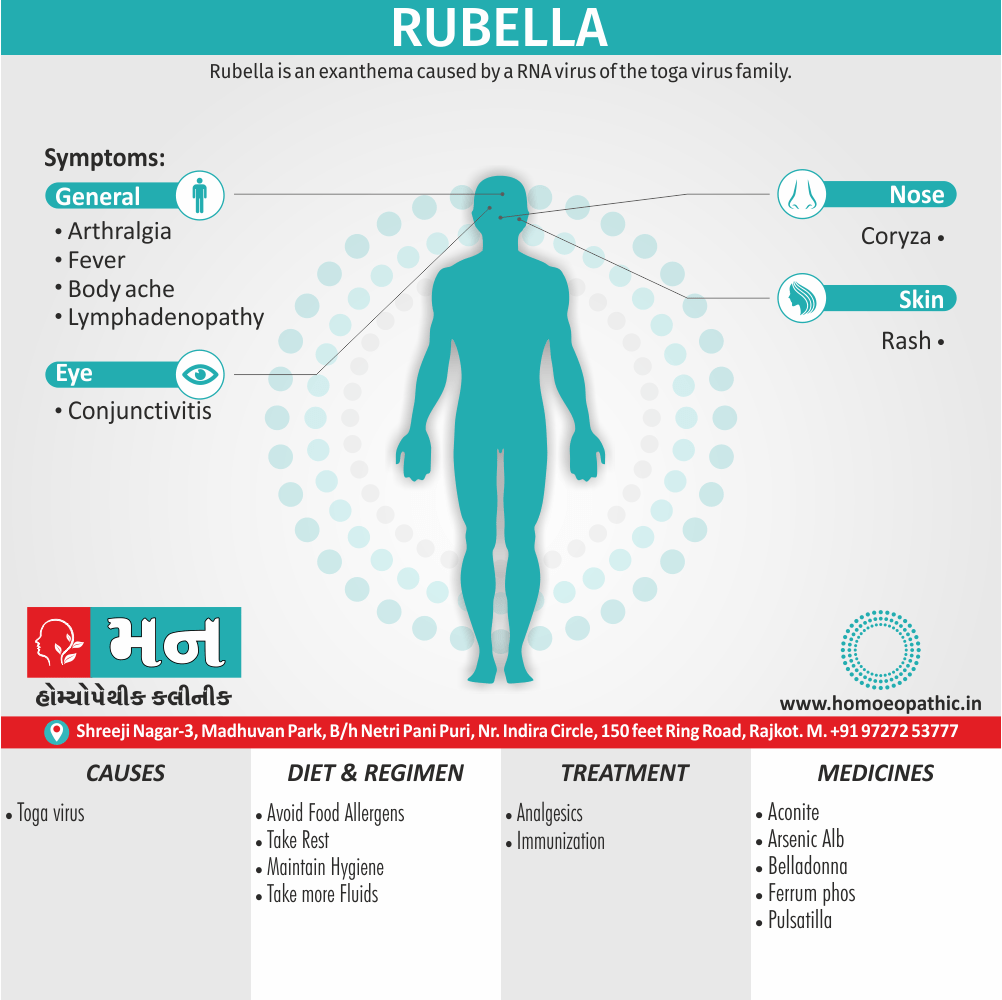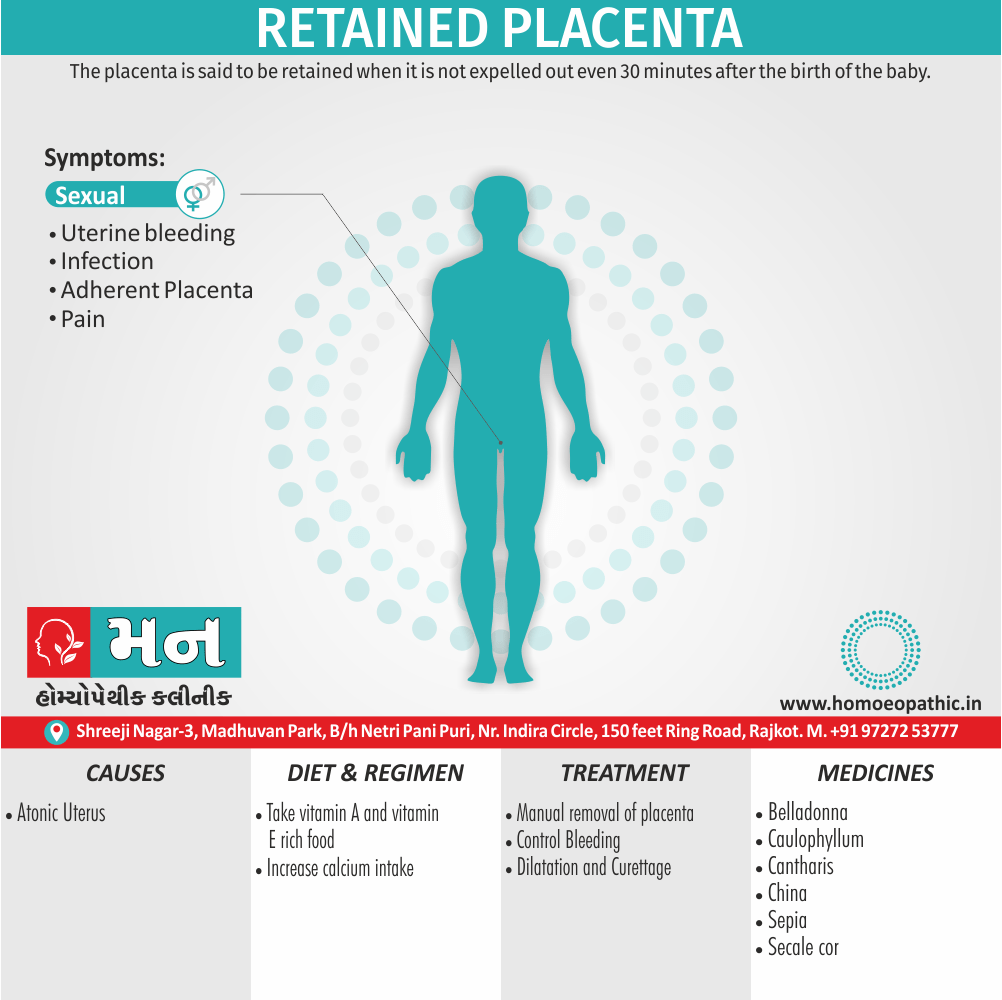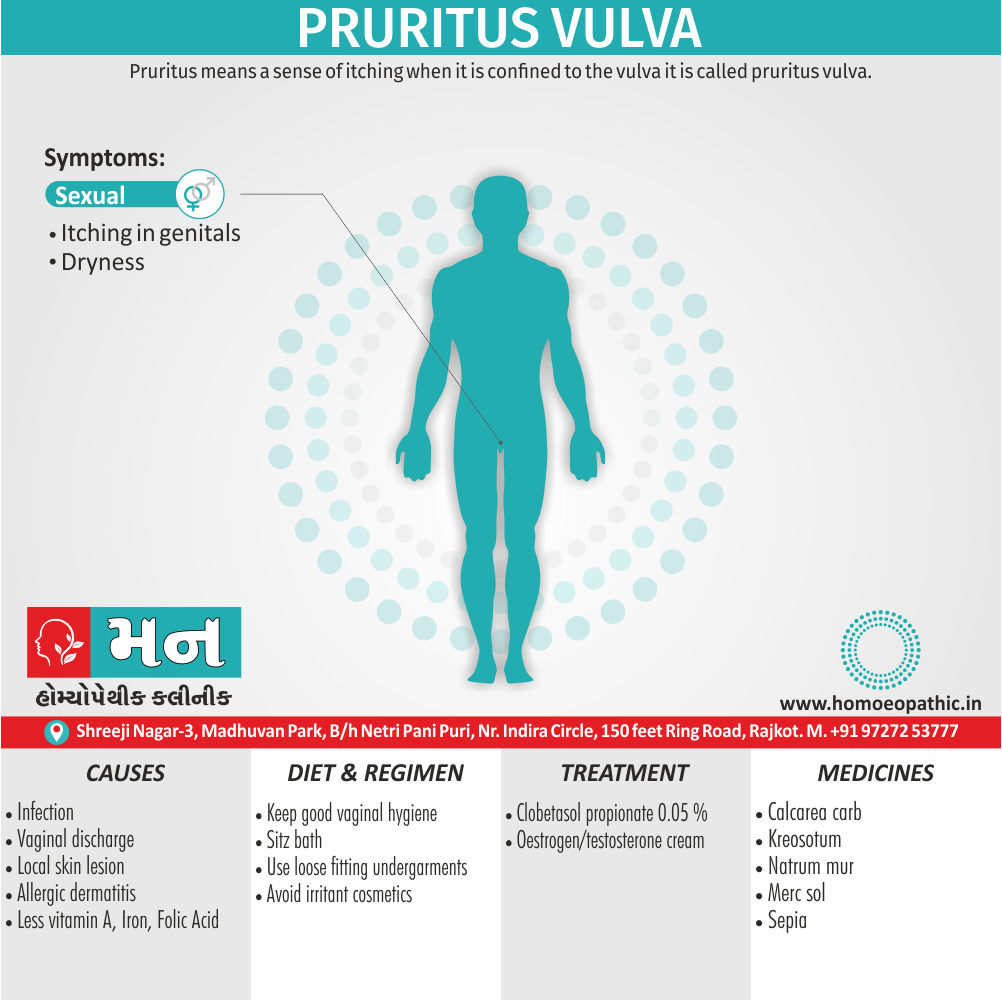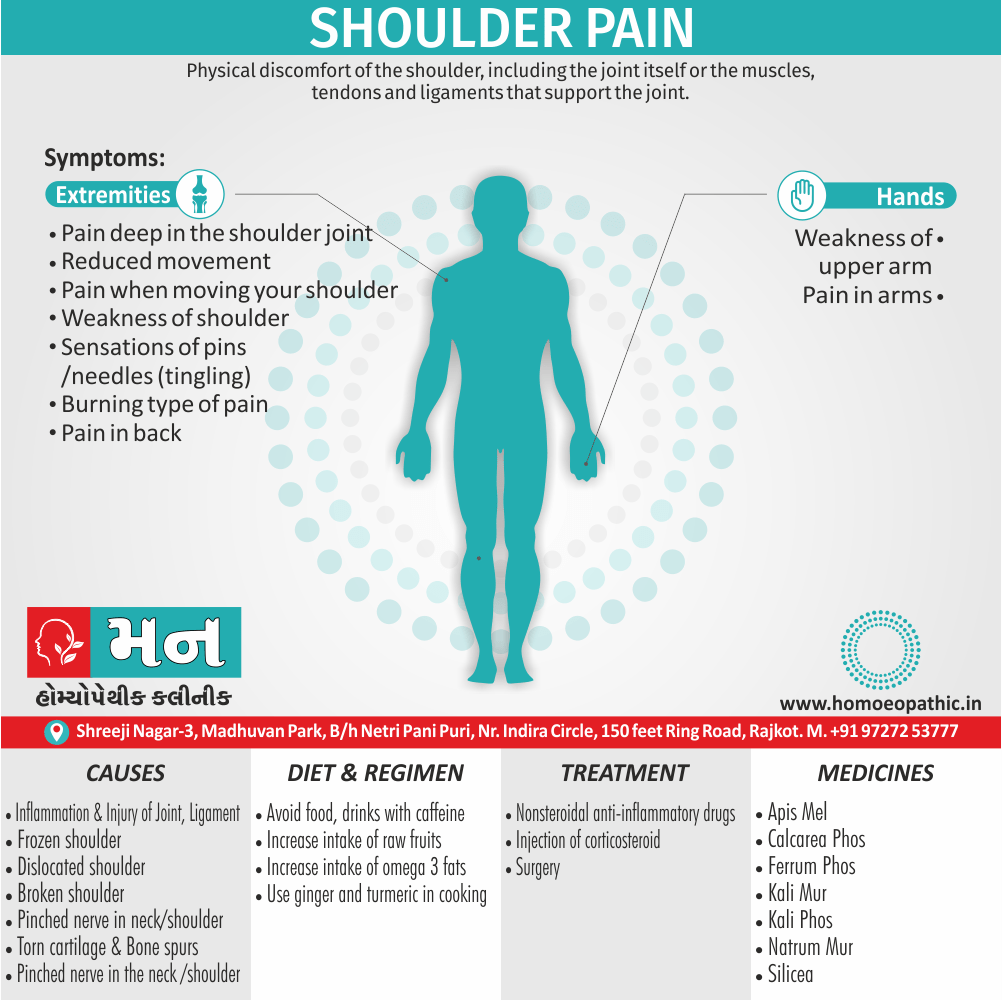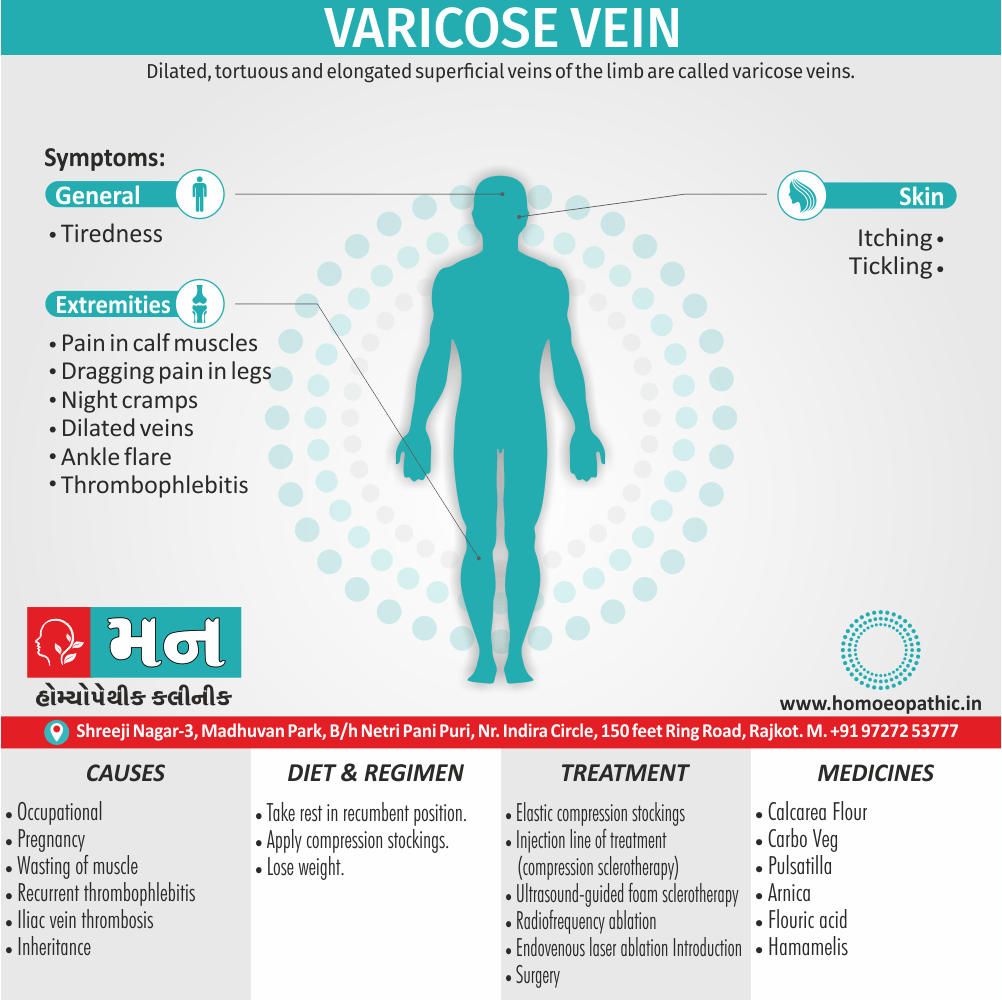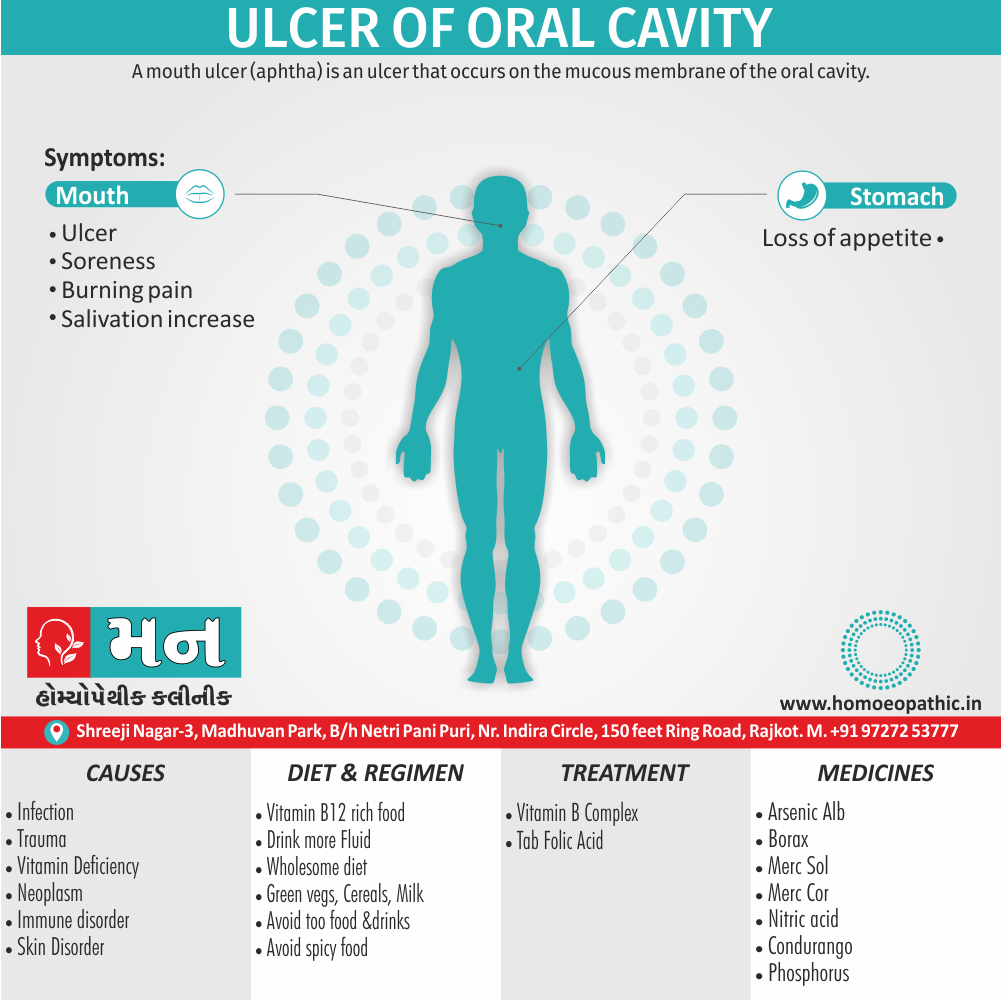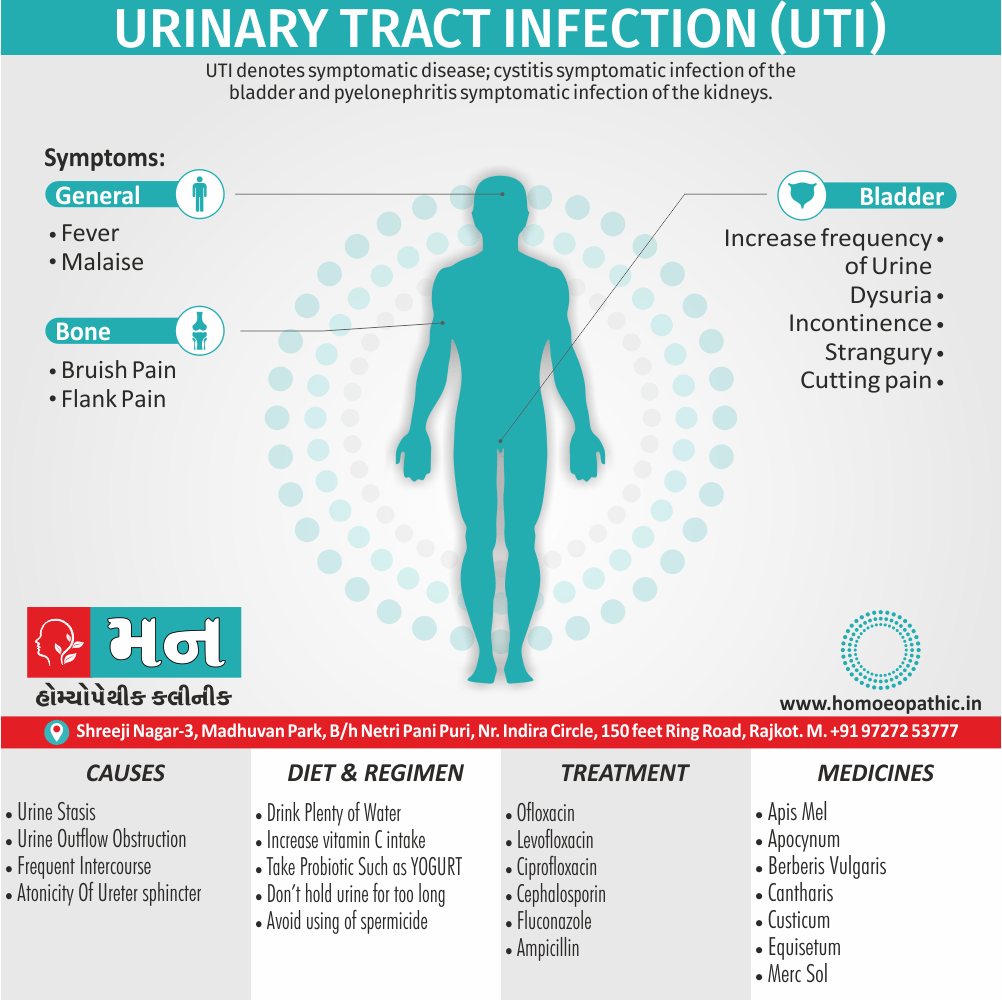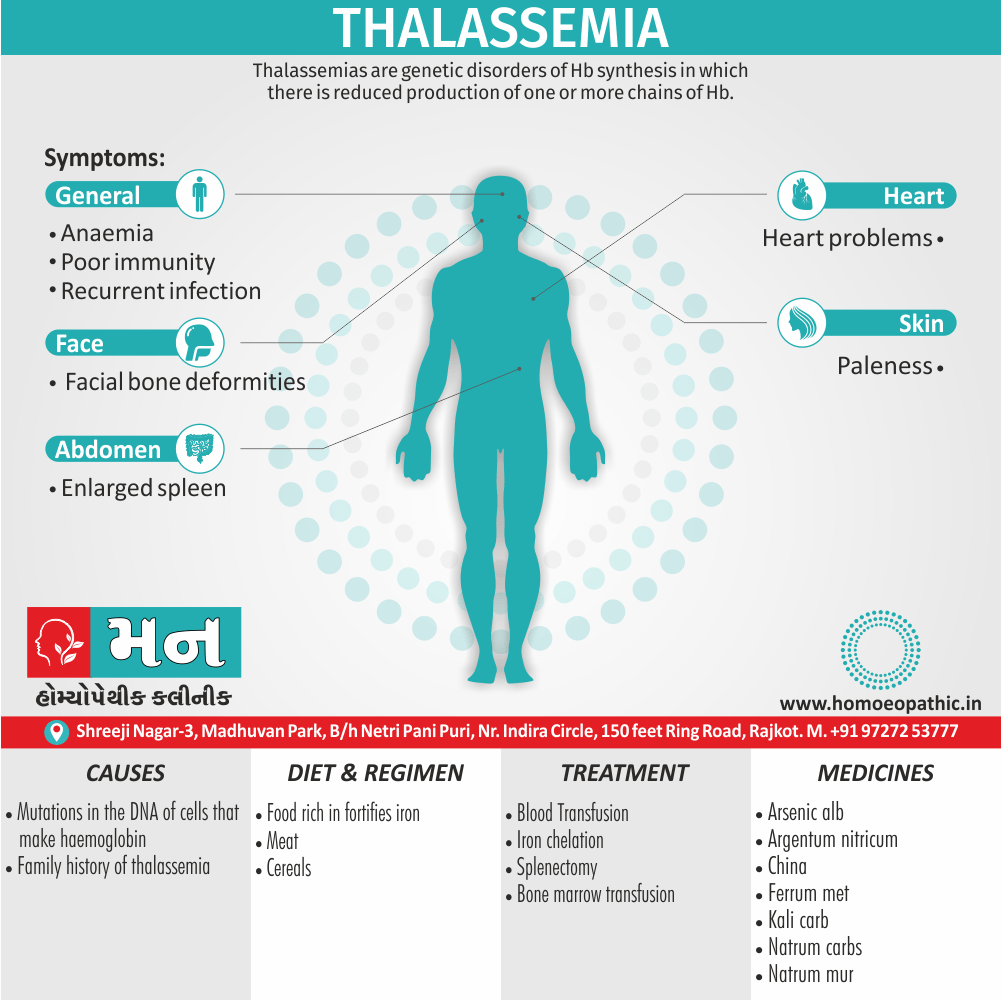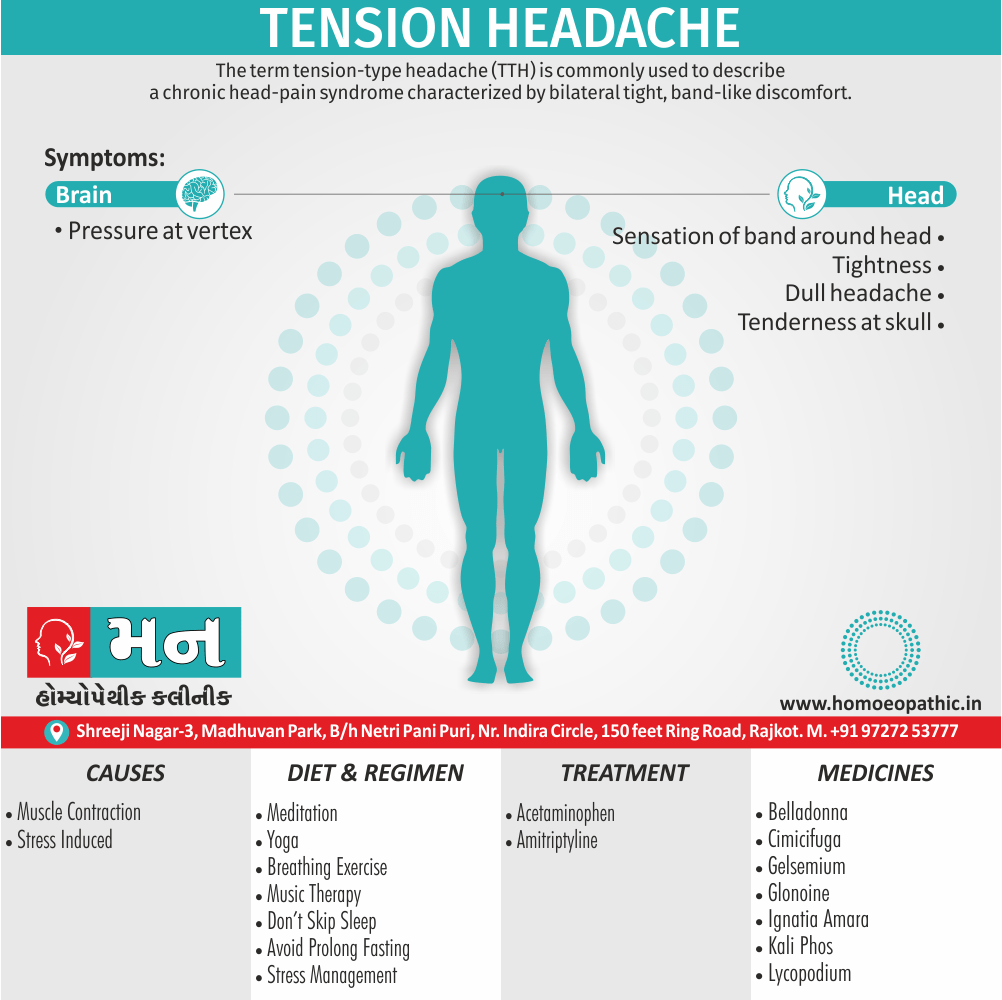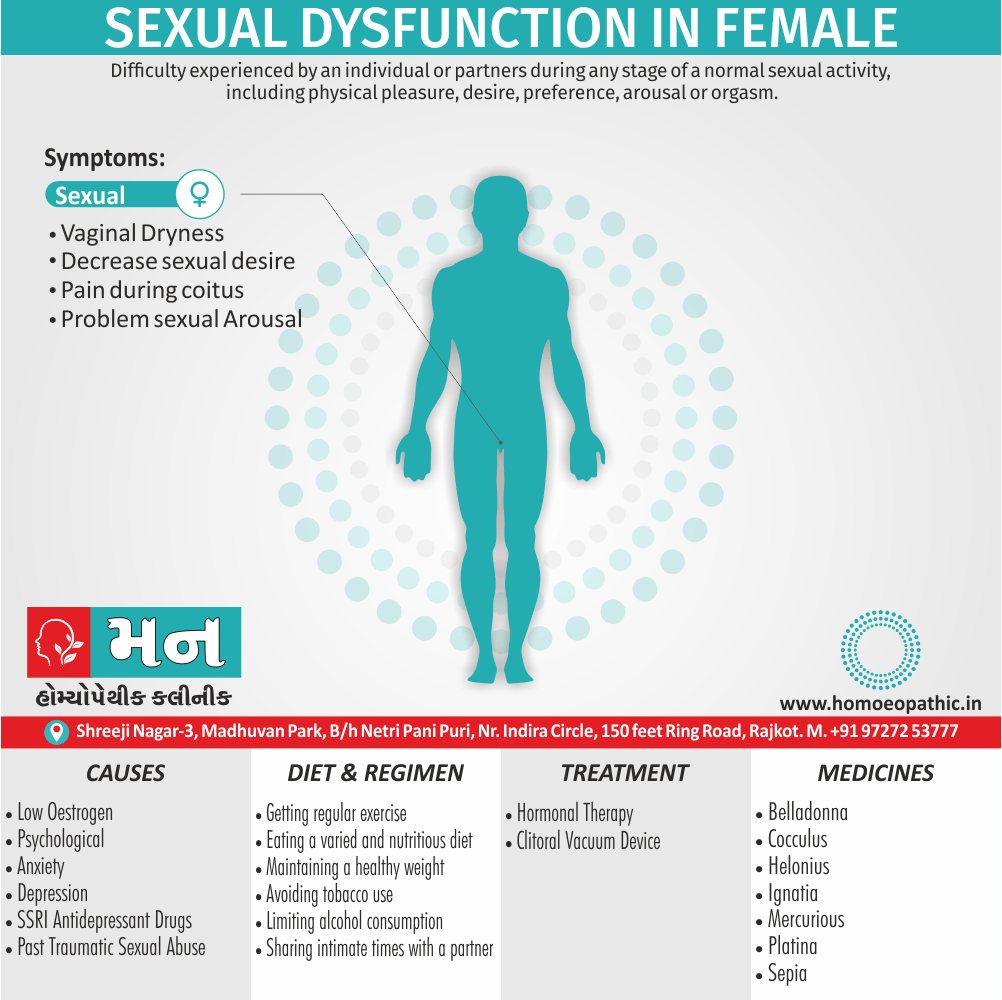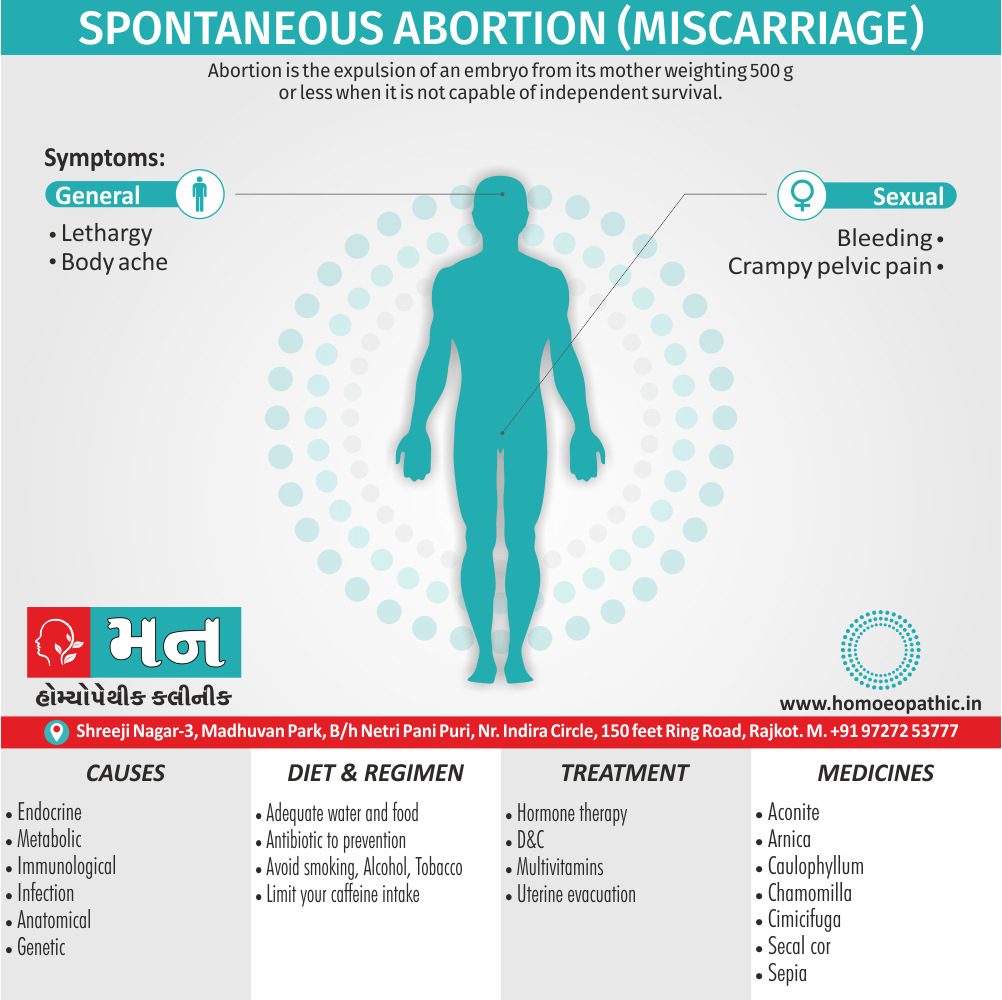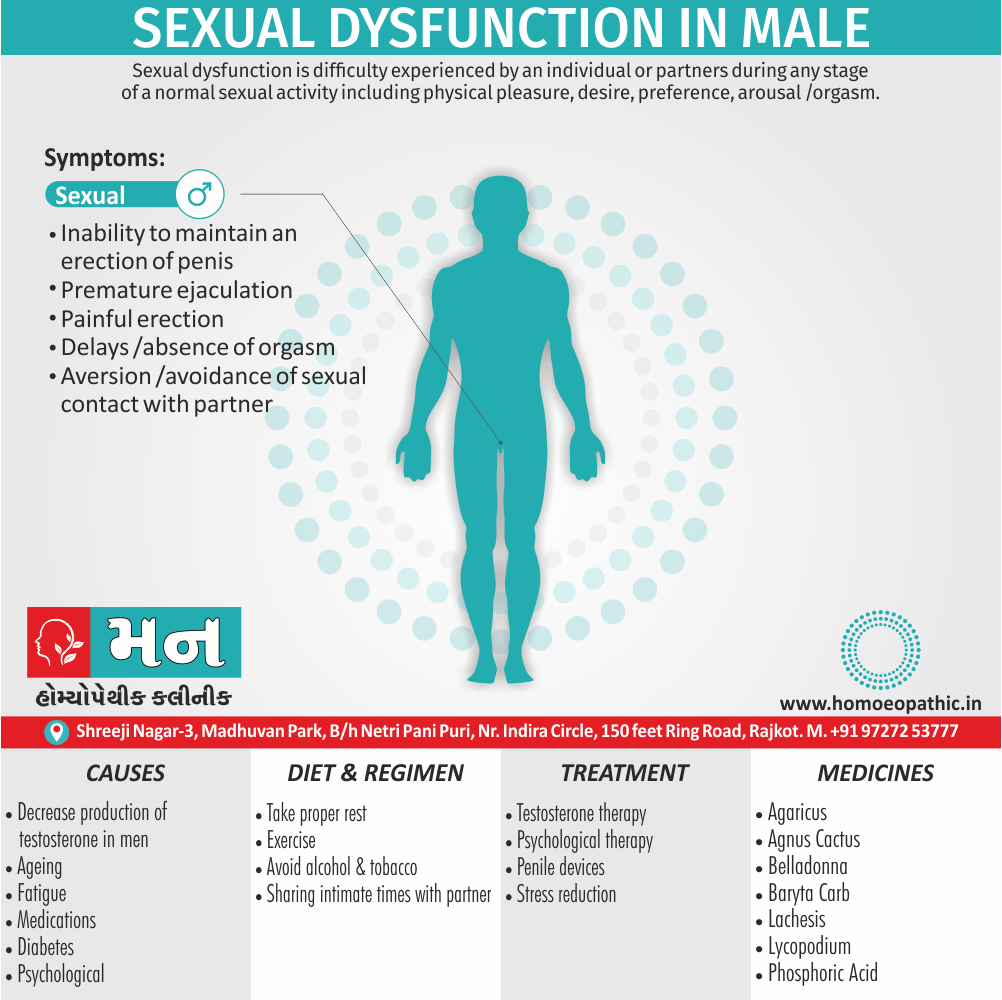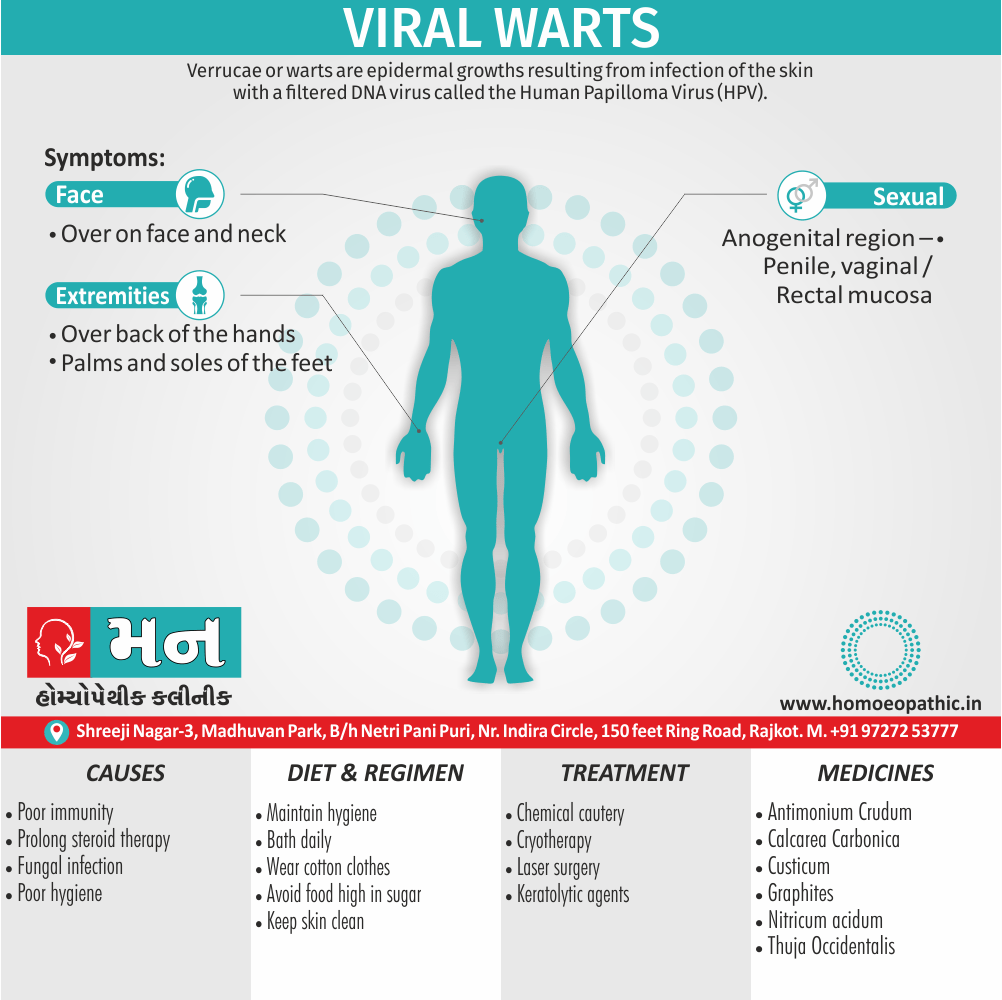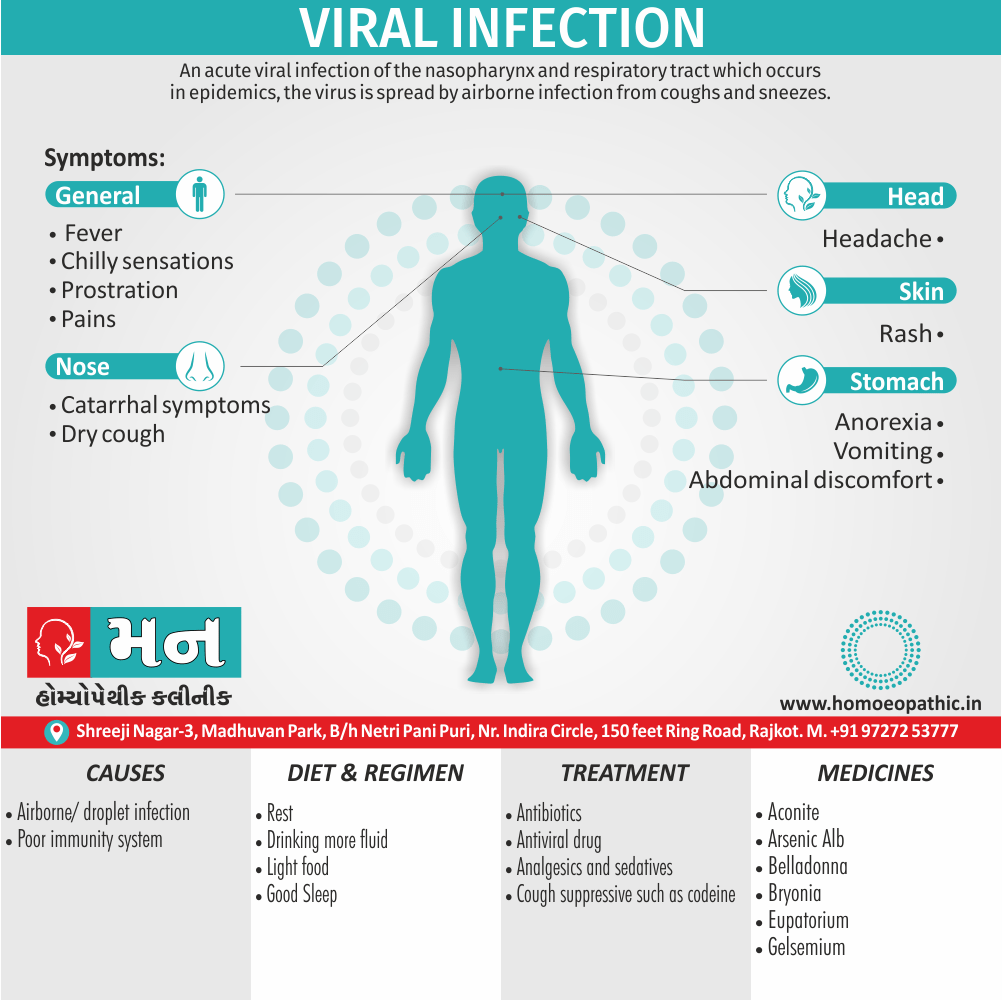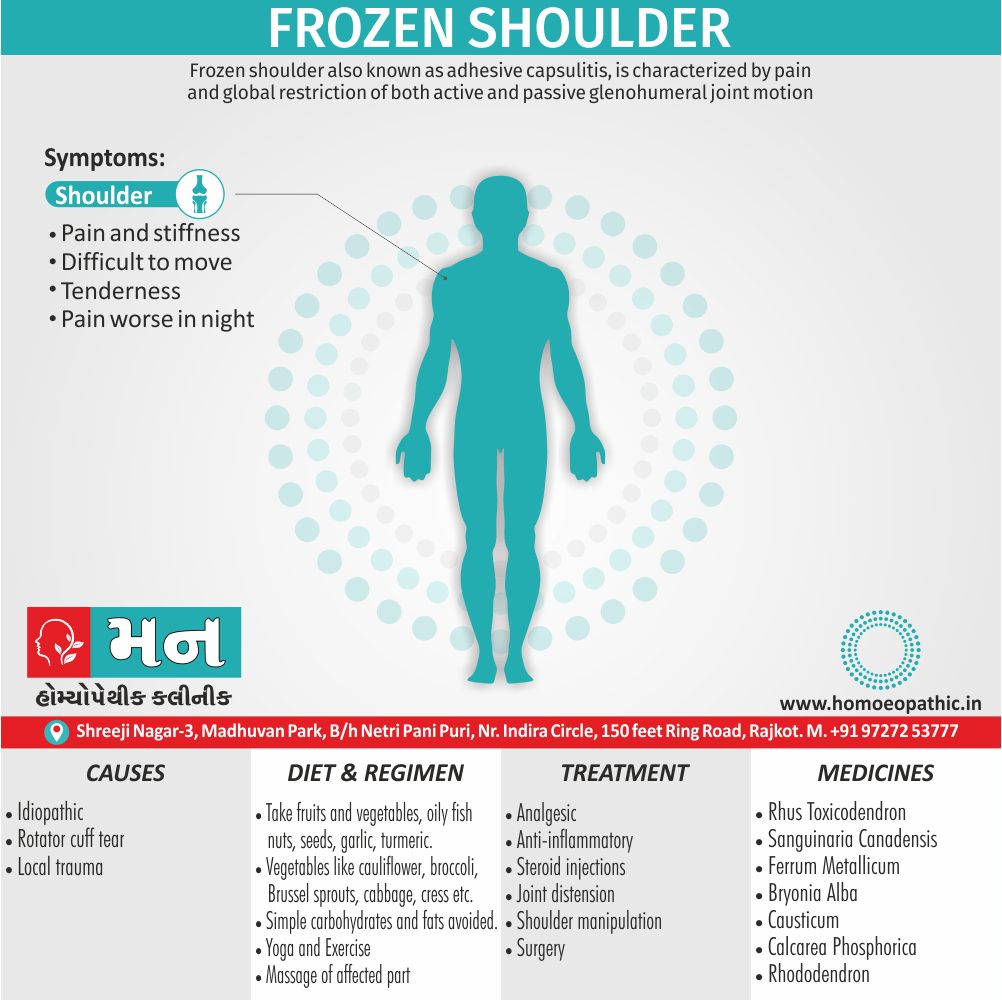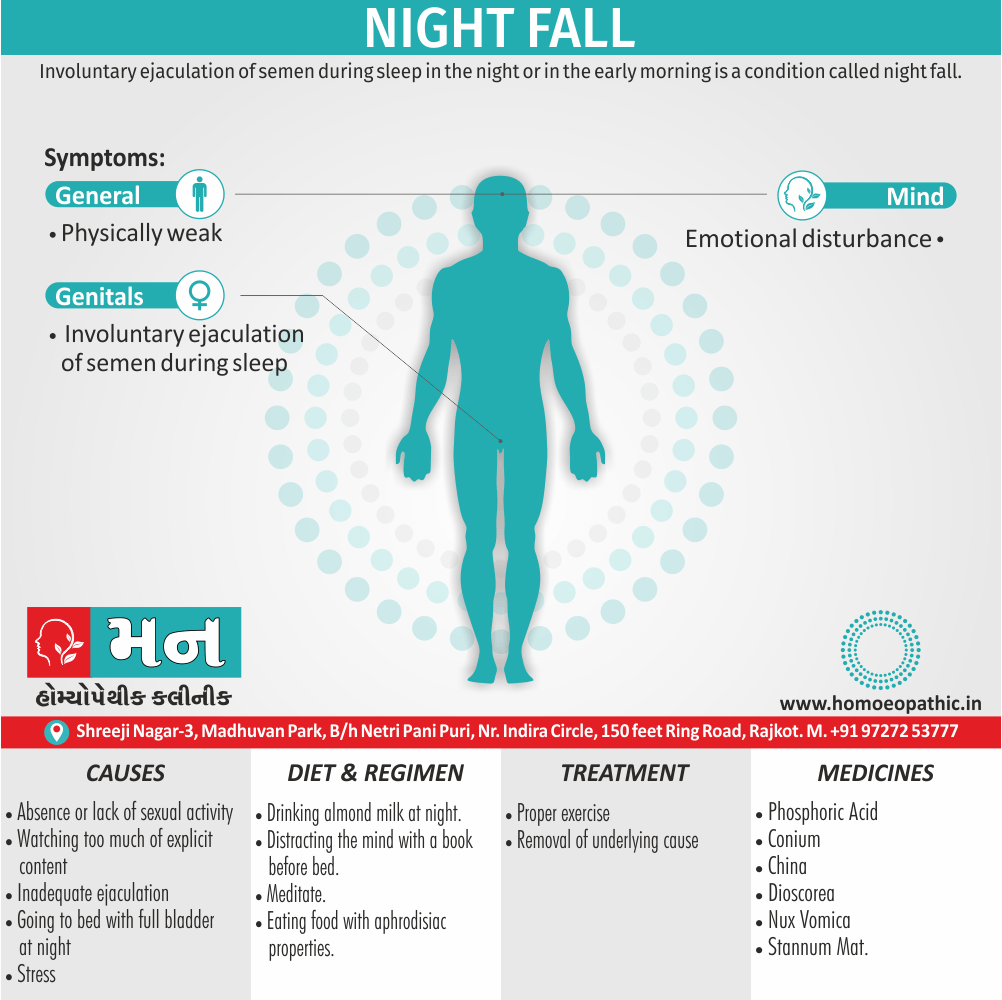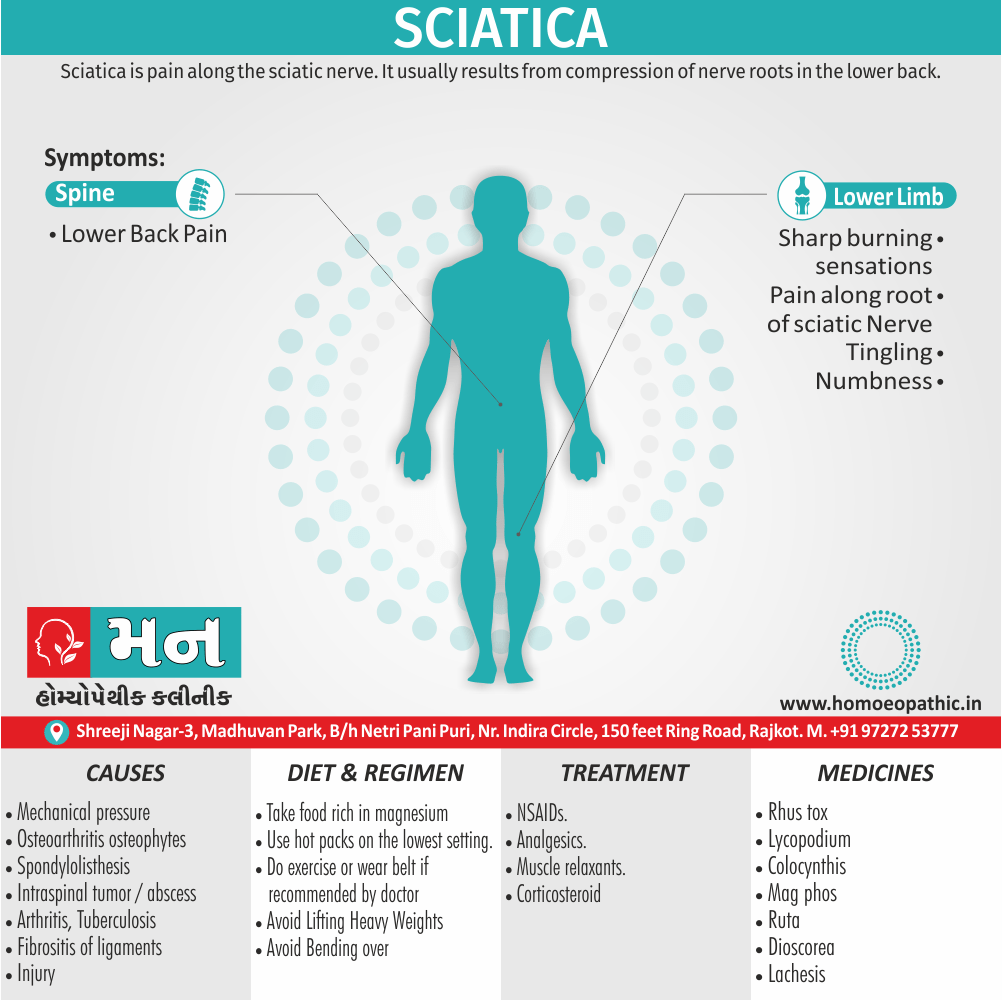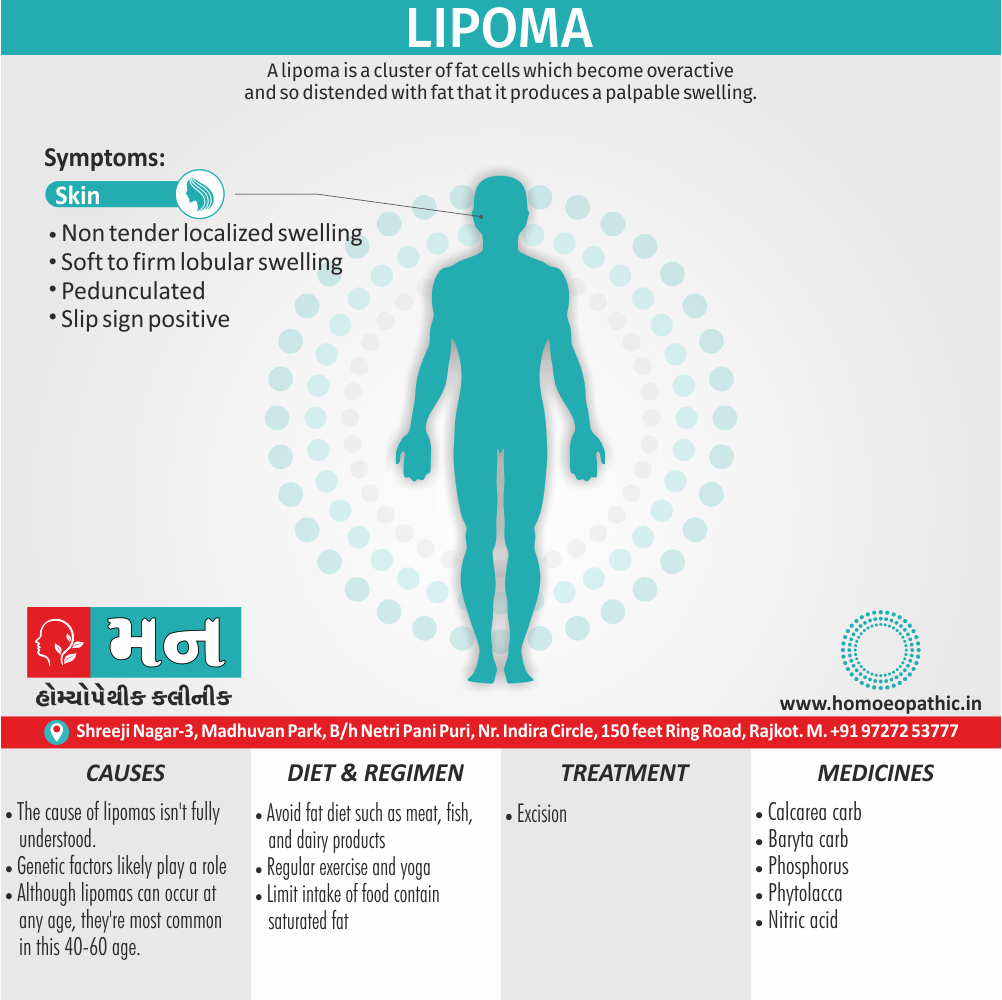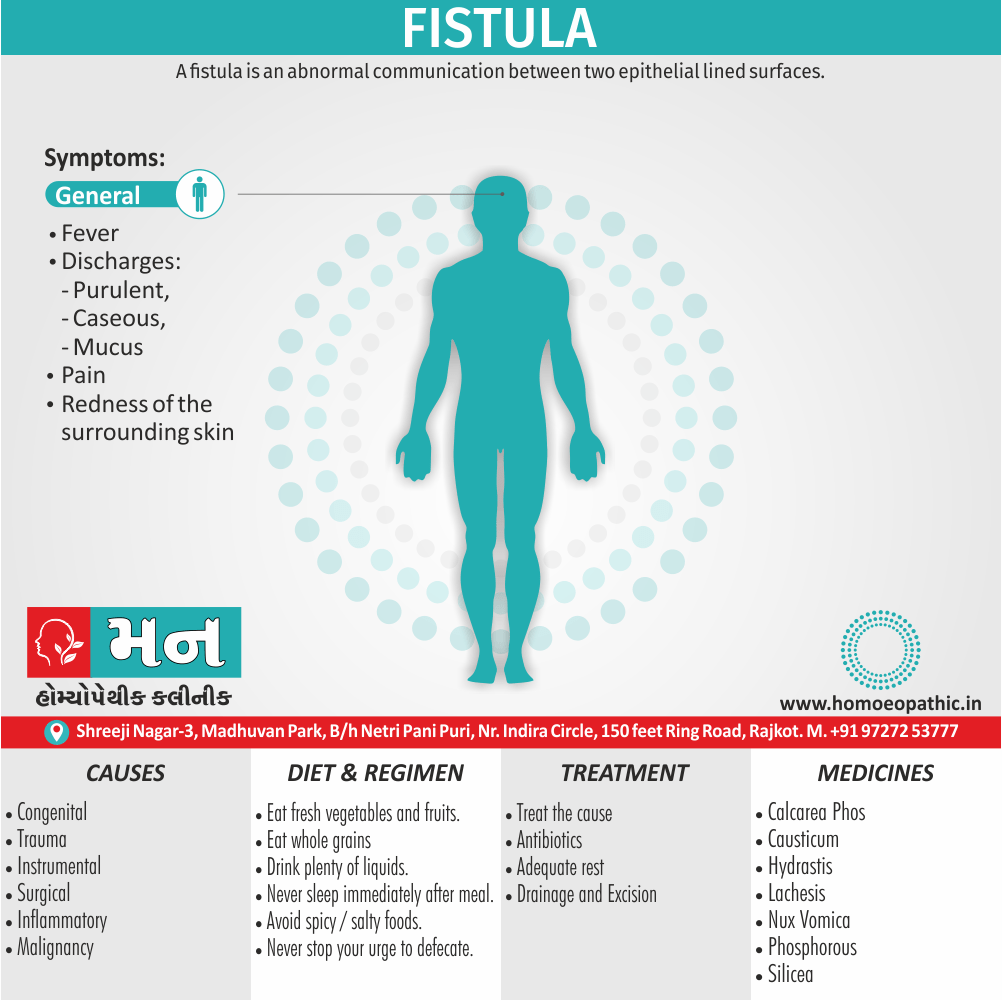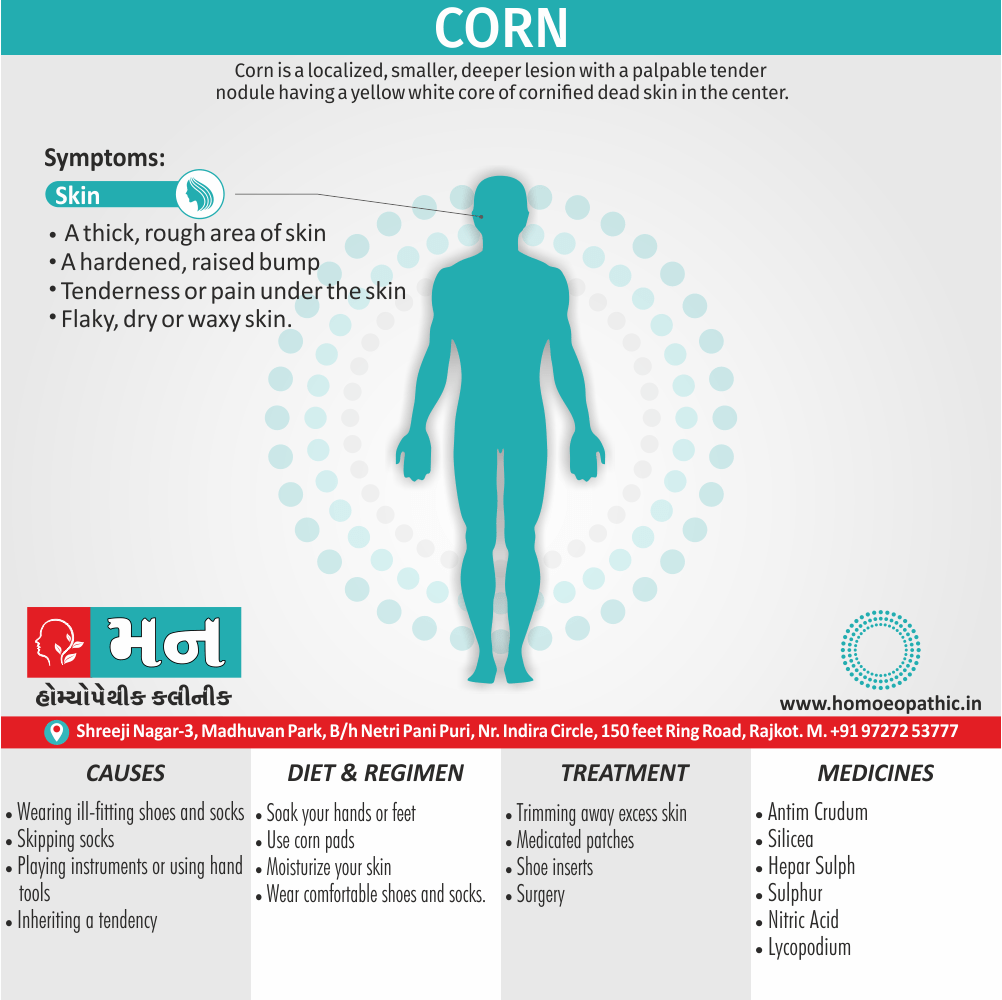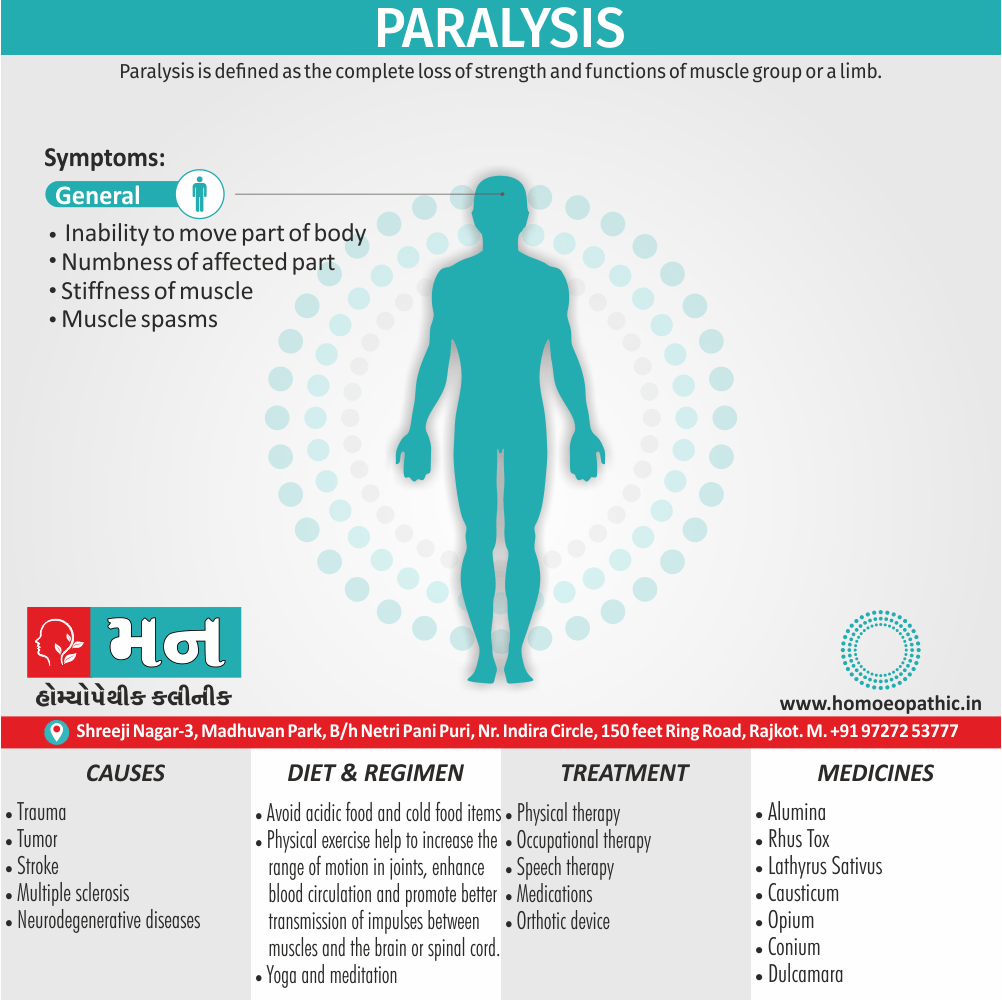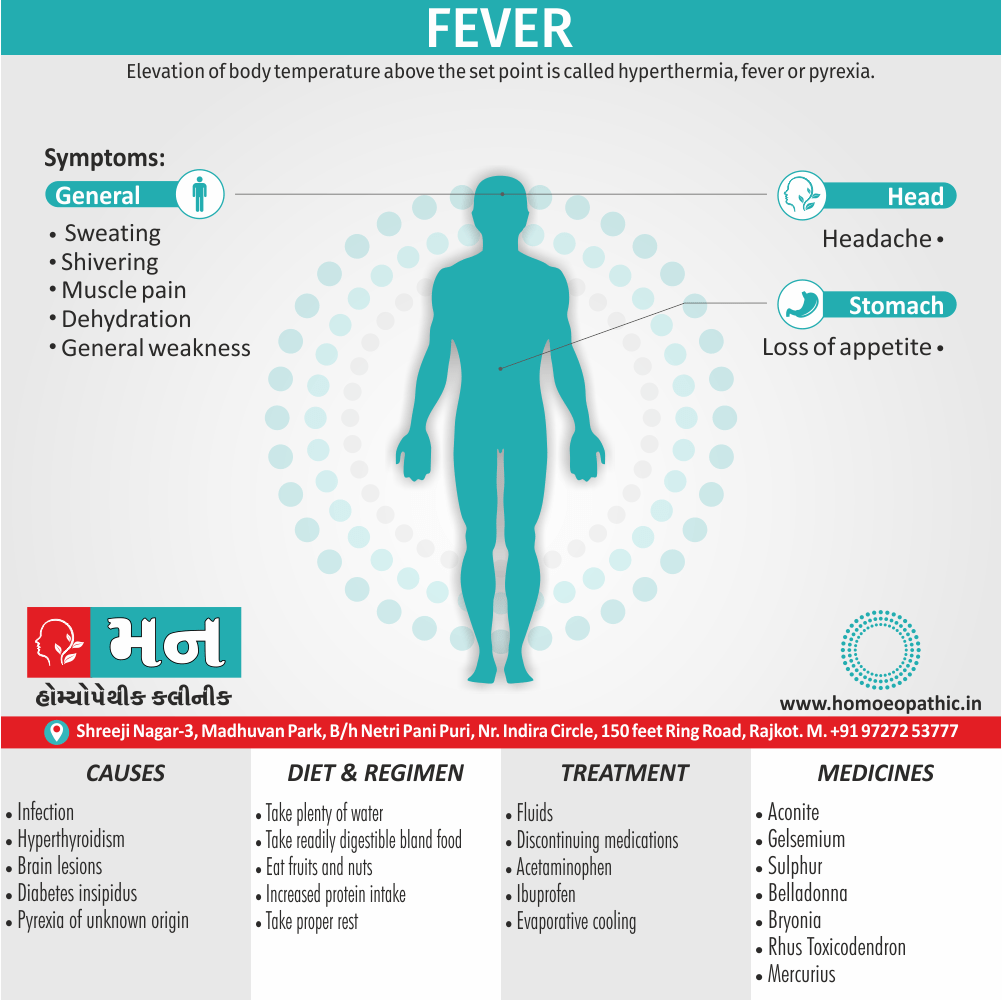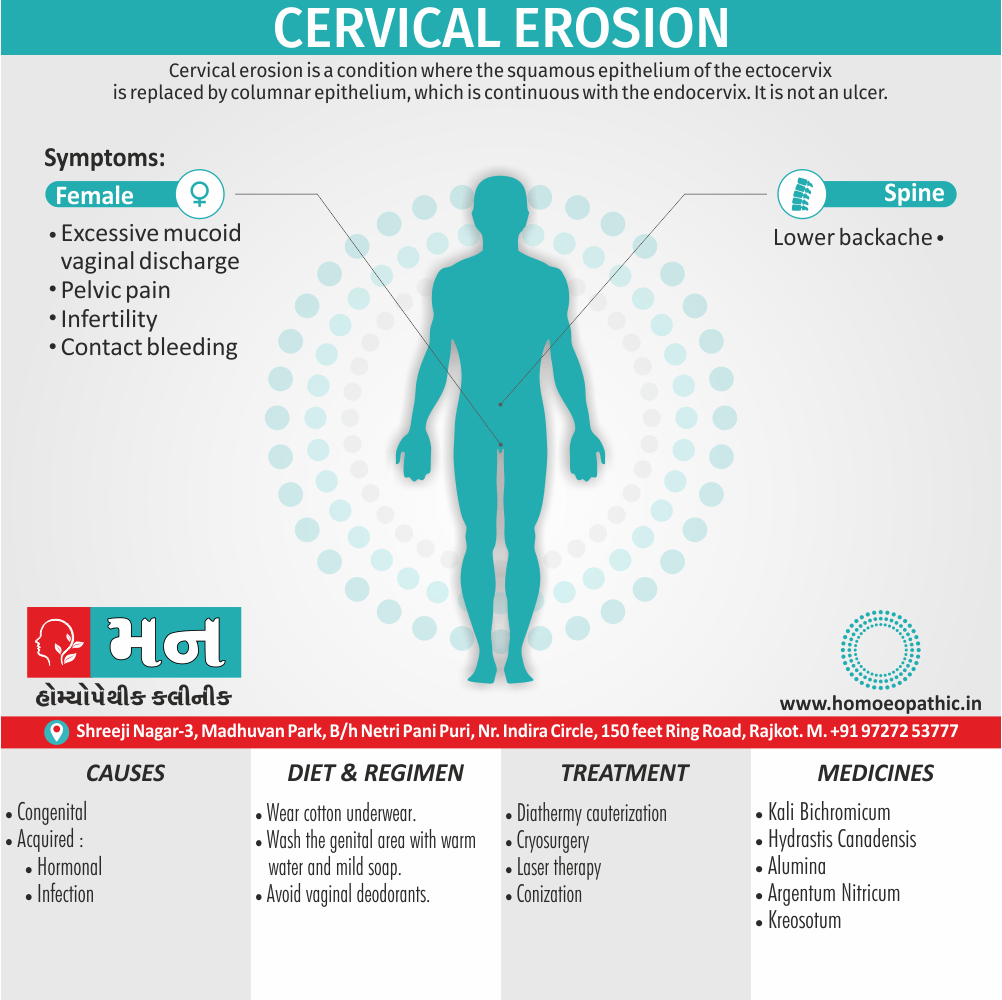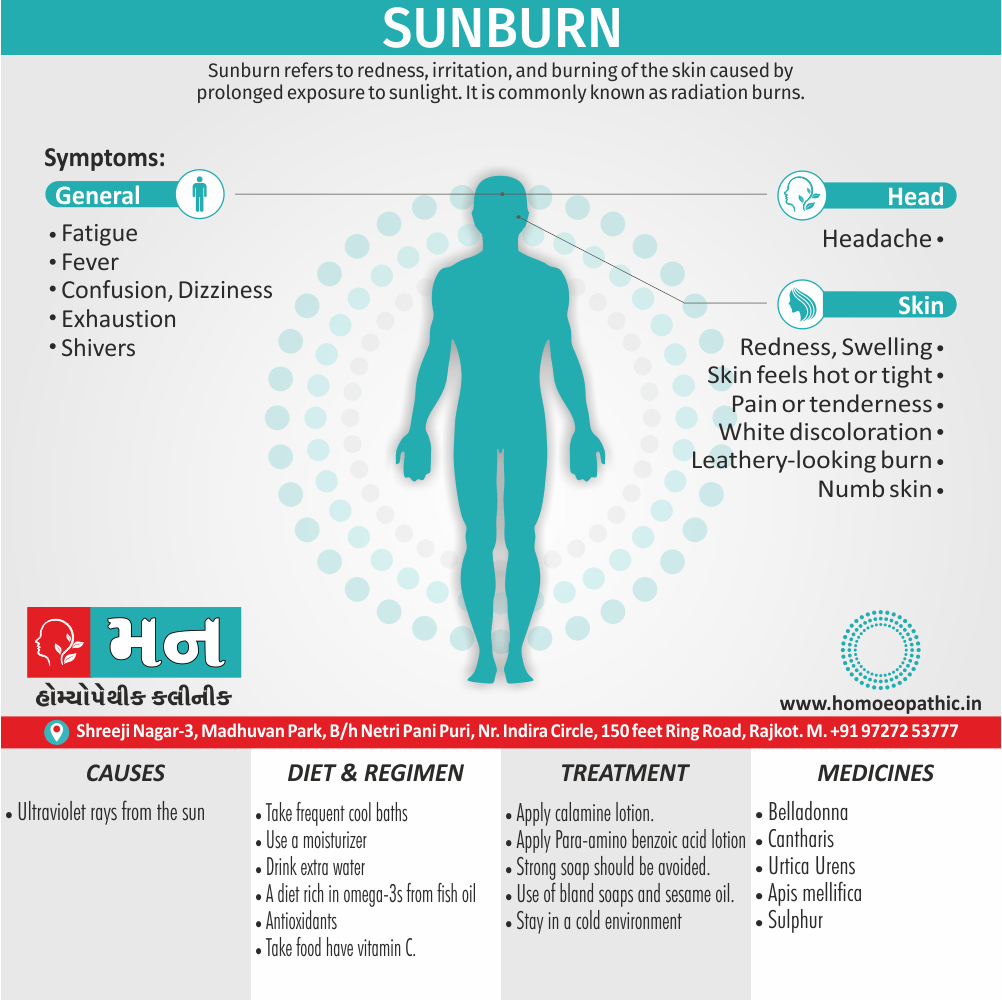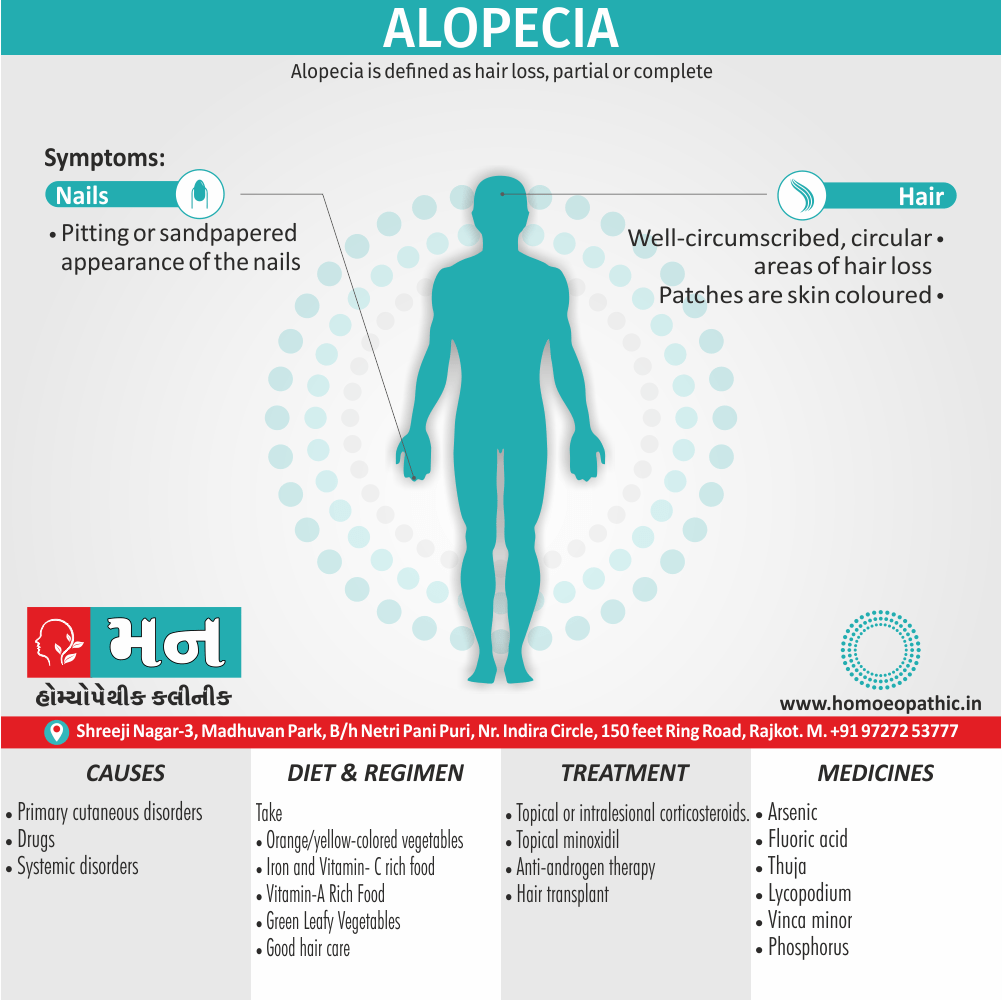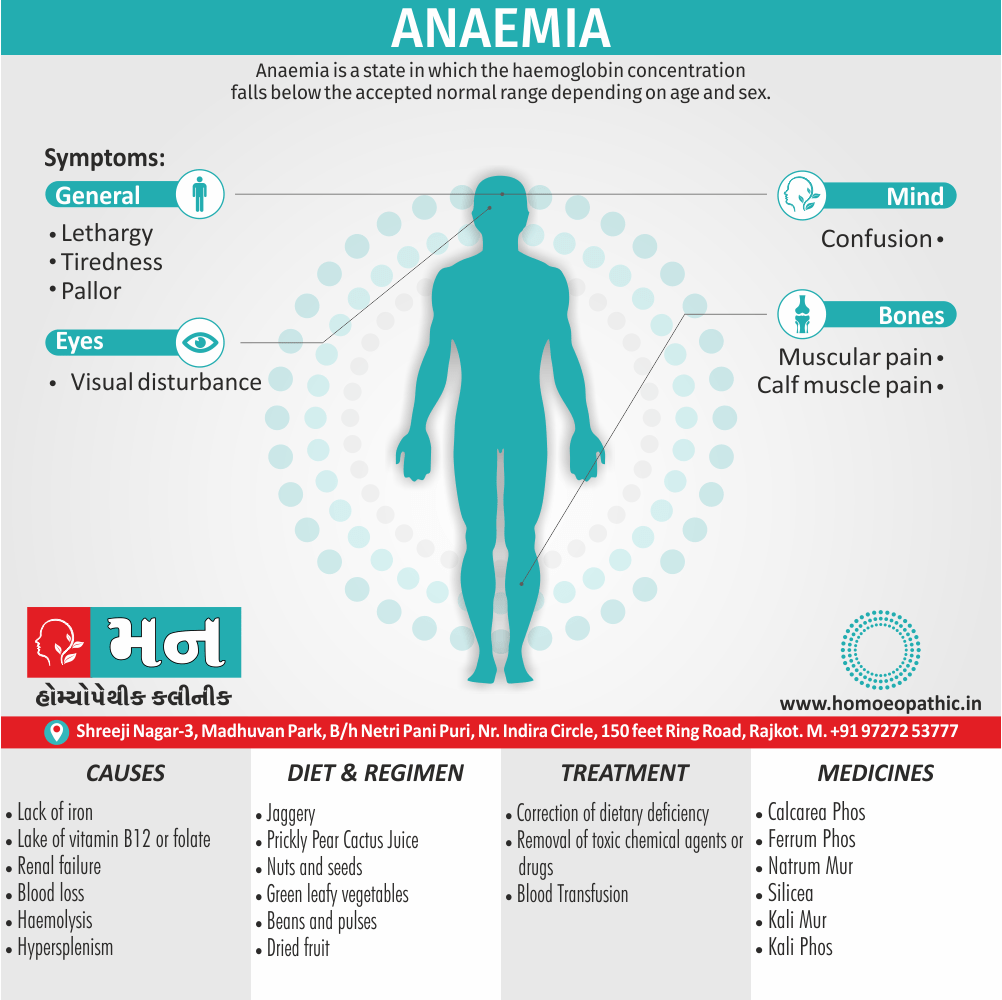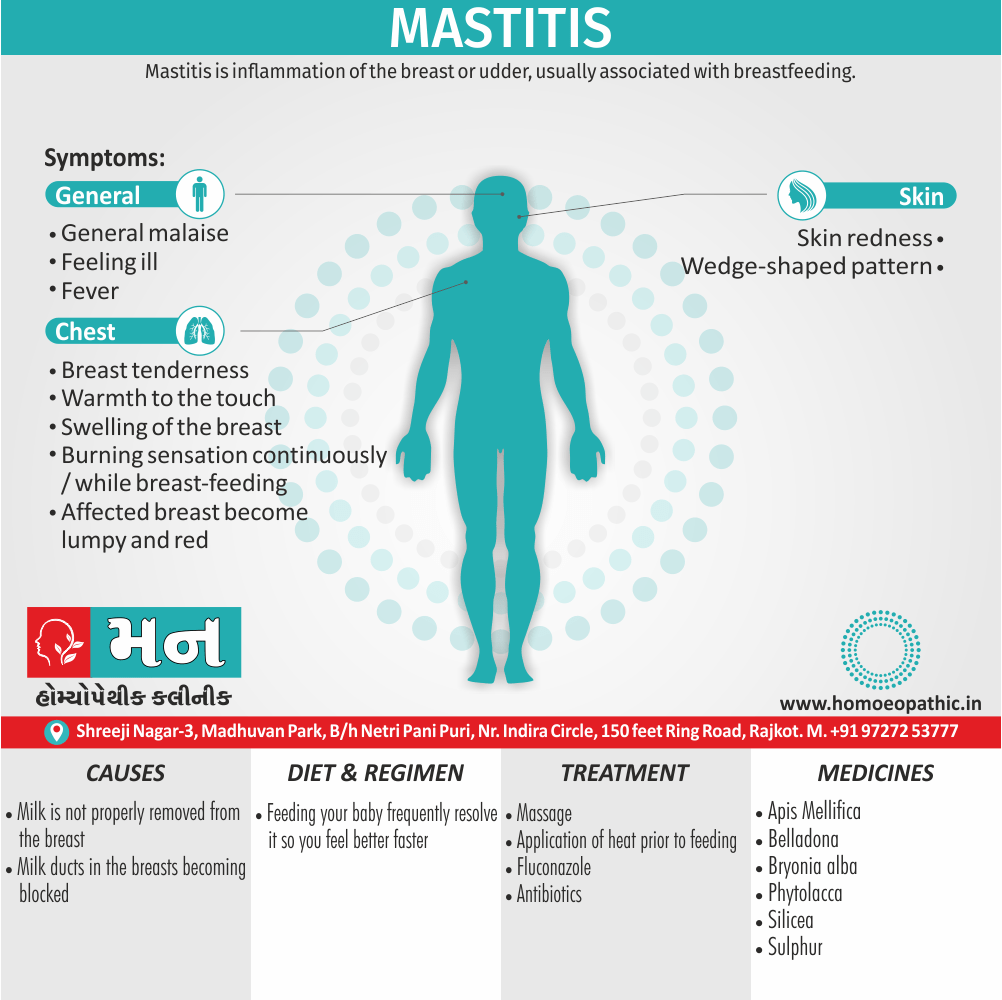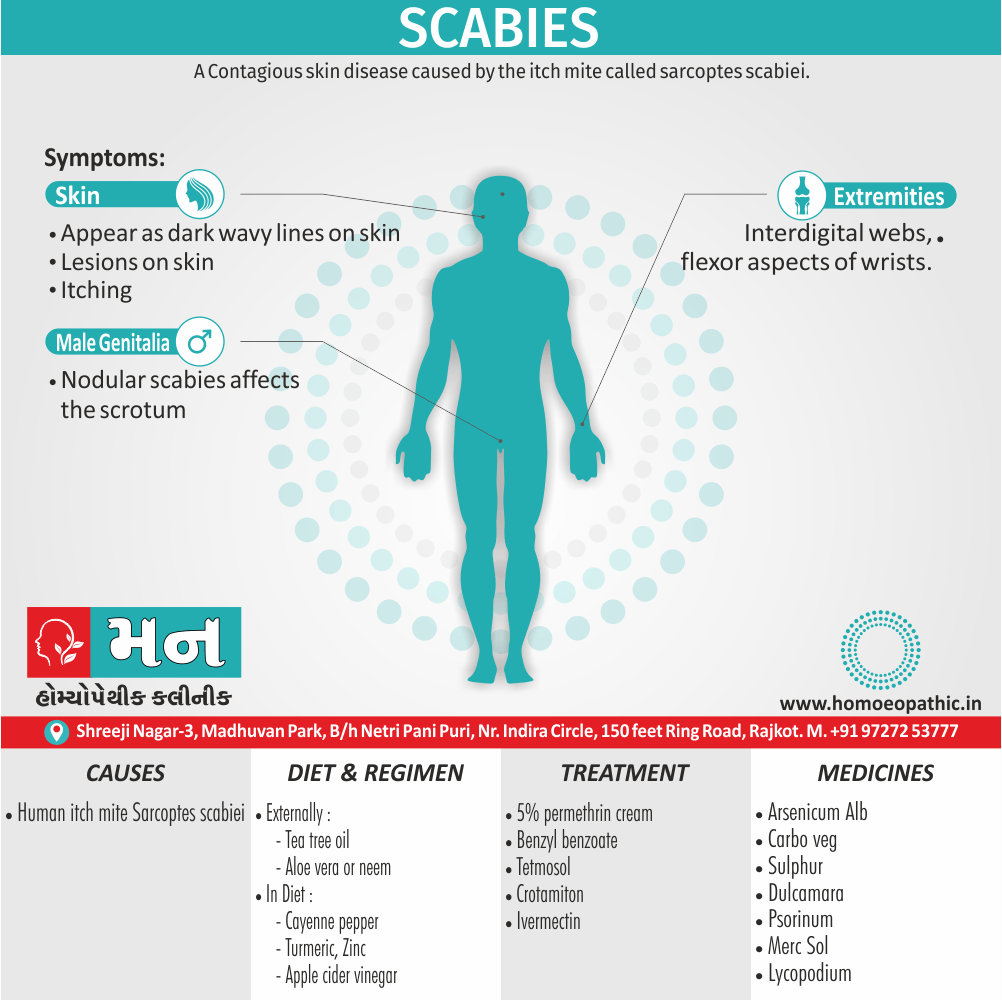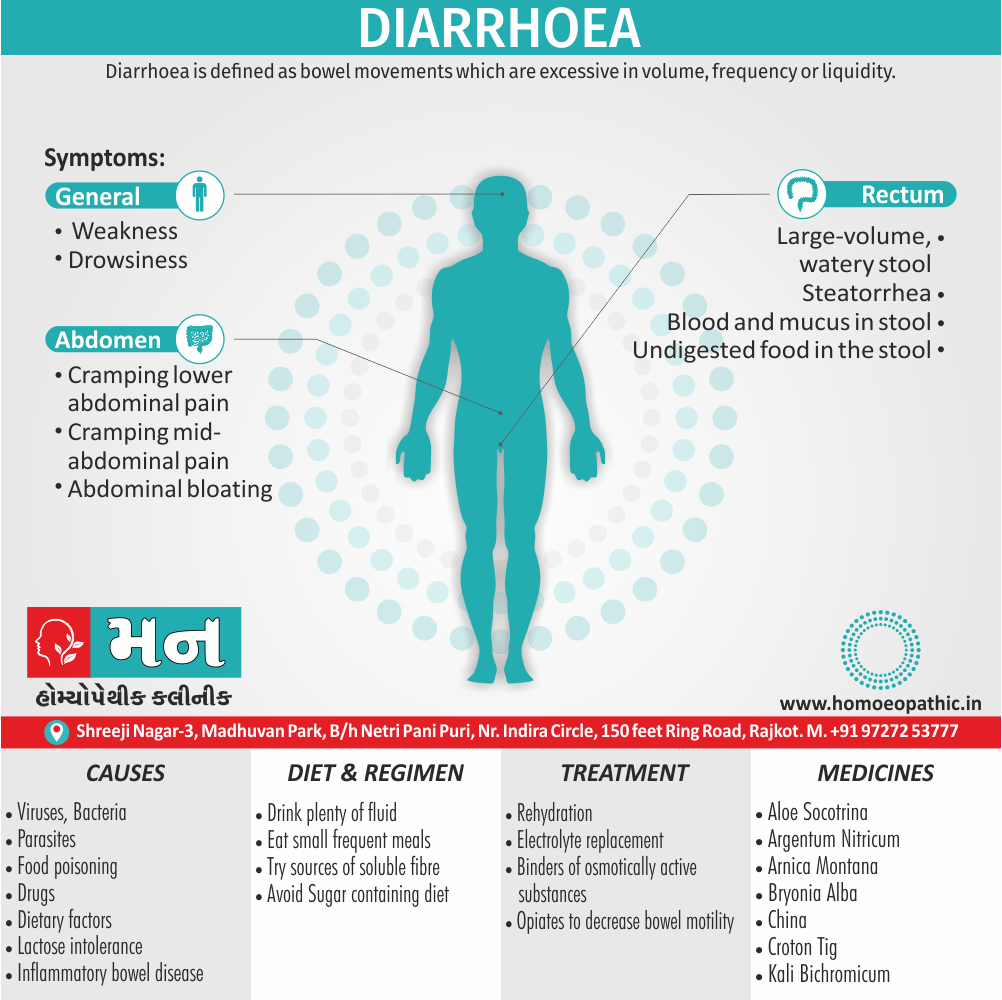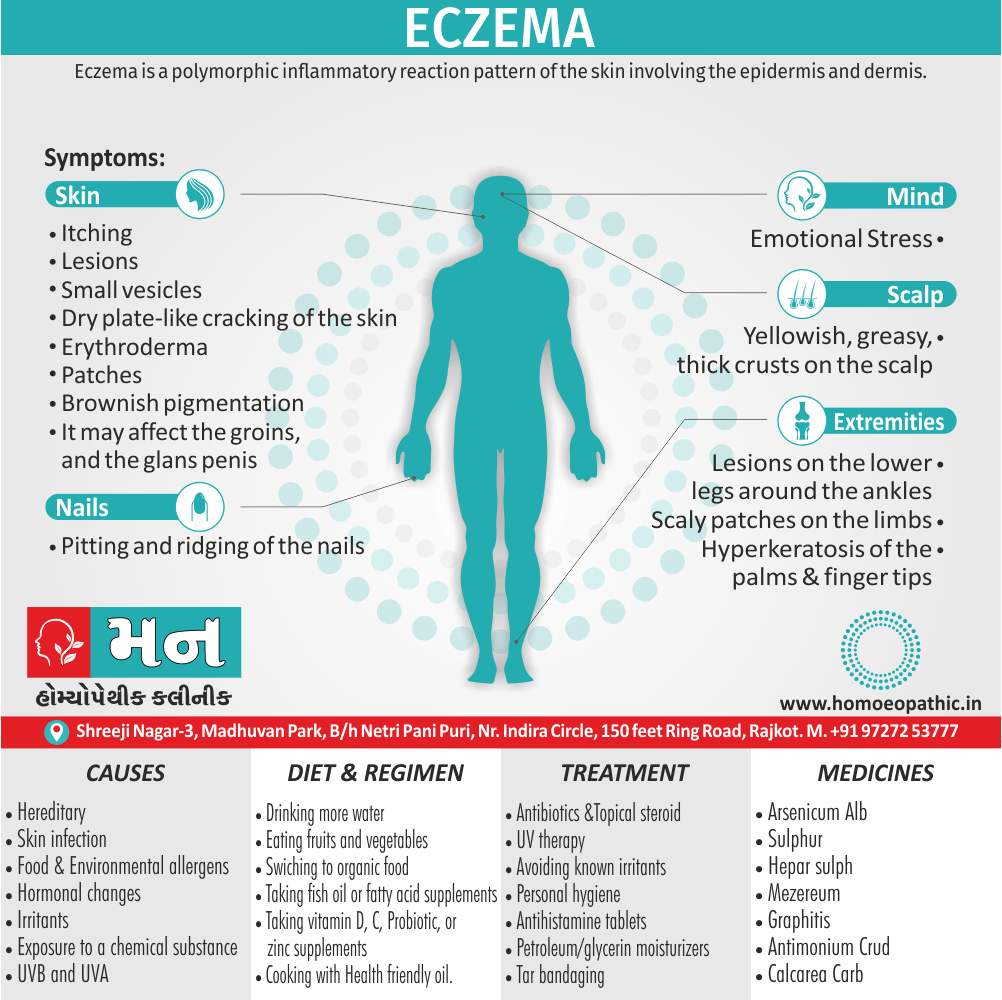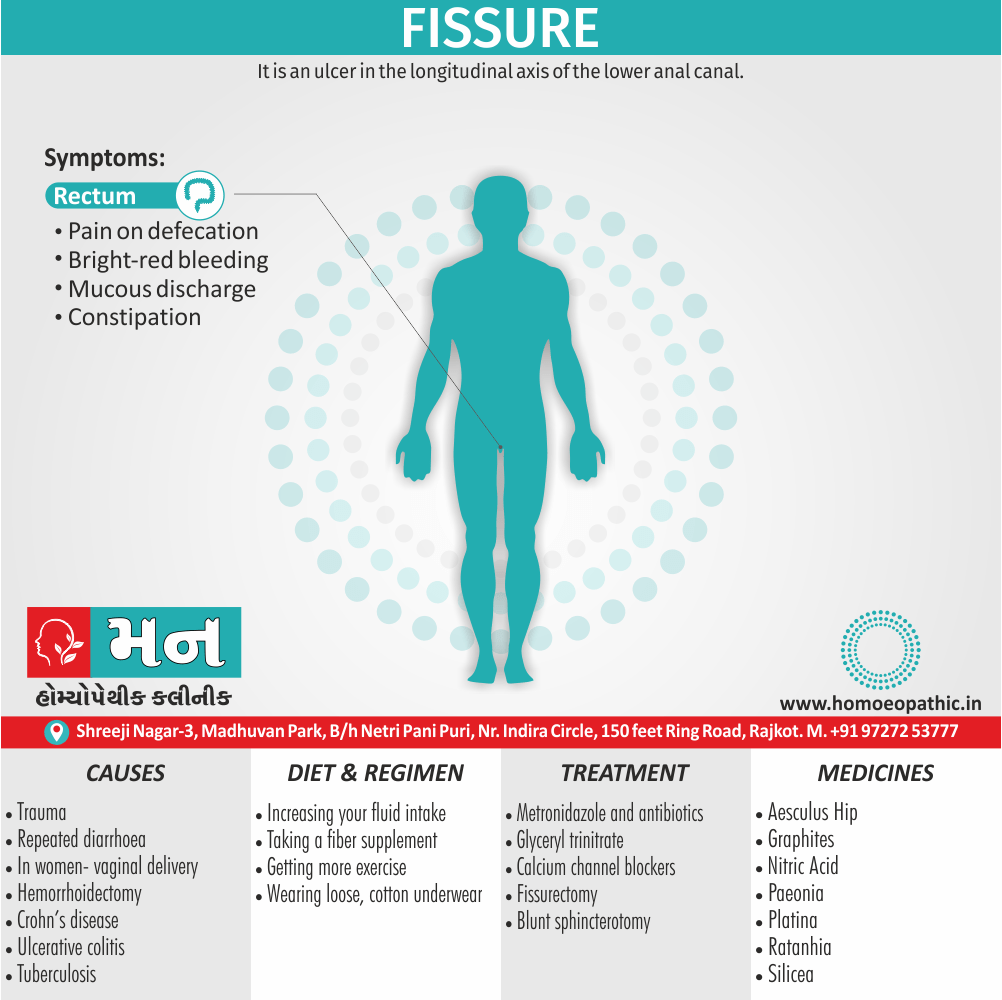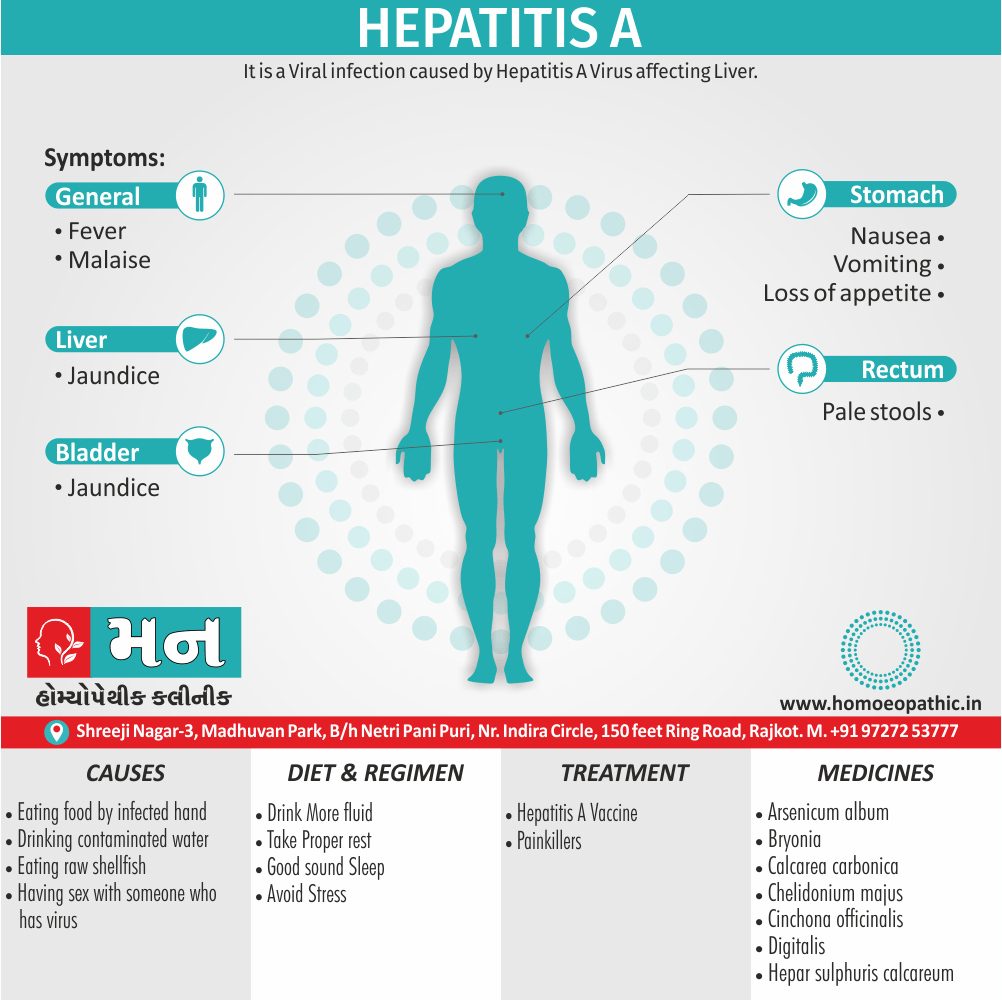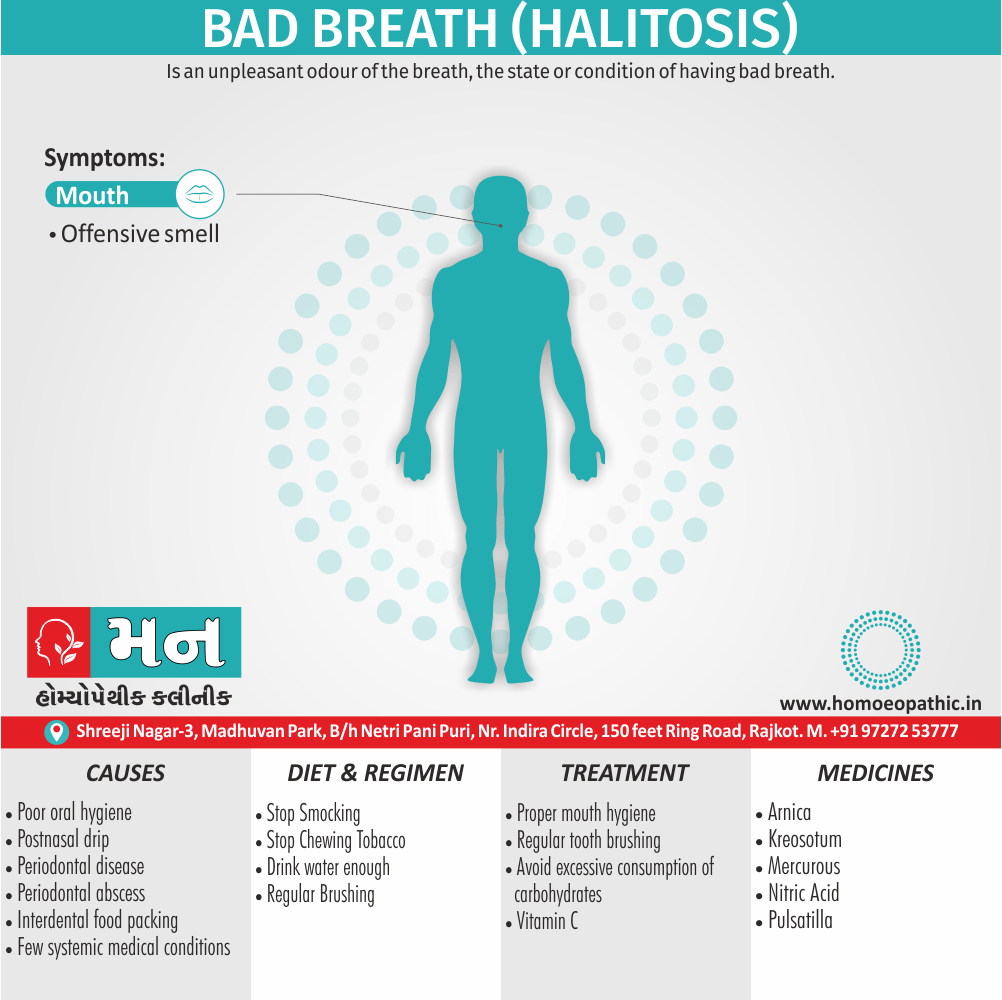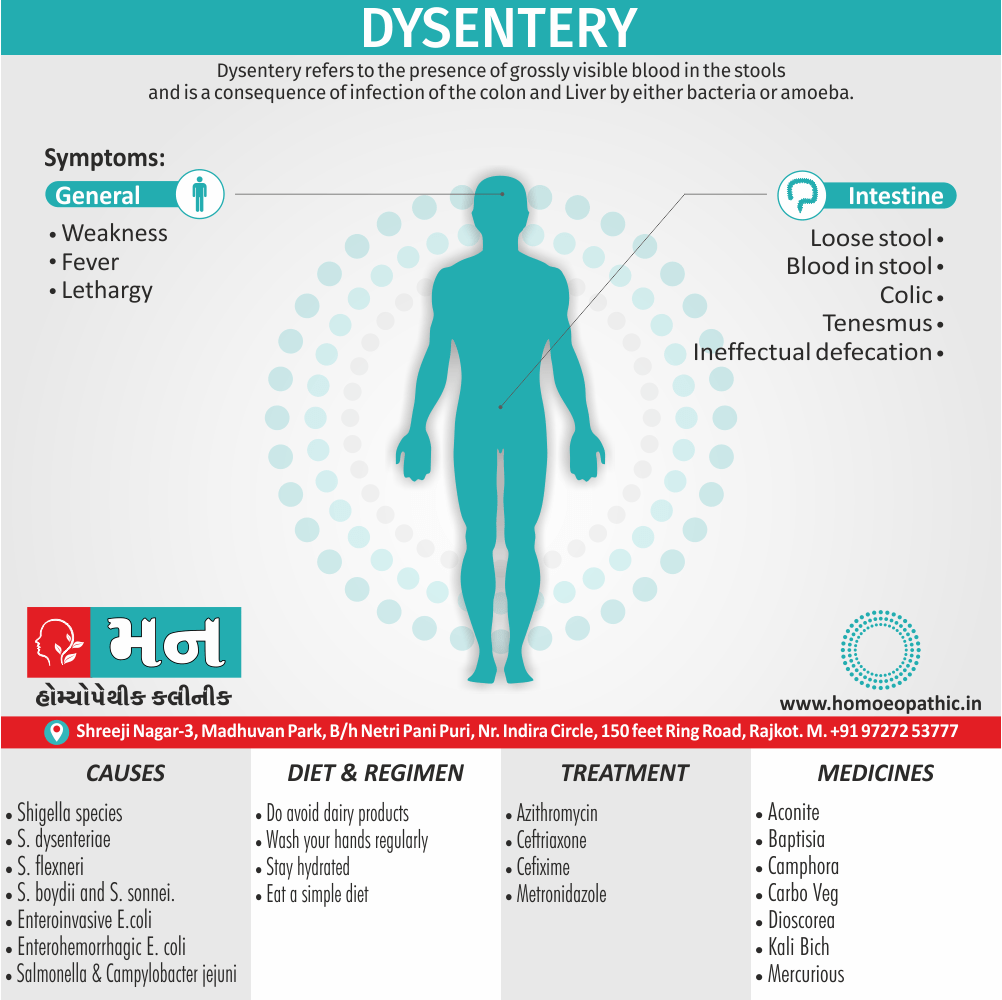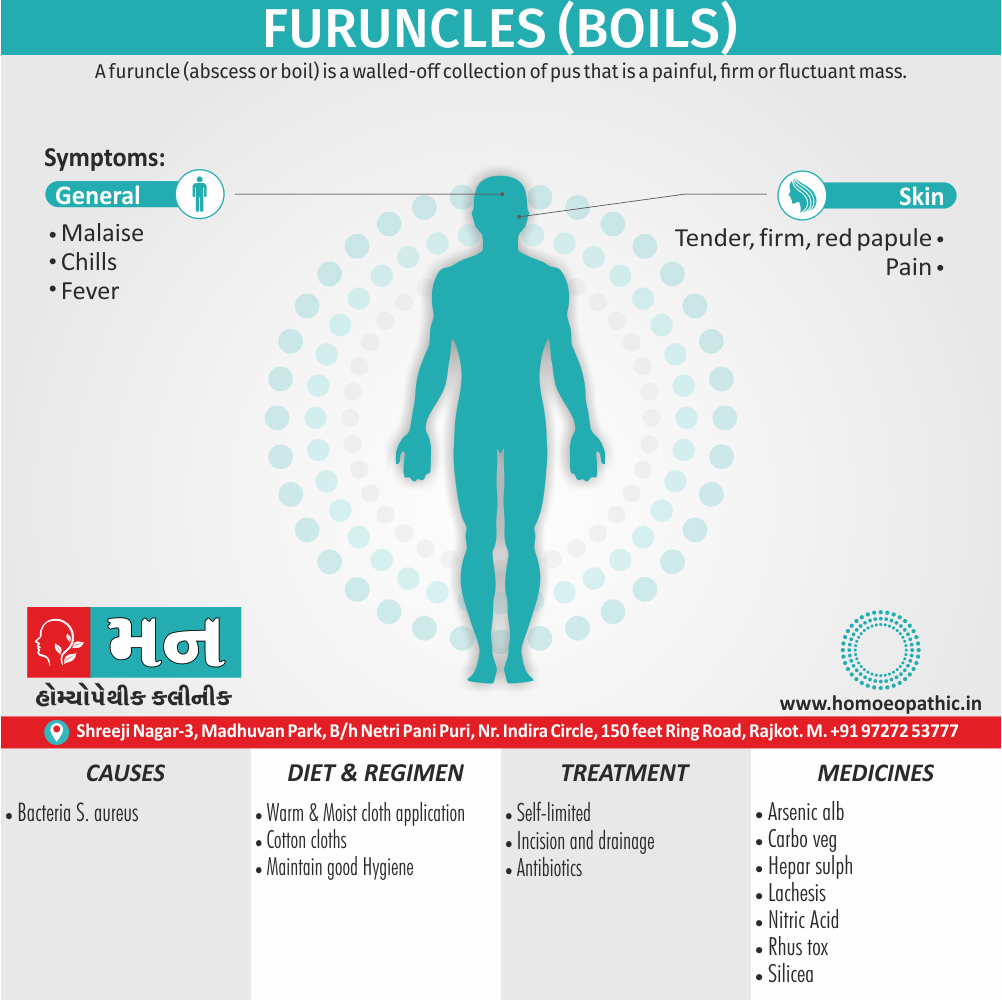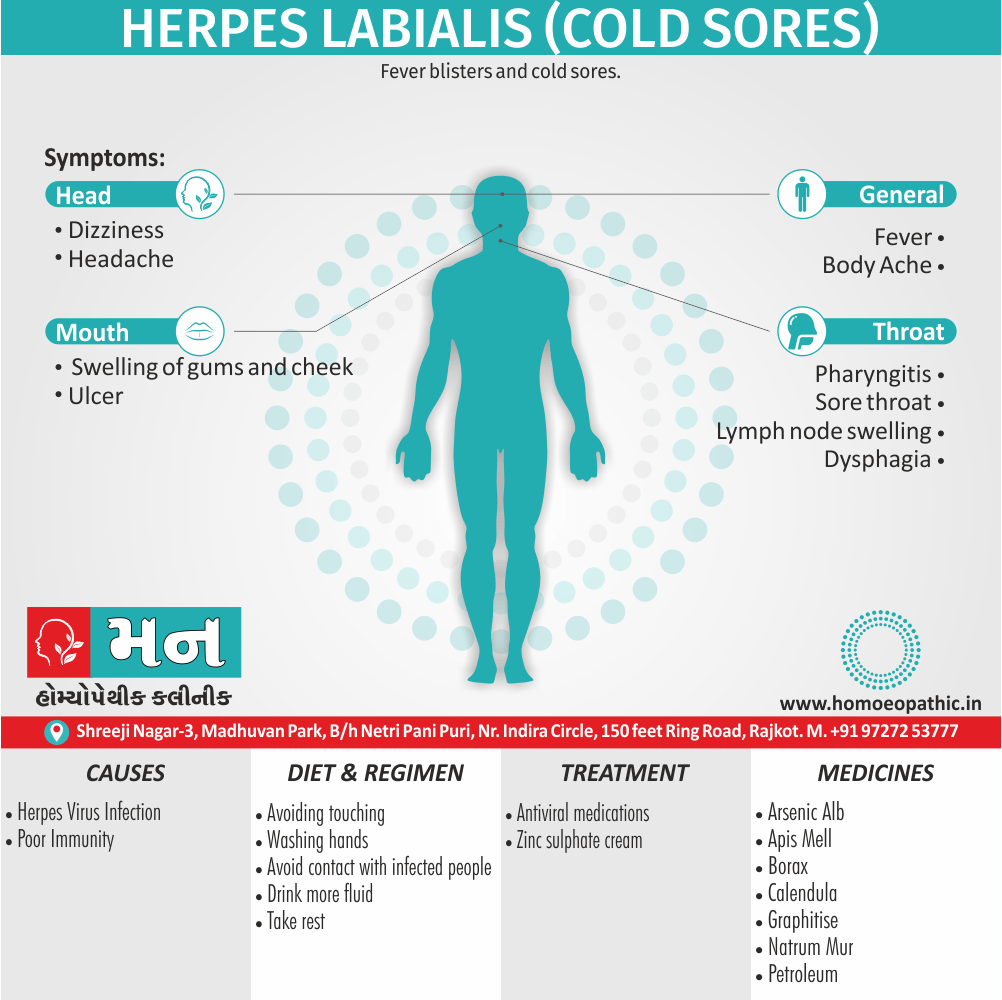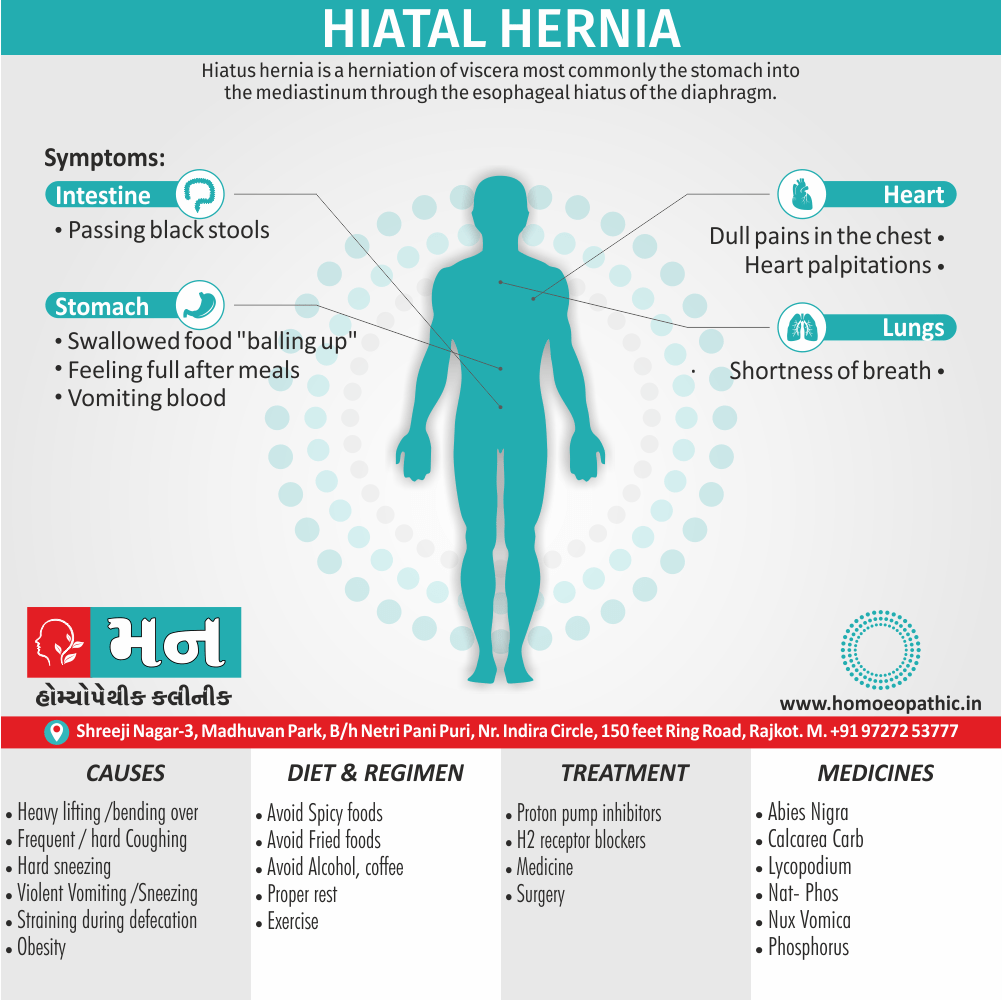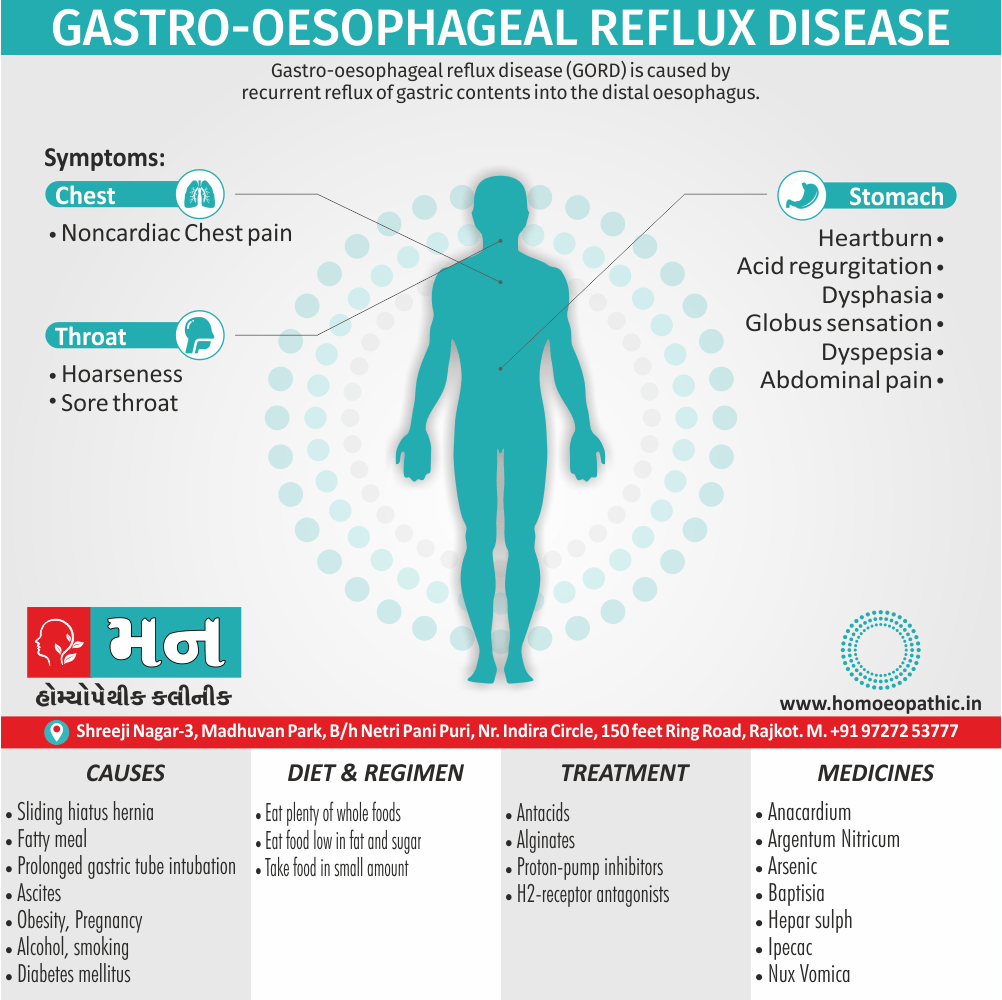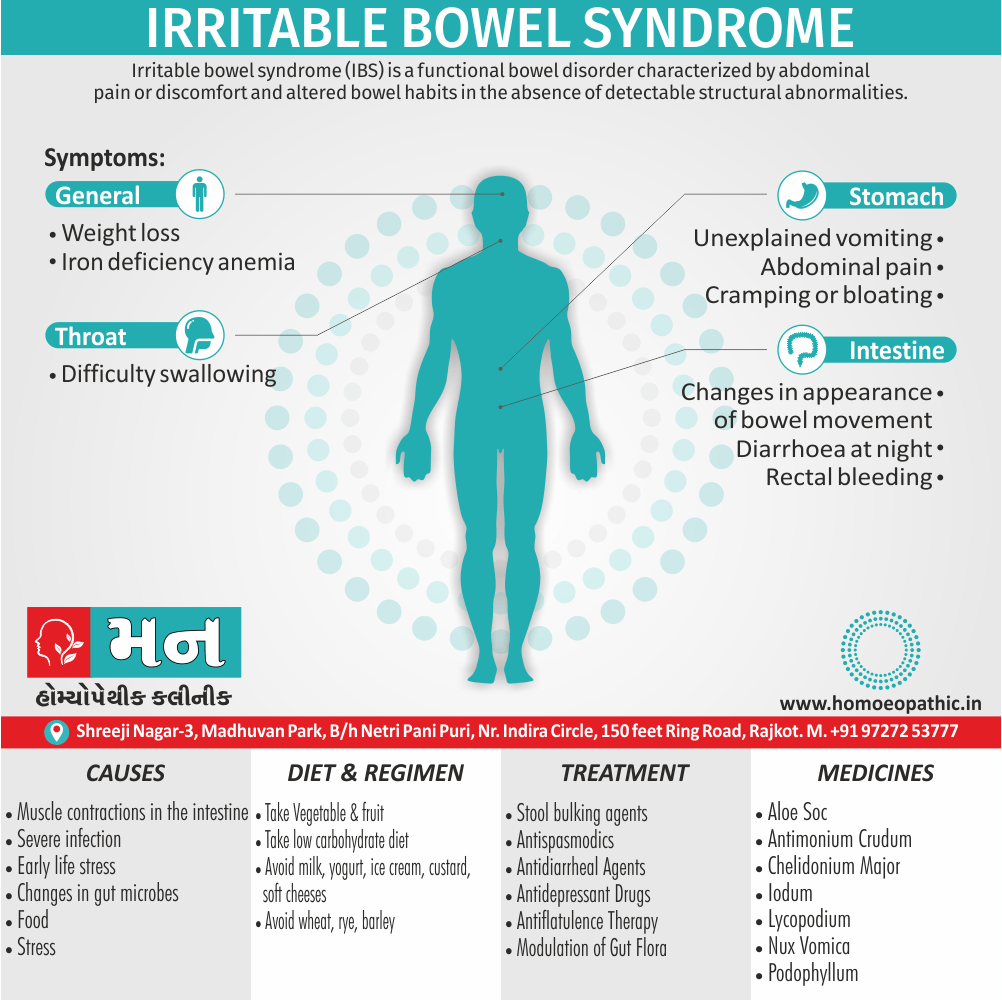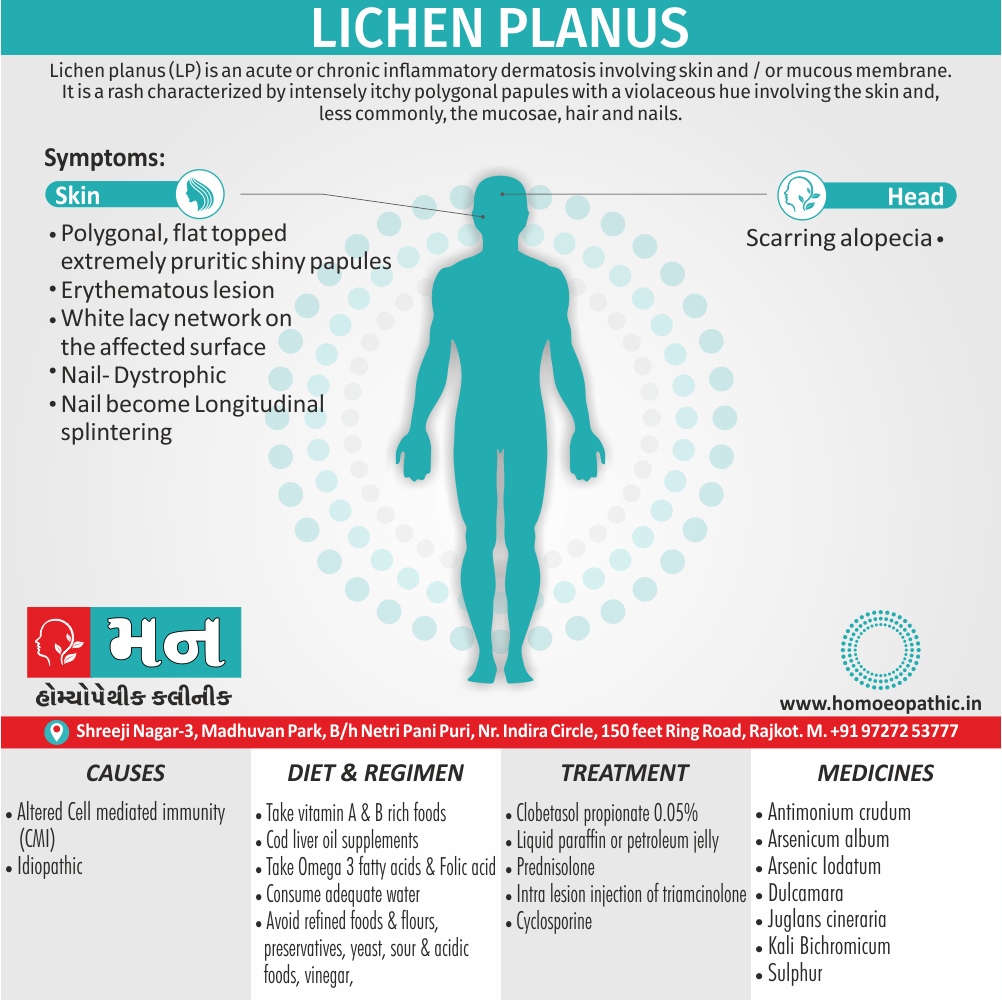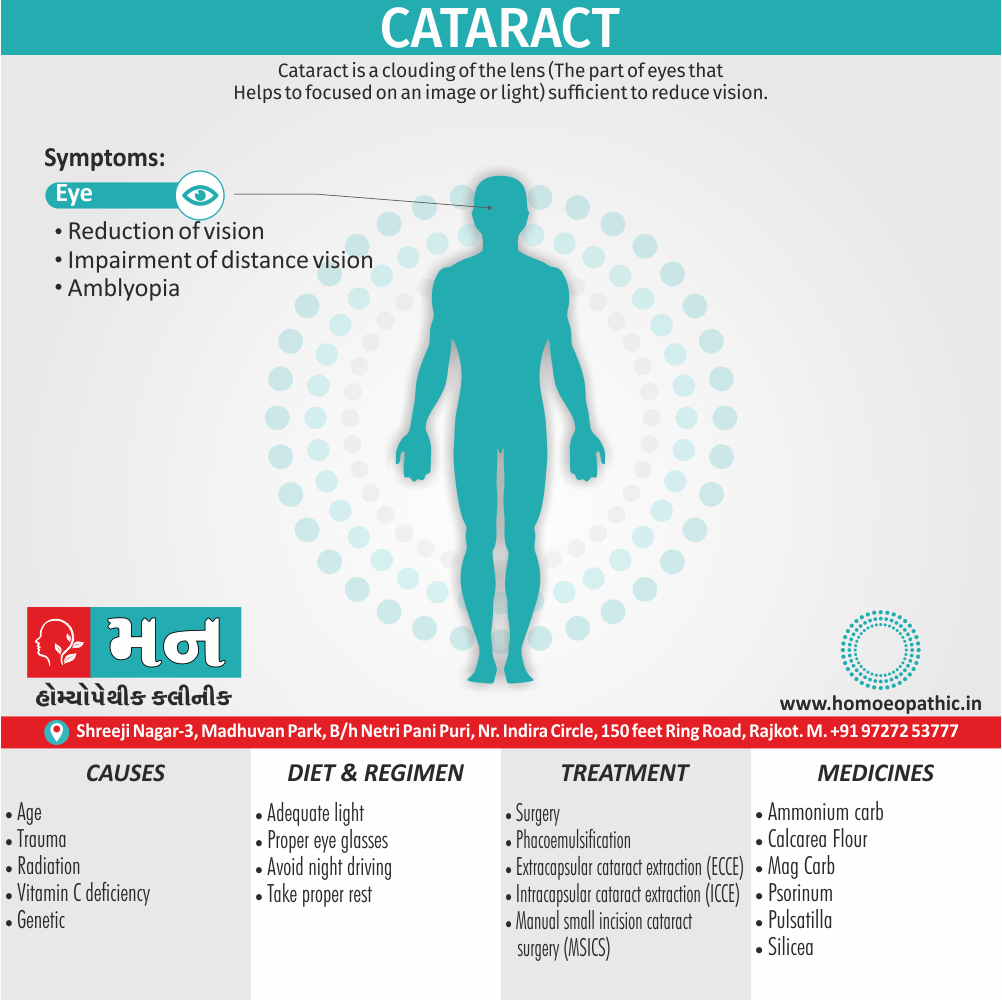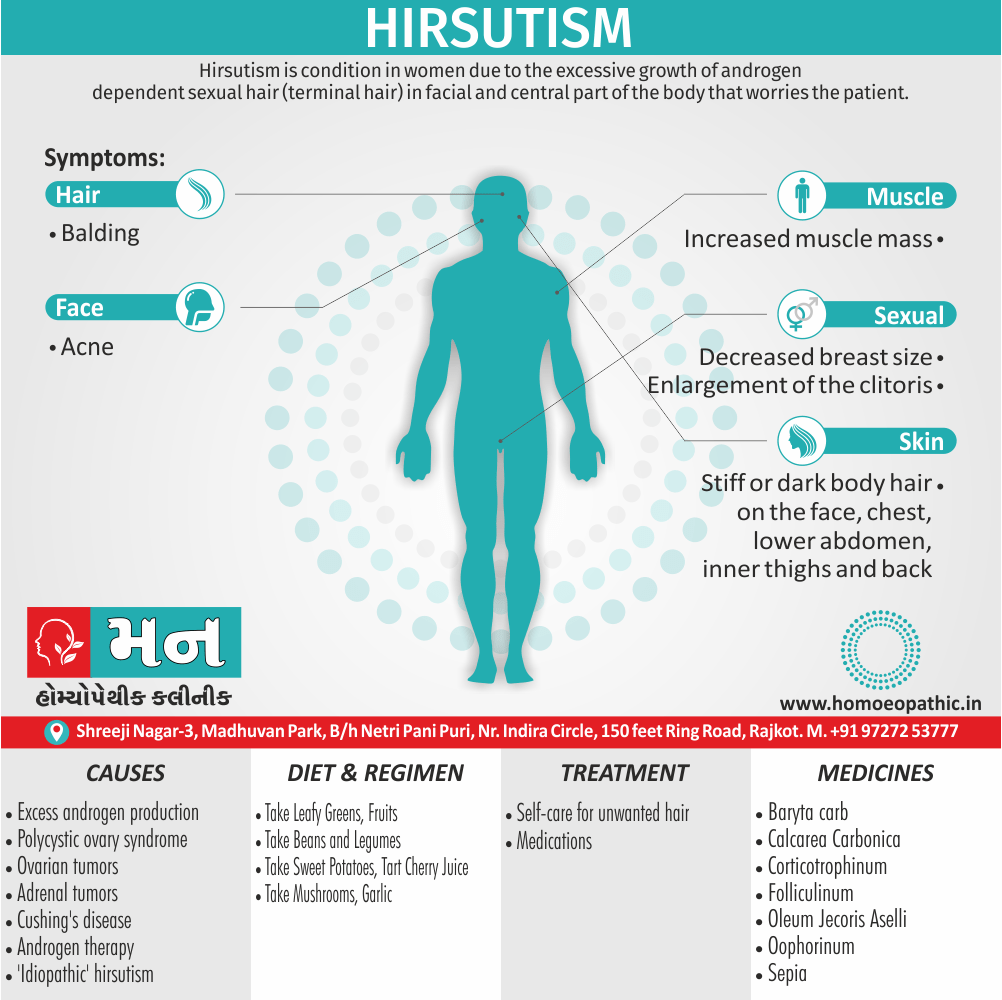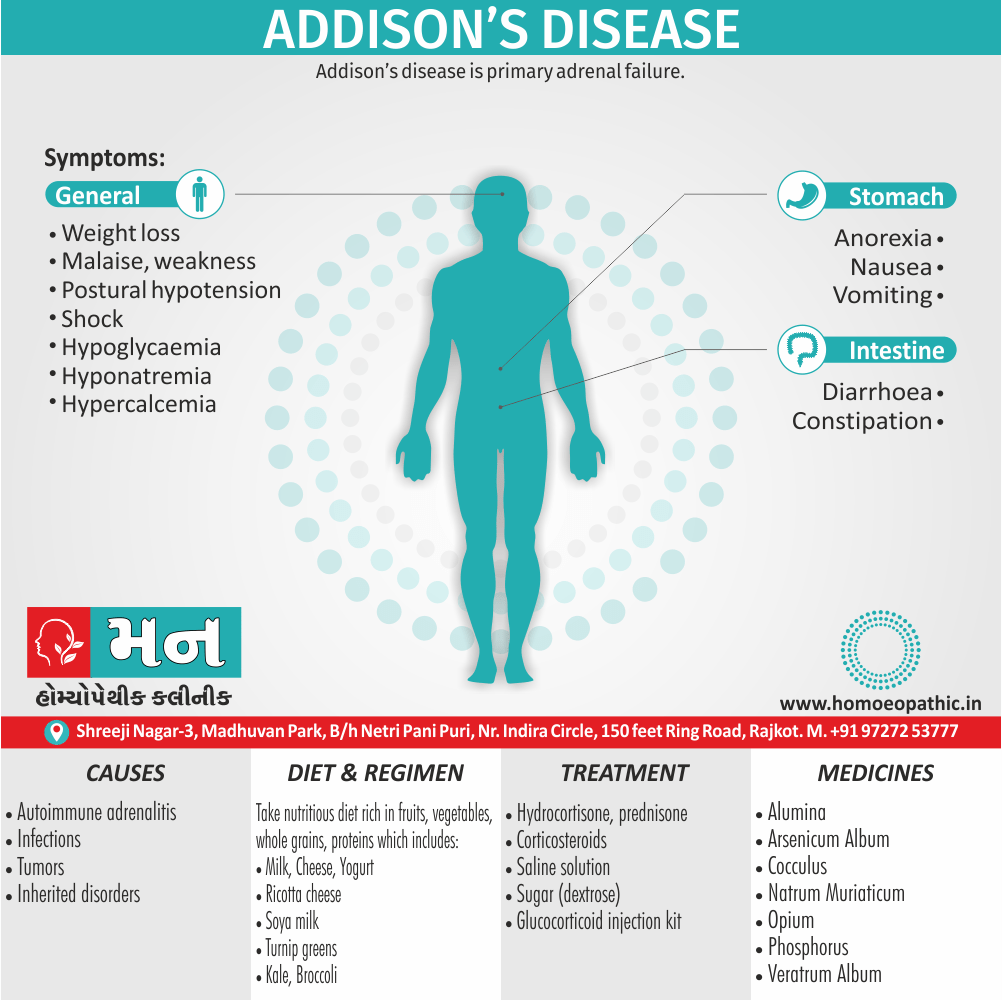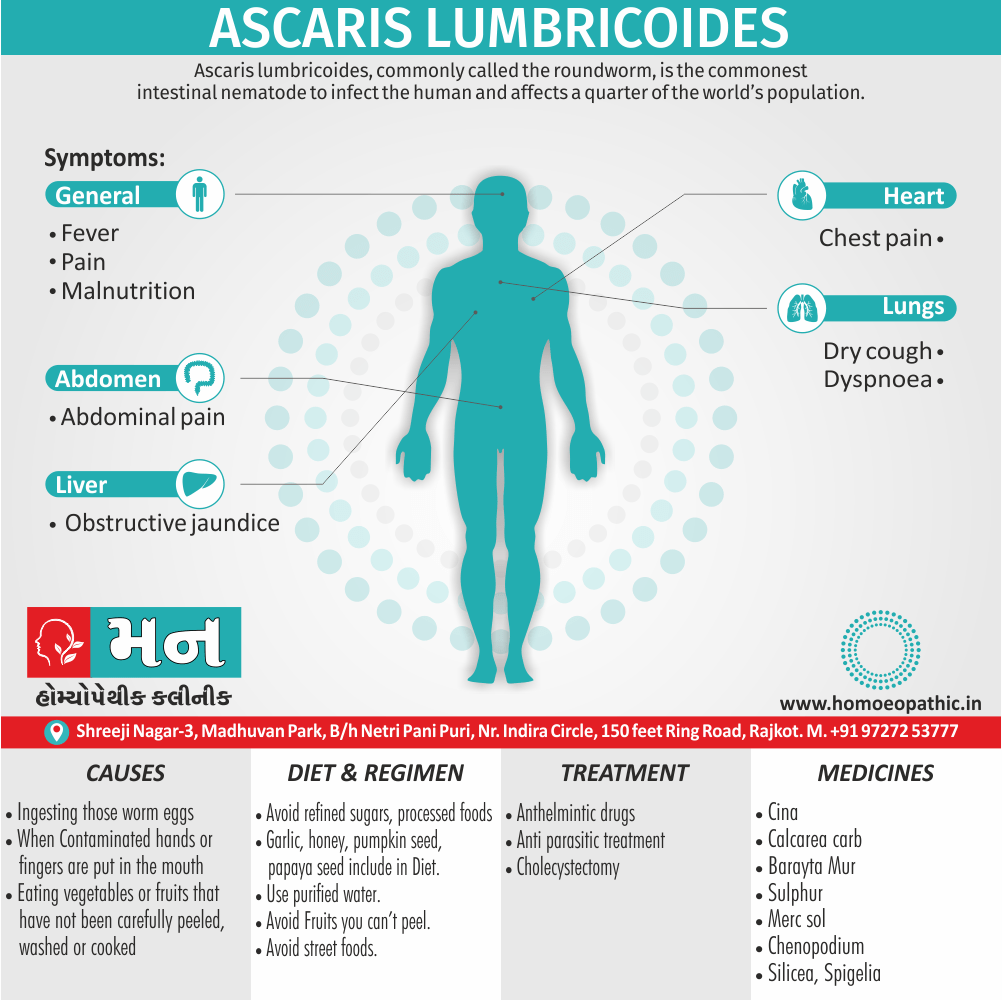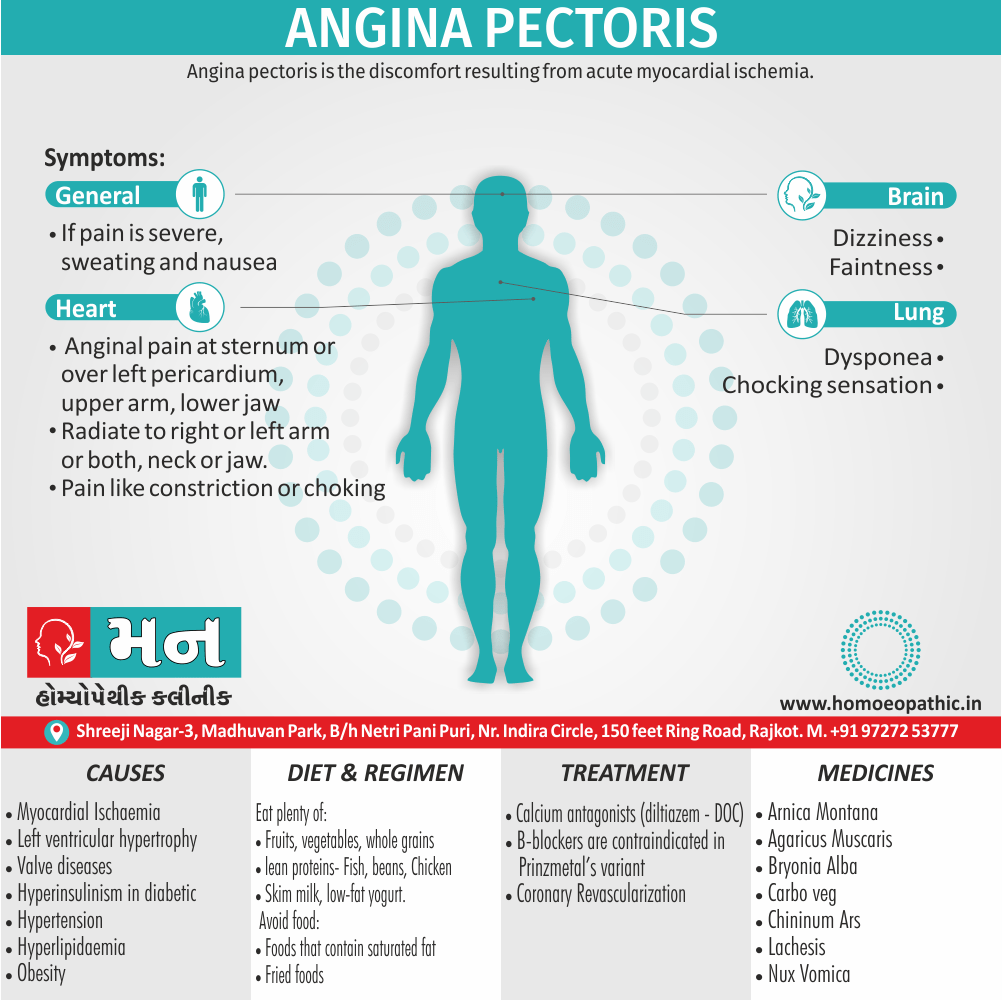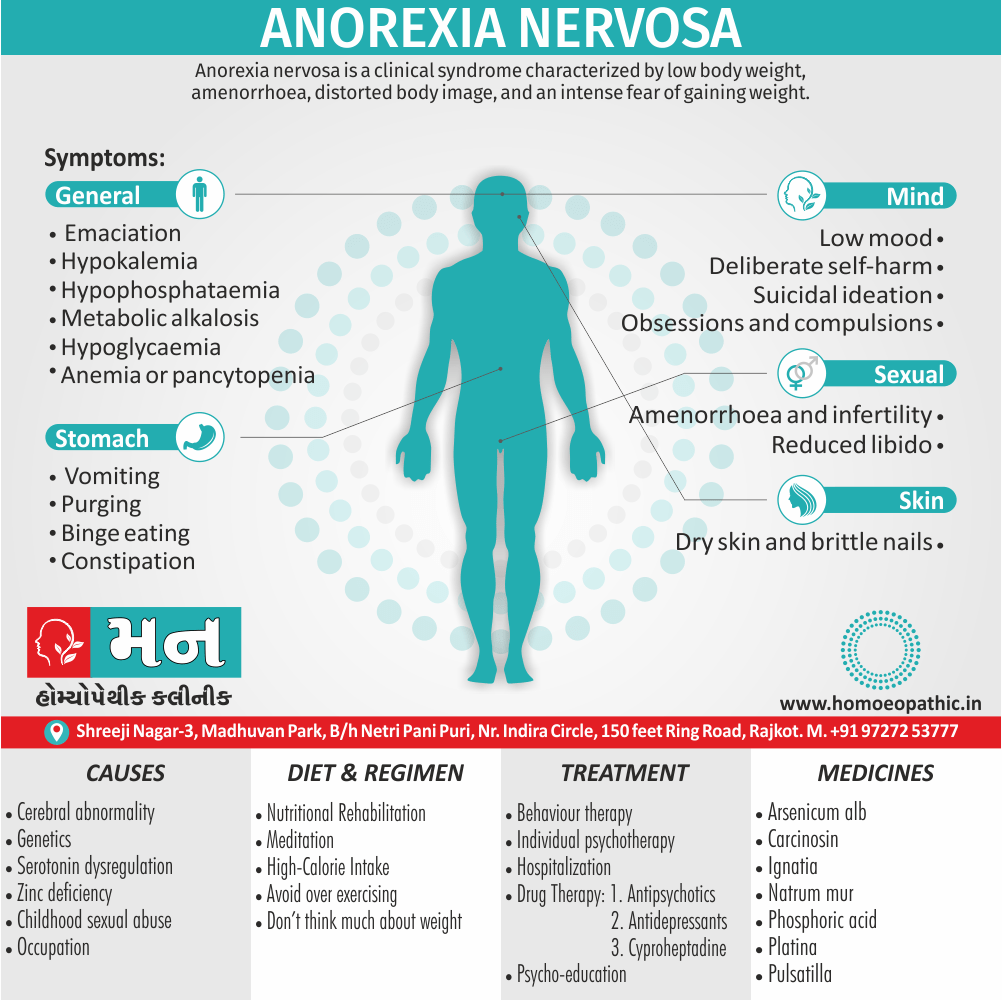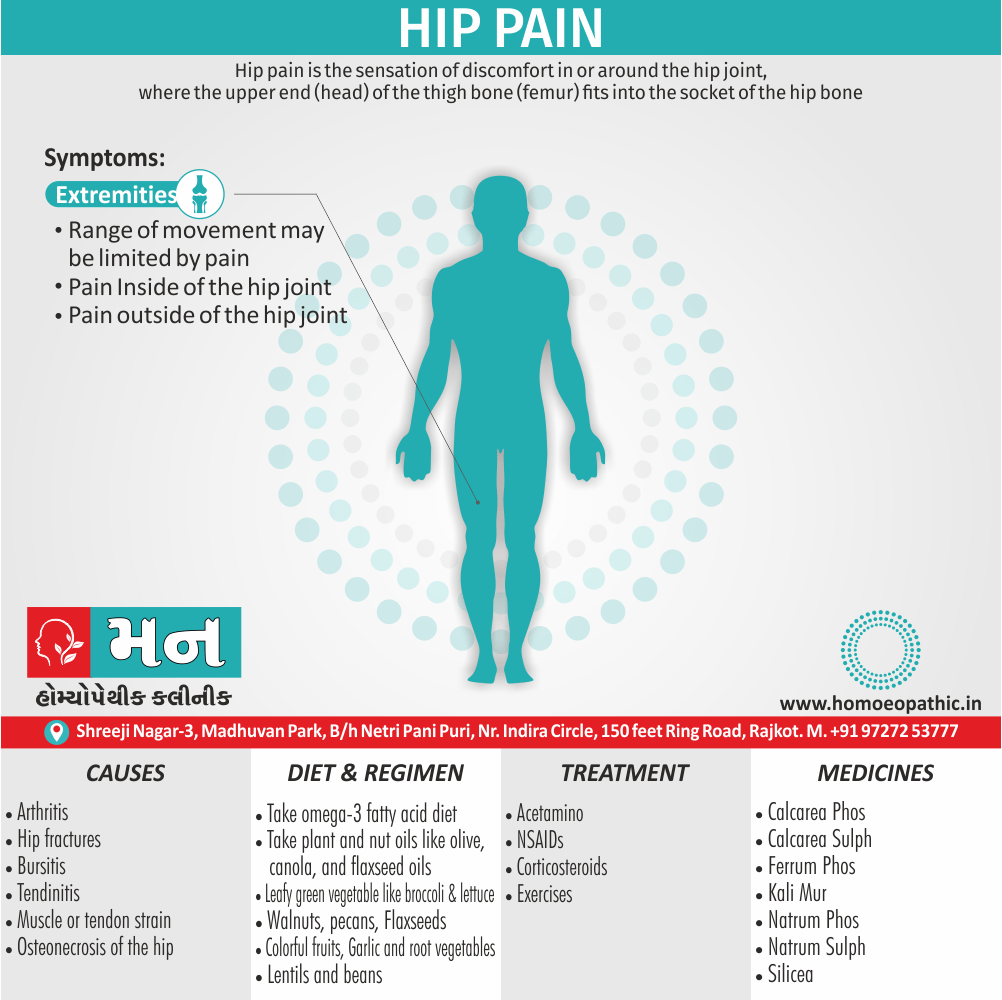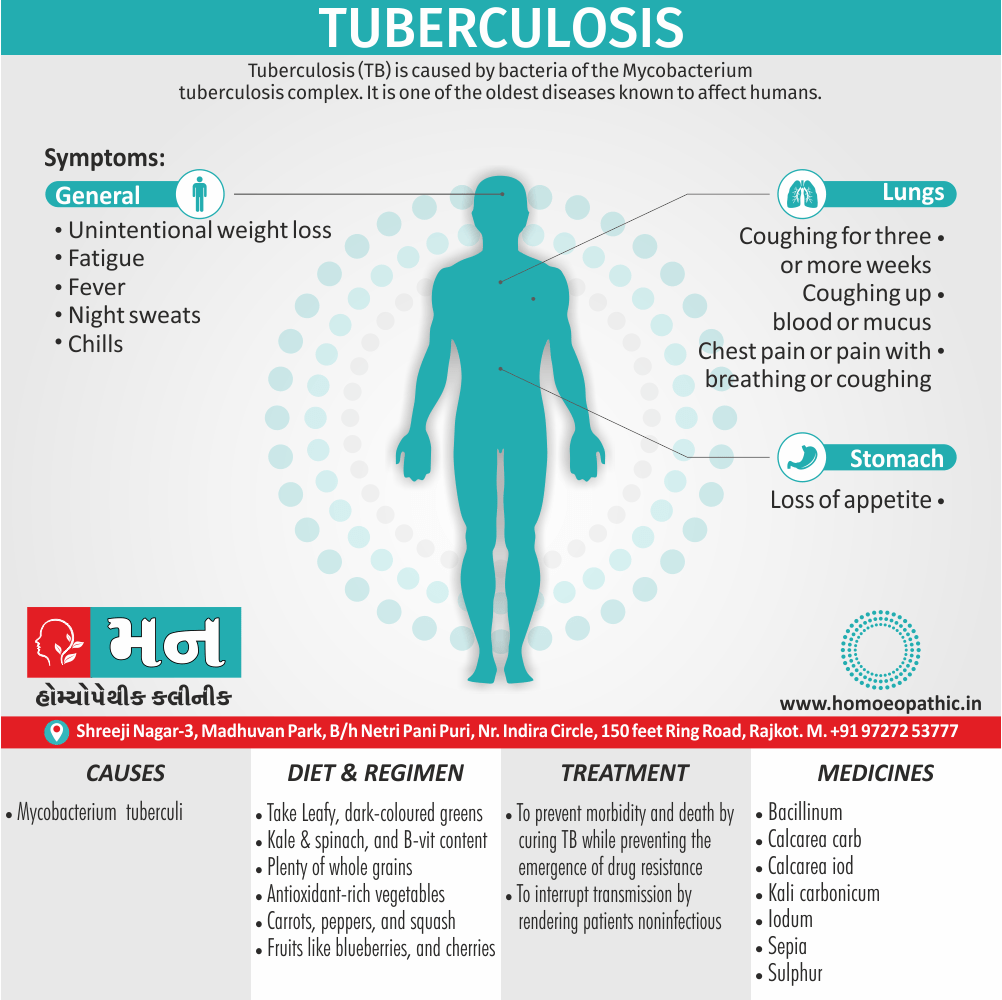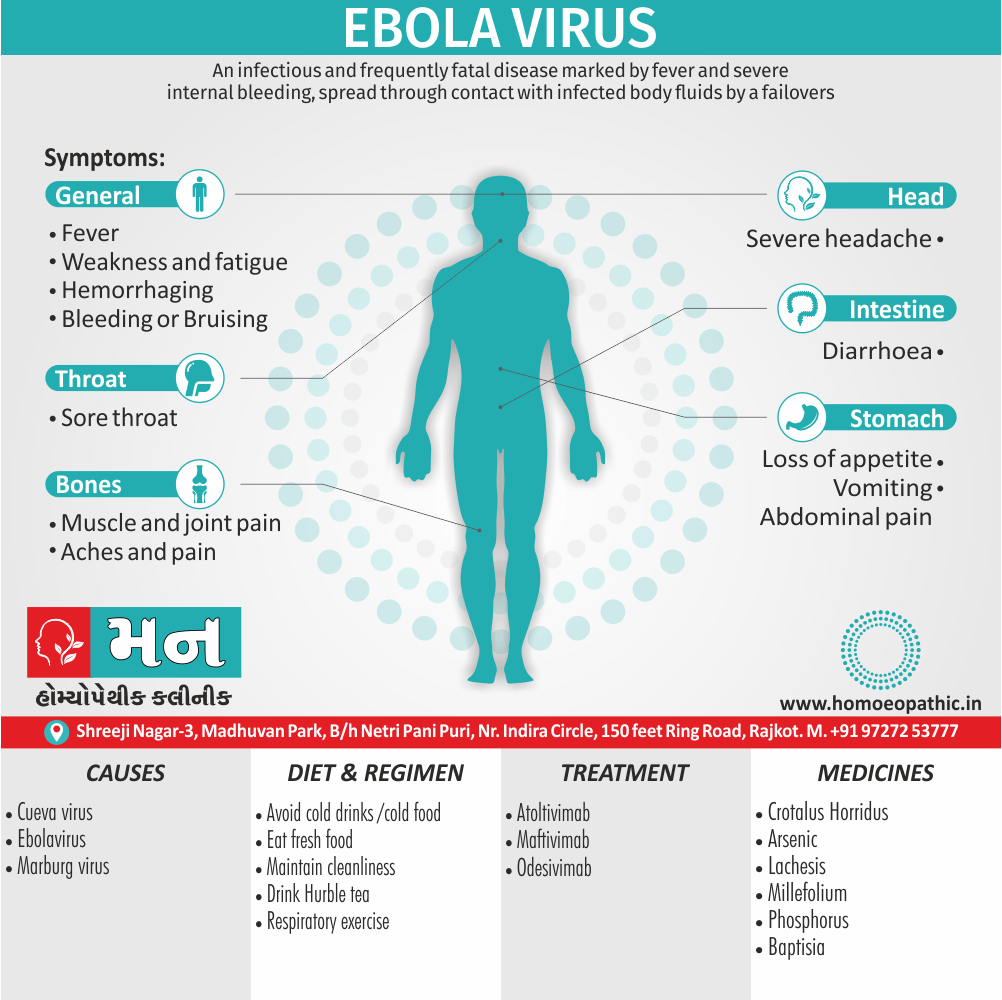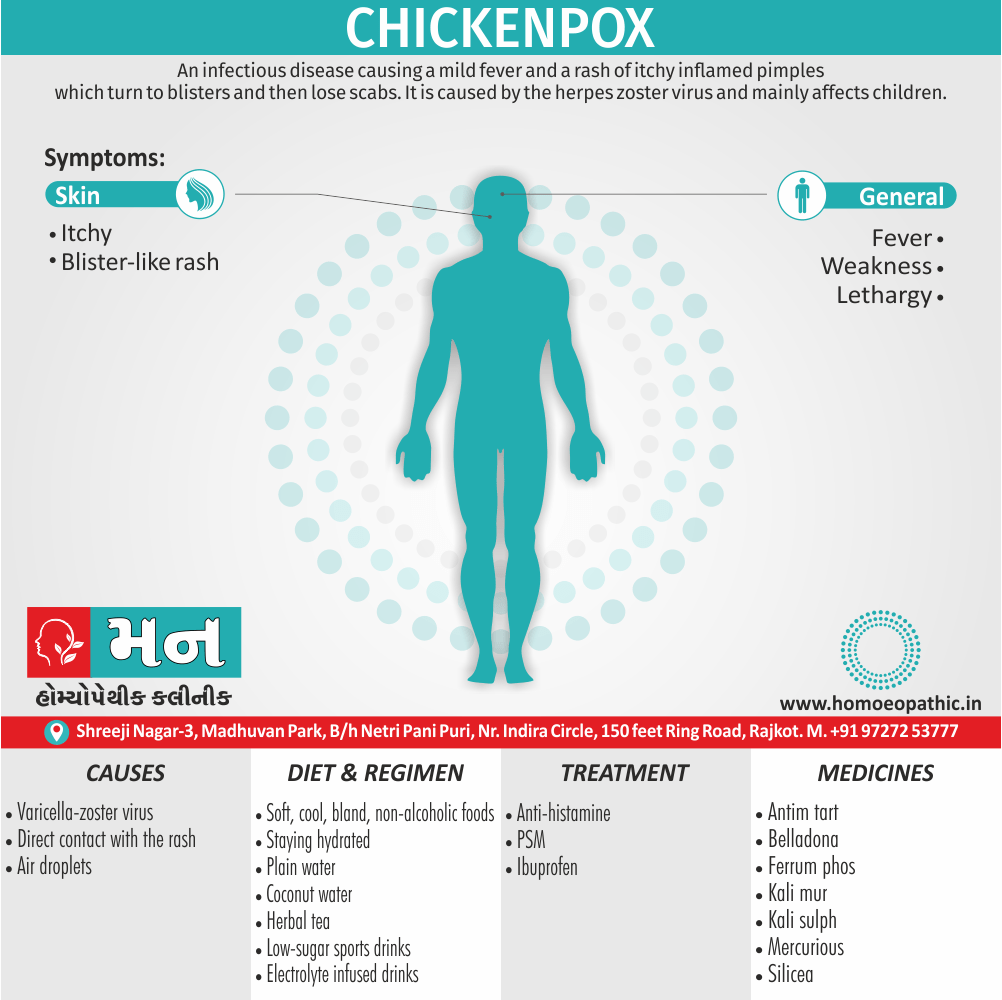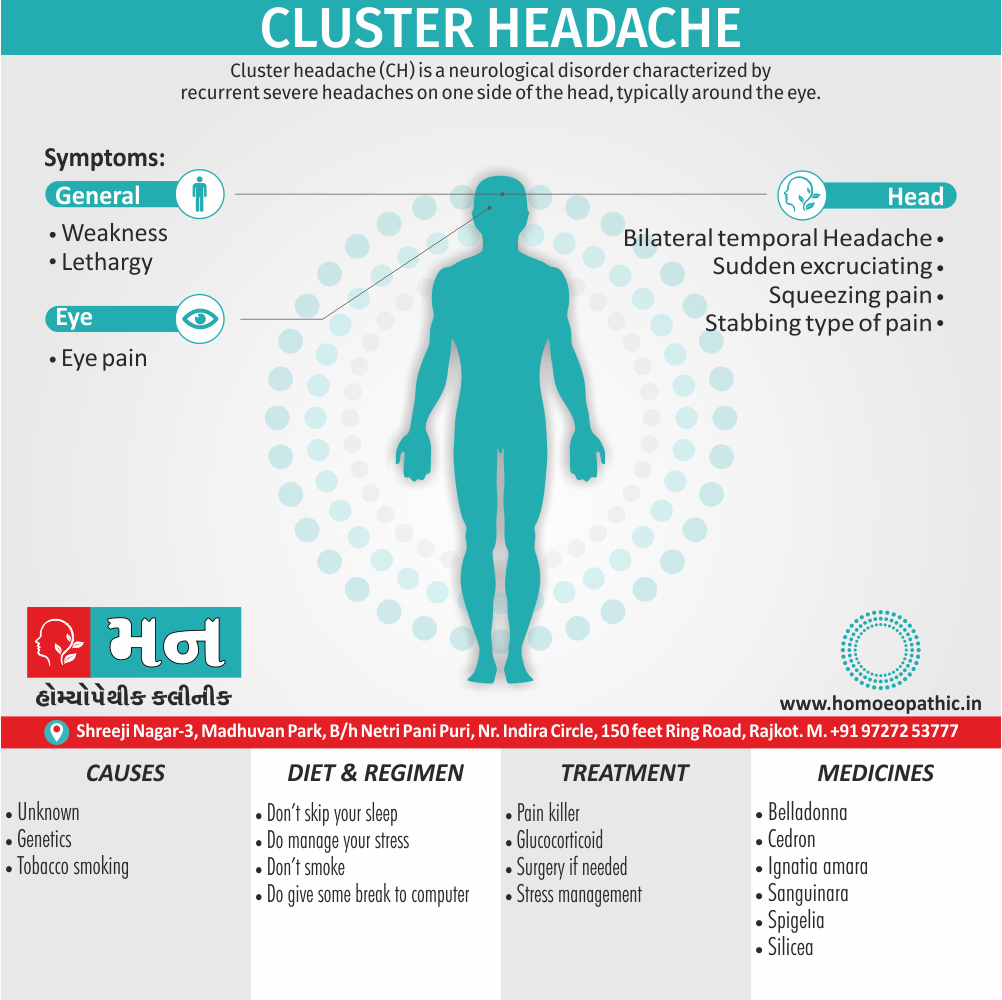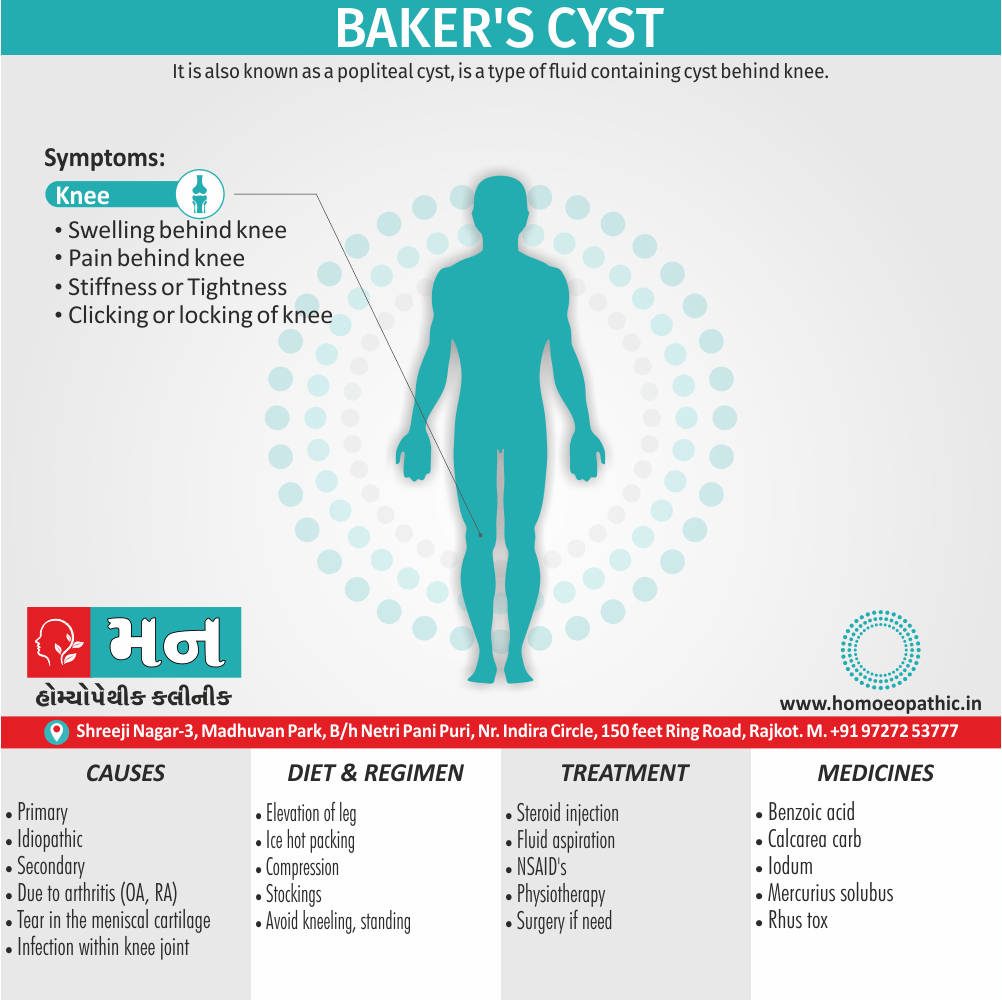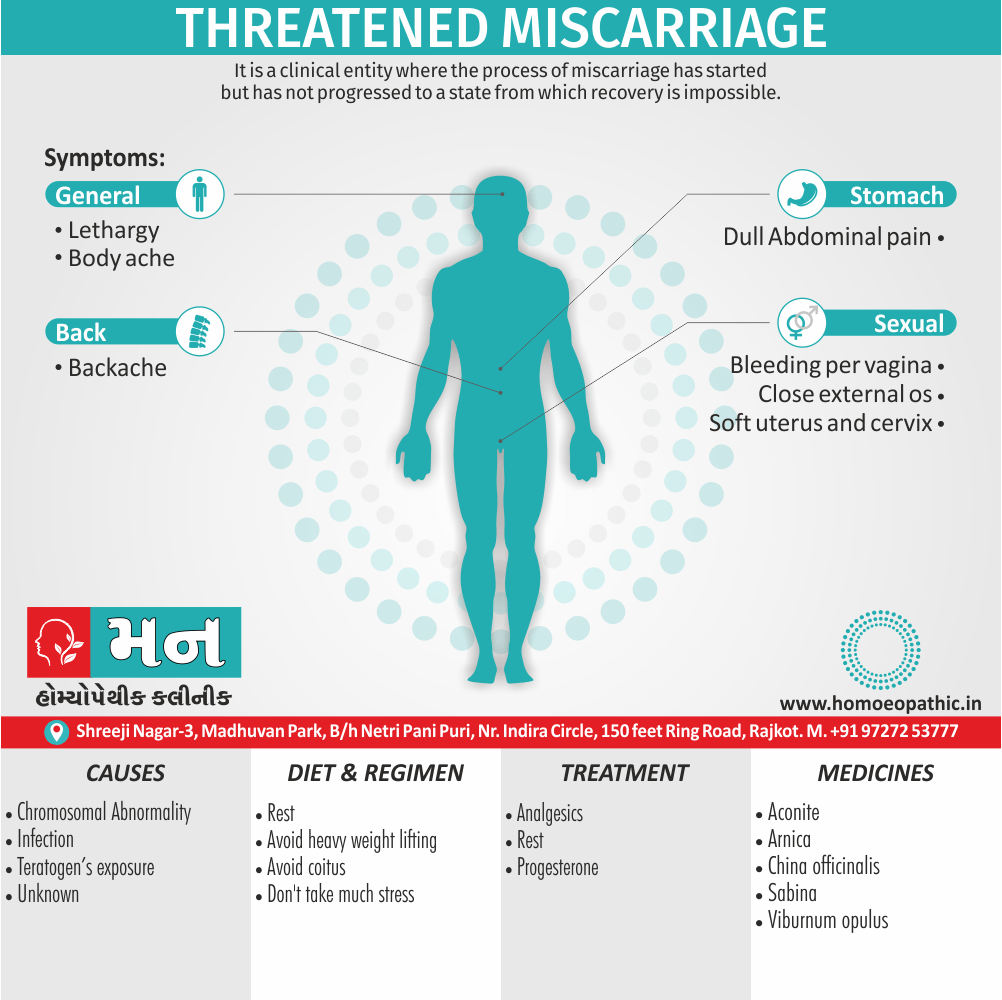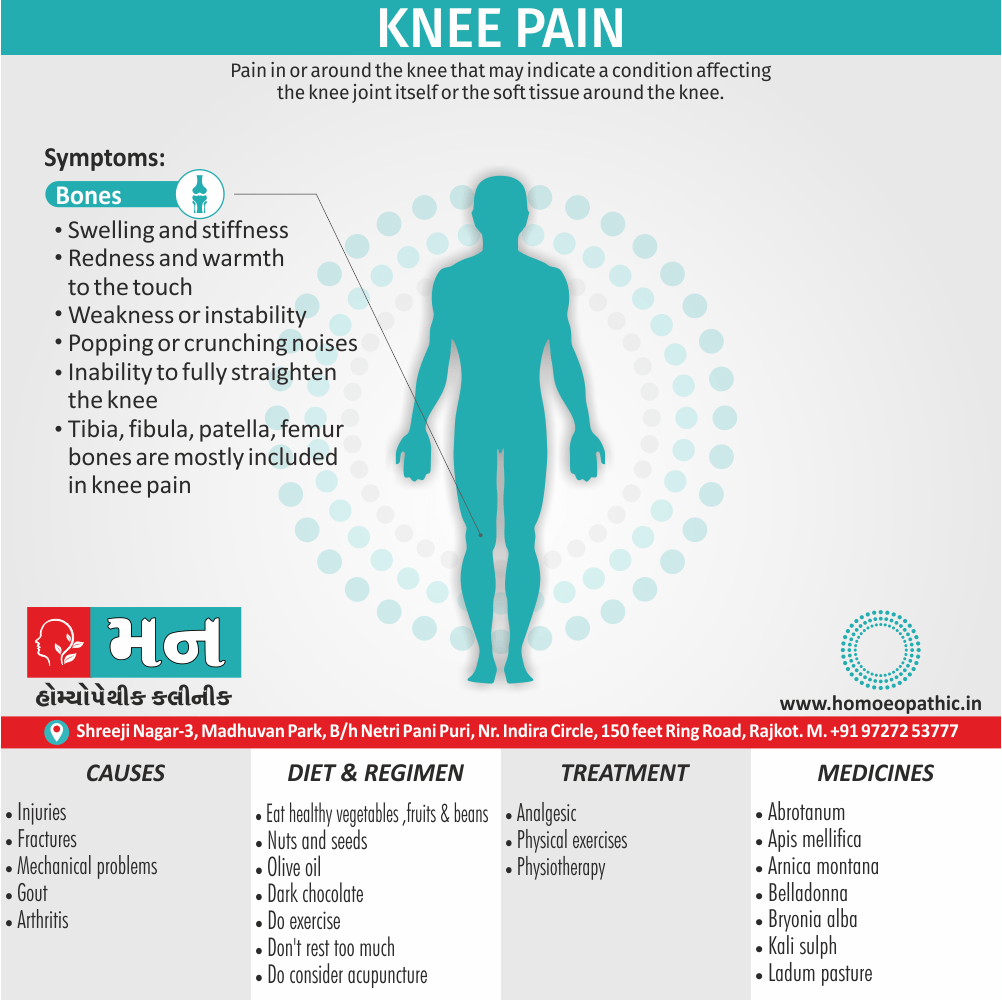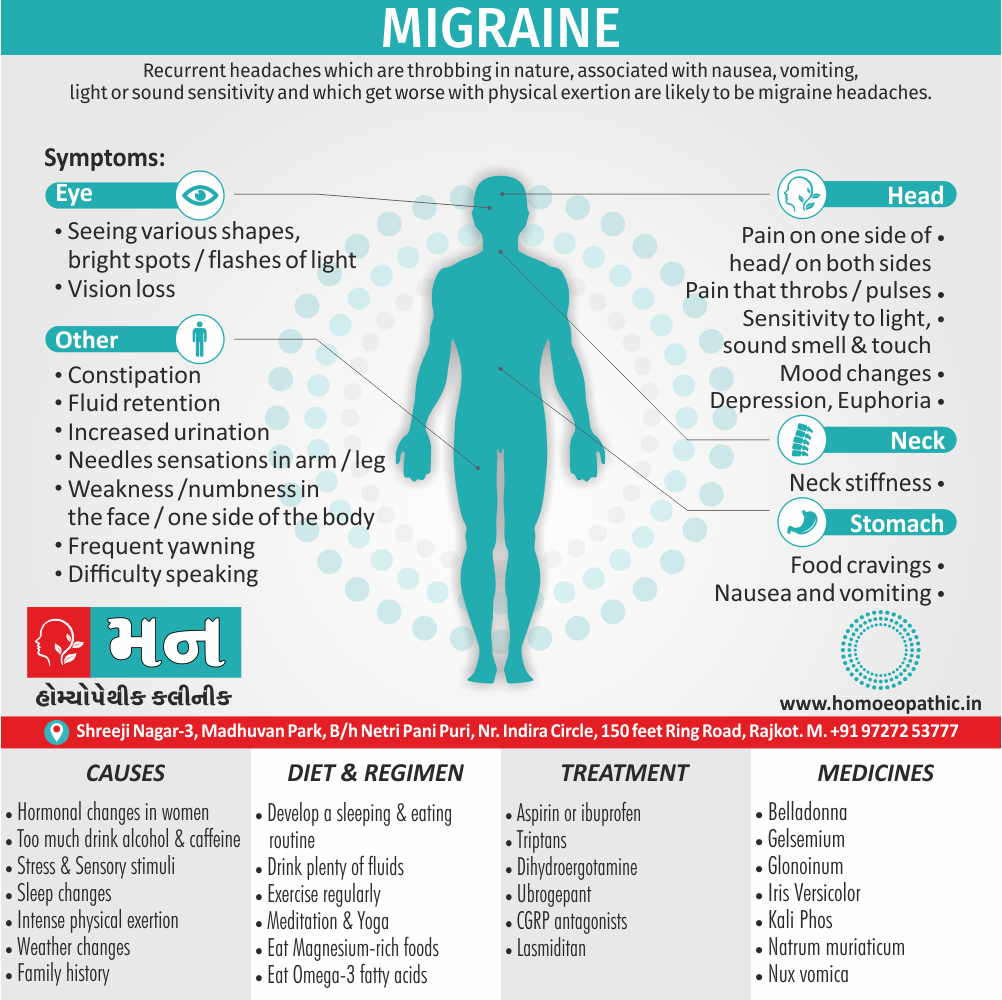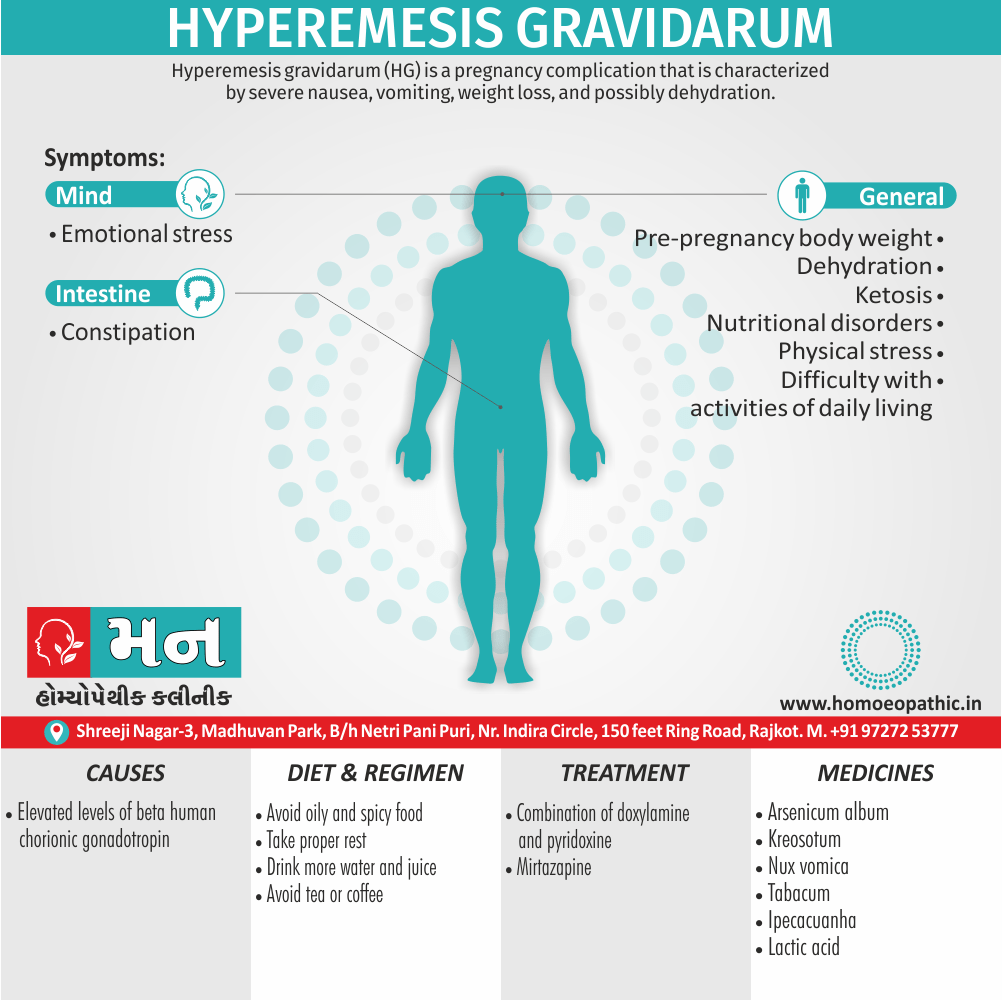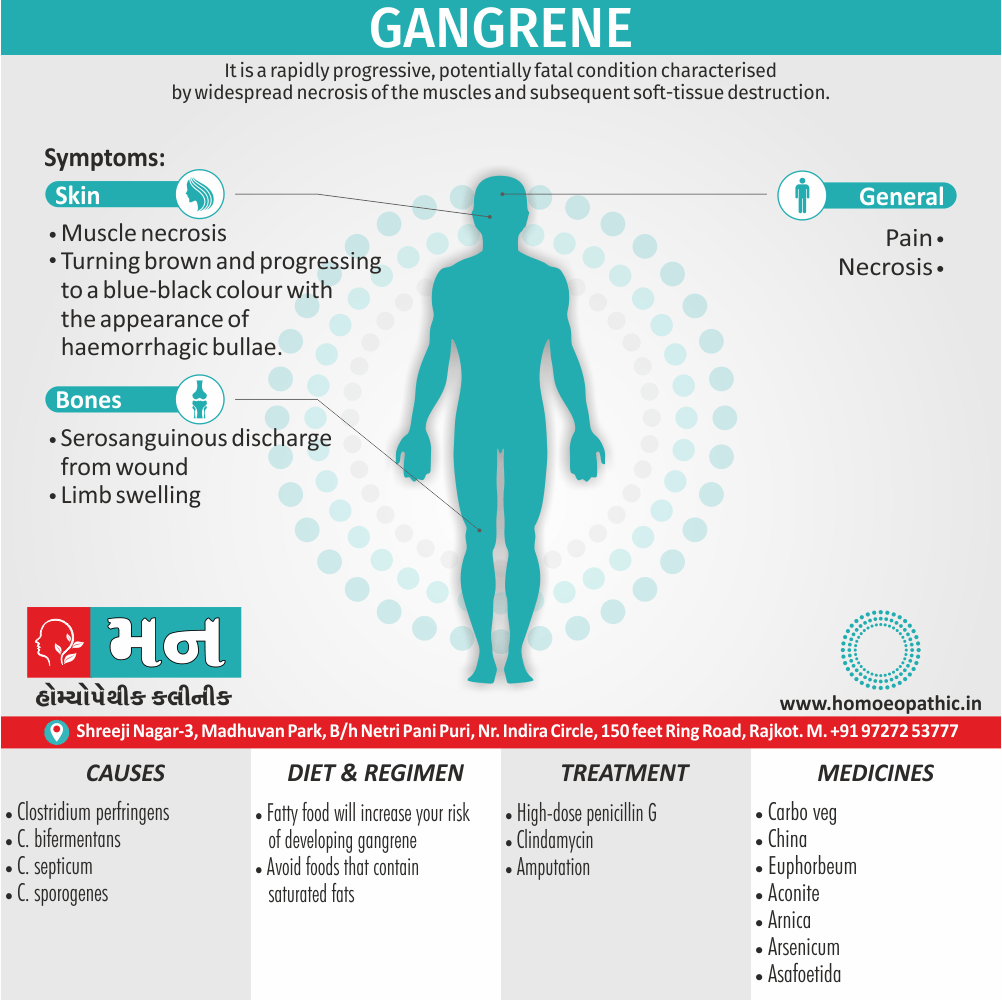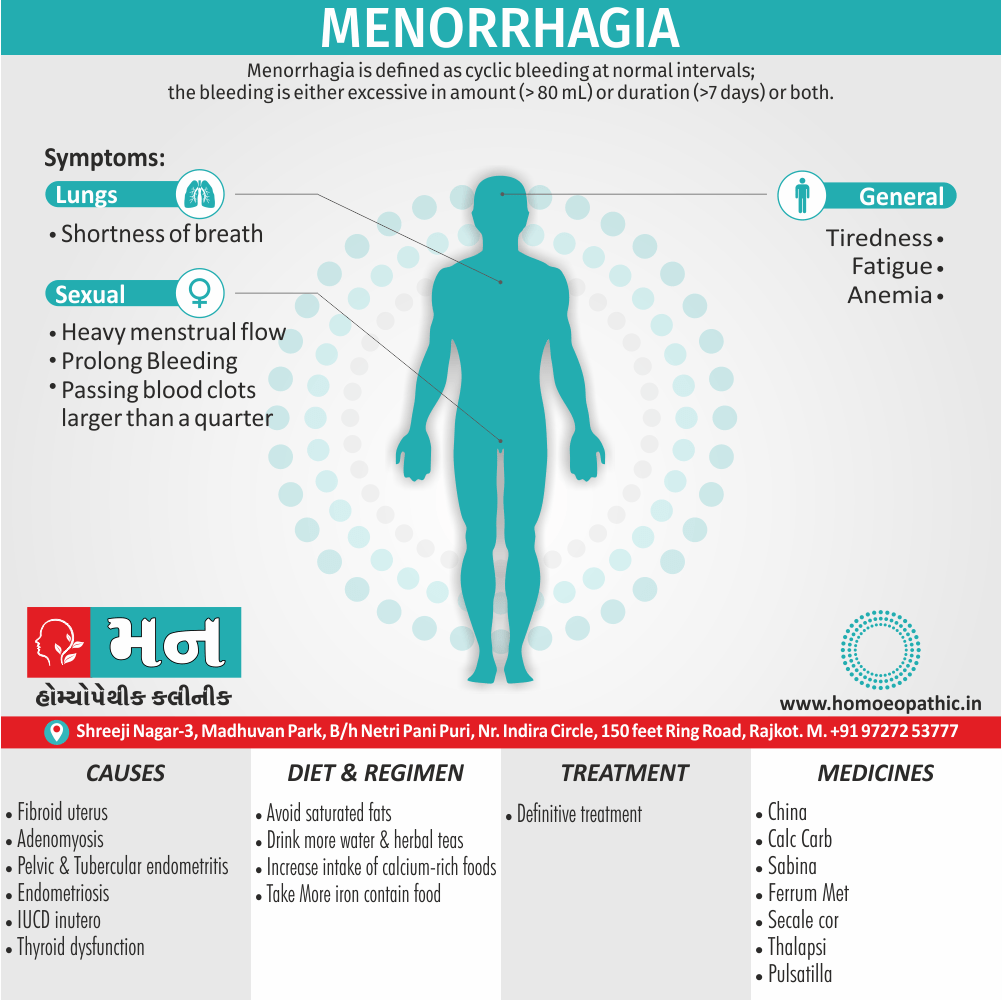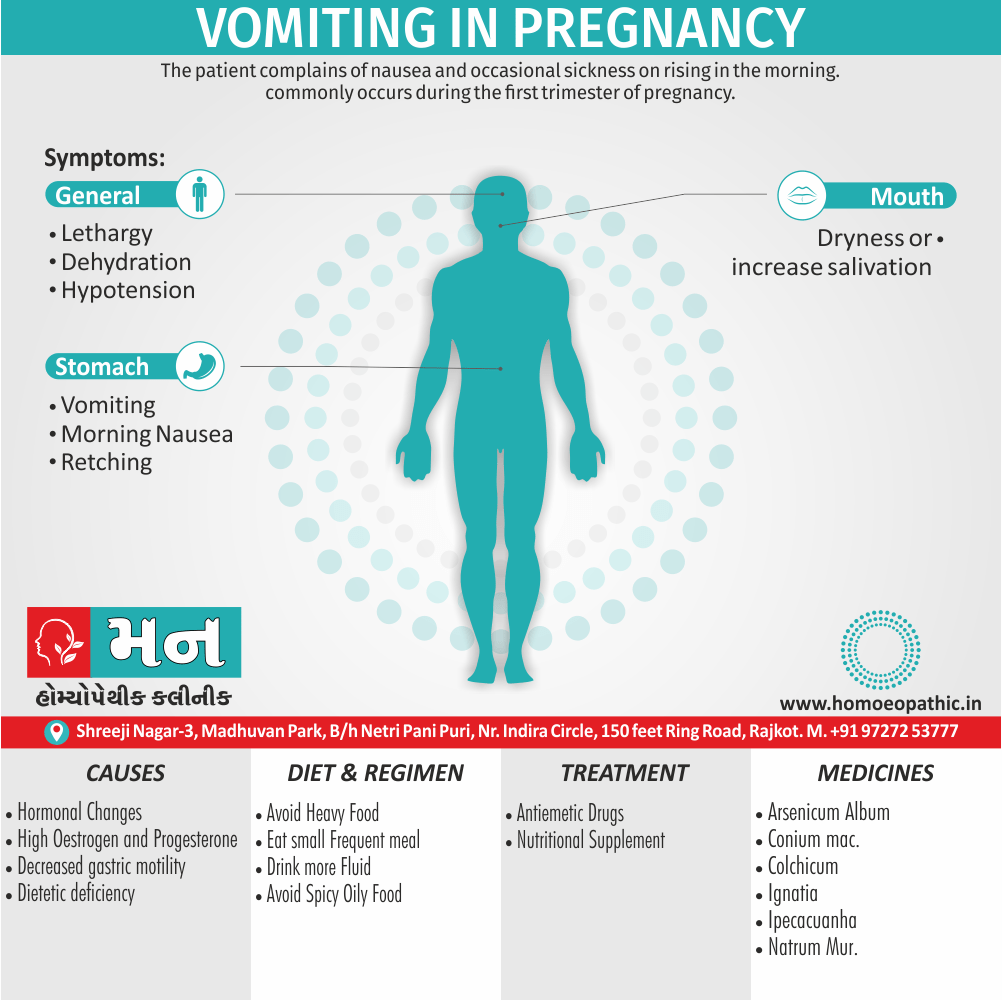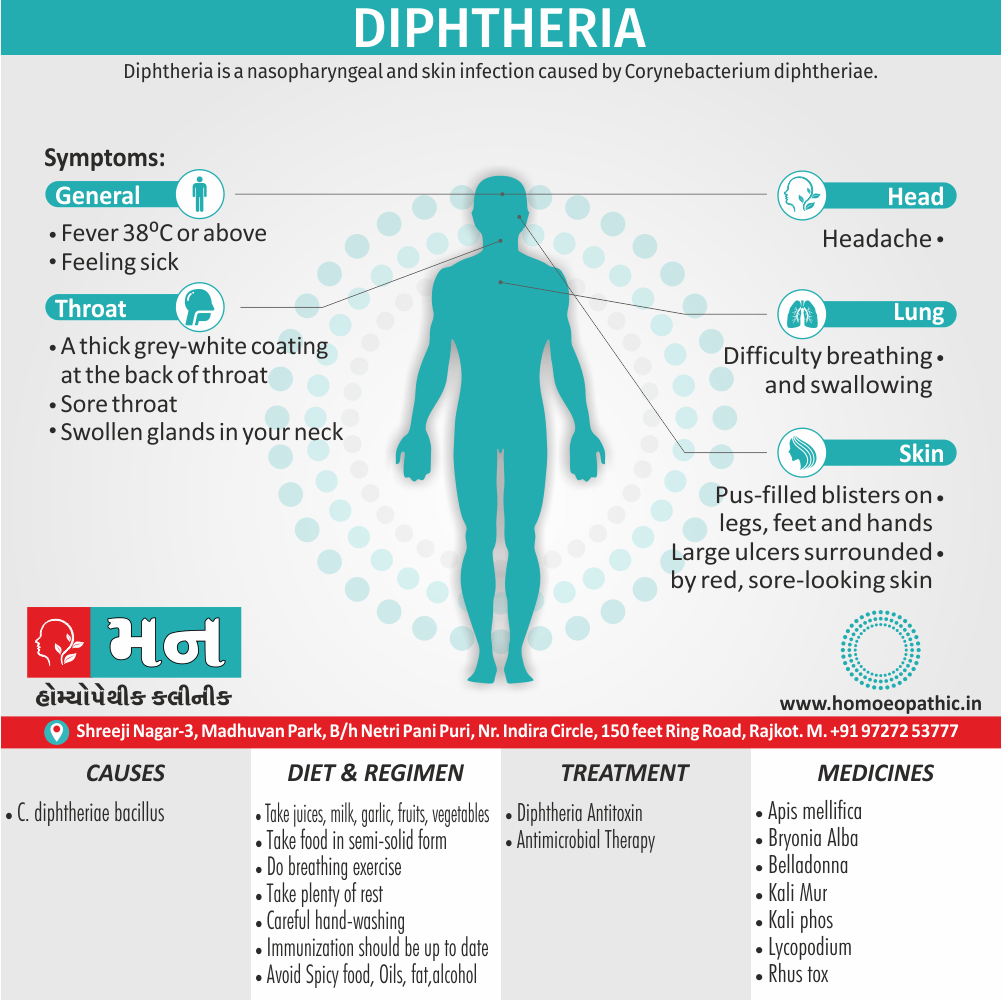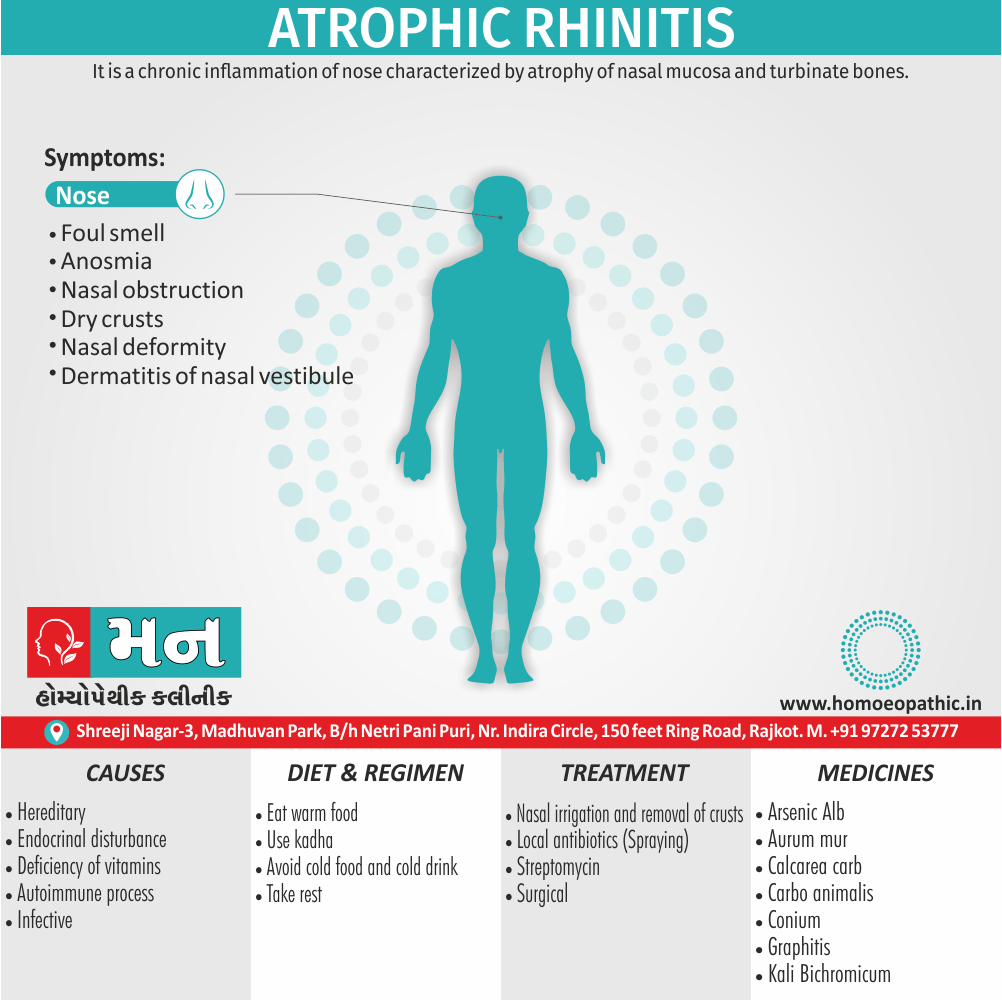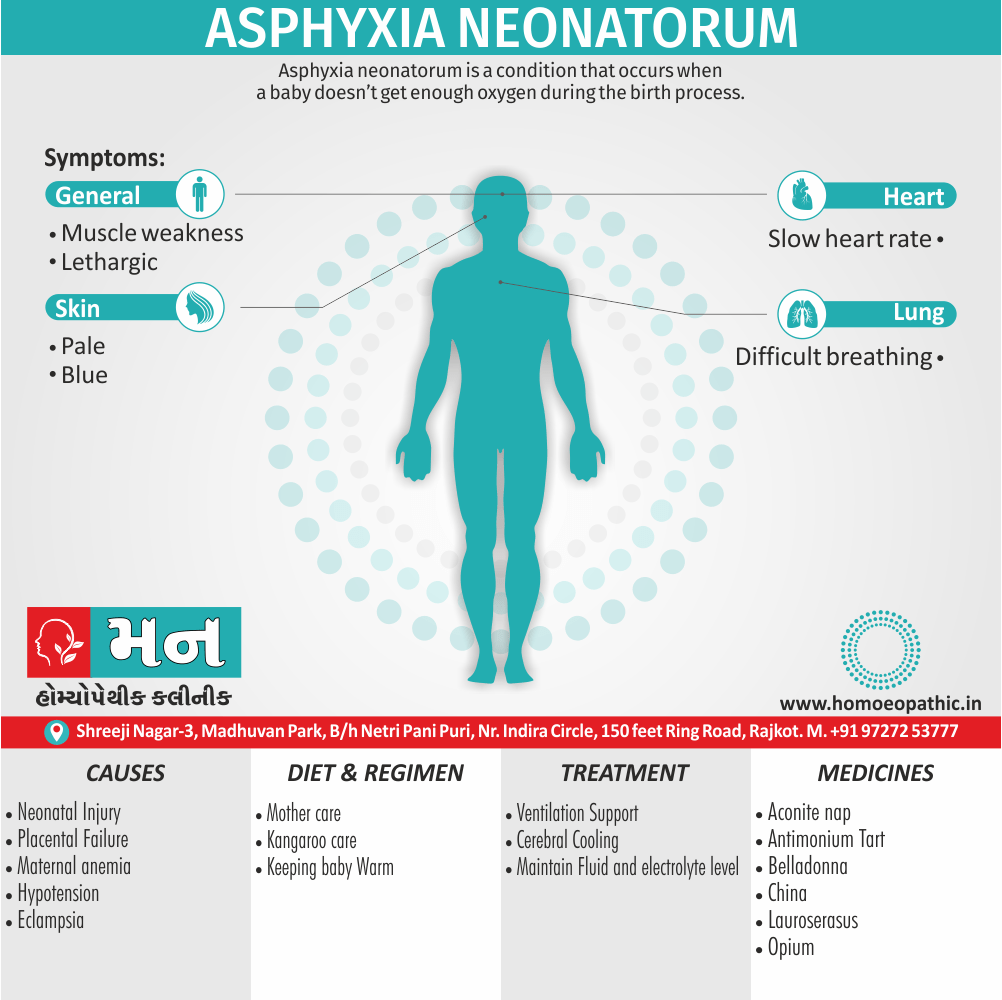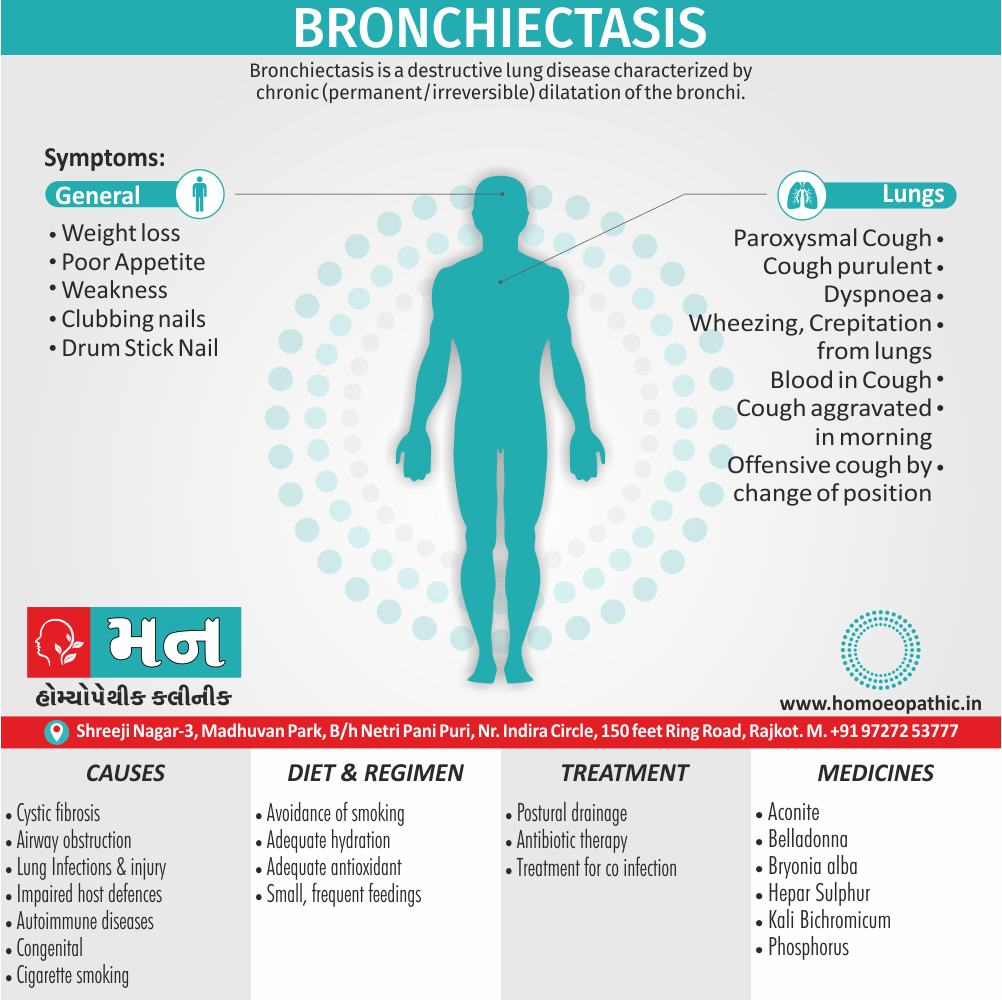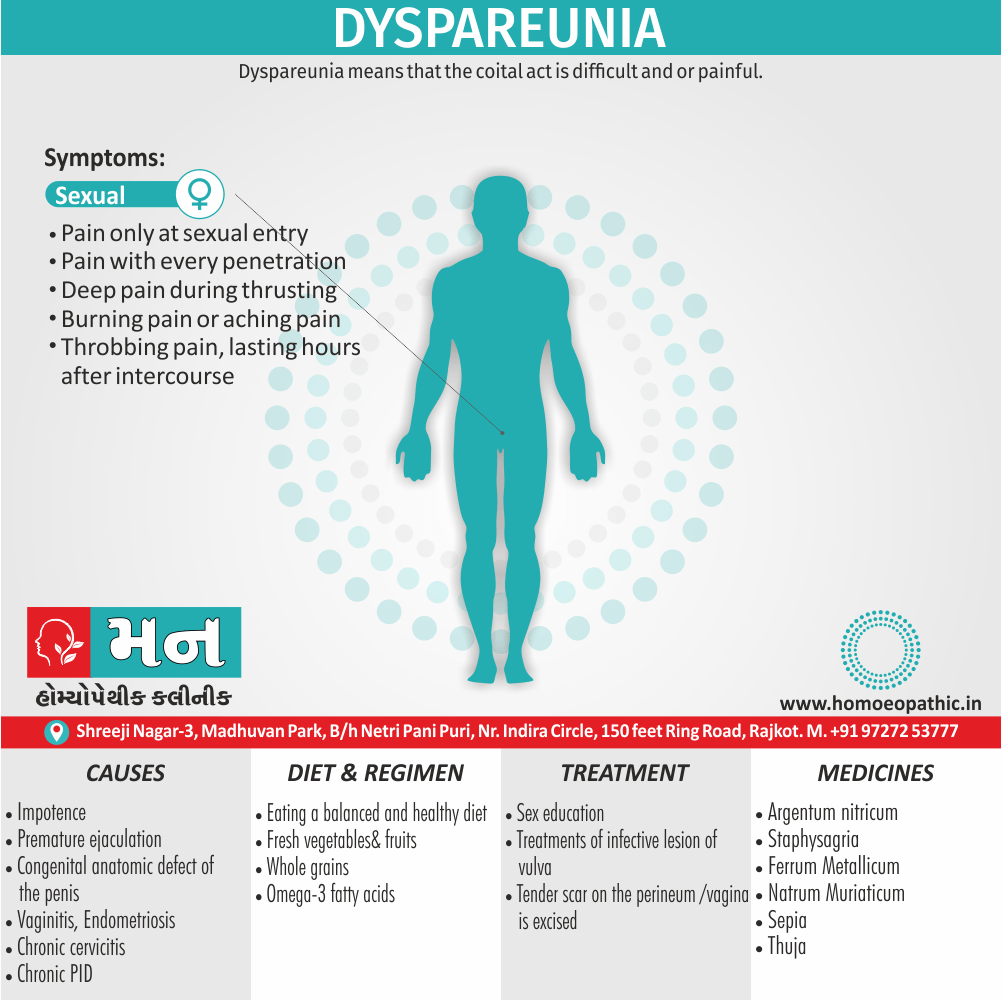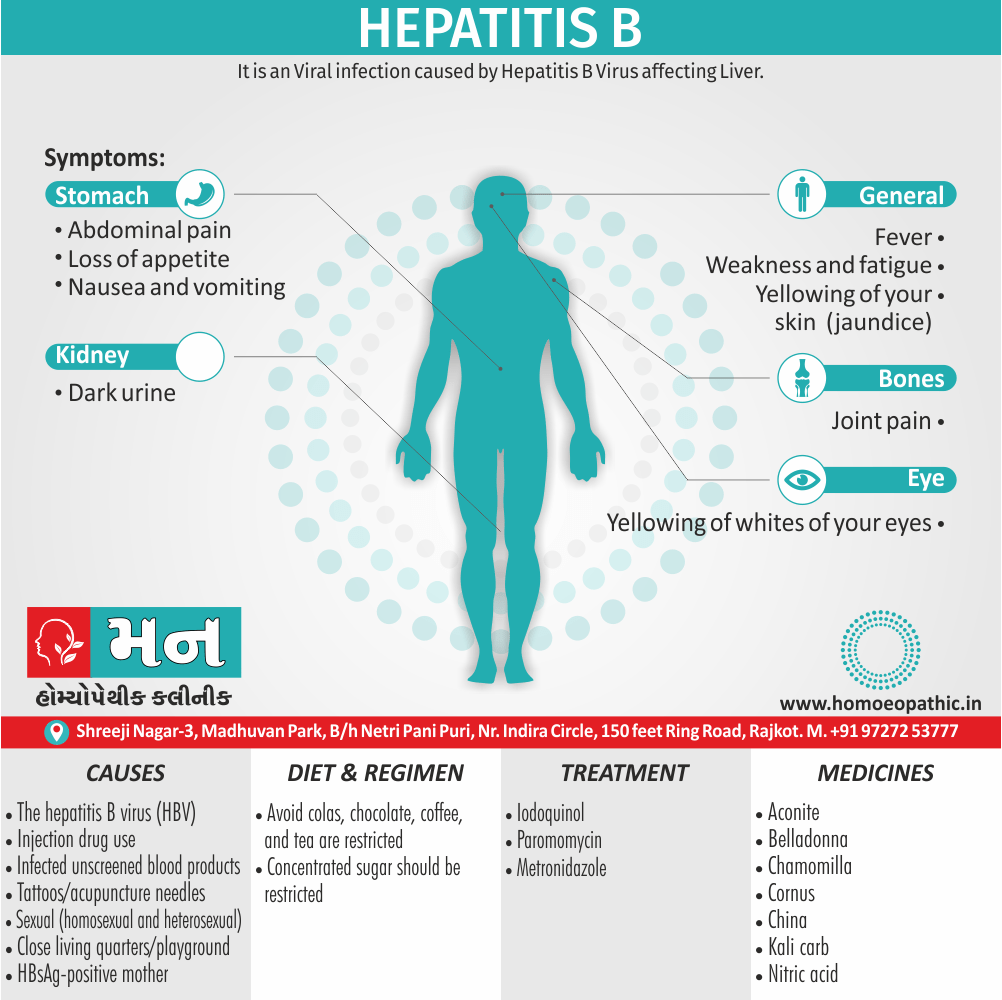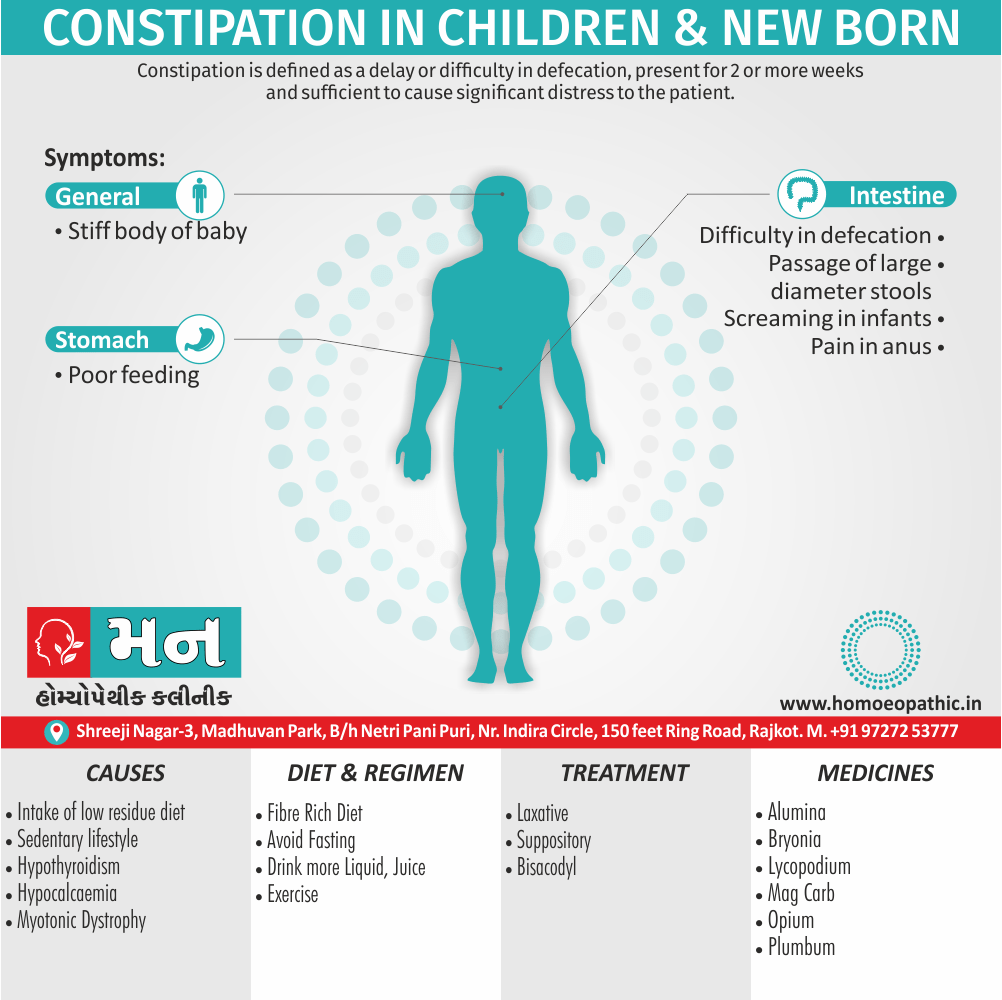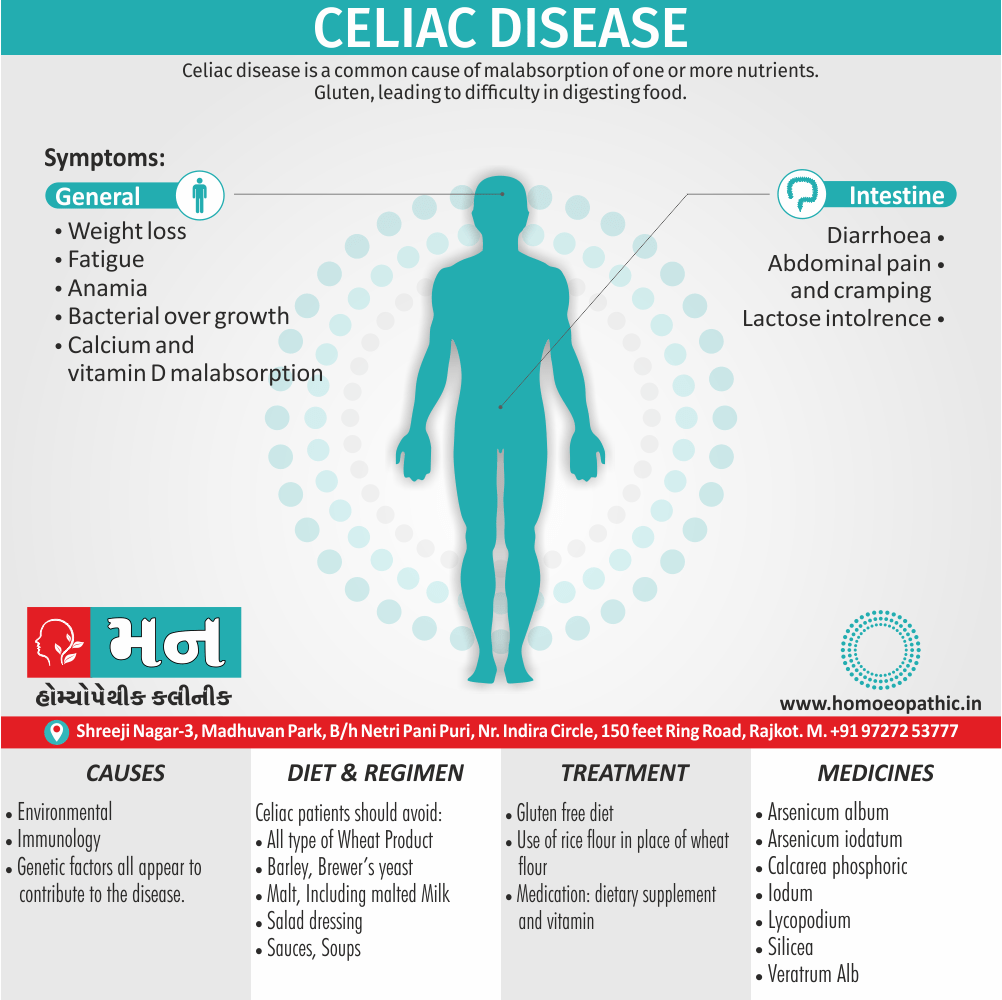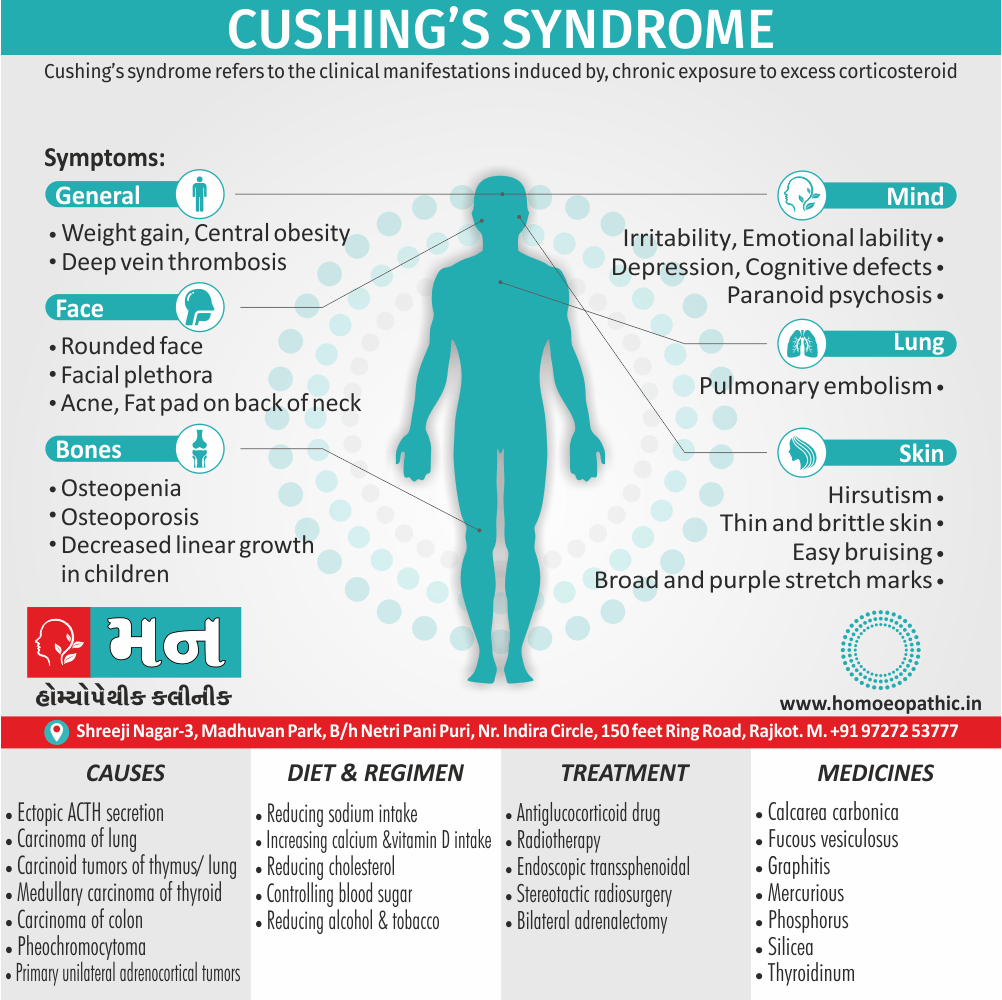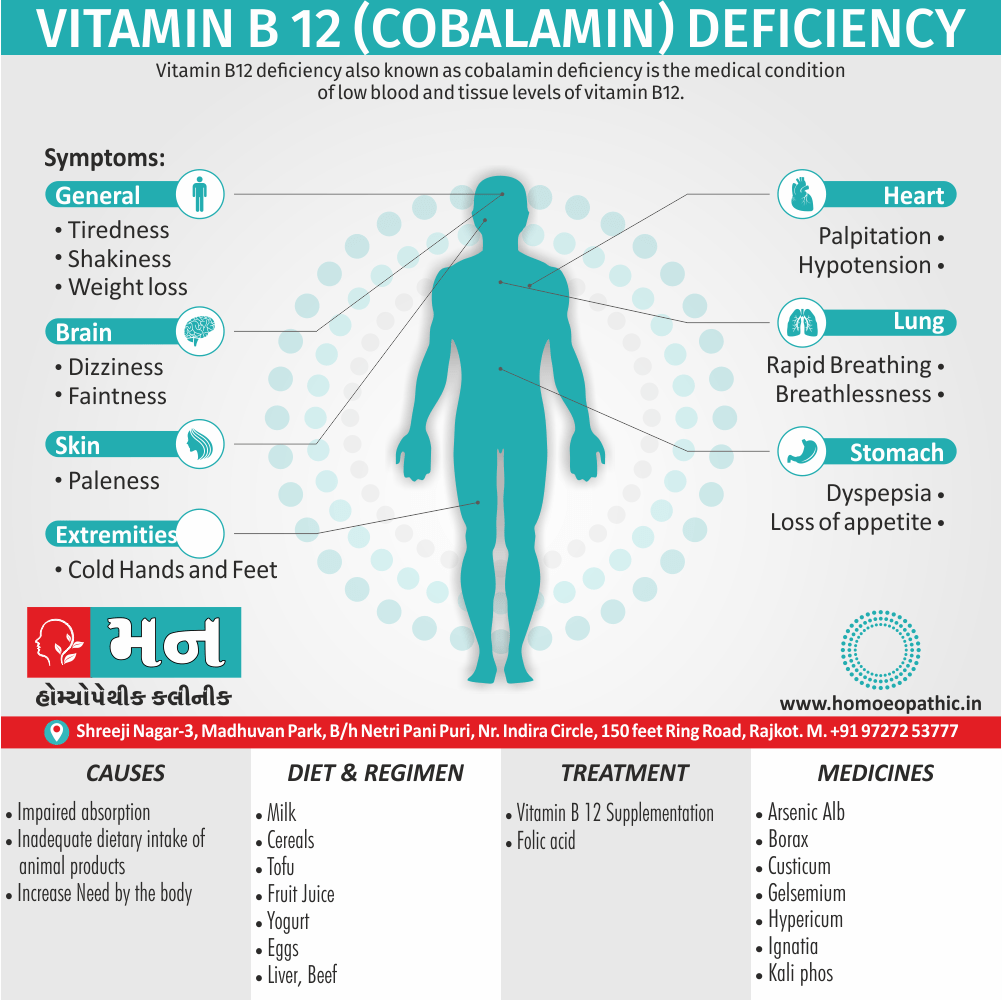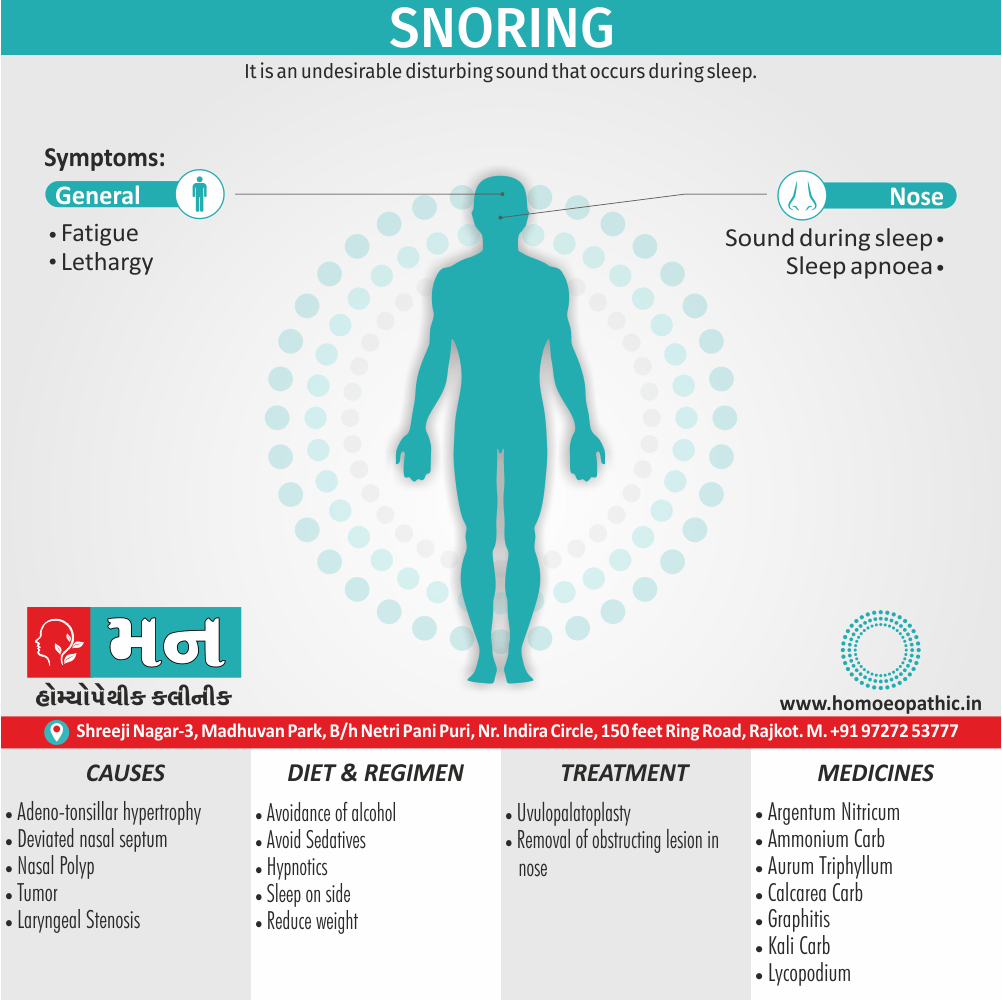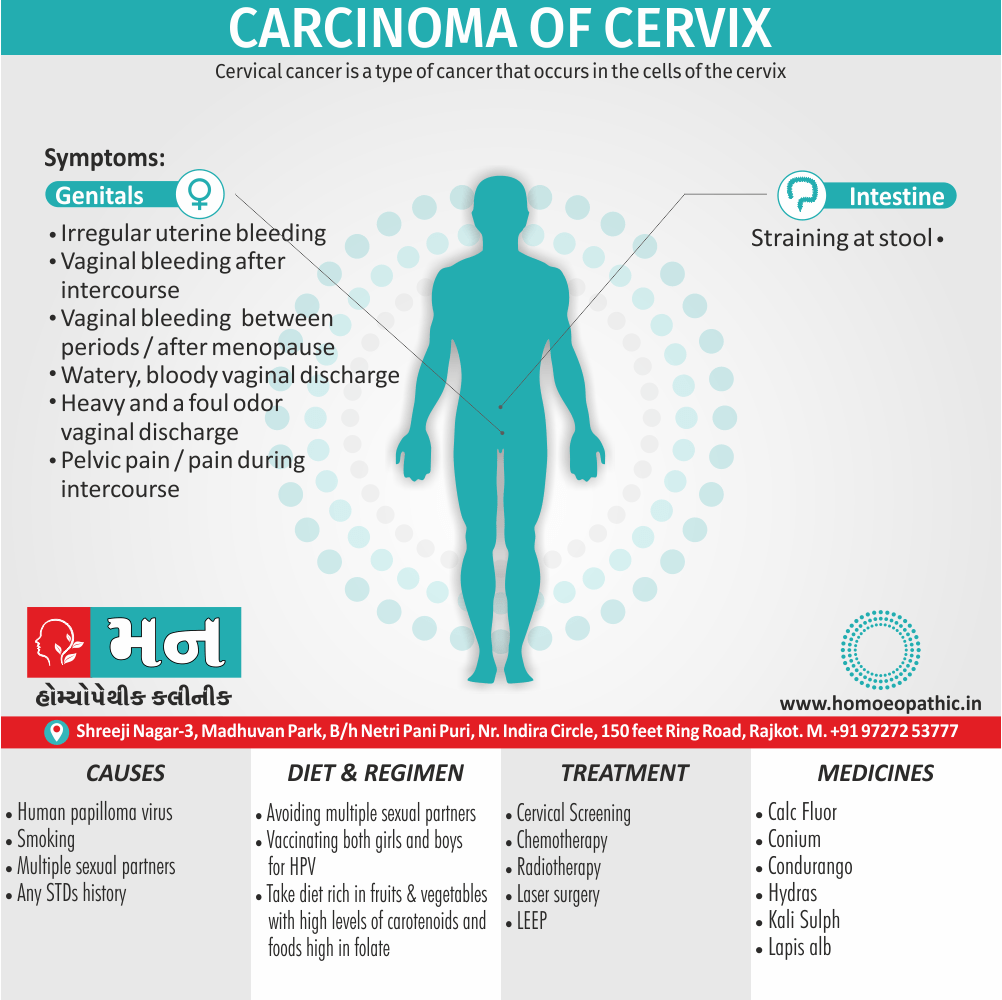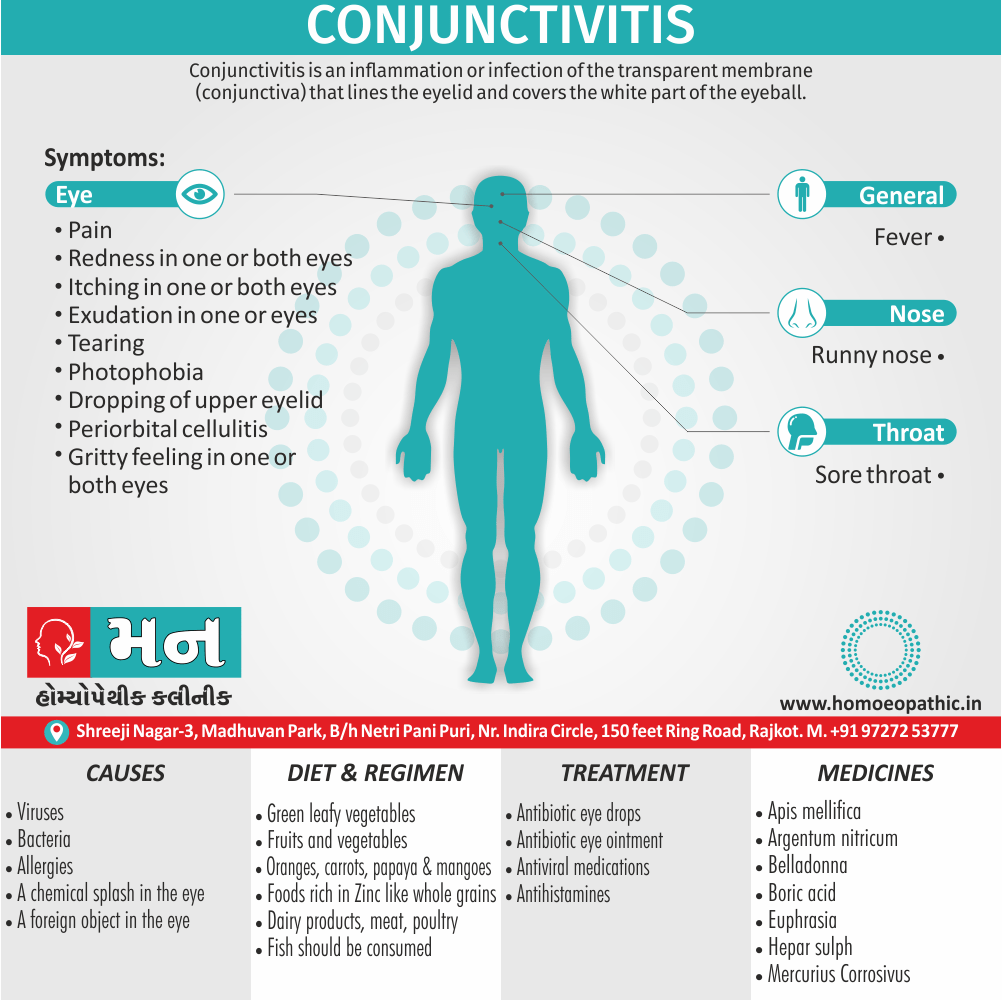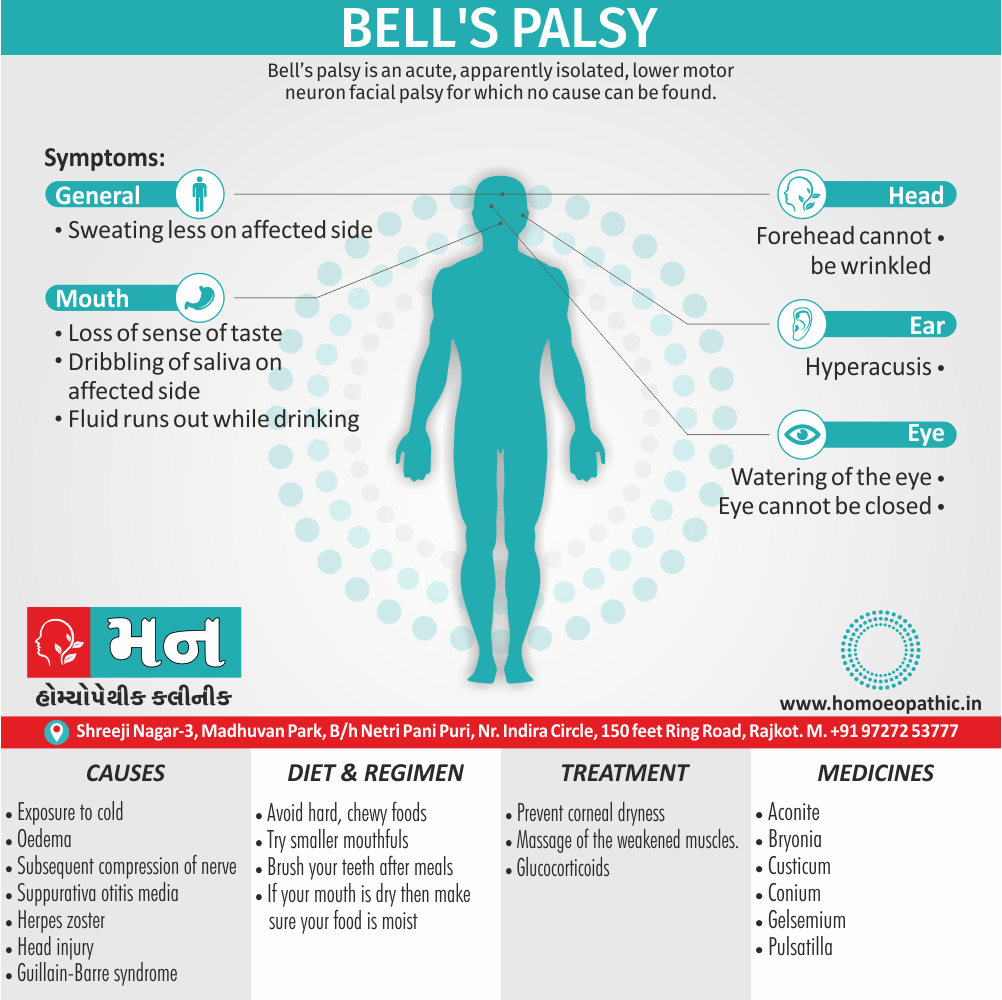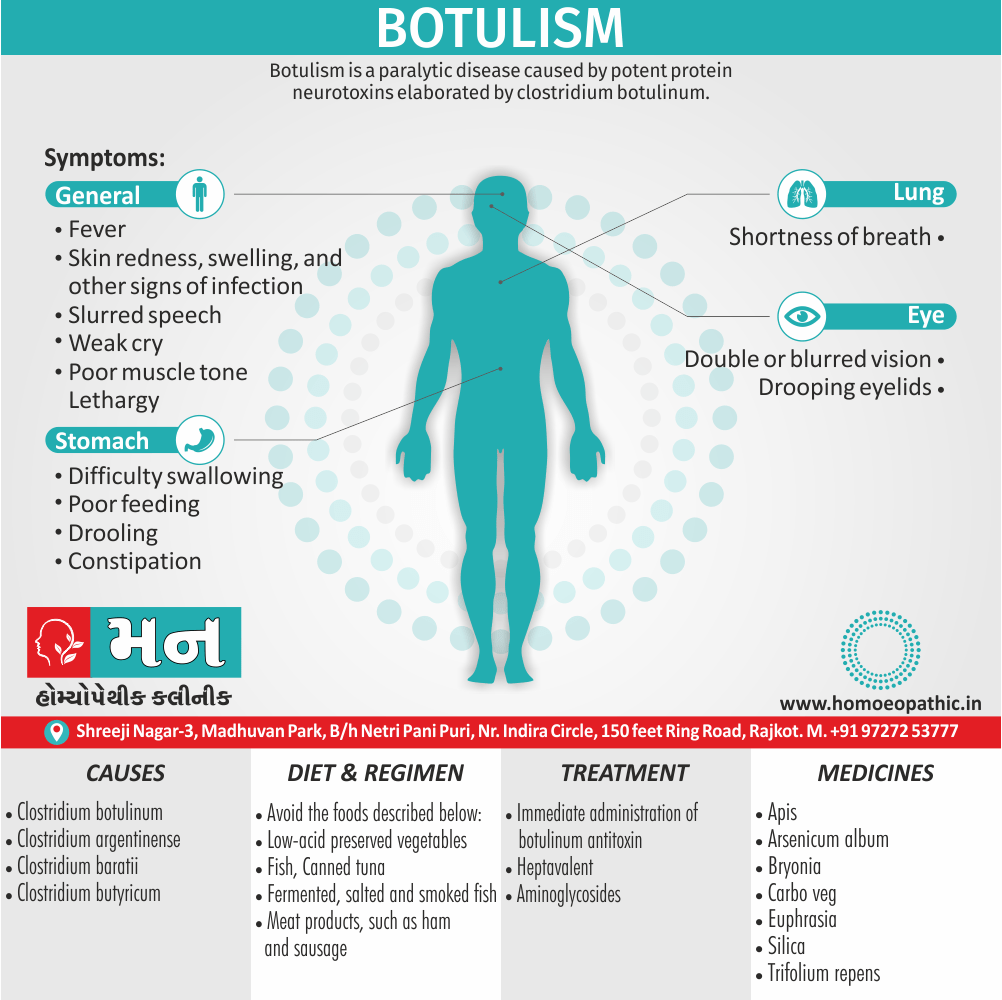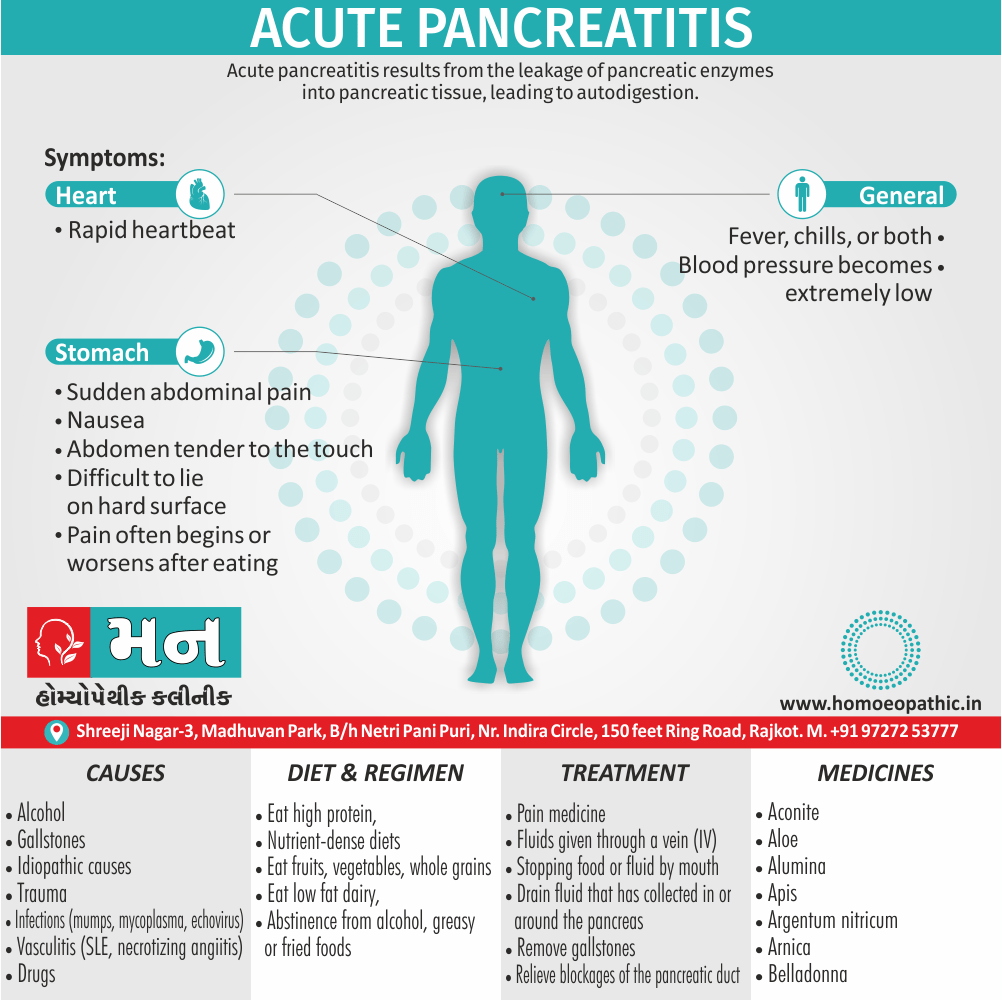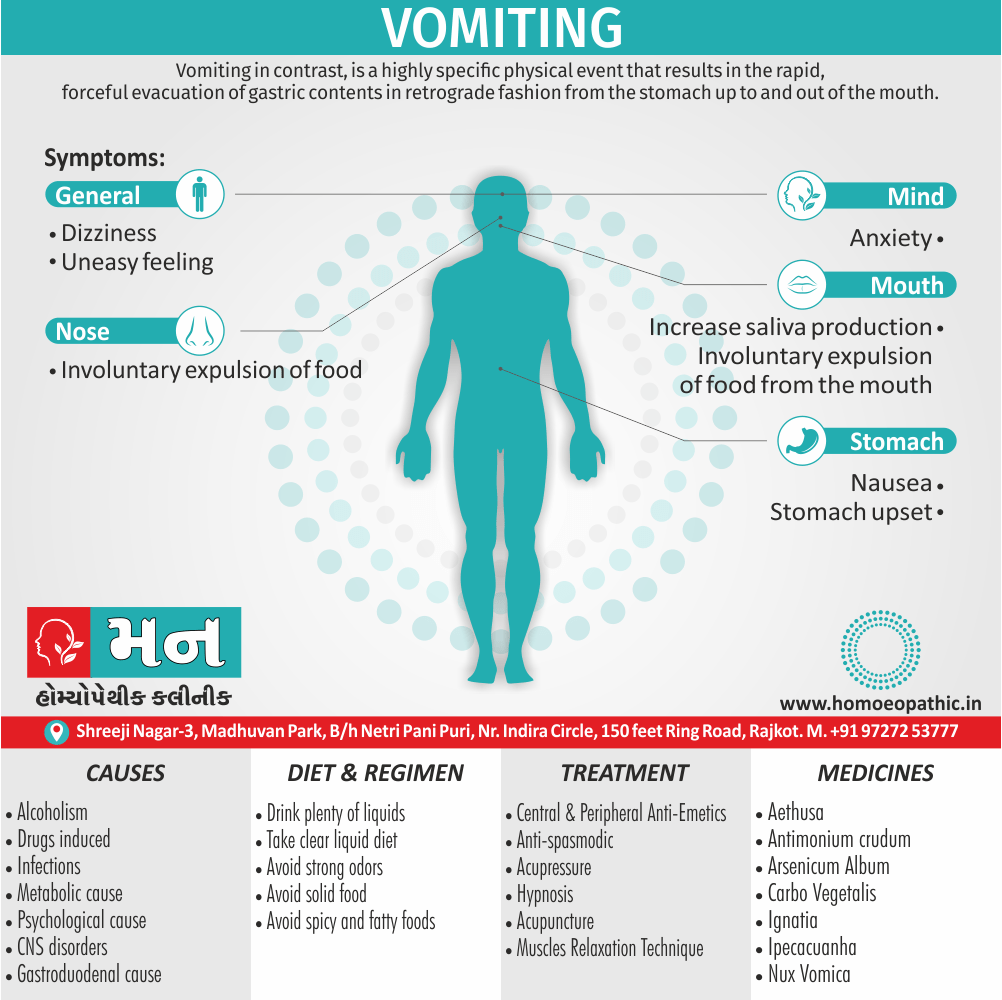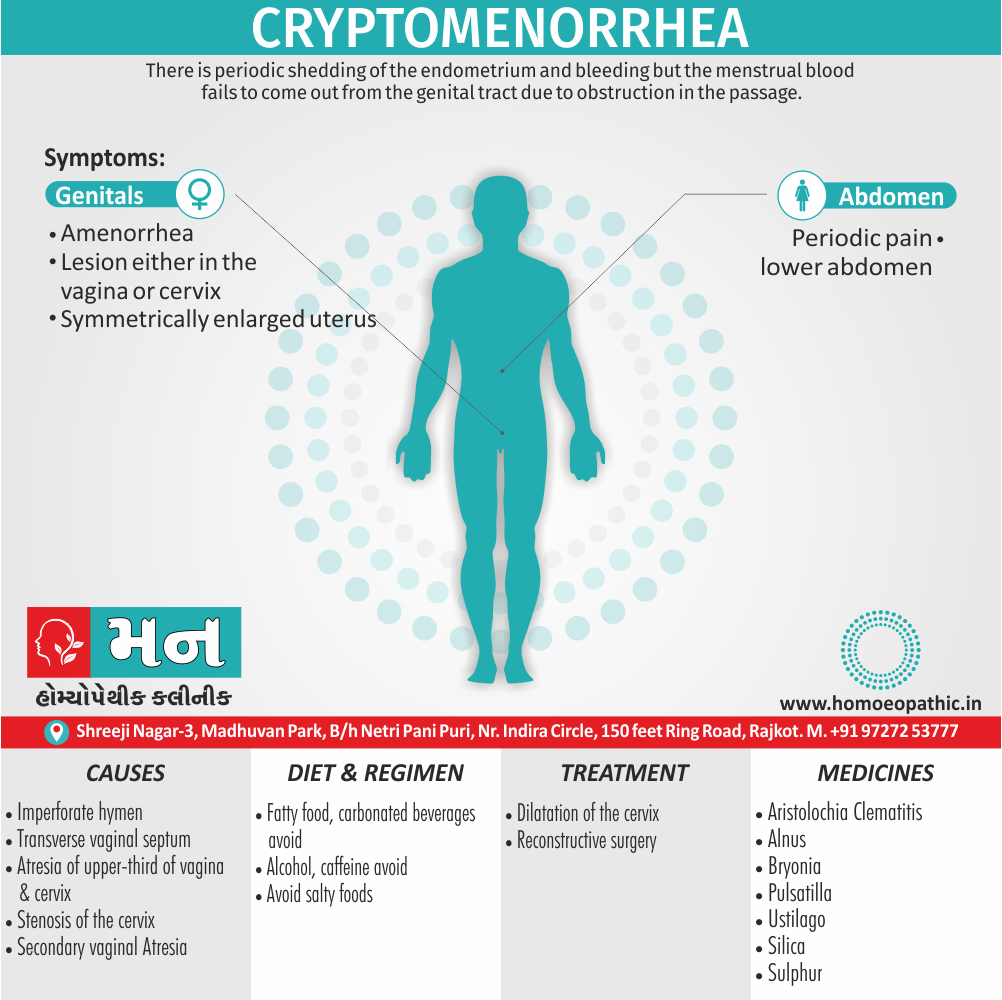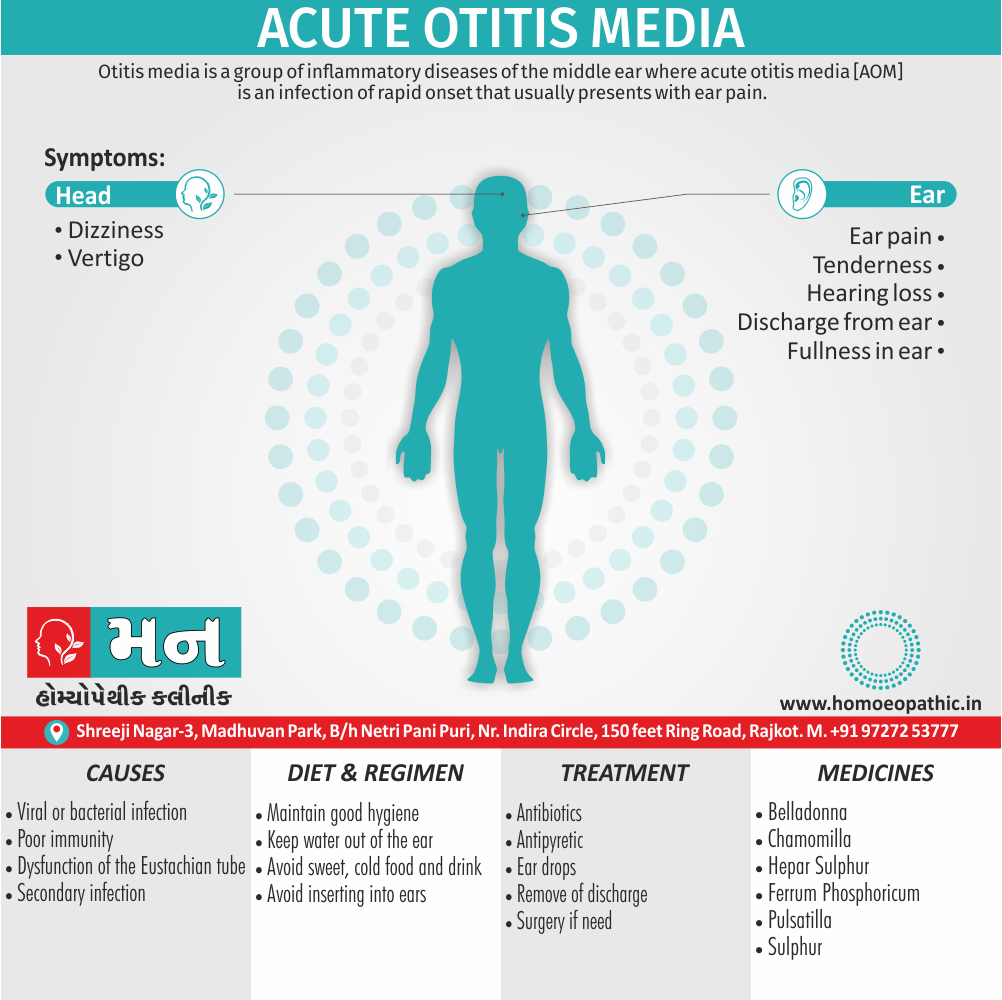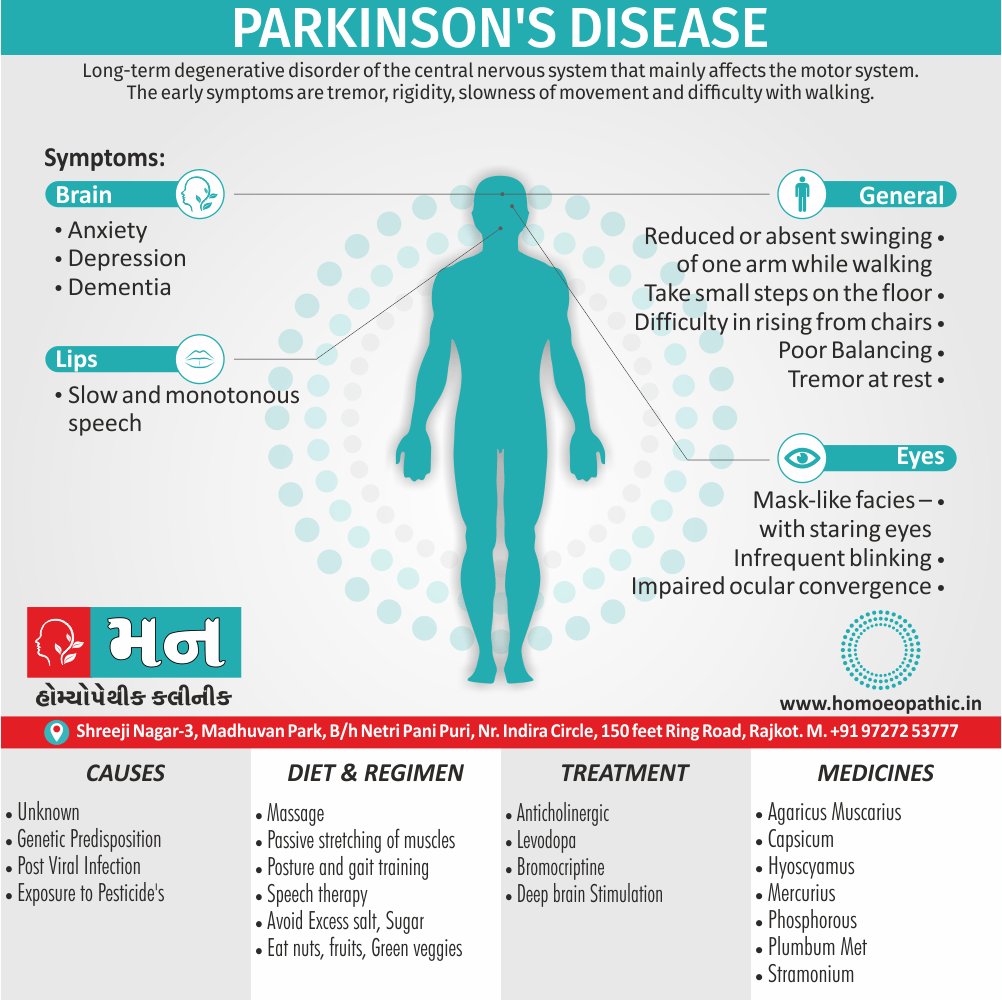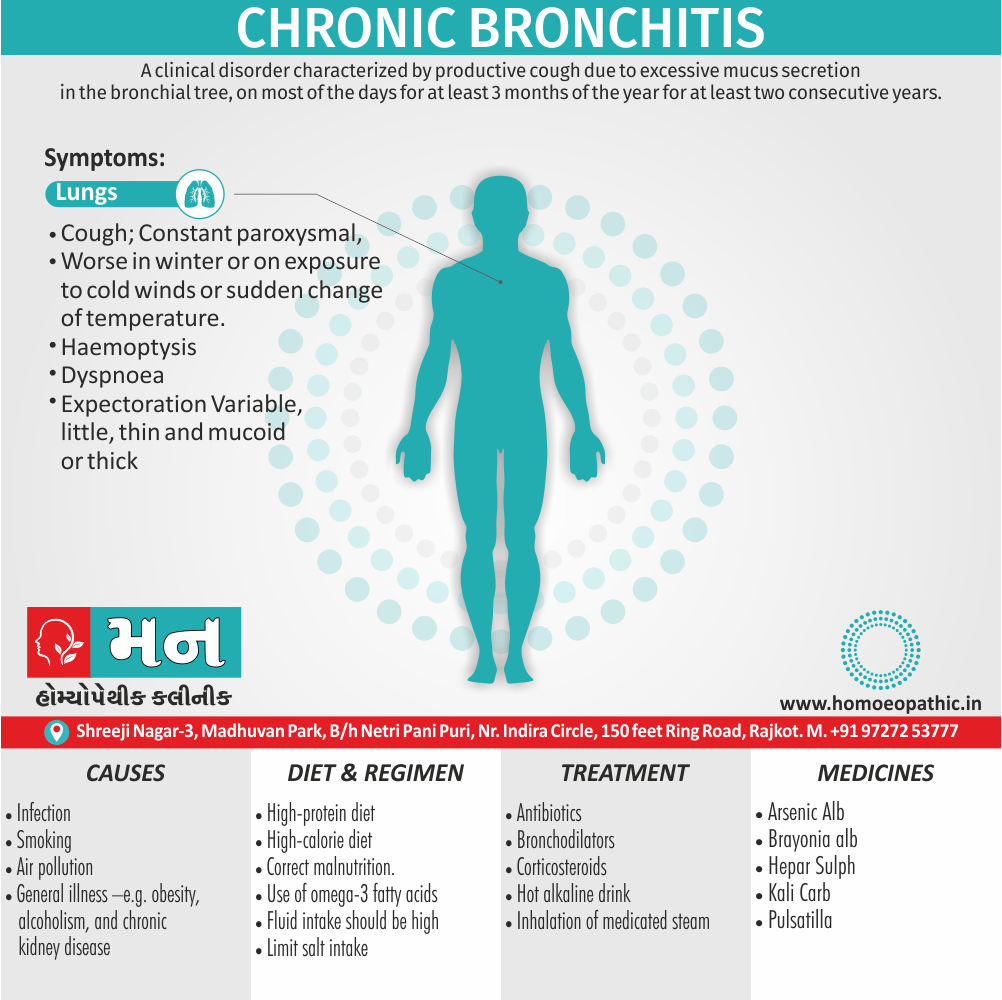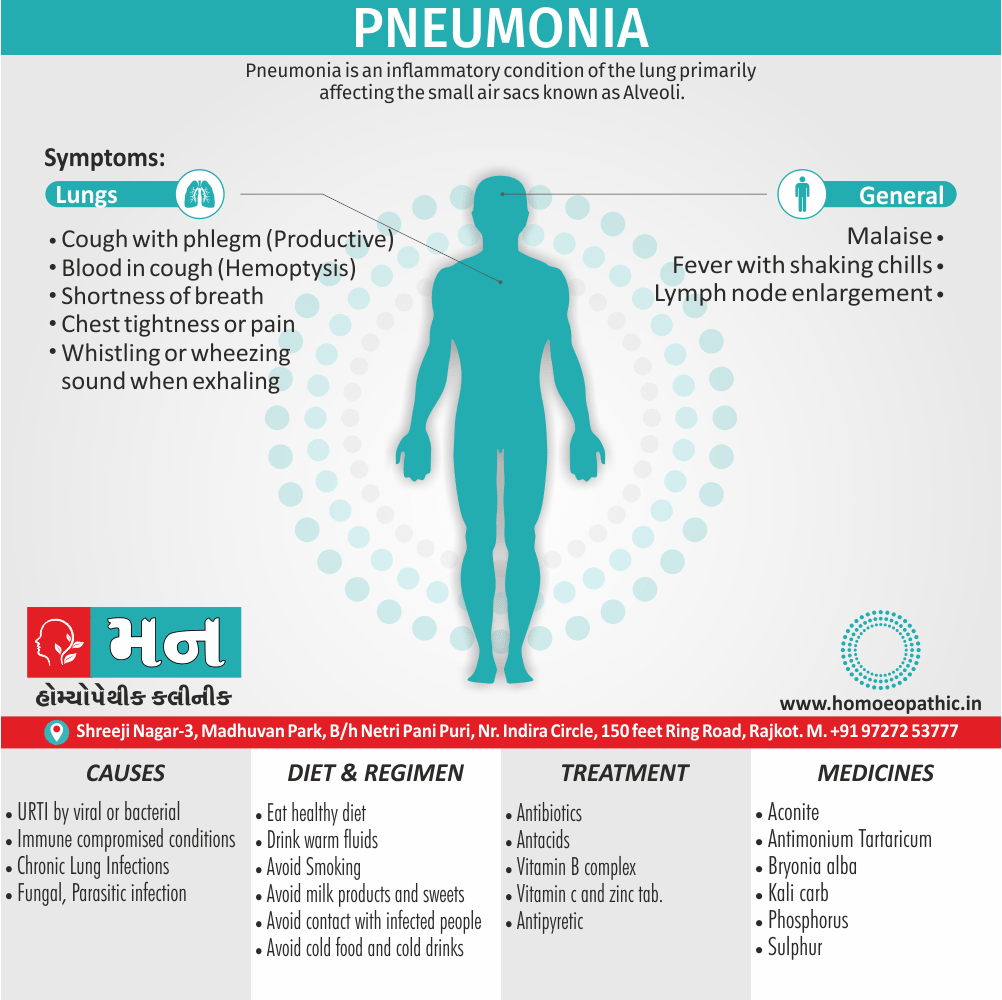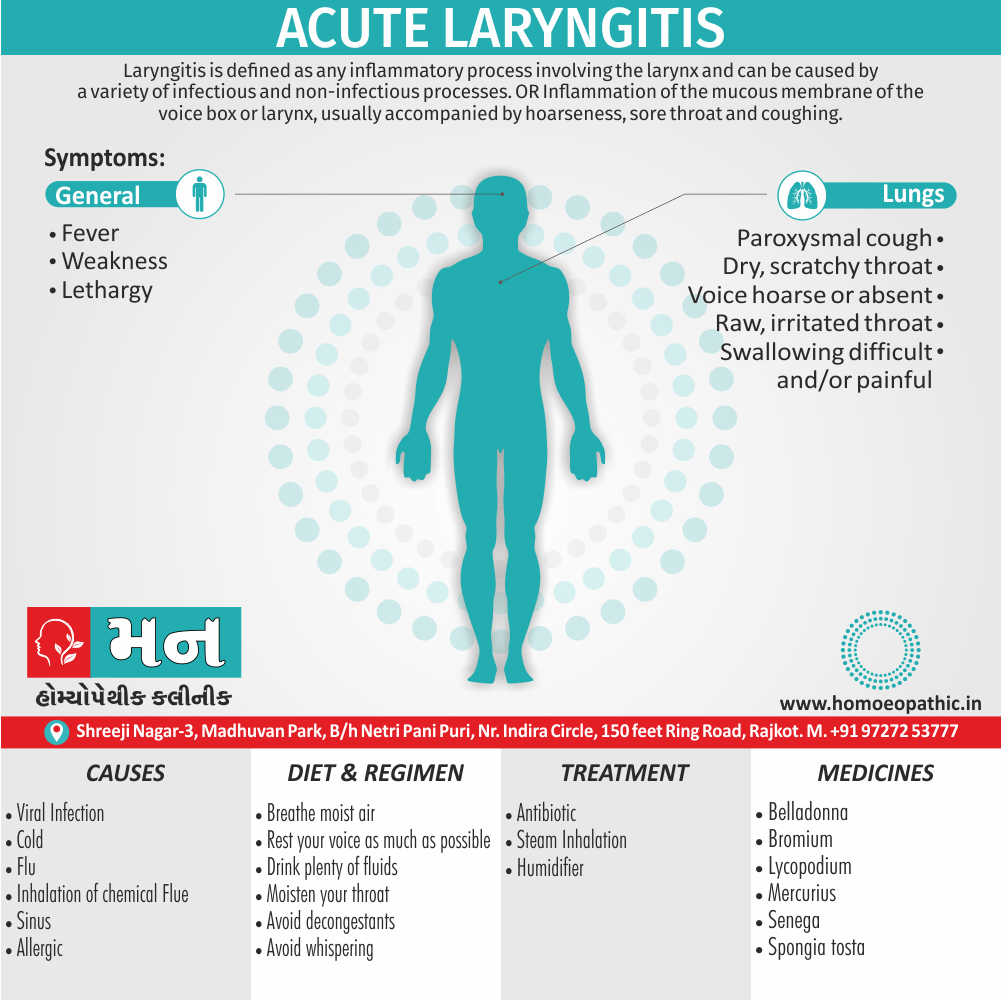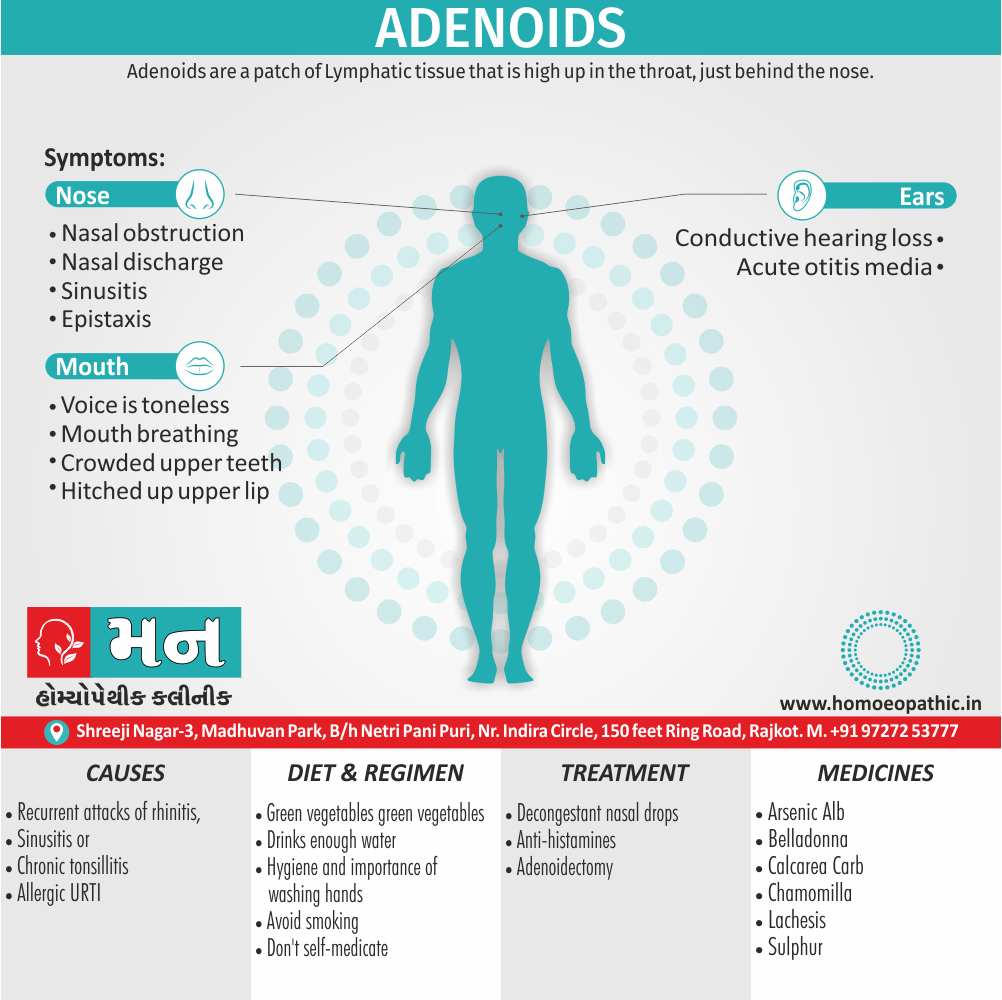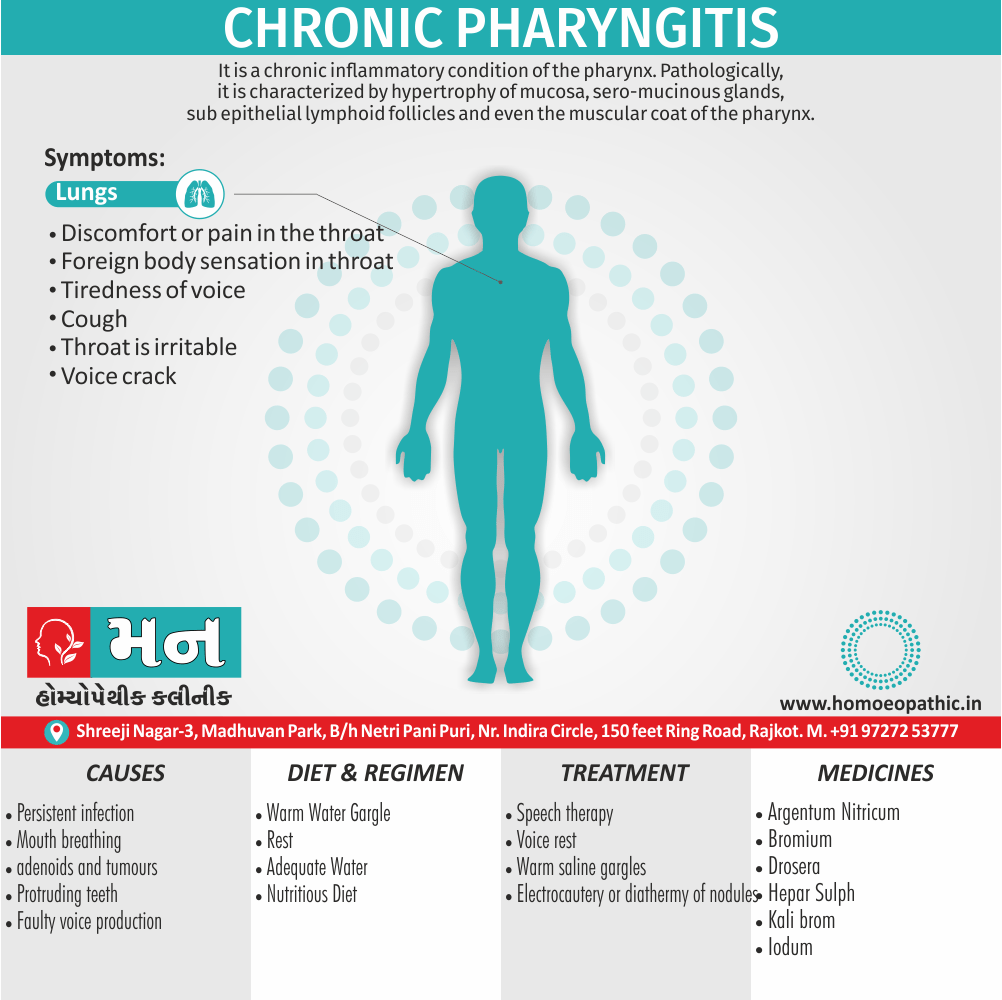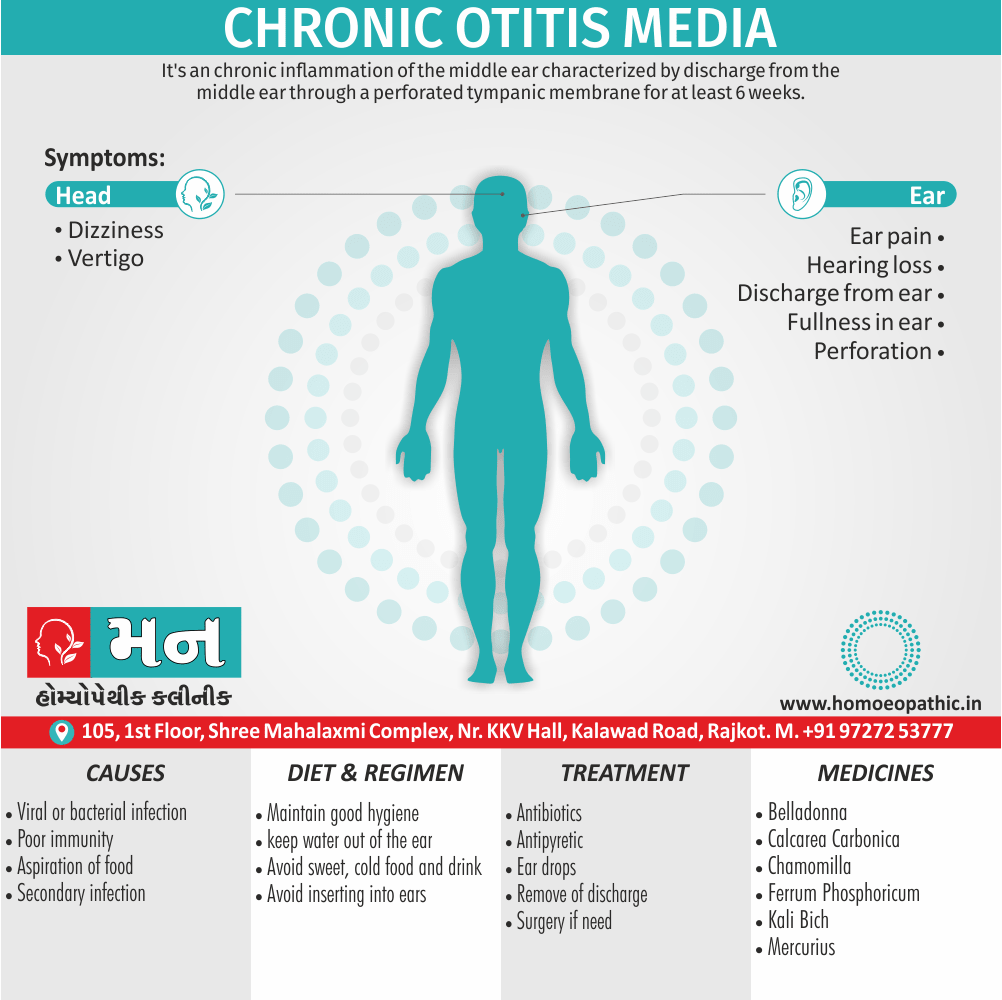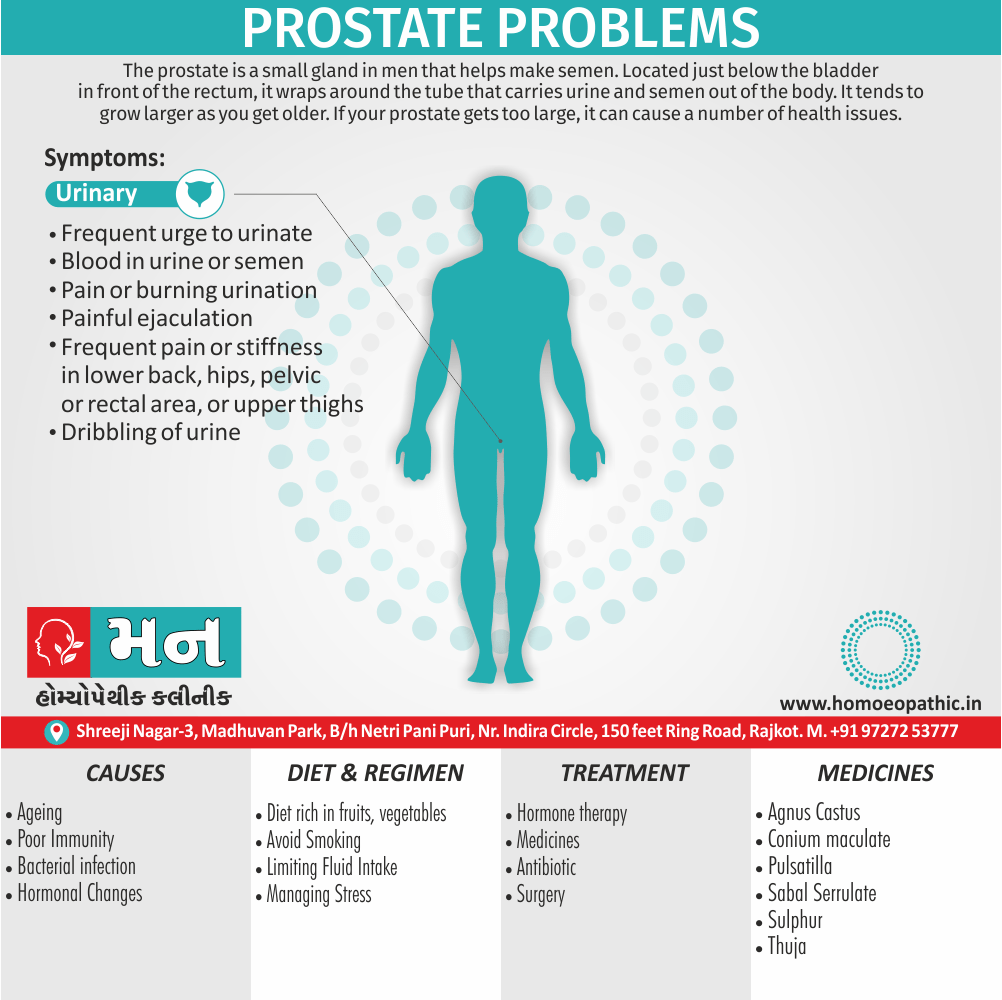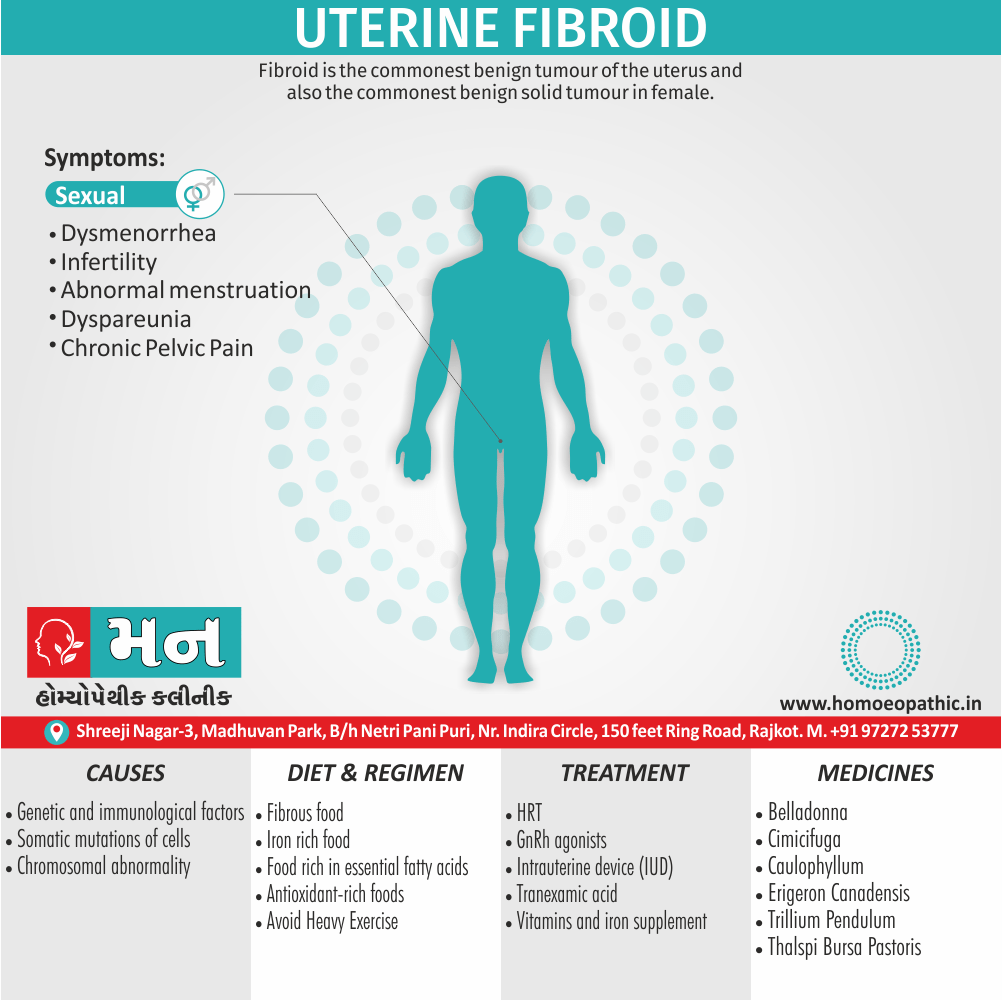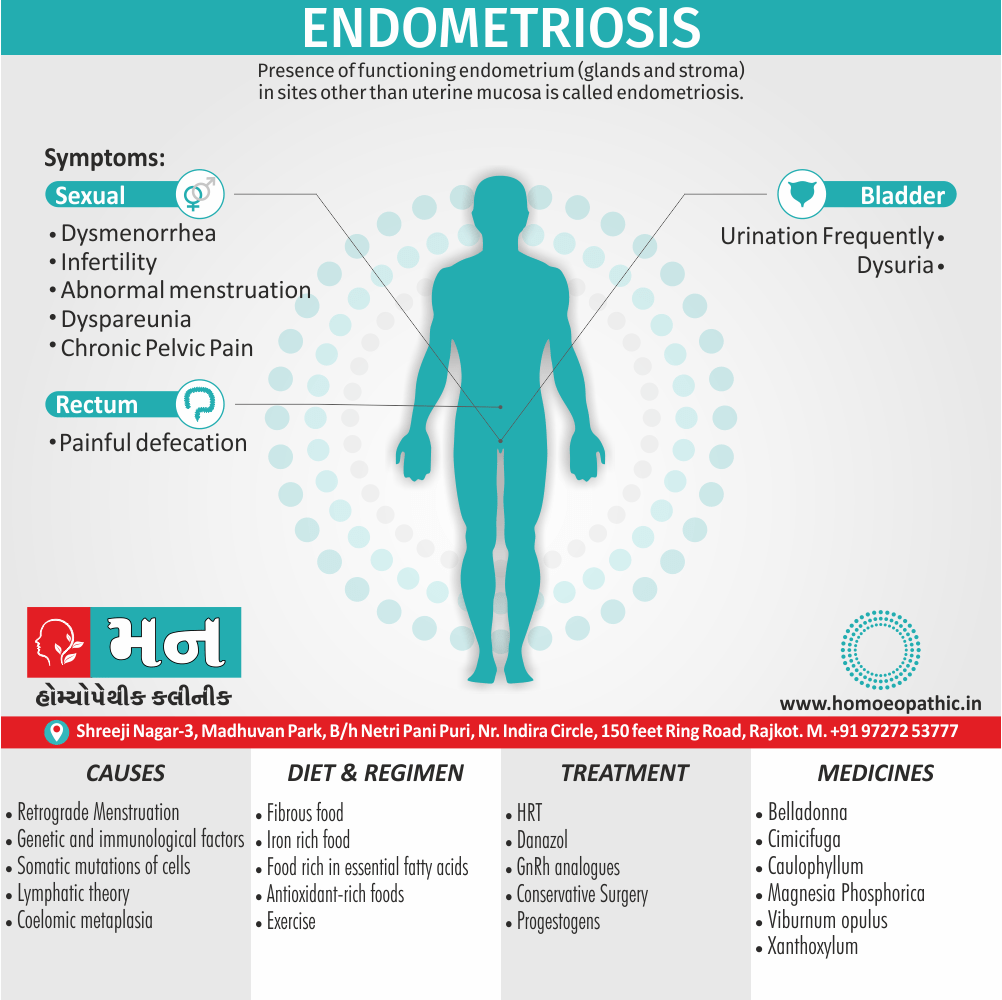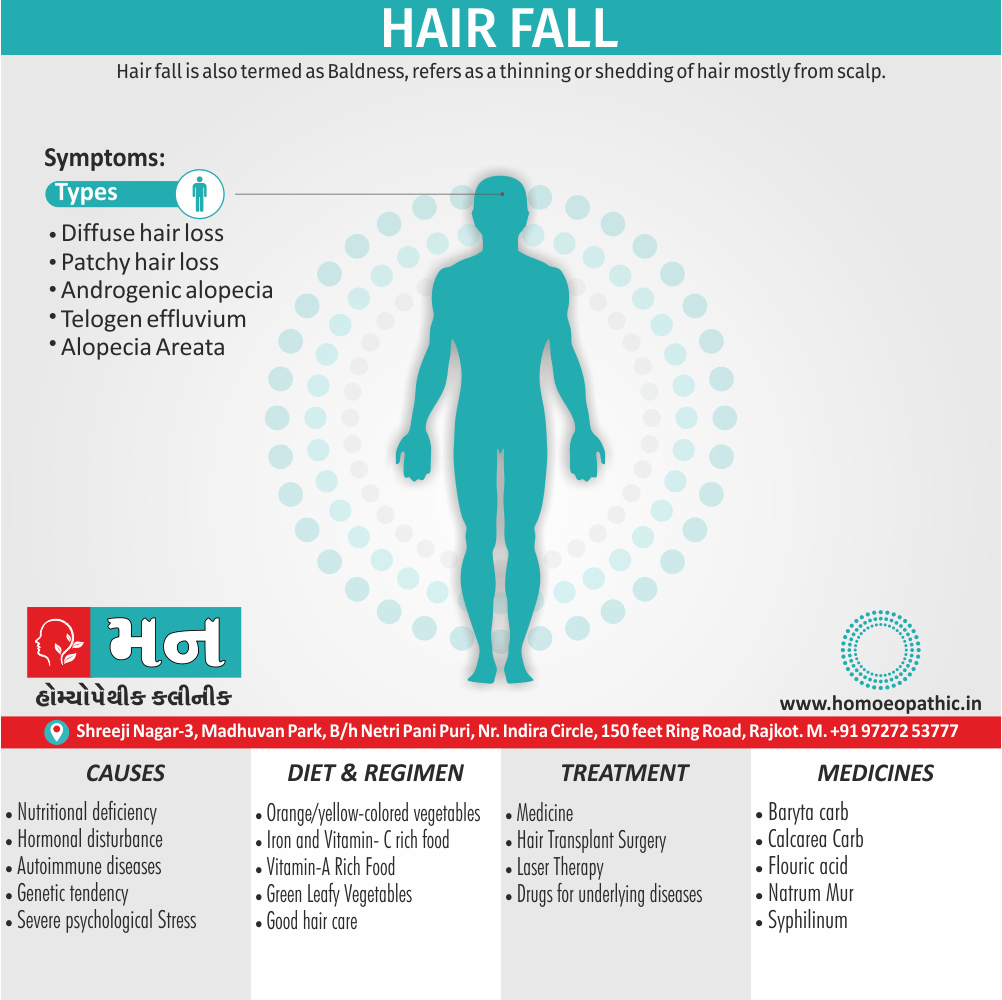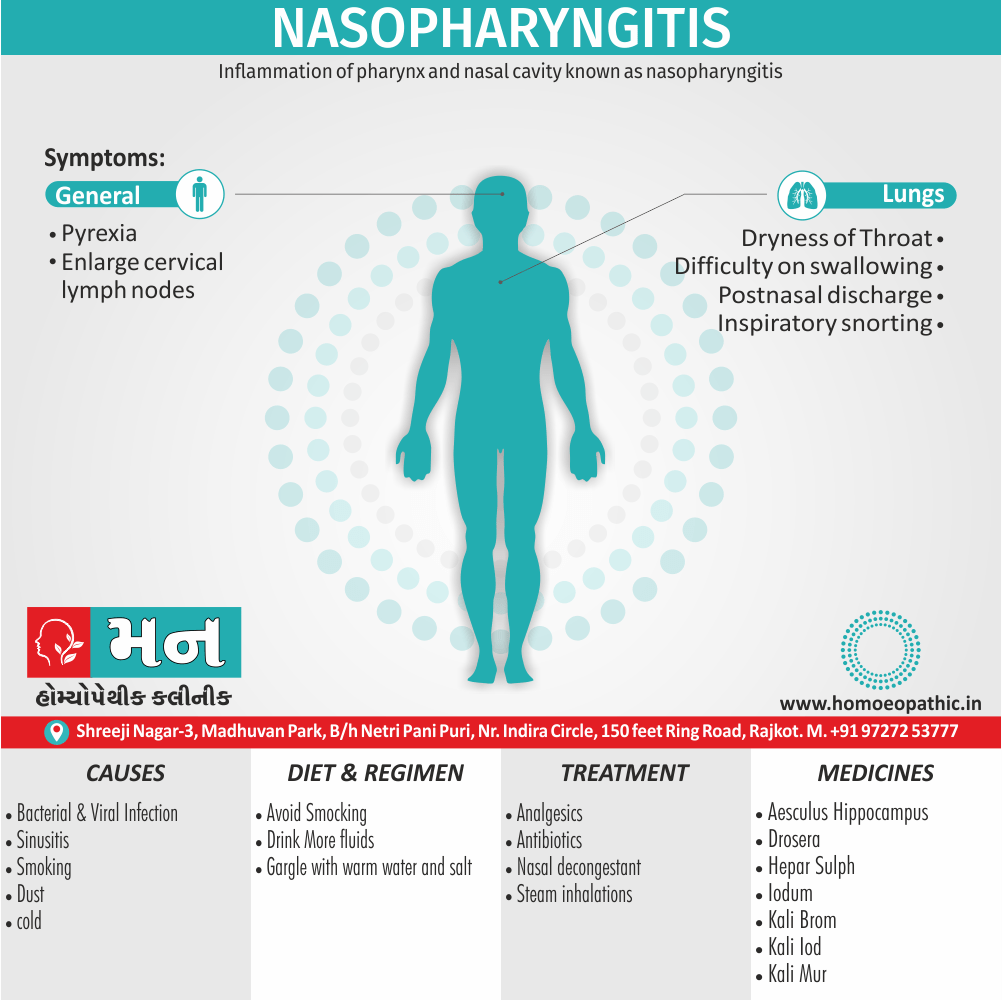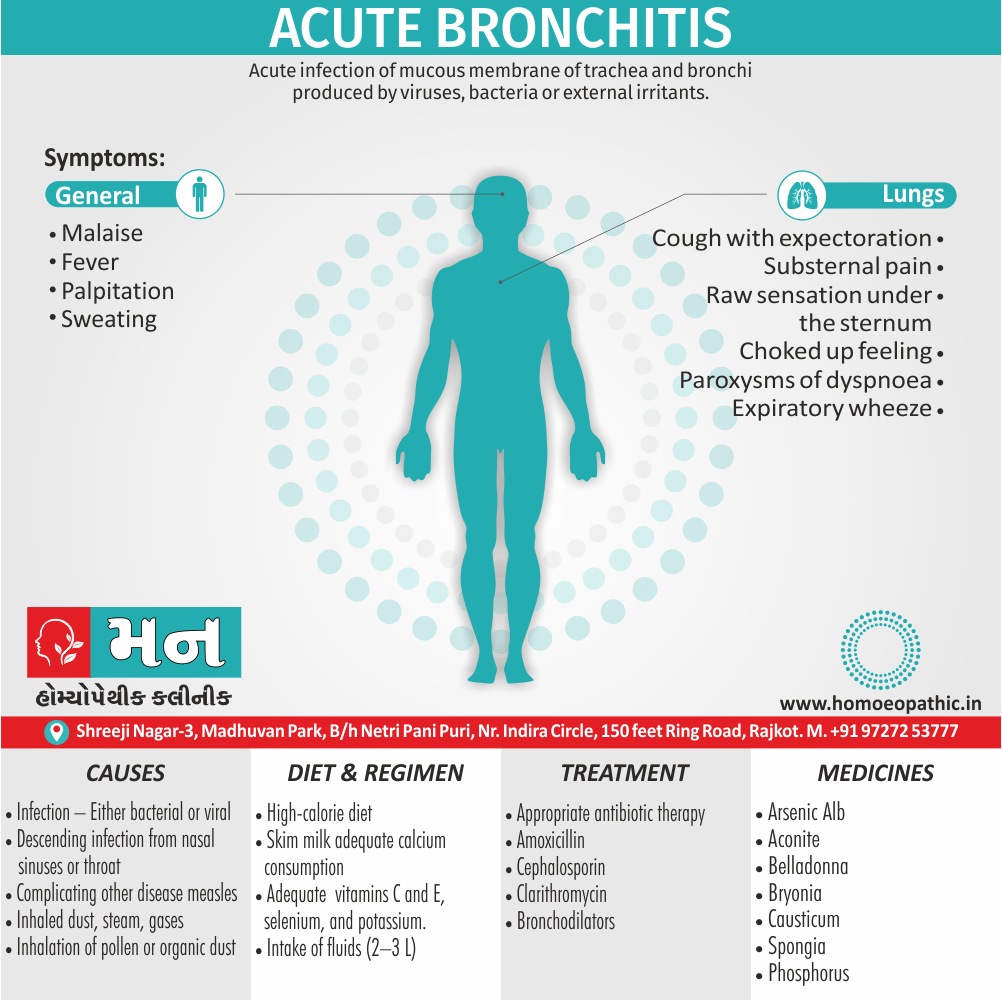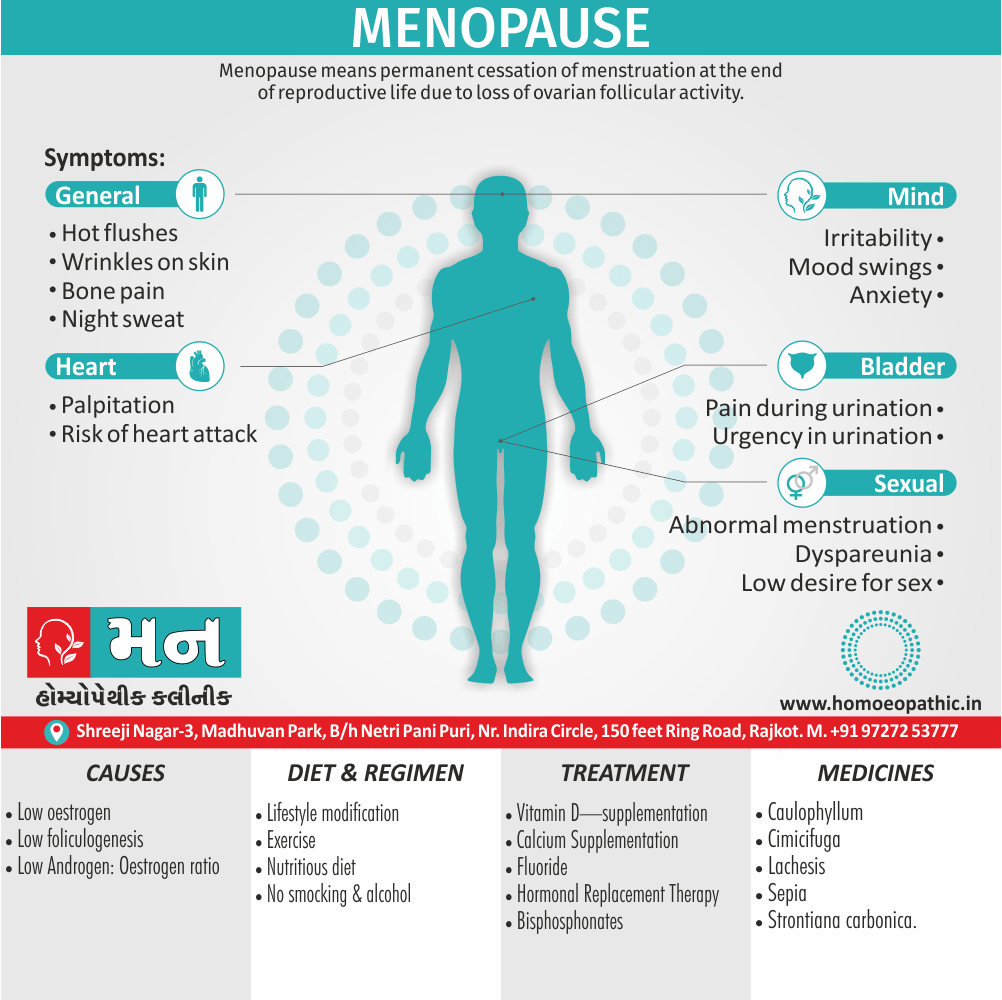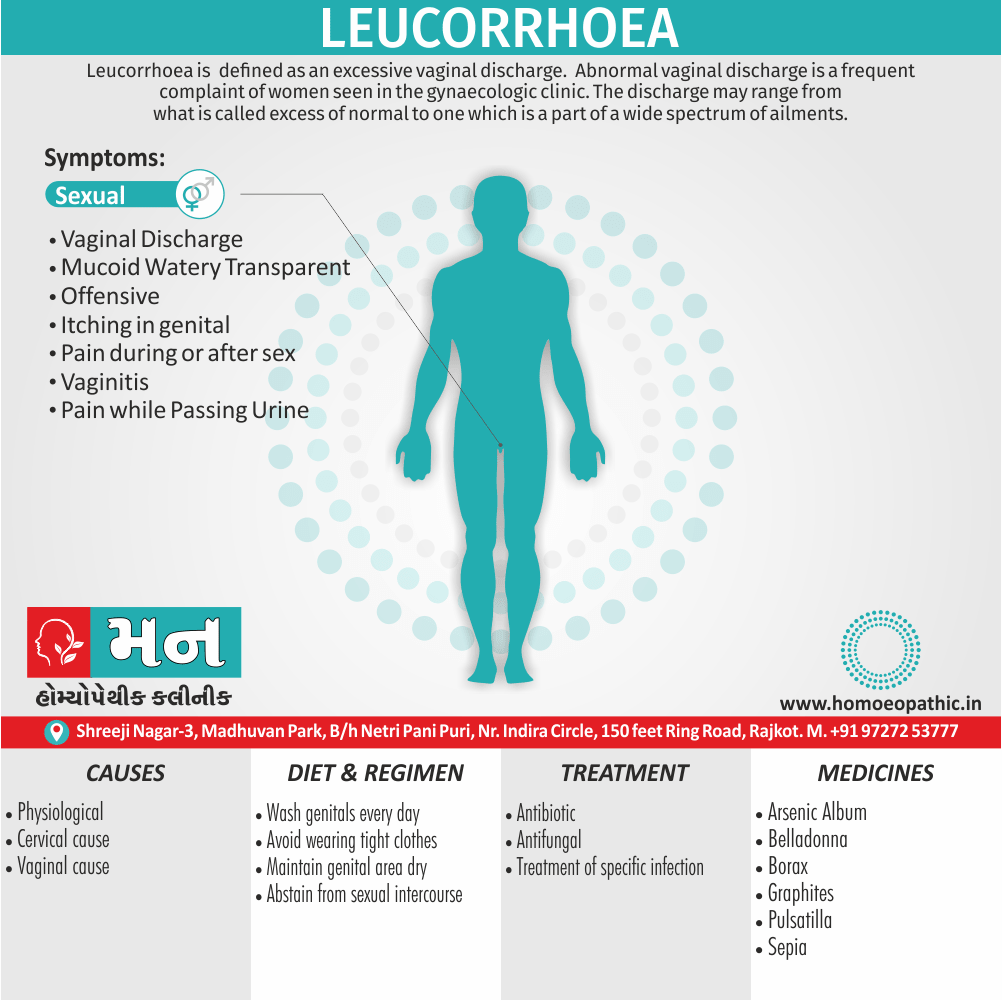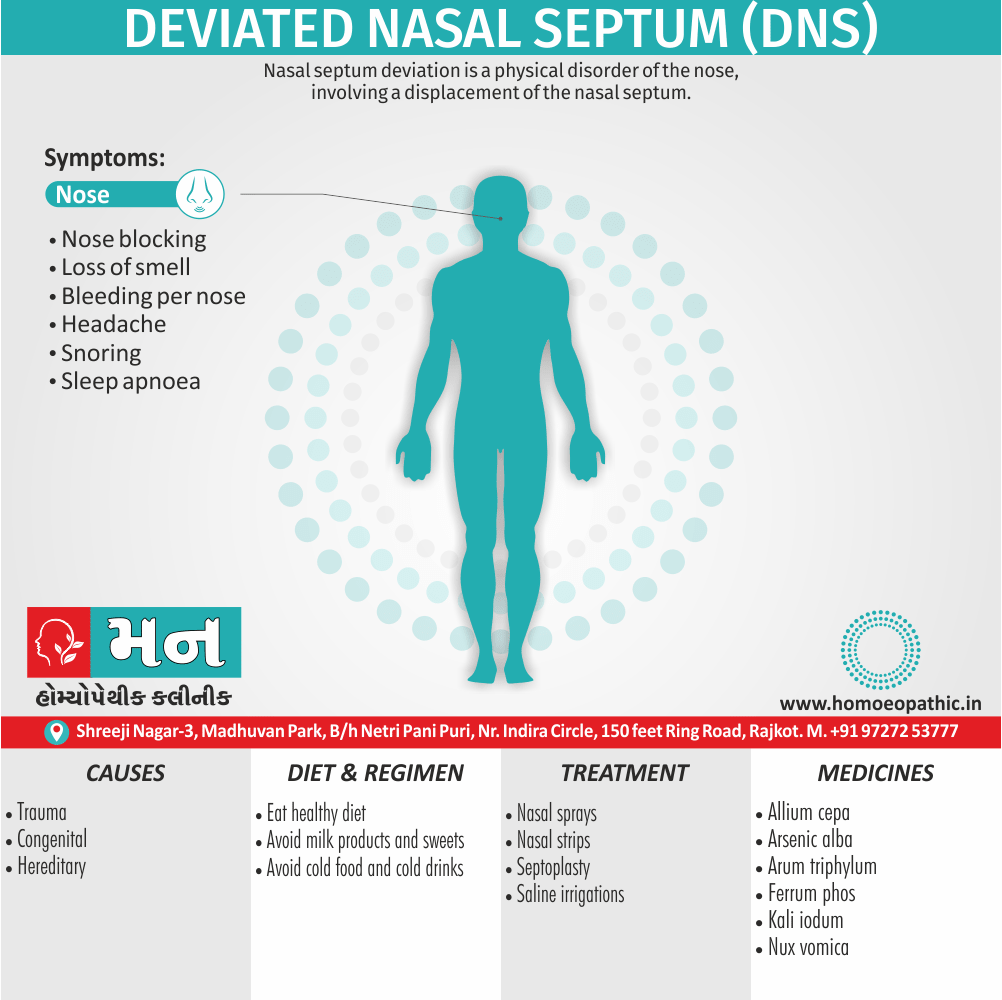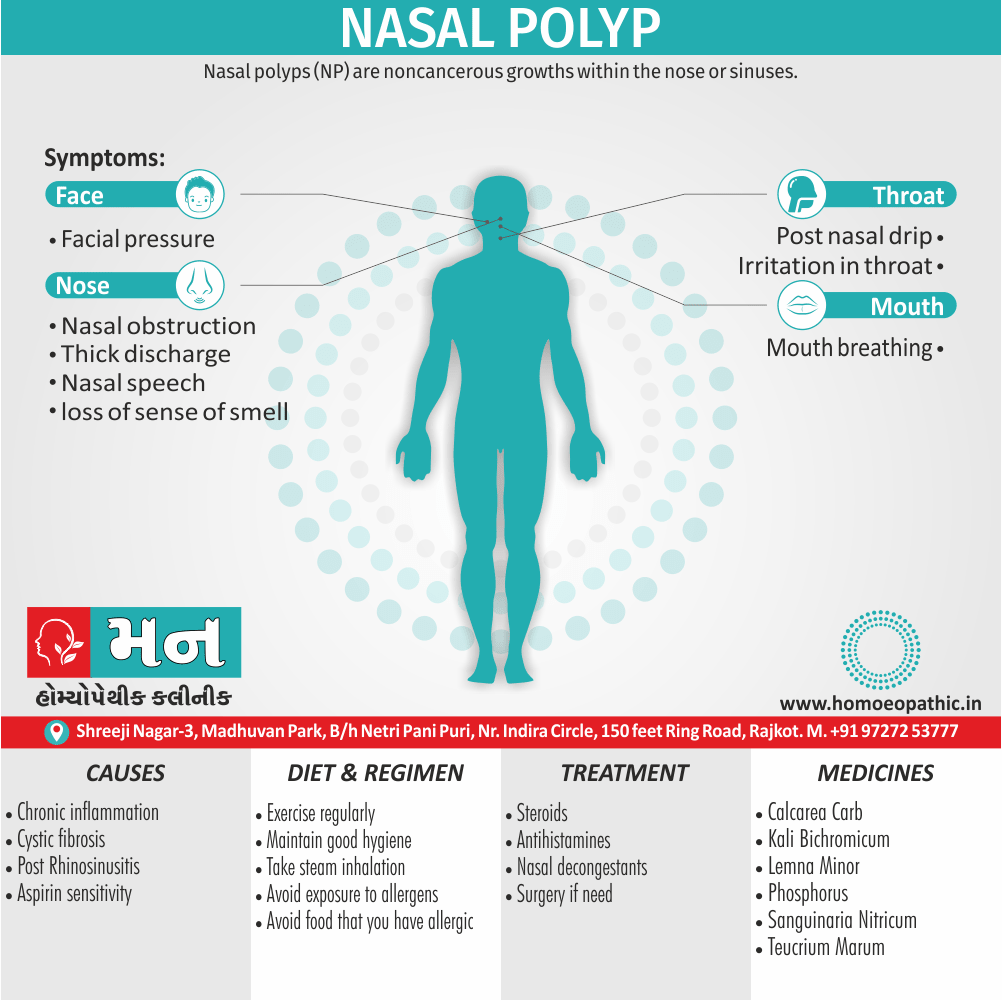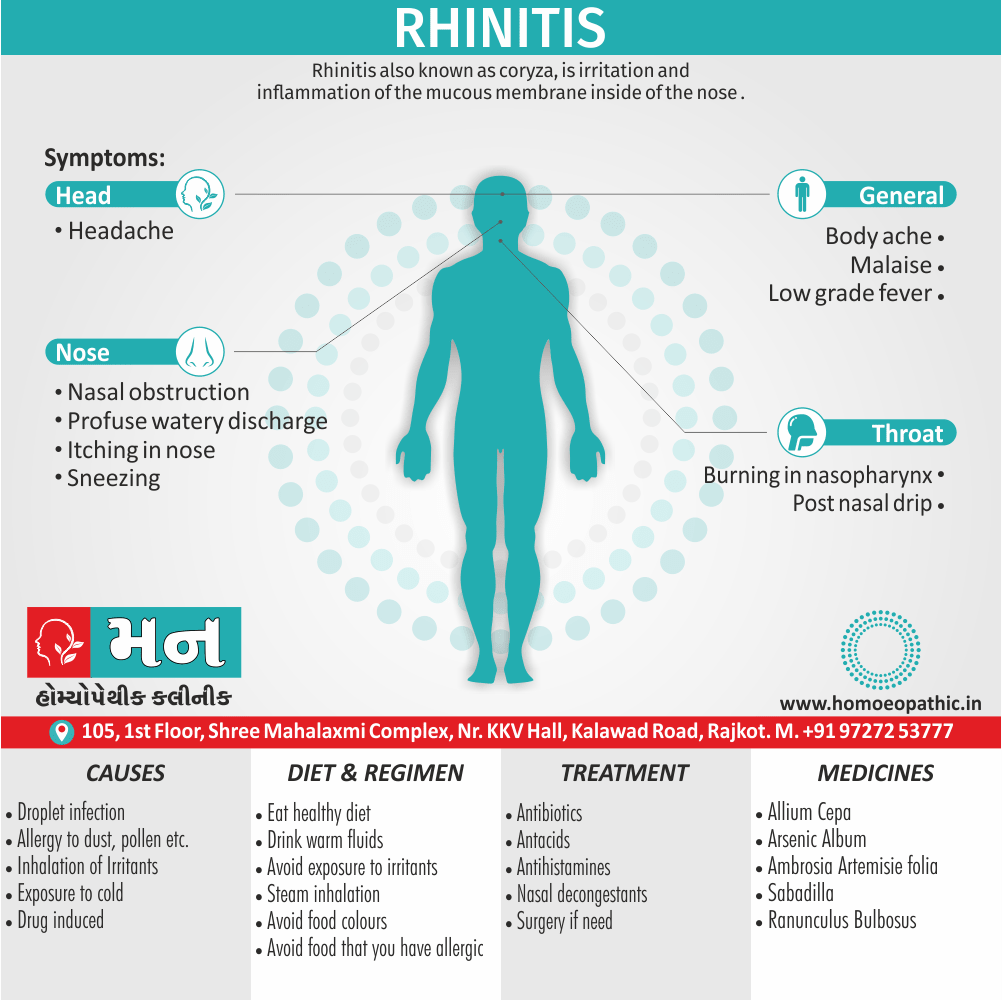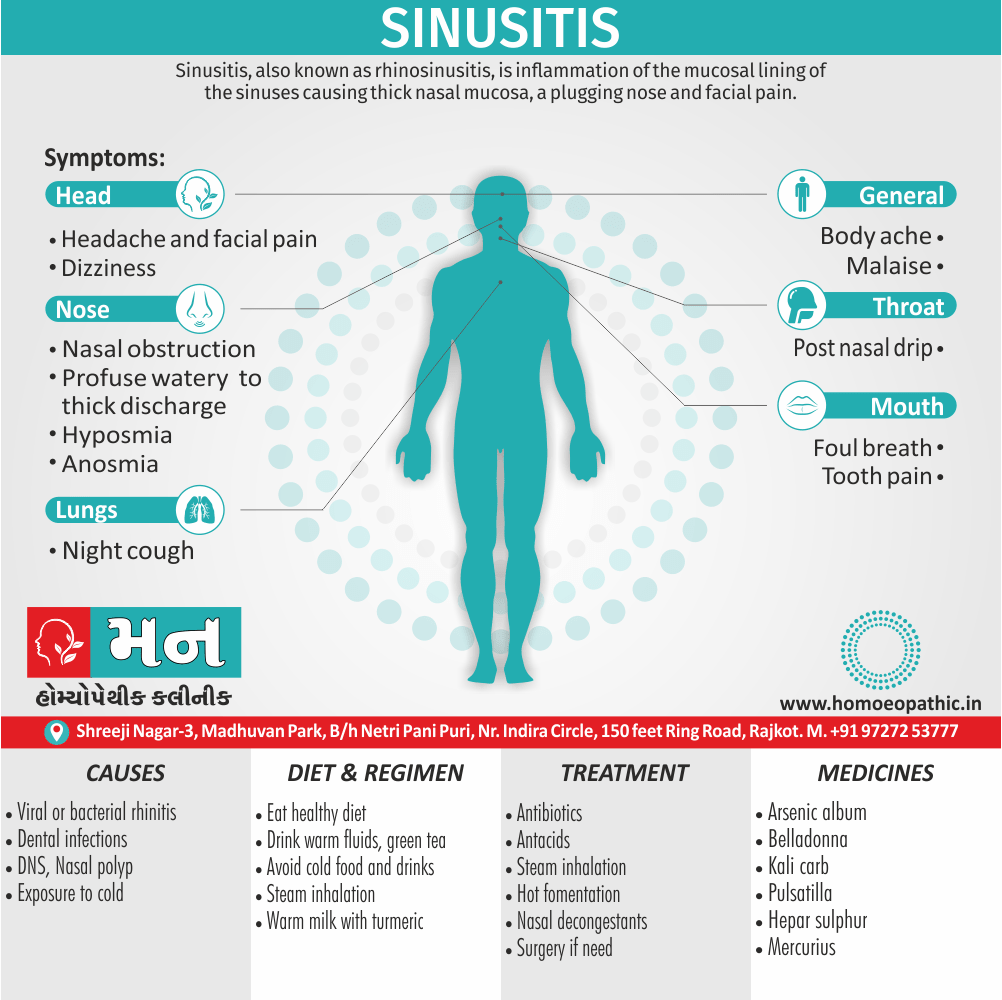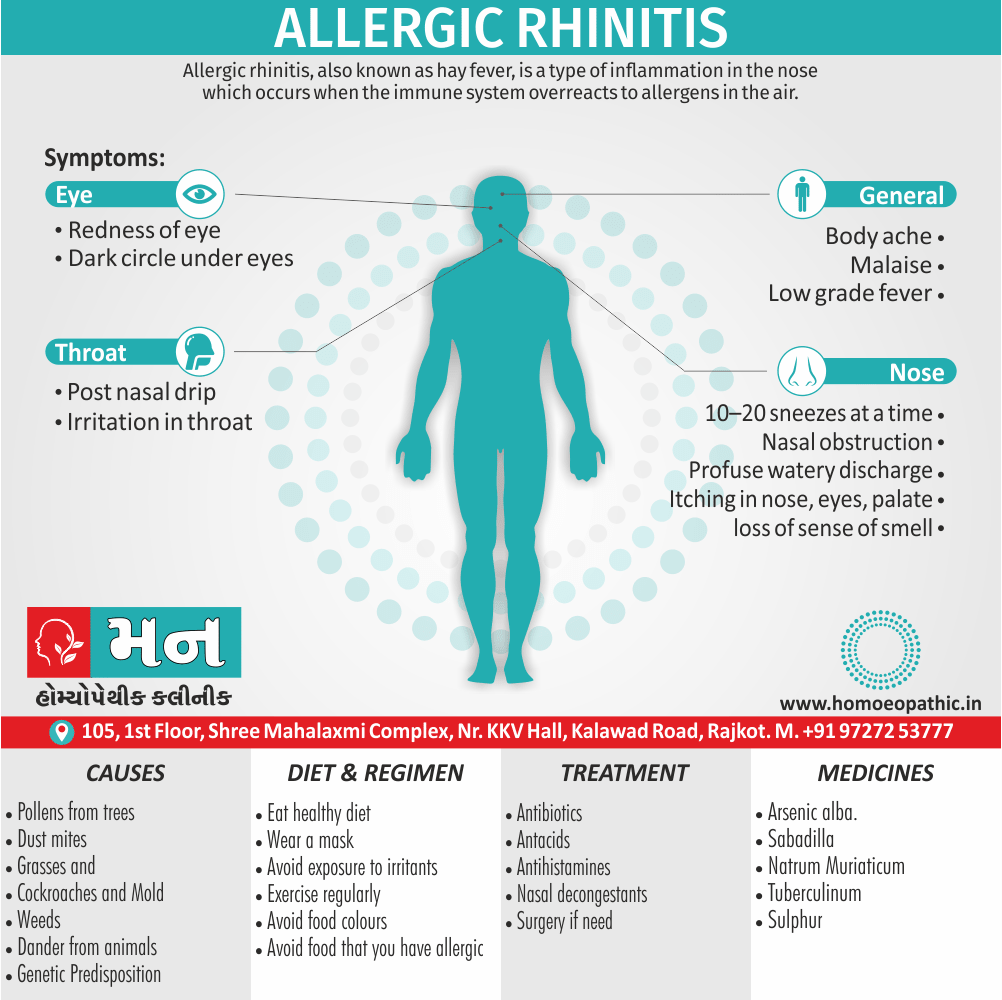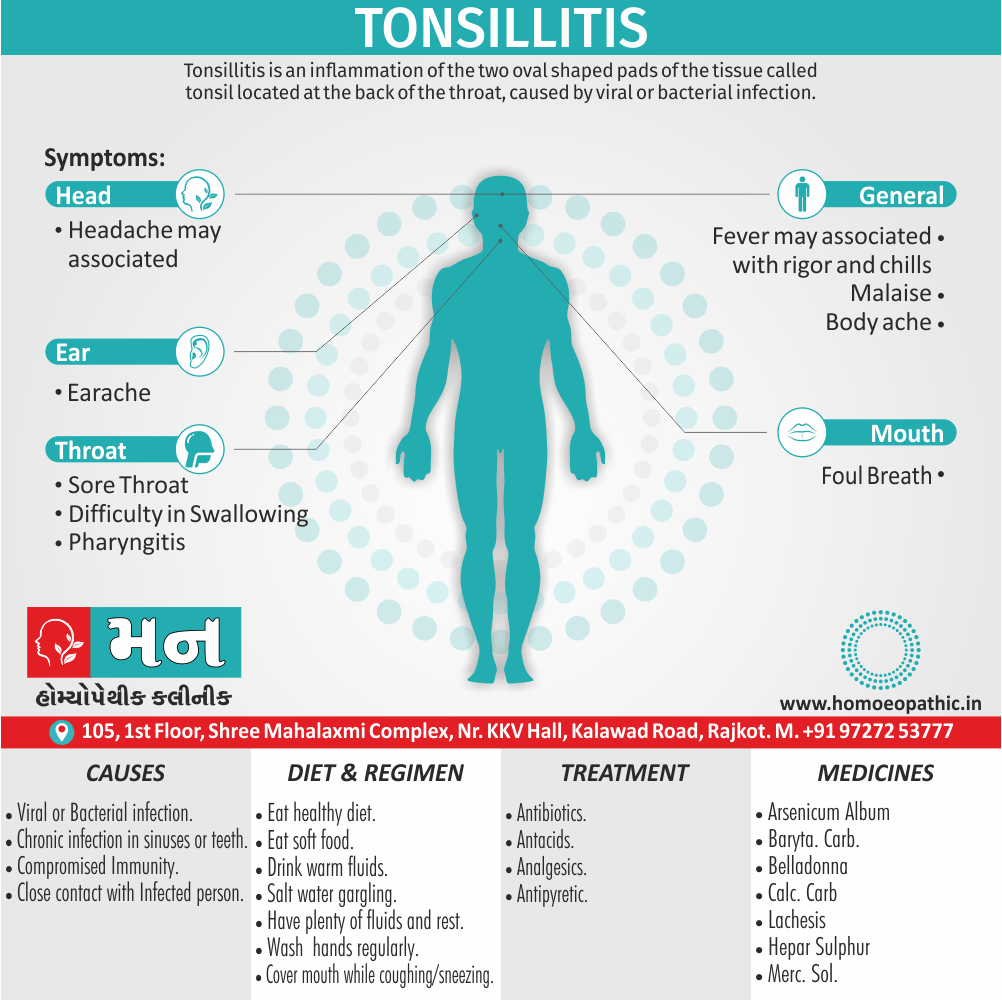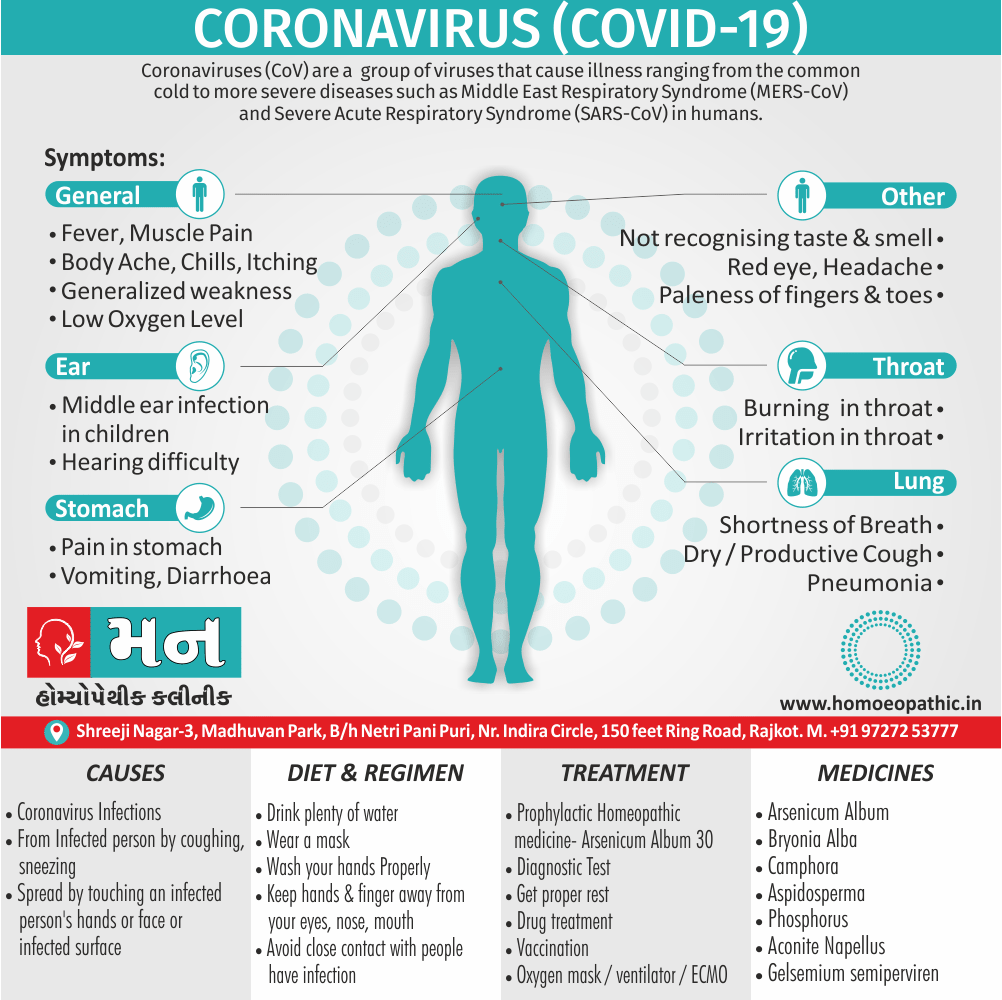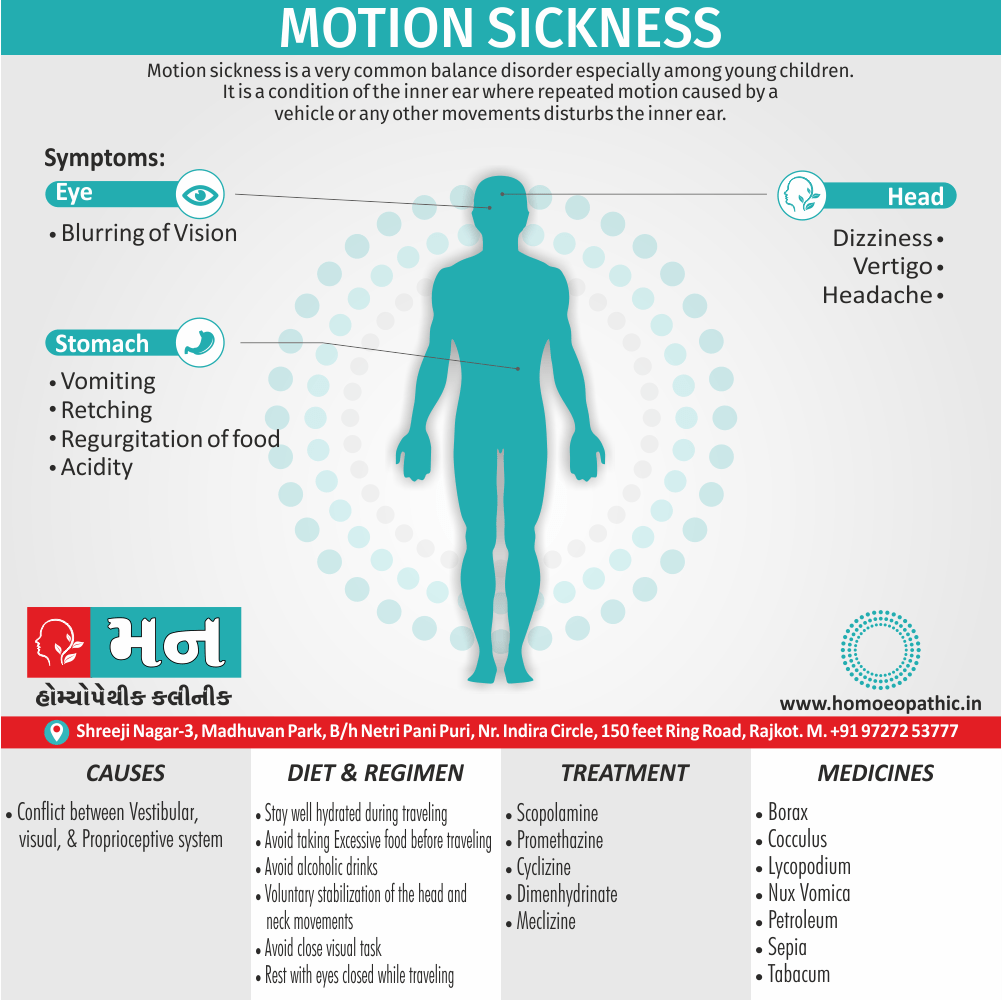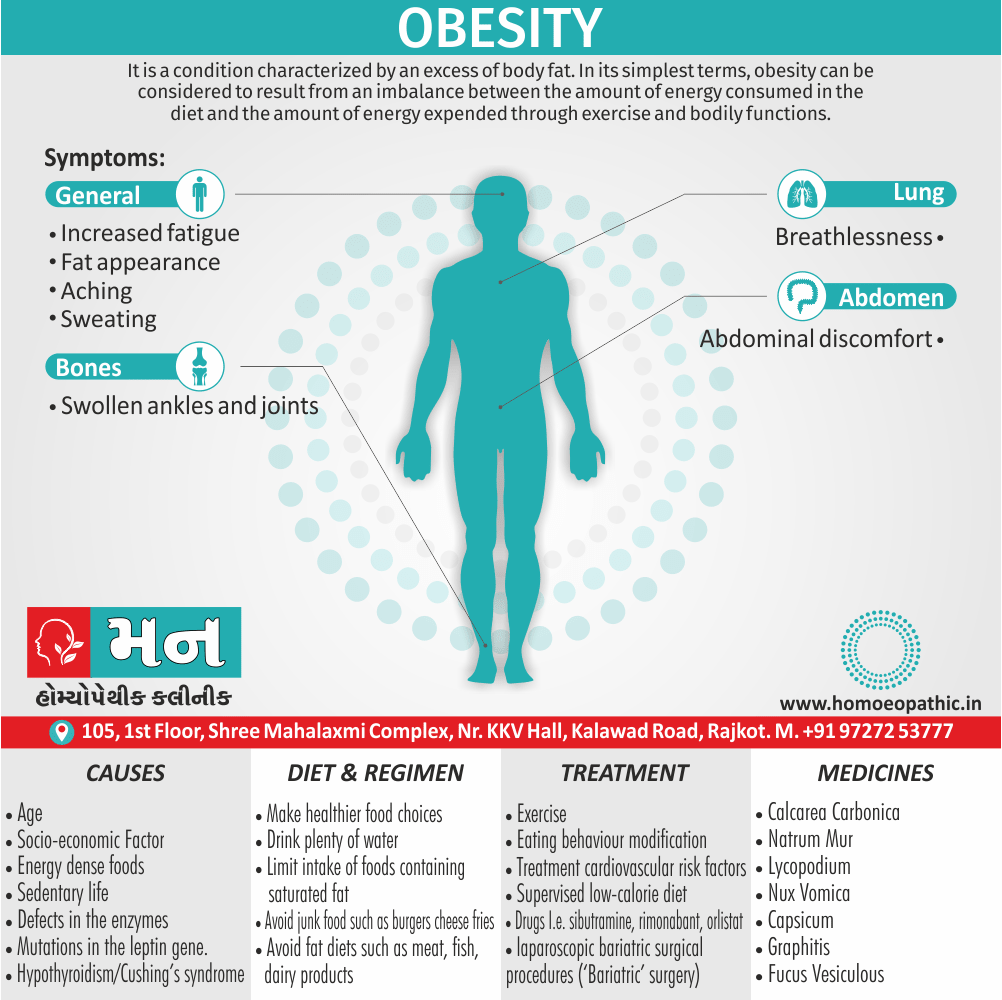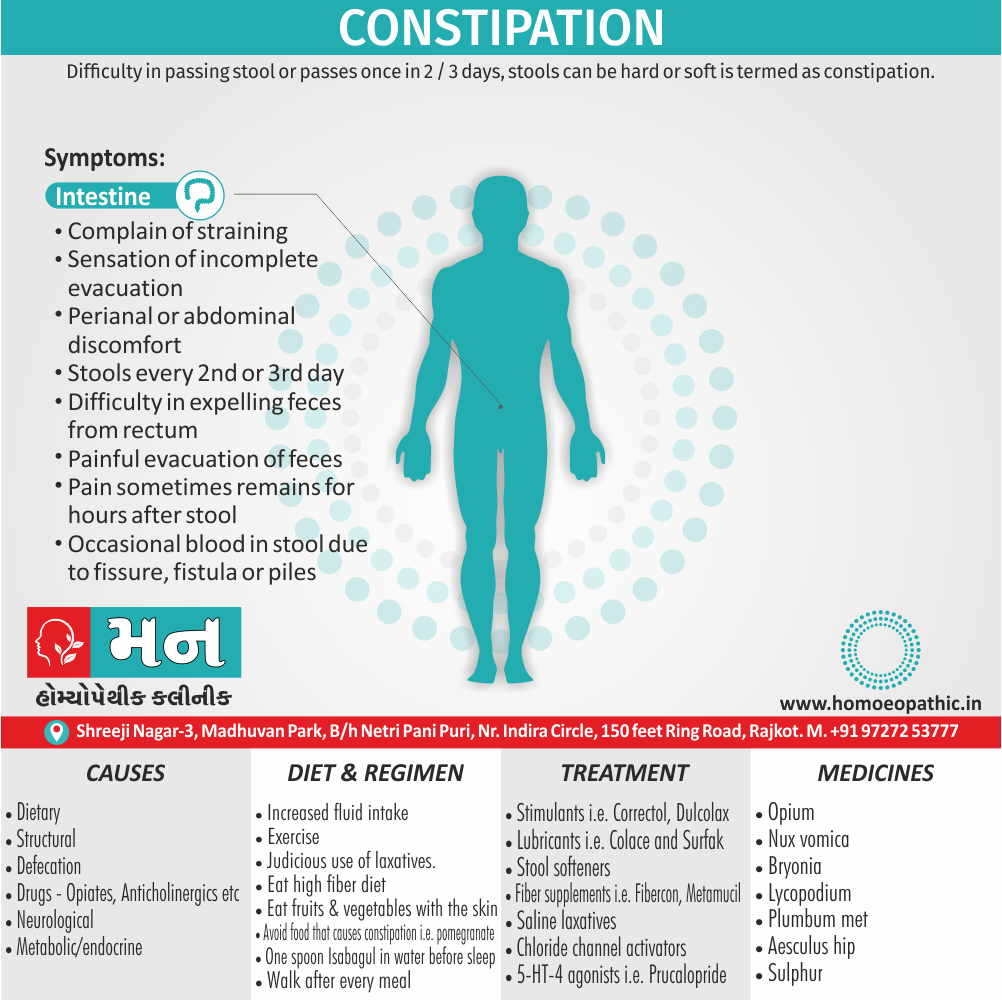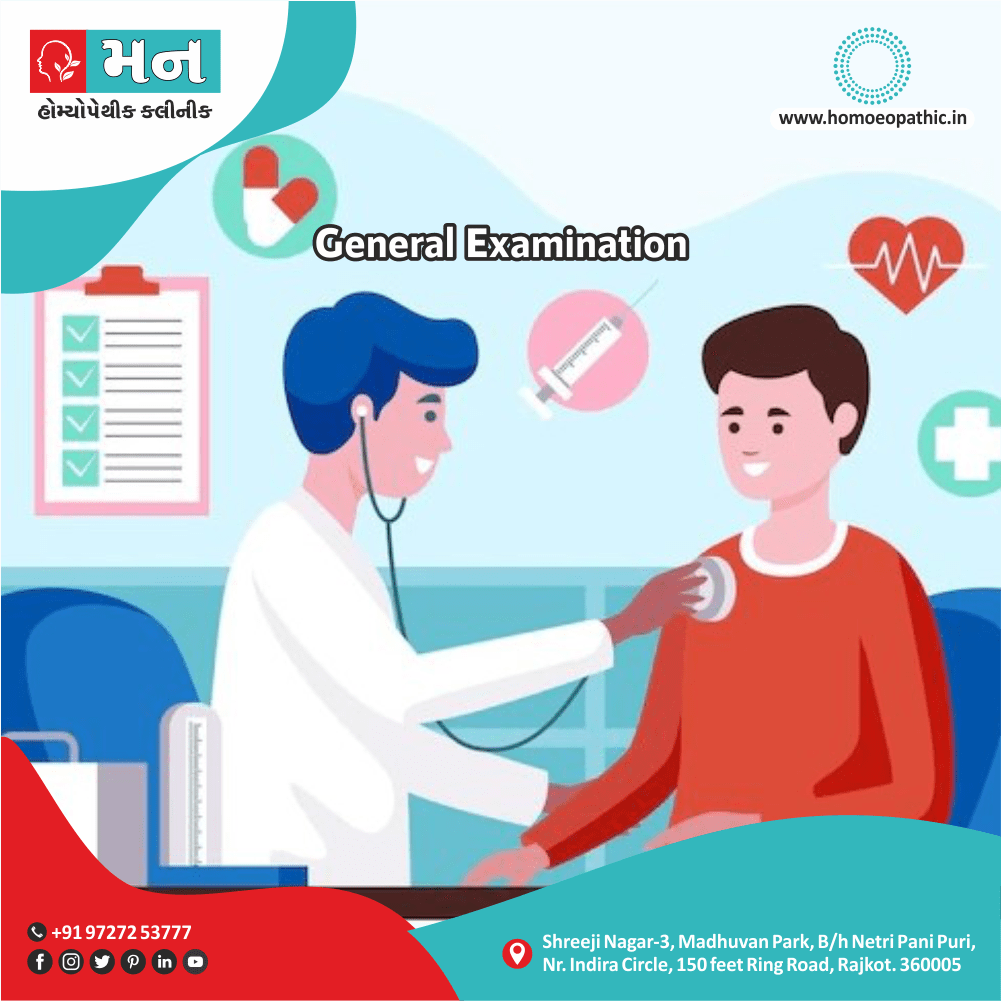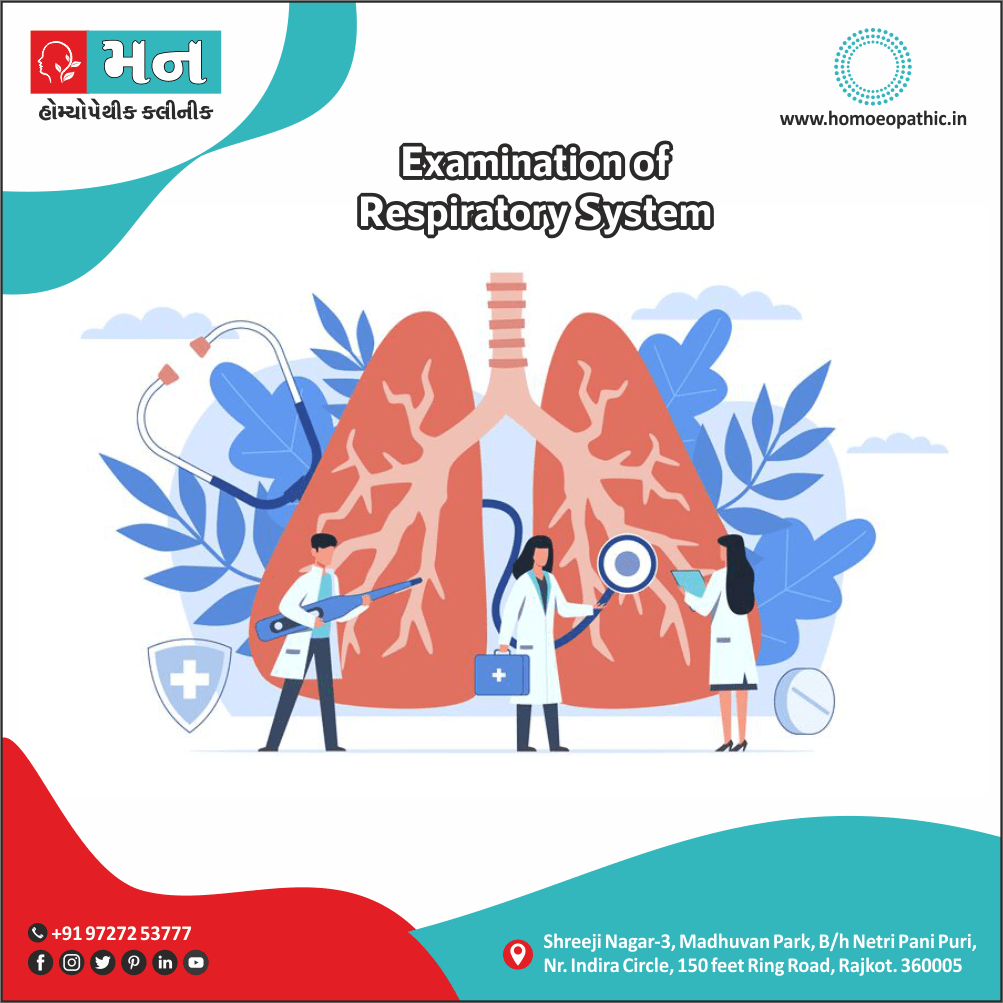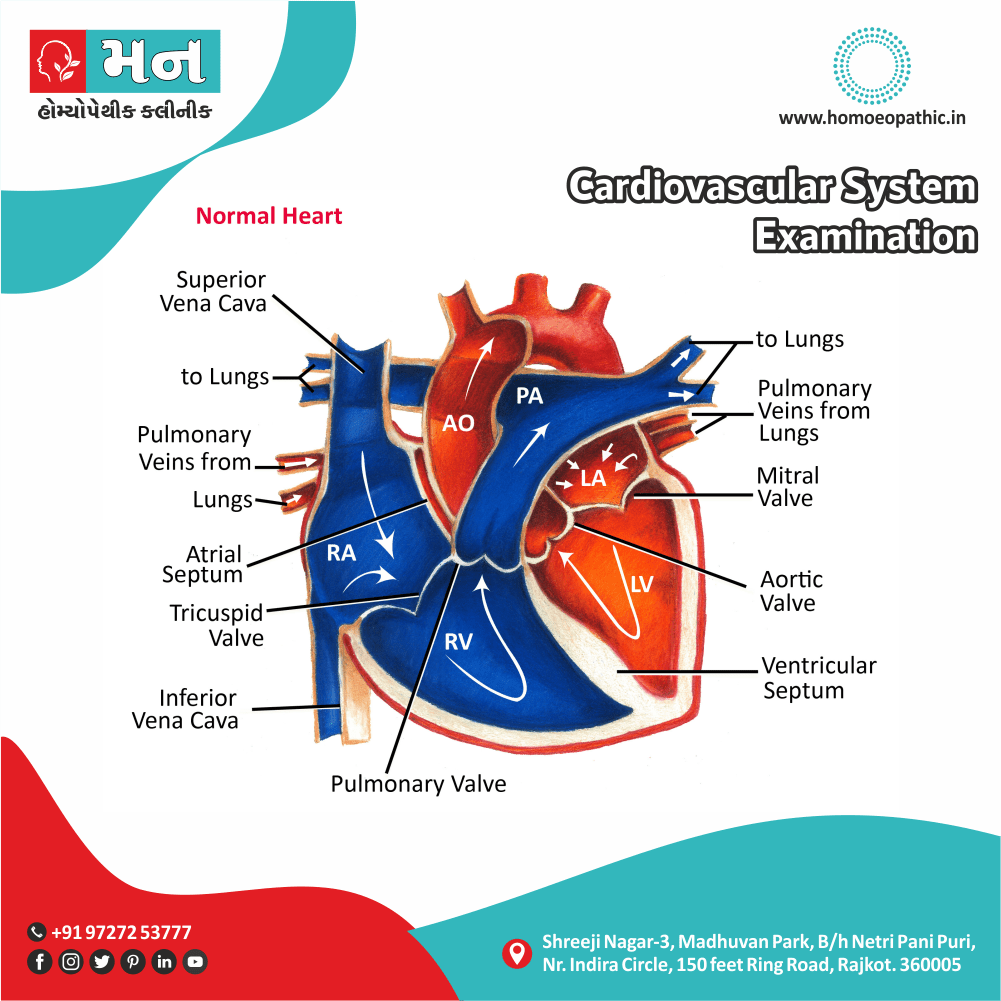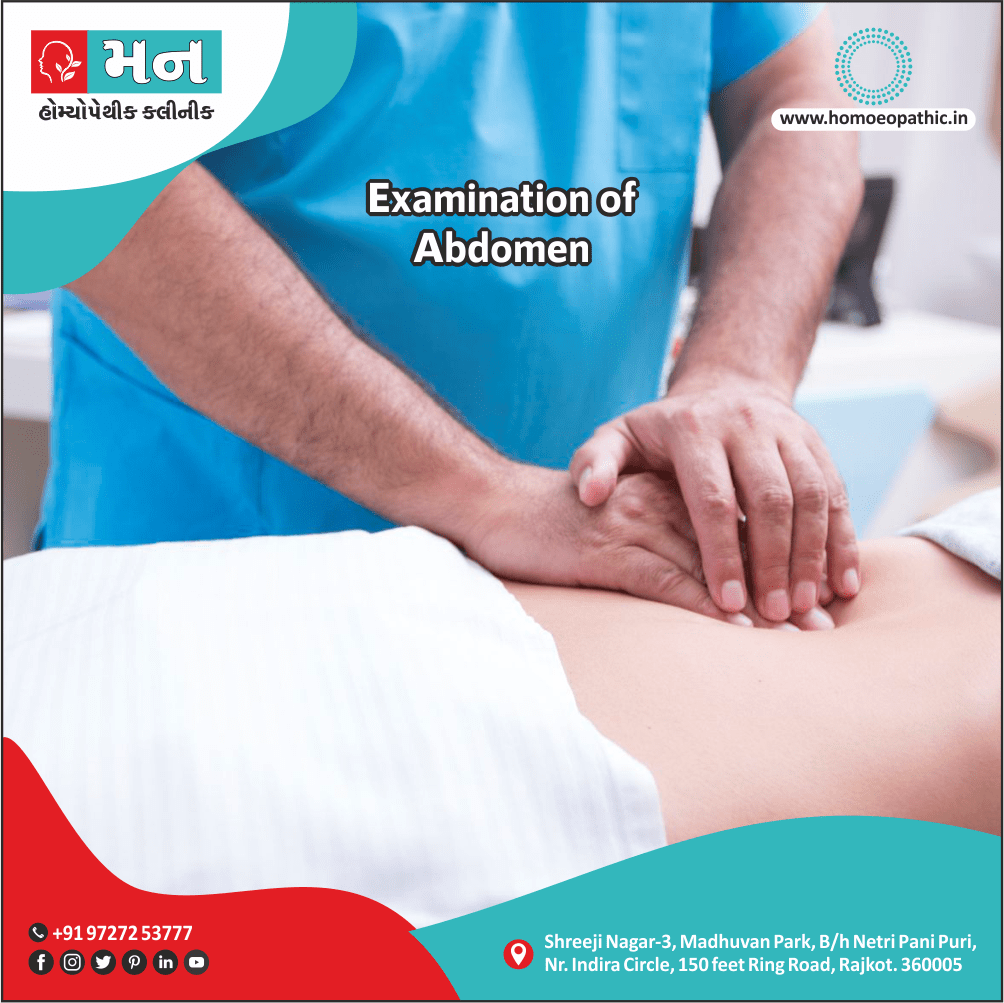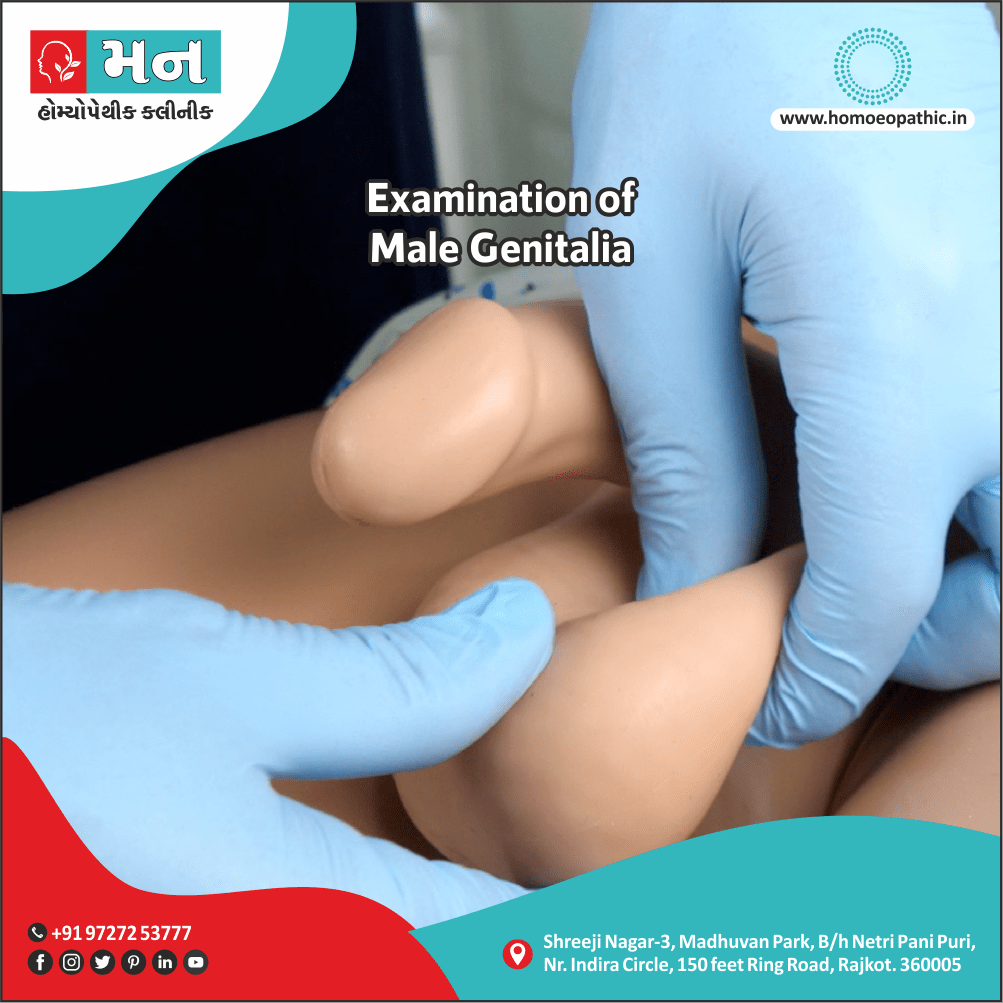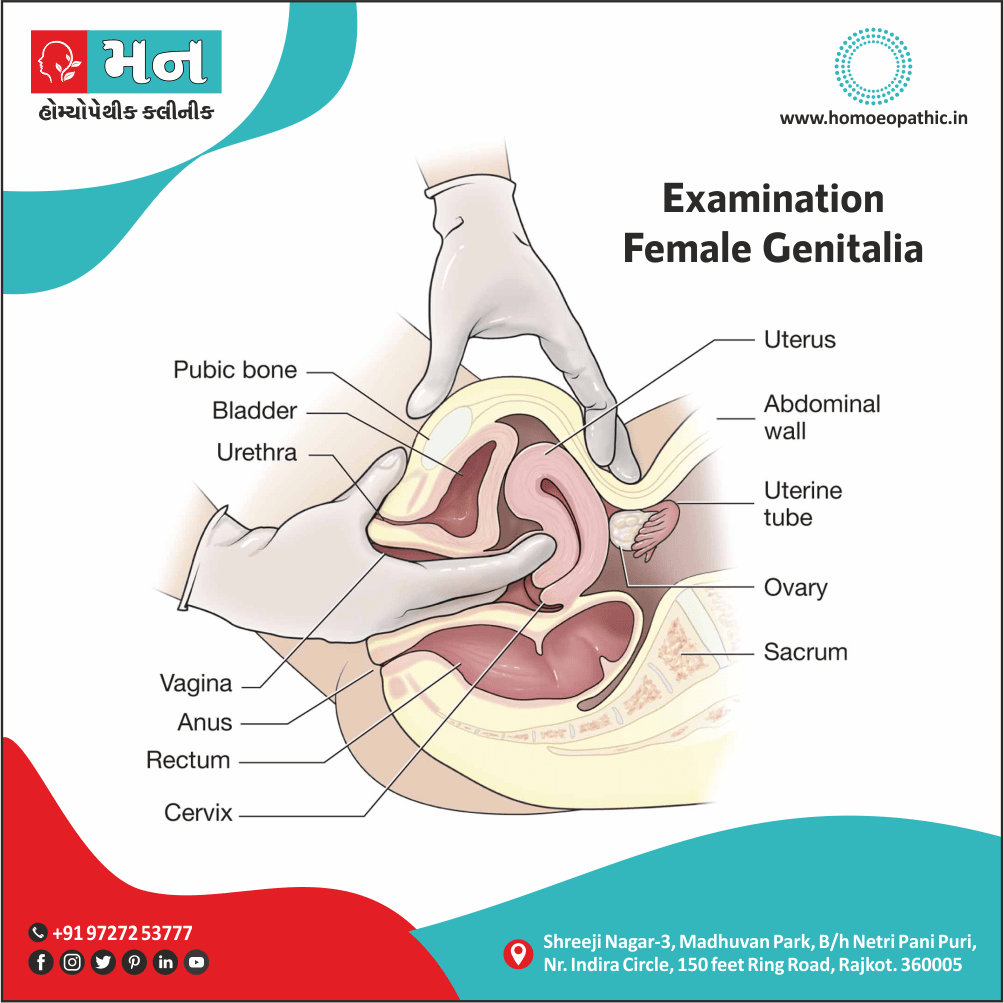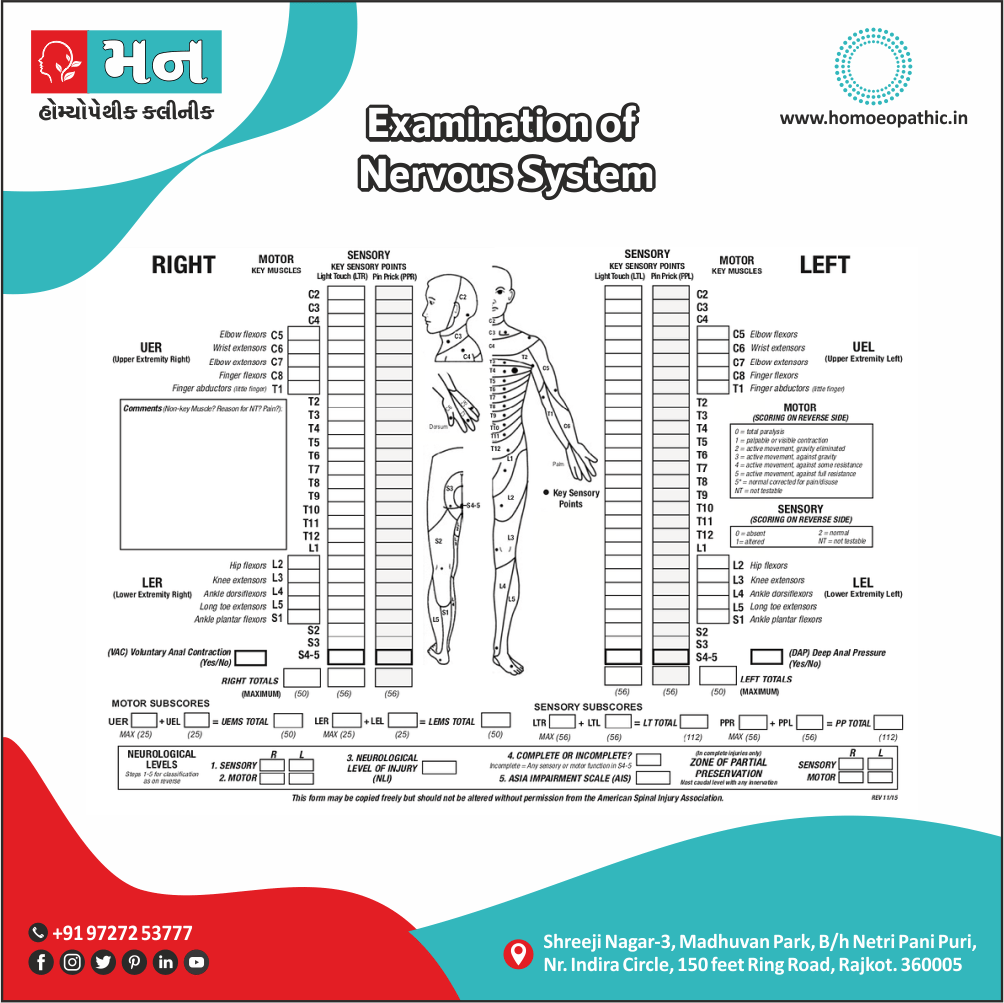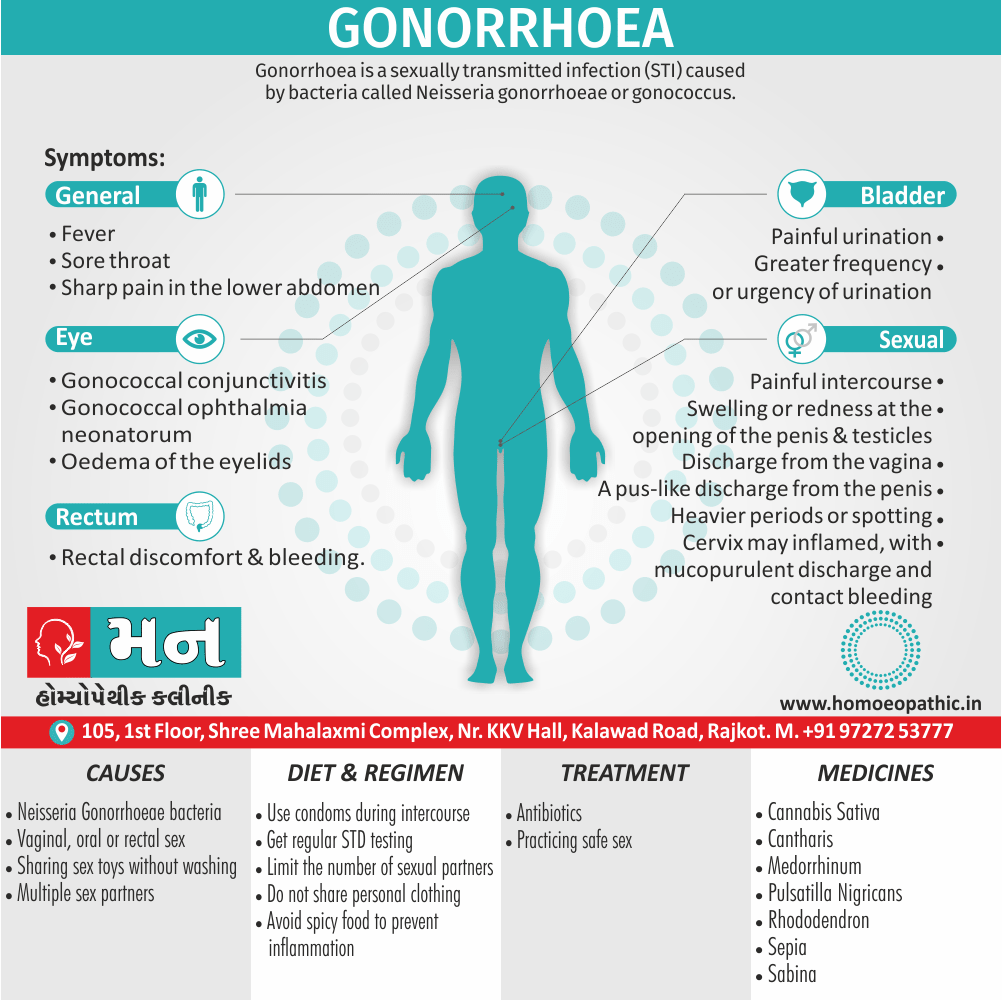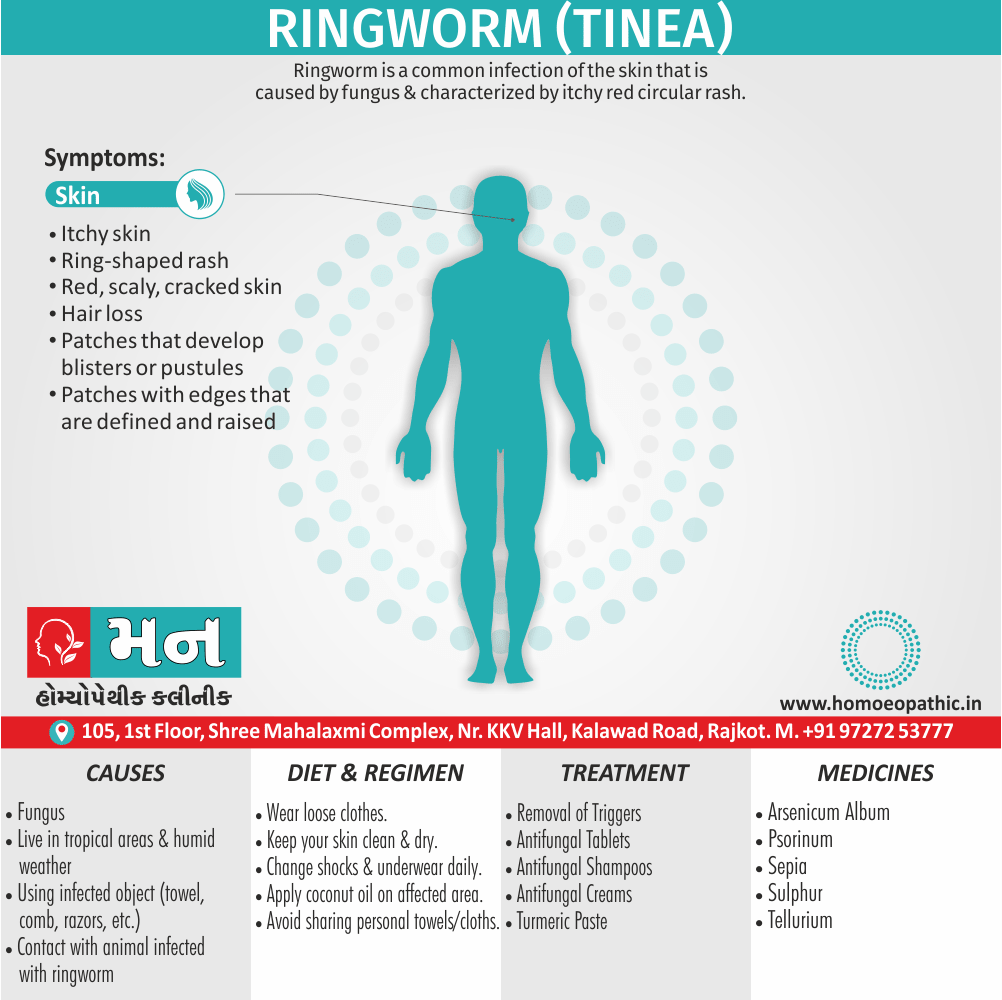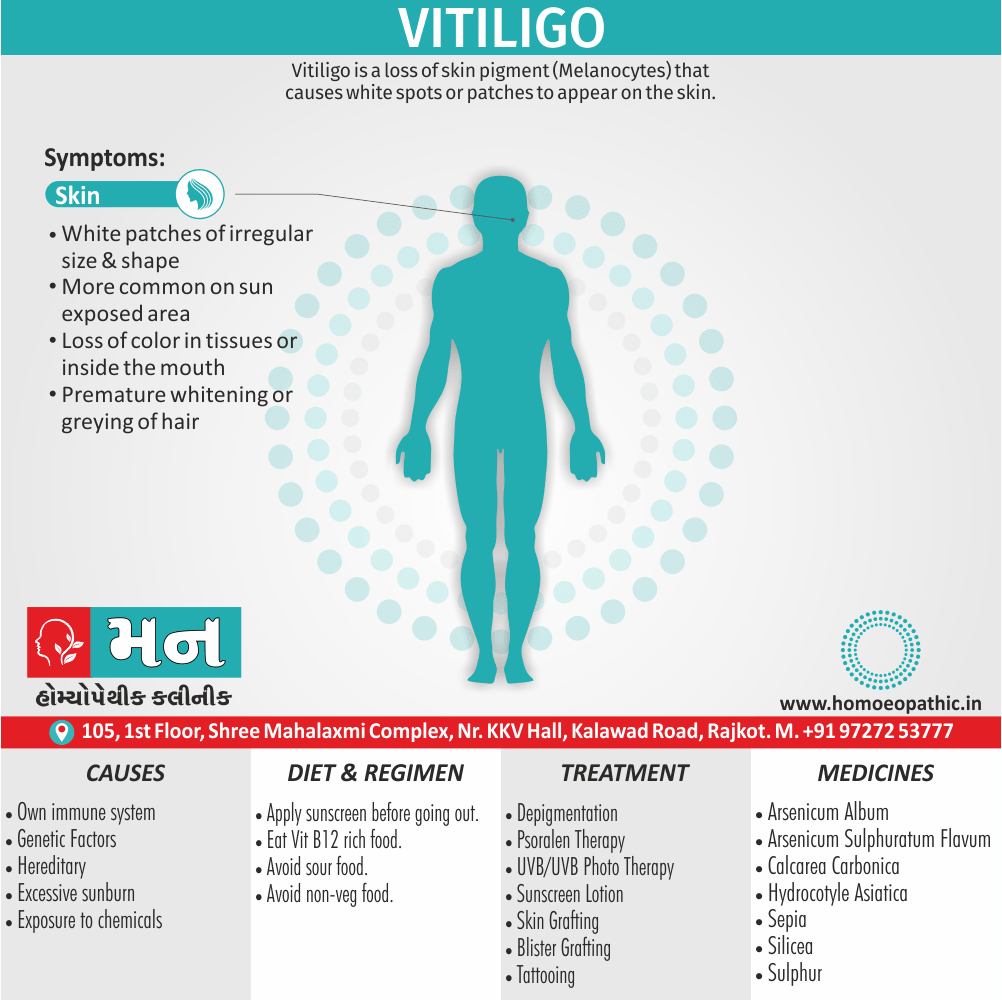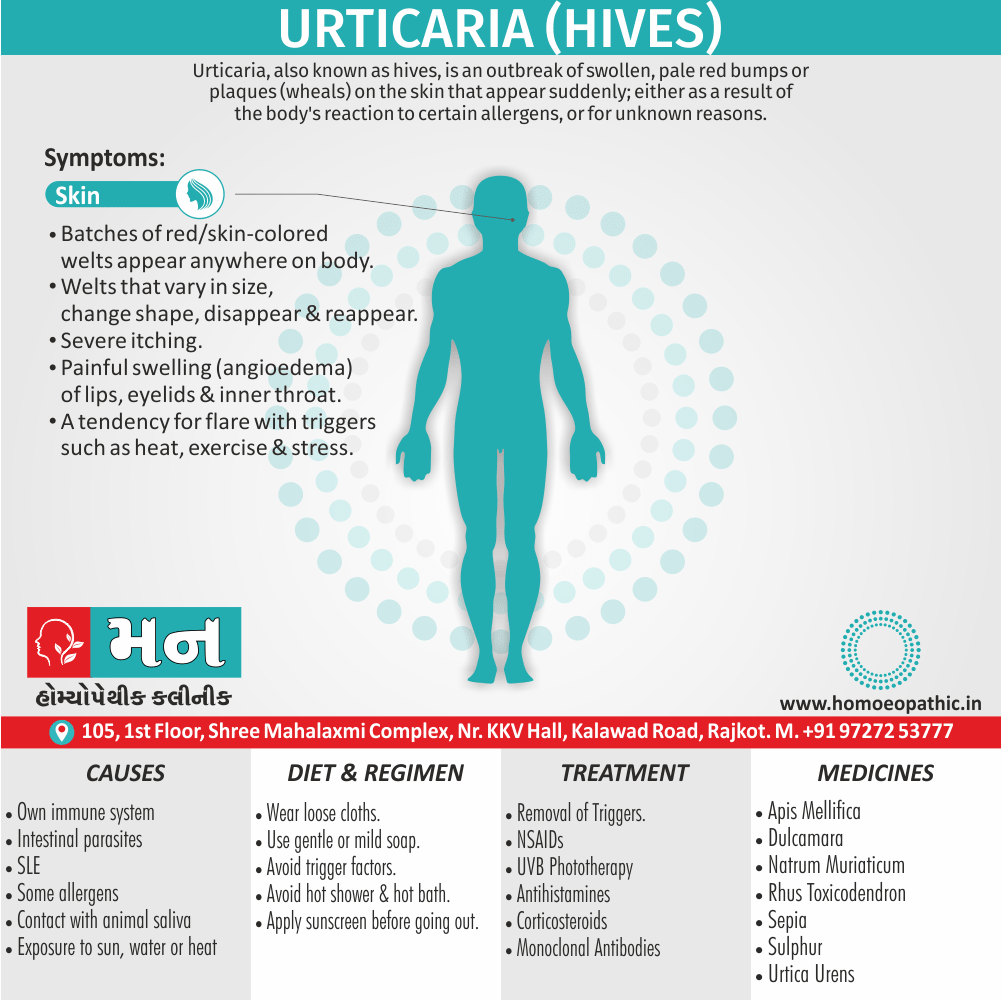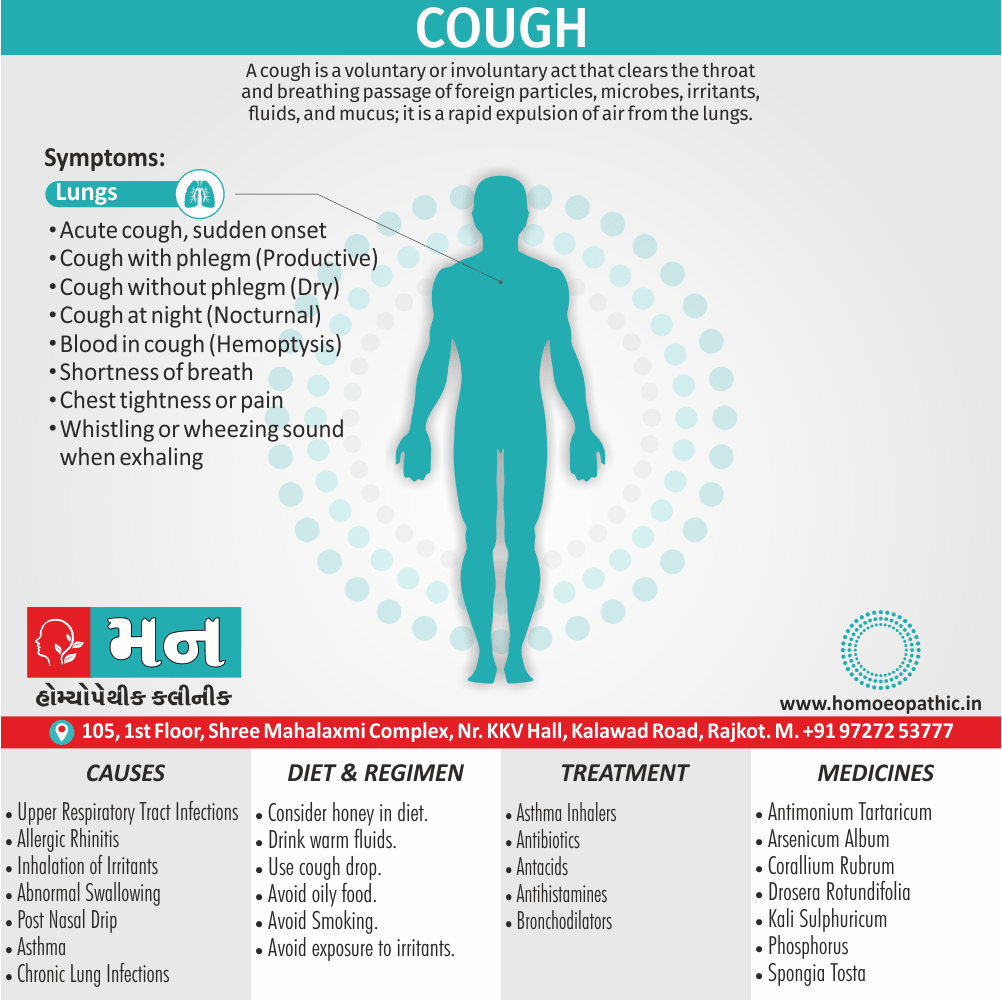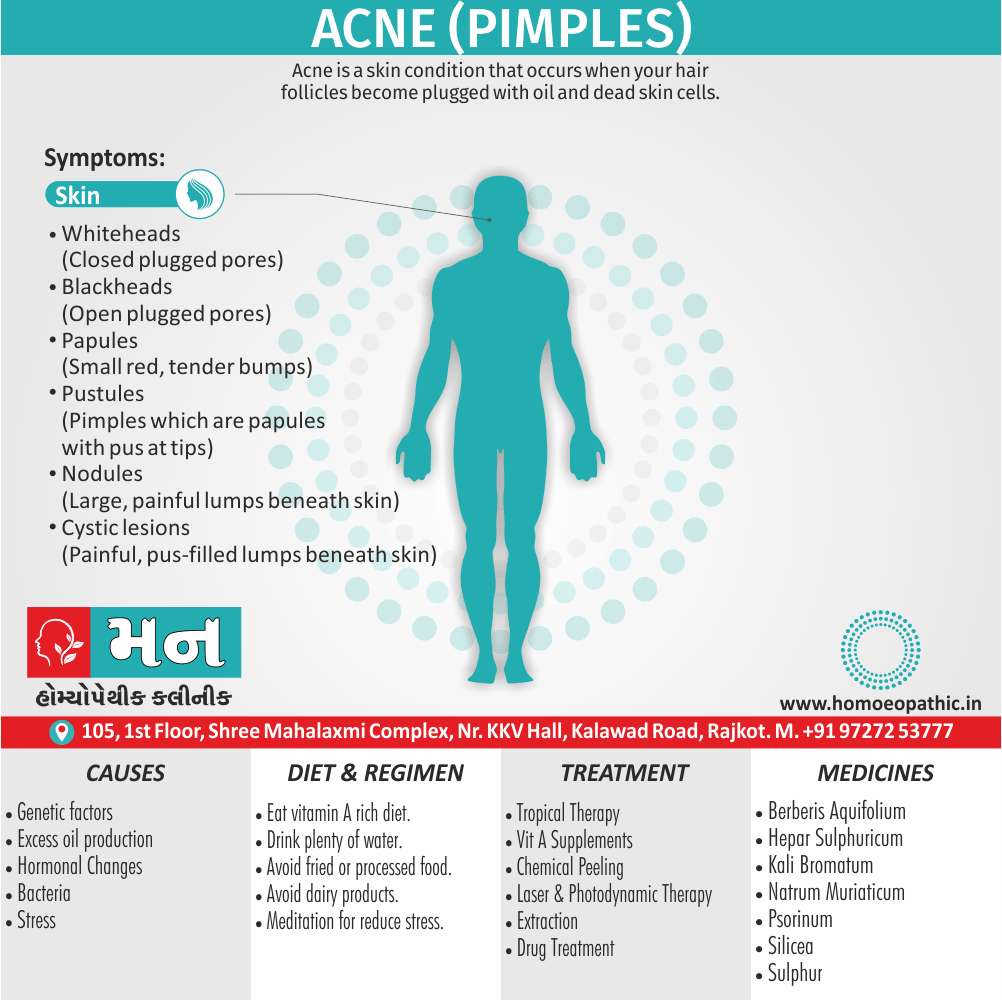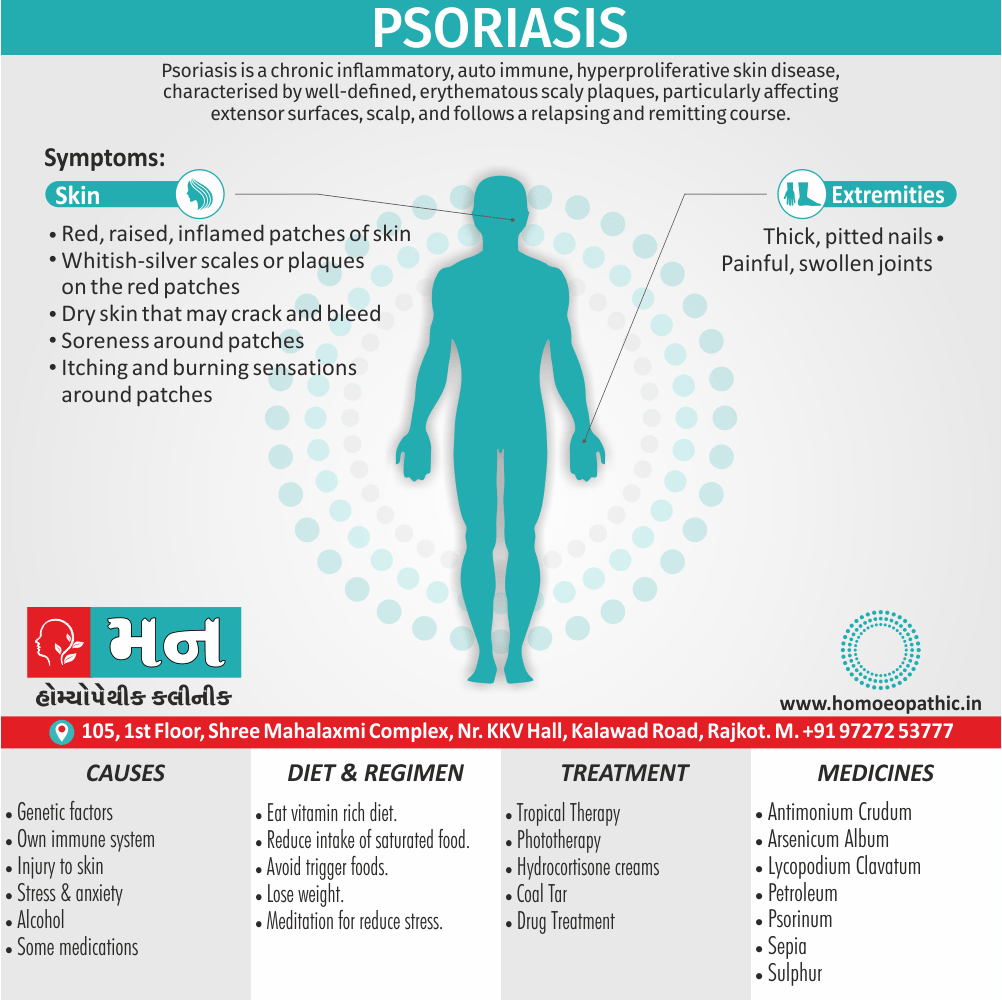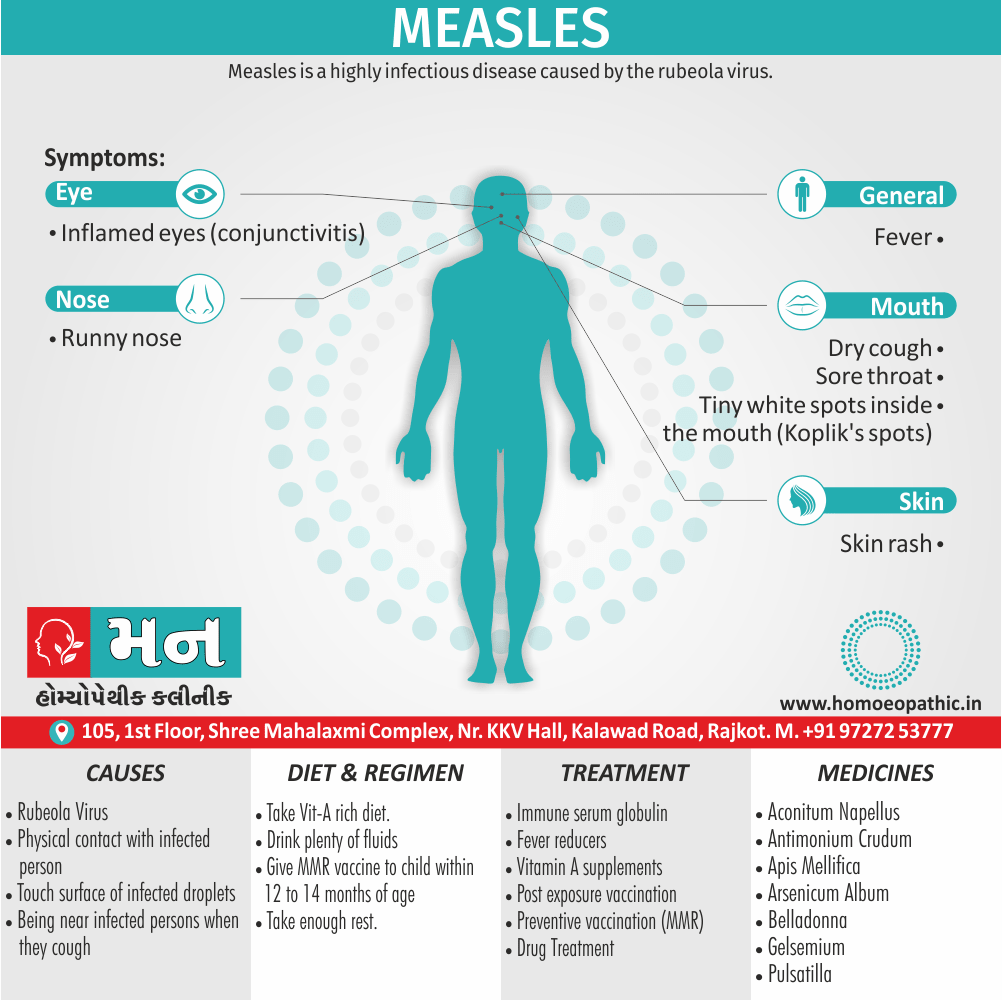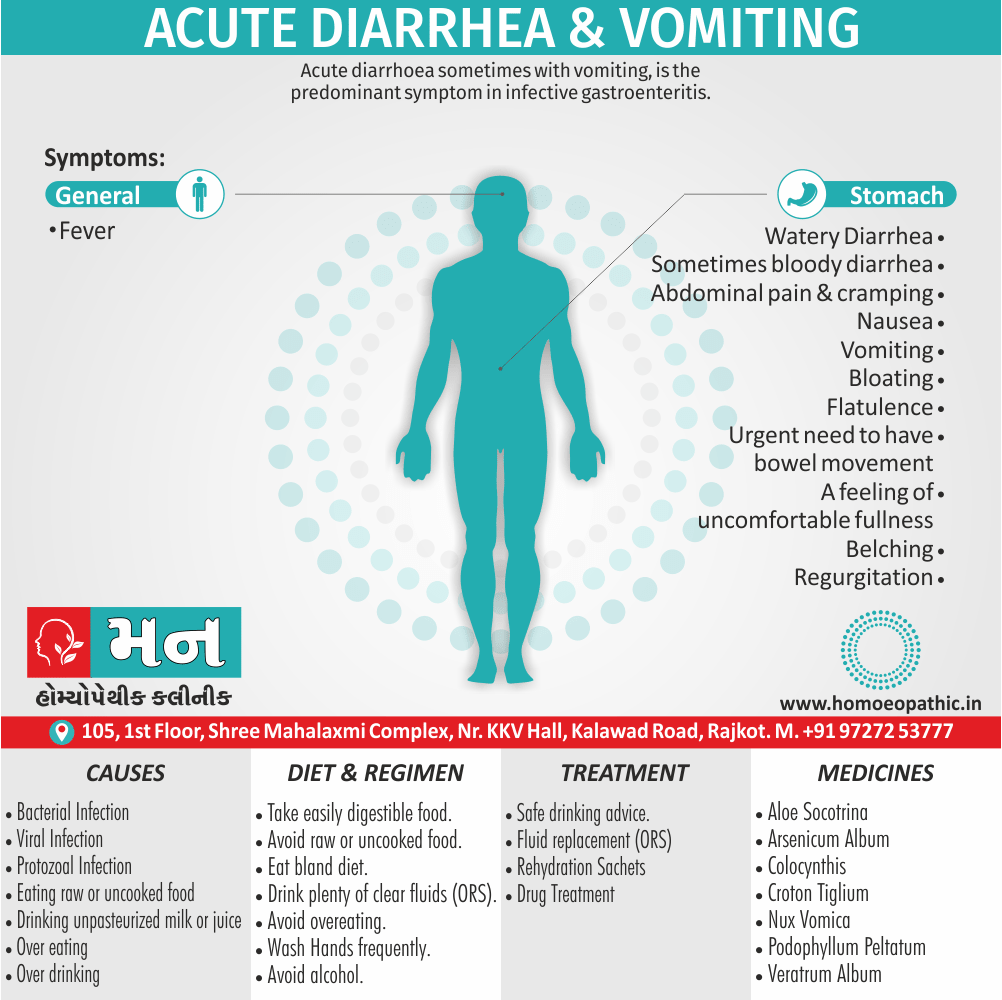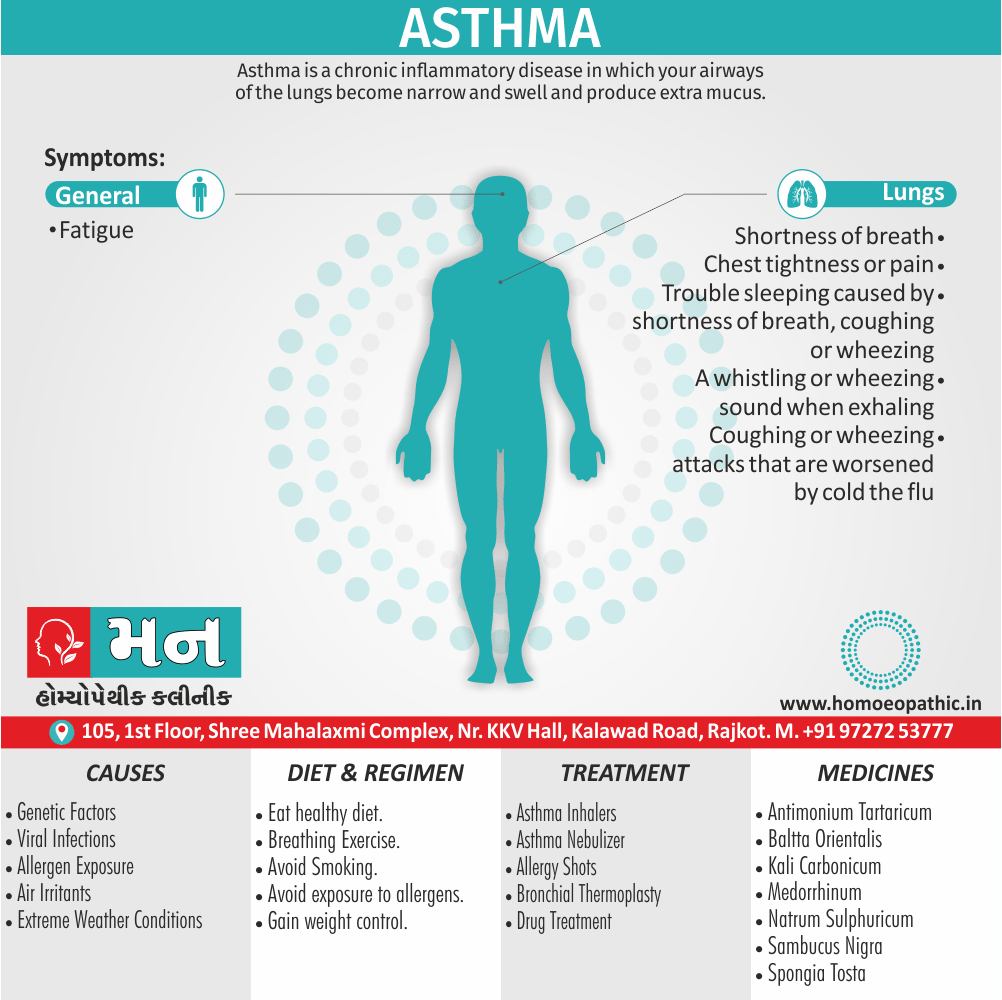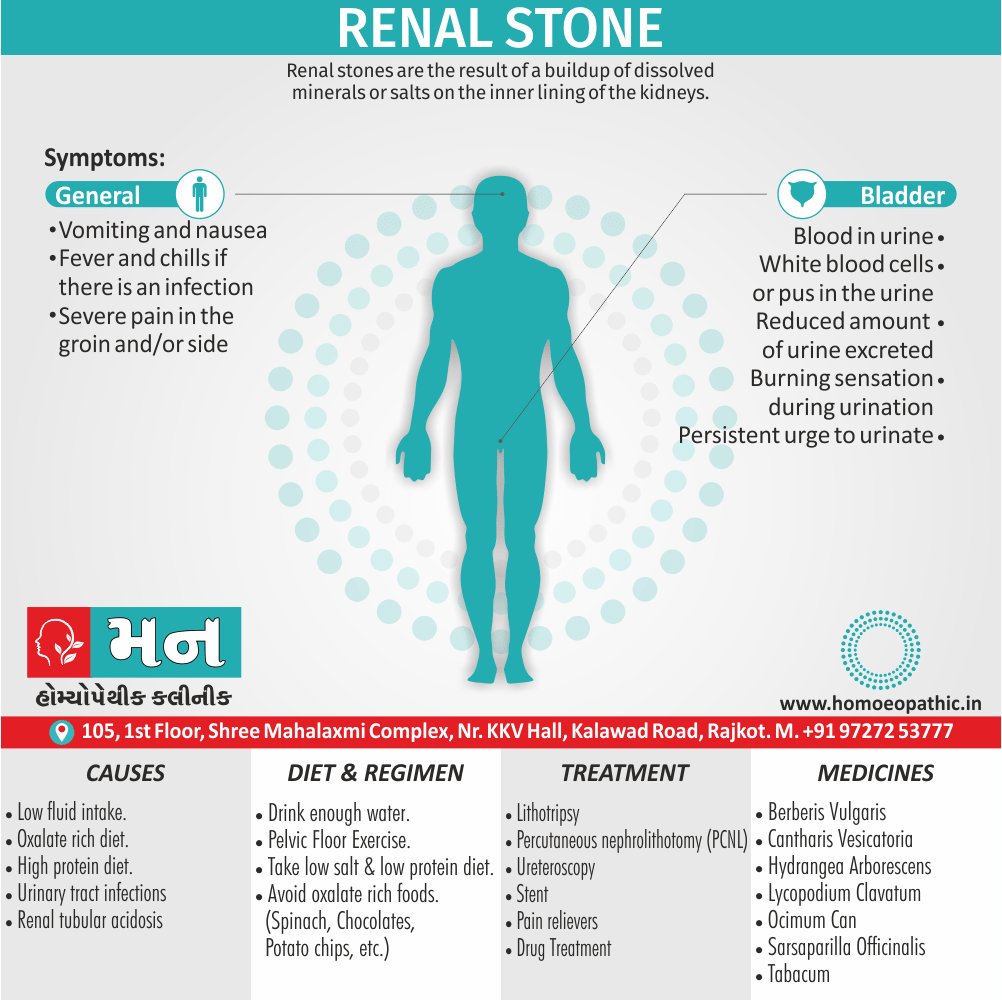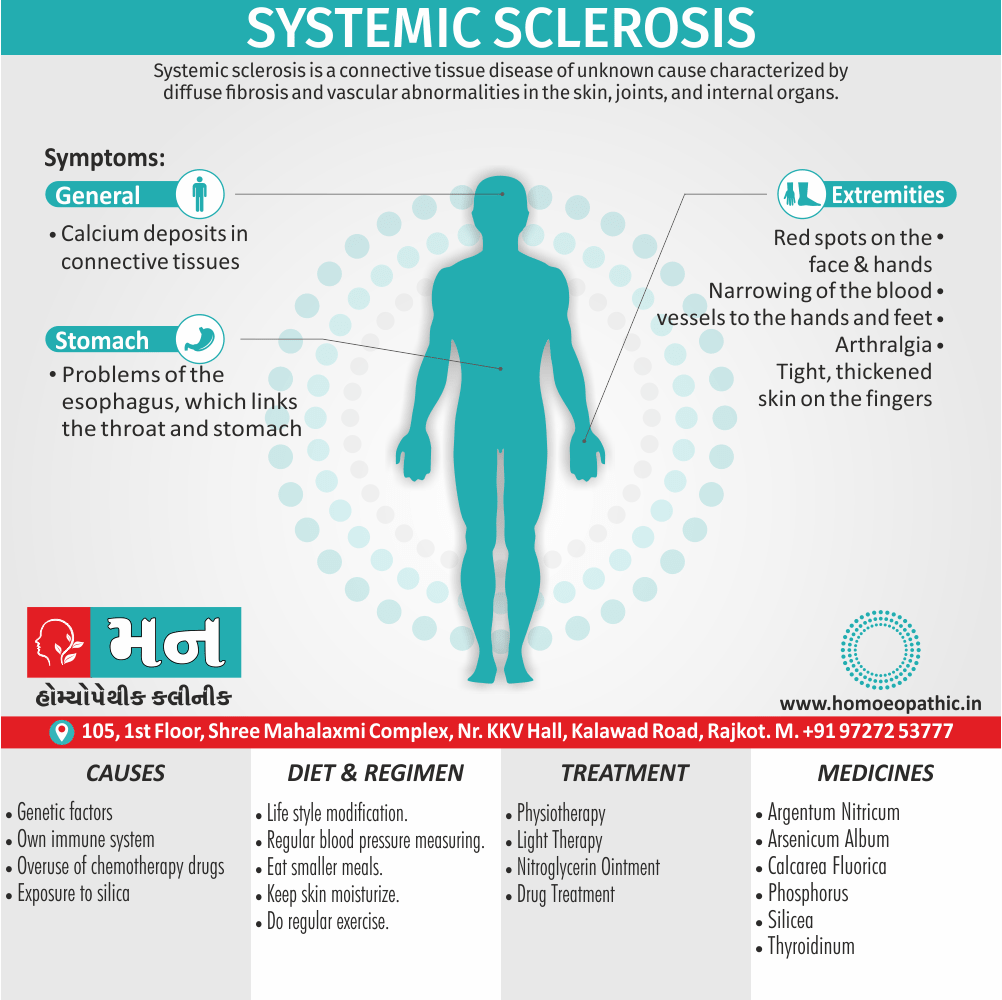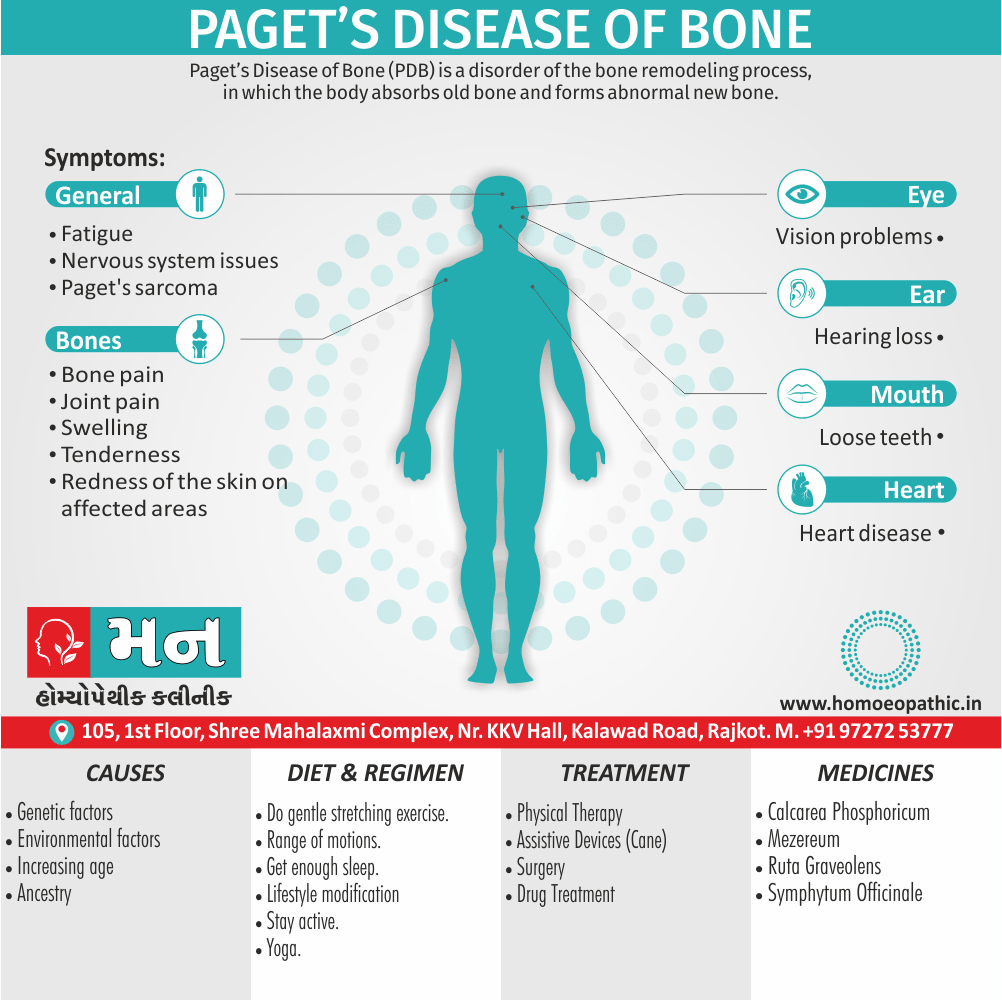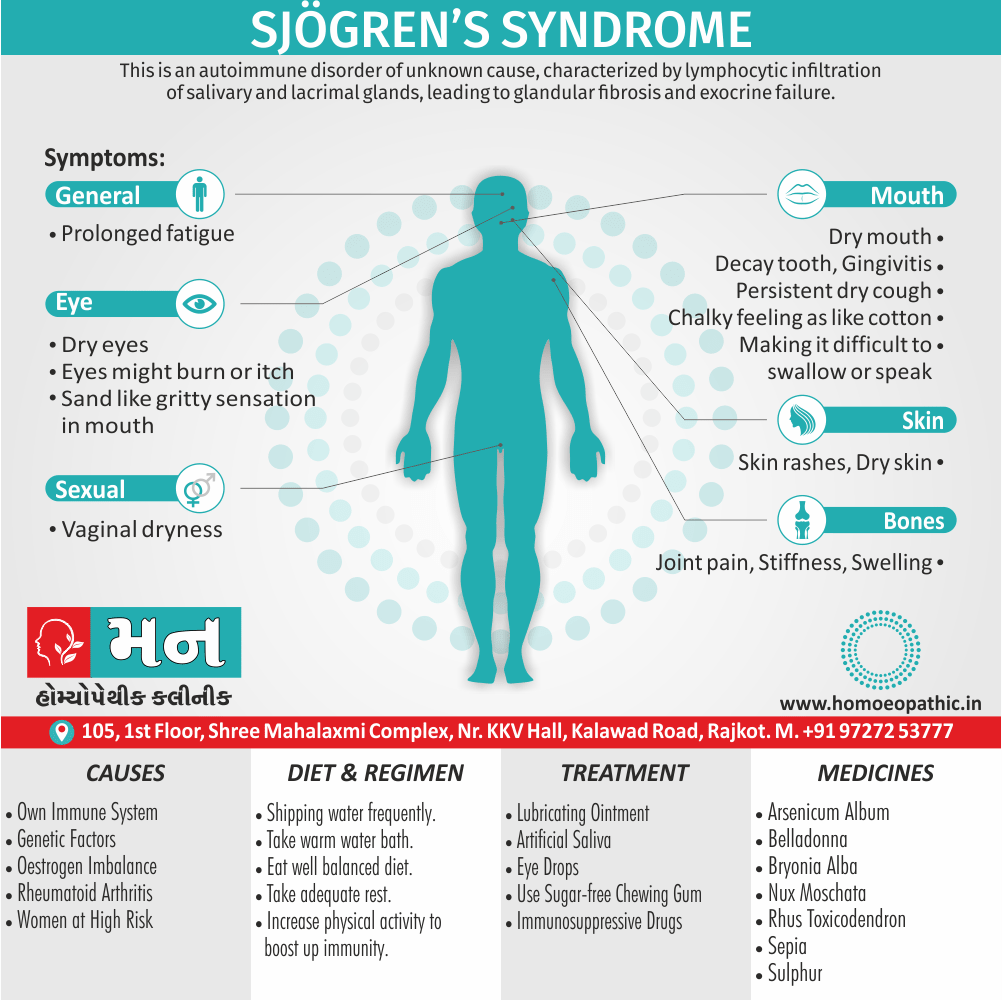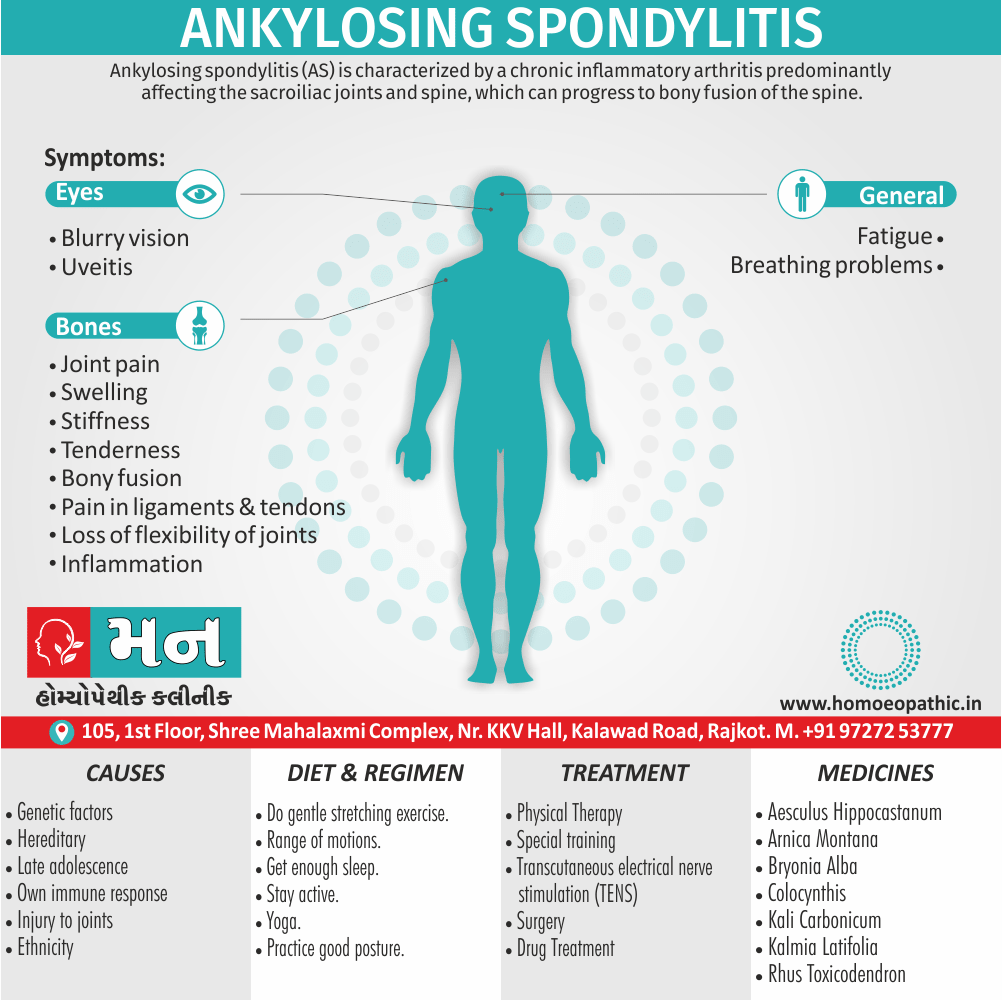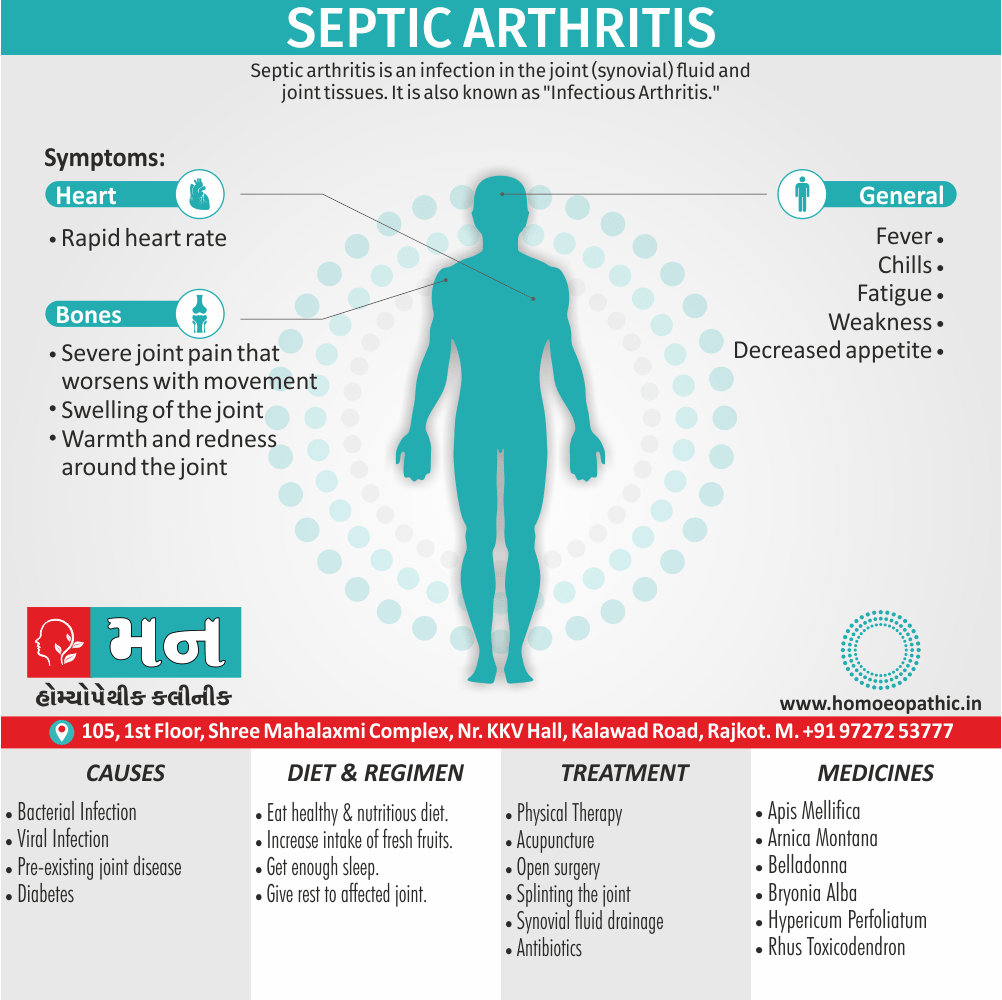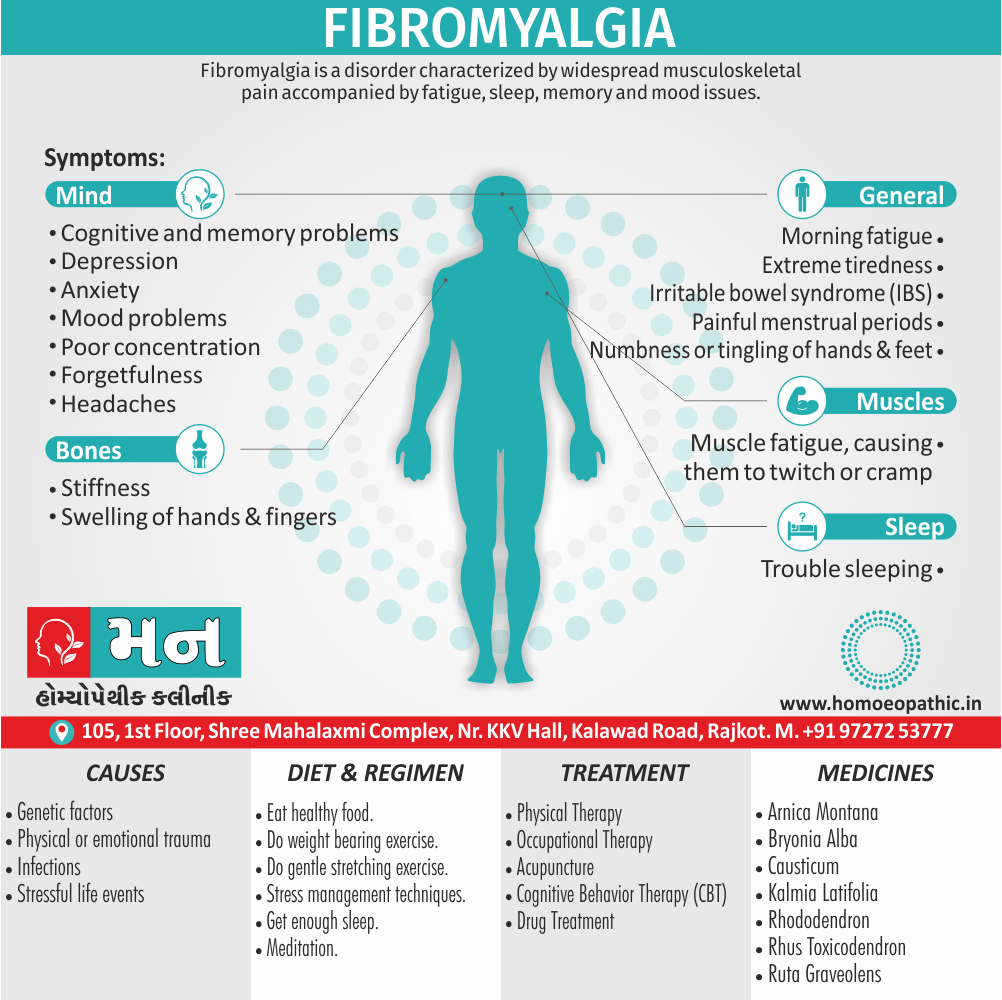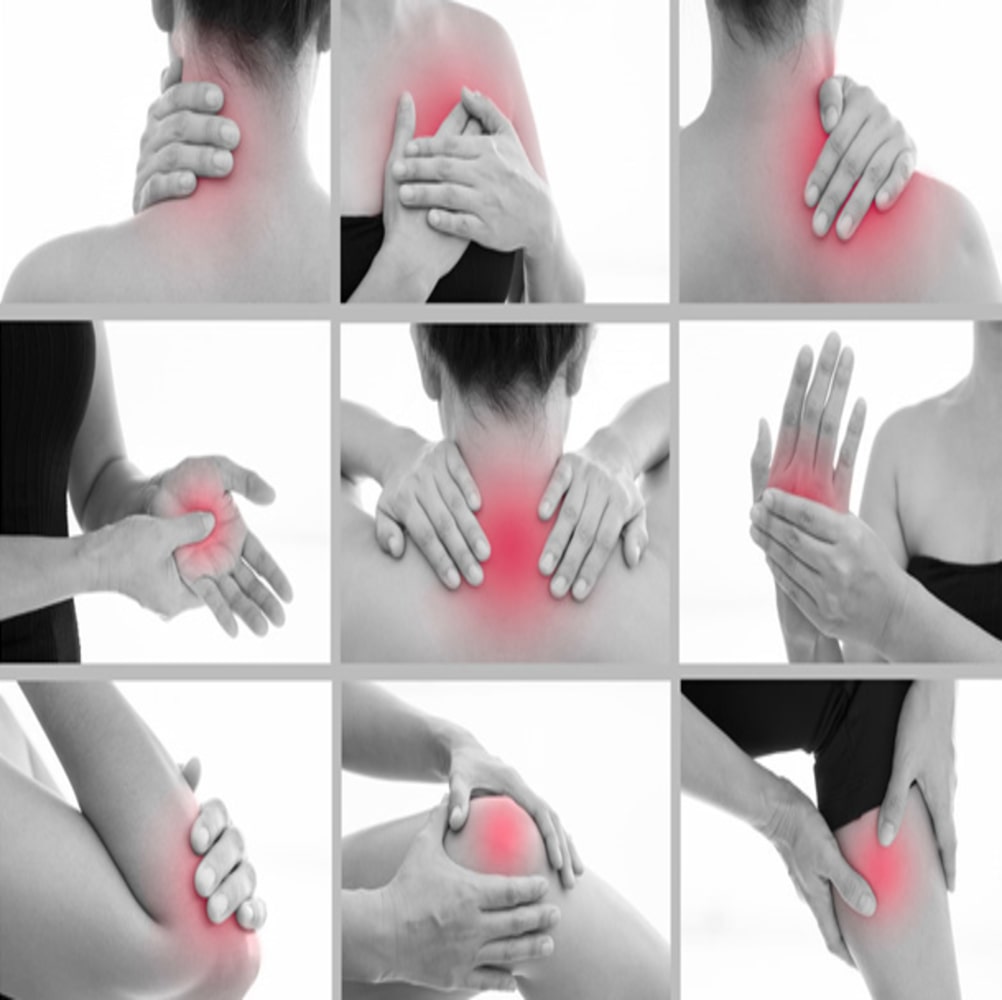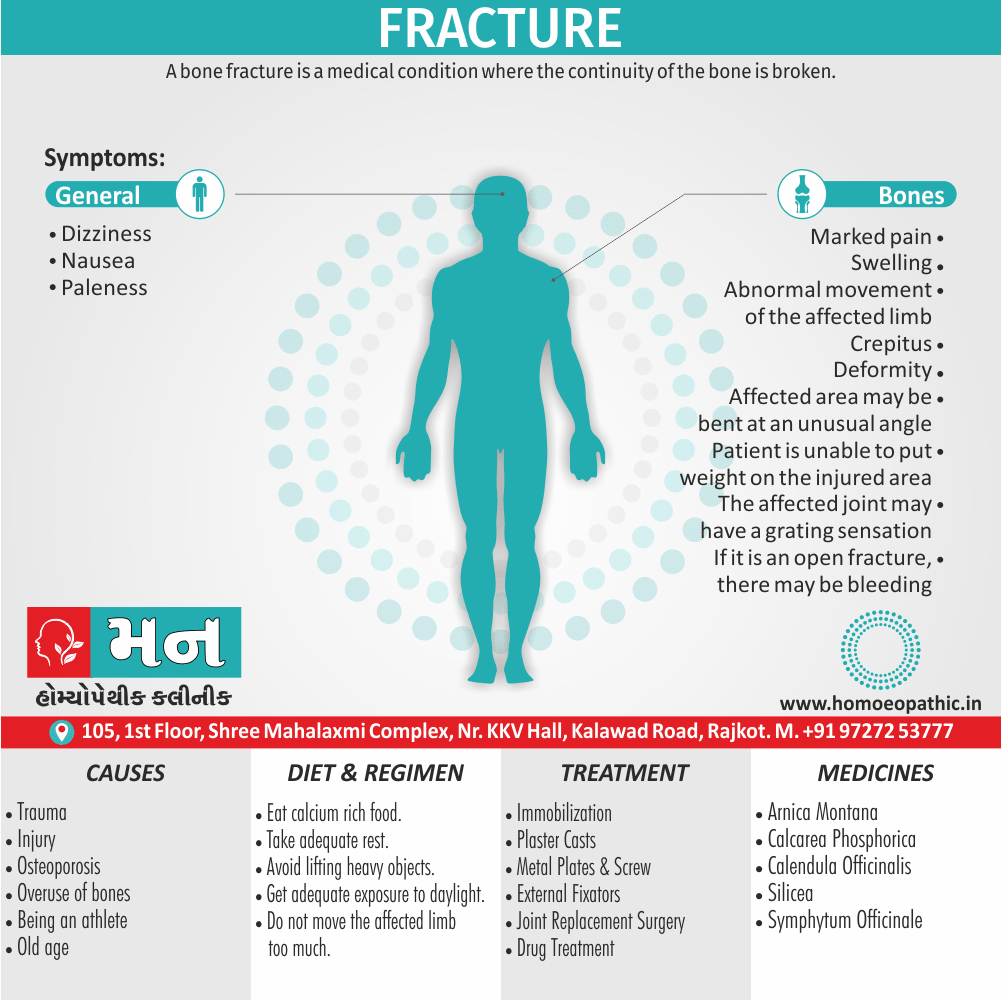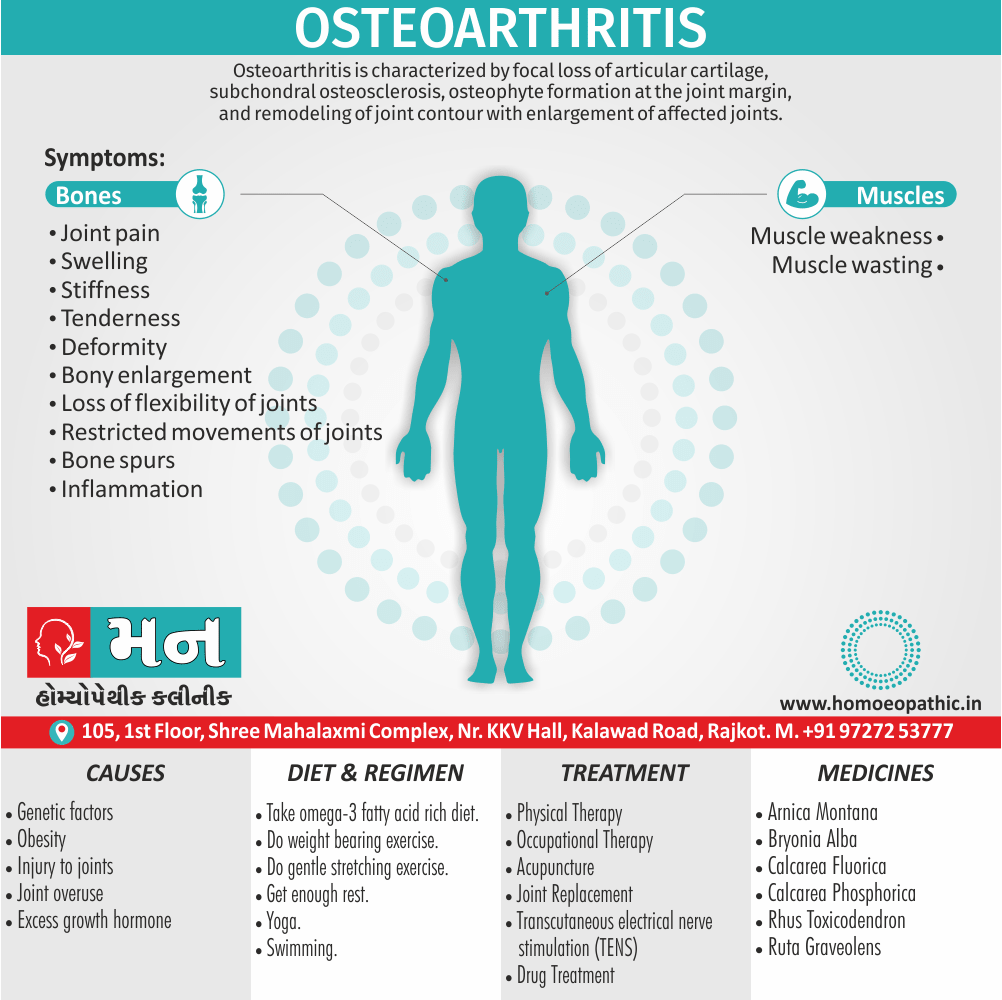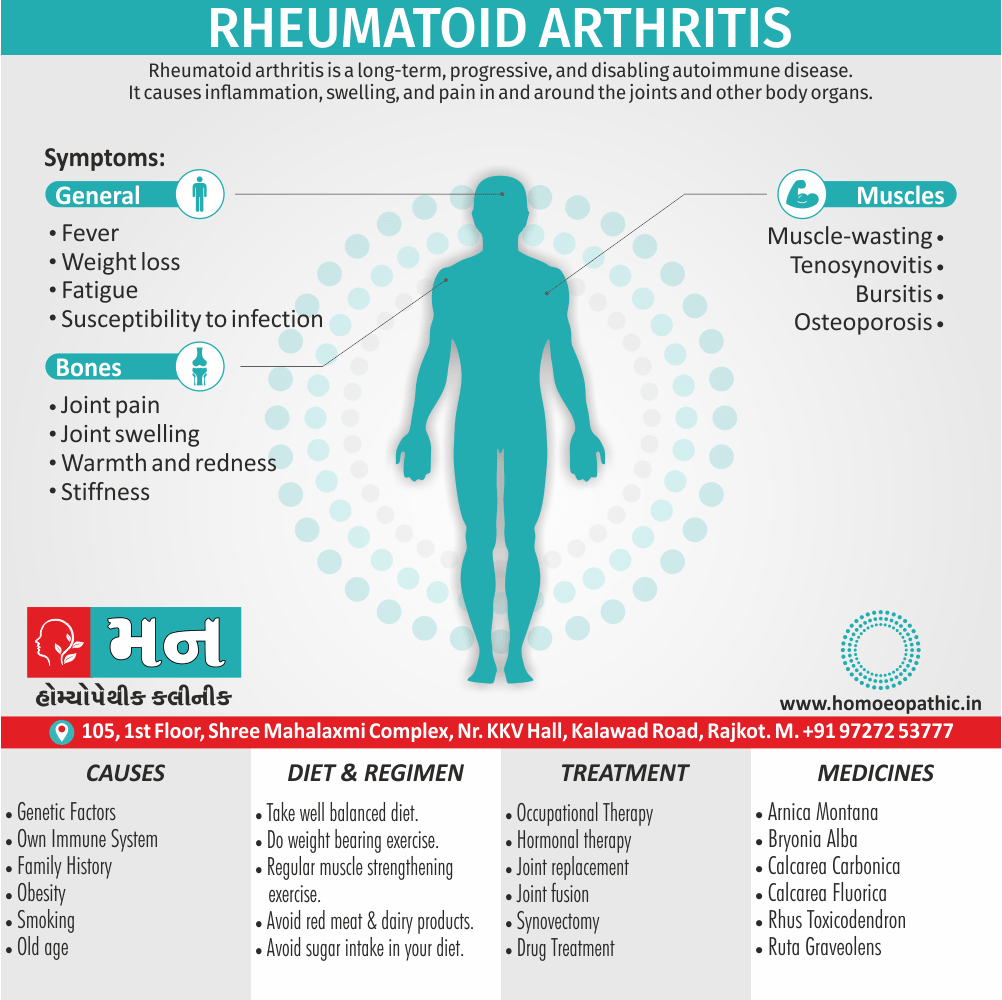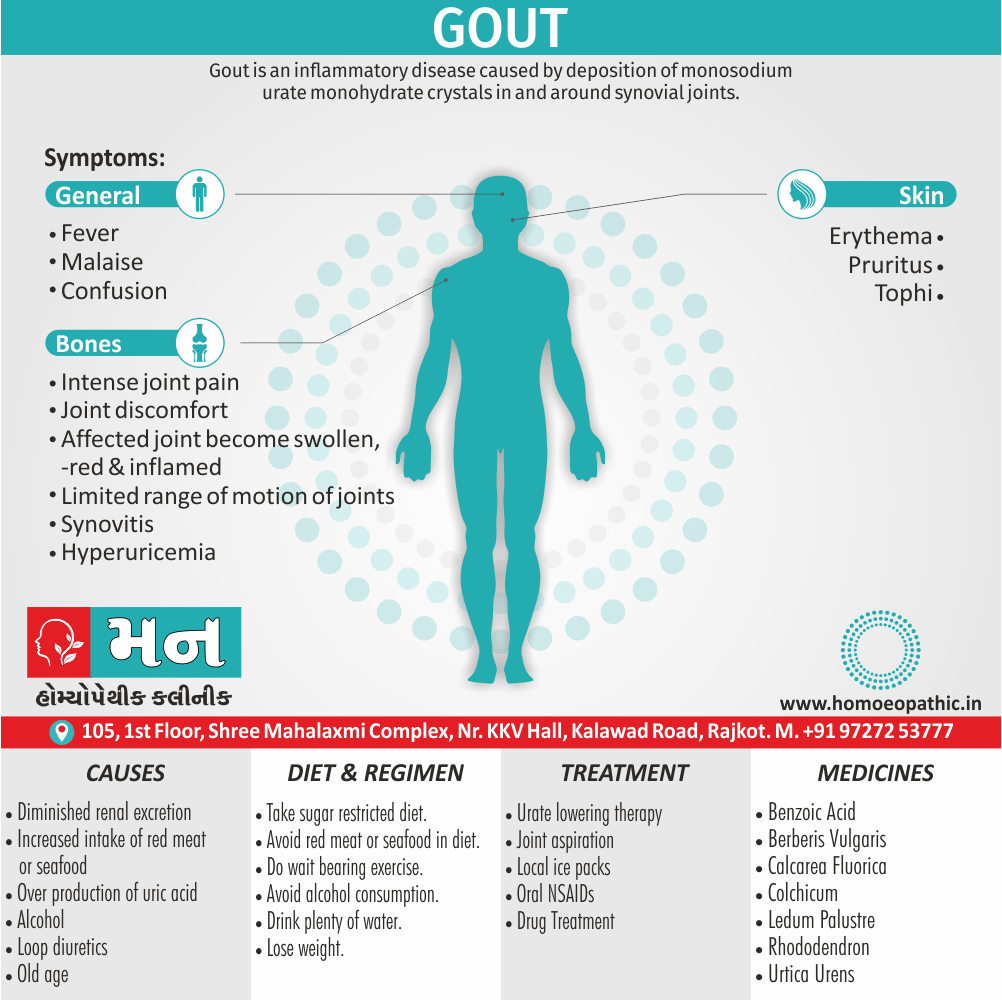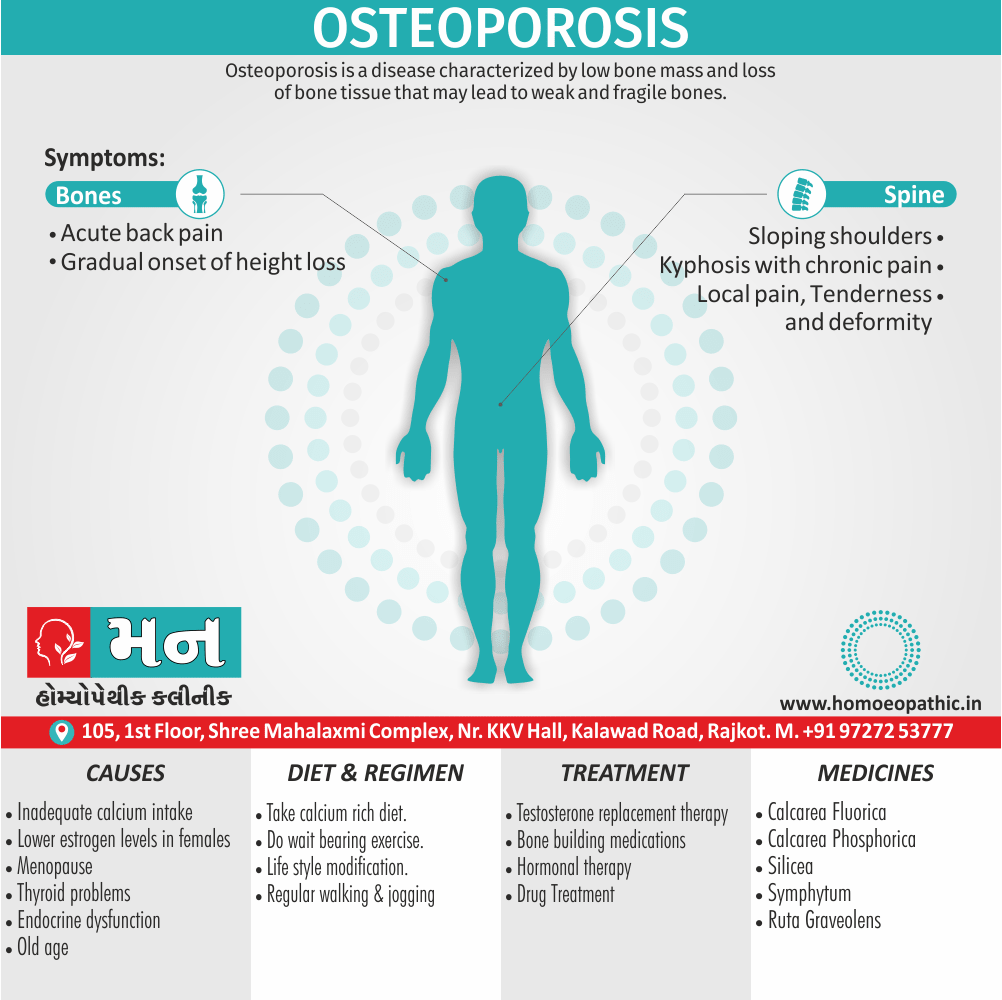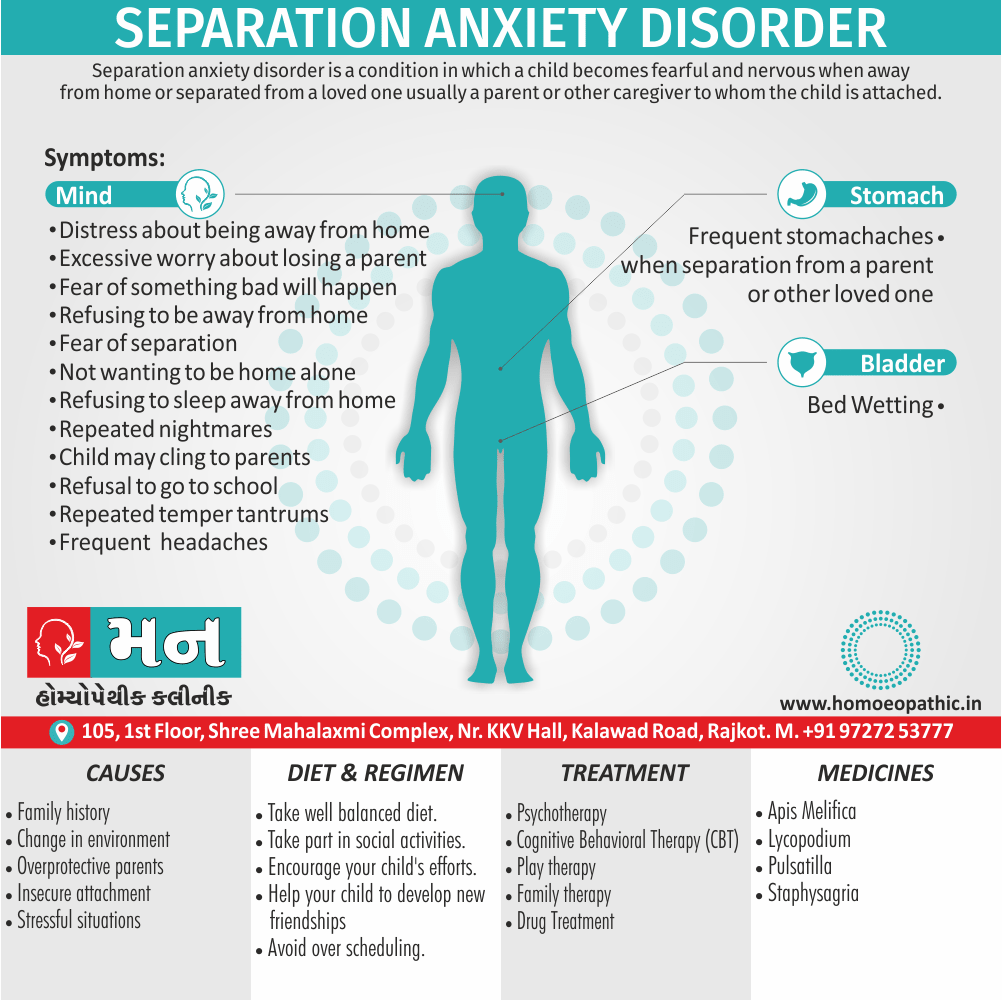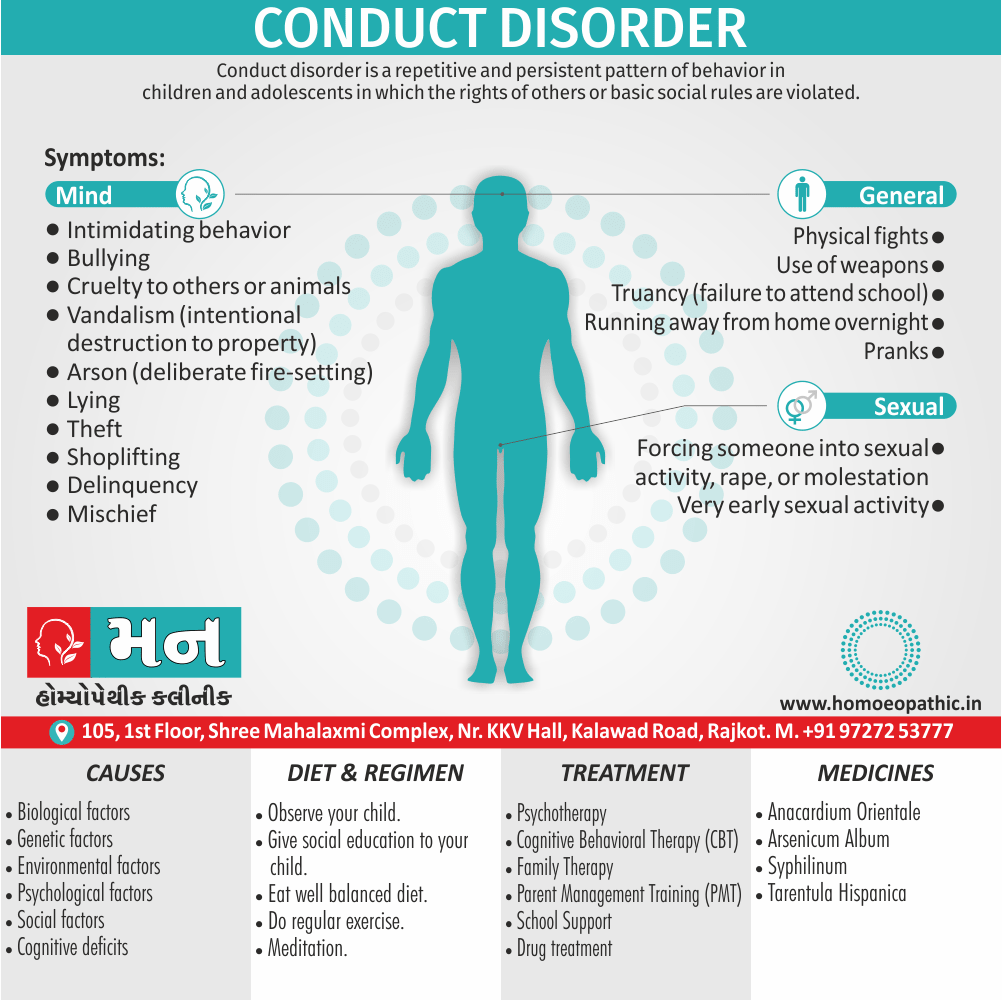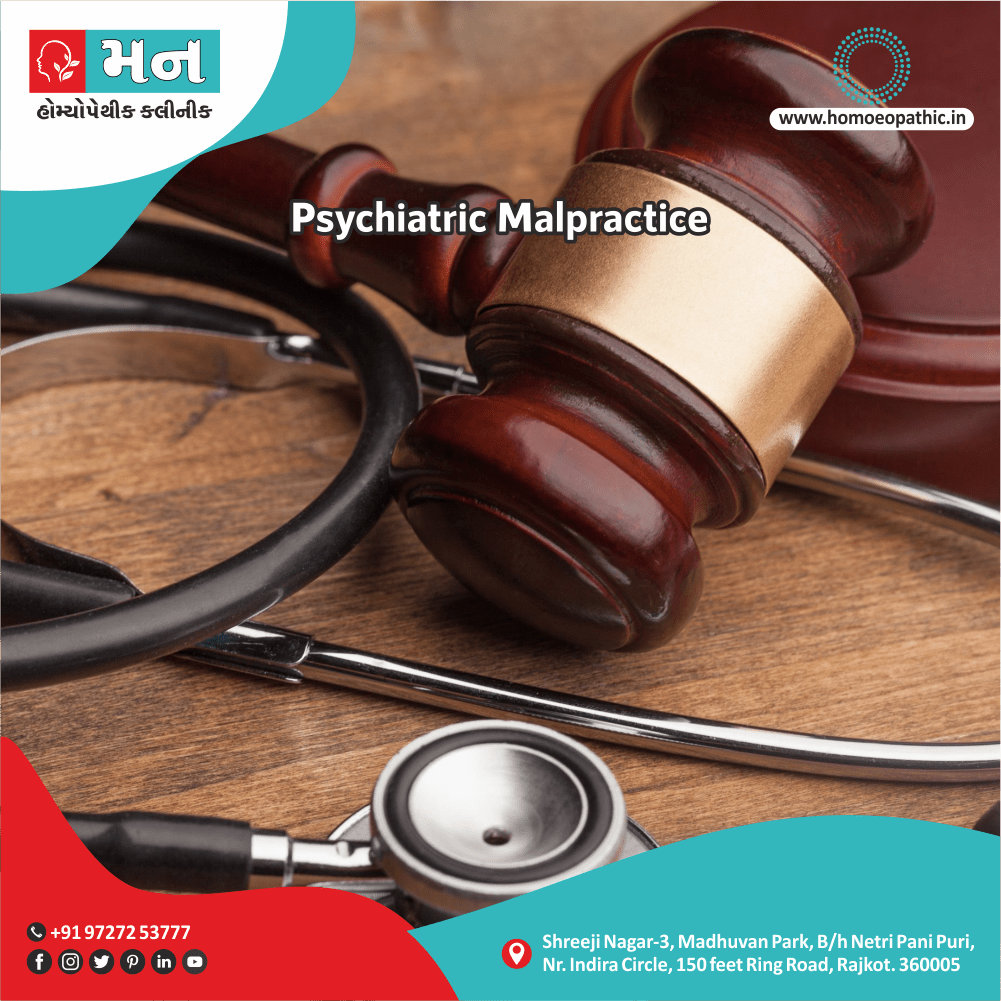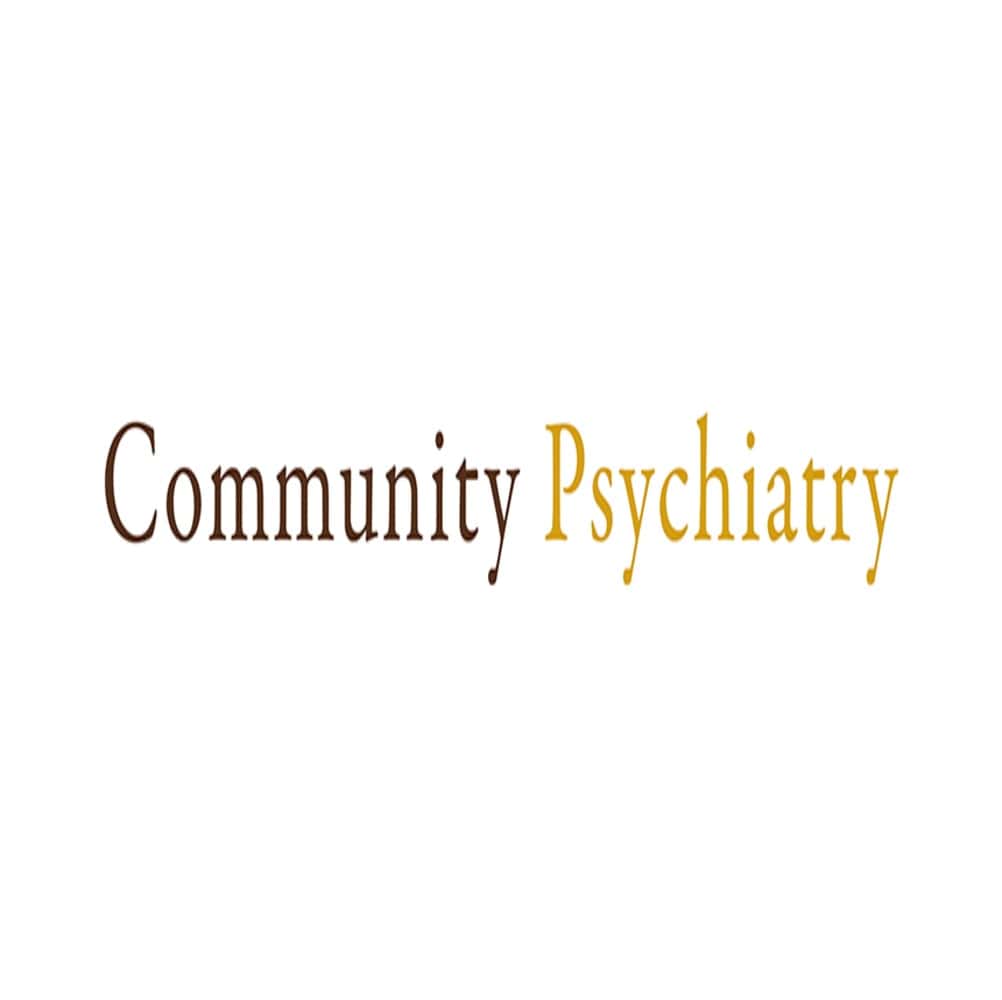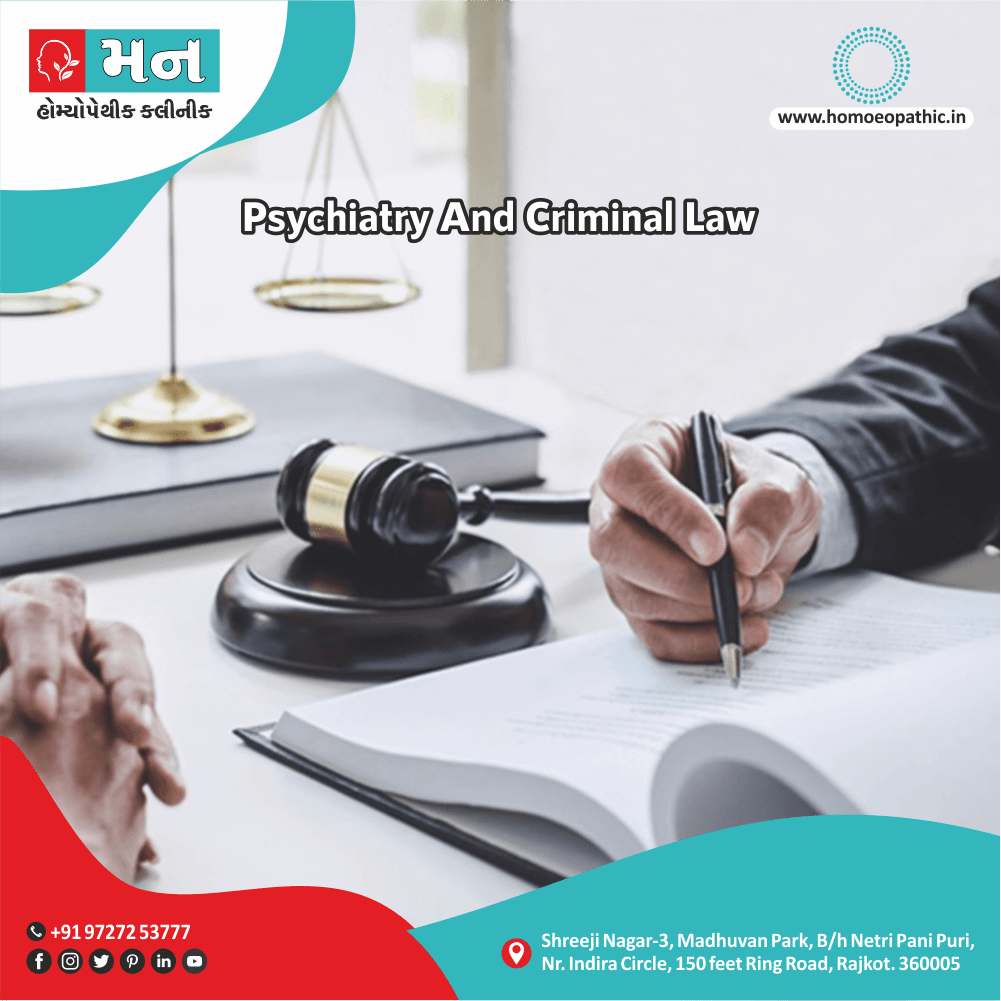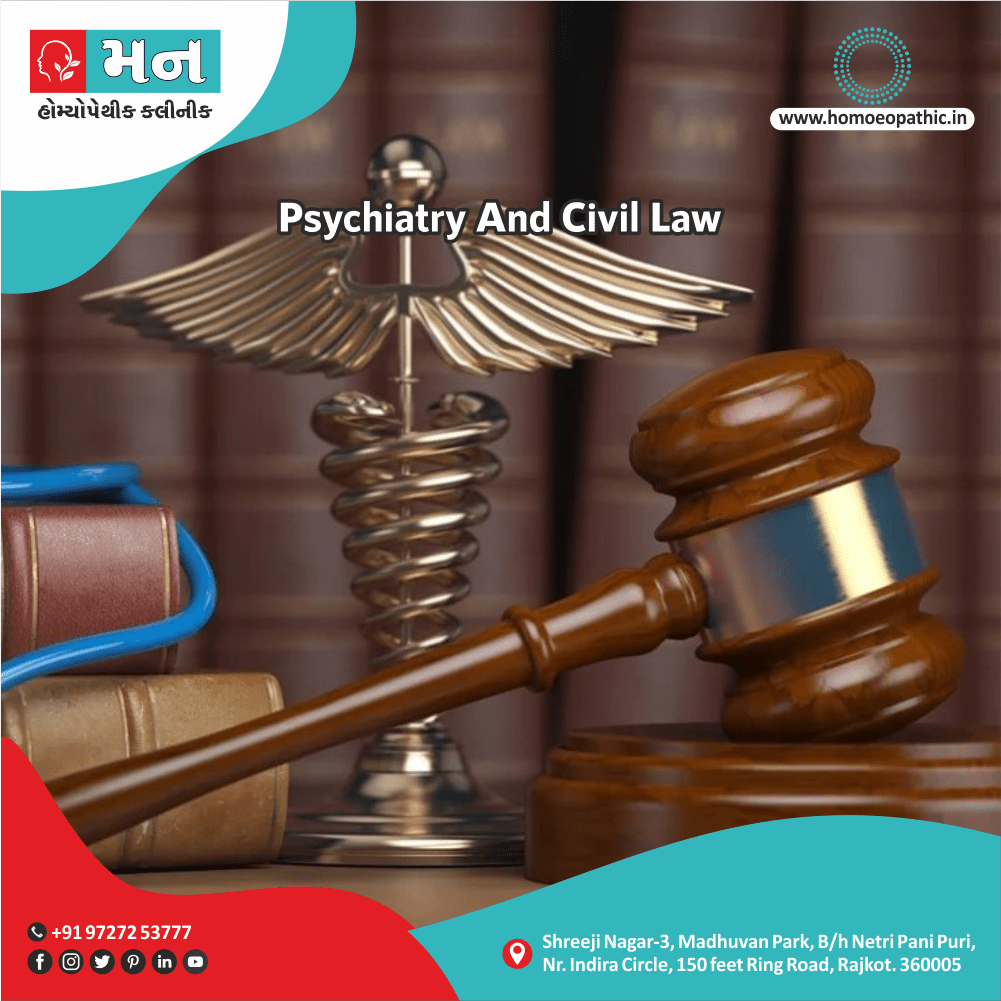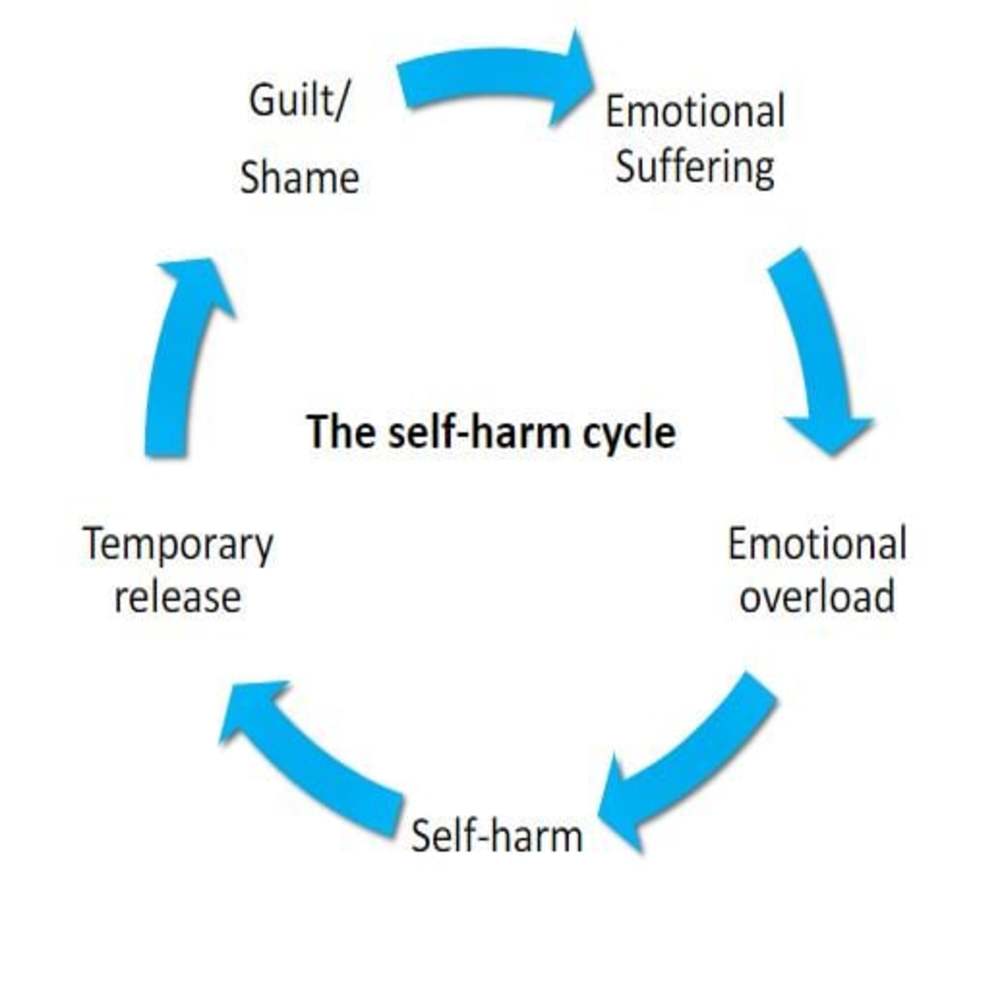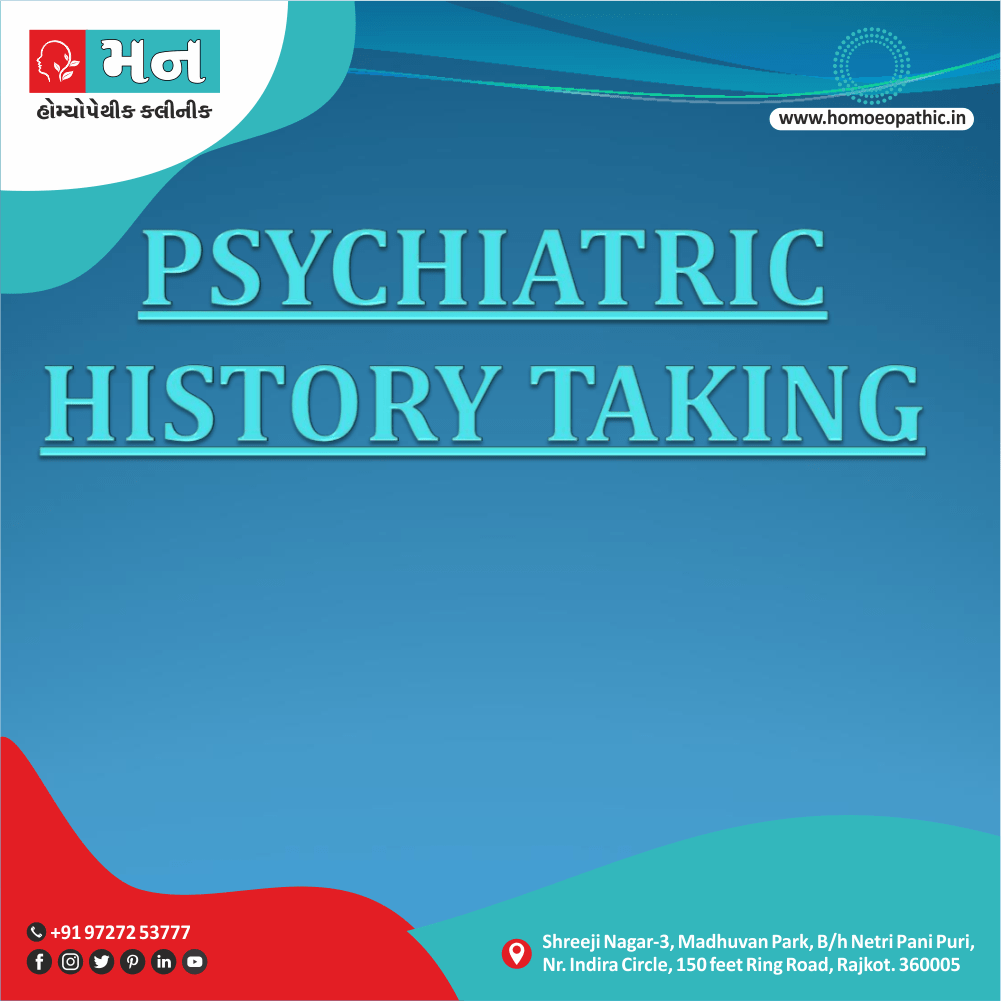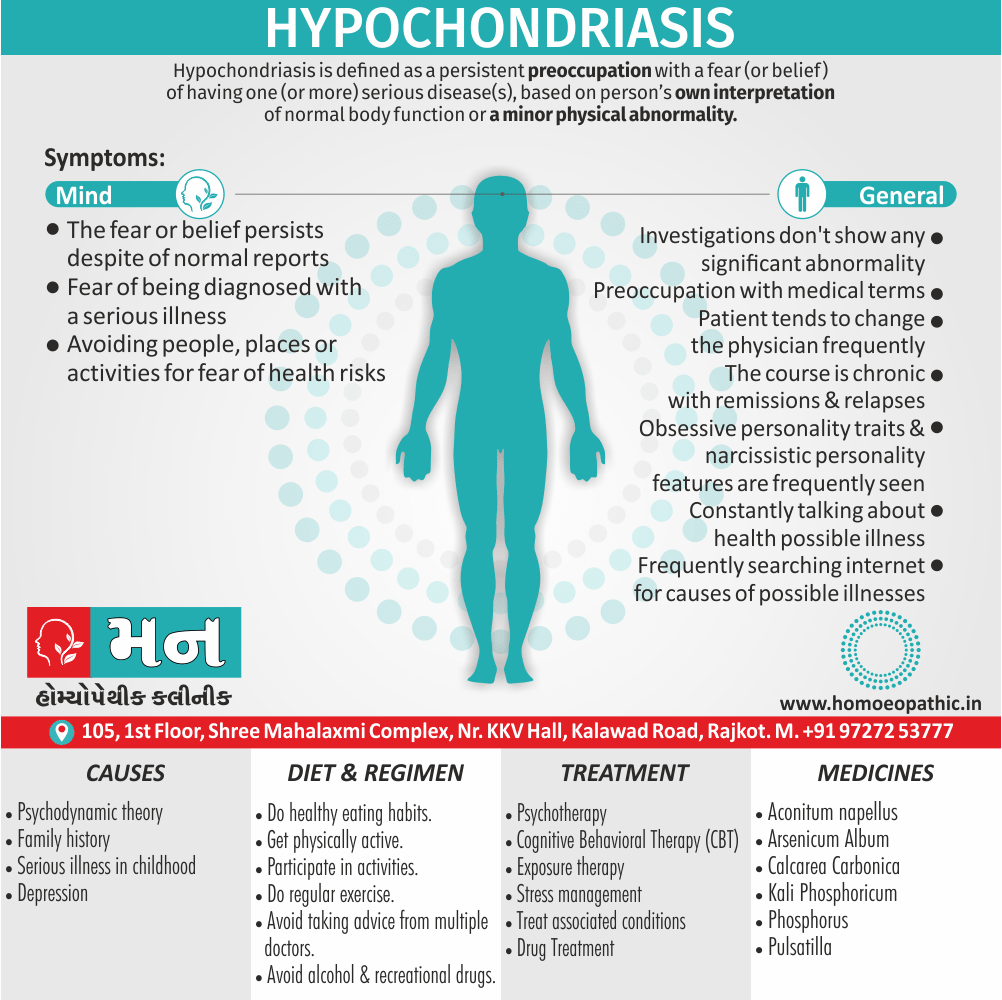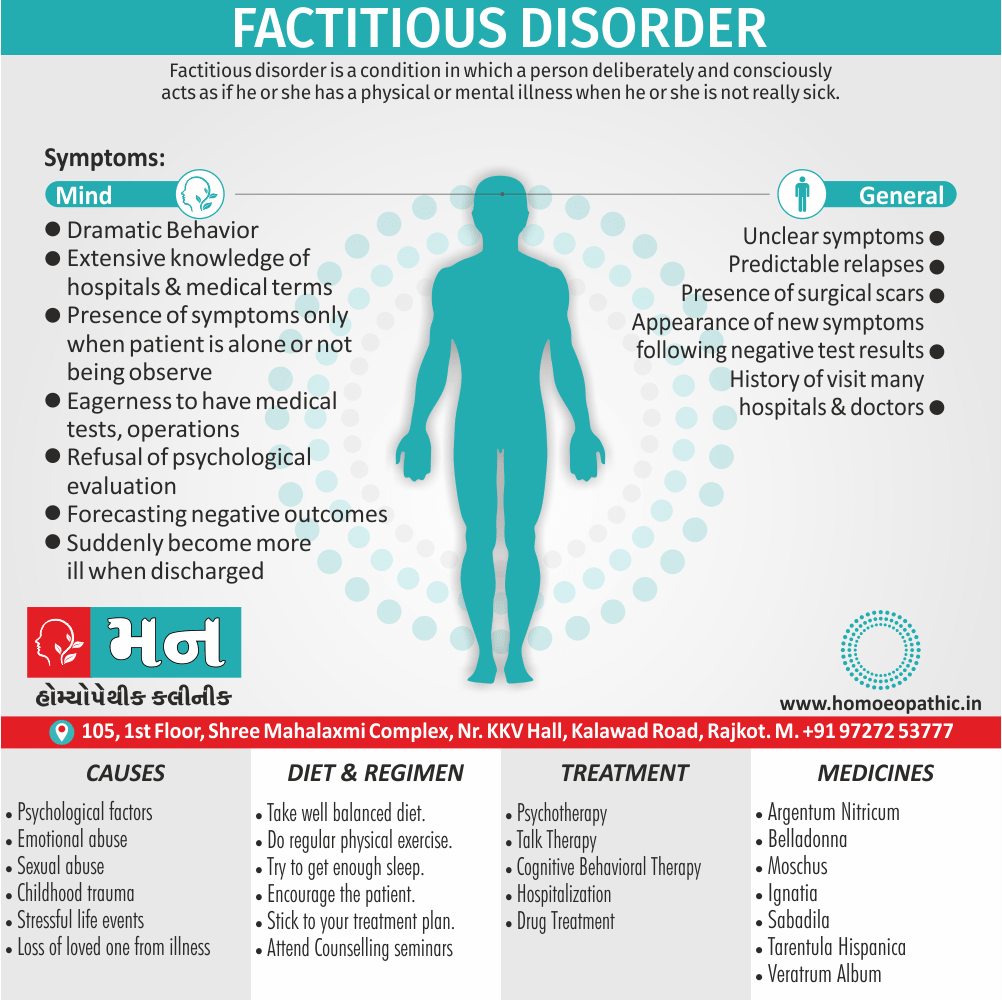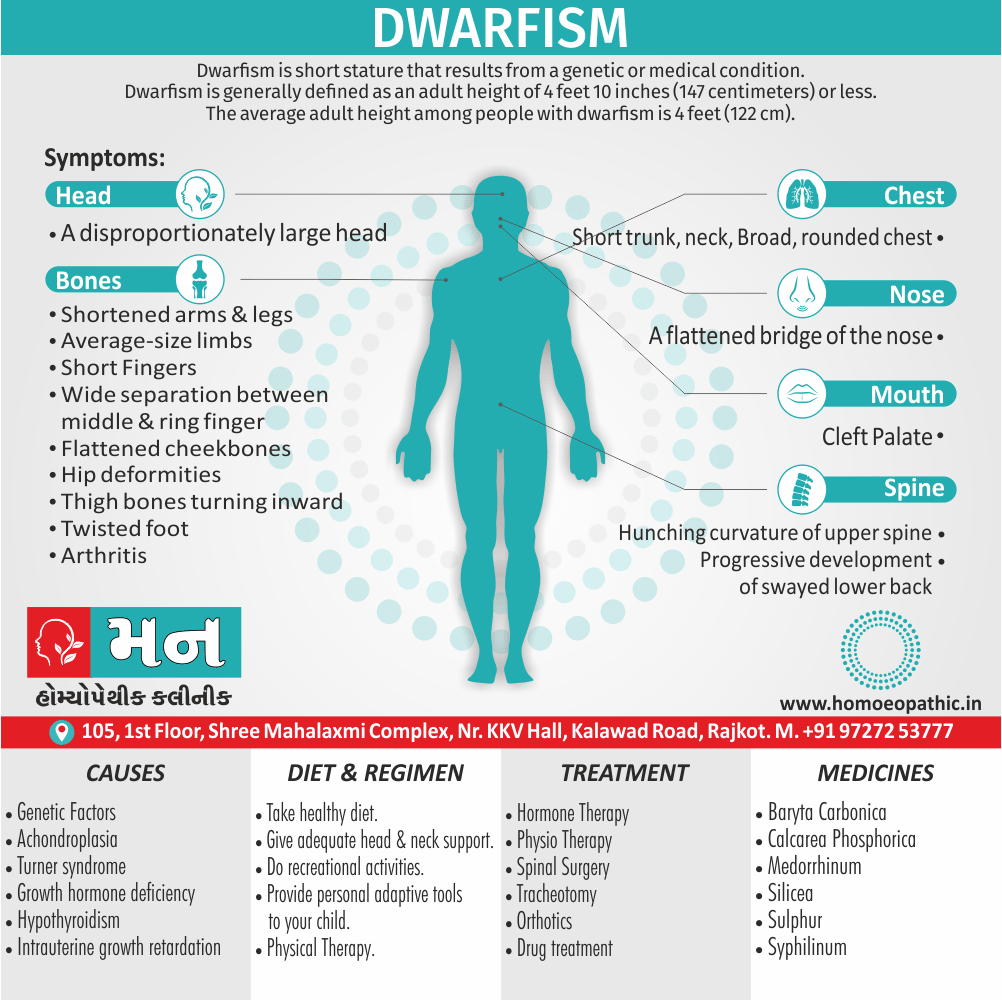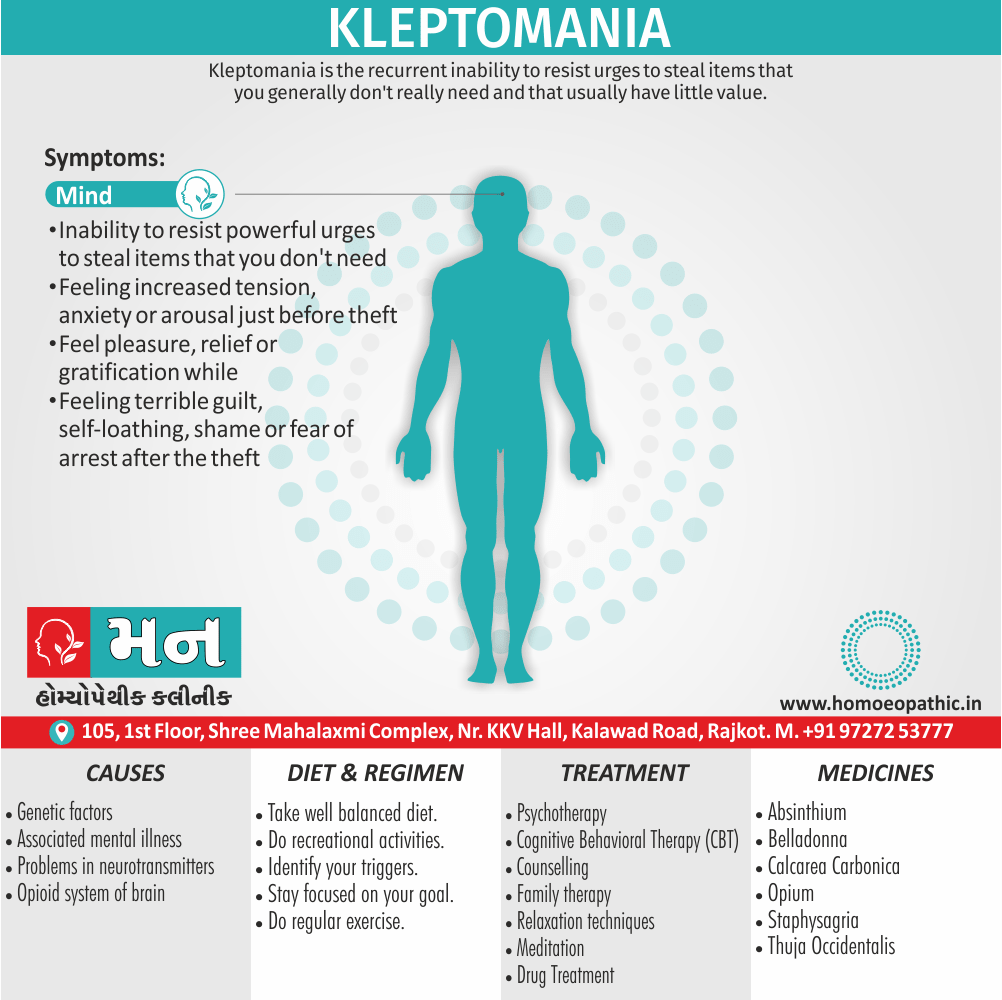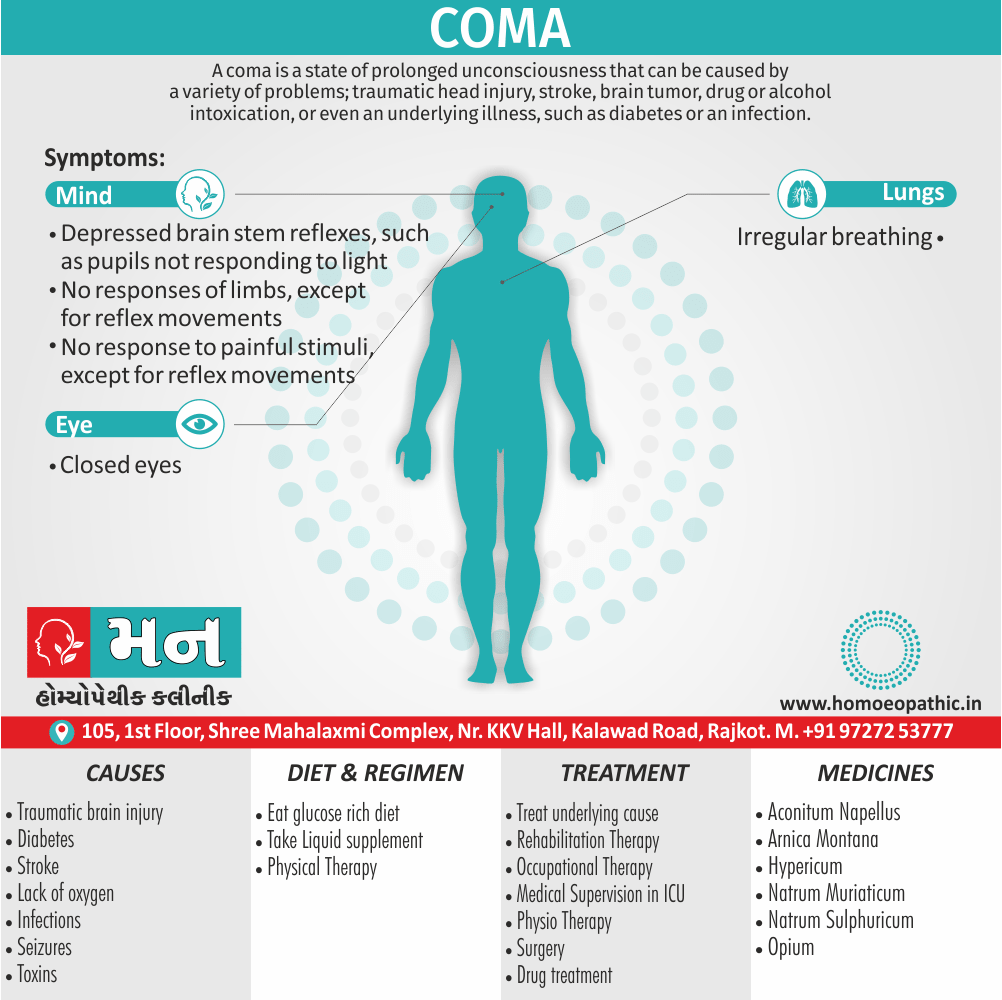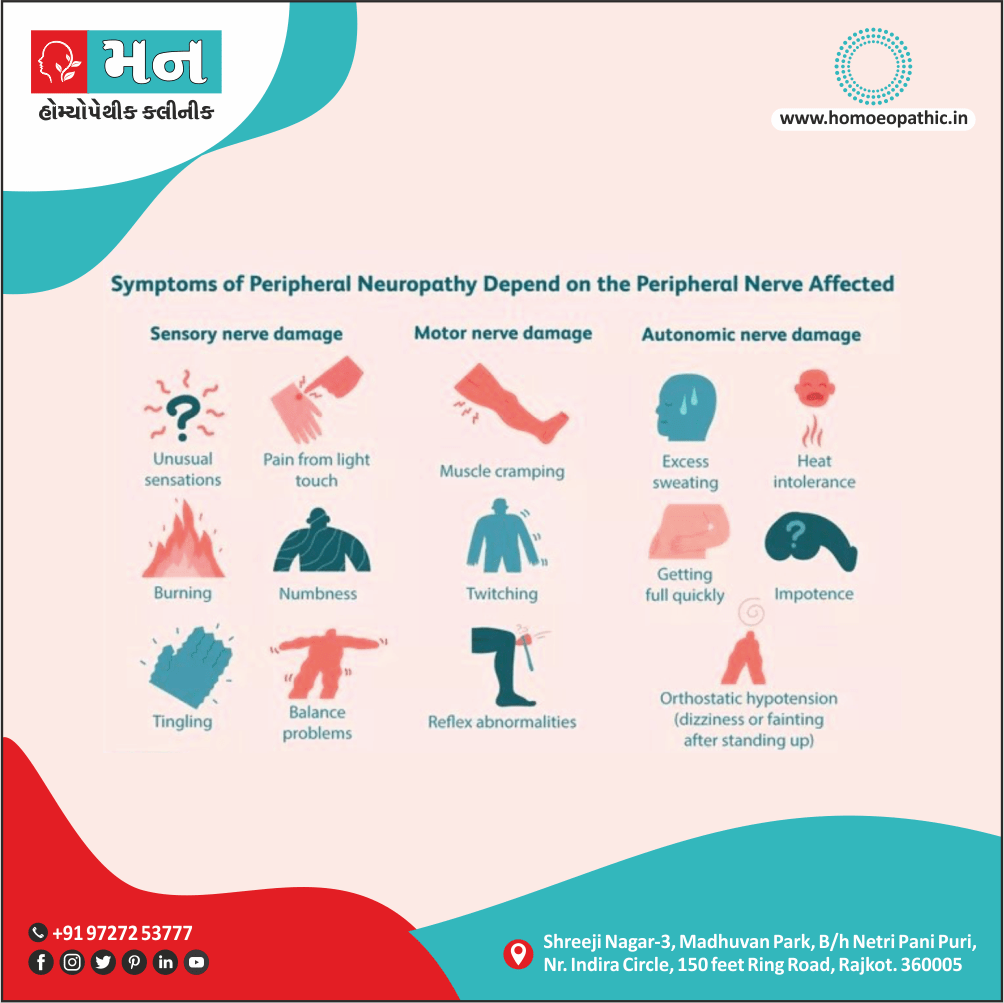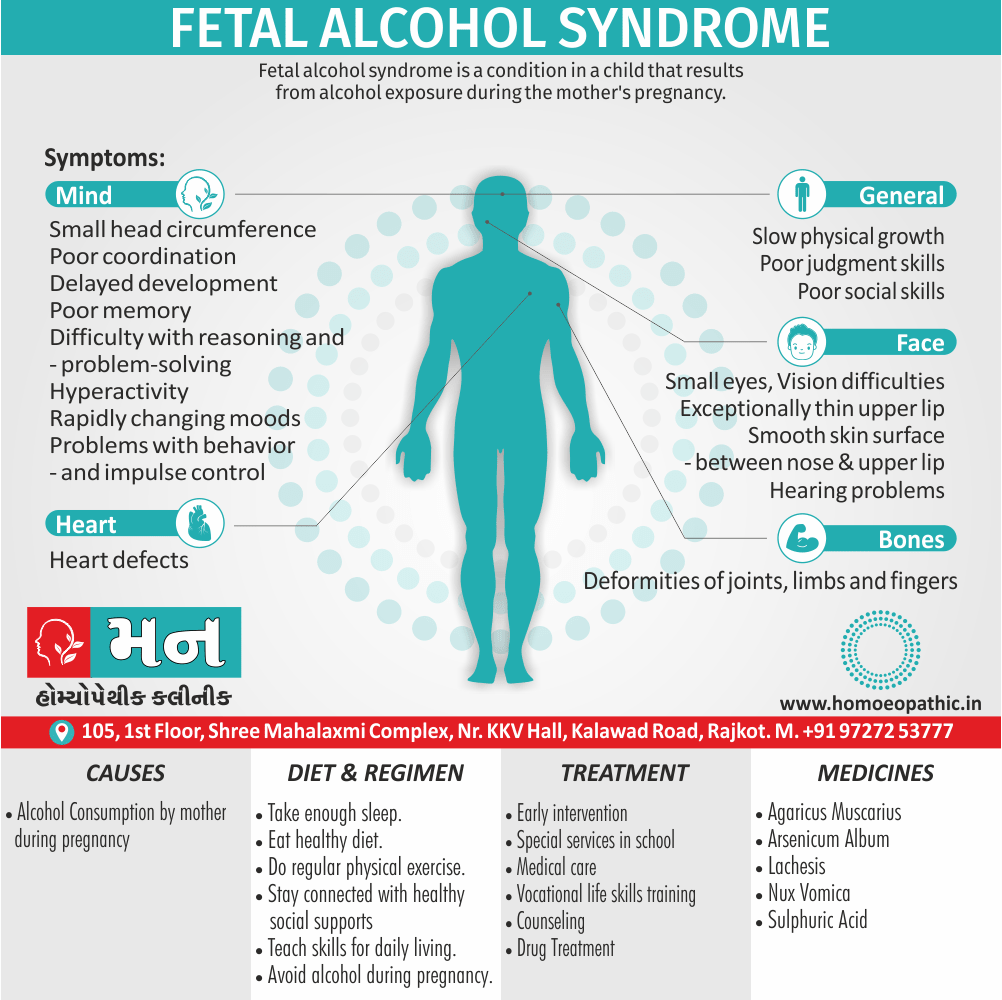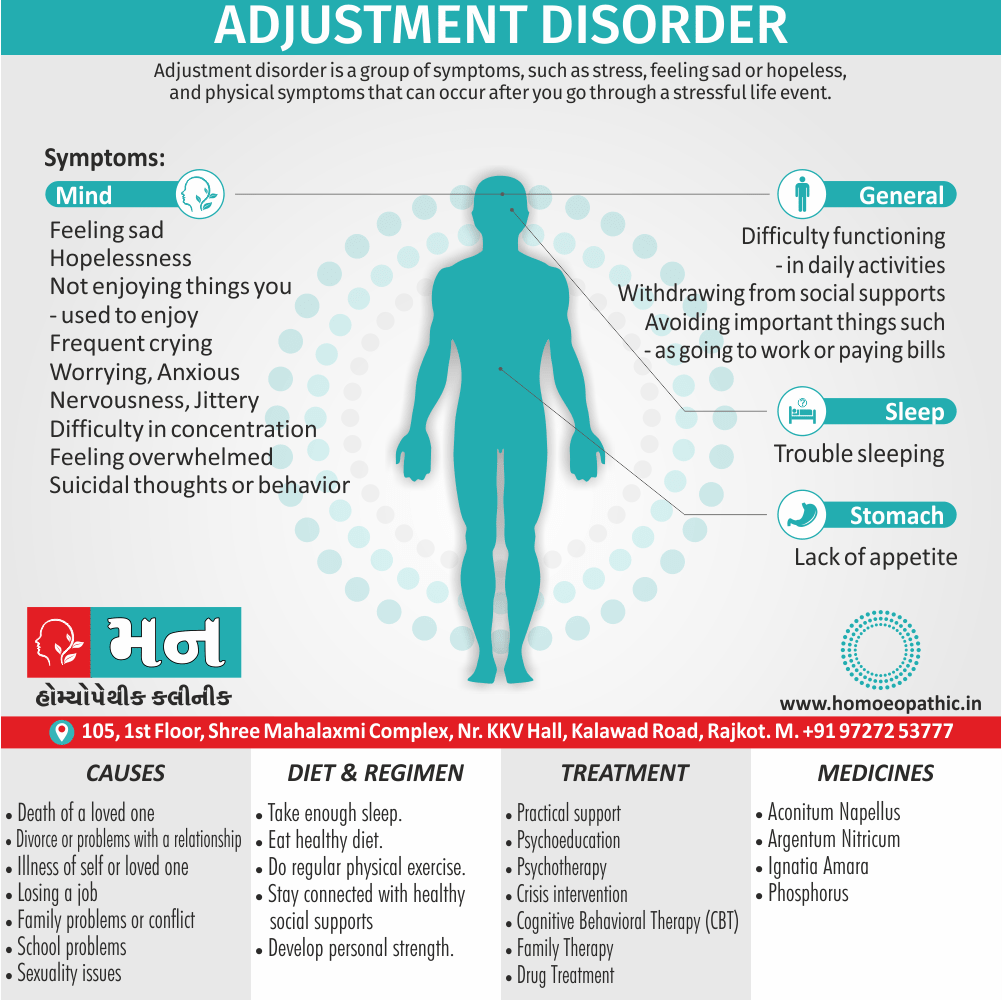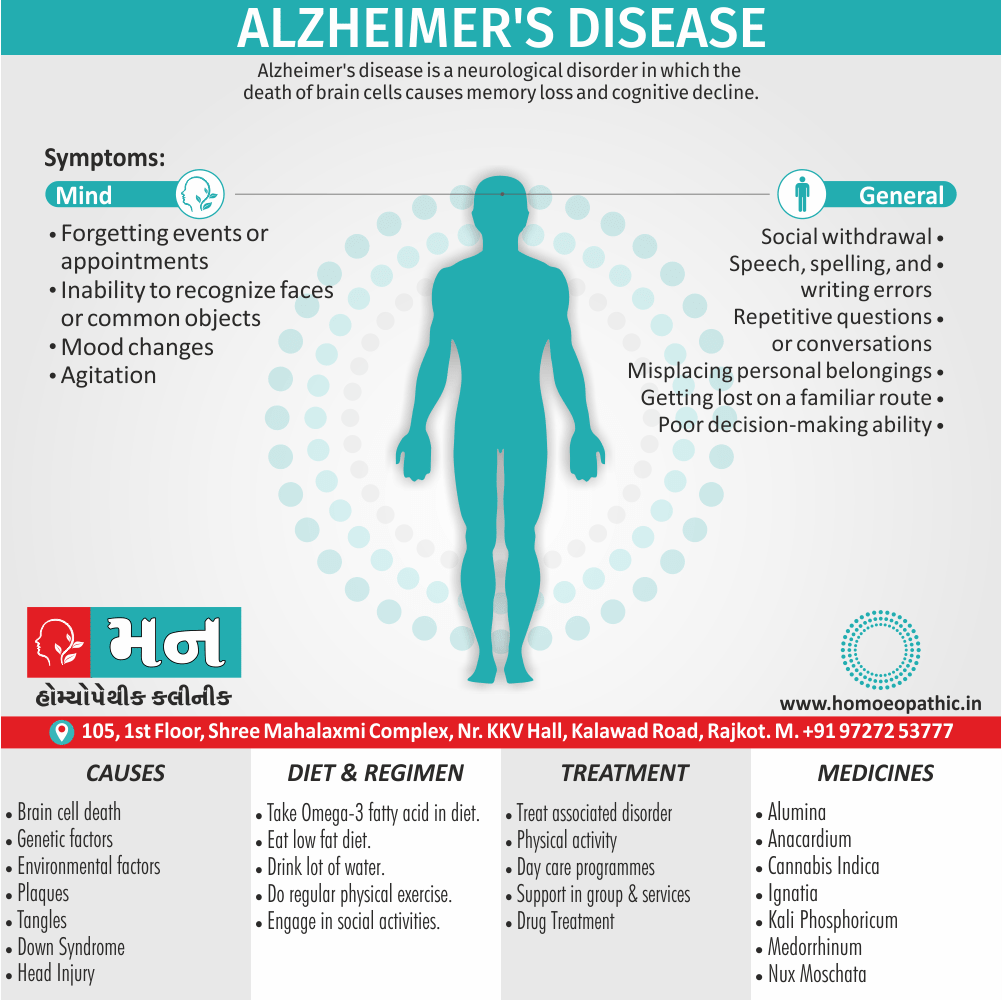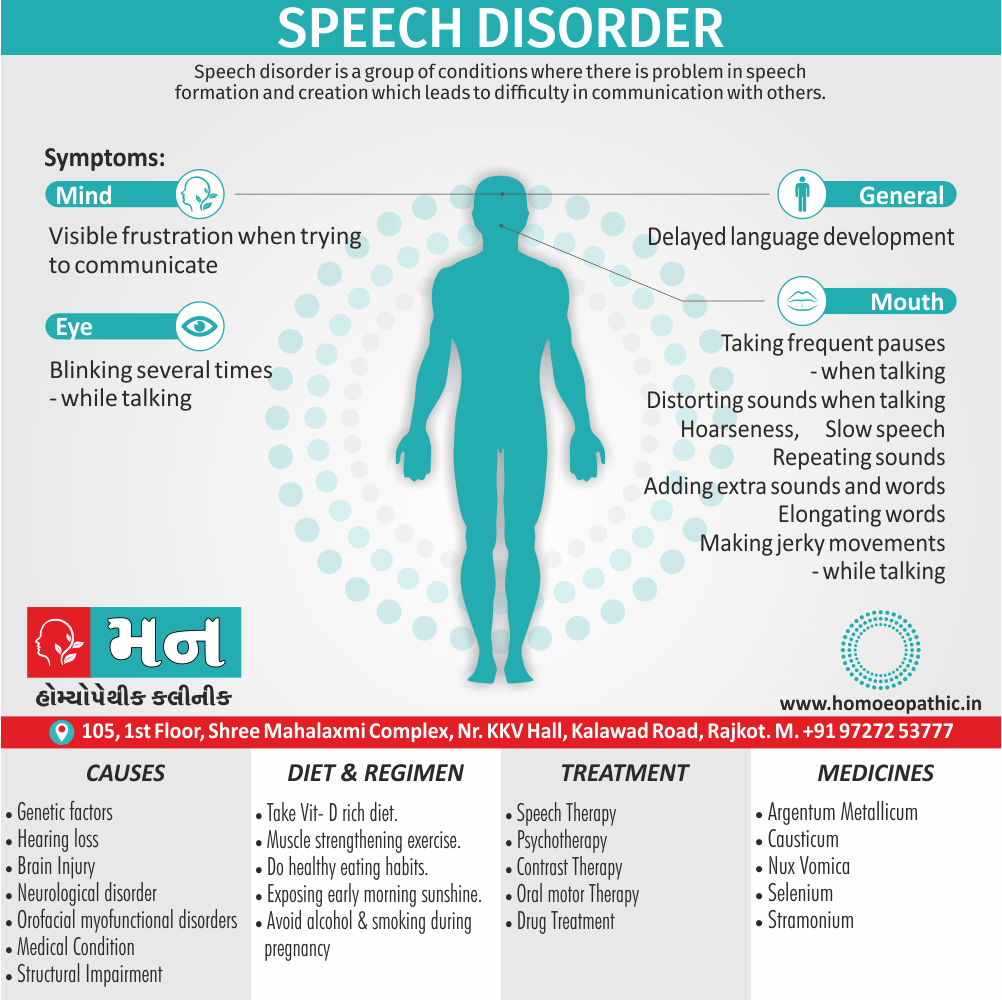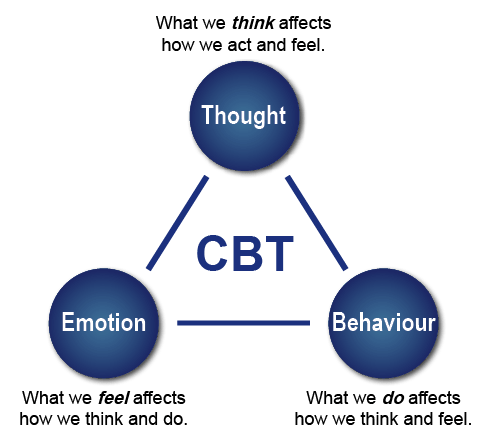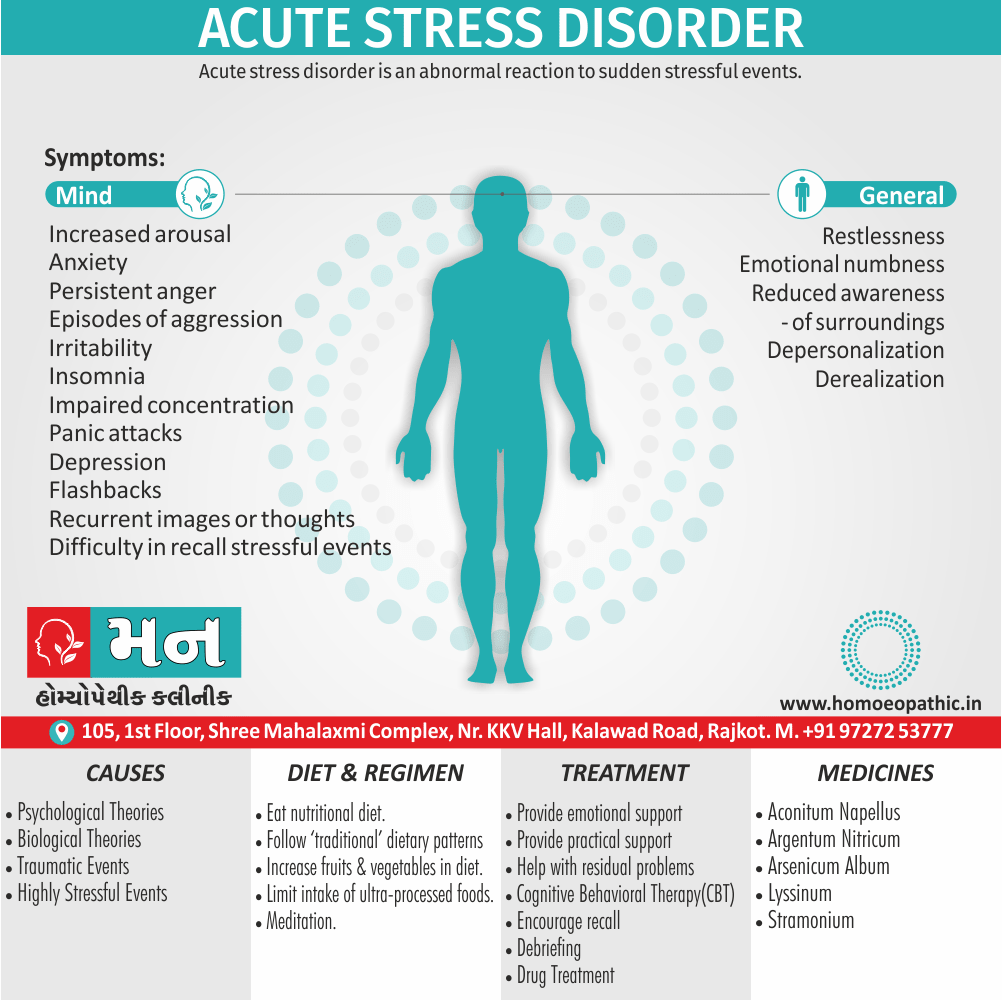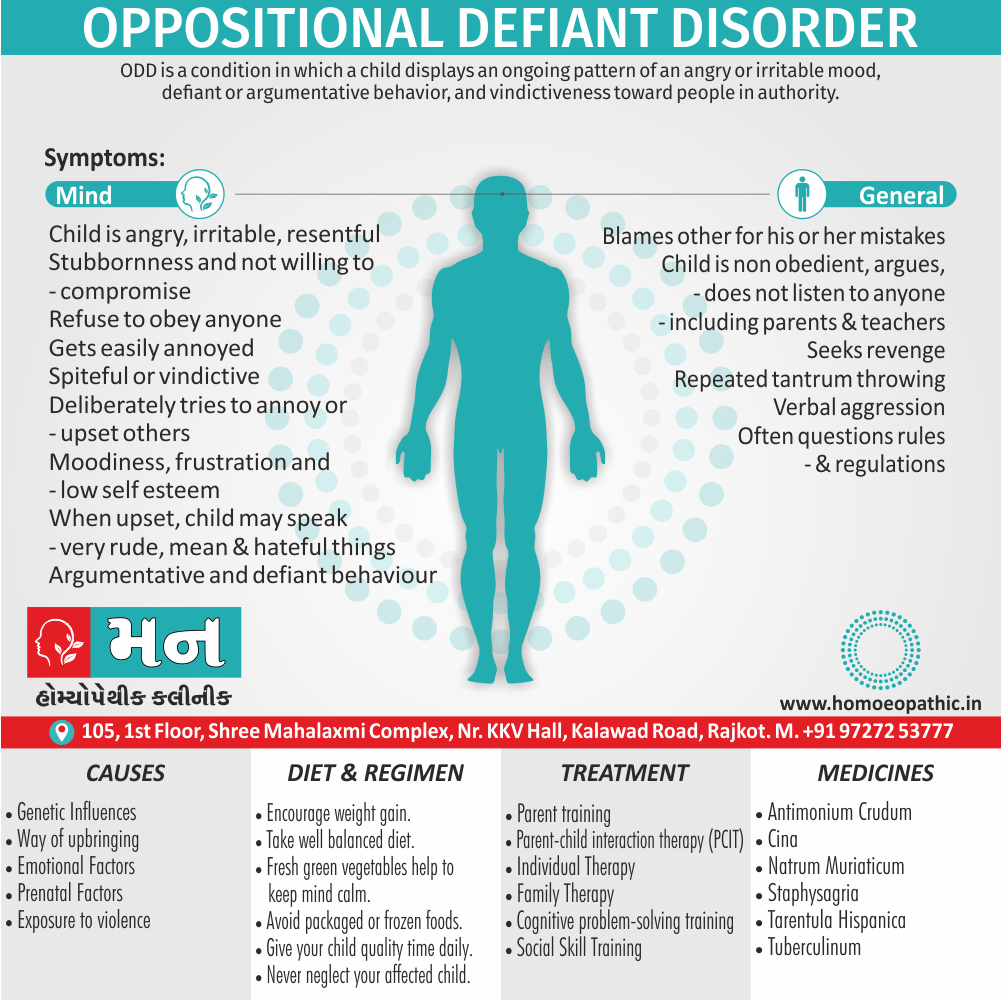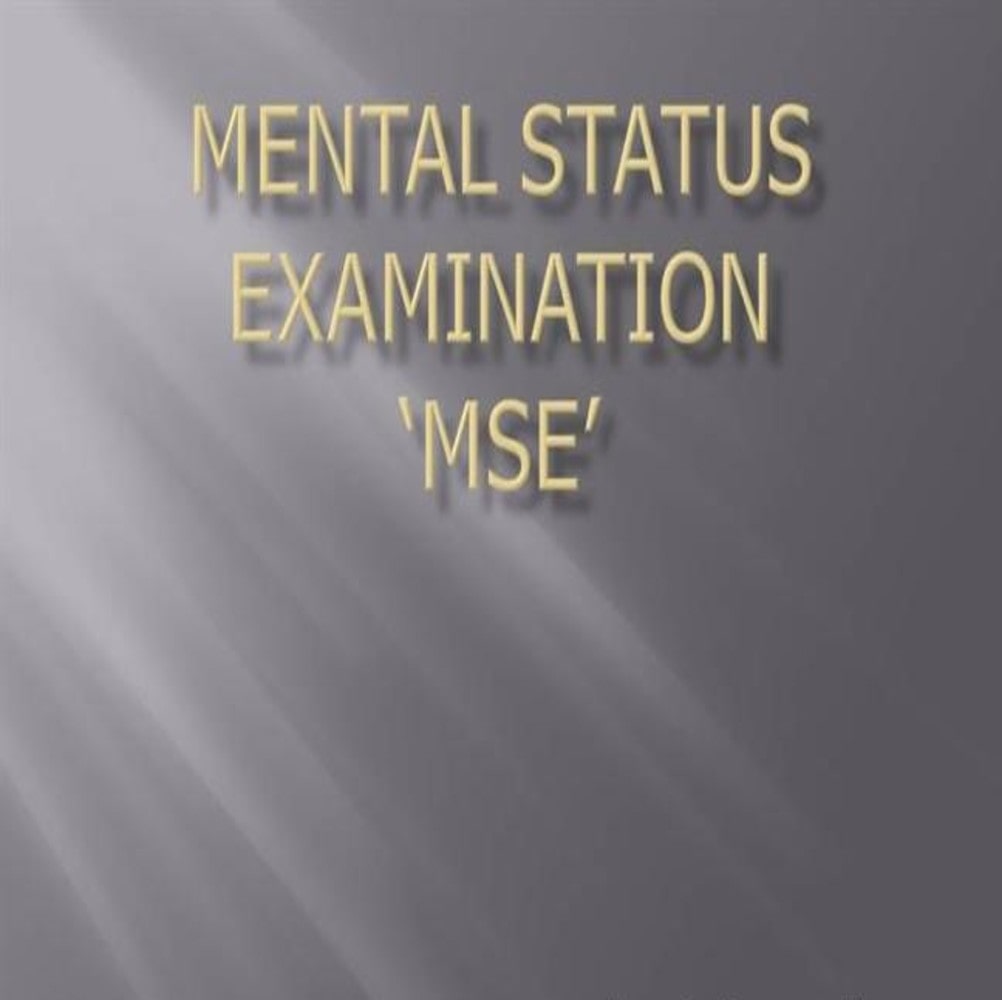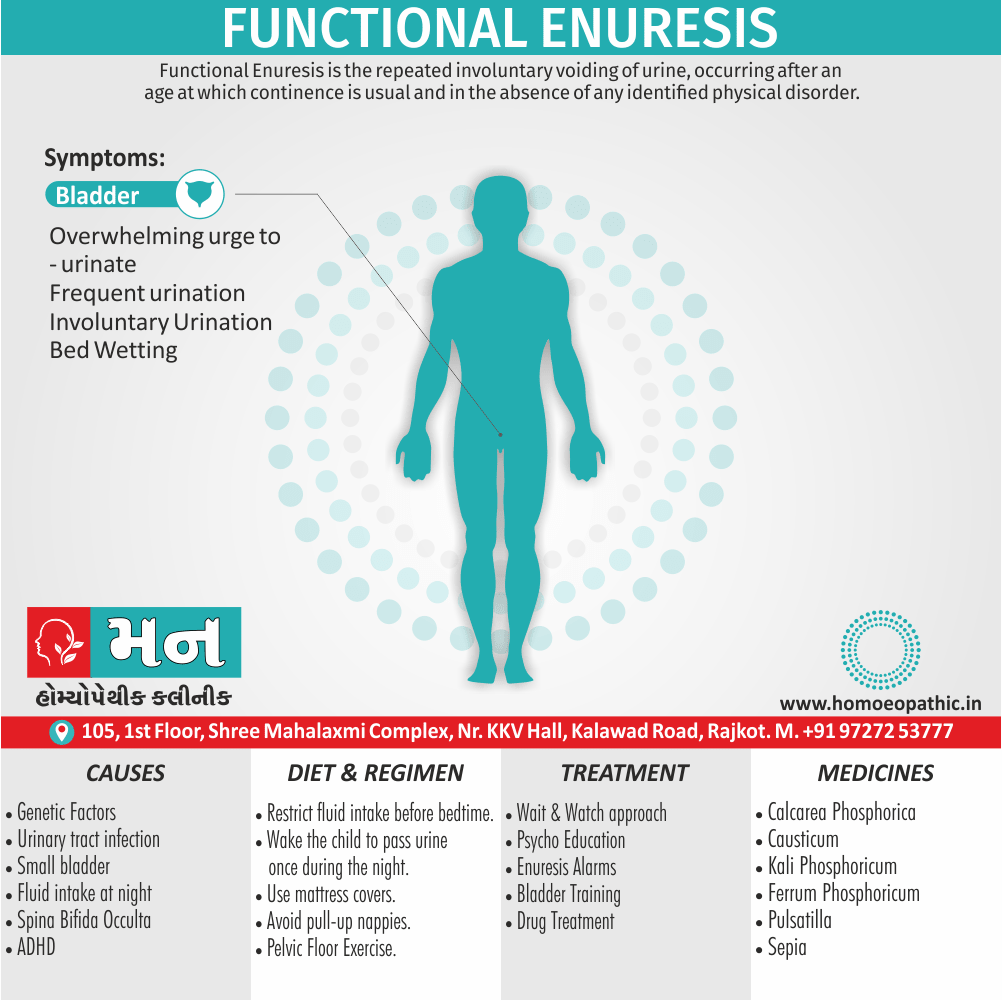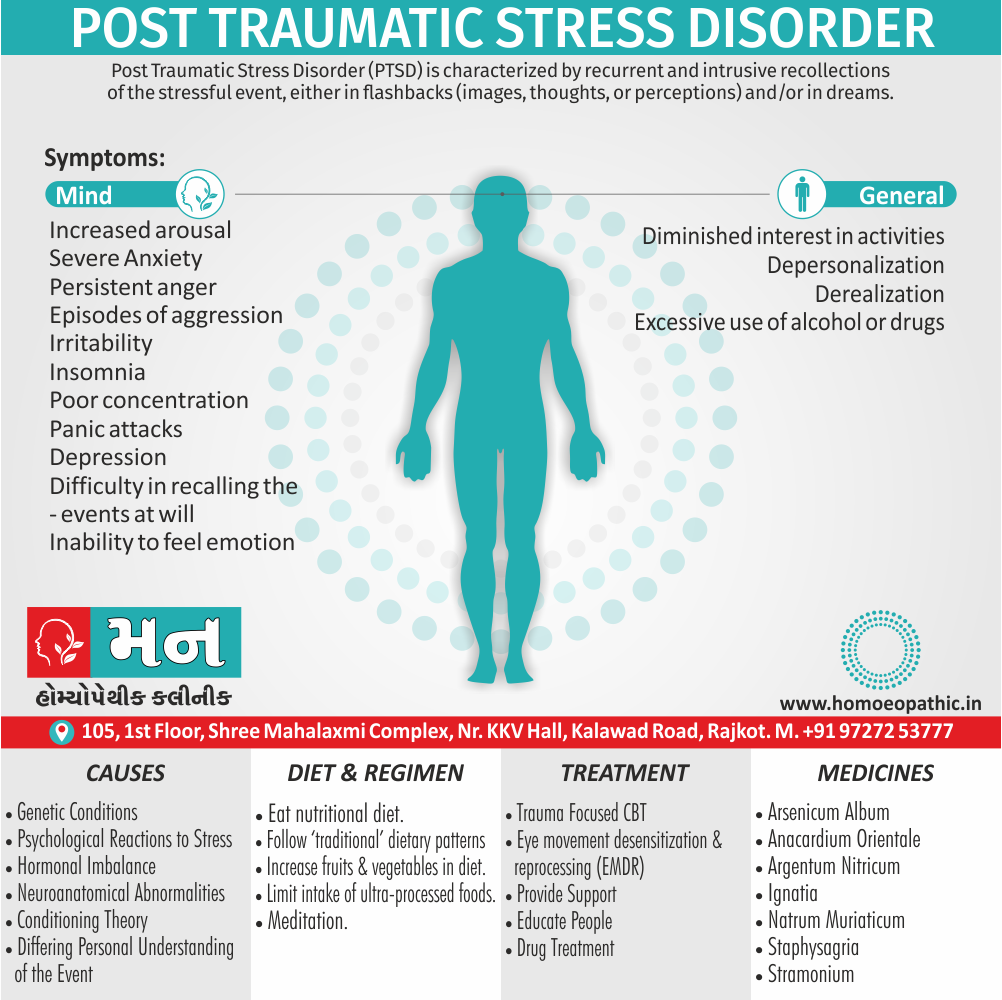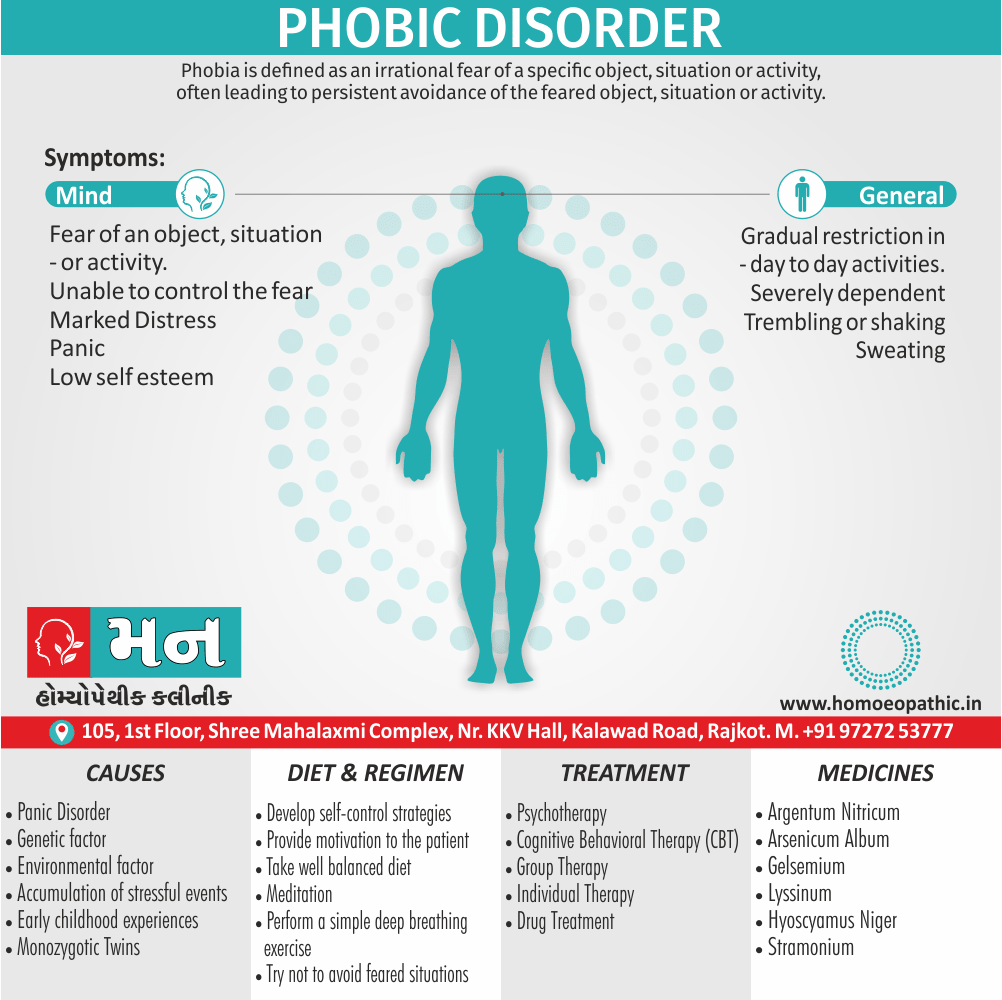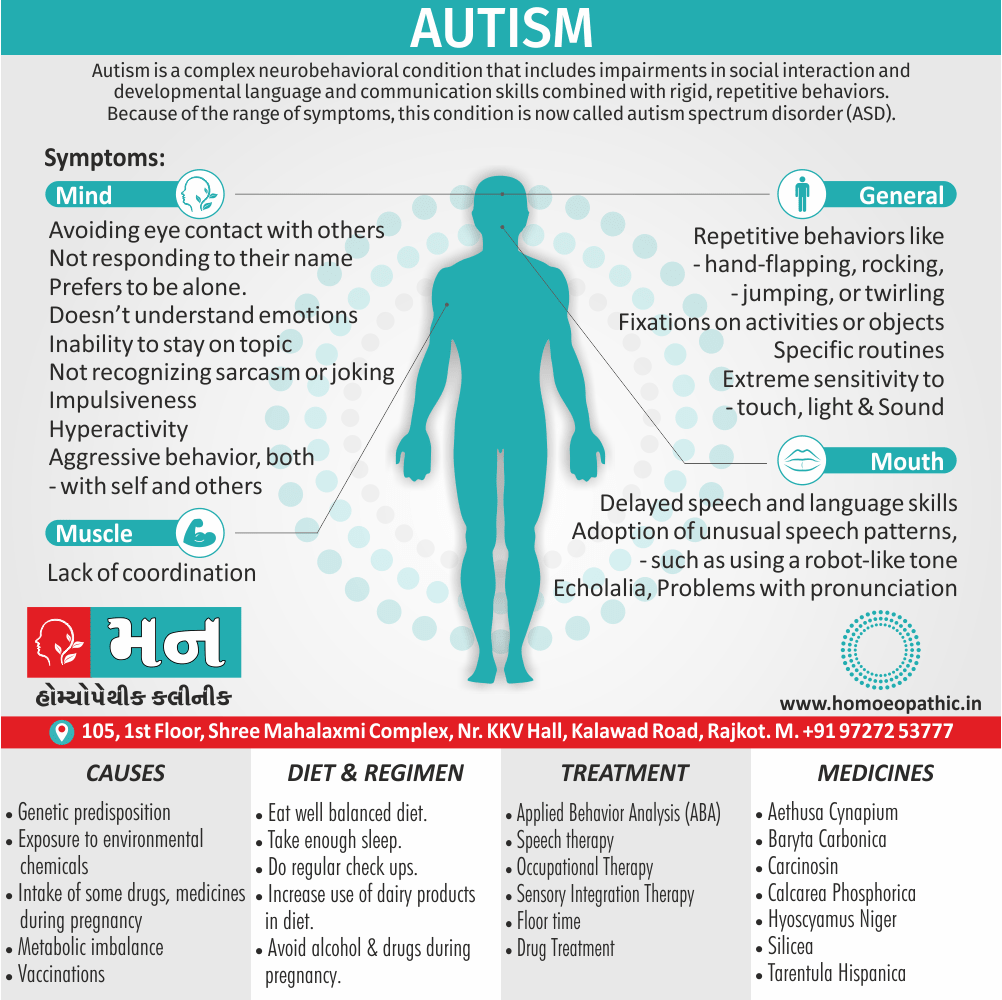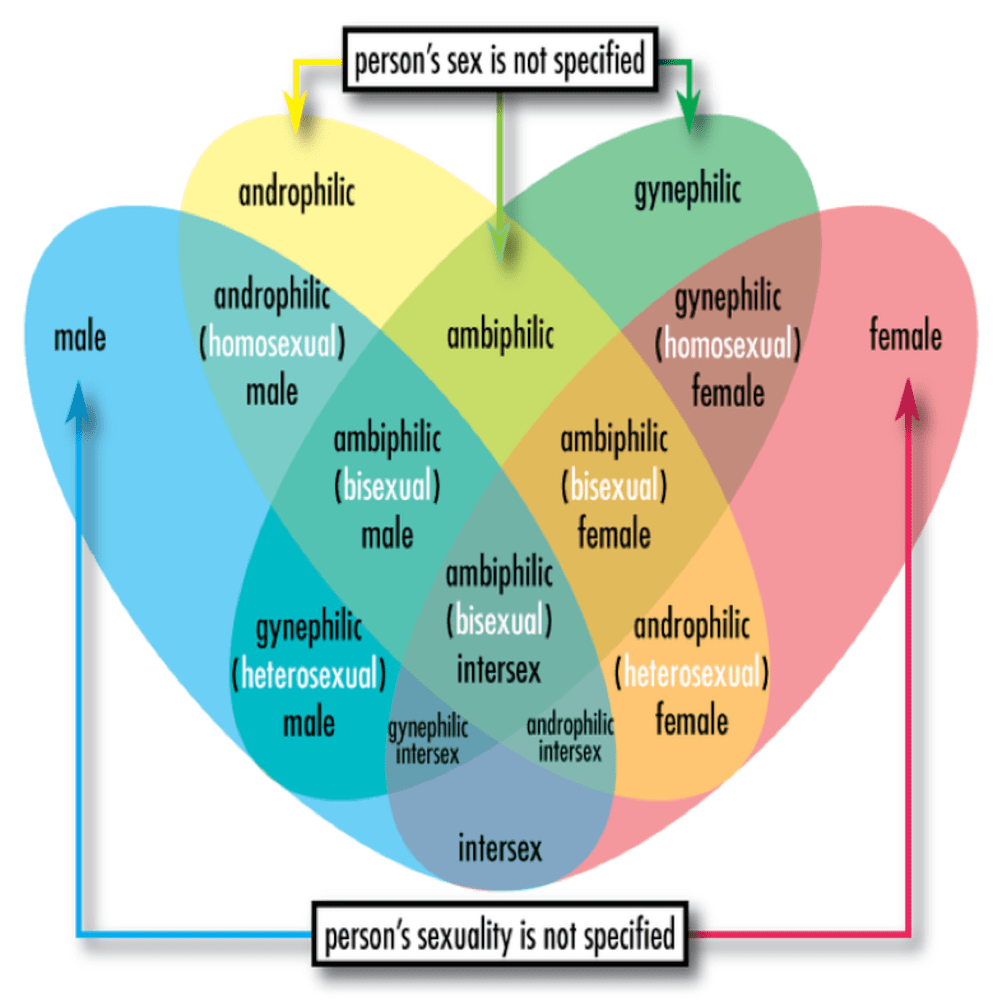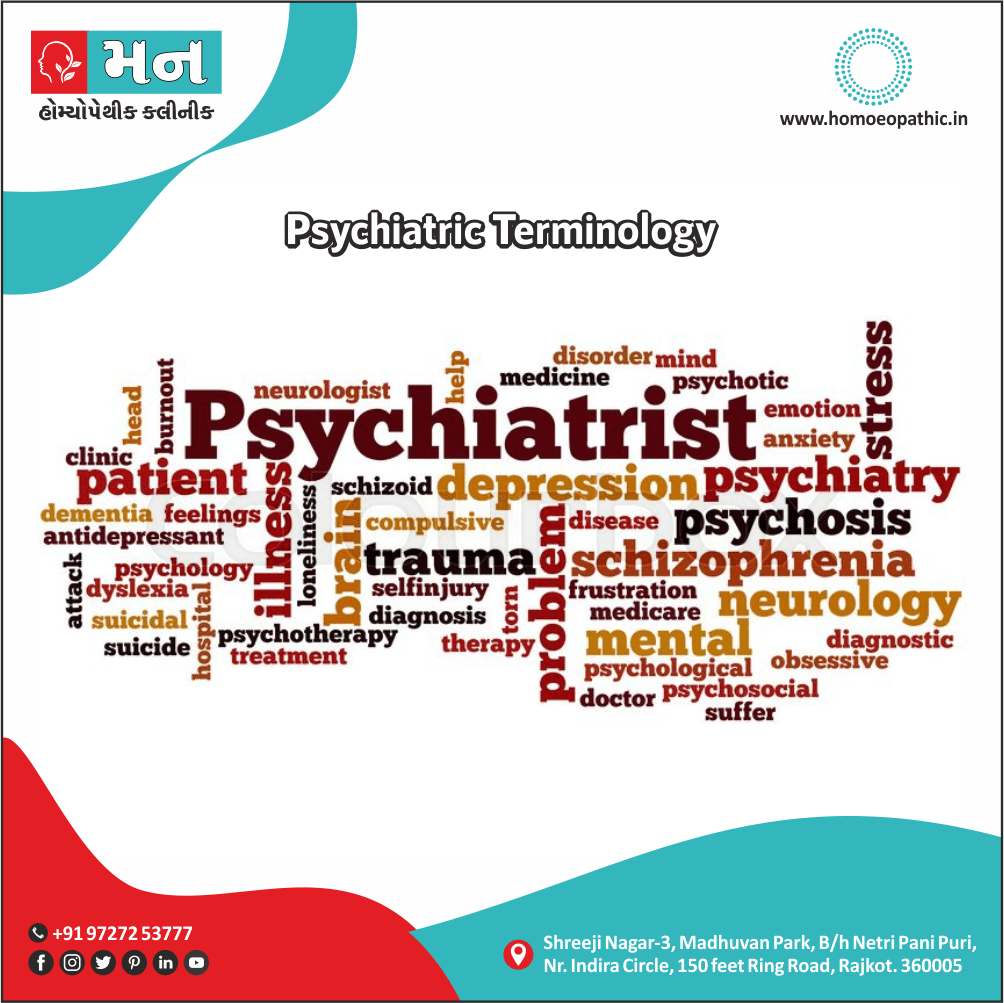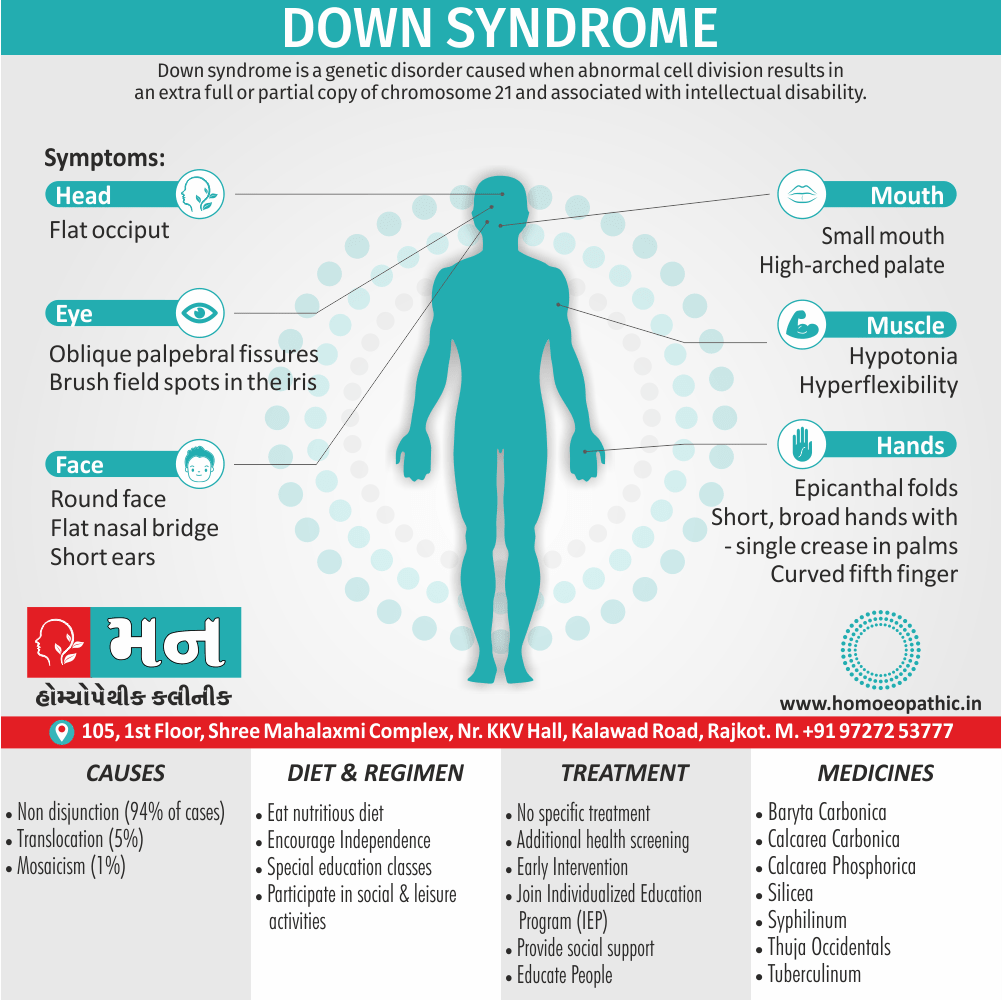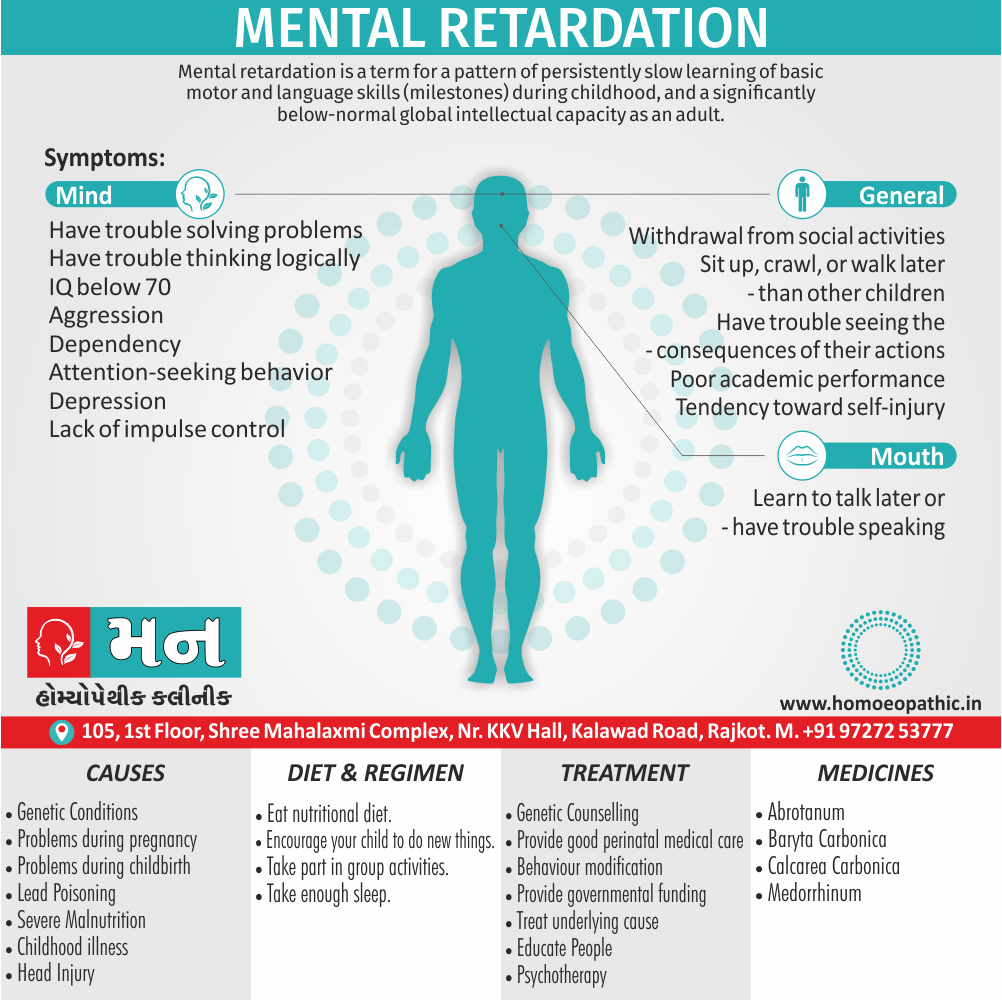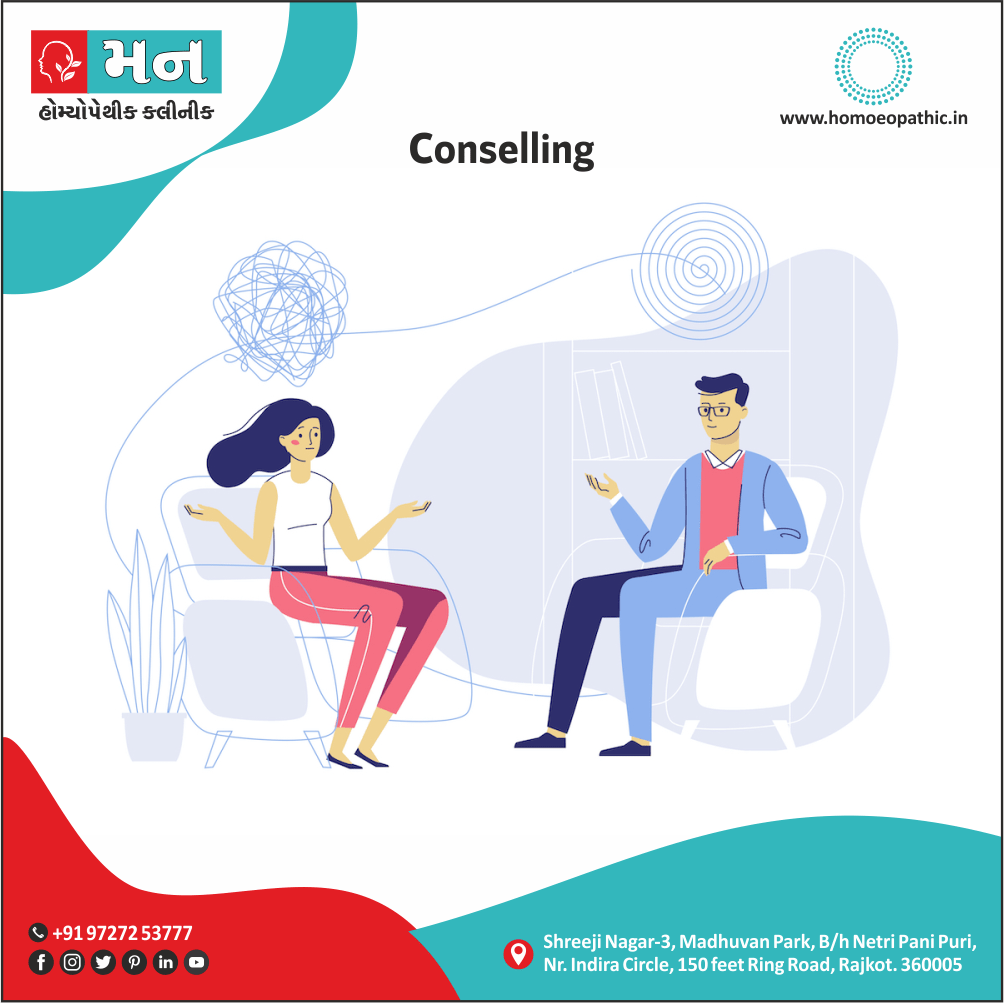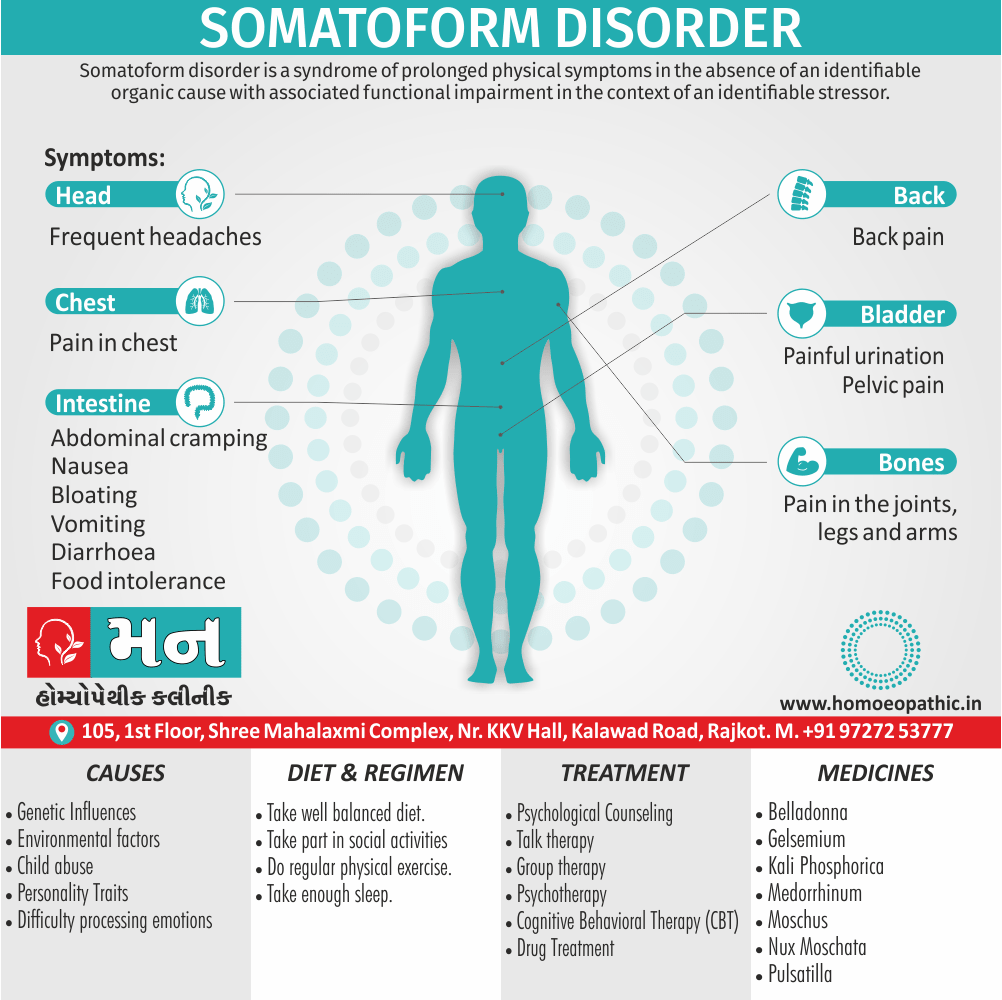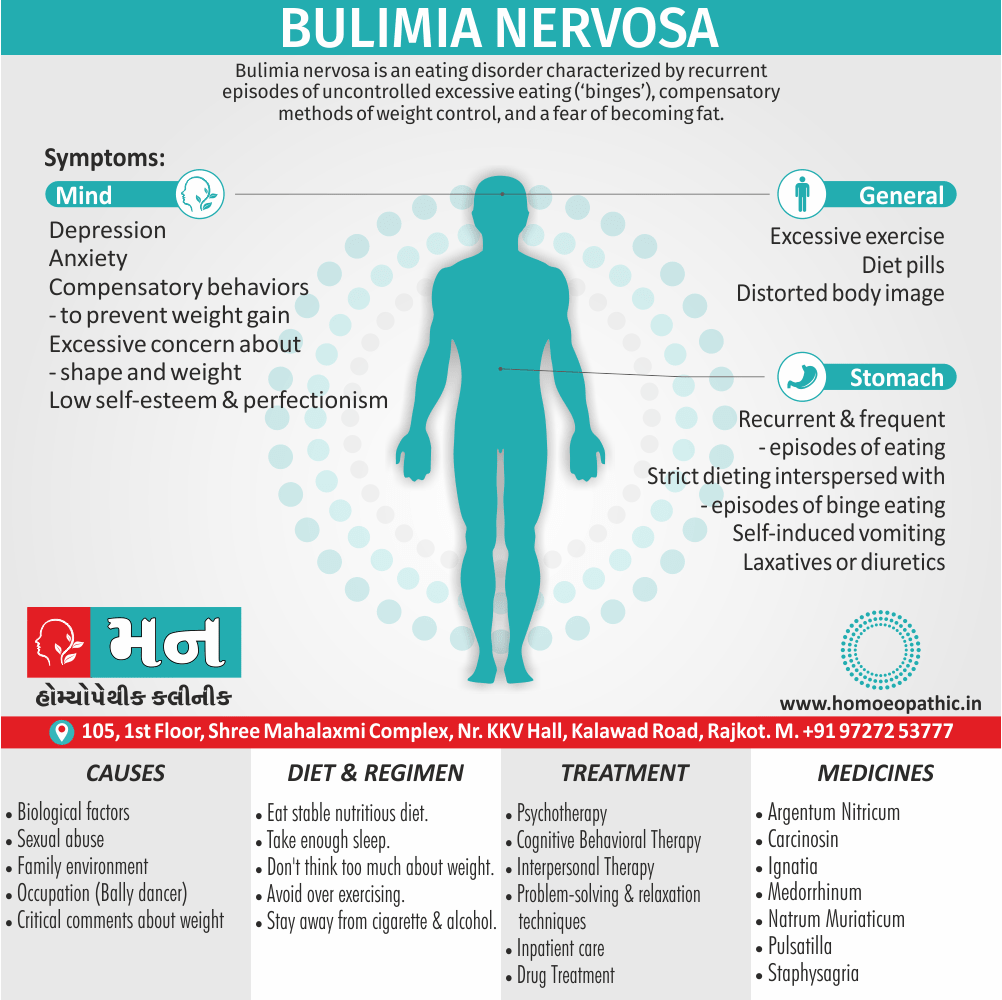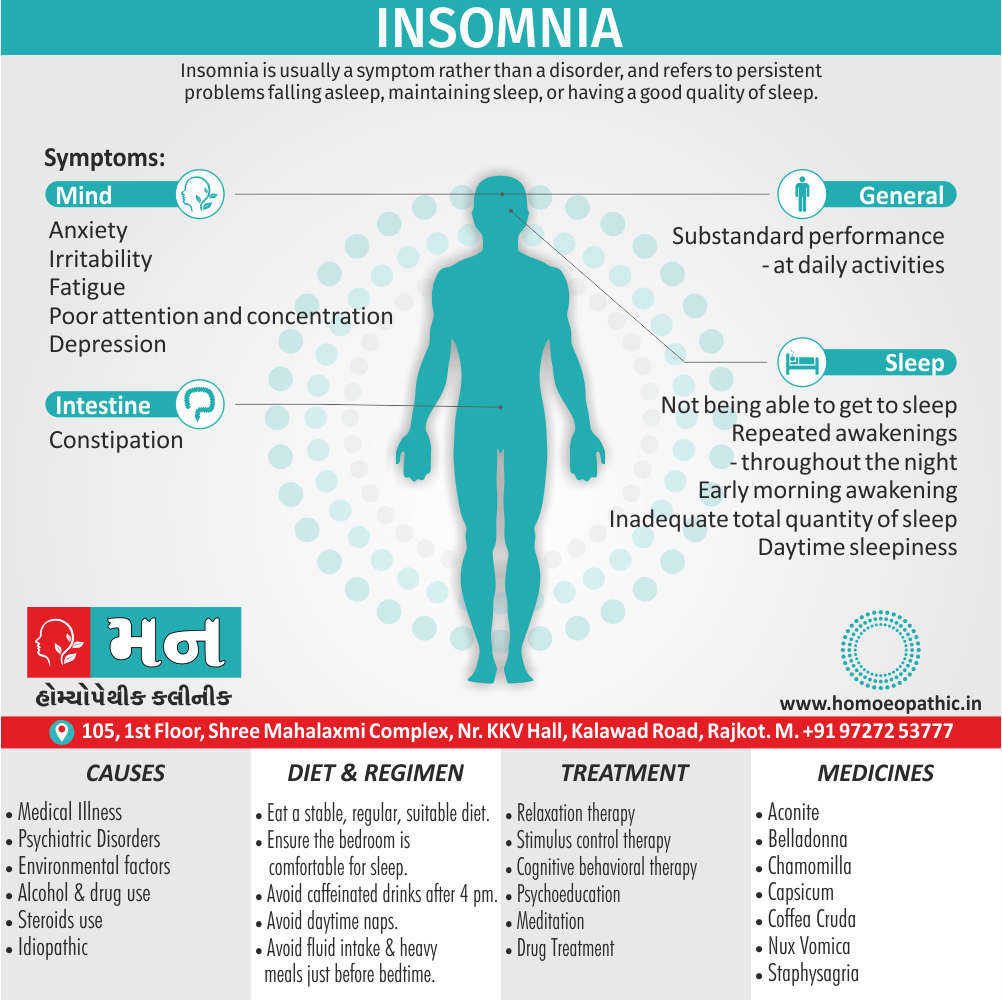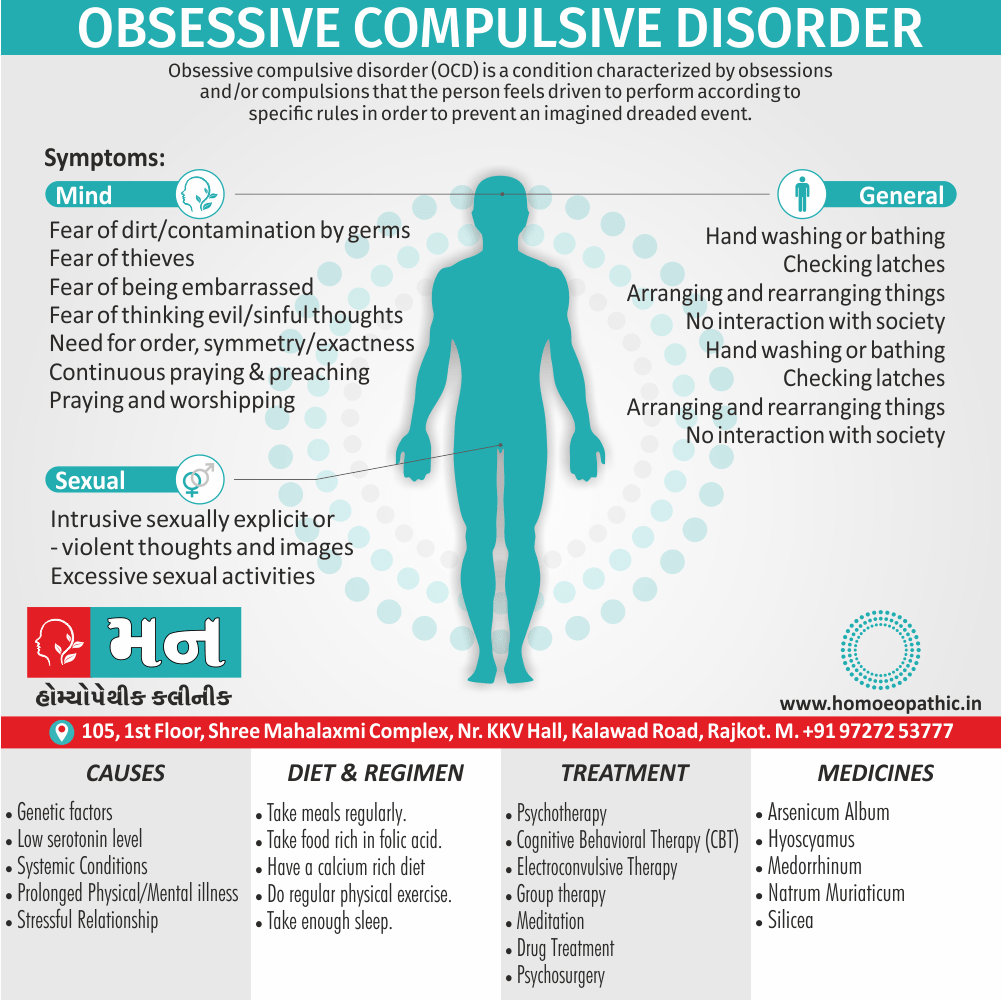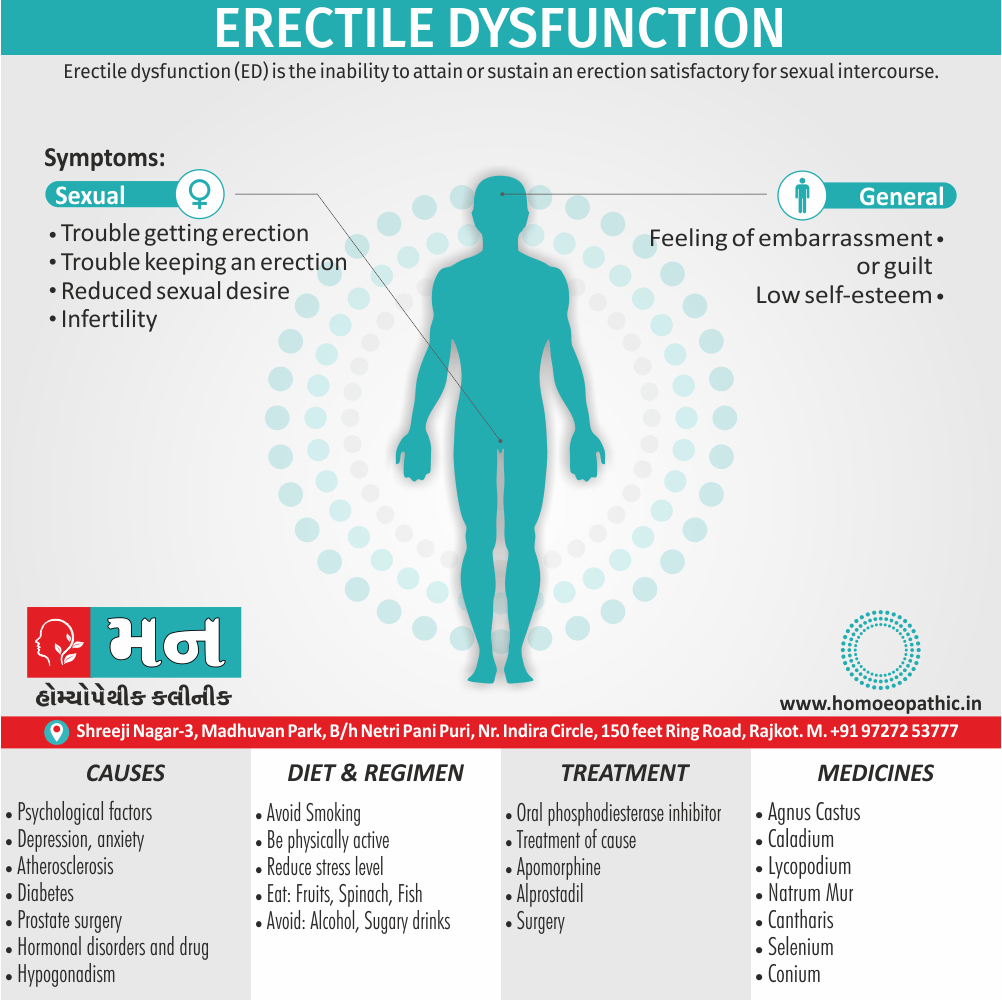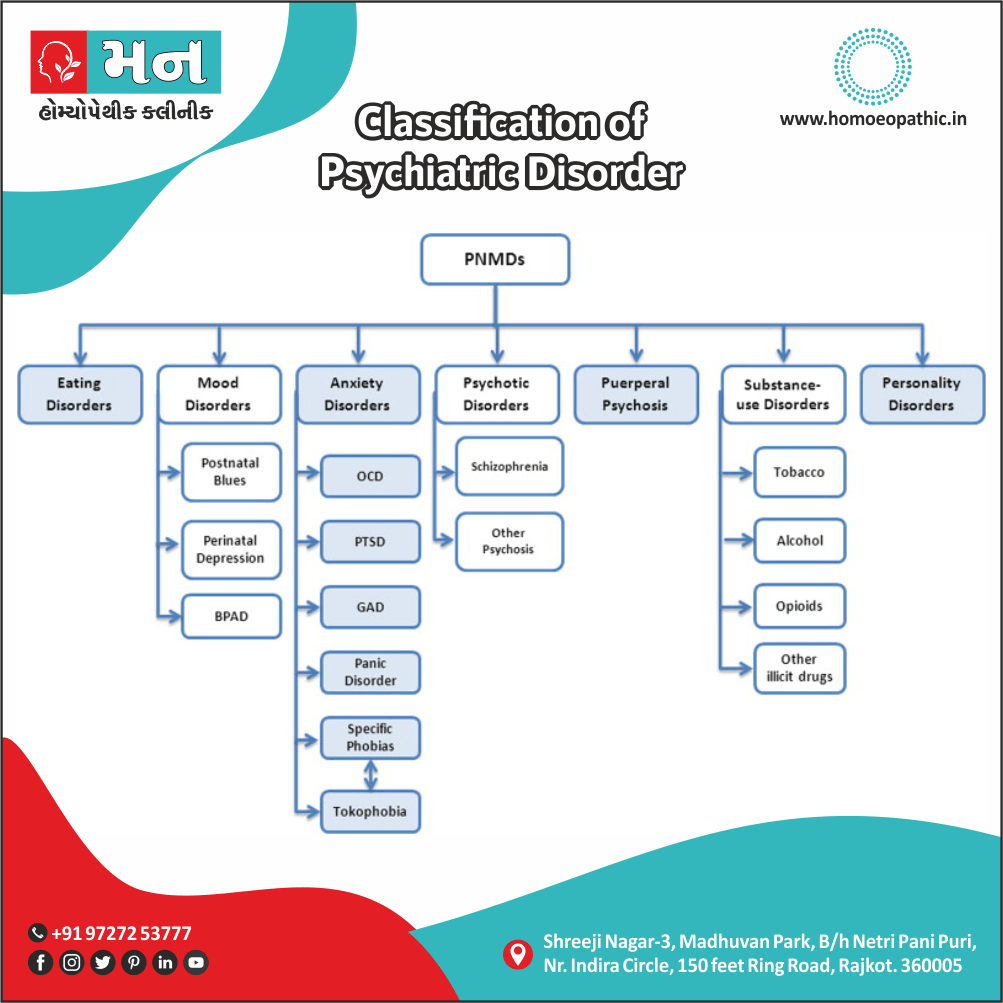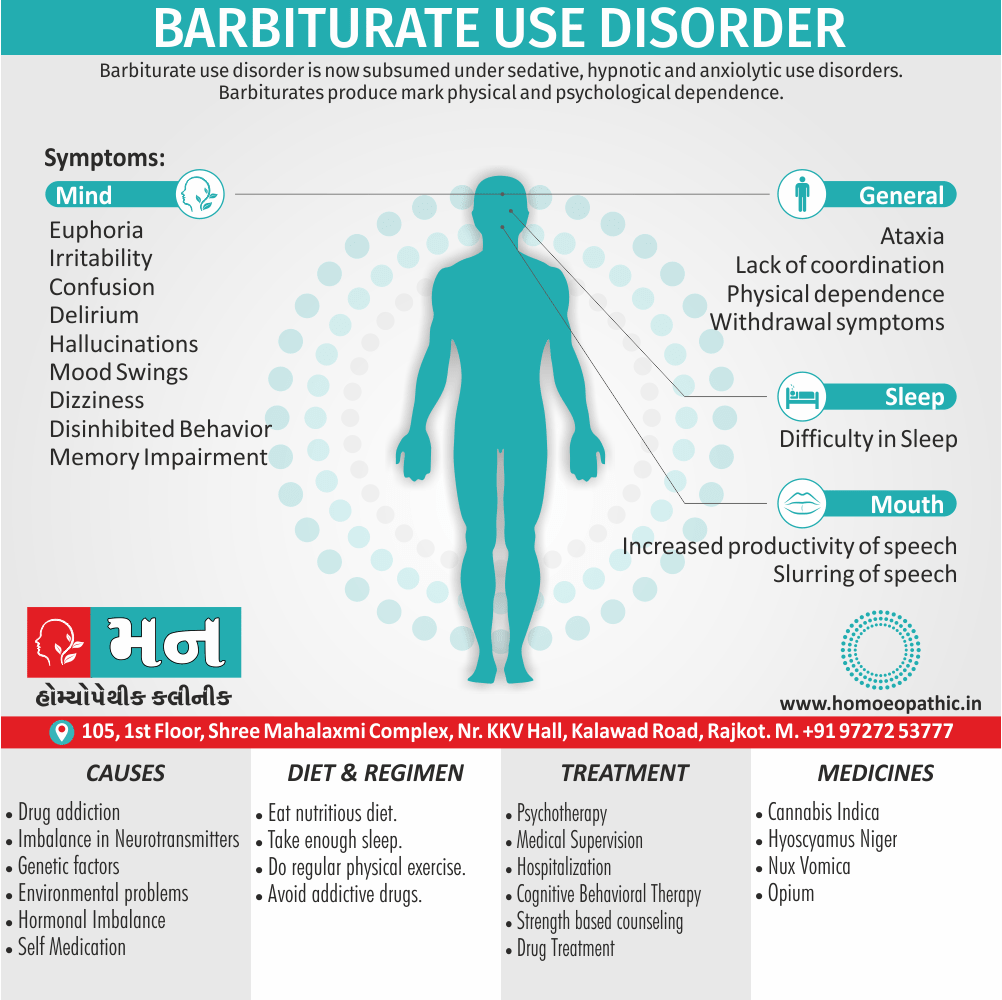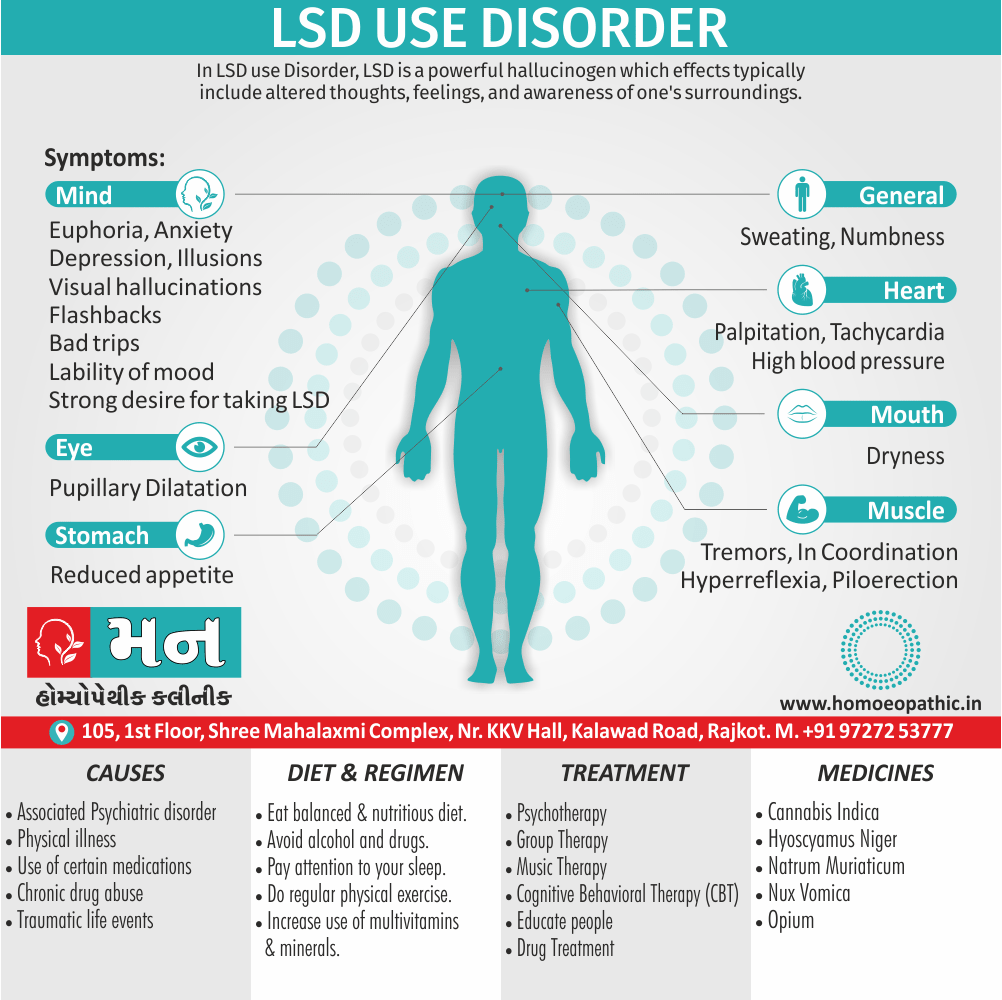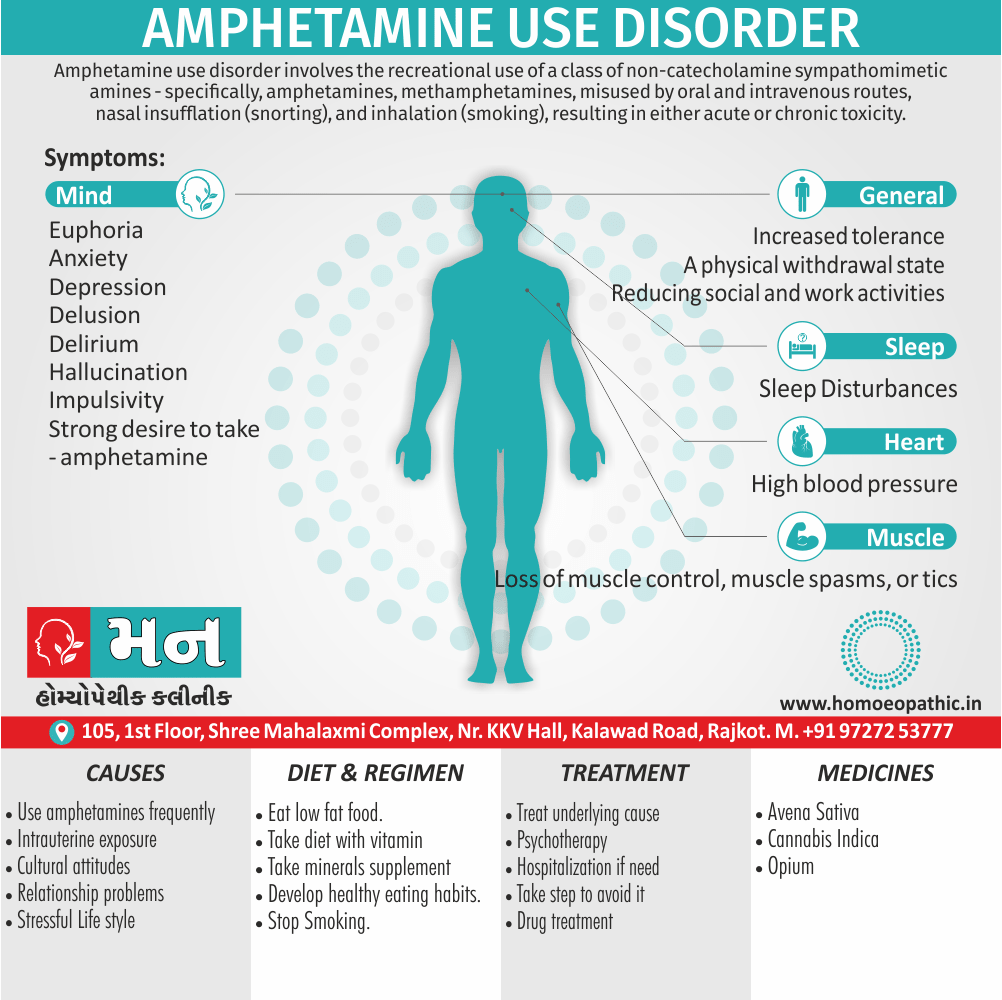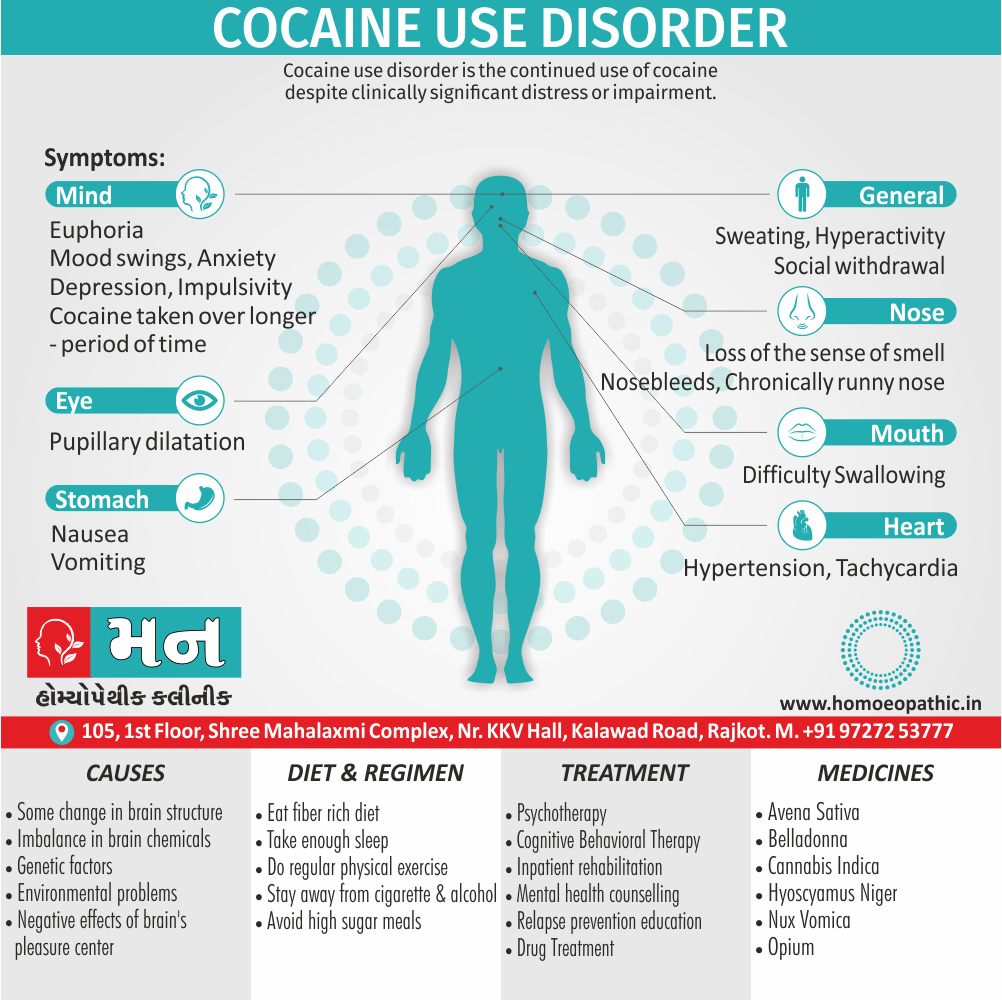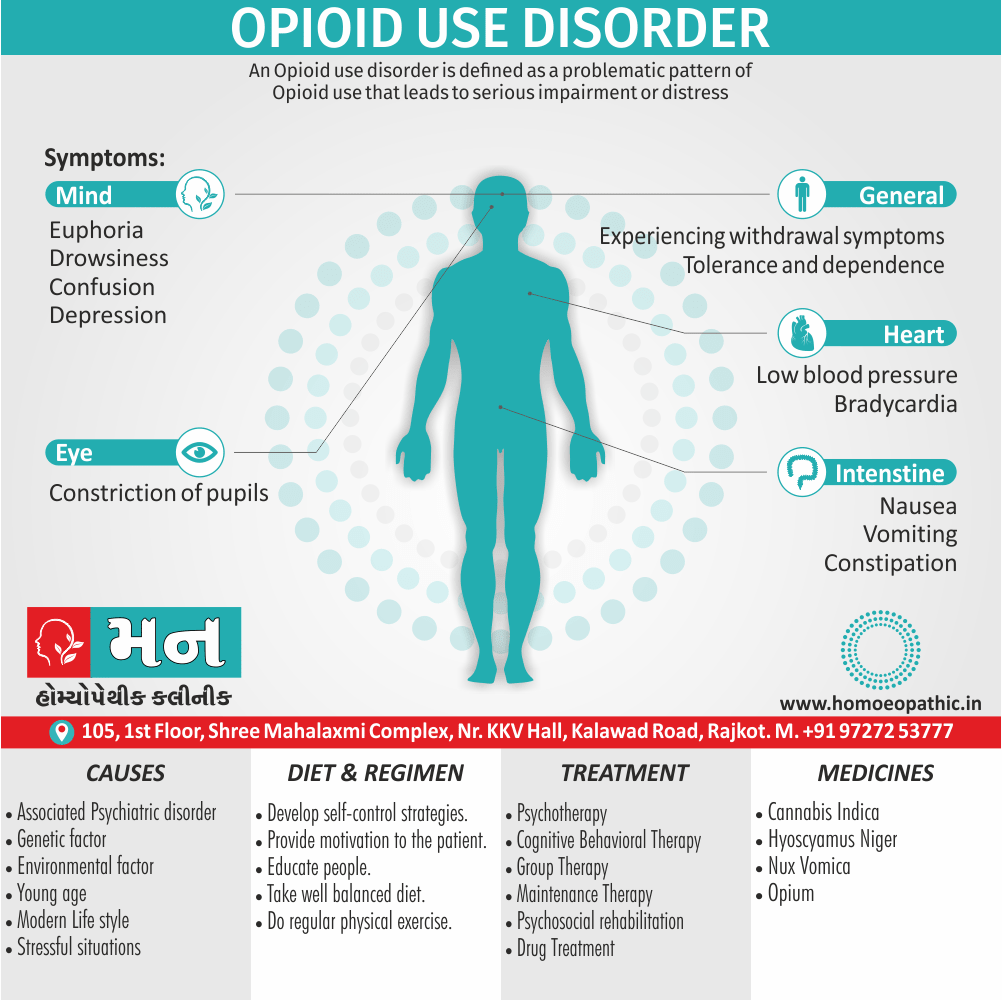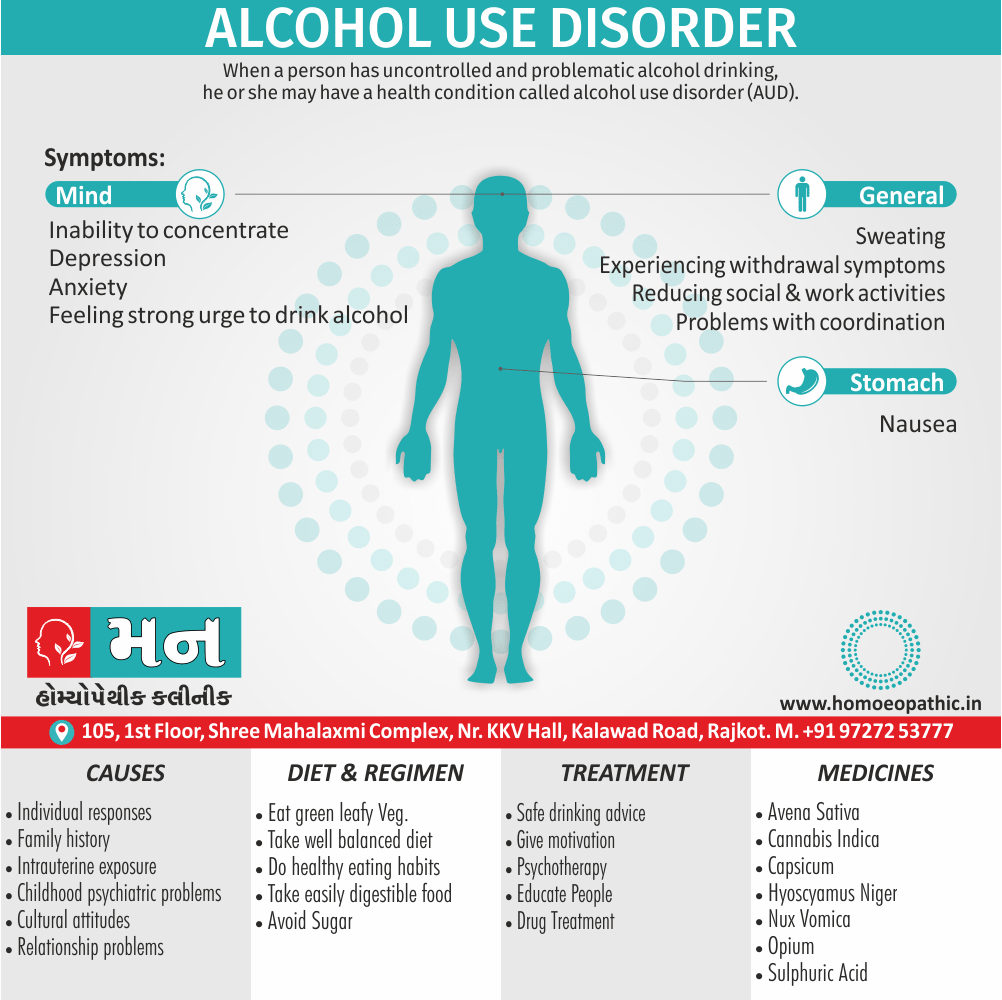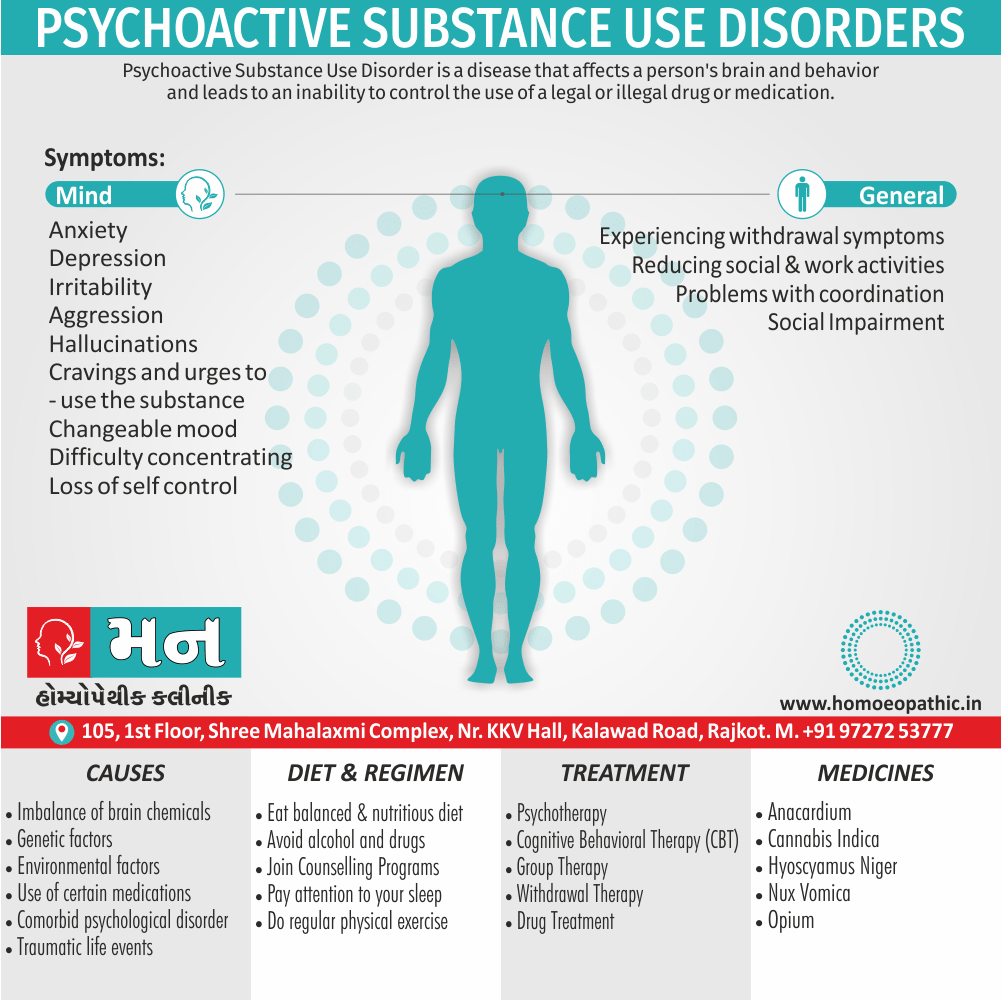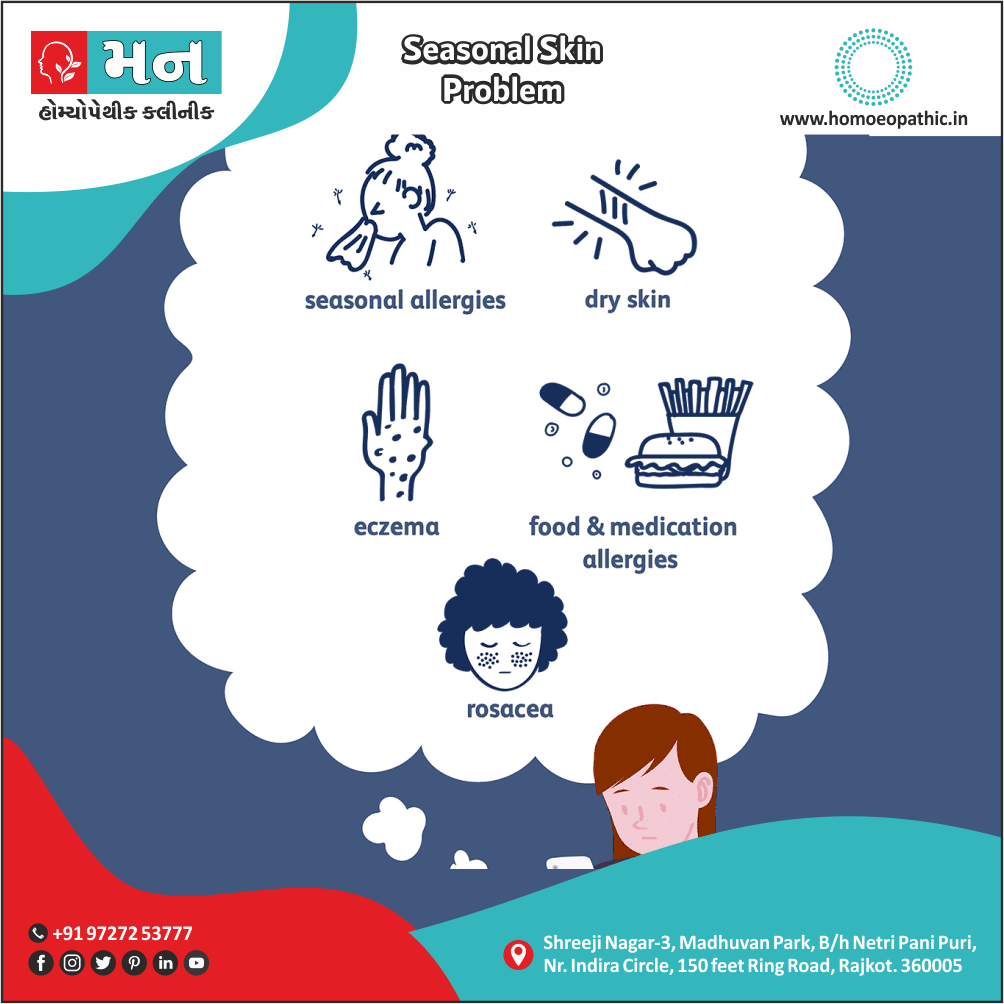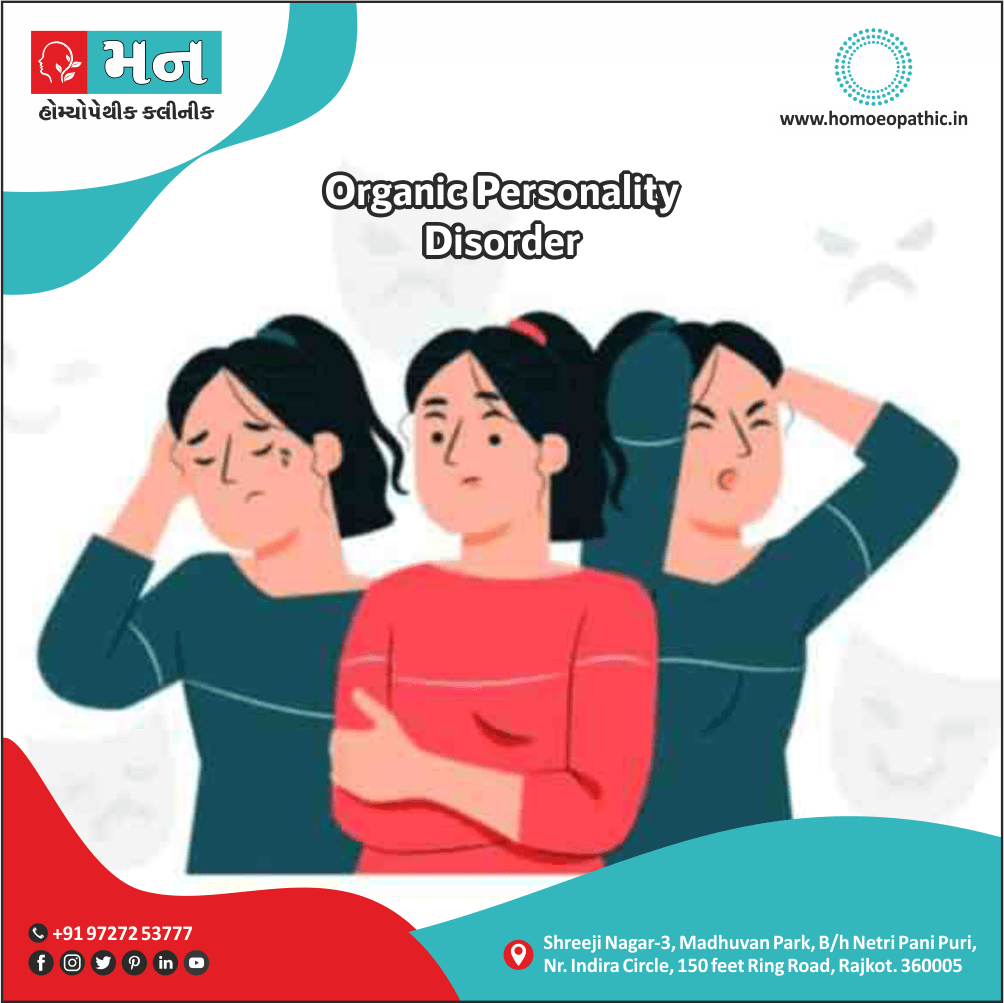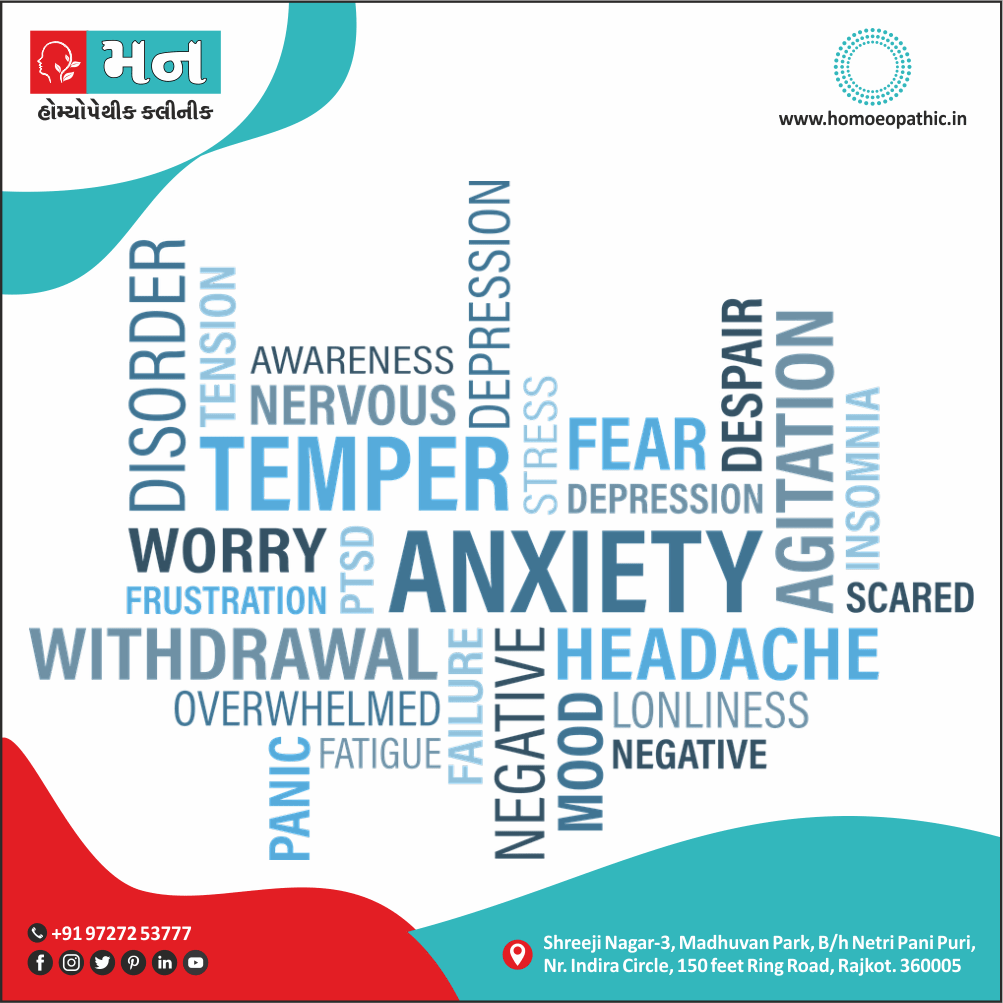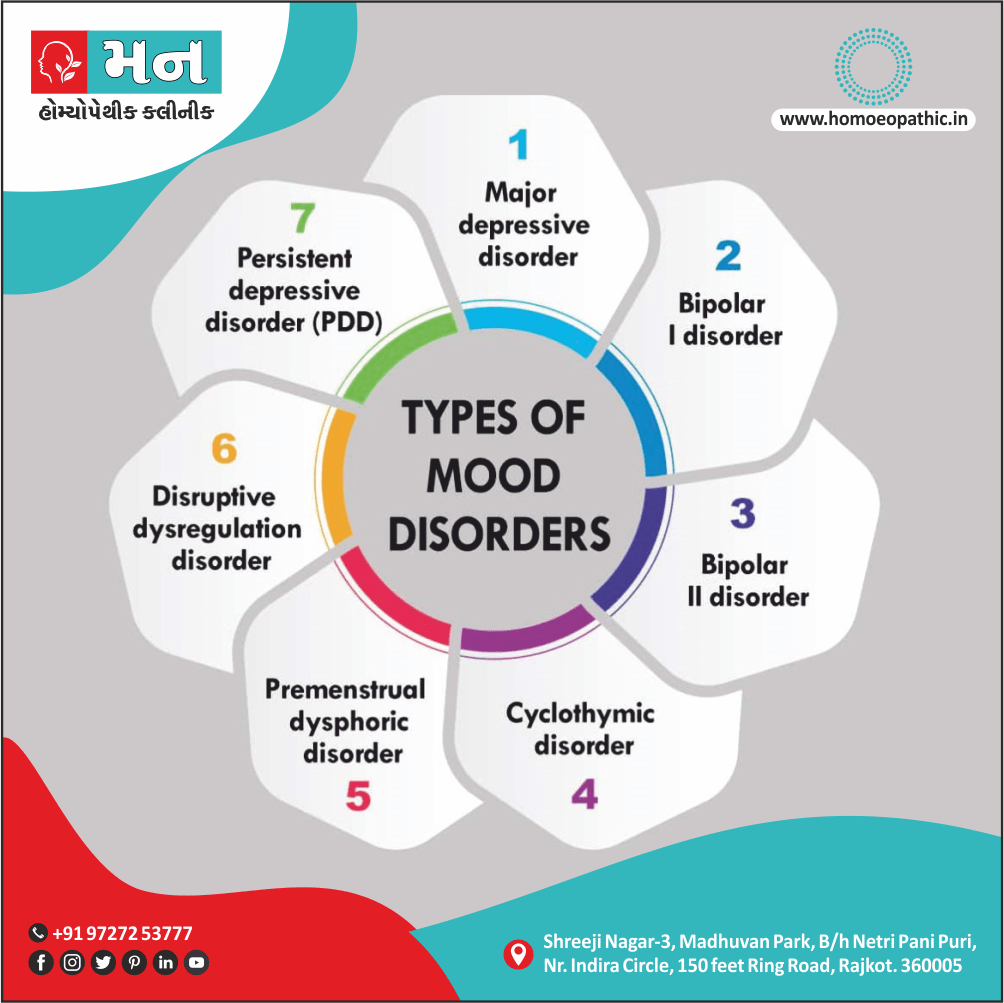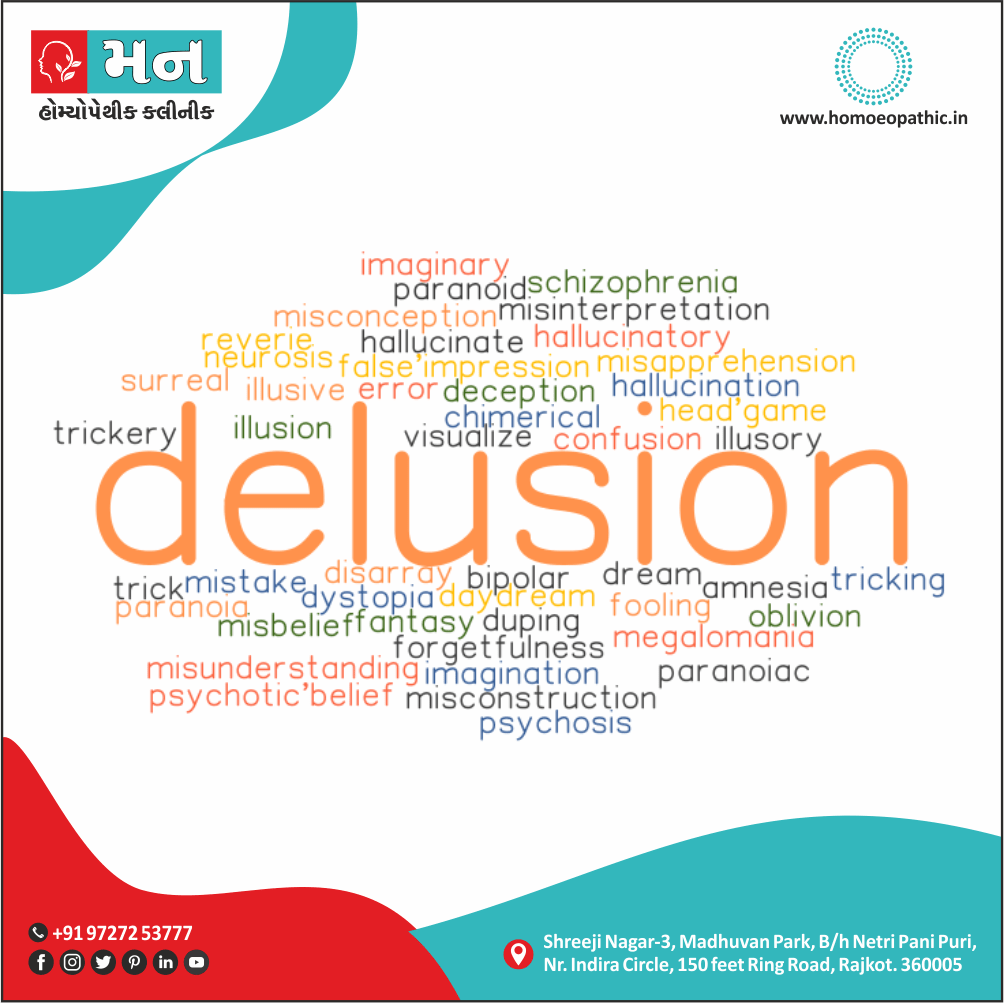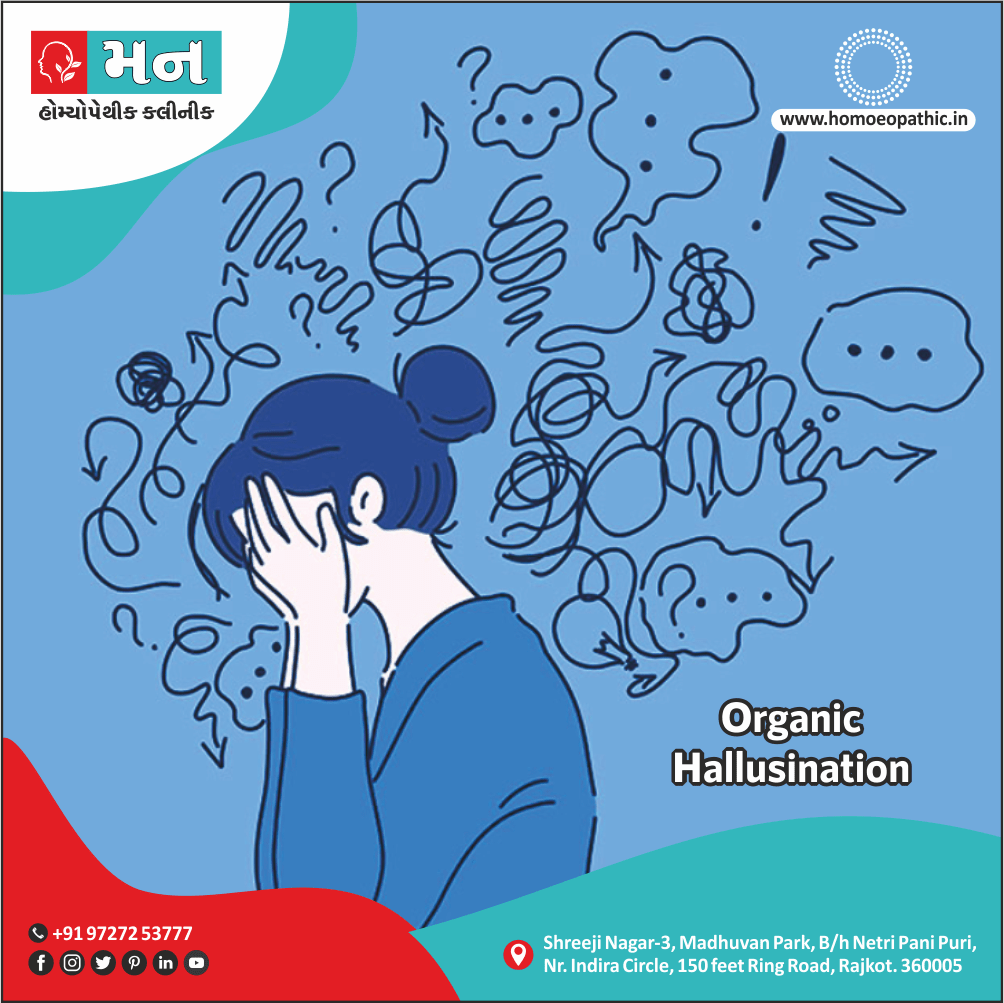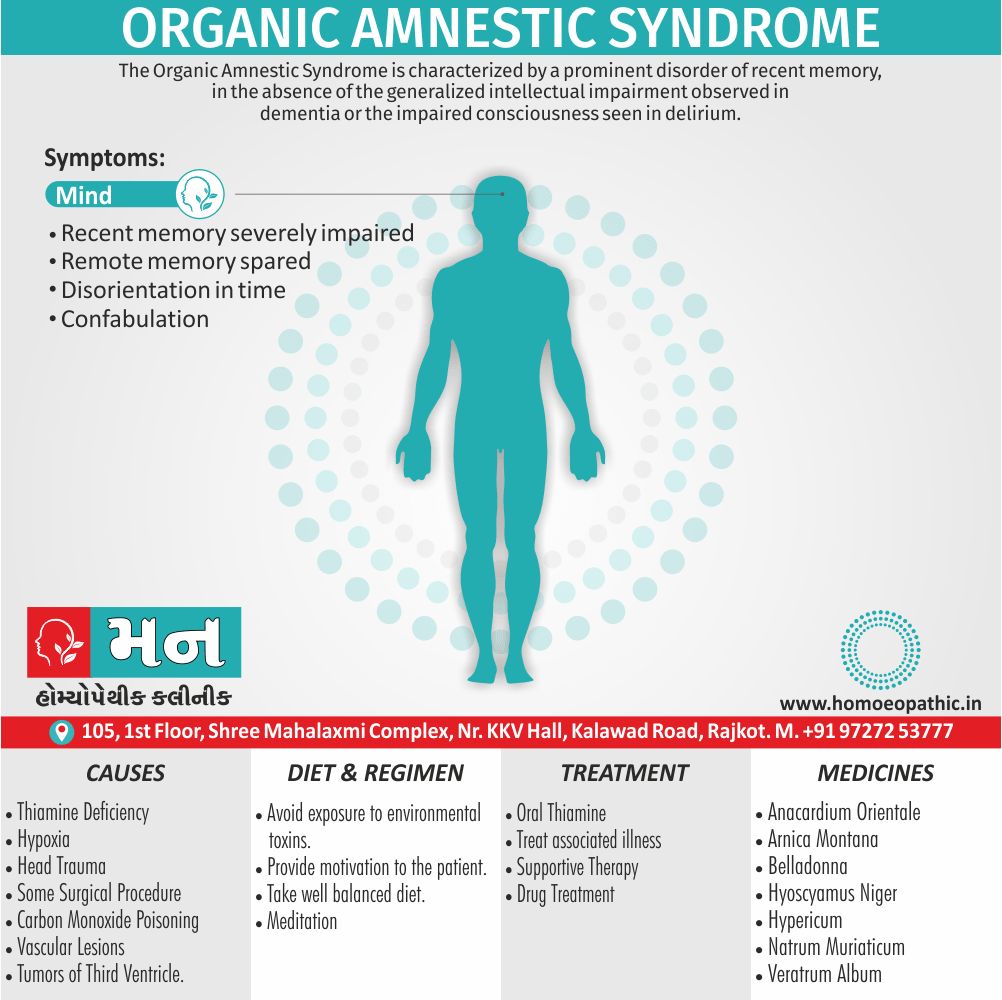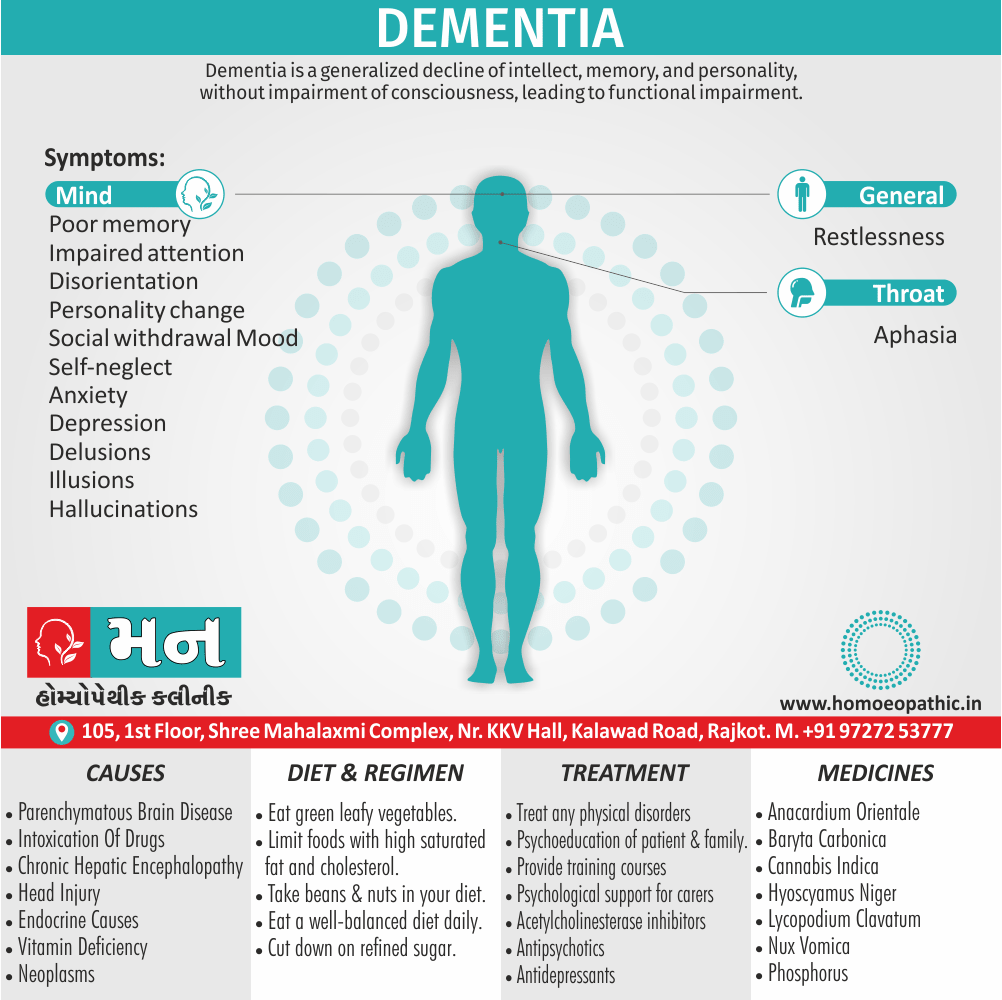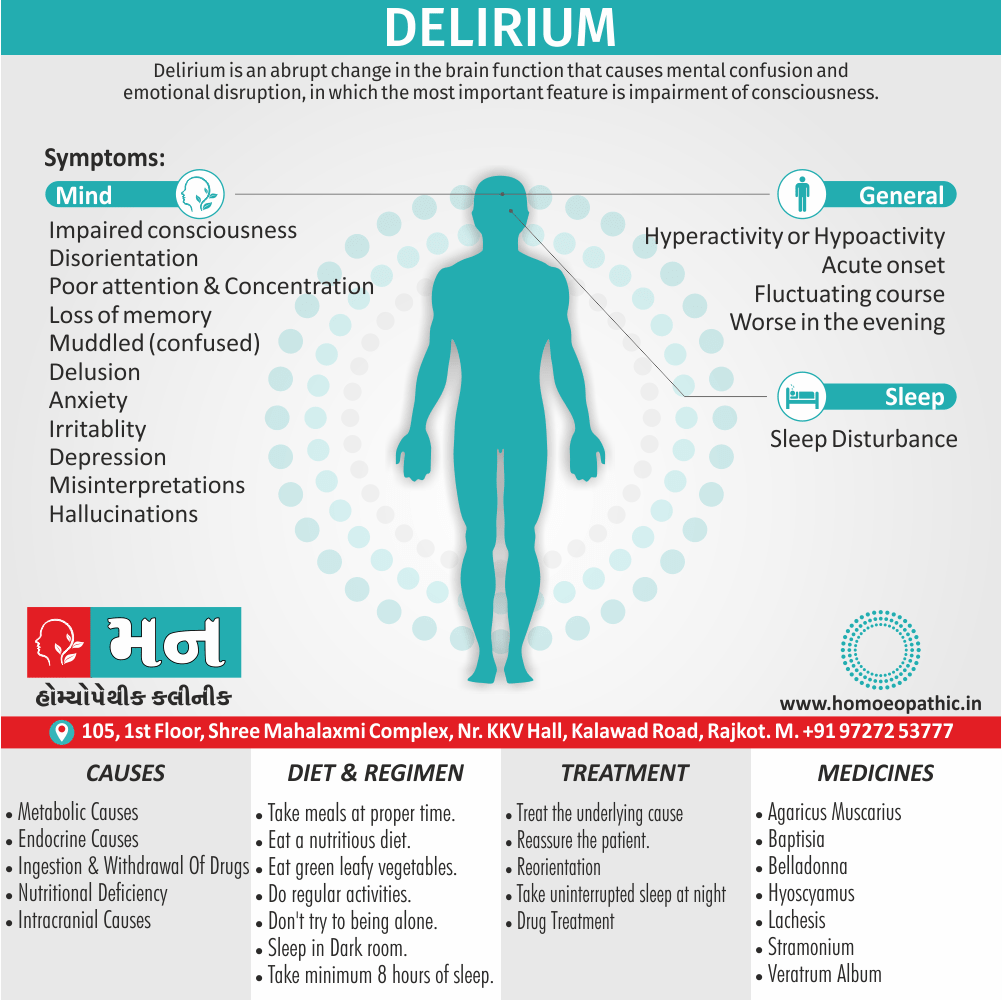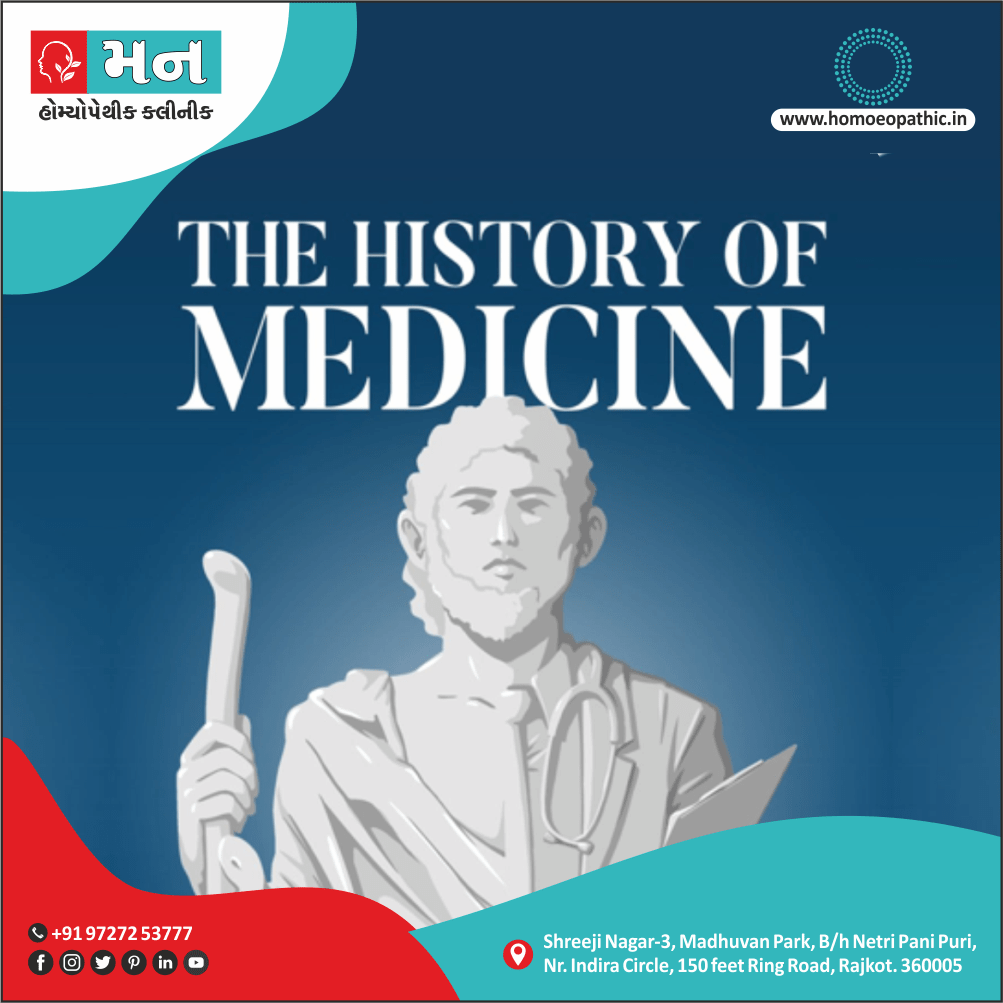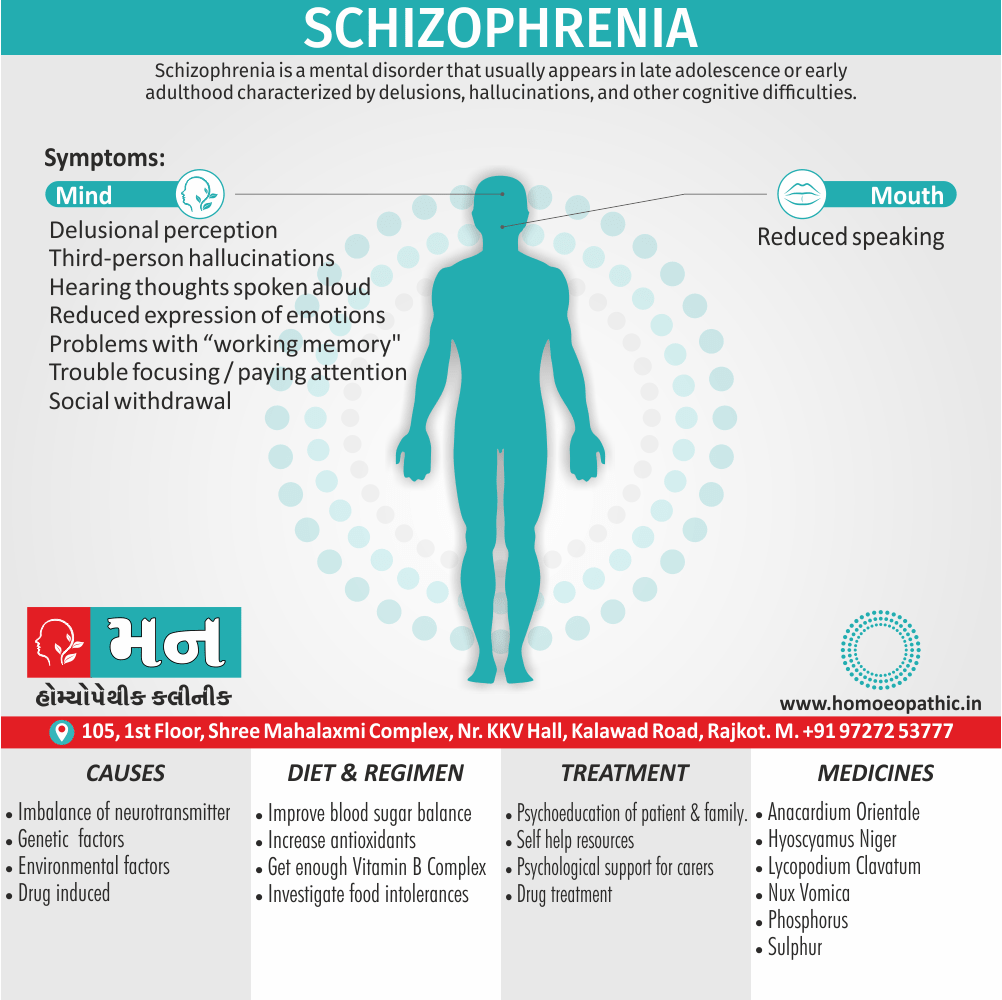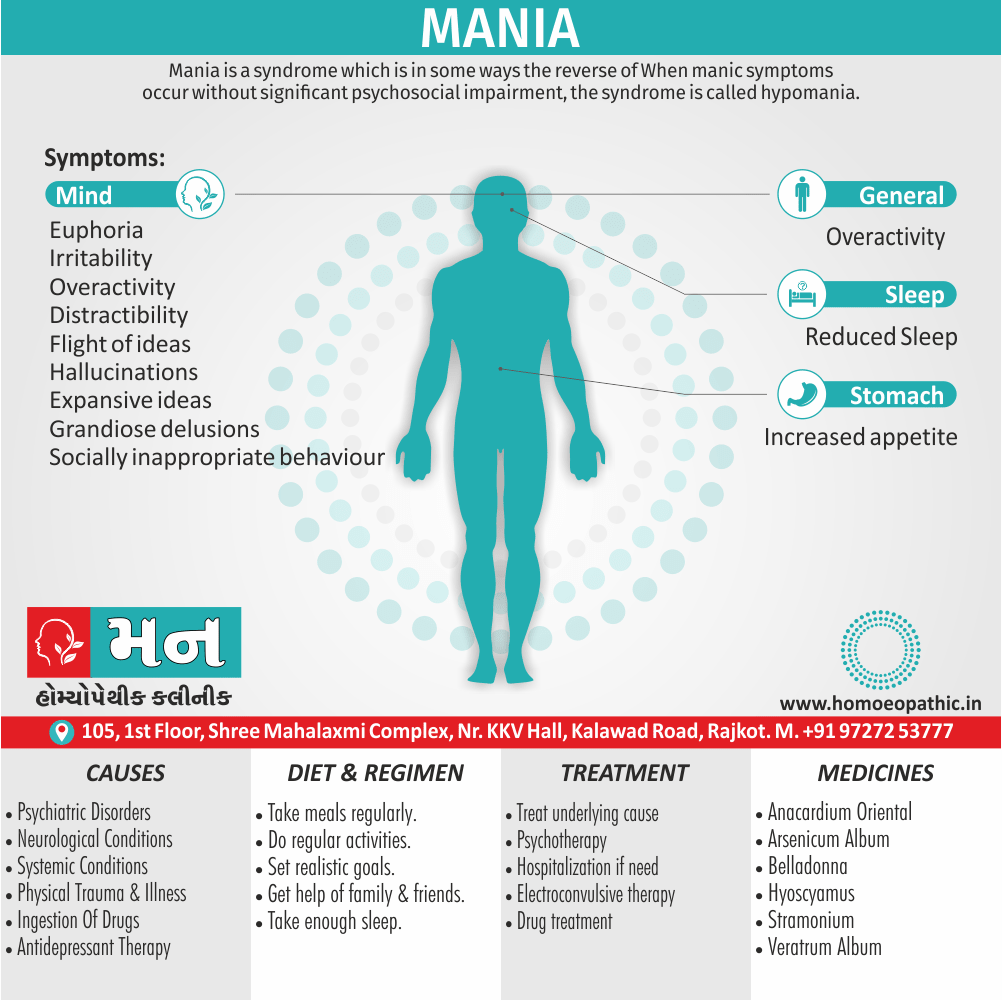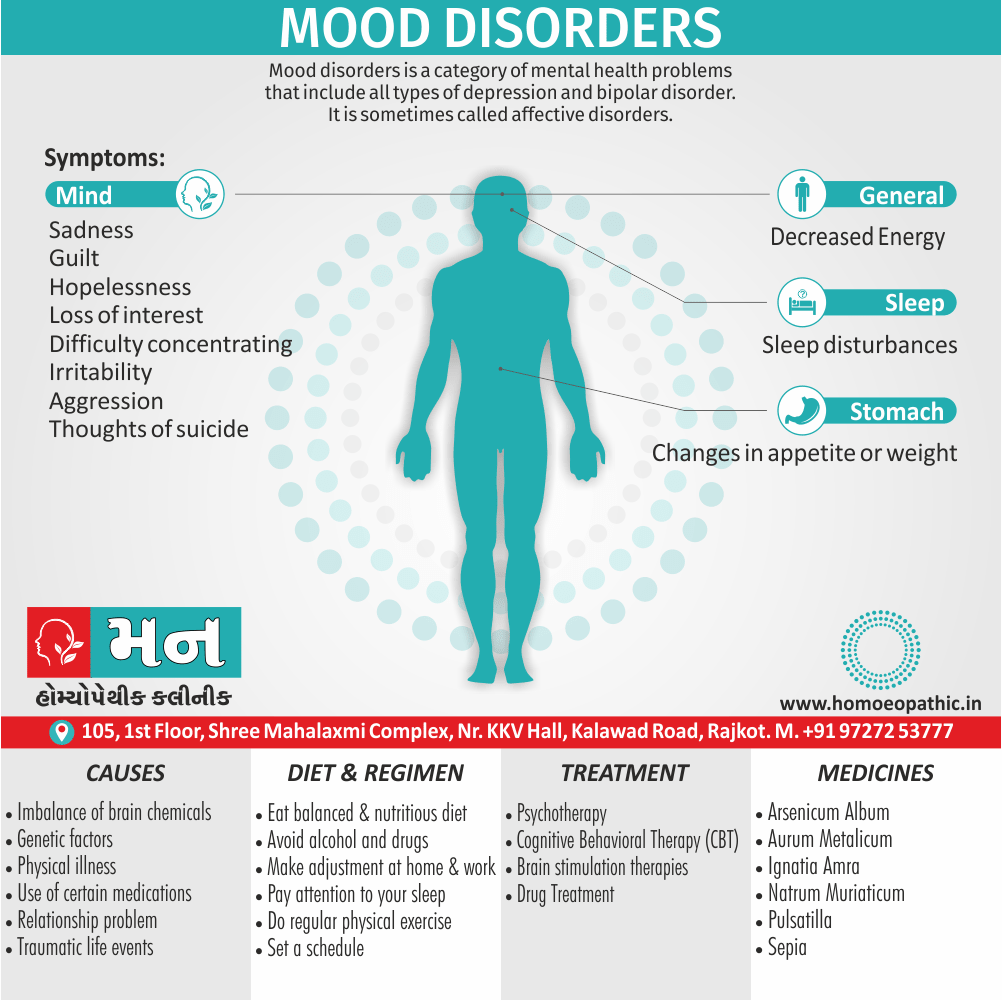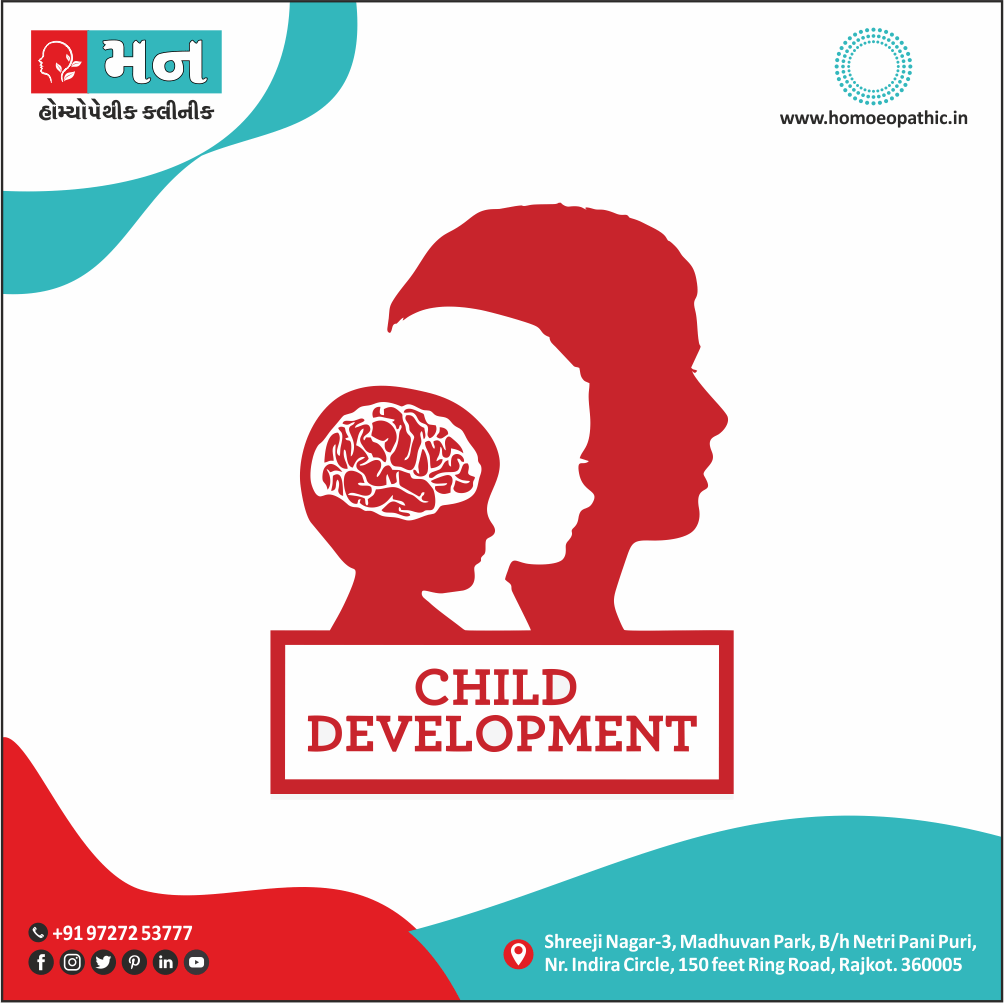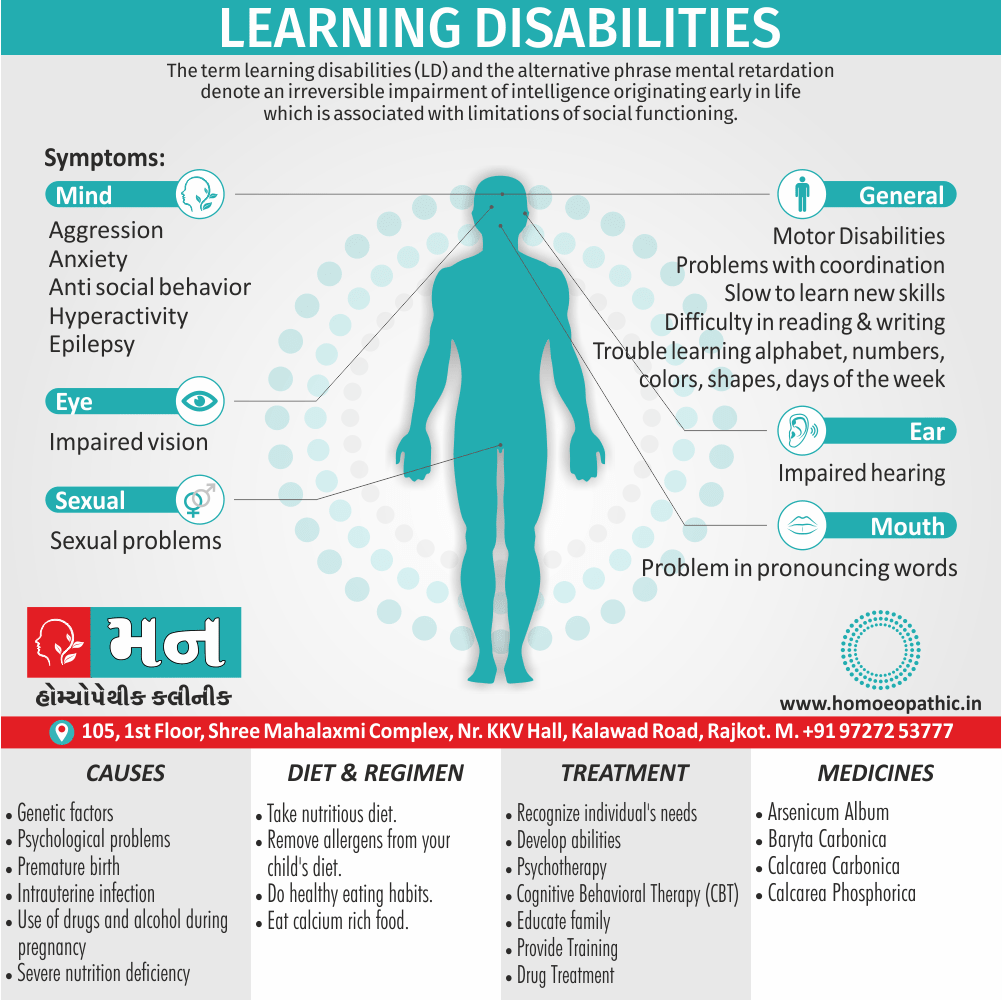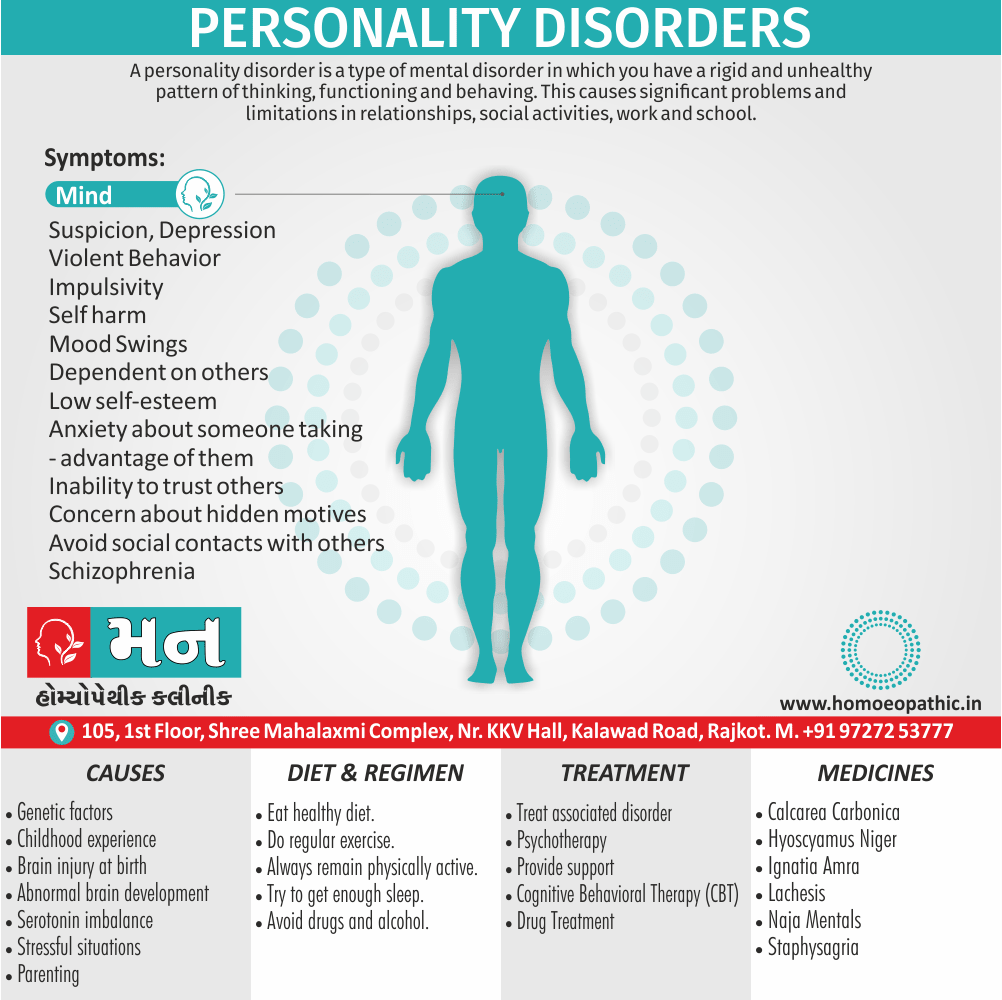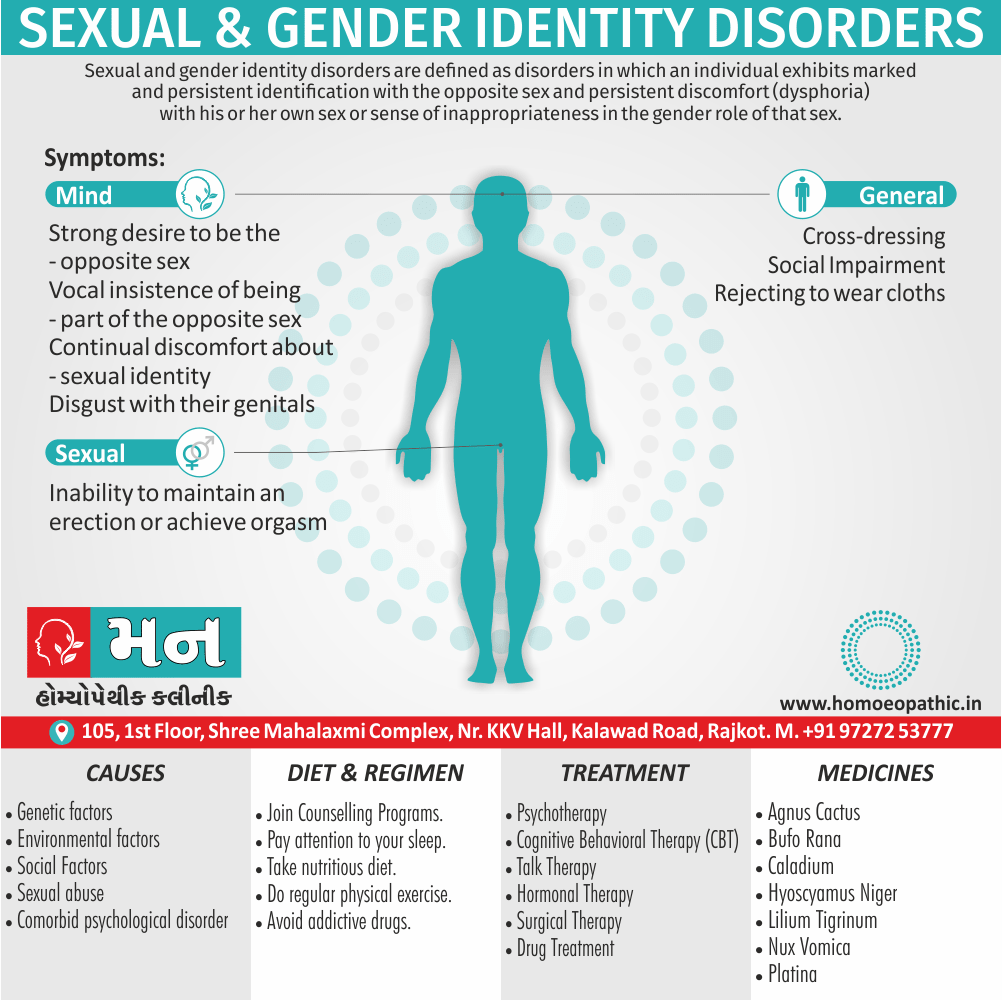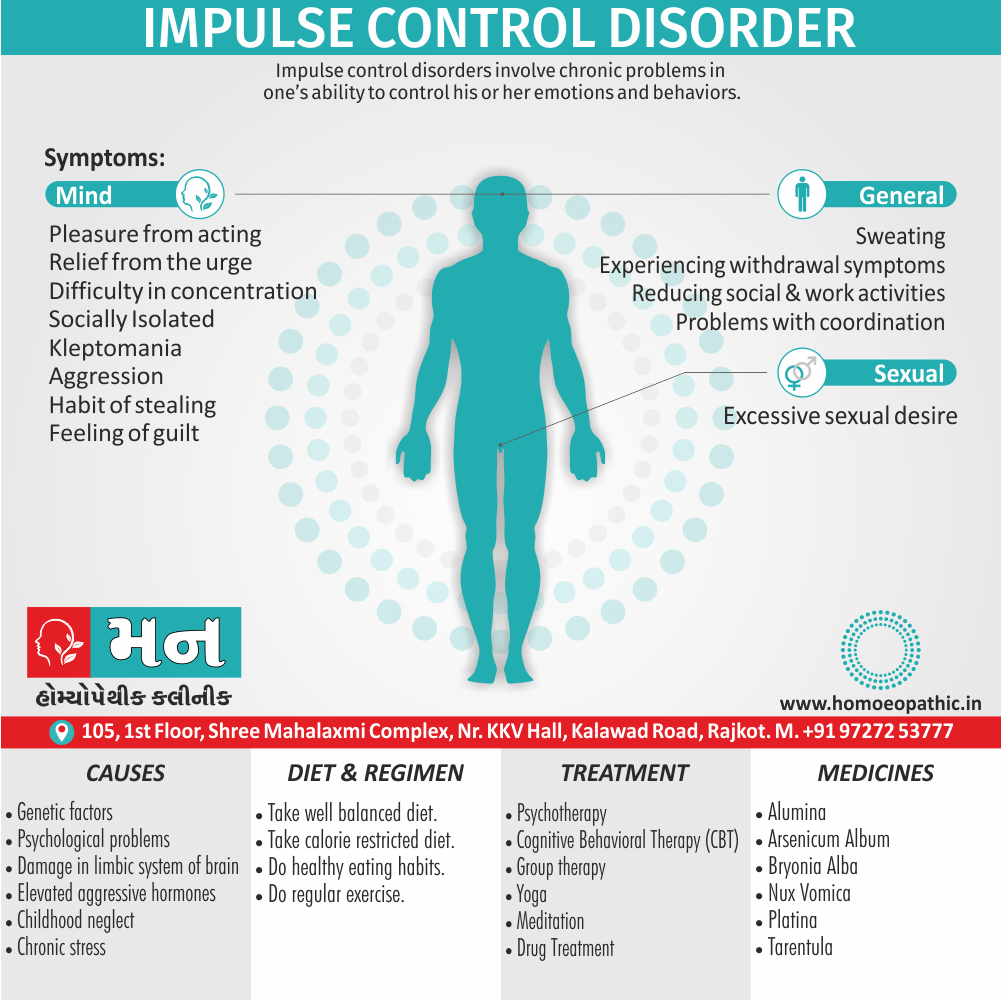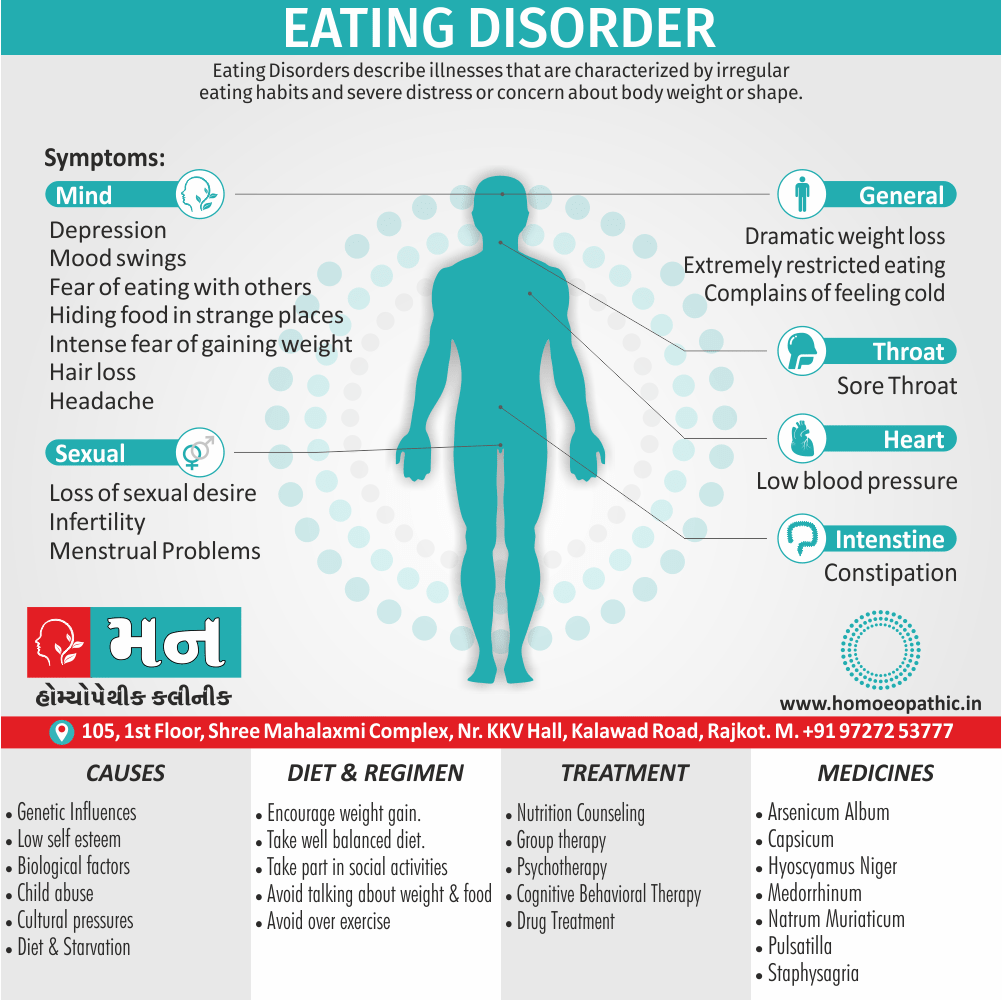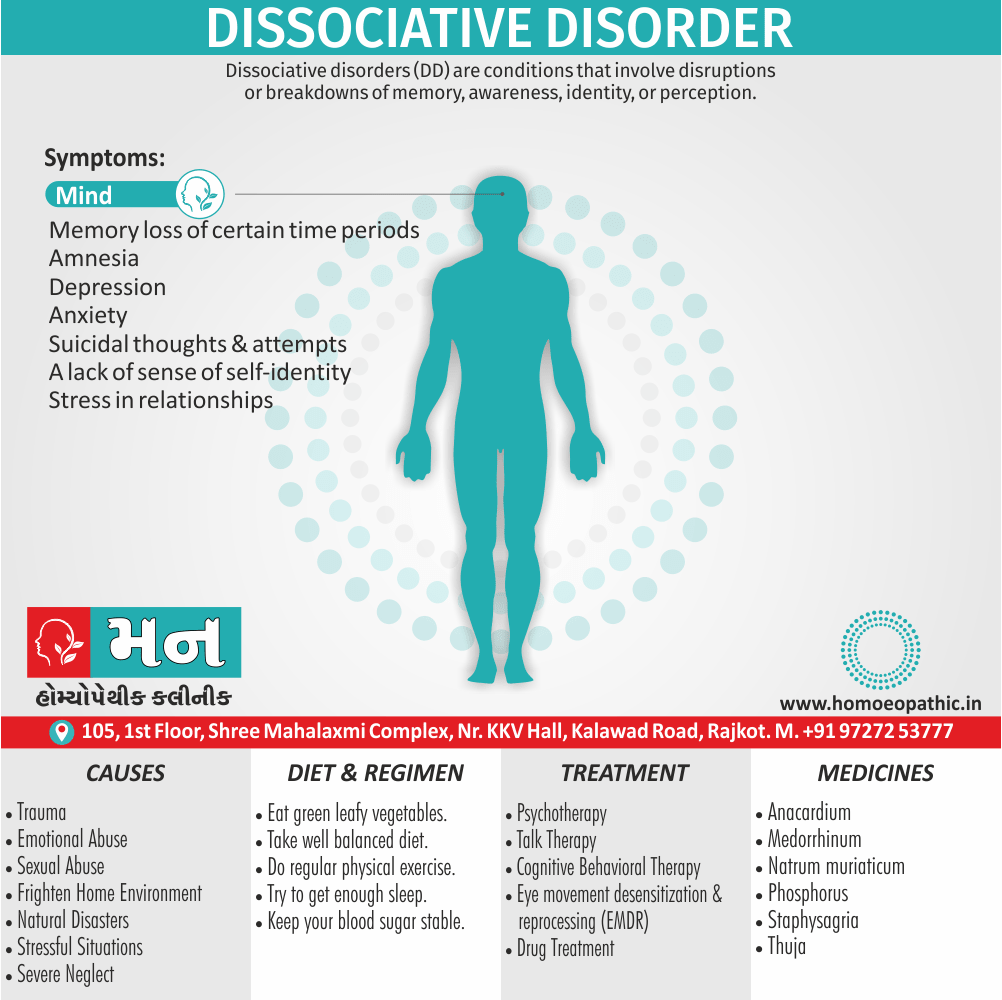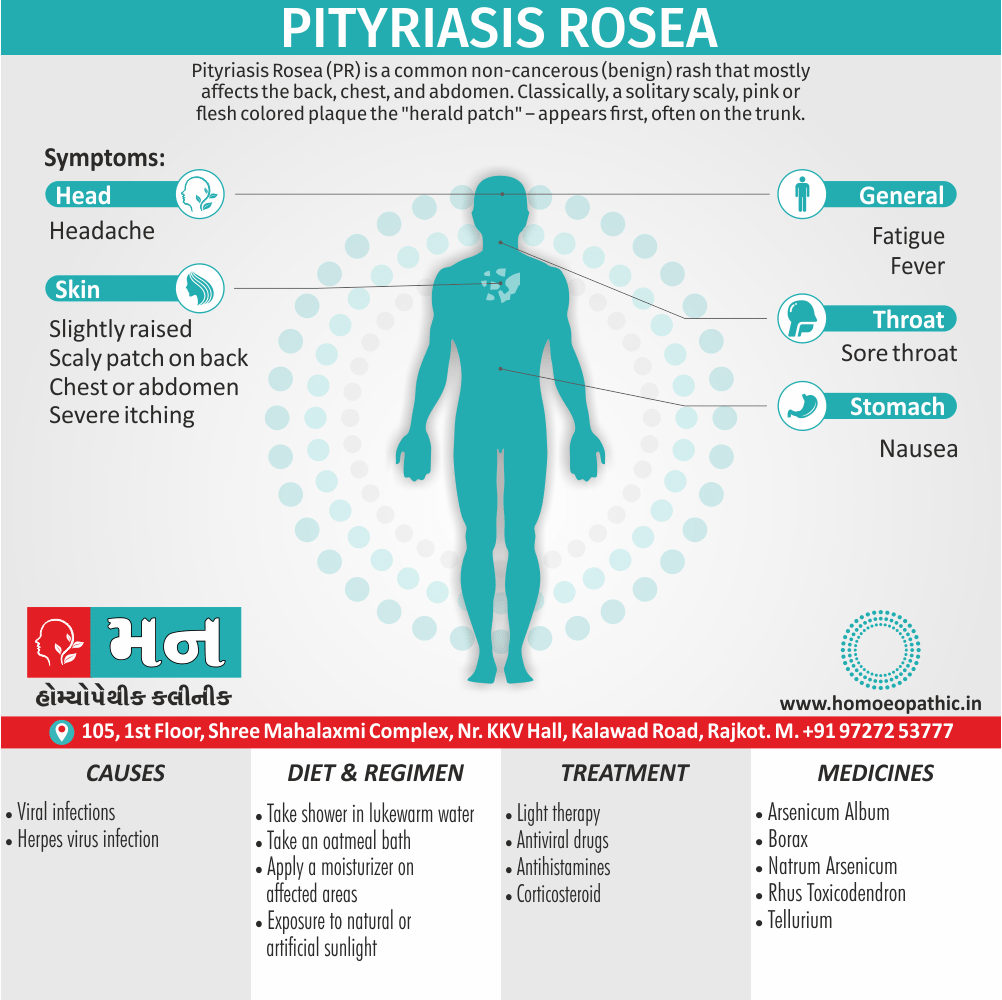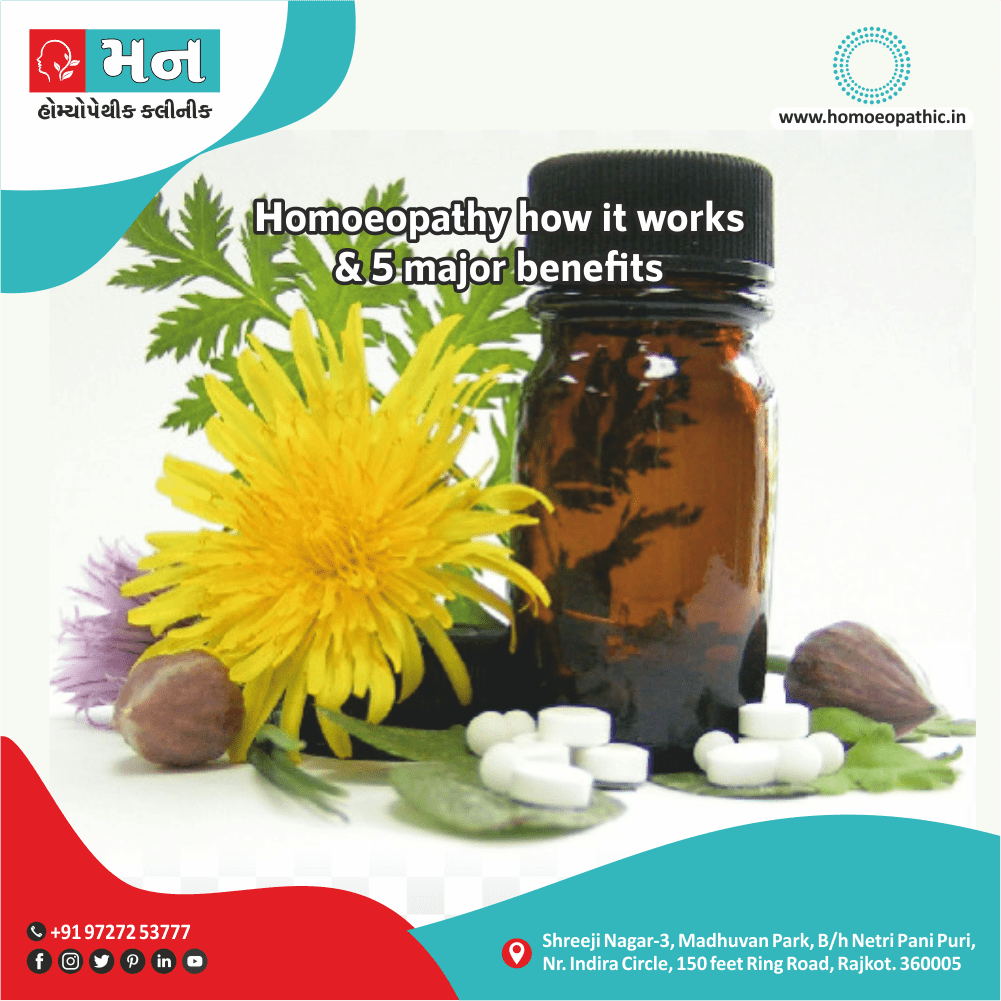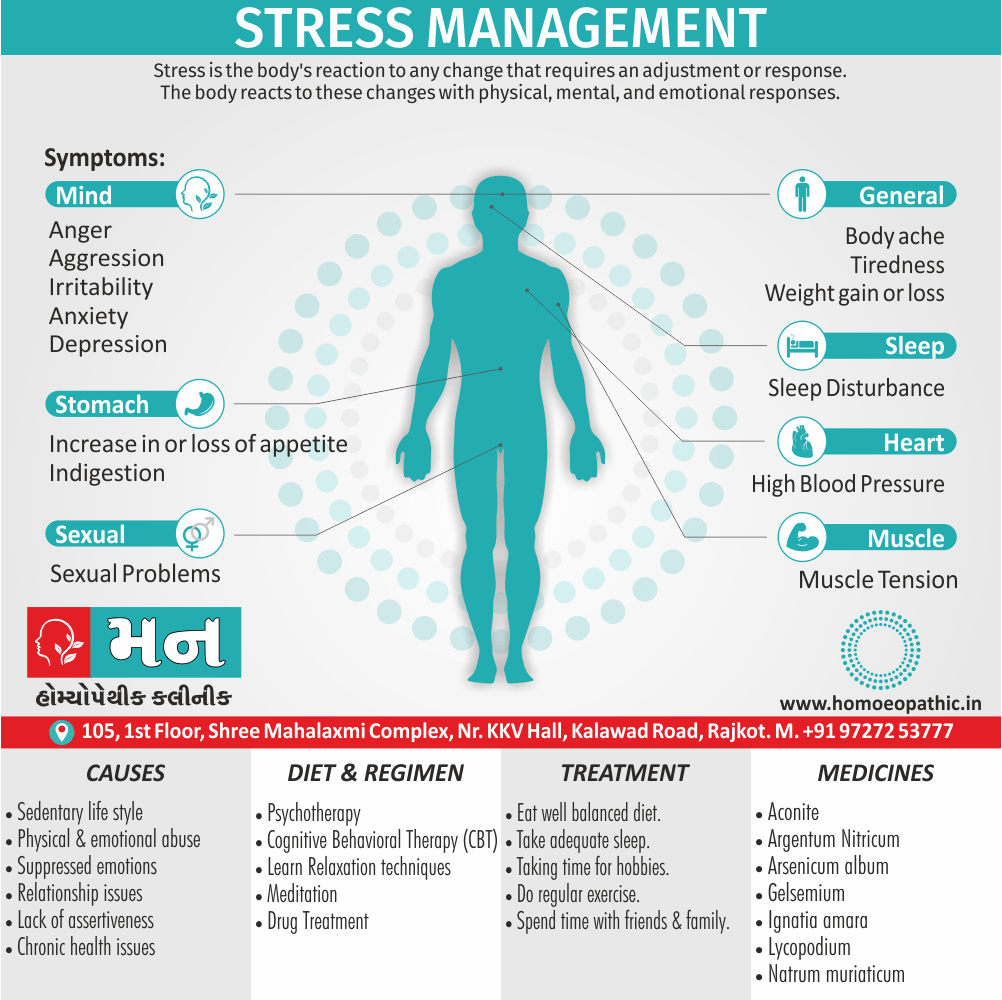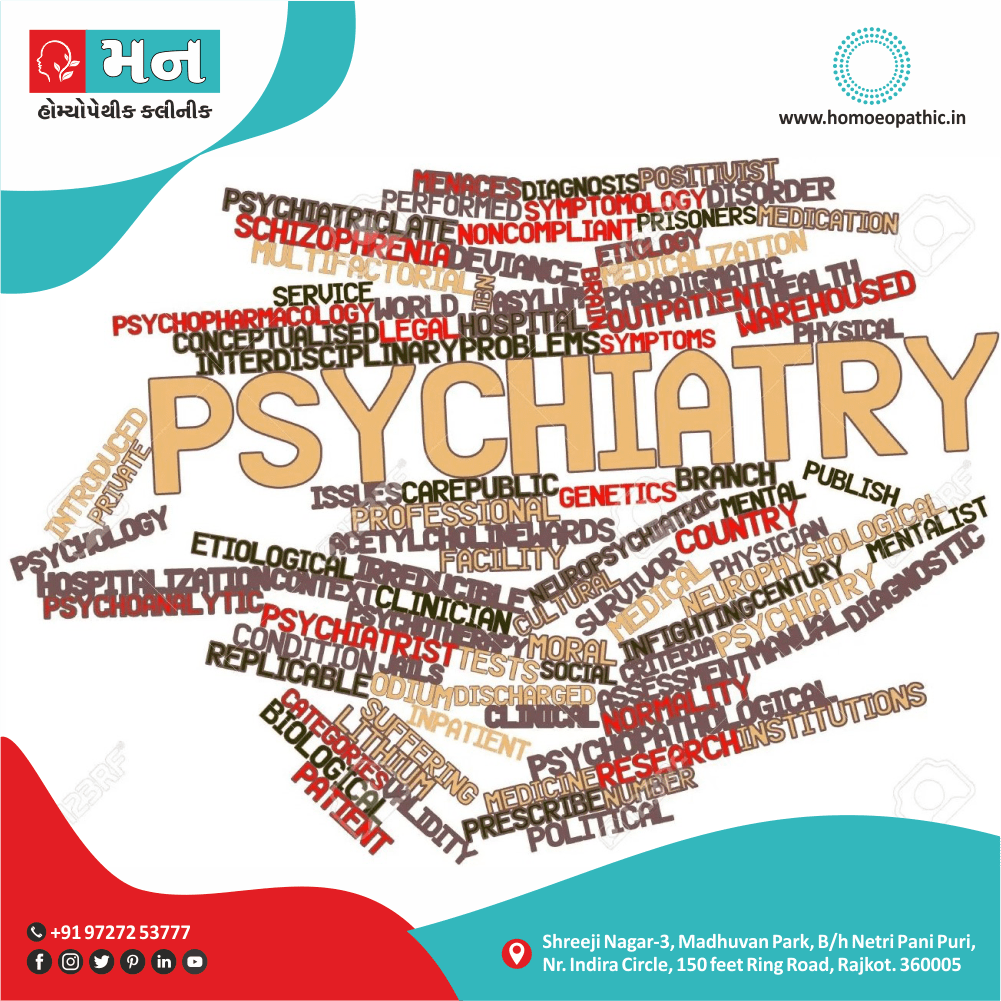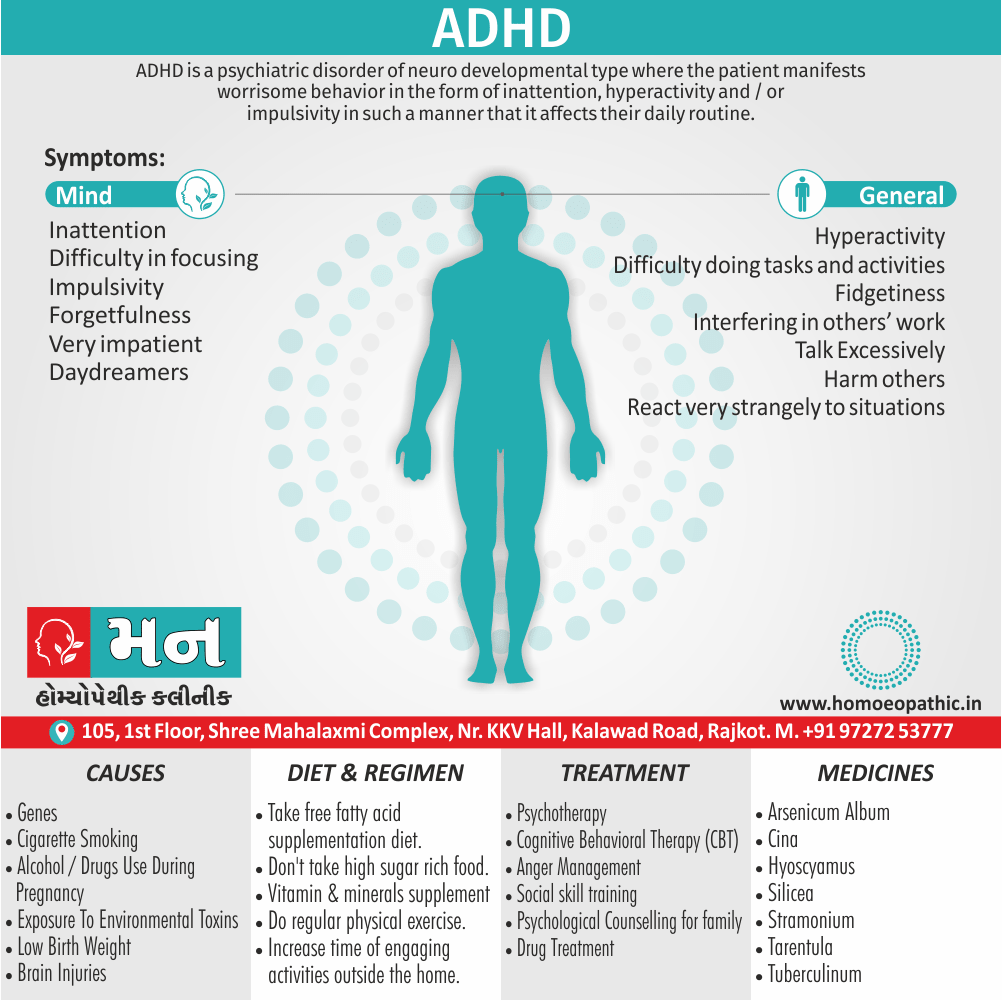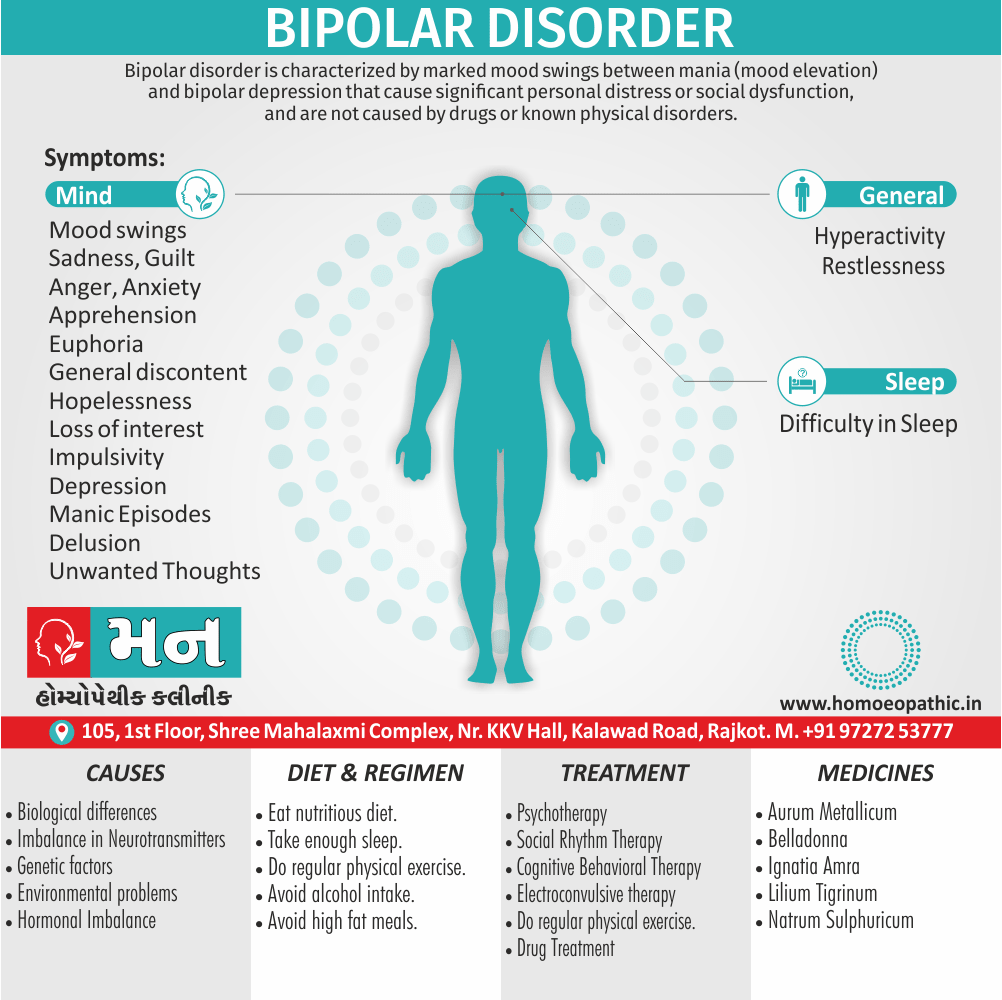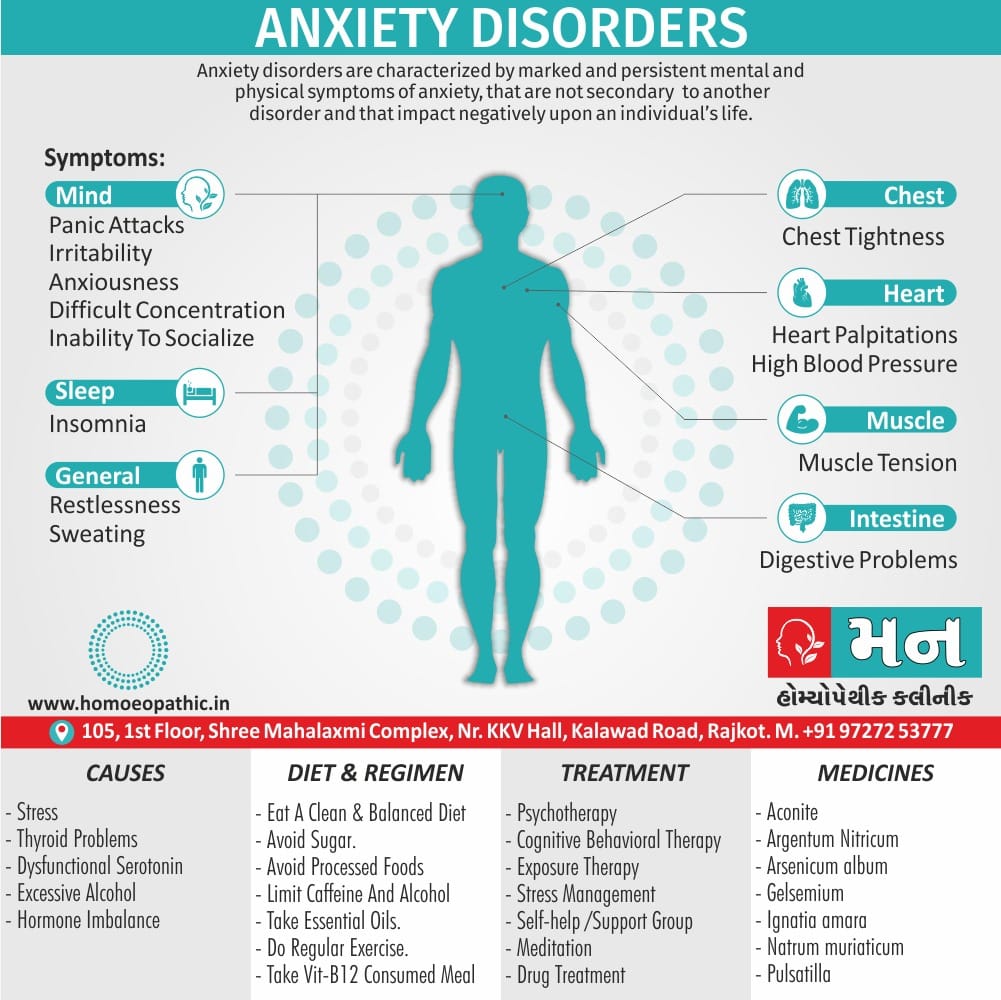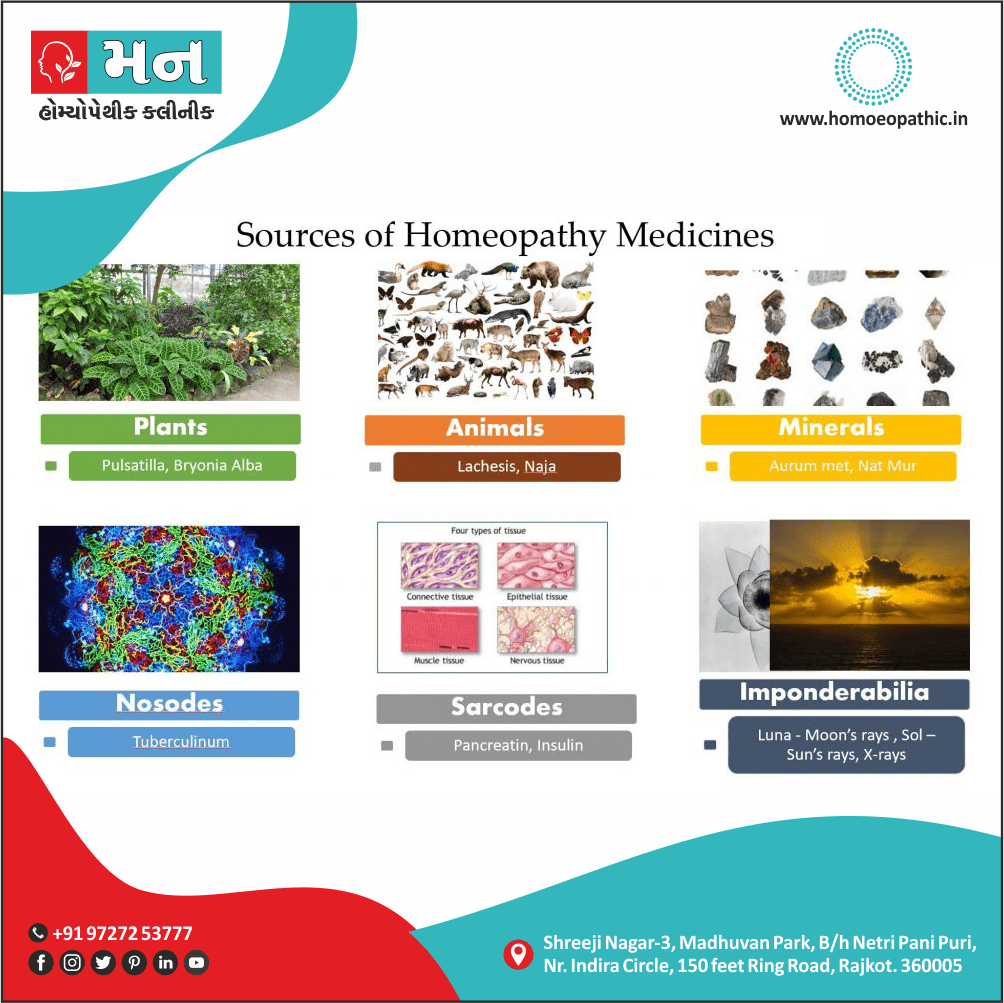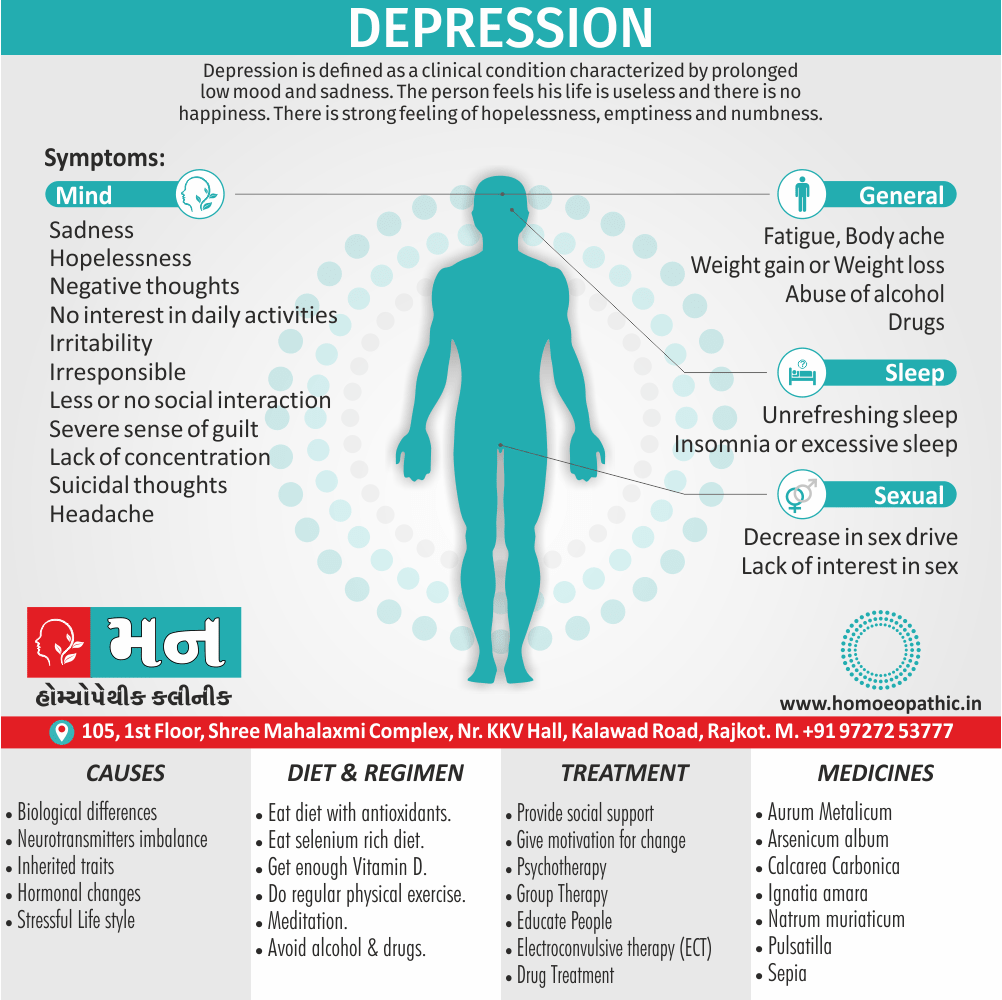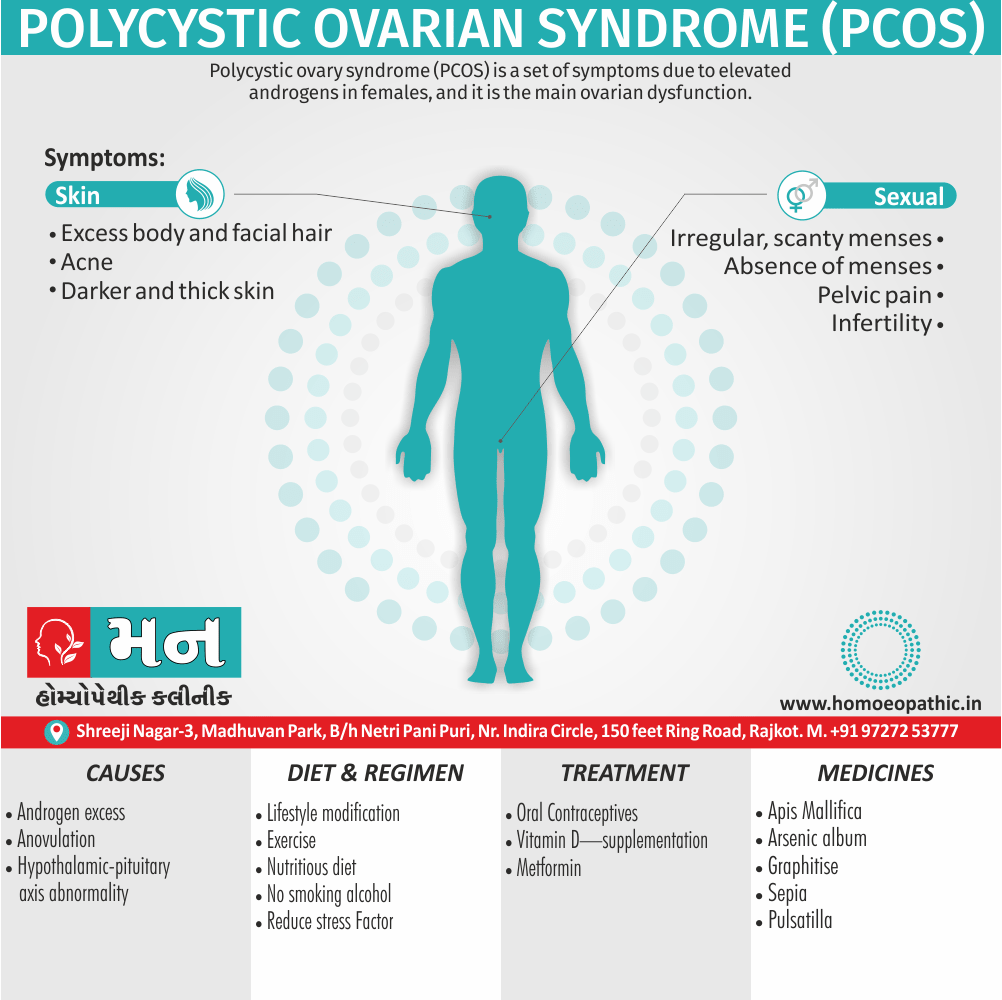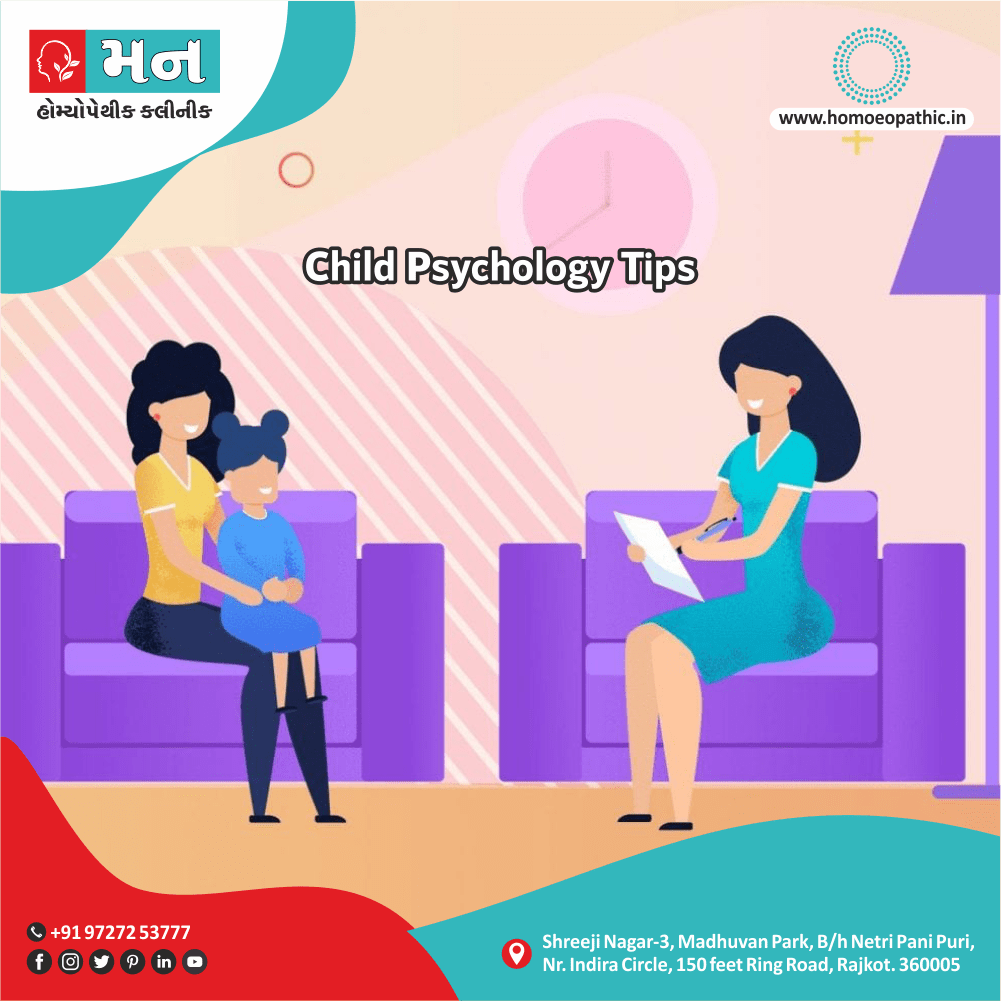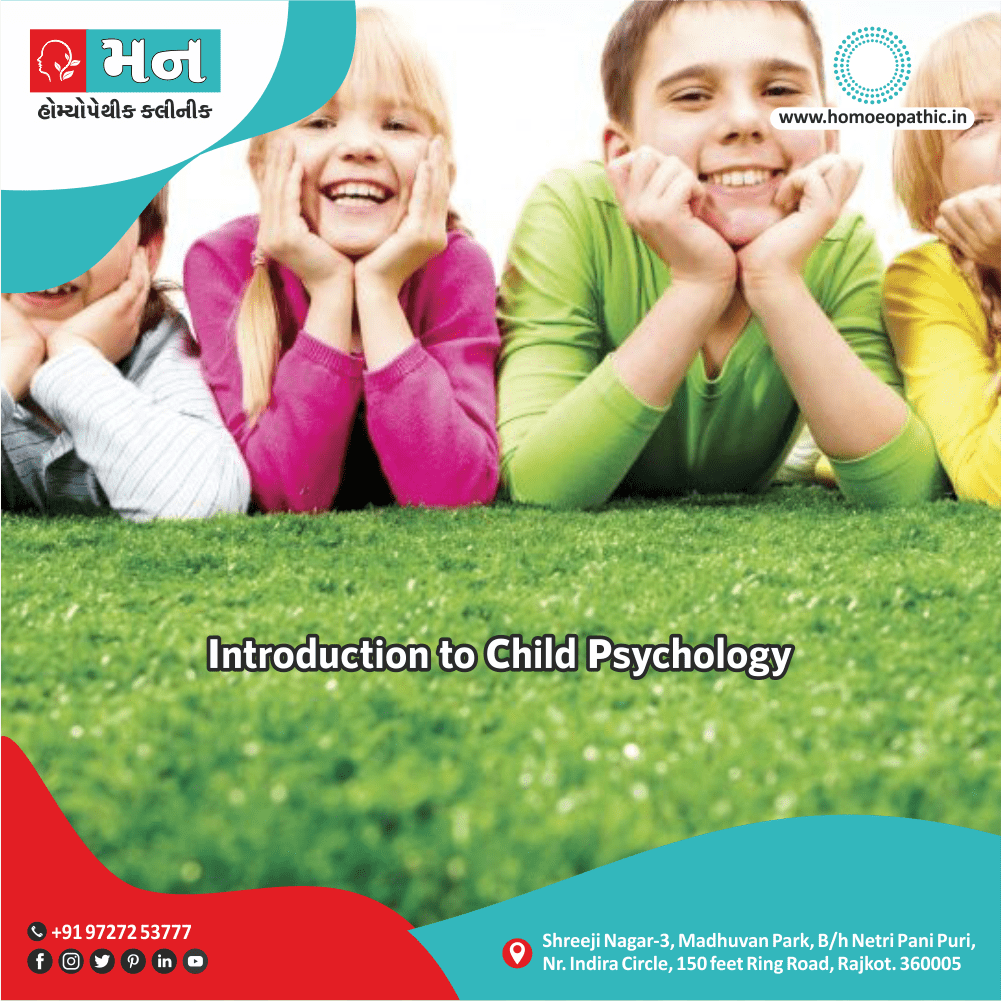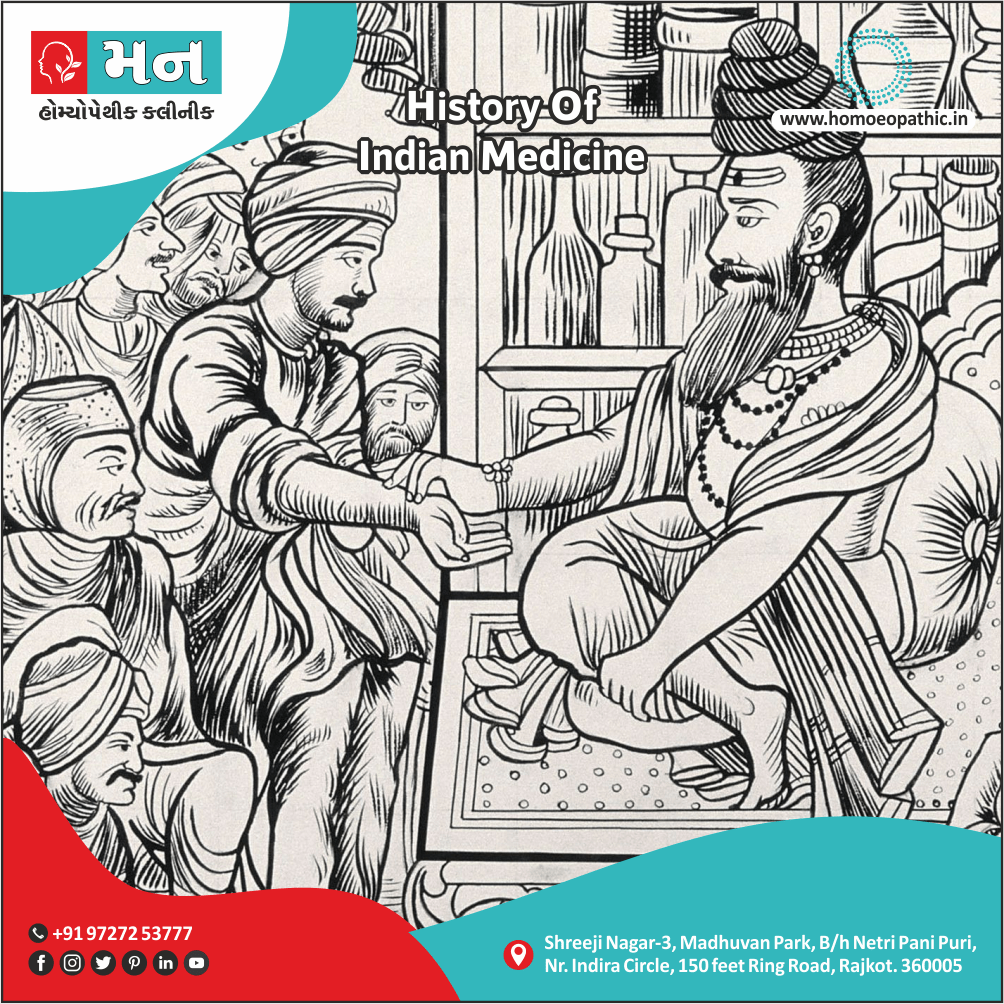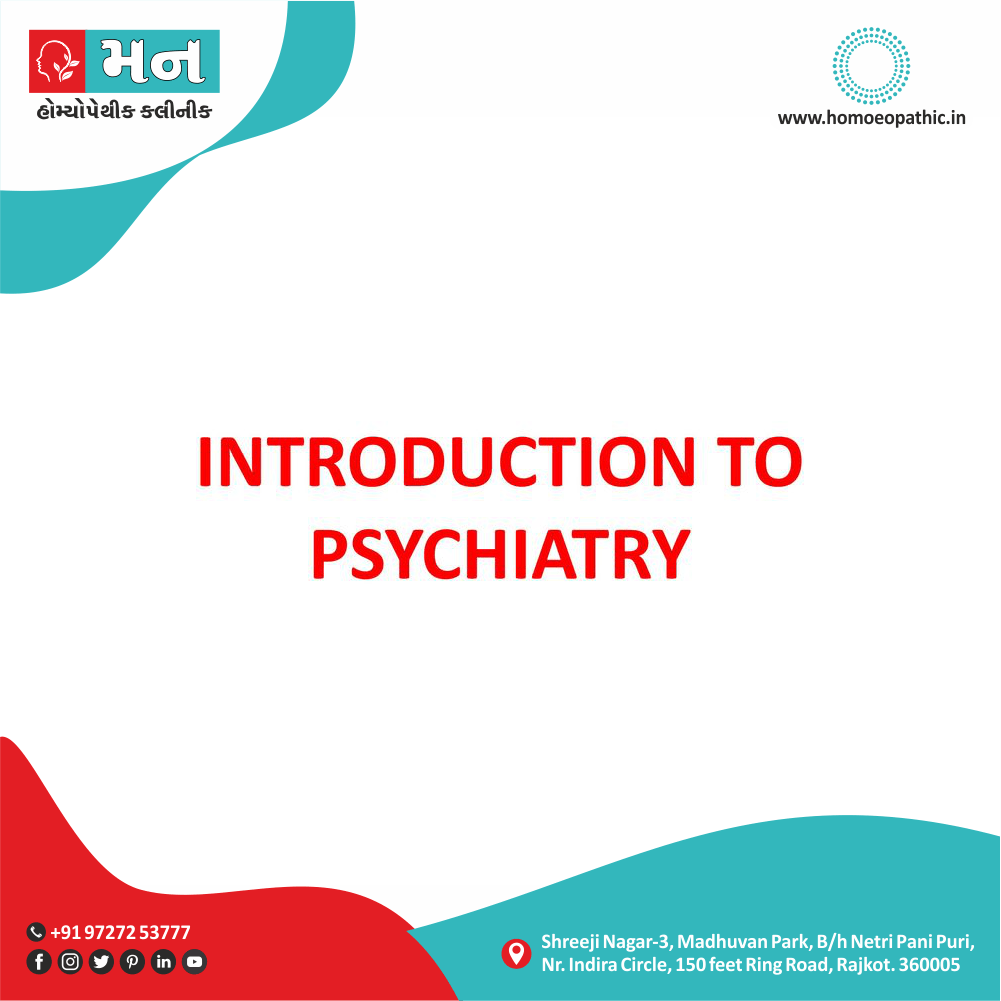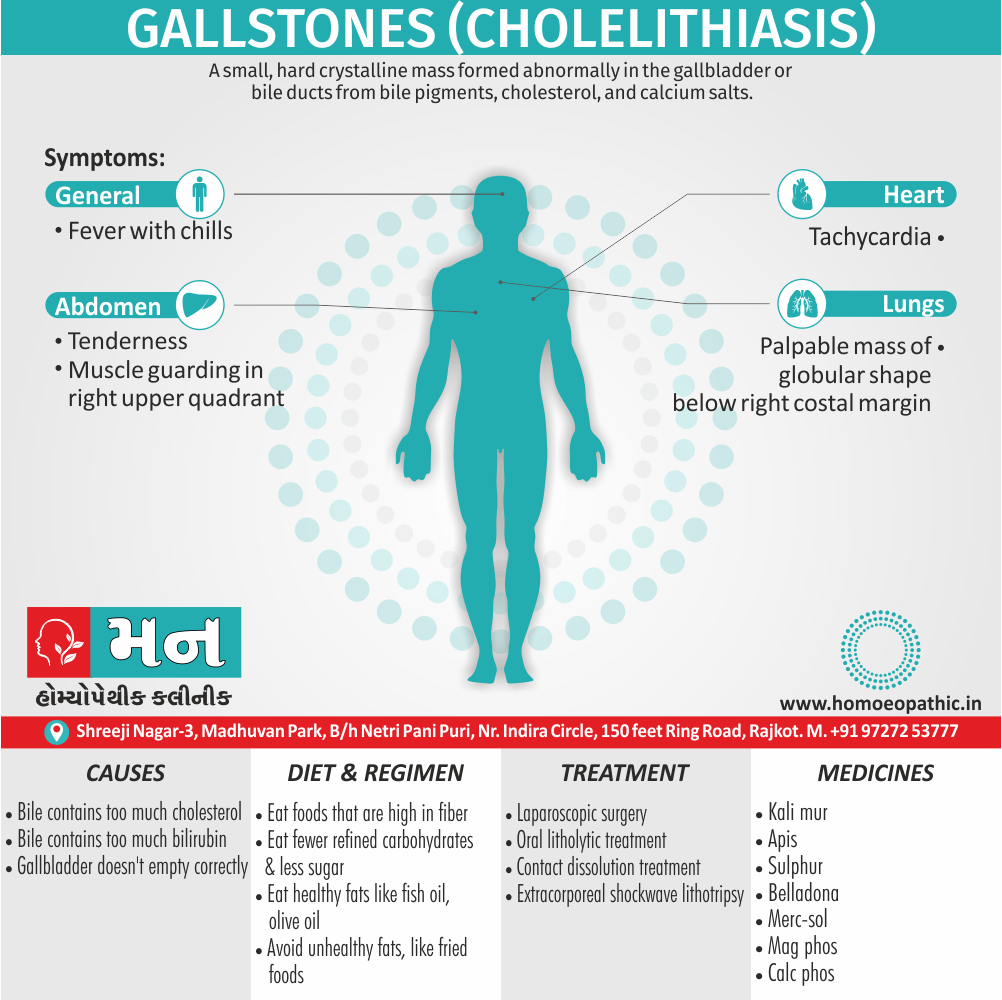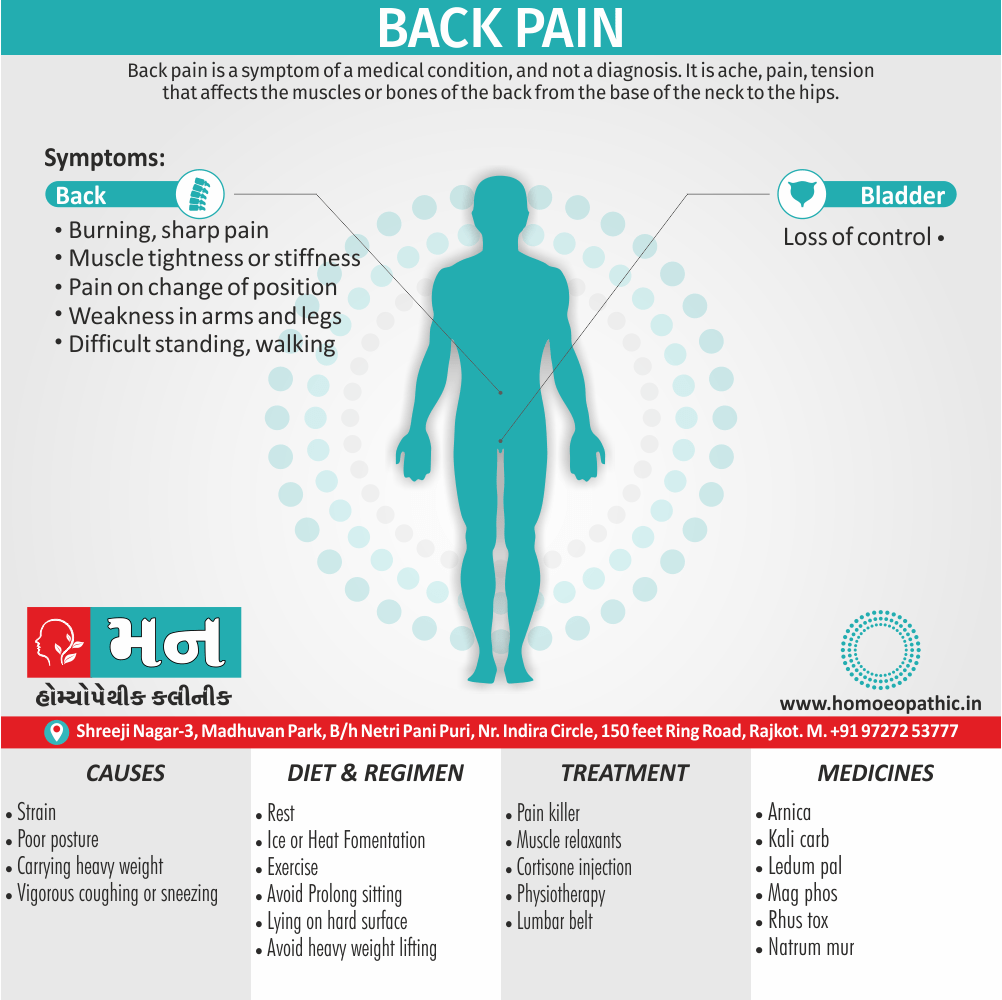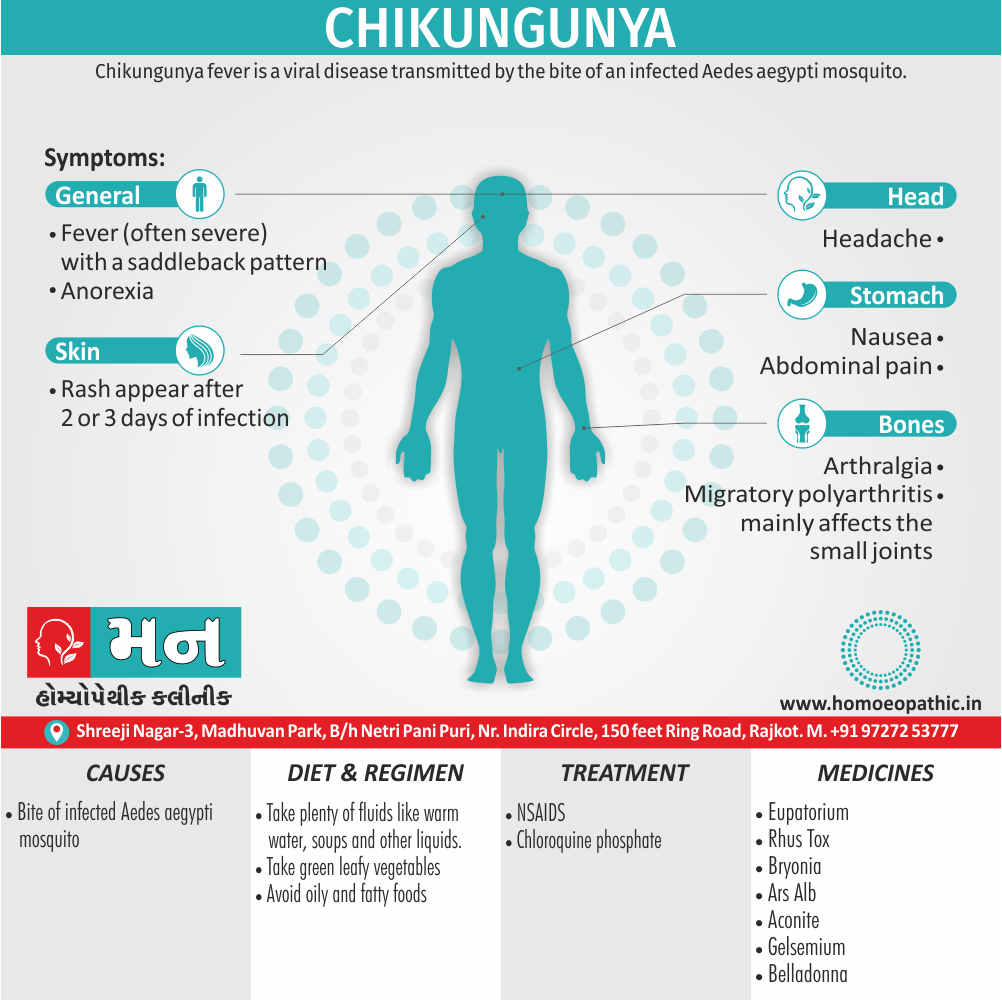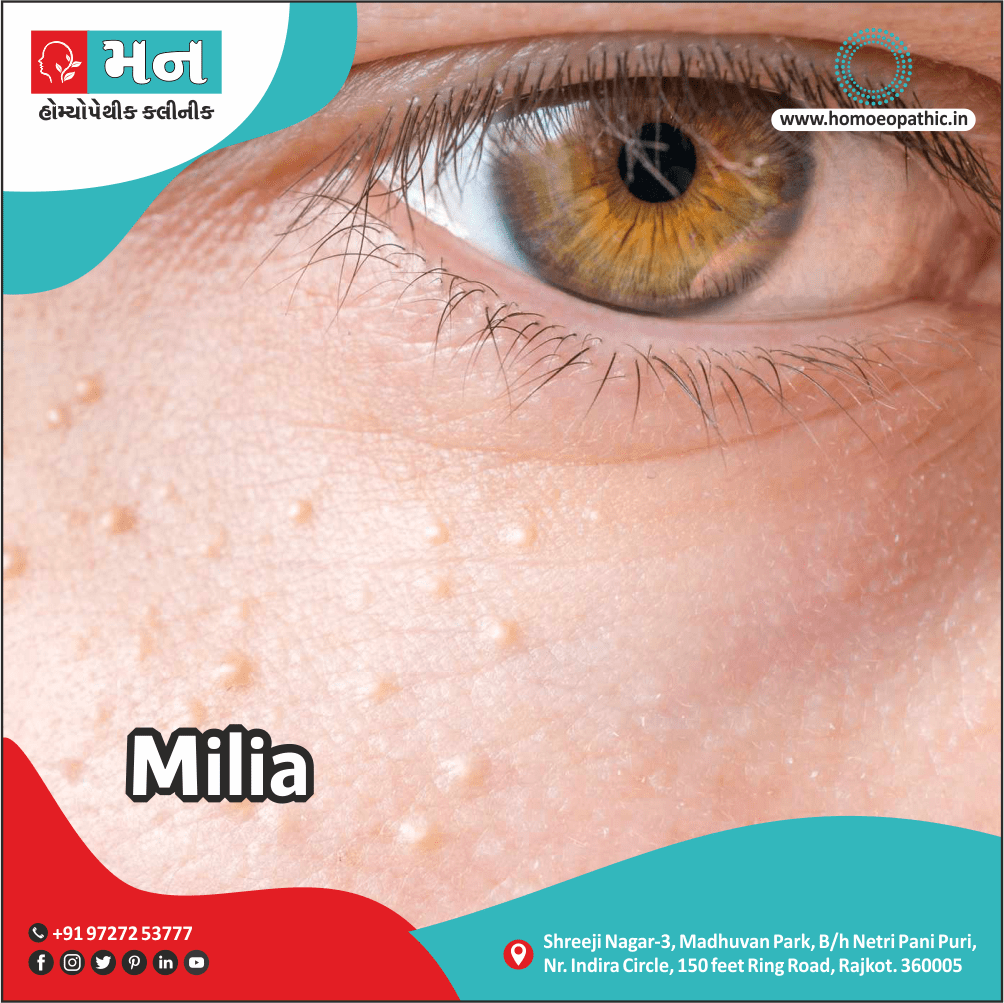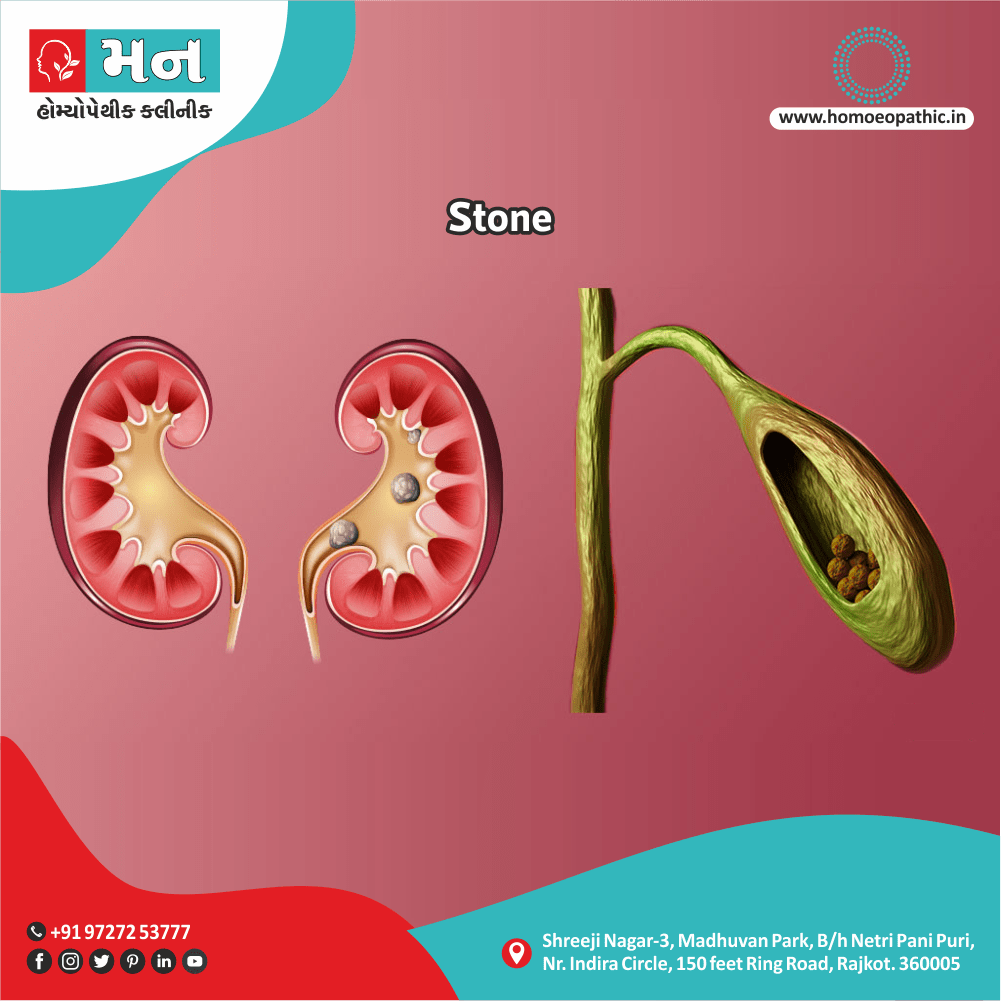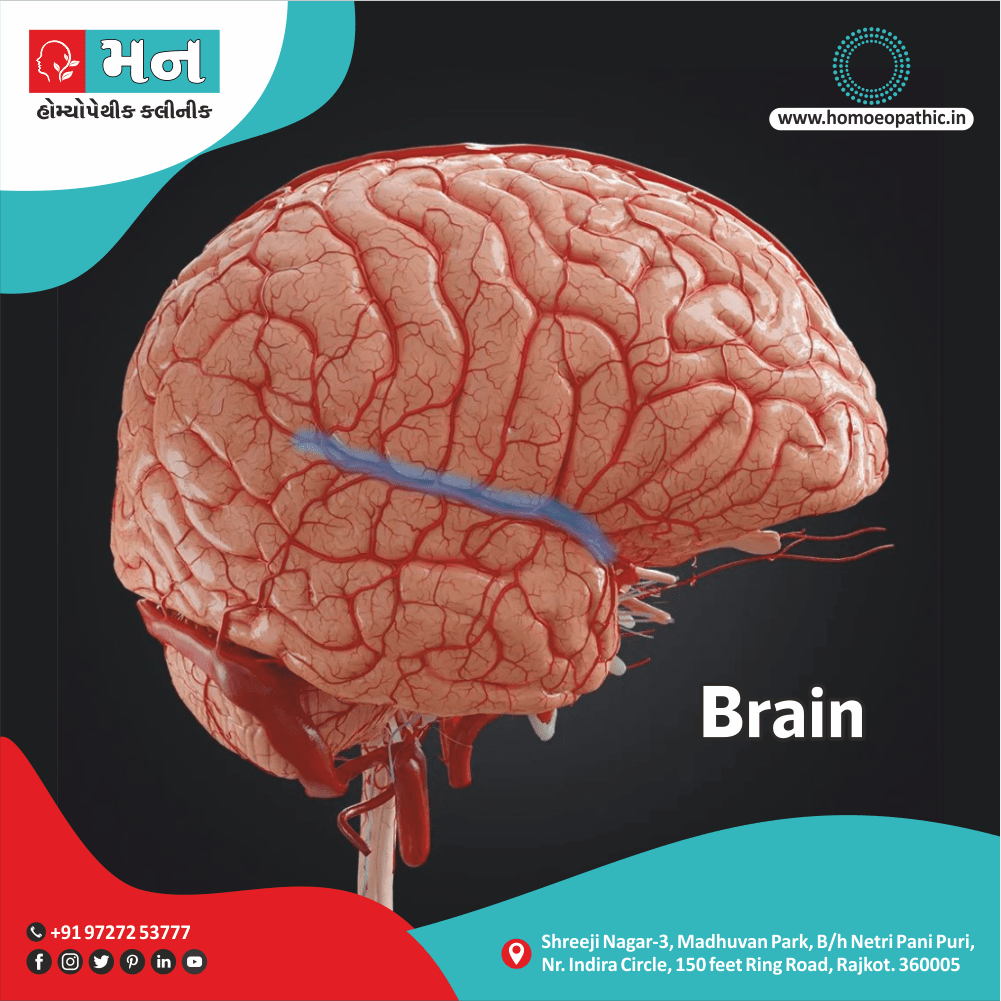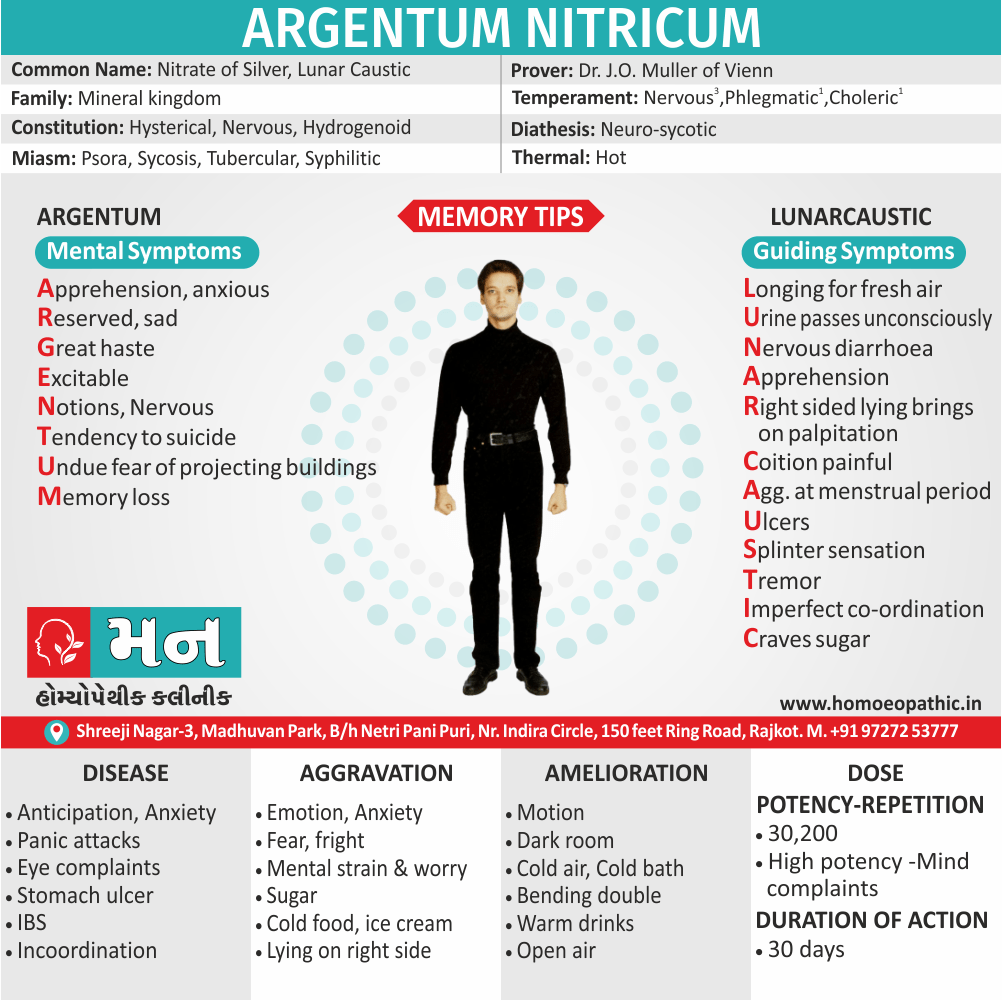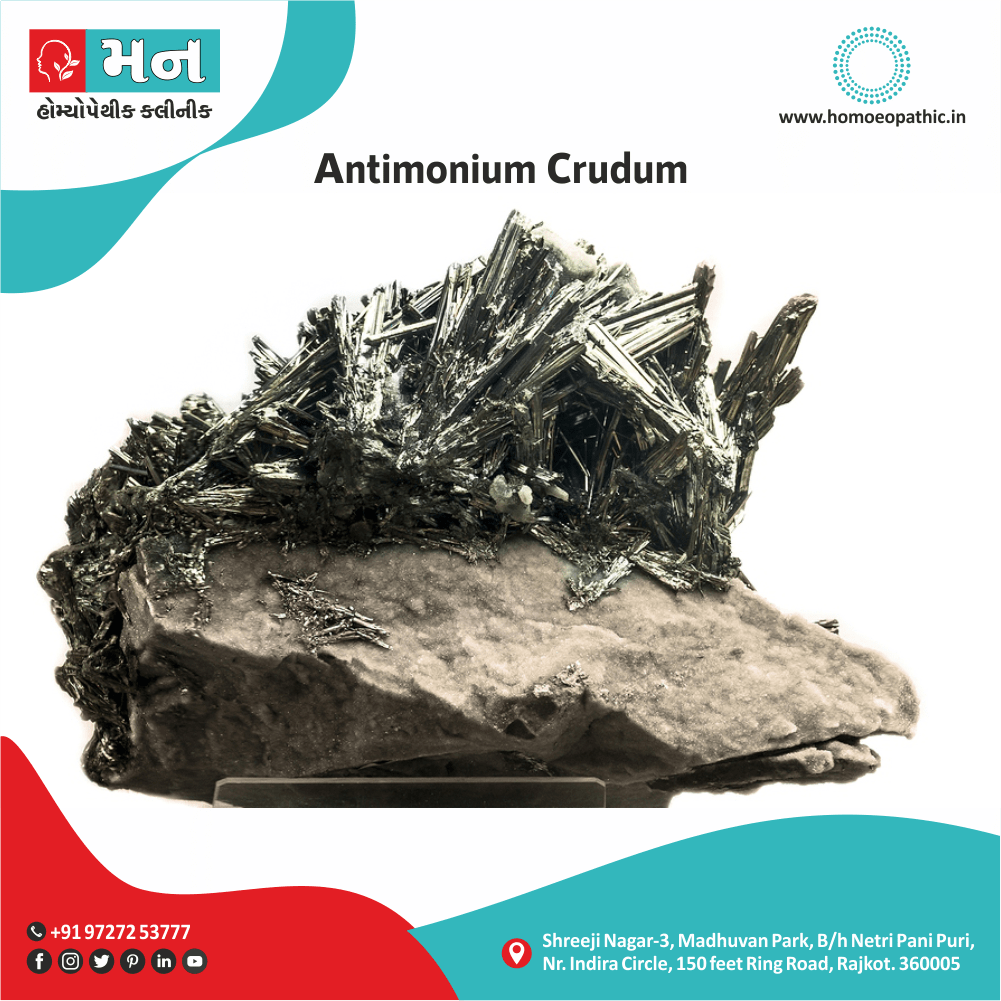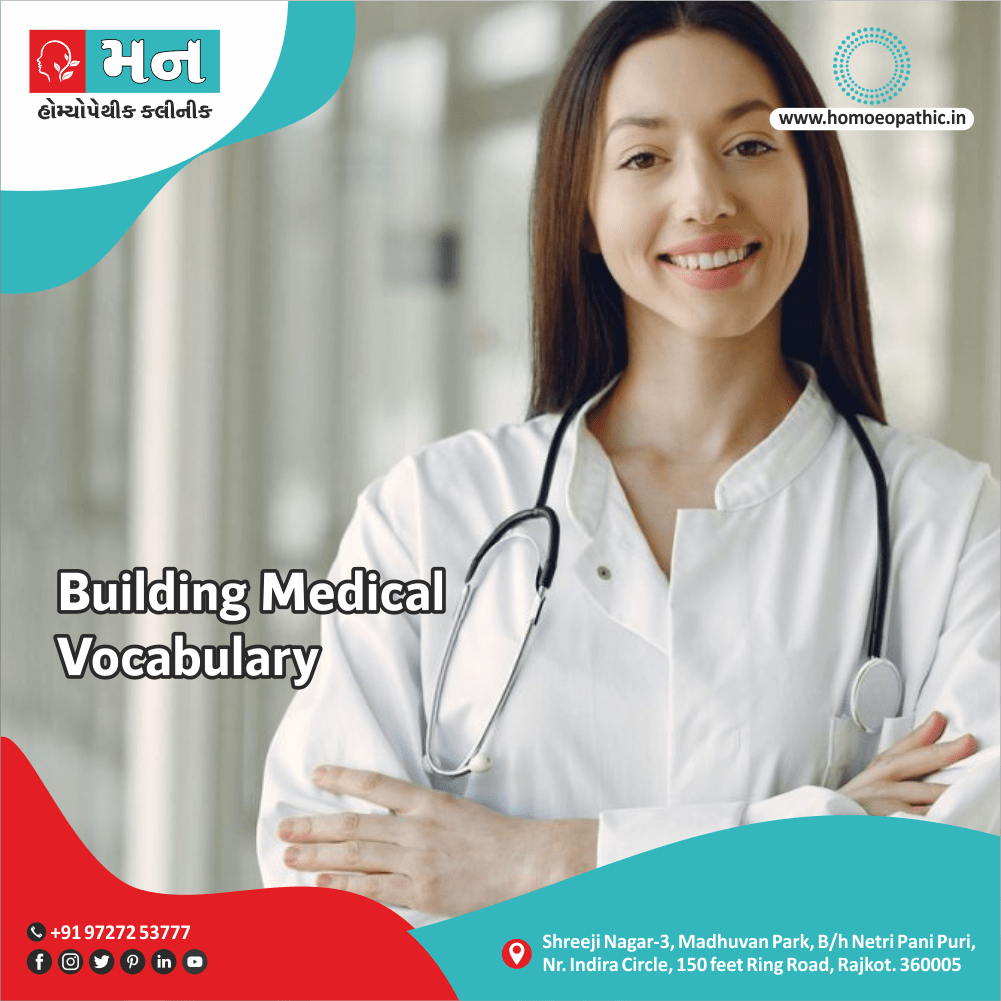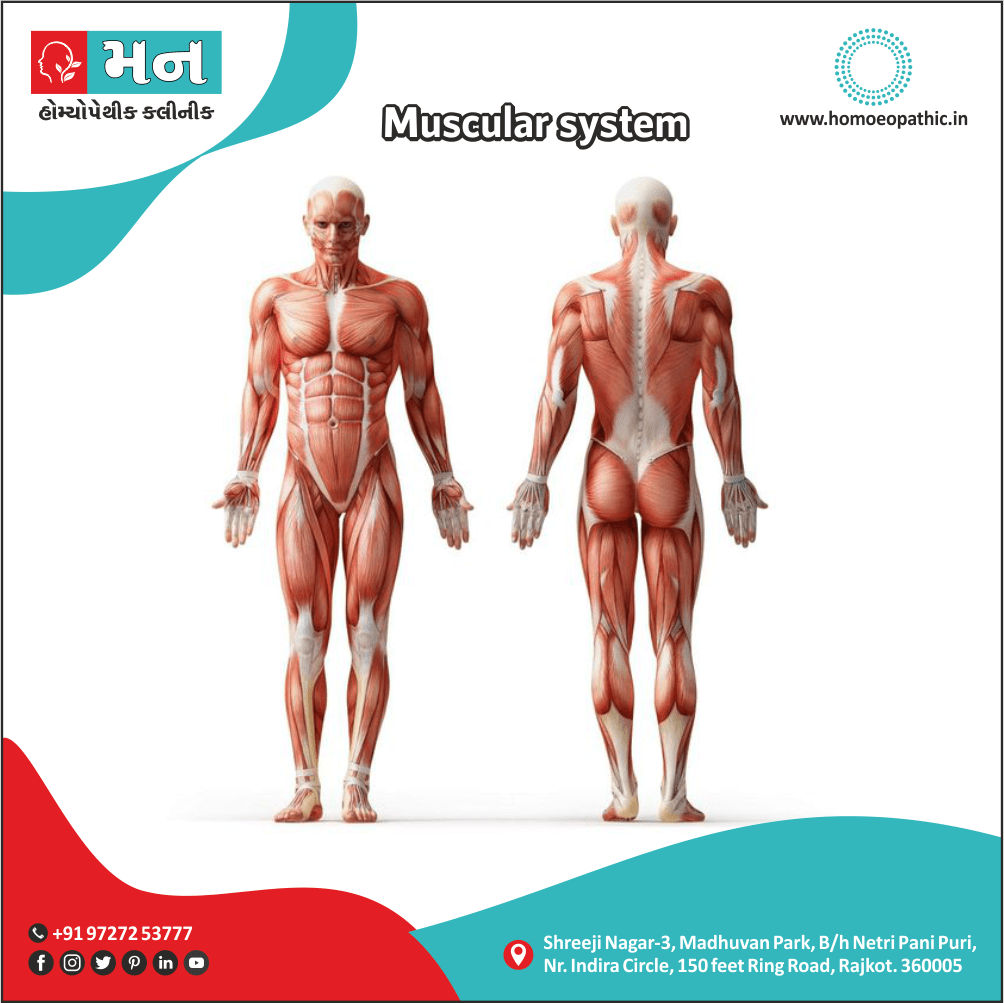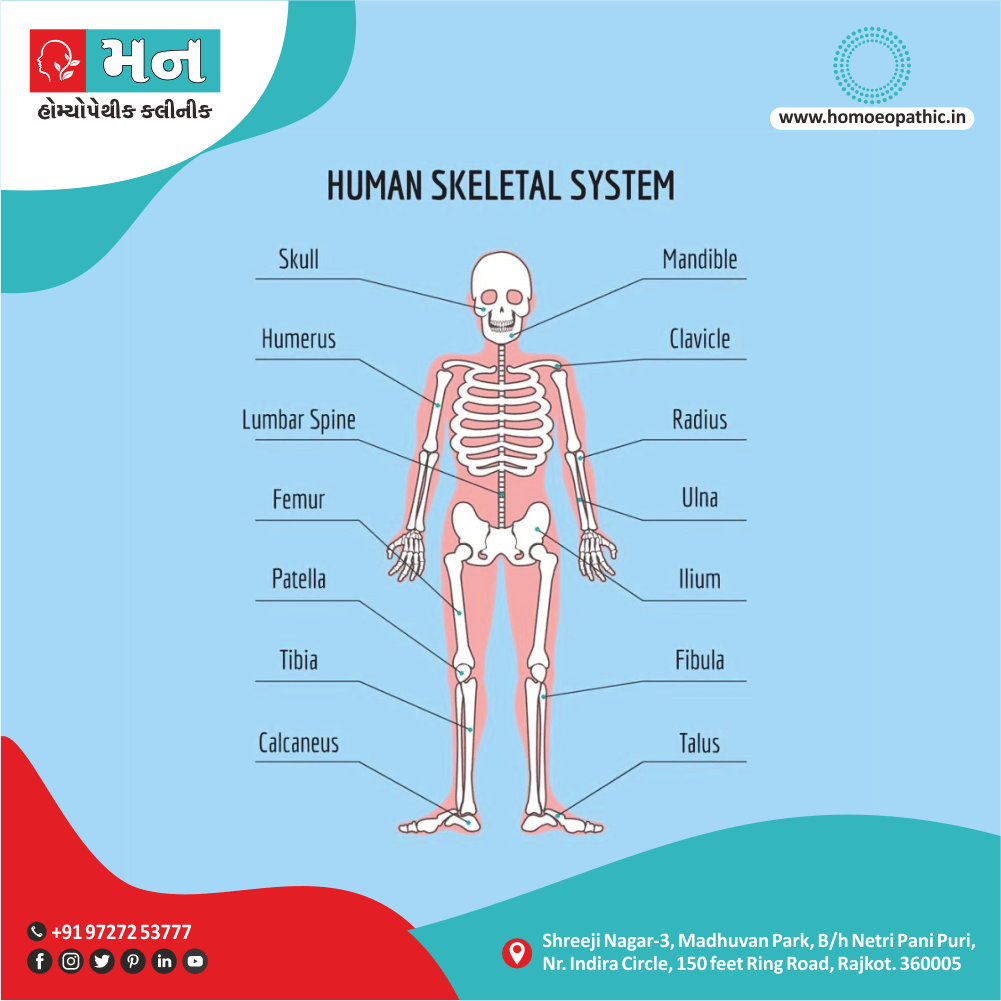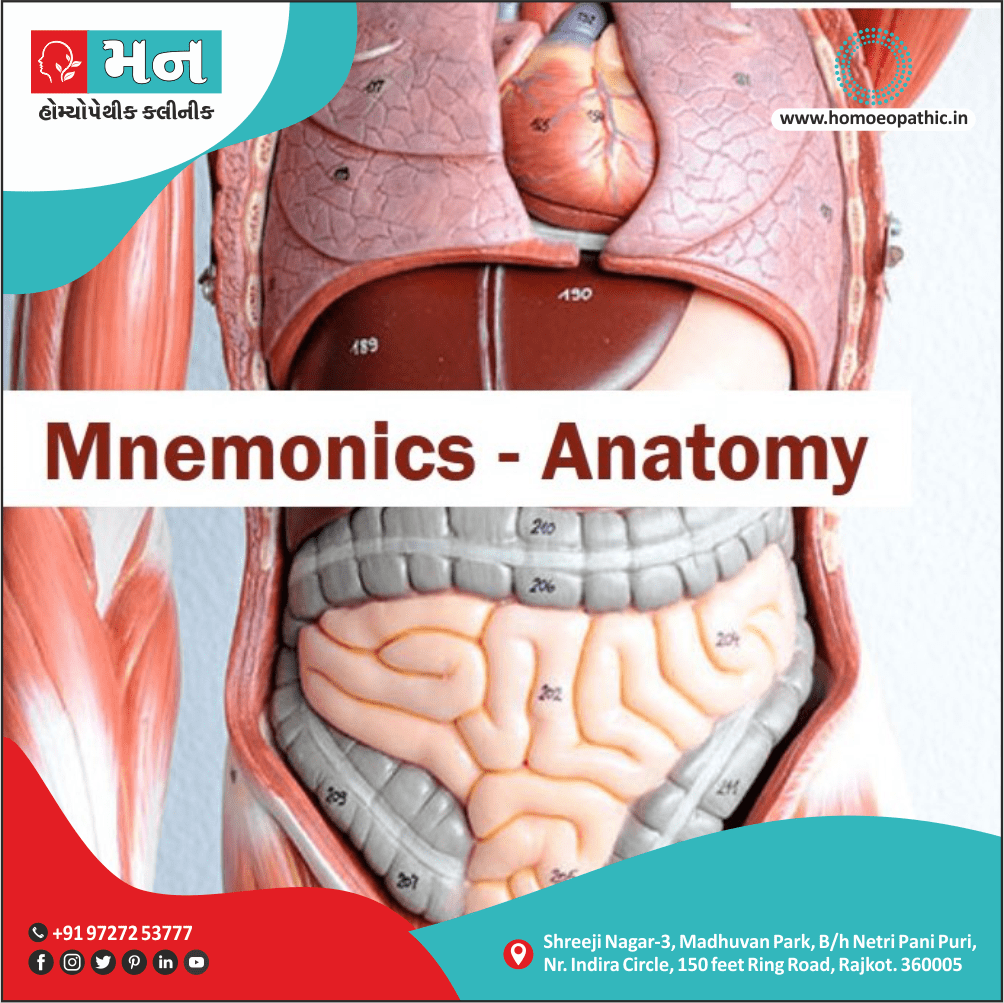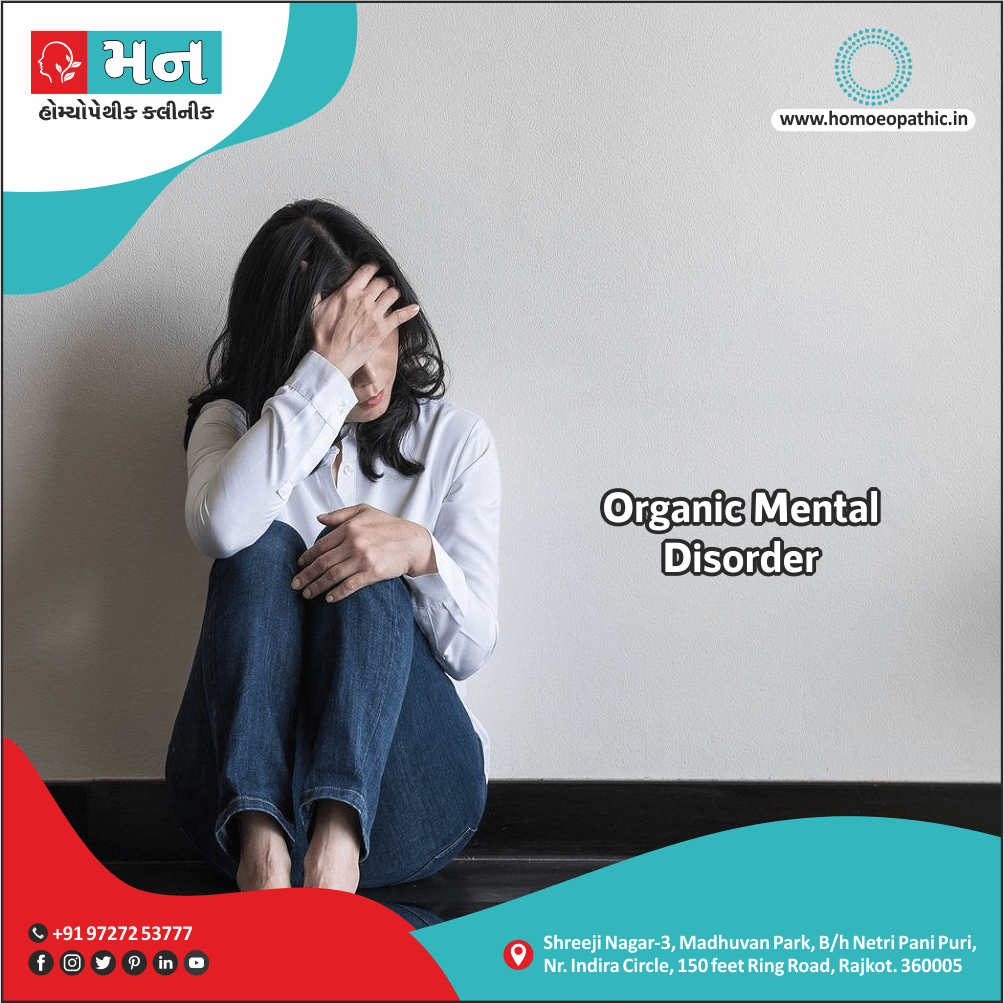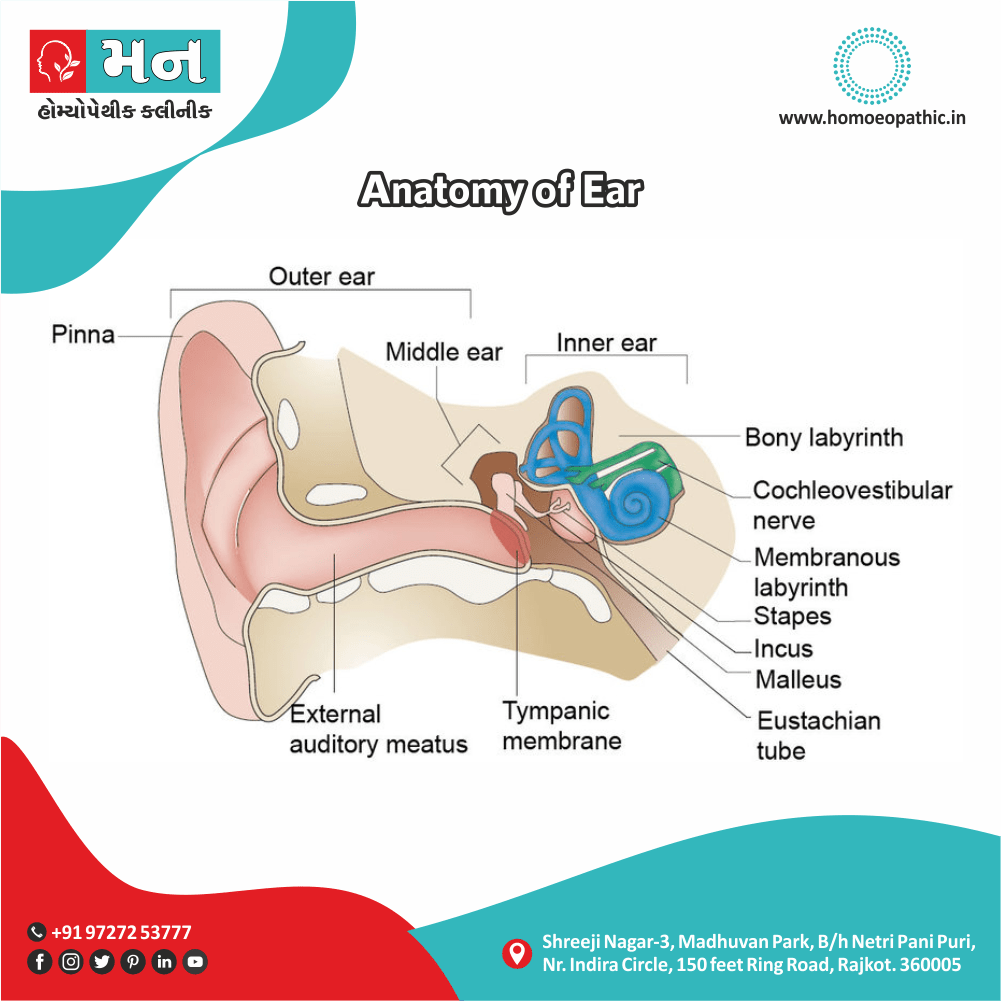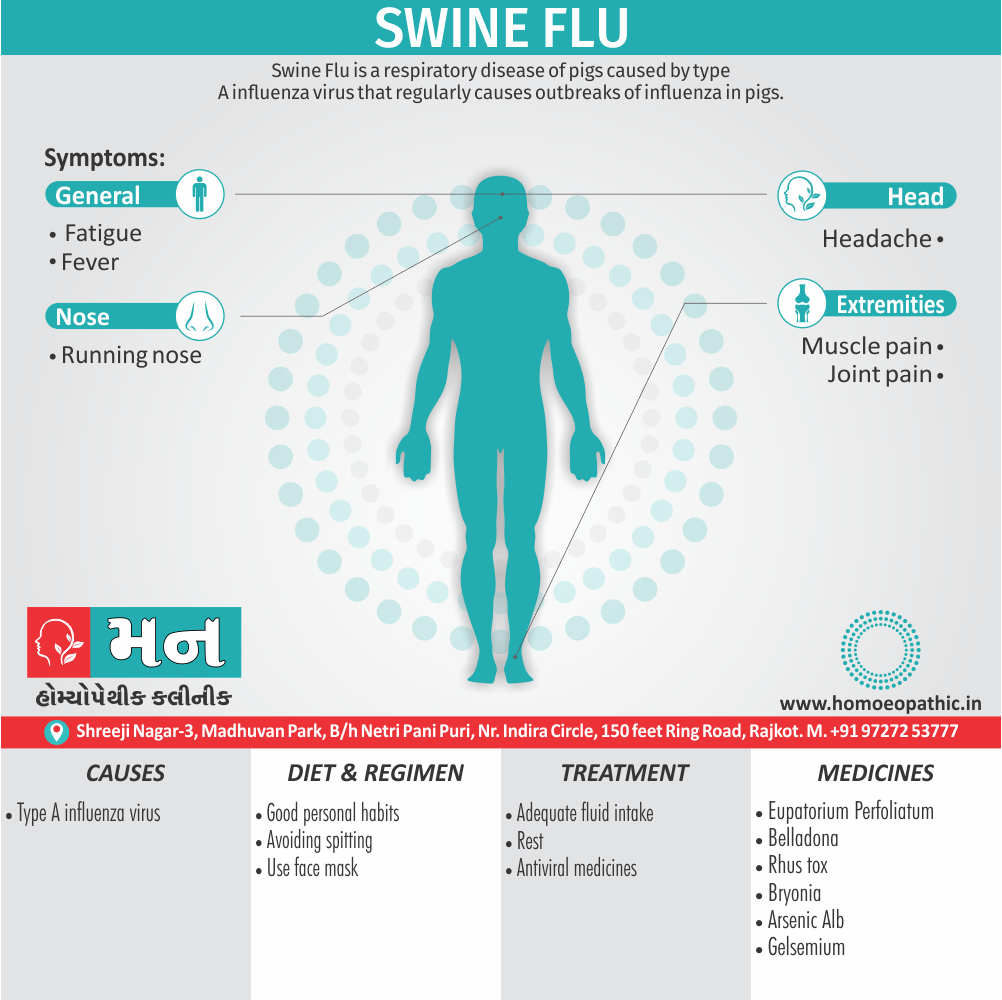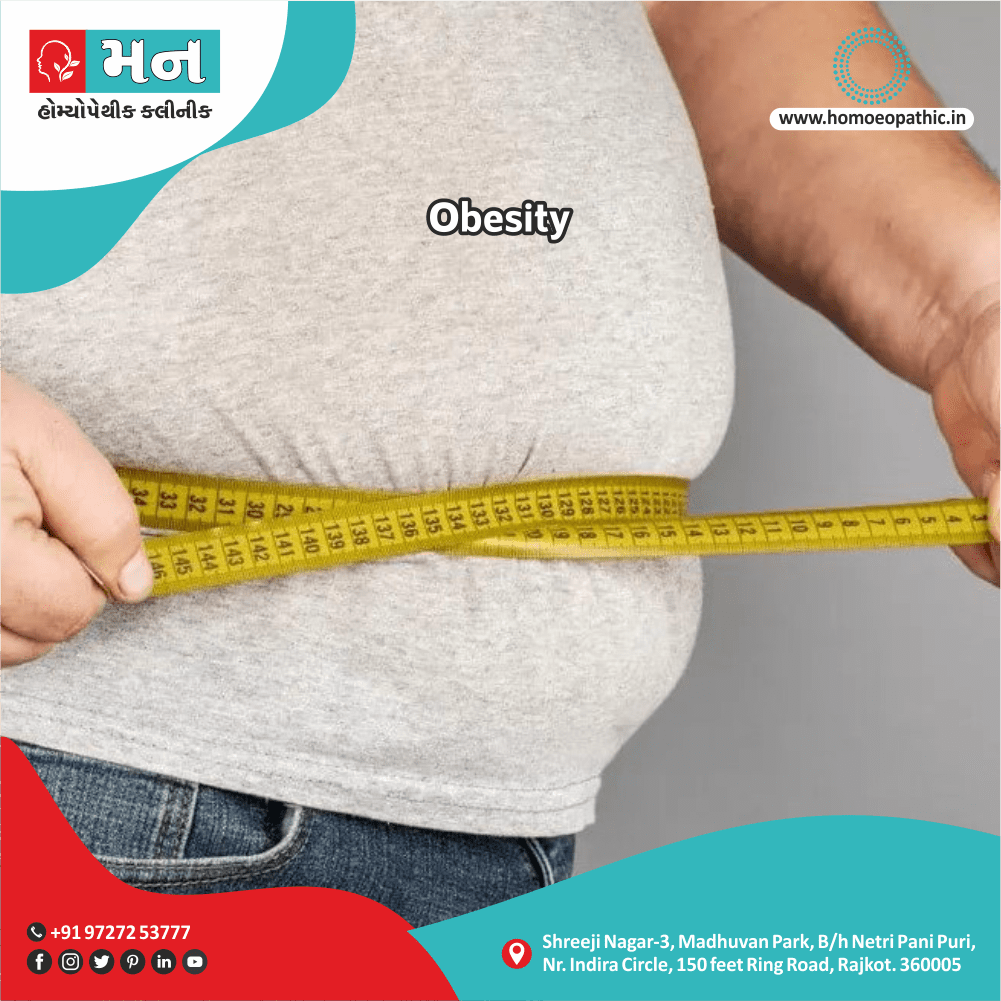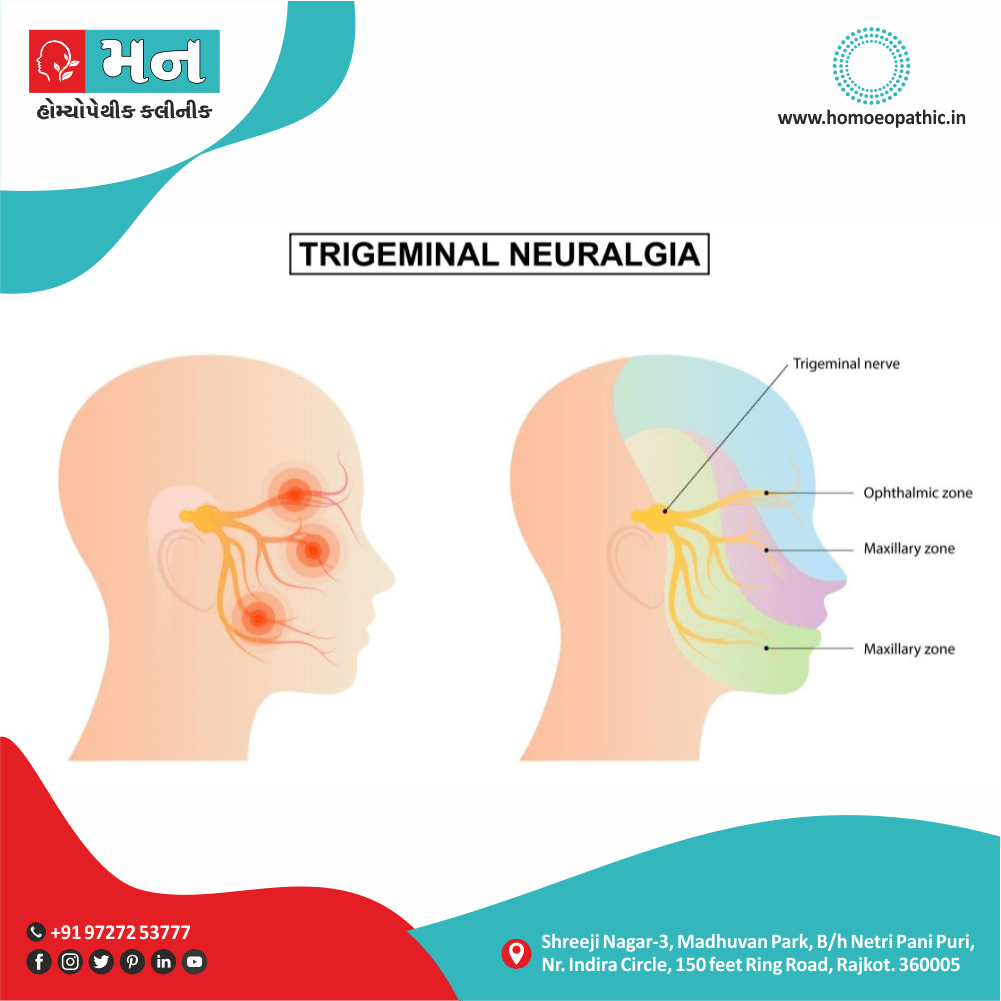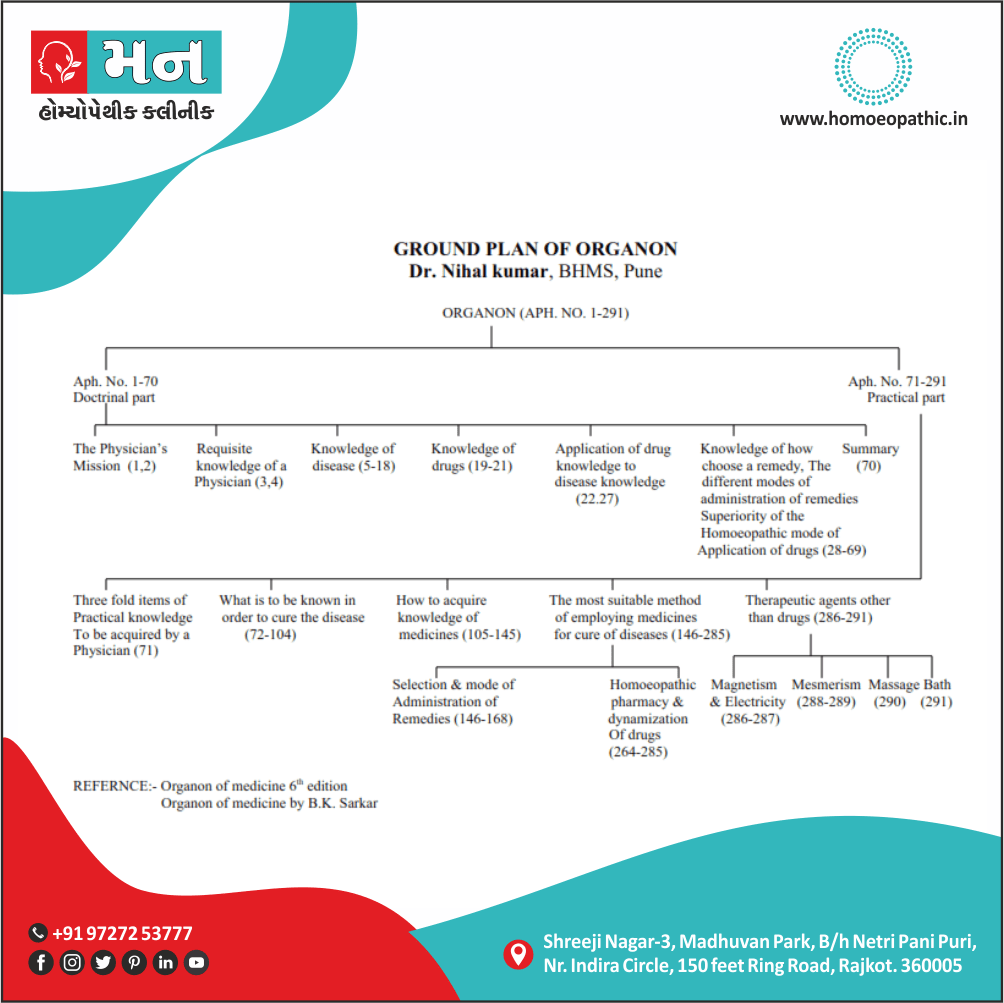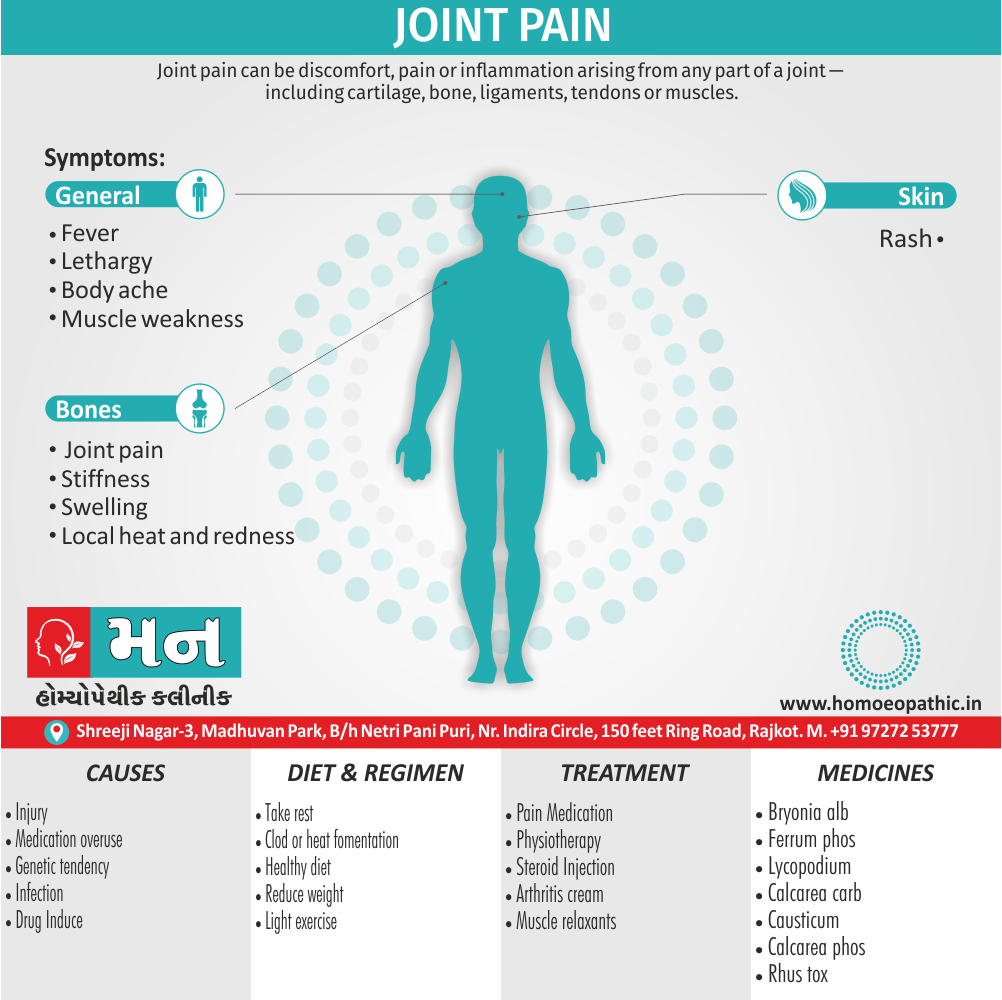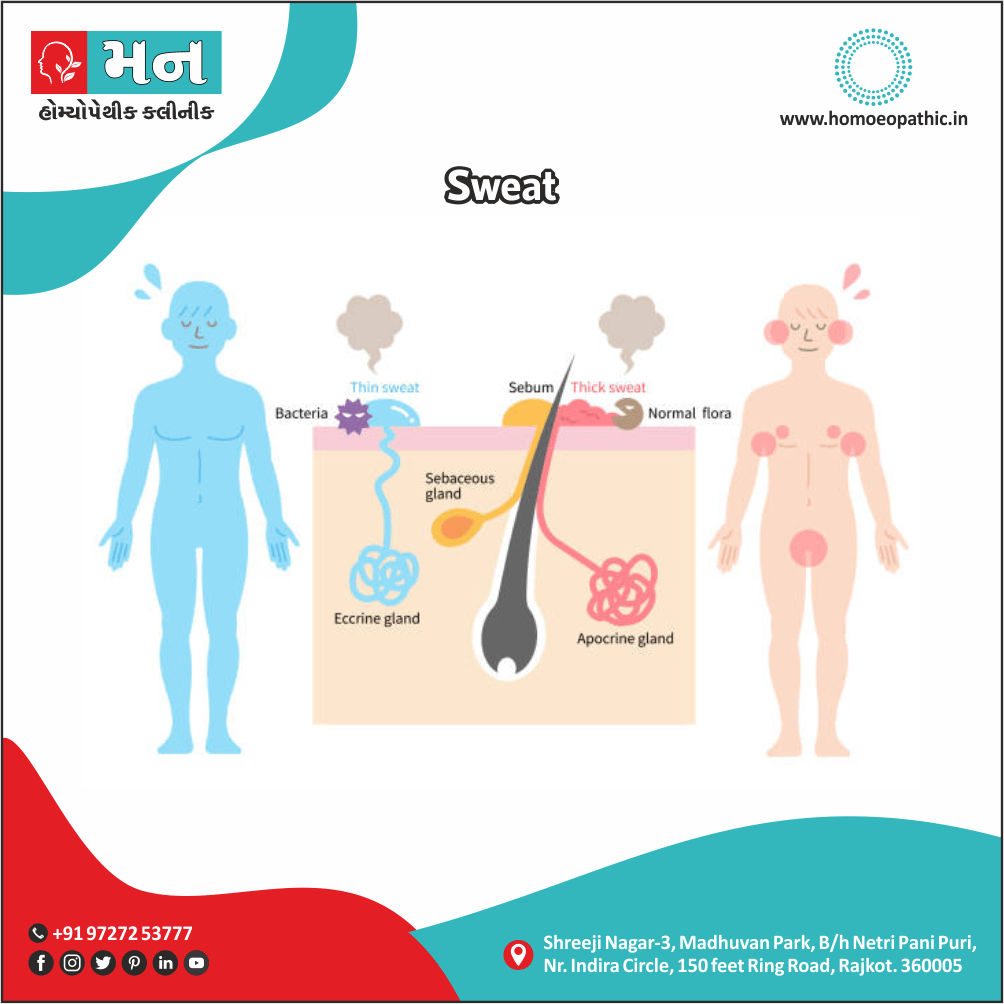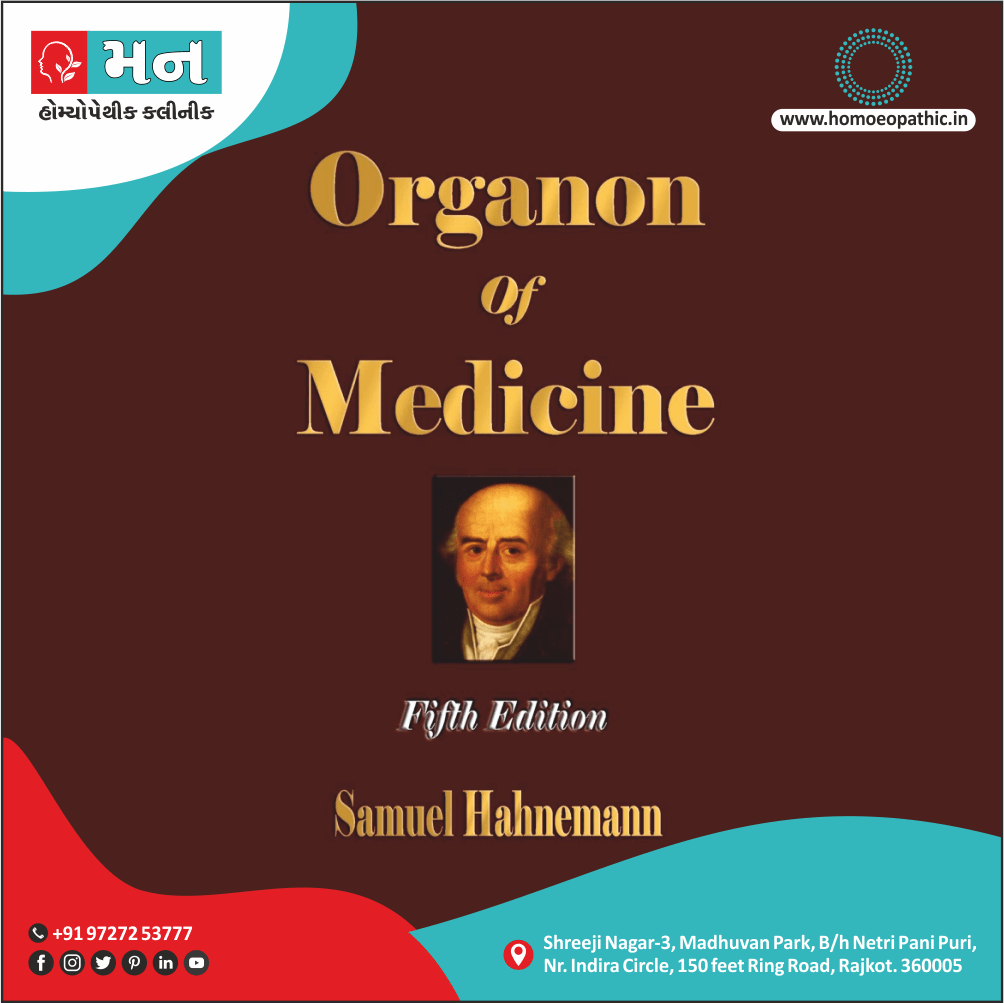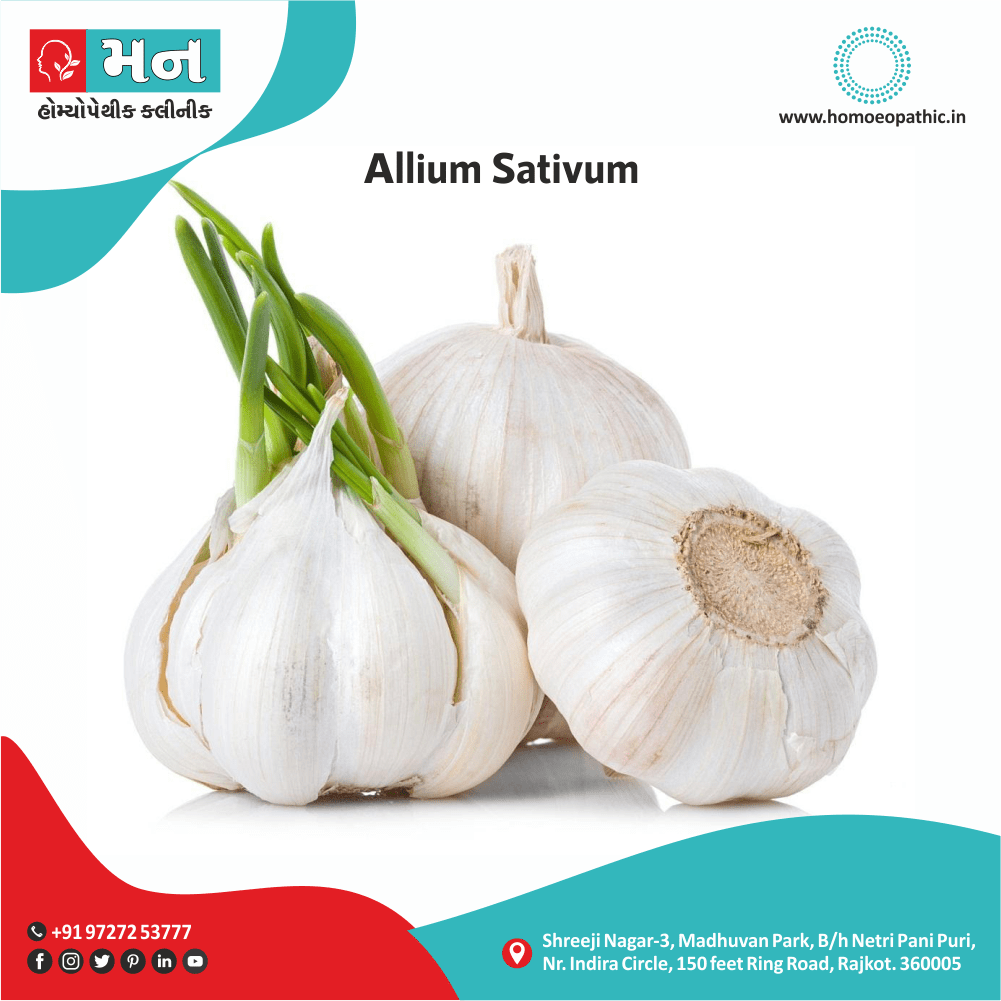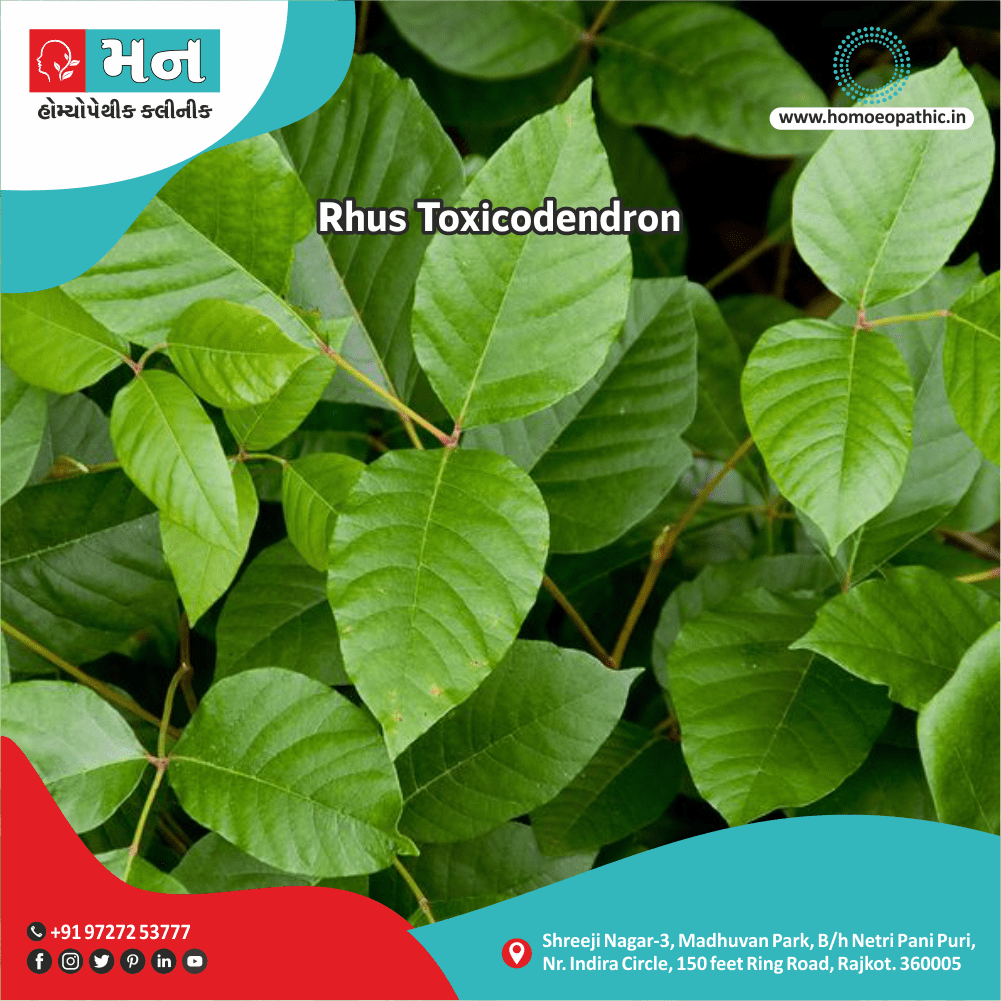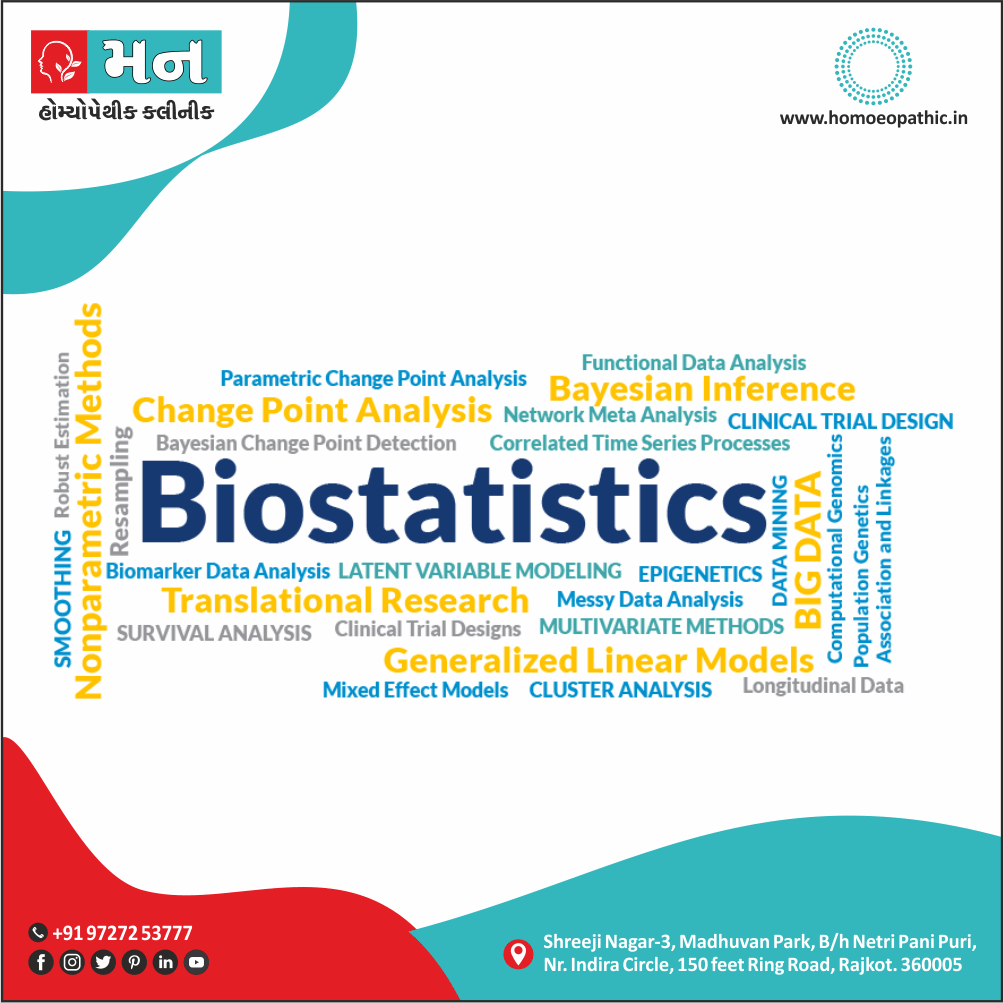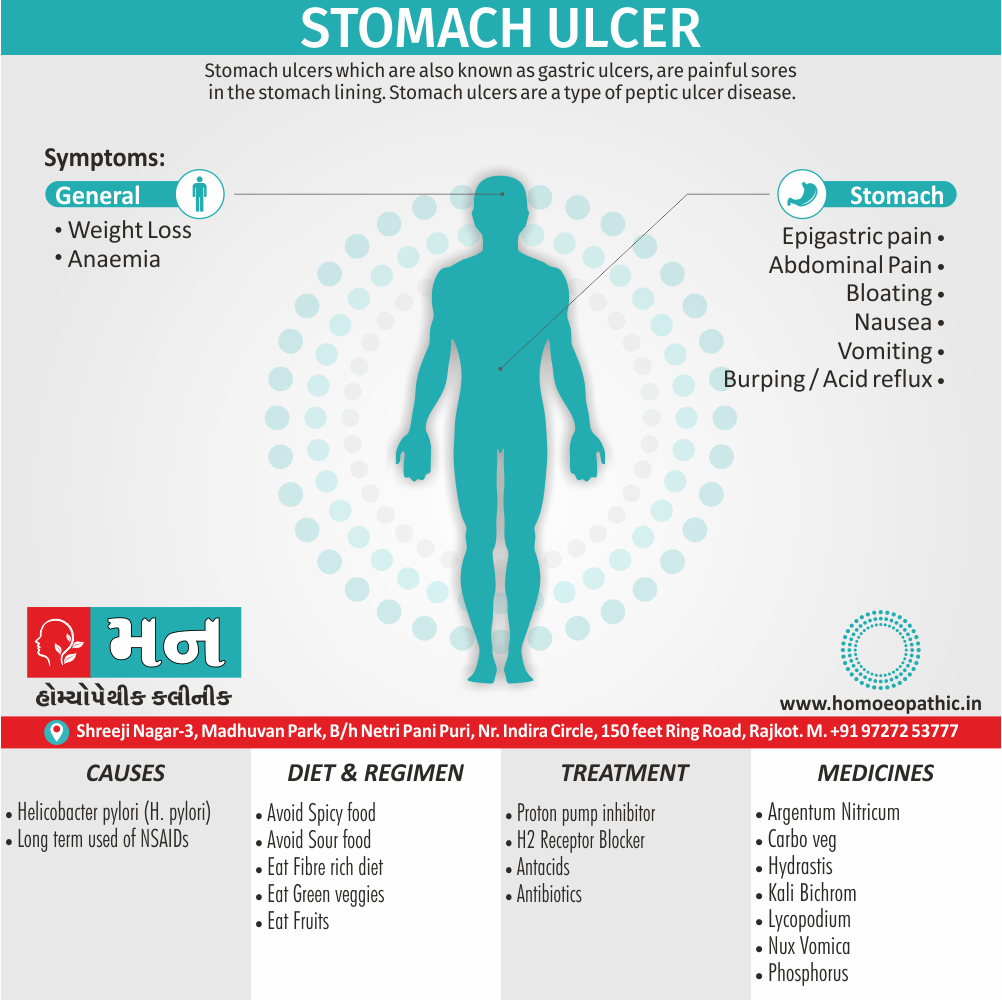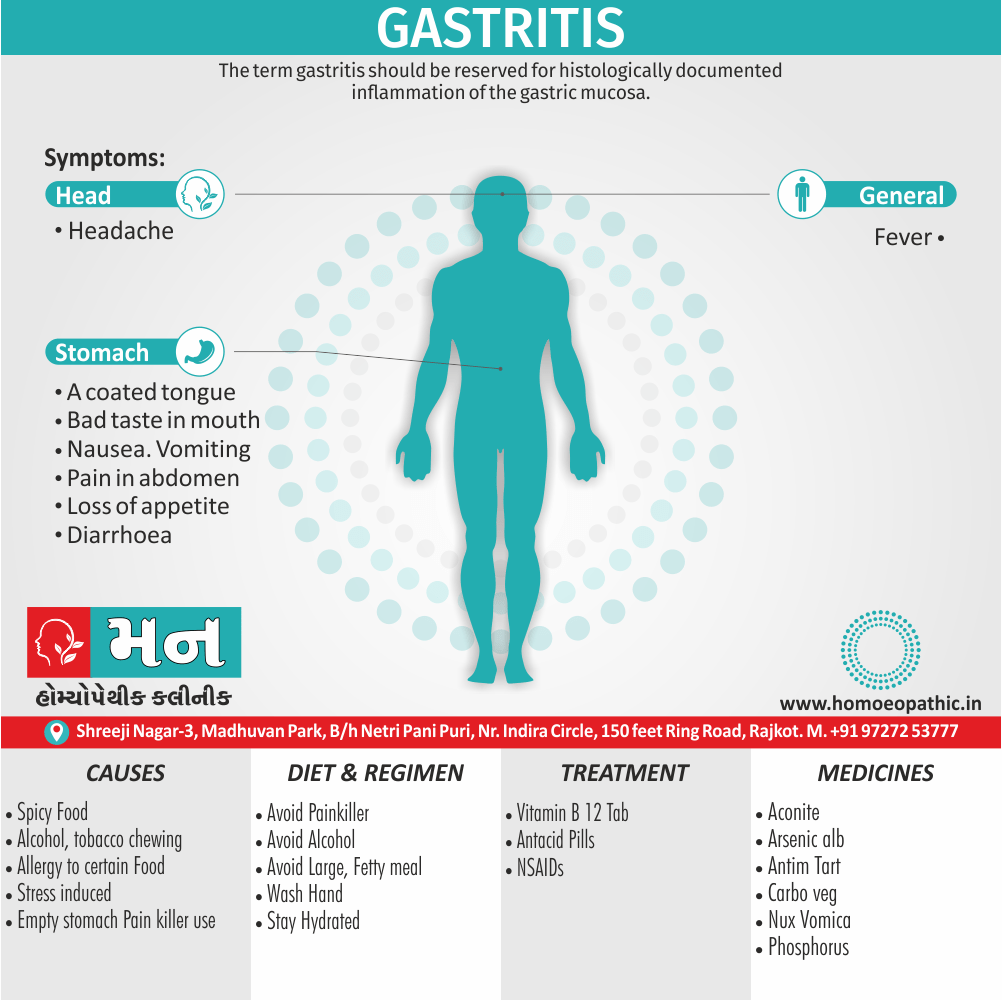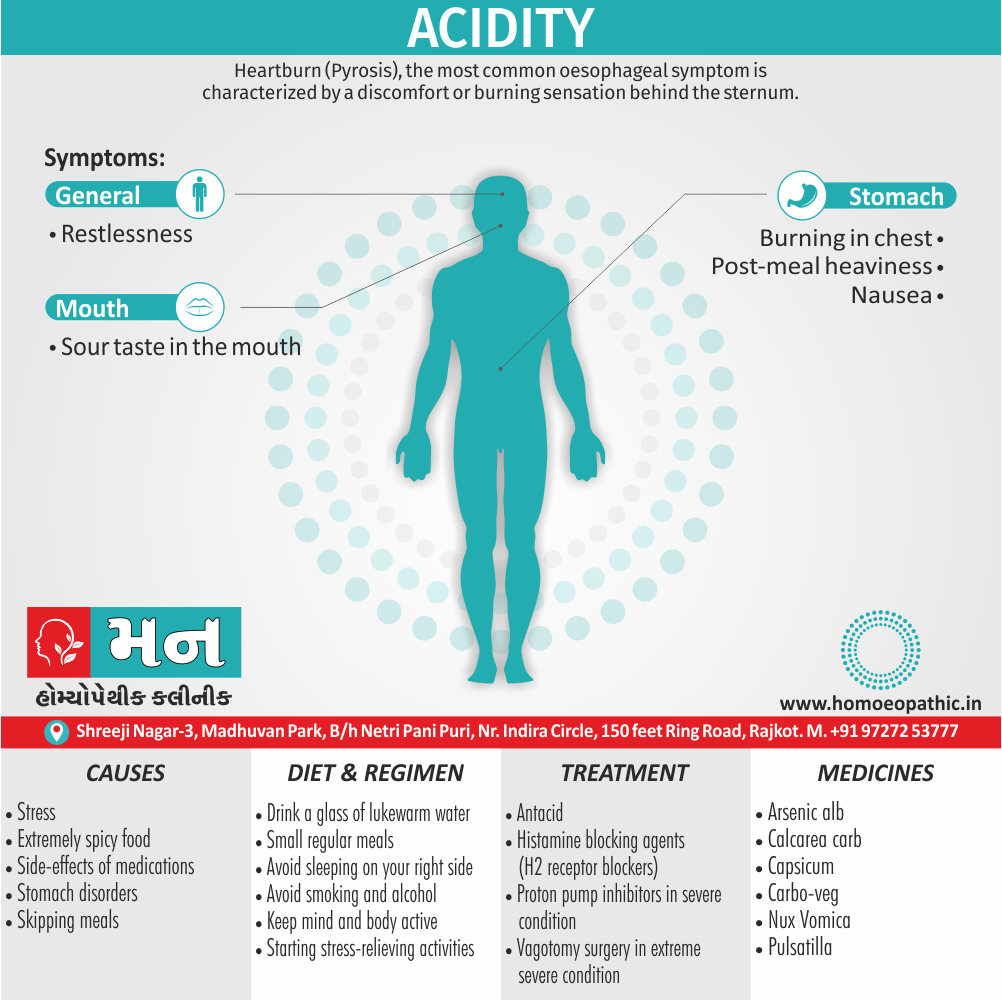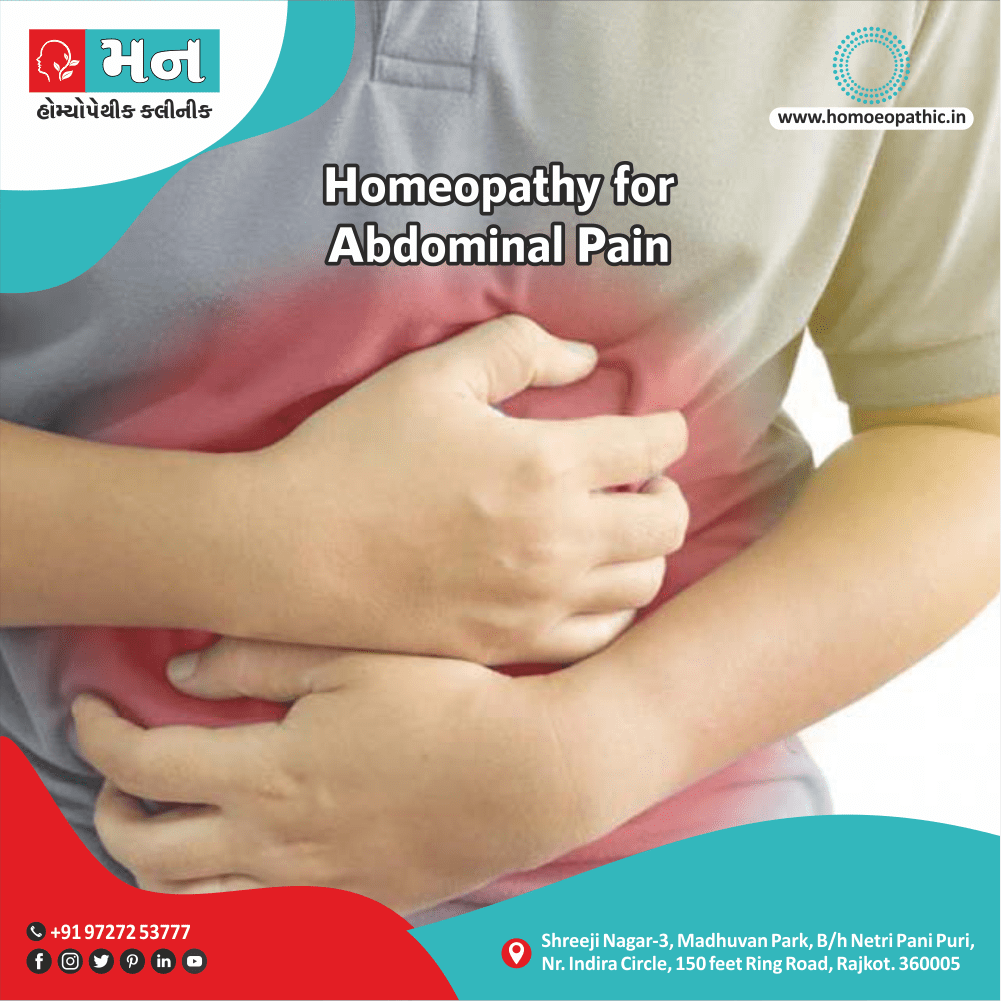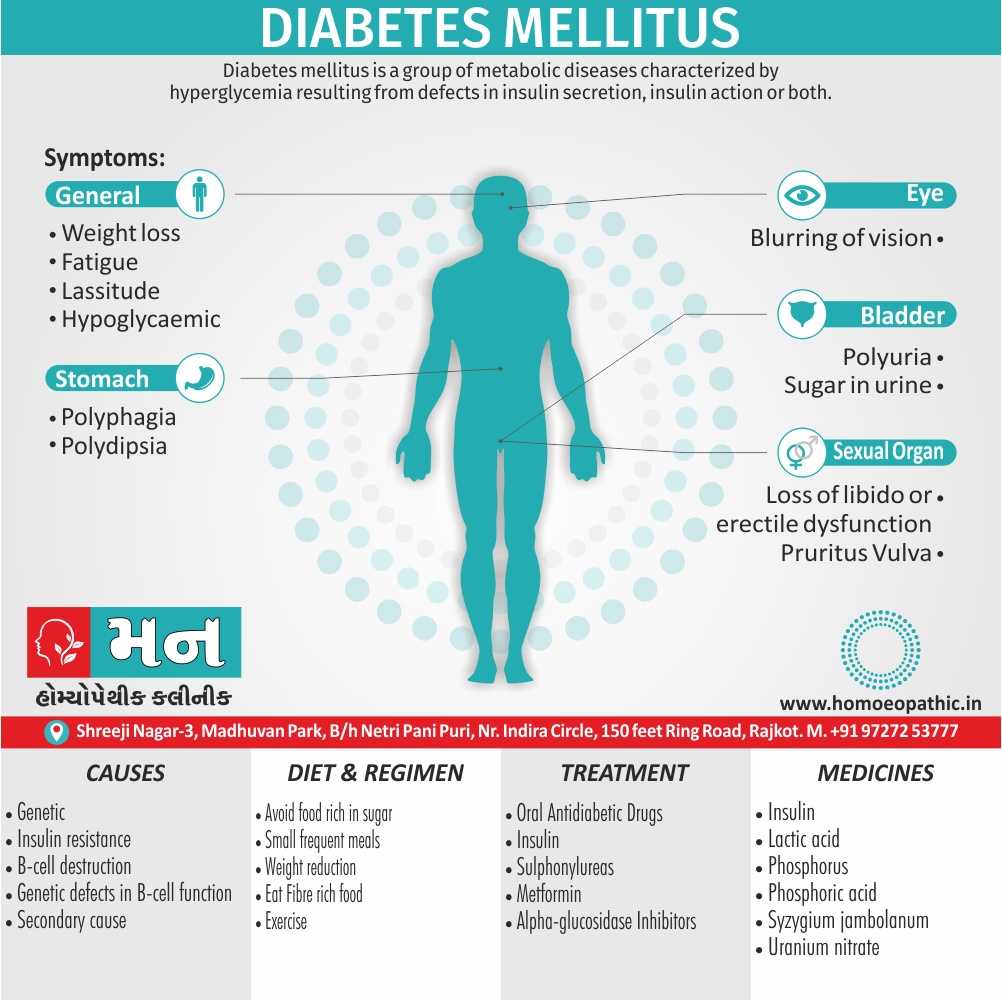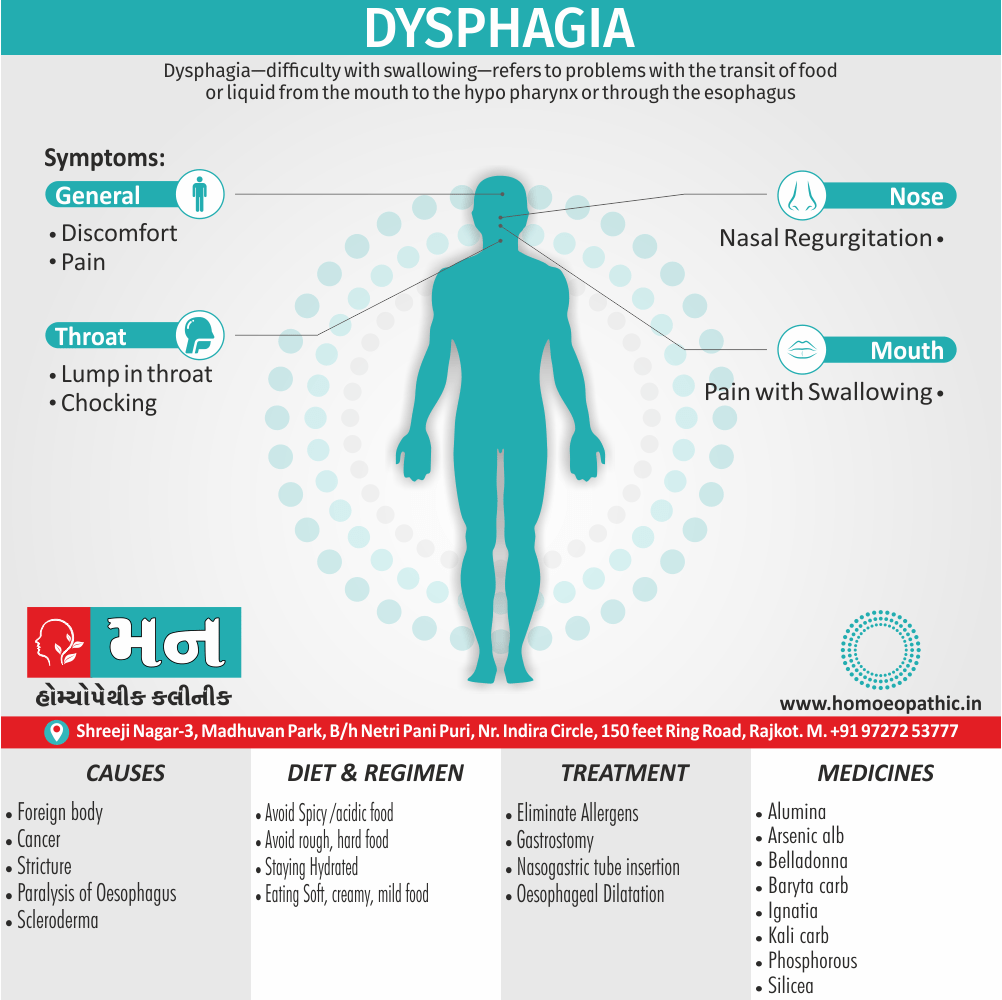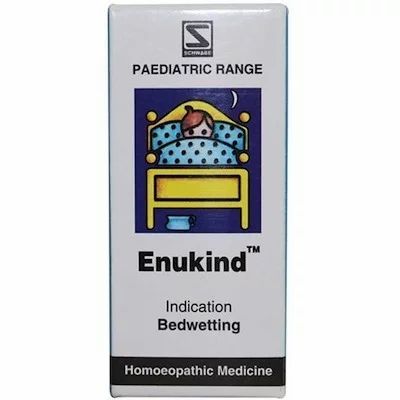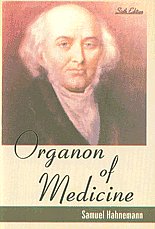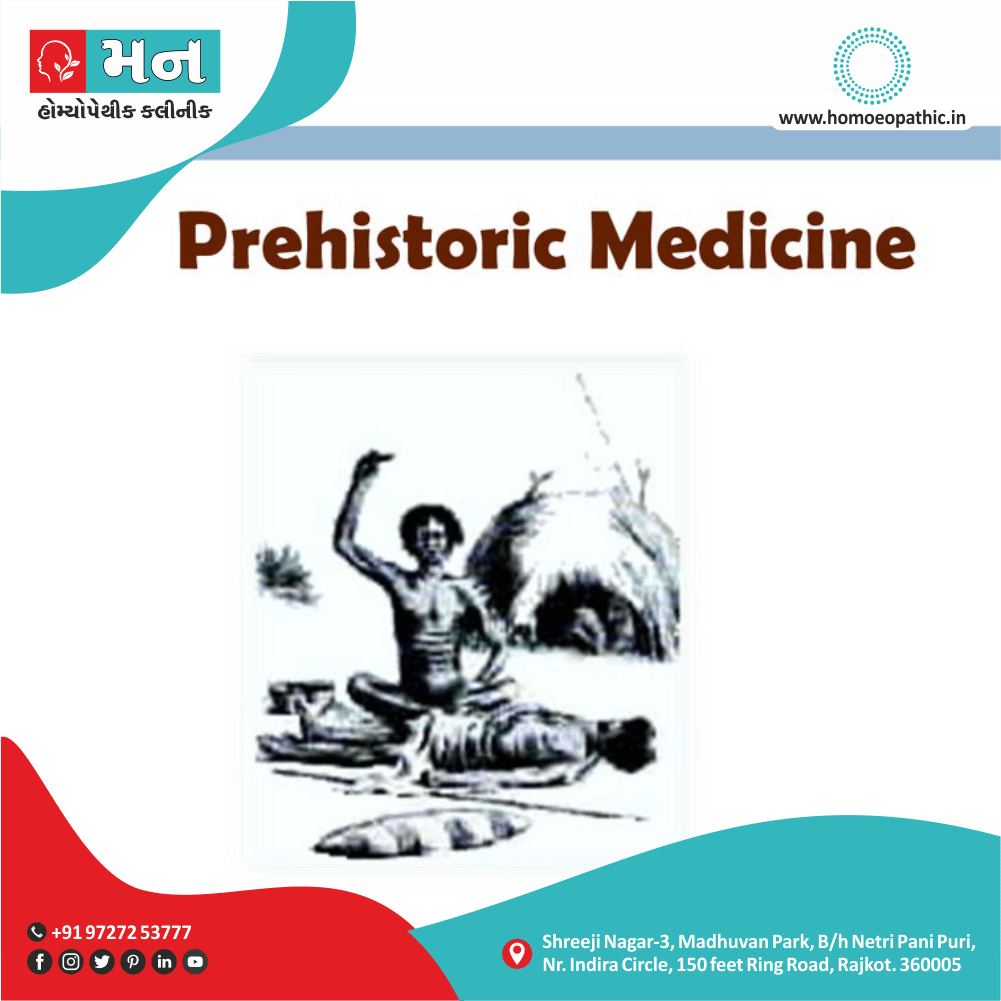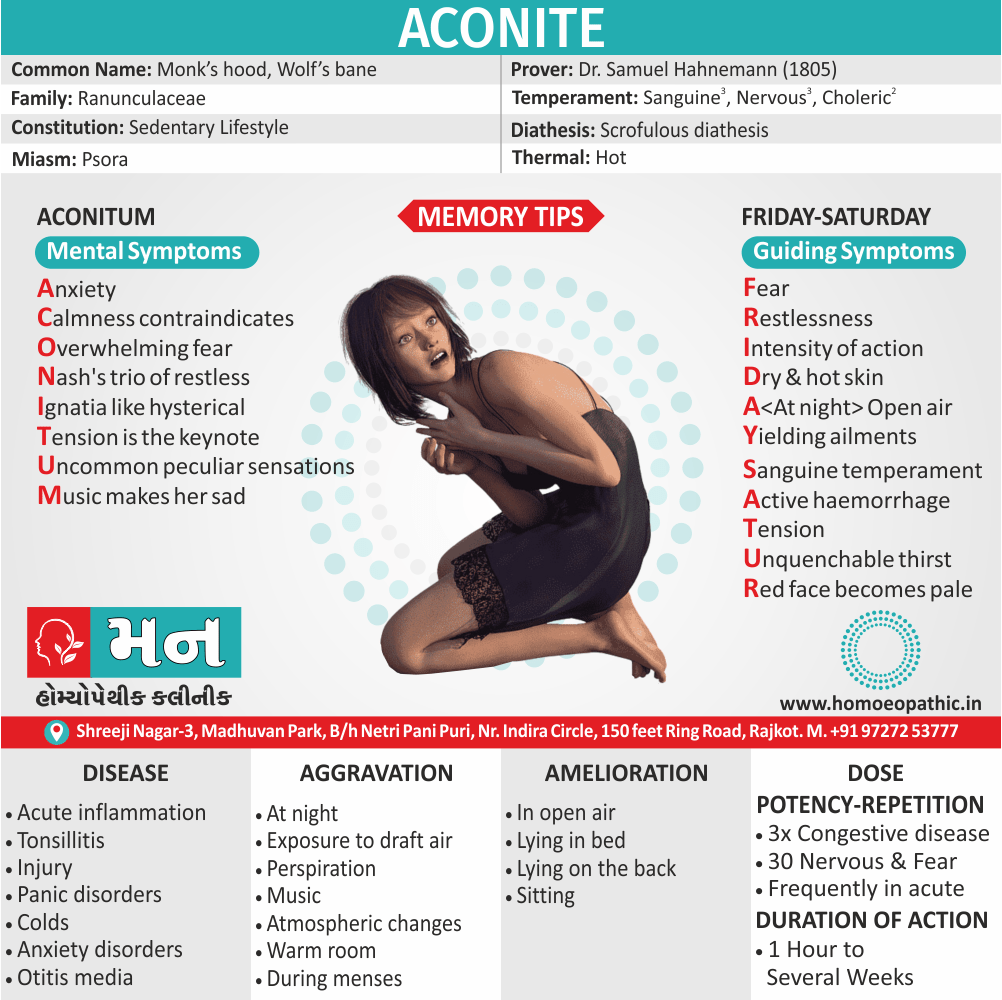Vertigo
Definition:
True vertigo is characterized by a sensation of turning either of the patient or his environment, and is caused by disease of the labyrinth or its central connections.
Dizziness is an imprecise symptom used to describe a variety of sensations that include vertigo, light-headedness, faintness, and imbalance. When used to describe a sense of spinning or other motion, dizziness is designated as vertigo. Vertigo may be physiologic, occurring during or after a sustained head rotation or it may be pathologic, due to vestibular dysfunction. The term light-headedness is commonly applied to pre-syncope sensations due to brain hypo perfusion but also may refer to disequilibrium and imbalance.[2]
Classification as central and peripheral vertigo is not particularly useful since in many cases both central and peripheral systems play a role. Classification based on the pattern with which dizziness occurs i.e.:
- Sudden, serious short lasting.
- Brief dizziness spells.
- Chronic, not very severe. Persistent/protracted.
- Sudden severe gradually diminishing.
Localizing features
- Inner ear: e.g. hearing loss, tinnitus, aural fullness, otalgia or otorrhoea
- VIII nerve: facial weakness
- Cerebellopontine angle: e.g. impaired facial sensation, clumsiness, dysarthria, dysphagia, cranial nerve palsies, hemisensory loss, hemiparesis or memory disturbances
- Cerebellum: e.g. incoordination, clumsiness, dysarthria
- Cortex: Loss of consciousness, either olfactory or gustatory hallucinations.
Duration of vertigo – possible causes
- A few minutes: BPPV, vestibular epilepsy
- Several minutes to <2 hours: benign recurrent vertigo, vestibular aura of migraine
- 2 hours to <24 hours: Meniere’s disease, transient ischemic attack in the posterior circulation
- >24 hours: acute peripheral vestibular dysfunction, relapse of brainstem multiple sclerosis, bilateral vestibular failure.
Benign positional paroxysmal vertigo [BPPV] –
Vertigo occurs when a person lies down in a particular way. The vertigo appears after a latent period of a few seconds, lasts not more than 30 seconds and quickly fades. The cause is assumed to come from debris in the endolymph of the posterior canal. Tr.- Adaptation exercises (Epley’s maneuver).
Meniere’s syndrome –
Attacks of vertigo lasting minutes or hours, accompanied by tinnitus in one ear and varying but gradually worsening hearing loss in that ear. The syndrome occurs with various internal disorders and also as an independent disorder, when it is called Meniere’s disease. Tr.- Pharmacotherapy, in severe cases surgery can be considered.
Unilateral vestibular disease syndrome
(acute vestibular vertigo) caused by sudden loss of labyrinthine function. Vertigo is severe at the onset but fades away Slowly over 2 or 4 weeks.
Hyperventilation
can cause reduced CO2 tension in the blood which can lead to cerebral ischemia. This can manifest itself in visual disturbances. Dizziness in the form of giddiness often reported. Anxiety and tachycardia. Hyperventilation can result from stress situations.
Tr.- Counselling. Advising patient to breath into a bag in front of the head in the event of an attack, and sedative medication if necessary.
Juvenile vertigo
occurs in children between ages of 4 and 14 and involves attacks lasting a few seconds or minutes during which the most pronounced symptom is anxiety. The syndrome disappears spontaneously within a few months to few years. Tr. – Low dose antiepileptic if frequency of attack is >once a week.
Senile vertigo
can occur in patient over age of 65. Cerebral Atherosclerosis plays a major role. Tr. – Pharmacotherapy, avoiding drugs which cause drowsiness.
Vestibular neuritis
mostly follows infection of upper respiratory tracts. The condition clears up within 3-6 weeks, without any persistent loss of ear function.
Migraine:
Vertigo sometimes occurs as a side effect of migraine. Specific therapy to control the vertigo is only rarely needed.
HISTORY
When a patient presents with dizziness, the first step is to delineate more precisely the nature of the symptom. In the case of vestibular disorders, the physical symptoms depend on whether the lesion is unilateral or bilateral, and whether it is acute or chronic and progressive. Vertigo, an illusion of self or environmental motion, implies asymmetry of vestibular inputs from the two labyrinths or in their central pathways that is usually acute. Symmetric bilateral vestibular hypofunction causes imbalance but no vertigo. Because of the ambiguity in patients’ descriptions of their symptoms, diagnosis based simply on symptom characteristics is typically unreliable.
The History should focus closely on other features, including whether this is the first attack, the duration of this and any prior episodes, provoking factors, and accompanying symptoms. Dizziness Can divide into episodes that last for seconds, minutes, hours, or days.
Common Causes dizziness
Common Causes of brief dizziness (seconds) Include benign paroxysmal positional vertigo (BPPV) And orthostatic hypotension, both of which typically provoke by changes in head and body position. Attacks Of vestibular migraine and Ménière’s Disease often last hours. When Episodes are of intermediate duration (minutes), Transient ischemic attacks of the posterior circulation should consider, although migraine and a number of other causes are also possible.
Symptoms that accompany vertigo may helpful in distinguishing Peripheral vestibular lesions from central causes. Unilateral Hearing loss and other aural symptoms (ear pain, pressure, fullness) typically point to a peripheral cause. Because The auditory pathways quickly become bilateral upon entering the brainstem, central lesions are unlikely to cause unilateral hearing loss, unless the lesion lies near the root entry zone of the auditory nerve. Symptoms Such as double vision, numbness, and limb ataxia suggest a brainstem or cerebellar lesion.[2]
Examination
- General examination, BP, pulse, urine, blood tests.
- ENT examination: For external auditory canal, ear drums, nasopharyngeal cavity, symmetrical functioning of cranial nerves.
- Hearing test: Whispering speech. The ring of telephone is high tone stimulus.
- Tuning fork tests: The Rinne and Weber tuning fork tests serve to distinguish between a conduction defect and a perception disorder (inner ear disorder or neurosensory hearing loss).
- Postural tests: Balance tests such as Romberg’s test. The “stork” variant – standing on one leg gives more information.
- Tests for nystagmus – Gaze test: Have the patient look at point 30° away from the median line to the right and left in succession. (a) Latent nystagmus becomes stronger when looking in one direction and not dying away. Cause: Peripheral vestibular disorder. (b) Nystagmus appearing exclusively when looking to one side
– Unilateral gaze nystagmus. Cause – Central disorder of the nervous system. (c) Nystagmus both when looking to the right and looking to the left (symmetrical gaze nystagmus). Cause – Disorder of CNS drug abuse.
ANCILLARY TESTING
The choice of ancillary tests should be guided by the history and examination findings.
- Audiometry should be performed whenever a vestibular disorder is suspected.
- Unilateral sensorineural hearing loss supports a peripheral disorder (e.g., vestibular schwannoma).
- Predominantly low-frequency hearing loss is characteristic of Ménière’s disease.
- Electronystagmography or videonystagmography Includes recordings of spontaneous nystagmus (if present) And measurement of positional nystagmus.
Caloric Testing
Caloric Testing assesses the responses of the two horizontal semi-circular canals. The test battery often includes recording of saccades and pursuit to assess central ocular motor function. Neuroimaging is important if a central vestibular disorder is suspected. In addition, patients with unexplained unilateral hearing loss or vestibular hypofunction should undergo magnetic resonance imaging (MRI) of the internal auditory canals, including administration of gadolinium, to rule out a schwannoma.
Treatment of Vertigo
Treatment of vestibular symptoms should be driven by the underlying diagnosis. Simply treating dizziness with vestibular suppressant medications is often not helpful and may make the symptoms worse and prolong recovery. Besides this, The diagnostic and specific treatment approaches for the most commonly encountered vestibular disorders are discussed below[2]
Management
Pharmacotherapy –
(a) For symptoms of acute episode antiemetic like prochlorperazine 5 mg mouth dissolving tablet.
(b) Vestibular sedatives – Betahistine 60 mg/day, Cinnarizine 50-255 mg/day.
(c) Piracetam may be effective in older patients 400–800 Mg tds.
(d) Sulpiride 50 Mg tds.
(e) Diazepam 10–20 mg/d in combination with a drug with more specific action to reduce severity of an attack.
Adaptation methods.
BPPV in particular responds well to this treatment. Exercises –
[a.] In bed: (i) Firstly, Eye movements. Looking up and down. (ii) Secondly, Looking alternately left and right. (iii) Thirdly, Convergence exercises. (iv) Fourthly, Head movements. (v) Lastly, Bending alternately forward and backward.
[b.] Sitting: (i) Firstly, Shrugging and rotating shoulder. (ii) Secondly, Bending forwards and picking objects from the floor. (iii) Thirdly, Turning head and trunk alternately to the left and right.
[c.] Standing: (i) Changing from sitting to standing, first with eyes open, then with eyes shut. (ii) Throwing a small (ping pong) ball in an arc from hand to hand and following it with the eyes.
[d.] Walking: (i) Throwing and catching a ball while walking. (ii) Walking around the room with eyes opened and closed. (iii) Walking up and down a flight of stairs.
Surgery
This involves severing one vestibular nerve or destroying one inner ear in the case of chronic peri-labyrinthitis or a seriously disabling form of unilateral Meniere’s disease. The application of gentamycin into the middle ear in severe forms of Meniere’s disease has shown good results.
Physical therapy
Peripheral vestibular dysfunction – when vertigo continues to recur after an acute peripheral vestibular episode, the patient is described as ‘poorly compensated’. Central compensation is expedited by balance exercises.
BPPV –
Particle repositioning manoeuvres (e.g. Epley) achieve a cure in up to 70% patients. Recurrent BPPV can be treated by Brandt-Daroff exercises.
Central vestibular disorders –
Eye movement disorders That cause oscillopsia can be managed with low dose clonazepam or baclofen.
Cognitive behavioural therapy.
Avoidance behaviour seen in patients with protracted vertigo or dizziness may require desensitization programmes by a therapist. Cognitive therapy may be required in more complex cases in which there is an inappropriate focus on the vestibular symptoms or when illness behaviour has developed.
Homeopathic Treatment of Vertigo
Argentum nitricum. [Arg-n]
Vertigo, with debility and trembling, is curable by this remedy when there is much mental confusion and a sense of expansion. It seems as if houses would fall on him when he is walking through the street. It also suits vertigo from diseases of the brain and eyes.
Ambra grisea [Ambr]
Is especially useful in nervous vertigo in old people.
[Acon]
The vertigo of Aconite is hyperemic or auditory. It is worse on raising the head or rising from a recumbent position.
Bryonia [Bry]
Has a gastric vertigo with nausea and disposition to faint, worse on rising from a recumbent position and on motion.
Bromine [Brom]
Has a vertigo worse when looking at running water.[3]
Cocculus [Cocc]
Has its principal action on the solar plexus, and vertigo which is connected with digestive troubles suites this remedy, and it develops into the neurasthenic type with occipital headache and lumbo-sacral irritation. There is a flushed face and hot head, worse sitting up and riding in a carriage; it is also worse after eating.
Cinchona [Chin]
Has a gastric vertigo associated with weakness or anemia. Also, vertigo from debility, loses of fluids, etc.
Causticum [Caust]
Is suitable to vertigo preceding paralysis. There is a tendency to fall forward or sideways; there is a great anxiety and weakness in the head. It corresponds, therefore, to the vertigo and weakness in the head. It corresponds, therefore to the vertigo of organic brain diseases.
Ferrum metallicum. [Ferr]
This remedy suits anaemic vertigo, which is worse when suddenly rising from a sitting or lying position. It comes on when going downhill or on crossing water, even though the water be smooth.
Iodine [Iod]
Is also suitable for old people who suffer from chronic congestive vertigo.
Nux vomica and Pulsatilla may be needed in gastric vertigo.
Phosphorous
says Dr. William Boericke, "displays great curative powers in every imaginable case of vertigo, especially in nervous vertigo when caused by nervous debility, sexual abuse, occurring in the morning with an empty stomach, with fainting and trembling."
Rhus toxicodendron. [Rhus-t]
This remedy suits vertigo, especially in old people, which comes on as soon as the patient rises from a sitting position. It is associated with heavy limbs is probably caused by senile changes in the brain.
Natrum salicylicum. [Nat-sal]
This remedy is especially useful in auditory nerve vertigo, and other remedies for this condition are Chininum sulphuricum, Gelsemium and Causticum.
Theridion [Ther]
Has a purely nervous vertigo, especially on closing the eyes; it is accompanied with nausea and is greatly intensified by noise or motion,[3]
If you are suffering from vertigo attacks, you may try some of the food tips mentioned here after consulting your doctor.
How food affects the vestibular problems
Vertigo is a consequence of certain problems in the inner ear. It can be an infection, mechanical problems like dislodgement of calcium carbonate particles (otoliths), inflammation, functional disorders, weak immune response, increased inner ear pressure, etc.
The underlying pathological conditions need proper medication and treatment. Additionally, Dietary modifications may augment the effect of the medical management.
Foods to control vertigo
Avoid These:
If you are experiencing vertigo conditions, here is a list of foods to avoid with vertigo:
- Avoid consuming fluids that have high sugar or salt content in it such as concentrated drinks and soda. These are the foods that trigger vertigo.
Caffeine intake i.e.
- Caffeine is present in coffee, tea, chocolate, energy drinks and colas. It may increase the ringing sensation in the ear of the person who has vertigo issues. Caffeine has report to cause cell depolarization making the cells more easily excitable. Caffeine intake should regulate in patients suffering from Meniere’s disease and vestibular migraine. Caffeine strictly restrict in the vestibular migraine diet.[4]
Excess salt intake i.e.
- Salt causes retention of excess fluid in the body affecting the fluid balance and pressure. High salt in the diet interferes with the internal homeostasis of the vestibular system. Additionally, Patients with Meniere’s disease and vestibular migraine ask to limit their salt intake or you may start feeling dizzy and trigger symptoms even further. Food rich in sodium like soy sauce, chips, popcorn, cheese, pickles, papad also canned foods are to be avoided. You may replace your regular salt with low sodium salt as sodium is the main culprit in aggravating vertigo.
Nicotine intake/Smoking i.e.
- Nicotine is known to constrict the blood vessels. Vestibular problems arising due to vascular constriction will worsen by nicotine ingestion/smoking. In detail, Nicotine reduces blood flow to the brain and hampers in recovery by vestibular compensation.
Alcohol intake i.e.
- Alcohol adversely affects the metabolism, dehydrates the body, and its metabolites are harmful to the inner ear and the brain. Alcohol may trigger severe vertigo attack, migraine, vomiting also nausea in a vertigo prone person. Alcohol may interfere with the central processing of the brain hampering vestibular compensation and affect cognitive functions negatively impacting the recovery of the patient. Besides this, It may also aggravate vertigo by altering the inner ear fluid dynamics. Wine is a known trigger of migraine attacks.
- Processed food & meat are some of the foods to avoid with vertigo.
- Bread and pastries can even trigger vertigo conditions.
- Fried foods should be completely avoided when you go on a vertigo diet.
- Pickles and fermented foods may aggravate symptoms of vertigo.
The above foods are shown to aggravate the conditions leading to vertigo. Avoiding these foods can help stabilize your condition.[4]
Include These:
Incorporate foods that are anti-inflammatory and detoxifying. They reduce the swelling of the tissue in the inner ear, repair the cells and ensure healthy cell regeneration.
- Drink plenty of water and stay hydrated.
- Rich in potassium; tomatoes help flush out excess fluid from the body. Include tomato in your diet, it count as the best vertigo or dizziness treatment food.
- These are rich in antioxidants, micronutrients and are anti-inflammatory too. Nuts count as one of the best foods for vertigo as they are rich in vitamins. Nuts improve blood circulation in the body and inner ear, thereby reducing the inner ear pressure build-up due to excess fluid. However, in a vestibular migraine, nuts should avoid.
- Ginger may ease vertigo associated symptoms, like nausea, lightheadedness and vomiting. Ginger roots are counted as the best foods for vertigo. Drinking ginger tea daily is quite effective in treating vertigo. Since ginger interferes with diabetics and blood thinning drugs, it is not advisable for these patients.
- Food rich in Vitamin B & C, Zinc, Magnesium help restore nerve damage and improve blood circulation.
Foods listed here may provide relief to some people. Everybody reacts differently to different foods.
It may help to maintain a diary listing food that trigger your vertigo. Slowly you can have your personalized list of foods to counter dizziness.
Medication-induced vertigo.
If you get a vertigo bout by taking any medication, discuss it with your doctor and discontinue the drug. But before that check on safe alternate medicines so that your current health condition is not affecting. Drugs like anti-depressants, sedatives, pain-killers, muscle relaxants, anti-hypertensives, acetylsalicylic acid may cause dizziness and escalate the chances of a vertigo attack.
Importance of medical assistance cannot overlook while you are doing your best with changing food habits. Do and help yourself find a long-lasting cure for your dizziness.[4]
Frequently Asked Questions
What is Vertigo?
True vertigo characterized by a sensation of turning either of the patient or his environment, and cause by disease of the labyrinth or its central connections.
Homeopathic Medicines used by Homeopathic Doctors in treatment of Vertigo?
- Argentum nitricum
- Ambra grisea
- Bryonia
- Bromium
- Cocculus
- Cinchona
- Causticum
- Iodine
- Nux vomica
What causes Vertigo?
- Benign positional paroxysmal vertigo
- Meniere’s syndrome
- Unilateral vestibular disease syndrome
- Hyperventilation
- Juvenile vertigo
- Senile vertigo
What are the symptoms of Vertigo?
- Hearing loss, tinnitus, aural fullness, otalgia or otorrhoea
- Facial weakness
- Impaired facial sensation, clumsiness, dysarthria, dysphagia
- Cranial nerve palsies, hemisensory loss
- Hemiparesis or memory disturbances
- Incoordination, clumsiness, dysarthria
- Loss of consciousness
[1] Text book of Medicine Golwala
[2] Harrison-s_Principles_of_Internal_Medicine-_19th_Edition-_2_Volume_Set
[3] Therapeutics from Zomoeo Ultimate LAN
[4] https://www.neuroequilibrium.in/diet-to-help-you-with-your-vertigo/
Definition:
True vertigo is characterized by a sensation of turning either of the patient or his environment, and is caused by disease of the labyrinth or its central connections.
Overview
Epidemiology
Causes
Risk Factors
Pathogenesis
Pathophysiology
Types
Clinical Features
Sign & Symptoms
Clinical Examination
Diagnosis
Differential Diagnosis
Complications
Investigations
Treatment
Prevention
Homeopathic Treatment
Diet & Regimen
Do’s and Dont’s
Terminology
References
FAQ
Also Search As
Approach to the Patient
Overview
Dizziness is an imprecise symptom used to describe a variety of sensations that include vertigo, light-headedness, faintness, and imbalance. When used to describe a sense of spinning or other motion, dizziness is designated as vertigo. Vertigo may be physiologic, occurring during or after a sustained head rotation or it may be pathologic, due to vestibular dysfunction. The term light-headedness is commonly applied to pre-syncope sensations due to brain hypo perfusion but also may refer to disequilibrium and imbalance.[2]
Epidemiology
Indian epidemiology then other
Causes
This refers to the initiating factors that trigger a disease process.
- Examples of causes include:
- Pathogens: Viruses, bacteria, fungi, parasites (infectious diseases)
- Genetic mutations: Inherited or spontaneous changes in genes (genetic diseases)
- Environmental factors: Toxins, radiation, nutritional deficiencies
- Lifestyle choices: Smoking, unhealthy diet, lack of exercise (contributing factors)
Risk Factors
Risk factors are things that make you more likely to develop a disease in the first place.
Pathogenesis
Pathogenesis refers to the development of a disease. It’s the story of how a disease gets started and progresses.
This is the entire journey of a disease, encompassing the cause but going beyond it.
Pathophysiology
Pathophysiology, on the other hand, focuses on the functional changes that occur in the body due to the disease. It explains how the disease disrupts normal physiological processes and how this disruption leads to the signs and symptoms we see.
Imagine a car accident. Pathogenesis would be like understanding how the accident happened – what caused it, the sequence of events (e.g., one car ran a red light, then hit another car). Pathophysiology would be like understanding the damage caused by the accident – the bent fenders, deployed airbags, and any injuries to the passengers.
In simpler terms, pathogenesis is about the "why" of a disease, while pathophysiology is about the "how" of the disease’s effects.
Types
Classification as central and peripheral vertigo is not particularly useful since in many cases both central and peripheral systems play a role. Classification based on the pattern with which dizziness occurs i.e.:
- Sudden, serious short lasting.
- Brief dizziness spells.
- Chronic, not very severe. Persistent/protracted.
- Sudden severe gradually diminishing.
Localizing features
- Inner ear: e.g. hearing loss, tinnitus, aural fullness, otalgia or otorrhoea
- VIII nerve: facial weakness
- Cerebellopontine angle: e.g. impaired facial sensation, clumsiness, dysarthria, dysphagia, cranial nerve palsies, hemisensory loss, hemiparesis or memory disturbances
- Cerebellum: e.g. incoordination, clumsiness, dysarthria
- Cortex: Loss of consciousness, either olfactory or gustatory hallucinations.
Duration of vertigo – possible causes
- A few minutes: BPPV, vestibular epilepsy
- Several minutes to <2 hours: benign recurrent vertigo, vestibular aura of migraine
- 2 hours to <24 hours: Meniere’s disease, transient ischemic attack in the posterior circulation
- >24 hours: acute peripheral vestibular dysfunction, relapse of brainstem multiple sclerosis, bilateral vestibular failure.
Clinical Features
Syndrome:
Benign positional paroxysmal vertigo [BPPV] –
Vertigo occurs when a person lies down in a particular way. The vertigo appears after a latent period of a few seconds, lasts not more than 30 seconds and quickly fades. The cause is assumed to come from debris in the endolymph of the posterior canal. Tr.- Adaptation exercises (Epley’s maneuver).
Meniere’s syndrome –
Attacks of vertigo lasting minutes or hours, accompanied by tinnitus in one ear and varying but gradually worsening hearing loss in that ear. The syndrome occurs with various internal disorders and also as an independent disorder, when it is called Meniere’s disease. Tr.- Pharmacotherapy, in severe cases surgery can be considered.
Unilateral vestibular disease syndrome
(acute vestibular vertigo) caused by sudden loss of labyrinthine function. Vertigo is severe at the onset but fades away Slowly over 2 or 4 weeks.
Hyperventilation
can cause reduced CO2 tension in the blood which can lead to cerebral ischemia. This can manifest itself in visual disturbances. Dizziness in the form of giddiness often reported. Anxiety and tachycardia. Hyperventilation can result from stress situations.
Tr.- Counselling. Advising patient to breath into a bag in front of the head in the event of an attack, and sedative medication if necessary.
Juvenile vertigo
occurs in children between ages of 4 and 14 and involves attacks lasting a few seconds or minutes during which the most pronounced symptom is anxiety. The syndrome disappears spontaneously within a few months to few years. Tr. – Low dose antiepileptic if frequency of attack is >once a week.
Senile vertigo
can occur in patient over age of 65. Cerebral Atherosclerosis plays a major role. Tr. – Pharmacotherapy, avoiding drugs which cause drowsiness.
Vestibular neuritis
mostly follows infection of upper respiratory tracts. The condition clears up within 3-6 weeks, without any persistent loss of ear function.
Migraine:
Vertigo sometimes occurs as a side effect of migraine. Specific therapy to control the vertigo is only rarely needed.
Sign & Symptoms
Tab Content
Clinical Examination
Examination
- General examination, BP, pulse, urine, blood tests.
- ENT examination: For external auditory canal, ear drums, nasopharyngeal cavity, symmetrical functioning of cranial nerves.
- Hearing test: Whispering speech. The ring of telephone is high tone stimulus.
- Tuning fork tests: The Rinne and Weber tuning fork tests serve to distinguish between a conduction defect and a perception disorder (inner ear disorder or neurosensory hearing loss).
- Postural tests: Balance tests such as Romberg’s test. The “stork” variant – standing on one leg gives more information.
- Tests for nystagmus – Gaze test: Have the patient look at point 30° away from the median line to the right and left in succession. (a) Latent nystagmus becomes stronger when looking in one direction and not dying away. Cause: Peripheral vestibular disorder. (b) Nystagmus appearing exclusively when looking to one side
– Unilateral gaze nystagmus. Cause – Central disorder of the nervous system. (c) Nystagmus both when looking to the right and looking to the left (symmetrical gaze nystagmus). Cause – Disorder of CNS drug abuse.
ANCILLARY TESTING
The choice of ancillary tests should be guided by the history and examination findings.
- Audiometry should be performed whenever a vestibular disorder is suspected.
- Unilateral sensorineural hearing loss supports a peripheral disorder (e.g., vestibular schwannoma).
- Predominantly low-frequency hearing loss is characteristic of Ménière’s disease.
- Electronystagmography or videonystagmography Includes recordings of spontaneous nystagmus (if present) And measurement of positional nystagmus.
Caloric Testing
Caloric Testing assesses the responses of the two horizontal semi-circular canals. The test battery often includes recording of saccades and pursuit to assess central ocular motor function. Neuroimaging is important if a central vestibular disorder is suspected. In addition, patients with unexplained unilateral hearing loss or vestibular hypofunction should undergo magnetic resonance imaging (MRI) of the internal auditory canals, including administration of gadolinium, to rule out a schwannoma.
Diagnosis
Tab Content
Differential Diagnosis
Complications
Complications are what happen after you have a disease. They are the negative consequences of the disease process.
Investigations
Tab Content
Treatment
Treatment of Vertigo
Treatment of vestibular symptoms should be driven by the underlying diagnosis. Simply treating dizziness with vestibular suppressant medications is often not helpful and may make the symptoms worse and prolong recovery. Besides this, The diagnostic and specific treatment approaches for the most commonly encountered vestibular disorders are discussed below[2]
Management
Pharmacotherapy –
(a) For symptoms of acute episode antiemetic like prochlorperazine 5 mg mouth dissolving tablet.
(b) Vestibular sedatives – Betahistine 60 mg/day, Cinnarizine 50-255 mg/day.
(c) Piracetam may be effective in older patients 400–800 Mg tds.
(d) Sulpiride 50 Mg tds.
(e) Diazepam 10–20 mg/d in combination with a drug with more specific action to reduce severity of an attack.
Adaptation methods.
BPPV in particular responds well to this treatment. Exercises –
[a.] In bed: (i) Firstly, Eye movements. Looking up and down. (ii) Secondly, Looking alternately left and right. (iii) Thirdly, Convergence exercises. (iv) Fourthly, Head movements. (v) Lastly, Bending alternately forward and backward.
[b.] Sitting: (i) Firstly, Shrugging and rotating shoulder. (ii) Secondly, Bending forwards and picking objects from the floor. (iii) Thirdly, Turning head and trunk alternately to the left and right.
[c.] Standing: (i) Changing from sitting to standing, first with eyes open, then with eyes shut. (ii) Throwing a small (ping pong) ball in an arc from hand to hand and following it with the eyes.
[d.] Walking: (i) Throwing and catching a ball while walking. (ii) Walking around the room with eyes opened and closed. (iii) Walking up and down a flight of stairs.
Surgery
This involves severing one vestibular nerve or destroying one inner ear in the case of chronic peri-labyrinthitis or a seriously disabling form of unilateral Meniere’s disease. The application of gentamycin into the middle ear in severe forms of Meniere’s disease has shown good results.
Physical therapy
Peripheral vestibular dysfunction – when vertigo continues to recur after an acute peripheral vestibular episode, the patient is described as ‘poorly compensated’. Central compensation is expedited by balance exercises.
BPPV –
Particle repositioning manoeuvres (e.g. Epley) achieve a cure in up to 70% patients. Recurrent BPPV can be treated by Brandt-Daroff exercises.
Central vestibular disorders –
Eye movement disorders That cause oscillopsia can be managed with low dose clonazepam or baclofen.
Cognitive behavioural therapy.
Avoidance behaviour seen in patients with protracted vertigo or dizziness may require desensitization programmes by a therapist. Cognitive therapy may be required in more complex cases in which there is an inappropriate focus on the vestibular symptoms or when illness behaviour has developed.
Prevention
Tab Content
Homeopathic Treatment
Homeopathic Treatment of Vertigo
Argentum nitricum. [Arg-n]
Vertigo, with debility and trembling, is curable by this remedy when there is much mental confusion and a sense of expansion. It seems as if houses would fall on him when he is walking through the street. It also suits vertigo from diseases of the brain and eyes.
Ambra grisea [Ambr]
Is especially useful in nervous vertigo in old people.
[Acon]
The vertigo of Aconite is hyperemic or auditory. It is worse on raising the head or rising from a recumbent position.
Bryonia [Bry]
Has a gastric vertigo with nausea and disposition to faint, worse on rising from a recumbent position and on motion.
Bromine [Brom]
Has a vertigo worse when looking at running water.[3]
Cocculus [Cocc]
Has its principal action on the solar plexus, and vertigo which is connected with digestive troubles suites this remedy, and it develops into the neurasthenic type with occipital headache and lumbo-sacral irritation. There is a flushed face and hot head, worse sitting up and riding in a carriage; it is also worse after eating.
Cinchona [Chin]
Has a gastric vertigo associated with weakness or anemia. Also, vertigo from debility, loses of fluids, etc.
Causticum [Caust]
Is suitable to vertigo preceding paralysis. There is a tendency to fall forward or sideways; there is a great anxiety and weakness in the head. It corresponds, therefore, to the vertigo and weakness in the head. It corresponds, therefore to the vertigo of organic brain diseases.
Ferrum metallicum. [Ferr]
This remedy suits anaemic vertigo, which is worse when suddenly rising from a sitting or lying position. It comes on when going downhill or on crossing water, even though the water be smooth.
Iodine [Iod]
Is also suitable for old people who suffer from chronic congestive vertigo.
Nux vomica and Pulsatilla may be needed in gastric vertigo.
Phosphorous
says Dr. William Boericke, "displays great curative powers in every imaginable case of vertigo, especially in nervous vertigo when caused by nervous debility, sexual abuse, occurring in the morning with an empty stomach, with fainting and trembling."
Rhus toxicodendron. [Rhus-t]
This remedy suits vertigo, especially in old people, which comes on as soon as the patient rises from a sitting position. It is associated with heavy limbs is probably caused by senile changes in the brain.
Natrum salicylicum. [Nat-sal]
This remedy is especially useful in auditory nerve vertigo, and other remedies for this condition are Chininum sulphuricum, Gelsemium and Causticum.
Theridion [Ther]
Has a purely nervous vertigo, especially on closing the eyes; it is accompanied with nausea and is greatly intensified by noise or motion,[3]
Diet & Regimen
If you are suffering from vertigo attacks, you may try some of the food tips mentioned here after consulting your doctor.
How food affects the vestibular problems
Vertigo is a consequence of certain problems in the inner ear. It can be an infection, mechanical problems like dislodgement of calcium carbonate particles (otoliths), inflammation, functional disorders, weak immune response, increased inner ear pressure, etc.
The underlying pathological conditions need proper medication and treatment. Additionally, Dietary modifications may augment the effect of the medical management.
Foods to control vertigo
Avoid These:
If you are experiencing vertigo conditions, here is a list of foods to avoid with vertigo:
- Avoid consuming fluids that have high sugar or salt content in it such as concentrated drinks and soda. These are the foods that trigger vertigo.
Caffeine intake i.e.
- Caffeine is present in coffee, tea, chocolate, energy drinks and colas. It may increase the ringing sensation in the ear of the person who has vertigo issues. Caffeine has report to cause cell depolarization making the cells more easily excitable. Caffeine intake should regulate in patients suffering from Meniere’s disease and vestibular migraine. Caffeine strictly restrict in the vestibular migraine diet.[4]
Excess salt intake i.e.
- Salt causes retention of excess fluid in the body affecting the fluid balance and pressure. High salt in the diet interferes with the internal homeostasis of the vestibular system. Additionally, Patients with Meniere’s disease and vestibular migraine ask to limit their salt intake or you may start feeling dizzy and trigger symptoms even further. Food rich in sodium like soy sauce, chips, popcorn, cheese, pickles, papad also canned foods are to be avoided. You may replace your regular salt with low sodium salt as sodium is the main culprit in aggravating vertigo.
Nicotine intake/Smoking i.e.
- Nicotine is known to constrict the blood vessels. Vestibular problems arising due to vascular constriction will worsen by nicotine ingestion/smoking. In detail, Nicotine reduces blood flow to the brain and hampers in recovery by vestibular compensation.
Alcohol intake i.e.
- Alcohol adversely affects the metabolism, dehydrates the body, and its metabolites are harmful to the inner ear and the brain. Alcohol may trigger severe vertigo attack, migraine, vomiting also nausea in a vertigo prone person. Alcohol may interfere with the central processing of the brain hampering vestibular compensation and affect cognitive functions negatively impacting the recovery of the patient. Besides this, It may also aggravate vertigo by altering the inner ear fluid dynamics. Wine is a known trigger of migraine attacks.
- Processed food & meat are some of the foods to avoid with vertigo.
- Bread and pastries can even trigger vertigo conditions.
- Fried foods should be completely avoided when you go on a vertigo diet.
- Pickles and fermented foods may aggravate symptoms of vertigo.
The above foods are shown to aggravate the conditions leading to vertigo. Avoiding these foods can help stabilize your condition.[4]
Include These:
Incorporate foods that are anti-inflammatory and detoxifying. They reduce the swelling of the tissue in the inner ear, repair the cells and ensure healthy cell regeneration.
- Drink plenty of water and stay hydrated.
- Rich in potassium; tomatoes help flush out excess fluid from the body. Include tomato in your diet, it count as the best vertigo or dizziness treatment food.
- These are rich in antioxidants, micronutrients and are anti-inflammatory too. Nuts count as one of the best foods for vertigo as they are rich in vitamins. Nuts improve blood circulation in the body and inner ear, thereby reducing the inner ear pressure build-up due to excess fluid. However, in a vestibular migraine, nuts should avoid.
- Ginger may ease vertigo associated symptoms, like nausea, lightheadedness and vomiting. Ginger roots are counted as the best foods for vertigo. Drinking ginger tea daily is quite effective in treating vertigo. Since ginger interferes with diabetics and blood thinning drugs, it is not advisable for these patients.
- Food rich in Vitamin B & C, Zinc, Magnesium help restore nerve damage and improve blood circulation.
Foods listed here may provide relief to some people. Everybody reacts differently to different foods.
It may help to maintain a diary listing food that trigger your vertigo. Slowly you can have your personalized list of foods to counter dizziness.
Medication-induced vertigo.
If you get a vertigo bout by taking any medication, discuss it with your doctor and discontinue the drug. But before that check on safe alternate medicines so that your current health condition is not affecting. Drugs like anti-depressants, sedatives, pain-killers, muscle relaxants, anti-hypertensives, acetylsalicylic acid may cause dizziness and escalate the chances of a vertigo attack.
Importance of medical assistance cannot overlook while you are doing your best with changing food habits. Do and help yourself find a long-lasting cure for your dizziness.[4]
Do’s and Dont’s
Tab Content
Terminology
Tab Content
References
[1] Text book of Medicine Golwala
[2] Harrison-s_Principles_of_Internal_Medicine-_19th_Edition-_2_Volume_Set
[3] Therapeutics from Zomoeo Ultimate LAN
[4] https://www.neuroequilibrium.in/diet-to-help-you-with-your-vertigo/
FAQ
Frequently Asked Questions
What is Vertigo?
True vertigo characterized by a sensation of turning either of the patient or his environment, and cause by disease of the labyrinth or its central connections.
Homeopathic Medicines used by Homeopathic Doctors in treatment of Vertigo?
- Argentum nitricum
- Ambra grisea
- Bryonia
- Bromium
- Cocculus
- Cinchona
- Causticum
- Iodine
- Nux vomica
What causes Vertigo?
- Benign positional paroxysmal vertigo
- Meniere’s syndrome
- Unilateral vestibular disease syndrome
- Hyperventilation
- Juvenile vertigo
- Senile vertigo
What are the symptoms of Vertigo?
- Hearing loss, tinnitus, aural fullness, otalgia or otorrhoea
- Facial weakness
- Impaired facial sensation, clumsiness, dysarthria, dysphagia
- Cranial nerve palsies, hemisensory loss
- Hemiparesis or memory disturbances
- Incoordination, clumsiness, dysarthria
- Loss of consciousness
Also Search As
Approach to the Patient
HISTORY
When a patient presents with dizziness, the first step is to delineate more precisely the nature of the symptom. In the case of vestibular disorders, the physical symptoms depend on whether the lesion is unilateral or bilateral, and whether it is acute or chronic and progressive. Vertigo, an illusion of self or environmental motion, implies asymmetry of vestibular inputs from the two labyrinths or in their central pathways that is usually acute. Symmetric bilateral vestibular hypofunction causes imbalance but no vertigo. Because of the ambiguity in patients’ descriptions of their symptoms, diagnosis based simply on symptom characteristics is typically unreliable.
The History should focus closely on other features, including whether this is the first attack, the duration of this and any prior episodes, provoking factors, and accompanying symptoms. Dizziness Can divide into episodes that last for seconds, minutes, hours, or days.
Common Causes dizziness
Common Causes of brief dizziness (seconds) Include benign paroxysmal positional vertigo (BPPV) And orthostatic hypotension, both of which typically provoke by changes in head and body position. Attacks Of vestibular migraine and Ménière’s Disease often last hours. When Episodes are of intermediate duration (minutes), Transient ischemic attacks of the posterior circulation should consider, although migraine and a number of other causes are also possible.
Symptoms that accompany vertigo may helpful in distinguishing Peripheral vestibular lesions from central causes. Unilateral Hearing loss and other aural symptoms (ear pain, pressure, fullness) typically point to a peripheral cause. Because The auditory pathways quickly become bilateral upon entering the brainstem, central lesions are unlikely to cause unilateral hearing loss, unless the lesion lies near the root entry zone of the auditory nerve. Symptoms Such as double vision, numbness, and limb ataxia suggest a brainstem or cerebellar lesion.[2]
Frequently Asked Questions (FAQ)
XYZ
XXX
XYZ
XXX
XYZ
XXX
How can I find reputable homeopathy clinics or homeopathic doctors in my area?
You can found Homeopathic Clinic For XXXX by searching for
Specific city Examples are
You can also search for near you Examples are
